.gif)
We truly thought that South East London Zimbabwean-born rapper Leostaytrill couldn’t be any more talented, but he proved us all wrong. At such a young age, Leo embodies determination, persistence and a growing music catalogue that has placed Zimbabwe’s emerging talents on the map. In 2023, he made a lasting first impression with ‘2 Man’ and ‘Honeybun,’ playing around catchy punchlines and a charismatic demeanor that won the internet over just by one listen. From there, Leo’s chances to stardom only faced upwards. However, it is his recent take on melodic tunes that has us really intrigued.
This new direction caught us by surprise when Leo started teasing ‘Peace’ over social media in October. His singing voice sounded smooth, strong, with promising vocals Leo had yet to explore. This phenomena really solidified when ‘Jah Knows’ released last December. In the official music video, one specific scene, you can catch a young Leo proudly rocking the Zimbabwean flag over his neck. Just with a few details, the message was clear; Leostaytrill is not only making music for himself but also, for his Zimbabwean people.
If there’s one thing about Leo is that his country is fully behind him and supports every step he takes towards becoming the next superstar. Similarly to Pa Salieu and his predominantly Gambian audience. Leo’s approach to the inclusion of his heritage is present, but not all up your face. At times, when members of the diaspora tried to implement aspects of their heritage, it often gets labeled as tacky or inauthentic. However, Leostaytrill isn’t hiding that he is a boy of the South London’s trenches. Instead, he welcomes it through rap lyrics, while letting his singing shine a softer light, that can be interpreted as the little Zimbabwean boy in him that never left.
In the song ‘Blessing’ is where we saw no returning, but it did not come without setbacks. Like all artists are destined to face, Leo was met with multiple questions by his supporters surrounding whether he was turning a new leaf and leaving the rap game behind. Of course, Leo made sure to clarify; singing was only an extension to his artistry, and not a career move. You see, it is very common for artists to want to try new elements and for those core listeners who have only seen one side of their favourites thus far to slowly grow attached. As a result, any change can be received negatively. At times, fans may say that their acts became too Hollywood or commercial, that they forgot where they came from. The question is will Leo fall into this trap or manage to balance those two sides of him, knowing change is inevitable.
Up-and-coming singer-rapper Leostaytrill is not just a talent to watch, but also one to make notes of. When one browses through his social media, we know that Leo understands how to market himself online and he showcases his roots through a lens that many music listeners know so little of. It is his badge of honour rather than something that is supposed to limit him sonically. Ever since Drake popularized being a rapper as much as a singer, only a few artists managed to follow his footstep and keep this overall balance tasteful. Leo can certainly be the next man in the UK to follow suit. That’s to say, it may be the biggest risk he has yet taken in his career, but from the looks of it, Leo has the golden touch meant for greatness.
In celebration of Black History Month, the Deeds Writing Program of 2025 came together to present the top 100 Afrobeats songs of all time; however, there’s a catch. Each selection also reflects a deep personal attachment to the song—whether through a formed memory, a defining moment in time, or the start of a new movement.
For years, Afrobeats has opened doors for Africans like never before. Along those creative communities include Deeds Magazine that fronts as a power hold for the genre and so many more sub-cultures across the African continent. We can confidently attribute the sound as a vessel for emerging careers and talents to take shape and it was only, therefore, right to give this movement its flowers.
1. Top of the Morning by Black Sheriff
“This track is one hell of a piece. It held me down months ago, and Black absolutely delivered. The message cuts deep: if you don’t get your sh*t together, you stay stuck, because no one is coming to save you. People claim they understand your struggle, but it’s usually just talk. He’s been on gas since his 2021 breakthrough, truly Ghana’s finest gem." - Shankara
2. Again by Wande coal
“This song is the perfect love song from our OG Wande Coal. Anytime it plays, it brings out the lover girl or boy in anyone. You might not be in love and might not even know what love feels like, but this song will make you feel it anyway.” - Ruqayyah
3. Stay by Rocky Maye
“The lyrics describe a relationship where the protagonist is trying to convince a love interest of his sincerity. He admits to being captivated by her ("You dey make I wonder") and promises commitment, mentioning wanting to take her on a "baecation" and give her the attention she deserves. The perfect “Lover boy” Anthem!” - Shankara
4. Escaladizy by Mavo and wave$tar
“Escaladizzy isn’t about deep lyrics or making logical sense and it doesn’t need to be. It is strictly a vibe. This is the track you play to snap out of a heavy mood and get right back into the groove. It’s a sonic palate cleanser; a total head-bopper designed to turn off your brain and turn up the energy. Sometimes, you don’t need a message, you just need a beat. - Shankara
5. Dorobucci by Mavins
“Possibly one of the greatest Afrobeats songs of all time. It’s the perfect song to get ready to or to transport you back to the simplicity of 2014 and everyone has an opinion on whose verse goes the hardest (personally I will always fight for Tiwa Savage).” - Mayowa
6. Leg Over by Mr Eazi and Major Lazer
“You know that song that suddenly pops out and becomes a hit? Leg Over was that song. Leg Over by Mr Eazi and Major Lazer dropped late 2016 and completely dominated the industry in 2017. It was one of those 2017 OG songs. 2017 had a lot of songs we’ll be seeing below.” - Ruqayyah
7. Mad over you by Runtown
“Afrobeats songs of all time and Mad Over You isn’t there? That would be a crime , punishable by Afrobeats fans. Mad Over You was also one of the 2017 hits, played everywhere. Mad over you, everywhere you go “Ghana girl say she wan marry me ooo.” That song will forever be iconic.”- Ruqayyah
8. Did You See by J Hus
“Ask anyone who was outside in 2017 and they will tell you that ‘Did You See’ was truly everywhere. This was, and still is, a song which defines summer. This is the song you hear coming out of cars driving past, the song coming out of the beaten up speaker at the 5-a-side pitch, the song gassing up crowds in nightclubs. Whatever J Hus laced into this tune still injects energy into everyone who hears it.” - Adam Brocklesby
9. City Boys by Burna Boy
“When Burna Boy popped out with DJ AG at King’s Cross, I happened to be cycling home from work and joined the masses to watch the Nigerian megastar at one of his smallest concerts ever. He finished the set with City Boys, fitting for a show on the streets of the British capital. The crowd were so excited you could barely hear his voice nor barely move to dance, but the vibes were so high in the July heat that commuters and fans alike were celebrating to this recent Afrobeats classic” - Adam Brocklesby
10. Energy (Stay Far Away) by Skepta and Wizkid
“There is a particular part of the chorus to this song, Wizkid’s eponymous line “Bad energy stays far away, make it stay far away” which I can hear shouted by crowds of people. It's a collective prayer in the form of Afrobeats and when that DJ inevitably cuts the track just for that line, it never fails to turn a room of strangers into a choir.” - Adam Brocklesby
11. Essence by Tems & Wizkid
“This might as well be crowned one of the best collaborations Afrobeats has produced. The sync between Tems & Wizkid is one to write about. When the word 'Alignment' is said, Essence comes to my mind. It's just that song that fits.’"- Adedoyin Adeoye
12. Olunfunmi by Styl Plus
“This song has a special hold on me. Every time it comes on, I pause whatever I’m doing just to sing along. It’s old, yes, but it still sounds fresh and emotional, like it never aged. Leaving it off this list would honestly feel like a crime. It’s one of those classics that refuses to be forgotten." - Adedoyin Adeoye
13. Jealous by Fireboy DML
“Old release but from the intro to the vocals to the flow? Fireboy really did something with this sound. From the intro to the vocals and that smooth flow, everything feels intentional. This song is proof that music can still slap." - Adedoyin Adeoye
14. Gobe by Davido
“The 'hand on head' Davido era! That era was 100% Davido. I love this song, especially with the title literally meaning 'trouble.' It was messy, energetic, and peak O.B.O , a total 2013 masterpiece. ” - Ruqayyah
15. IF by Davido
“The song that almost every guy was singing to woo, and suddenly everyone believed they had 30 billion in their account to give their woman. Davido is the ultimate lover boy who made 'financial romance' sound so smooth.” - Ruqayyah
16. Holla your boy by Wizkid
“Anyone that doesn’t know this song is not a true fan. It was giving 'Justin Bieber in Nigeria!' The high school setting, the bicycle, and the baseball cap were iconic. It made Wizkid every girl’s crush and was the moment he became the Starboy we know today.” - Ruqayyah
17. Adaobi by Mavins
“Mavins has been giving us iconic hits from day one, and Adaobi is a prime example. Anytime the Mavins come together as a group, you know it’s another big banger. They gave us that legendary call-and-response: 'Ada fine gan (ah fine na ni) Abi be ko o (A be ba bi) 'it's impossible not to join in!” - Ruqayyah
18. Azonto by Fuse ODG
“The dance song of the decade! Azonto was everywhere when it was released. If you don’t know Azonto, there’s a high possibility you aren’t African or you live under a rock. Honestly, not knowing Azonto deserves jail time in an Afrobeats detention center!” - Ruqayyah
19. Crazy Tings by Tems
“Crazy Tings opens If Orange Was A Place with confidence and emotional honesty. It captured a strange global moment, the uncertainty of the pandemic, the fear of tomorrow, and the fragile hope of trying again. Tems gave language to confusion without panic. It wasn’t escapism; it was acceptance. This song will always remind me of learning to move gently through an unpredictable world.” - Gene Sibeko
20. Ojuelegba by Wizkid
“Although I was in my final year of high school when Ojuelegba was released, it truly soundtracked my first year out of school in 2015. I was living away from home for the first time, navigating Cape Town as a young African woman discovering independence. The song mirrored that moment perfectly feeling exposed, hopeful, and strangely at home while learning how big and generous the continent could be.” - Gene Sibeko
21. So Mi So by Wande Coal
“So Mi So is pure vacation energy. This is the song that plays on girls’ trips, somewhere between sunkissed skin and late afternoons that turn into nights. It carries joy without responsibility. Dance now, worry later. Every time I hear it, I picture sparkly blue water in Durban or Zanzibar, where memories were made loudly, freely, and without an exit plan.” - Gene Sibeko
22. Sungba (Remix) by Asake ft. Burna Boy
“This song takes me straight back to my first trip across the continent — Ethiopia. A country untouched by colonisation, proud and self-defined. I didn’t understand the lyrics, but I understood the feeling completely. Confidence. Movement. Joy. By by Sungba played as I absorbed African excellence in real time, feeling rich in culture and spirit truly ‘Mr Money with the vibe." - Gene Sibeko
23. Maradona by Niniola
“Maradona is the ultimate post-heartbreak reality check. It’s playful but pointed — a reminder that men can play you like football if you let them. This song helped me laugh through disappointment and reclaim my power. It’s about truth, wisdom, and learning not to fall too easily again. Healing doesn’t always have to sound sad; sometimes it sounds like dancing your way back to yourself.” - Gene Sibeko
24. Kiss your hand by R2Bees ft Wande Coal
“Kiss your hand is a song that makes you think of your childhood because of the nostalgia but also about your future romance. Every time I hear it, I’m transported back to my childhood when I didn’t even understand the lyrics. Now as an adult, the undying romance of just wanting to kiss someone’s hand is so aspirational in this day and age.” - Mayowa
25. Ye by Burna Boy
“This song takes me back to being in secondary school and singing it with my friends at break and lunch. I remember that it was absolutely everywhere for the rest of that year and even inspired the iconic meme/song, ‘my ye is different to your ye." - Mayowa
26. Joha by Asake
“When Joha starts playing in the club everyone knows exactly what to do… even those of us that don’t know how to dance or speak French. Asake’s 2022 run was iconic and inspirational; just banger after banger”. - Mayowa
27. Omo Ope by Asake
"I can shout / Mo tun le pariwo’ may be one of the most poetic lines that I’ve heard in a song in a long time. Omo Ope is the perfect song to remind you who you are while you’re getting ready to go out and have a good time. It’s an immediate confidence booster while you’re trying to decide if your outfit looks cool or your makeup is blended enough.” - Mayowa
28. Tumo weto by Mavo
"Tumo Weto" is a luxury anthem twisting the phrase "Two Moët." Lyrically, it highlights the social reality that "only rich people get way." Inspired by phonetic experimentation, Mavo created the track to transform a simple club order into a hypnotic mantra, expanding his signature "Bizzylingua" slang." - Shankara
29. Eminado (Tiwa Savage feat Don Jazzy)
"My mom would play this song on repeat every morning before work, when she would do her morning workout. It famously became known as “her song” and every time we played it, we knew it was Mommy’s song. Tiwa Savage was a must-play in my household. This song was quite literally etched into my family’s brains in 2013– every ad-lib, verse, harmony line." - Emem-Esther Ikpot
30. Imagine That (Styl-Plus)
"My sister traveled to Nigeria. Upon her return, she came back with several iconic Styl-Plus DVDs that we played 100% into the ground. As silly and weird as my siblings and I were, we even had each interview prelude with T-Jazz and Joey memorized. IMAGINE THAT… And Imagine That remix at the time was the coolest video to ever exist, and although my family is ibibio, we knew all the Yoruba words. Or at least tried to. This was 2005." - Emem-Esther Ikpot
31. Oyi (remix) (Flavor)
"This was one of my dad’s favorite songs. It’s funny because at the time, this song seemed “new”, relative to his Lagbaja, Fela, and Sunny Ade preferences. Growing up, my parents would speak Ibibio from time to time, but they also spoke a lot of Yoruba. Every time this song played, my dad would emphatically clap, dance, and vibe. He knew all the Yoruba and would explain the meaning to us. This was 2012, and Flavour was rocking the world." - Emem-Esther Ikpot
32. Science Student (Olamide)
"My cousins can DANCE. Same as my siblings, with the exception of myself (I do really try to activate that gene). The way my cousins and siblings would do the Shaku Shaku was enough to shake an entire room, especially when Science Student by Olamide came on. Every family graduation party, when this song came on, it was game over. Everyone would dance like crazy. These were some of the best moments. This was 2018." - Emem-Esther Ikpot
33. KU LO SA (Oxlade)
"This song BELONGED to my sister Elsie, who is easily one of the best dancers I know. She memorized the dance to KU LO SA like it was her full-time job and hit it every single time. There’s a sort of conviction that this dance requires that she always has. Every time this song plays I’m like WHERE IS ELSIE?! Always eats. This was 2022." - Emem-Esther Ikpot
34. Over by r2bees
“Over" is the ultimate heartbreak banger. R2Bees pair a bitter story of a lover leaving her man for a man with more money. With an infectious Killbeatz rhythm, It captures the classic Ghanaian spirit: mixing sad lyrics with a sweet melody, so you end up dancing through the rejection rather than crying about it.” - Shankara
35. Coming Back For You - Fireboy DML
“Chadwick Boseman’s passing heavily influenced the plot of Black Panther 2. When Fireboy sang ‘I know that I’ma see you one day’ it felt like a message right to Chadwick. Forever in our hearts.” - Wale Ajala
36. Energy - Wizkid
“One of Wizkid’s slickest flows, once more P.Prime proves he’s a generational producer. Go to 2:02 if you don’t believe me.” - Wale Ajala
37. Wengeze - Eazzy
“The energy and sexiness this song holds alone is why it is one the best afrobeat songs of all time.” - Elisha Kiala
38. Chingnem - Sardokie, Bisa Kdei
“Sardokie and Bisa Kdei chemistry is so magnetic. The production is so smooth, and once the synths kick in you just want to start the song again!” - Elisha Kiala
39. Chop My Money Remix - P- Square, Akon, Rudeboy, May D, Mr. P
“This song instantly takes me back to my childhood. Hall parties, spraying money. It's one of those cases where the remix superseded the original, which is what remixes are supposed to do.” - Elisha Kiala
40. Ukwu Nwata - Flavour
“I got introduced to this song by one of my best friends. I wasn’t a fan of flavour in the past but this song turned me into one. The romance this song holds alone, makes me want to take a long walk during summer. The Igbo language is magnetic and the background vocals are such a great touch.” - Elisha Kiala
41. Ayi- Cross Wadle
“‘Too much’ and everyone is immediately on the dance floor. This is how you know it's a banger.” - Elisha Kiala
42. Calm Down - Rema
“Nothing about this song was calm. From the intro to the records it broke. And before anyone knew, the remix with Selena Gomez hit No. 3 on the Billboard Hot 100 and spent over a year on the chart. If Calm down has 1billion, I’m certain enough that I contributed to half of it. The song went on to become the first Afrobeats record to hit a billion on-demand streams (as it should) and reoriented how global pop saw Nigerian music’s reach.” - Dubem Collins
43. Peru - Fireboy DML
“I remember the first time Peru played on a friend’s playlist and how instantly carefree I felt. I could sing the whole song after the first 3 listens, and the chorus “Peru, para” stuck with me for days. The remix with Ed Sheeran did not disappoint at all, and with it came a new wave of attention.” - Dubem Collins
44. Soco - Wizkid, Ceeza Milli, Spotless & Terri
“Soco was everywhere in 2018, the streets, clubs, bars, everywhere, even churches were not spared. The fact that the music was with artists that not a lot of people knew in the country at the moment, also added a certain appeal to it. I’m not so much of a dancer, but every time the song came on, I was forced to move my body. Afterall, proper gbedu no need permission to enter your body.” - Dubem Collins
45. Pana - Tekno
“Tekno knows his way around bangers. Pana had its hooks deep down the country when it dropped. There was no escaping it, and I don’t think anyone wanted to. It was played at weddings, clubs, roadside speakers, everywhere. I played the “hell” out of this song myself and even tried to breakdance as Tekno would. What a time!” - Dubem Collins
46. African Queen - 2baba
“There can't be a Top 100 Afrobeats list without this gem of a music. 2Baba (TuFace at the time) created what became a countrywide sensation at the time, and it also became the foundation stone for Afrobeats’ global journey. I was very young when this song came out, but to this day, I can sing everything word for word. It played at weddings, on the radio, and in films; you could not escape it either.” - Dubem Collins
47. Oliver Twist - D’banj
“Many would say this is the progenitor of Afrobeats going global, and I would not bother to argue. When Oliver Twist dropped in 2011, it broke new ground for Nigerian pop by charting on the UK Singles Chart, a feat few Afrobeats artists had achieved at the time. The video even had the musical genius, “Kanye,” in it. There can’t be a Top 100 Afrobeats song without this as well.” - Dubem Collins
48. Cash App - Bella Shmurda, Zlatan, Lincoln
“When this dropped, I didn’t really vibe to the lyrics, but like I said earlier, proper gbedu no need permission to enter your body. And before you know, my voice became the loudest whenever it came on. This song became the track that cemented Bella Shmurda’s arrival in the mainstream Afrobeats conversation.” - Dubem Collins
49. Fem - Davido
“Talk about timing. Fem dropped at the time the Nigerian youths were standing up and protesting against police brutality in the country. It became the unanimous protest anthem and was chanted at every protest ground across the country. 2020 is a year that no Nigerian youth will forget in a long time, and with it, FEM as well.” - Dubem Collins
50. Away - Oxlade
“I loved Oxlade even before this dropped, but this was the breakthrough single that transformed his career. The song even had figures like Drake share the track online, spotlighting Oxlade internationally and proving Afrobeats could resonate emotionally and commercially across borders.” - Dubem Collins
51. Enemies - Durella
“Enemies may not have global chart data, but in Nigerian pop culture, it became a catchphrase as much as a song title. It reflected a time when Afrobeats intersected with street rap and lifestyle bravado, and the idea of “enemies” in the lyrics became shorthand for the coming-up struggles many listeners felt. I listened to this song recently, and I couldn’t stop screaming, “Enemies, let me live my life!” Not that I have any enemies, but yeah, the song does that to you when it comes on.” - Dubem Collins
52. Baba Nla - Wizkid
“You know what it’s like to leave your record label with nothing and drop this as your first single as an independent artist? Talk about making a statement! Yeah, Wizkid has always been HIM. And whenever this song comes on, I puff up my shoulder and become as cocky as my goat, because why not? I’m ‘big daddy’ too” - Dubem Collins
53. Hot Body by Ayra Starr
“Hot Body is my personal hype song. Whether I’m getting ready for the gym or a night out, it instantly puts me in the right mindset. It’s a joyful reminder to invest in yourself. Mind, body, and soul. Because when you feel good, you show up differently, and good things follow. Confidence, discipline, and self-love wrapped into one addictive track.” - Gene Sibeko
54. Obianuju by Duncan Mighty
“Junior secondary school days, nothing extraordinary about the moment itself. Just another afternoon with the radio on, and then those opening notes cut through. Duncan's voice carried that Port Harcourt soul into my world for the first time. Sometimes the most significant songs don't announce themselves with fanfare, they just quietly become part of your soundtrack, marking time in the most ordinary, unforgettable way.” - Femi Bakinson
55. Ijoya by Weird MC
“The Ijoya era was absolutely insane. There wasn't a single party you could attend where the DJ wouldn't spin this track. Weird MC owned every dance floor, every gathering. Her voice became the anthem of that season, unavoidable and electric. Everyone knew every word, everyone moved when it dropped. That's when you knew a song had truly taken over. It was everywhere, inescapable, essential.” - Femi Bakinson
56. Gongo Aso by 9ice
“This was the ultimate party favorite, the song that united generations. Everywhere you went, Gongo Aso was playing. Old and young, men and women, everyone sang along with the same passion. It didn't matter who you were; when those beats hit, you were part of something bigger. A rare song that belonged to everybody, transcending age and gender with pure, undeniable energy.” - Femi Bakinson
57. Nwa Baby (Ashawo Remix) by Flavour
“Another party staple that demanded participation. As kids, we knew the lyrics were vulgar, but we didn't care one bit. We'd sing along shamelessly, moving to those irresistible beats. There was something liberating about it, that collective rebellion disguised as dancing. Flavour had us all under a spell, and we surrendered willingly, lyrics and all, lost in the rhythm.” - Femi Bakinson
58. Yahooze by Olu Maintain
“This song's arrival was instant domination. The moment it dropped, dance floors belonged to Yahooze. Everyone learned the choreography, those signature moves that made you feel like you were part of something massive. You couldn't just listen, you had to participate, to move exactly right.” - Femi Bakinson
59. Shayo by Bigiano
“Pure club energy distilled into one track. Shayo captured that beautiful, reckless feeling of living completely in the moment. No worries about tomorrow, no dwelling on yesterday, just now, just this beat, just this freedom. It was the soundtrack to carefree nights, the song that reminded us that sometimes the best thing you can do is simply let go and exist fully in the present.” - Femi Bakinson
60. Raise the roof by Jazzman Olofin x Adewale Ayuba
“A brilliant fusion of Afrobeats and Fuji Music that shouldn't have worked but absolutely did. This was pure feel-good energy, a song that belonged to everyone regardless of age or background. The collaboration brought two worlds together seamlessly, creating something that made you smile before you even realized why. It proved that when great artists respect each other's craft, magic happens. A unifying anthem in every sense.” - Femi Bakinson
61. Bibanke by Asa
“I first heard this during a quiet evening, and it stopped me cold. Asa's voice carried the weight that most artists spend their careers trying to find. Bibanke was poetry, social commentary wrapped in melody. The guitar work, her delivery, and the lyrics.” - Femi Bakinson
62. Kelekele love by Tiwa Savage
“This was my introduction to the queen herself. Kele Kele Love absolutely dominated the airwaves, you couldn't escape it, and nobody wanted to. Tiwa's voice, that infectious melody, the way she owned every note with confidence and grace. This was the moment we all realized Nigerian music had found another superstar, someone who would define an era. The reign had begun.” - Femi Bakinson
63. 5 and 6 by Naeto C
“ That hook was absolutely catchy, lodging itself in your brain and refusing to leave. Naeto C had this knack for creating memorable choruses that everyone could sing along to effortlessly. The song had swagger, confidence, and that polished production he was known for. "5 and 6" became part of our everyday vocabulary, another phrase Naeto gifted to the culture.” - Femi Bakinson
64. Street Credibility by 9ice x 2Baba
“Another inescapable anthem from 9ice. Street Credibility was everywhere, blasting from cars, shops, parties, phone speakers. He had this uncanny ability to create songs that just infiltrated every corner of daily life. You'd hear it multiple times a day without ever getting tired of it. 9ice understood the streets, and the streets loved him back.” - Femi Bakinson
65. Portharcout son by Duncan Mighty
“Port Harcourt's first son had to make a proper introduction, and he did it spectacularly. This song flooded the airwaves with that distinctive Port Harcourt sound we'd come to love. Duncan Mighty was carrying an entire city on his shoulders, and he wore that responsibility with pride.” - Femi Bakinson
66. Mr. Lecturer by Eedris Abdulkareem
“I absolutely loved this song. Eedris Abdulkareem truly did his thing. The storytelling was raw and real.” - Femi Bakinson
67. Ole by Sound Sultan
“Sound Sultan called out thieves with this bold, unapologetic anthem. "Ole" means thief in Yoruba, naming names, pointing fingers, speaking truth to power. The song was controversial, direct, and necessary. Everyone sang along because we all knew the thieves he was talking about.” - Femi Bakinson
68. My Car by Tony Tetuila
“One of the absolute highlights of my childhood. That hook, "you don hit my car" was permanently embedded in my brain for the longest time. Tony Tetuila created something catchy beyond reason, and as kids we'd sing it endlessly, dramatically, like we actually owned cars worth protecting. The beat, the humor, the energy, it all combined into pure nostalgia. Simple, fun, and utterly unforgettable.” - Femi Bakinson
69. Angel of my life by Paul Play
“A love song that defined romance for an entire generation. Paul Play's smooth vocals and heartfelt lyrics made this the soundtrack to countless relationships, dedications, and slow dances. It was the song you played when words weren't enough, when you needed music to express what your heart felt. Timeless, sincere, and beautifully crafted.” - Femi Bakinson
70. First of all by Olamide
“Olamide had EVERYONE in a chokehold with this one. You could be walking down the street and someone would shout "first of all!" and you knew, you absolutely had to respond with "introduction!" It became a cultural call-and-response, a shared language. The song was infectious, clever, and undeniable. ” - Femi Bakinson
71. Come closer by Wizkid x Drake
“A classic collaboration that proved Wizkid's global reach. Bringing Drake onto an Afrobeats track felt monumental. The chemistry was effortless, the vibe infectious, and the song became an international anthem. Watching Wizkid operate on that level, seamlessly blending worlds, made us all proud.” - Femi Bakinson
72. Pon pon pon by Dagrin
“Pretty sure every kid back then could rap along to this song word for word. Dagrin's rapid-fire Yoruba delivery was hypnotic, challenging, and addictive. We'd practice until we got it right, stumbling over syllables until they flowed naturally. It became a badge of honor, if you could keep up with Dagrin on Pon Pon, you had credibility. His energy was raw and authentic, representing the streets with unfiltered honesty and skill.” - Femi Bakinson
73. Double Wahala by Oritsefemi
“Pure street anthem energy. This song had so many quotables, you just had to be there man.” - Femi Bakinson
74. Action film by MI x Brymo
“That hook was absolutely crazy. Brymo came through and did his thing so well he almost bodied MI on his own track. The contrast between MI's sharp bars and Brymo's haunting vocals created something cinematic, exactly like the title promised.” - Femi Bakinson
75. Superstar by Ice Prince
“ A straight club banger, no discussion needed. Ice Prince was gliding on that beat with effortless swagger and precision. Once the DJ dropped this, people completely lost their home training, all decorum abandoned, pure chaos on the dance floor. The energy was electric, infectious, impossible to resist. Ice Prince earned that Superstar title with this track, proving he belonged at the top of the game.” - Femi Bakinson
76. Beat of life by Sarz x Wizkid
“Need I say much? That beat is absolutely insane. Sarz created something otherworldly, and Wizkid floated over it like he was born for that exact moment. The production, the melody, the vibe—everything aligned perfectly. Pure magic captured in audio form.” - Femi Bakinson
77. Dem Mama Anthem by Timaya
“You simply had to sing along to this song, no choice in the matter. Timaya had this way of creating irresistible anthems that grabbed you by the collar and demanded participation. But beneath that infectious, celebratory dancehall beat was something darker—a satirical, mournful chronicle of the Odi massacre. The upbeat tune served as a clever decoy, making us dance while delivering painful truth.” - Femi Bakinson
78. Belle by Omawumi
“Omawumi's voice has always carried this raw, soulful power that stops you mid-conversation. Belle showcased her ability to blend traditional Nigerian sounds with contemporary production, creating something uniquely her own.” - Femi Bakinson
79. Alobam by Phyno
“The moment Major Bangz's production hit, you were hooked. Phyno delivered his verses with a commanding flow, rapping entirely in Igbo without apology or compromise. "Alobam"—Igbo slang for "my guy"—was a phenomenon that advanced Eastern rap into the mainstream. An anthem celebrating brotherhood, name-dropping Olamide, Flavour, Ice Prince, and P-Square The Clarence Peters-directed video sparked fashion trends, those Alobam tees and gold stars became symbols everyone wanted to wear.” - Femi Bakinson
80. Shoki by Lil Kesh
“Lil Kesh had everyone busting dance moves to this absolute classic. It didn't matter where you were, once Shoki came on, you had to get on your feet and do the dance. No exceptions, no excuses. The choreography became a cultural phenomenon, a language everyone spoke through movement. Lil Kesh created a moment that united dance floors everywhere with one unmistakable rhythm.” - Femi Bakinson
81. Shake Body by Skales
“As the name clearly implies, you absolutely had to shake your body. Skales created a command disguised as a song, and we all followed orders gladly. The beat was designed for movement, the energy impossible to contain while sitting still. Sometimes the best songs are the simplest ones that make your body move before your brain catches up.” - Femi Bakinson
82. Ara by Brymo
“Brymo truly knew how to craft catchy hooks that burrowed into your brain. Once Ara came on, singing along wasn't optional, it was compulsory. His unique voice and melodic sensibilities created something hypnotic and irresistible. The simplicity of the hook masked its genius; it stuck with you for days, weeks even.” - Femi Bakinson
83. Juice by Ycee x Maleek Berry
“A classic, plain and simple. Ycee and Maleek Berry created something that felt both fresh and timeless simultaneously. The production was crisp, the vibe immaculate, and the energy infectious. Juice had that rare quality of sounding good everywhere, in the club, in your headphones, at parties, alone in your room. Some songs just get it right from every angle, and this was one of them. Effortlessly cool, endlessly replayable. ” - Femi Bakinson
84. Soldier by Falz x Simi
“Proper storytelling at its finest. Falz and Simi crafted a narrative that was funny, relatable, and brilliantly executed. The back-and-forth dynamic between them felt natural, like eavesdropping on a real conversation. Then the visuals came and elevated everything, top-notch production that brought the story to life perfectly. This collaboration showed that Nigerian artists could do concept songs with Hollywood-level creativity and execution. Pure artistry from start to finish ” - Femi Bakinson
85. Jamb Question by Simi
“The song that introduced me to Simi's artistry and what an introduction it was. That hook was taken from Nigerian slang, loosely translating to "don't ask me a stupid question." Simi's wit, her smooth vocals, and clever wordplay all came together beautifully. She wasn't just singing; she was conversing, relating, making you laugh while making you feel. This song showcased her unique ability to blend humor with musicality effortlessly.” - Femi Bakinson
86. Skin Tight by Mr Eazi x Efya
“Mr Eazi and Efya absolutely cooked on this one. The chemistry between them was undeniable, their voices blending perfectly over that smooth, seductive production. Skin Tight had this intimate, late-night vibe that made you feel something deep. Efya's vocals added layers of emotion while Mr Eazi's laid-back delivery kept everything effortlessly cool. This collaboration proved that sometimes less is more—subtle, sensual, and completely captivating. ” - Femi Bakinson
87. Tonight by Nonso Amadi
“This song flooded the airwaves, and for good reason. Nonso Amadi's voice carried this gentle vulnerability that made Tonight feel intimate despite its widespread popularity. The production was clean, allowing his vocals to shine without distraction. It became the soundtrack to countless evenings, that perfect song when the night was just beginning and anything felt possible. Nonso proved he belonged among the greats with this one track.” - Femi Bakinson
88. Yes/No by Banky W
“A love song that captured romance with sophistication and sincerity. Banky W's smooth delivery and heartfelt lyrics made Yes/No the perfect song for expressing feelings you couldn't quite articulate yourself. It became the soundtrack to proposals, dedications, and vulnerable moments.” - Femi Bakinson
89. Last Last by Burna Boy
“This song is so incredibly good. Burna Boy had everyone singing this heartbreak anthem even in the club, tears and dancing somehow coexisting perfectly. The Tony Braxton sample, his raw emotion, the relatability, it all combined into something magical. People screamed "everybody go chop breakfast" like a battle cry.” - Femi Bakinson
90. Bumper to Bumper by Wande Coal
“A club classic, no debate necessary. Wande Coal's smooth vocals over that infectious beat created pure magic on dance floors everywhere. The energy was sensual, the vibe undeniable, and the song became synonymous with good times and close dancing. Wande had this gift for making party songs that never felt cheap or disposable. Bumper to Bumper remained timeless, still getting the same reaction years later.” - Femi Bakinson
91. Johnny by Yemi Alade
“ The storytelling was relatable, the hook was addictive, and Yemi Alade’s energy was explosive. Yemi announced herself as a force to be reckoned with, unapologetically bold and undeniably talented.” - Femi Bakinson
92. Fall in Love by D’Banj
“ A classic that defined an era. D'Banj's charisma radiated through every second of this track, his signature harmonica adding that unique Kokomaster flair. Fall in Love was romantic without being corny, catchy without being simple. It became the soundtrack to countless relationships and hopeful crushes.” - Femi Bakinson
93. Get me high by Mayd
“ A proper banger from start to finish. Mayd brought that fresh energy and smooth production that made Get Me High irresistible. The vibe was intoxicating, living up to its title perfectly. It had that quality of making everything feel elevated, better, more vibrant.” - Femi Bakinson
94. Jaga Jaga by Eedris Abdulkareem
“"Jaga Jaga" a slang for shambles in Nigerian parlance and everyone sang this song unapologetically. Eedris fearlessly called out the chaos, corruption, and dysfunction plaguing the nation. The song was controversial, banned even, but that only made it more powerful. We sang it loudly, defiantly, because it spoke the truth we all recognized.” - Femi Bakinson
95. Oleku by Ice Prince x Brymo
“Ice Prince's sick verse blended flawlessly with Brymo's impossibly catchy hook, creating a nationwide sensation. Oleku was everywhere, you couldn't escape it, and nobody wanted to. The chemistry between them was perfect, each elevating the other's strengths. The song had this effortless cool that made everyone feel stylish just for knowing the words.” - Femi Bakinson
96. Danfo Driver by Danfo Driver
“That Galala-stepped rhythm and pidgin-reggae infusion struck a chord with everyone. Danfo Driver represented the streets authentically, their sound raw and unapologetically Lagos. Everyone loved this song because it felt real, lived-in, genuine.” - Femi Bakinson
97. Love Nwantiti by Ckay
“The melody was deceptively simple yet impossibly catchy, worming its way into every corner of the internet and beyond. Watching it blow up on TikTok, hearing it in clubs across continents—it was surreal.” - Femi Bakinson
98. Dami duro by Davido
“The song that introduced Davido to the world and changed everything. "Dami Duro" meant "don’t hold me back," and we all didn’t exactly hold back. The energy was explosive, youthful, and unapologetically bold. Davido burst onto the scene with confidence that couldn't be ignored, creating an instant anthem that took over streets, clubs, and airwaves.” - Femi Bakinson
99. One Naira by MI x Waje
“Waje's incredible voice paired with that unforgettable hook, then MI came through with bars that elevated everything. The contrast between Waje's soulful singing and MI's sharp rap created perfect balance.” - Femi Bakinson
100. Joro – Wizkid
"I don't know about anyone else but Joro was that song that made me feel all giddy. It gave a very smooth and addictive feel. It still does!. If another voice that wasn't Wizkid’s had sung the song, it wouldn't have been a hit. His voice was a key element to the song. Every replay feels like falling in love with it again." - Adedoyin Adeoye
A Playlist Bringing Back Jams That Didn’t Get Their Flowers
Whether this season of love is filled with butterflies or embers, we have the serenading playlist for you. As Shakespeare once said; “The more I give to thee, The more I have, for both are infinite,” and although the musical streets have us fulfilled these past two years with love anthems from ‘Raindance’ by Tems & Dave, and a rise in R&B feels such as Nigerian sweetheart Odeal, these carefully selected songs; however, may have gone over all of our heads. For this reason alone, it is only right to bring them forth once more now that love is in the air and our hearts can’t stop blooming.
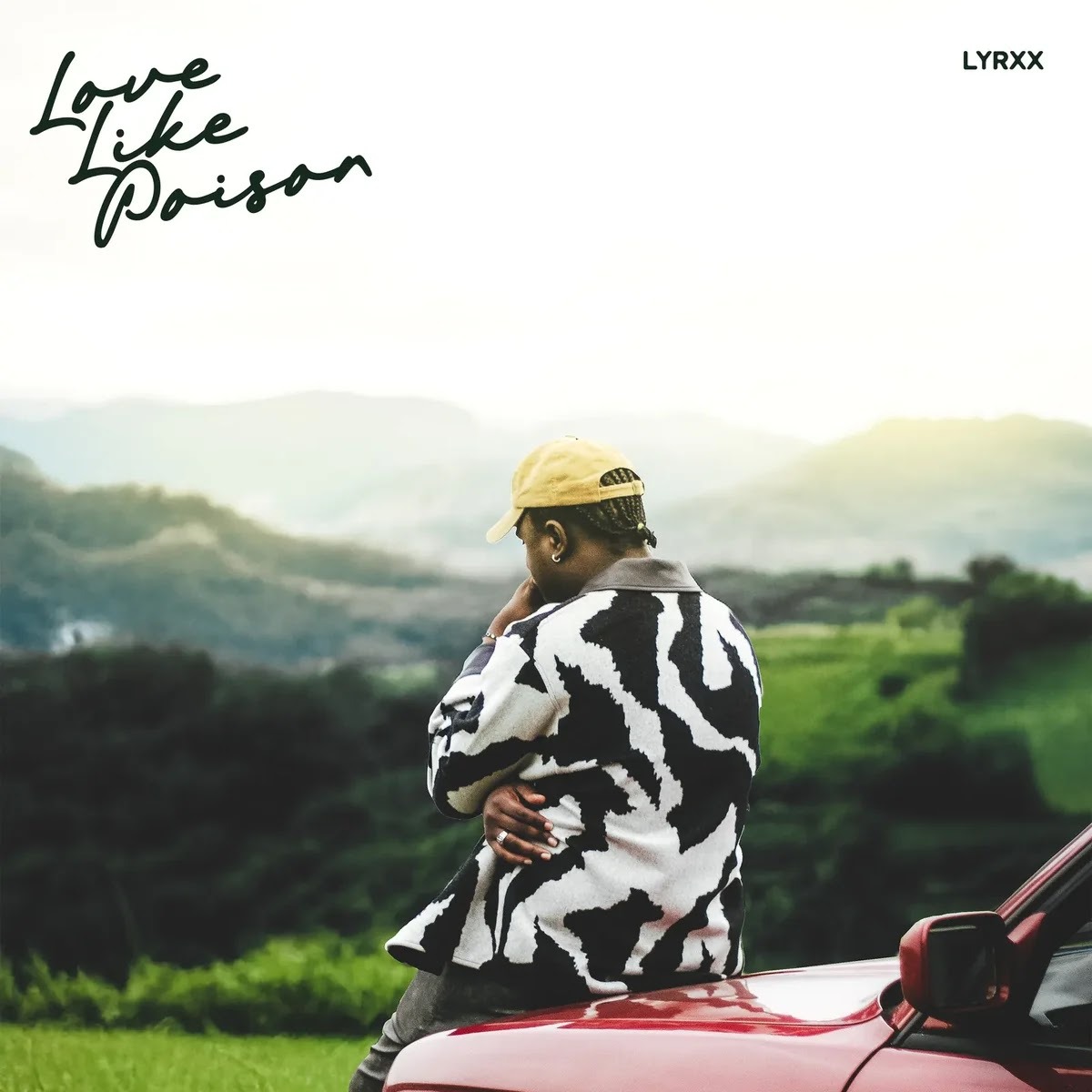
Love Like Poison By LYRXX
Slow and steady in his rise to stardom is none other than Nigerian singer-songwriter LYRXX with his sensational song ‘Love Like Poison.’ With a rhythm that makes you move your hips like in Samba and lyrics meant to make your heart melt to his soothing voice, this is the perfect start to your Valentine’s day. Just like most Afrobeats artists we’ve grown to adore, LYRXX sparked his entrance into the music scene through clever covers. You see, rather than singing the songs as they were meant to, he’d harmonize above the original vocals, making him stand out as not only a vocalist to watch for this 2026, but a talented one at best who can smoothen your heart to any song he touches.

Ifeoma By Ozedikus, CupidSZN, BoiGizmo
If you’re tired of listening to ‘Soweto,’ but need a song that evokes the same emotions, then ‘Ifeoma’ by Ozedikus, CupidSZN and BoiGizma is the right choice for you. Their pairing, and especially the vocalist on the first verse, it will have you close your eyes and hum along like nobody is around. It's simple in its structure and pleasing to the ears; however, maybe that is what you’re looking for, maybe this is what you’re into and ‘Soweto’ younger and newcomer brother is what you needed all along and we just confirmed it for you.
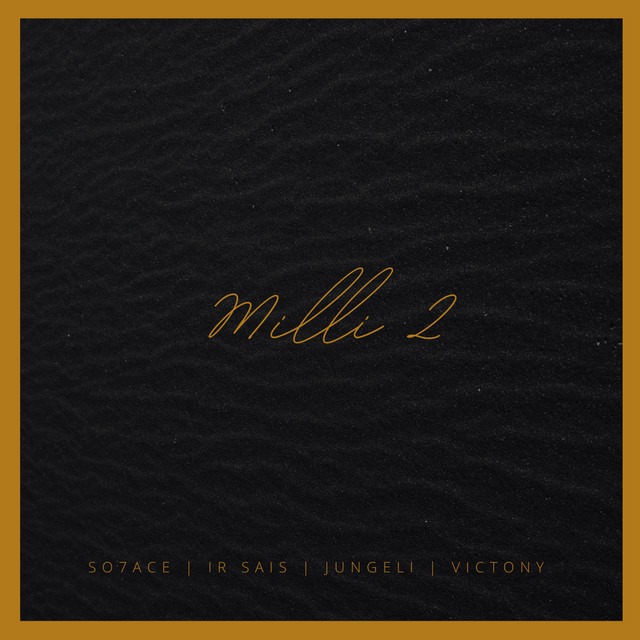
Milli II By Ir Sais & SO7ACE (feat. Jungeli & Victony)
It is safe to say that last December's releases went through a lot of people’s heads. First released in 2024, ‘Milli II’ comeback stands as strong and bold as ever. Not only is it the first time we catch Congolese-French Afropop singer Jungeli collaborating with a Nigerian singer, namely Victony. But also, it’s been a while since we heard of him, and how best to return to our playlists with a feature we didn’t know we needed yet? Just like fine wine, this song only gets better with time and it is a must have on our playlist this love season.
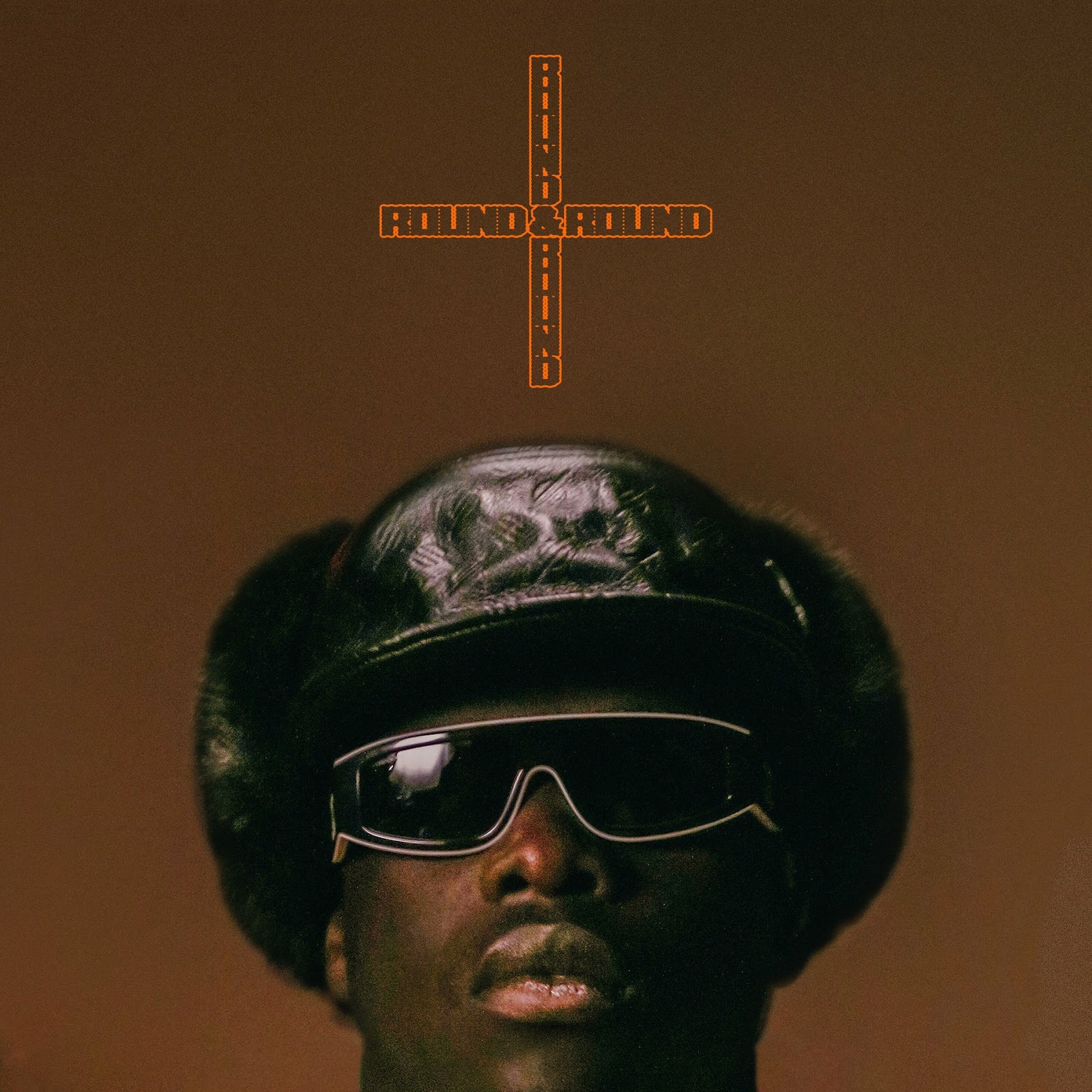
Round & Round By Pa Salieu
Every listen, every bar he spits, it’s like there’s something new to uncover about the Gambian-Conventry star Pa Salieu and his 2024 love single ‘Round & Round.’ A master in lyricism and African love, this song you should have been bumping to every Valentine since its release will have you reflecting on the layers within yourself you didn’t even know you possessed. It is hard to say whether the honesty felt in his delivery or the heartfelt lyrics is what really carries the song away; however, one thing is clear; this tune is for a love like no other.

Iweriwe Love By Chella
If the boy Chella isn’t talking about Nyuash this season, then he must surely be unveiling his romantic affection in ‘Iweriwe Love.’ It has come to my attention that both tracks, if they do not at least share the same instrumental parent, then we must have gotten deaf. It is as if Chella had a longer version with both included and decided to separate them, each with their own elements of content. Nevertheless, this track is here to stay in our playlist– and so does Chella.
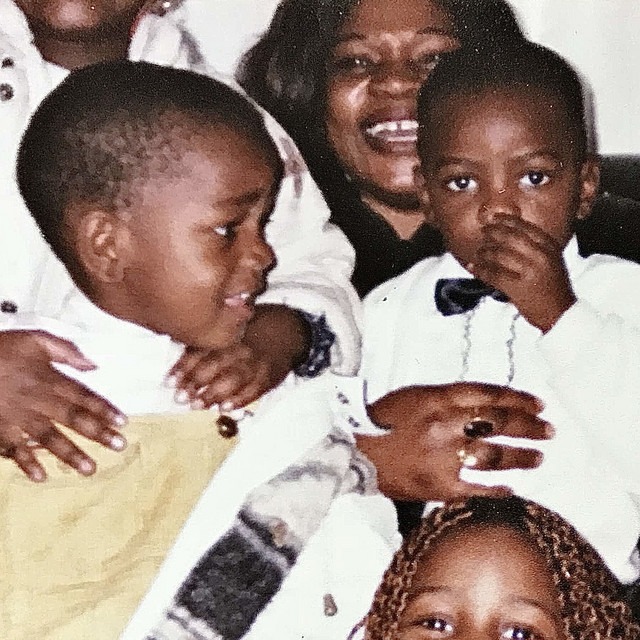
Forévà By Tayc
If it is not the prince of French Afropop Tayc, most famously known for singing about love in its most vulnerable state, then what else will make you believe love is real? ‘Forévà’ is not your typical one of many romantic loves we see so often these days, au contraire, it is unconditional. If this is the vibe you’re on this Valentine day, then you may as well let this song play in the background as you get on one knee and propose to the love of your life. Let’s just say, Tayc did not disappoint, this song will literally be played forever…
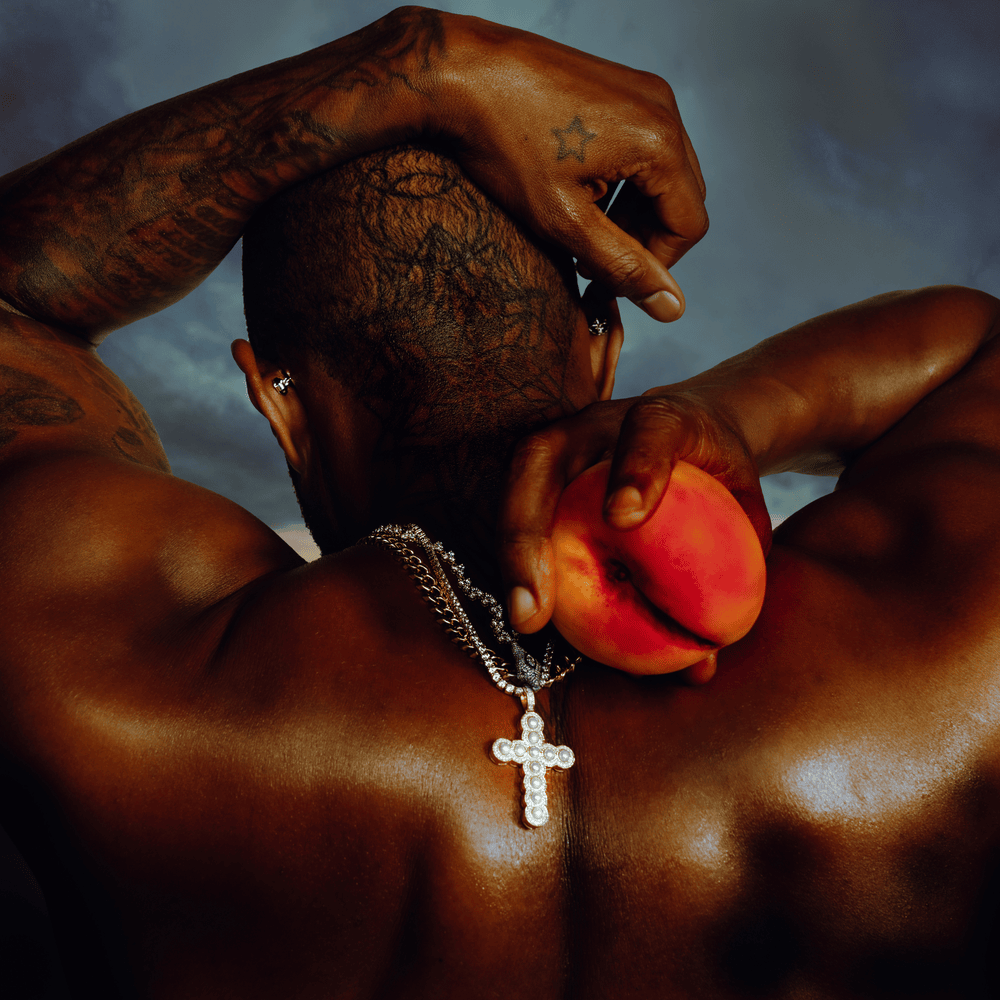
Ruin By Usher & Pheelz
After a rainbow always comes the rain, and we did not forget about you if you're heartbroken this season. Like we said, this playlist is for everybody. That’s right, because even in the most beautiful time of the year, there’s always that one guy ready to bring out the sad violin and remind us all that heartbreak is just around the corner. Truly, ‘Ruin’ by Usher & Pheelz is a sweet reminder of the power that love possesses. And just like that reminder, your Valentine is felt with reflection, pondering, maybe regrets and a little bit of shoulder movements.
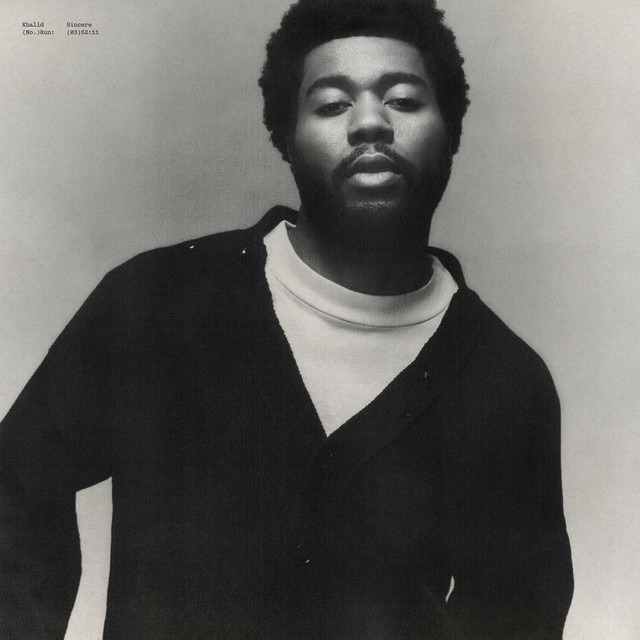
Please Don’t Fall in Love with me By Khalid
If the previous is the softer version of what you’re feeling and you need something stronger, then ‘Please Don’t Fall in Love’ by Khalid is just up your alley. Why give yourself a hug when you could be crying your eyes out, both hands on your knees and singing along to lyrics that cut deep, right? This is when the phrase; “May this love never find me” begins to sound like a prayer you must tell yourself every time you’re done listening to this song.

Melodrama By Theodora & Disiz
And then, maybe feeling is not what you’re looking for and you prefer to feel nothing at all. This is exactly how ‘Melodrama’ by Theodora & Disiz can be interpreted as you’re dancing around your living room aimlessly in your pajamas, wanting to forget Valentine’s day ever existed in the first place. This season would also not have felt special without you and this don’t-know-how-to-feel-about-this hit of a song is the perfect chaotic balance we didn’t forget to include on our been there list.

Soar By Aqyila
Last but not least, if you’re ready for healing this love season, then this may be the right song for you. ‘Soar’ by Aqyila sounds like a ballad of rediscovery as you let go of the past and let yourself transcend to a new dimension. Whatever left you broken, whatever had you confused, this song is the perfect way to spend your Valentine in a state of mine to heal through music.
So, what have we learned this love season? Whether emerging or established, let’s not sleep on those bangers ever again. Love may come and go, but Valentine’s Day is here to stay. Whatever ways you choose to spend this special time, may this playlist make you feel understood, seen and appreciated.
The year 2025 marked a definitive turning point for electronic dance music (EDM) and house music in Nigeria. No longer a niche subculture confined to the fringes of Lagos nightlife, the scene exploded into a vivacious industry, recording a staggering 403% growth in engagement and consumption. This electronic renaissance was fueled by a unique blend of indigenous sonic experimentation, the influx of global heavyweights, and, importantly, a dedicated ecosystem of collectives that prioritised community over commercialism.
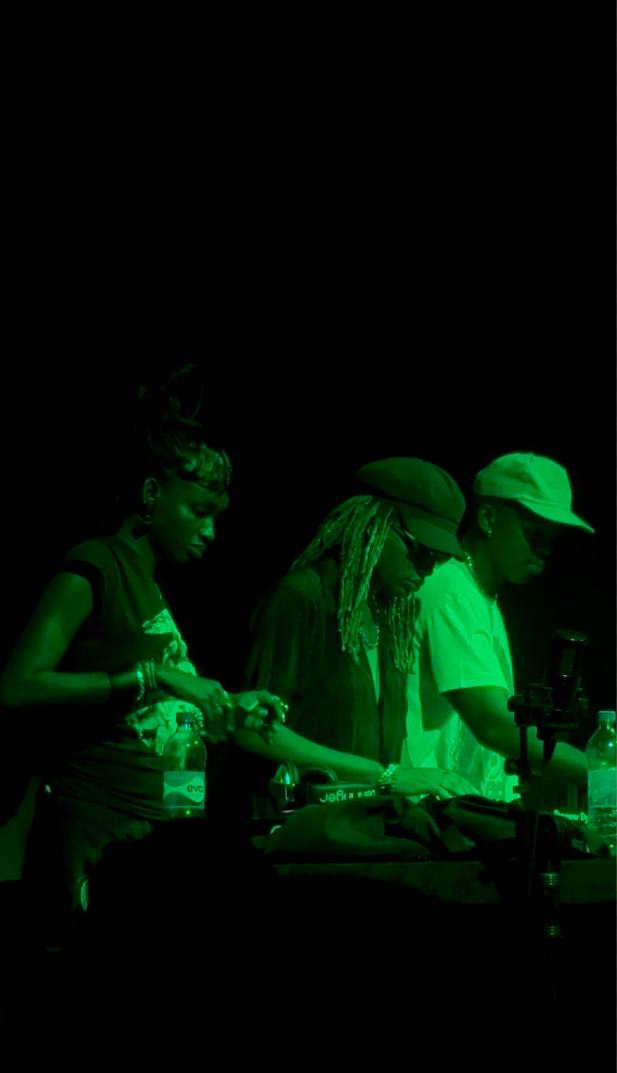
In 2025, the Nigerian house scene was defined by collectives. These groups acted as curators, safe spaces, and tastemakers, each carving out a distinct identity.
The rise of Group Therapy (GT) is one of the most significant case studies in the professionalisation and global scaling of the Nigerian electronic scene, or even any scene at all. Group Therapy started in 2023, and by 2025, it evolved from a series of niche underground gatherings into a cultural bridge for major global entries, including Boiler Room and Keep Hush. Under Aniko’s leadership, Group Therapy hosted the most impressive range of raves in 2025, from the impromptu “SMWR” editions in multi-storey car parks in Lagos Island to “KlubAniko” at the sophisticated Royal Box Centre in Victoria Island, and managed to maintain top quality across board. Group Therapy’s lineup for every 2025 edition paved the way for a more diverse roster of DJs – including many women, nonbinary, and intersex artists – to play prominent roles in the 2025 rave cycle. However, the collective's most significant achievement was the successful attraction of a record number of renowned international DJs to its Lagos-based editions.
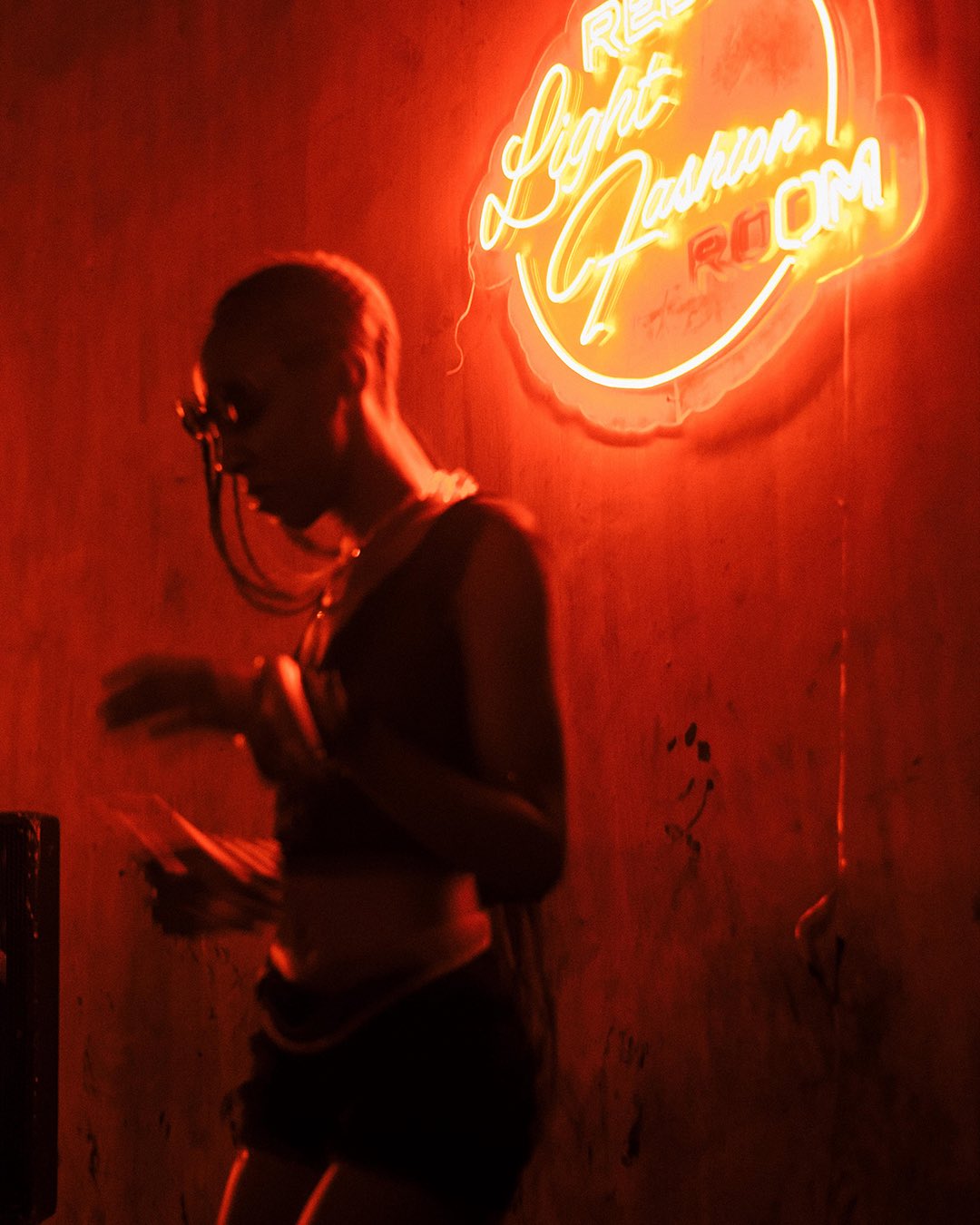
As one of the longest-running house music residencies in Lagos, Element House (under the Spektrum banner, run by Ron and DelNoi) provided the necessary stability for the scene. Their monthly editions remained the "gold standard" for consistency. The 2025 rave calendar kicked off with a visually stunning Element House edition, courtesy of artist Bidemi Tata. This event marked the beginning of a sustained partnership between the organisers and the University of Lagos-trained artist. Throughout the rest of the year, they continued to collaborate with Bidemi Tata to refine their visual narrative, transforming each subsequent event into a sophisticated, high-concept, and fully immersive experience. In 2025, Element House achieved two significant milestones. Firstly, it solidified its position as the scene's "reliable giant," providing a predictable, safe, and carefully curated environment through its monthly residency. Secondly, Element House successfully cornered the economic power of the scene. By catering to a demographic of ravers who prioritised comfort over the raw atmosphere of a warehouse, they legitimised house music to corporate Nigeria. It is fair to claim that this appeal helped secure sponsorships that were out of reach for more underground rave events. The Element House lineup for every episode was also impressive, with them closing the year with a 2-hour Francis Mercier set.
Monochroma Live started in 2024, and by 2025, they were already full throttle. The collective, spearheaded by Blak Dave and Proton and structurally backed by KVLT, approached nightlife with a simple philosophy: intentional, structured, and visually minimalist. This mindset was expressed through their signature monochrome aesthetic. Monochroma utilised the rhythmic familiarity of 3-Step to seamlessly convert normies into house enthusiasts, proving that the underground can grow without having to be clandestine, and without having to be diluted. This philosophy, coupled with the sonic direction of the Monochroma’s leaders, defined their 2025 programming and resulted in a year of cross-cultural convergence. 2025 on the Monochroma Live calendar culminated in the massive Dance Eko collaboration featuring Mörda, Blak Dave, JNR SA, Aniko, SoundsOfAce, and Earthsurfing, a finale that perfectly encapsulated Monochroma’s spirit.
In 2025, Sweat It Out solidified its standing as the raw, beating heart of the Nigerian underground, distinguishing itself by maintaining the gritty, industrial ethos of global rave culture. Under the sonic stewardship of resident headliner Sons of Ubuntu, the collective has kept the flame alive, curating sets that traverse the darker, more hypnotic corridors of Techno, Minimal Tech, and Acid House. The brand’s 2025 run reinforced its status as the scene's most vital safe space. Acknowledging the inherently queer roots of electronic dance music, Sweat It Out provided a rare, judgment-free sanctuary where gender expression and identity were not just tolerated but celebrated as essential to the technicolour vibrancy of the night. This commitment to inclusivity created a loyal following that prioritized the vibe over social hierarchy and/or buy-in. The year reached its apotheosis with "Sweat Therapy," a strategic year-end collaboration with Group Therapy. By closing 2025 with this unified front, Sweat It Out demonstrated that the underground remains undefeated, proving that a commitment to raw sound and radical safety is the strongest currency in the Lagos EDM scene.
While the major collectives dominated the headlines, the depth of the 2025 scene was defined by a constellation of parties that decentralised the culture and catered to specific communities. Leading this charge was Mainland House, which single-handedly dismantled the "Island-only" gatekeeping of Lagos nightlife. By planting the flag in different halls and production studios across the state, it offered a grittier, unpretentious alternative that tapped into the massive, underserved youth population of the Mainland, proving that the genre’s viability extended far beyond the elite coast. Simultaneously, Motion redefined the capital’s nightlife in Abuja. Far from being a shadow of Lagos, Motion carved out a distinct electronic identity, utilizing intimate spaces in the city’s capital to host rave experiences that currently sponsor FOMO and/or anticipation. In a bold expansion of the map, Red Light Fashion Room emerged as the avant-garde jewel of Ibadan, anchoring itself in the ancient city. A concept brought to life by Artpool Studios, Red Light Fashion Room created a unique hybrid that encouraged artistic expression via intentional grungy locations and the most original house rhythms, effectively modernizing the nightlife of the South-West beyond Lagos.

On the thematic front, the scene offered beautifully specific niches that prioritized "vibe" over sheer scale. Ilé Ijó (The House of Dance) stayed true to its name, stripping away the pretension of "cool" to focus purely on the kinetics of the dancefloor; it became the safe haven for those who wanted the soulful, spiritual connection of house music. Sunday Service enjoyed a highly successful year, with several editions becoming so popular they had to be shut down due to overcrowding. The event continued with its characteristic evening-to-midnight timing, with only a few unavoidable exceptions. Its relaxed, "sundowner" atmosphere proved vital, offering an accessible alternative for casual listeners who found the intense 3 AM warehouse scene intimidating. House Arrest, curated by the Naija House Mafia, had a year marked by a series of high-concept themed editions that demanded total commitment — not just from the crowd, but from the selectors themselves. Seeing the DJs spin while fully costumed on theme dissolved the barrier between the booth and the dancefloor, turning every edition into a cohesive, immersive performance rather than just a party. The Group Collective carved out a unique niche with their destination rave model, mastering the art of beachside escapism. Their editions, typically hosted at Tarkwa Bay, transform the rave into a 24-hour, overnight camping experience that demands total immersion. Their rapid ascent was cemented by the recent V4 edition, which saw them bringing in South African heavy-hitter Jashmir, signaling that this intimate, sand-and-sound community has graduated from a localized campout into a serious player.

In 2025, the "silo" mentality died. The most memorable events or editions were those where two or more heavyweights merged rosters and aesthetics.
Group Therapy x Boiler Room was the definitive event of the year. It validated the Lagos scene on a global level. It happened on the 26th of April with a lineup that featured a mix of established veterans from Lagos and abroad, including AMÉMÉ, Aniko, IMJ, and a Weareallchemicals b2b with Yosa. WurlD delivered a surprise performance, joining AMÉMÉ on stage during their set, adding to the already impressive lineup.
Green Light Fashion Room took the scene by surprise. Group Therapy teamed up with Red Light Fashion Room, a blooming EDM outfit operating out of Ibadan, to throw this memorable one. Many people remember it as one of the best EDM nights to ever happen in Ibadan yet. The lineup was nothing short of impressive either – starring Abiodun, Aniko, QueDJ, An.D, and Weareallchemicals – making the event nothing short of a masterclass in logistics.
Spotify Greasy Tunes served as the year's intersection of big-tech backing and underground culture, marking a sophisticated pivot for the scene. Partnering with the culinary hotspot Fired & Iced, this launch event kicked off a month-long residency that seamlessly blurred the lines between a culinary pop-up, a highly informative formal yap session, and a high-energy rave. Curated by Group Therapy, the opening night offered an experience that was anchored by South African 3-Step pioneer Thakzin, whose second stint in NIgeria was supported by a stellar roster including Aniko, WeAreAllChemicals, RVTDJ, and FaeM, setting a high bar for the fusion of food, culture, and electronic music.
Dance Eko distinguished itself as a massive, open-air festival that dedicated distinct days to Amapiano and House music. The House edition, executed in strategic collaboration with Monochroma, transformed the venue into a high-octane, open-air rave. The lineup was a formidable bridge between nations, featuring South African icons Mörda, Jnr SA, and the reunited Distruction Boyz (Goldmax & Que DJ). Locally, the decks were commanded by Blak Dave, Proton, Aniko, Abiodun, and Naija House Mafia.
Sweat Therapy was a masterclass in energy management. These movements combined the curated, deep selections of Group Therapy with the high-octane rave delivery of Sweat It Out. The result was a marathon-style party that happened on two floors of the multi-storey car park at the Odeya Centre, with each floor having its own sound – the type of rave you see only in a John Wick movie.

The Global Influx: International Players in the 234
The 2025 electronic calendar began with an intensity that signaled a new era for Lagos as a global rave destination. The influx started early in February when 3-Step pioneer Thakzin headlined a rainy edition of Monochroma. His performance was a defining moment that introduced hours of unreleased material and effectively cemented the 3-Step sound as one of the year's dominant rhythms. This momentum carried into April with a well curated event produced by M.E. Entertainment at the Royal Box Event Centre. Keinemusik’s Rampa brought the Cloud sound to Nigeria in a massive production that featured support from Aniko and Blak Dave. The night bridged the gap between underground electronic music and mainstream pop culture with surprise stage appearances by Burna Boy and Olamide. By May, the energy shifted towards Gqom as heavyweight Dlala Thukzin made his Lagos debut at the Livespot Entertainment Centre. It was the eighth edition and it is still quite fresh in the hearts of afrohouse lovers. His Group Therapy set is the most-watched house music set recorded in Nigeria and hosted on YouTube.
As the year progressed into the second half, promoters executed a strategic rollout of international talent that expanded the scene's geographic footprint. September saw a split of the legendary Gqom duo Distruction Boyz before their eventual reunion. Que DJ headlined the Group Therapy Ibadan edition on September 5, and just a week later on September 12, his partner Goldmax took over the Monochroma decks in Lagos. Thakzin returned for his second visit of the year on October 1 to headline the Spotify Greasy Tunes opening party. This specific appearance focused less on the rave aesthetic and more on a lifestyle approach that bridged dining culture with house and kicked off a month of talks, performances, and dinners at the same venue.
The final quarter of the year became a relentless parade of global superstars during the "Detty December" festivities. The surge began on November 7 when Gqom technician Funky QLA headlined the tenth edition of Group Therapy at Livespot and continued the collective's dominance in importing high-energy South African sounds. Deep House royalty Francis Mercier arrived on December 18 to headline Element House and brought his melodic house sound to the city. Desiree touched down shortly after for a highly anticipated set that showcased her eclectic Afro techno fusion. The year reached a nostalgic peak when Que DJ and Goldmax finally united on stage as Distruction Boyz at the Dance Eko festival in late December. They delivered a futuristic Gqom set that stood out as a major highlight. The year closed on an intimate note as Dlala Thukzin returned to headline Klub Aniko.
Beyond the headline shows, several other key figures deepened the scene's texture through niche and endurance events. Jashmir headlined The Group Collective’s V4 beachside camping rave at Tarkwa Bay and tested the endurance of the 24-hour party crowd. Dankie Boi became a recurring fixture who played pivotal sets for both the Group Therapy Abuja expansion and Monochroma in Lagos. Meanwhile, Skeedoh, Abiodun, and Ogor ensured that Ilé Ijó continued to educate the scene on the fringes of African electronic music by maintaining a robust relationship with the East African underground. Ile Ijo championed the fast-paced Tanzanian Singeli sound pioneered by acts like Jay Mitta and ensured the Nigerian scene remained connected to the continent's rawest and most traditional electronic roots.

The Ecosystem: Platforms and Partners
The sustainability of the 2025 boom was underpinned by a rapidly professionalizing support system that ensured the culture was not just experienced, but structurally sound and amplified. Central to this operational evolution was Our House. Far more than just a promotional platform, Our House functioned as the scene’s logistical backbone. Under the stewardship of key figure Becky Ochulo, the agency provided the essential human resources, operational strategy, and on-ground management that allowed complex rave productions to run smoothly. Furthermore, they professionalized the talent pipeline, offering booking and management services that finally gave Nigerian electronic artists the representation needed to negotiate with global stakeholders.
On the media front, platforms like Nocturne Music and Oroko Radio acted as the scene’s digital nervous system. Oroko Radio, in particular, served as the definitive archive, broadcasting underground sets to a global audience and ensuring that the energy of a Lagos warehouse was felt by everyone who could tune in. Visually, the aesthetic of the "Nigerian Raver" was codified by documentarians like Catch The Gigs, Exponential Vibes, and Genuine Ravers. These platforms provided the scene’s visual dialect, capturing the fashion, the sweat, and the darkness in ways that made the culture instantly recognisable on social media feeds worldwide. Deeds Mag established itself as an indispensable lifestyle collaborator, effectively linking digital media presence with tangible cultural output. Beyond offering comprehensive media coverage for major events, such as the widely successful Nitefreak show, they became crucial in shaping the visual culture of the scene's growth. Their partnership extended to serving as the aesthetic designers, including the creation and production of exclusive merchandise for the GT on Tour series, guaranteeing that Group Therapy's visual identity remained high-end and consistent as the rave expanded to cities outside Lagos.
This heightened structural integrity inevitably attracted capital. Giants like Smirnoff and Coca-Cola became ubiquitous, providing support required to scale these events. However, the soul of the ecosystem remained with QuackTails. Unlike the multinational giants, QuackTails has been there for quite some time – almost as early as the very beginning – providing a sense of authenticity and familial support, proving that the scene still valued community partnership over mere commercial sponsorship.
Looking forward, 2025 marks the maturity of Nigerian electronic music into a self-sustaining industry with a distinct global footprint. The spread of the sound is being driven by the diaspora and digital platforms, successfully integrating Nigeria into the global electronic tour circuit. The economic implications are profound, creating thousands of new jobs in event production, sound engineering, and creative direction. Perhaps most importantly, it has granted producers a new form of creative freedom; they are now empowered to engineer anthems for the dancefloor, designed for physical release rather than airplay, proving that the genre has found its own independent commercial lane.
Yet, this renaissance is being built on fragile ground, and the challenges facing the scene are as potent as the music itself. The infrastructure gap remains the most glaring hurdle, with a desperate need for dedicated, sound-treated locations to replace the makeshift venues currently in use. This lack of infrastructure complicates safety; as raves push deep into the early morning hours, protecting attendees during transit and navigating the complexities of local policing remains a source of constant anxiety for organizers. Furthermore, the economics of the scene are still precarious. Despite the corporate logos, Nigerian EDM is still in its infancy, meaning that much of the current activity is a financial labor of love driven by passion rather than profit. Finally, the scene faces a significant cultural friction: the struggle for acceptance in a conservative society. Given the genre’s inherent roots in queer culture, there is an ongoing tension regarding perception and safety, forcing the community to navigate the delicate balance between radical inclusion inside the rave and the conservative realities outside its walls.
In 2025, Nigerian house music found its voice. It was a rhythmic conversation between the pulse of Lagos and the sweat of its wide-eyed, vivacious youth. We are witnessing a scene growing in leaps and bounds, a reality validated not just when our institutions plant their flags on foreign soil — manifested this year in the successful exports of Group Therapy Accra and Group Therapy London — but in the undeniable global demand for our talent. The sound is now a veritable currency, evidenced by Blak Dave securing bookings around the world and Aniko’s monumental inclusion on the ADE lineup. At the same time, she and WeAreAllChemicals have become staples on major festival stages across Africa. We owe this current expansion to years of grassroots effort. For example, Dayo’s work with The Group Collective’s V4 effectively redefined the nexus of lifestyle, local camping, and EDM. At the same time, Lazio has solidified his reputation as the premier sound engineer for the electronic community and, effectively, the silent partner behind every major sonic activation. The movement has become truly boundless, stretching far beyond Lagos to unlikely frontiers like Calabar, where Kuffy Eyo’s Nocturna is pioneering a new consciousness in Nigeria’s geopolitical South-South. Through the support of these symbiotic microcosms, the Nigerian rave has graduated from a local secret to a viable cultural product. 2025 rolled into 2026 as the Sunday Service crowd crossed over at Lighthouse Bar and Grill, and one thing was clear: everyone is eager to see what 2026 holds for tinko-tinko music.
When Odeal arrives on set, it is a cold day in November in London. Despite the overcast weather, there is an energy throughout the day that brings excitement in the air. As someone who has had a fairly active year, he has a calmness that makes the 6-hour day run smoothly and painlessly. With various movements underway and people doing what needs to be done, he maintains an aura of readiness to do whatever is required. As we move through the day, he keeps the energy and vibe up until we wrap up for the dark evenings of a November night, showing his gratitude and appreciation for everyone on the team. Our conversation, which takes place a few weeks after the shoot, only echoes that vibe as we speak over Zoom. Having previously interviewed him around the release of his 2023 EP Thoughts I Never Said, this Odeal is on the move now, currently in Dubai. Yet as the conversations unfold, the essence of the artist I spoke to two years ago remains the same, even though he is in a different place in his life.
With all the changes since our first meeting, there is a lot to unpack. As he has grown personally and artistically, his confidence and elevation have come through across the board. He still maintains the same level of vulnerability, which has always come through in his music. Yet from the time between Thoughts I Never Said, Sunday’s At Zuri, Lustropolis and the two projects he released in the past year it feels like he has continuously grown deeper within himself and his vulnerabilities he continues to display in a way that has brought him to his current place where I once again meet him on his journey.
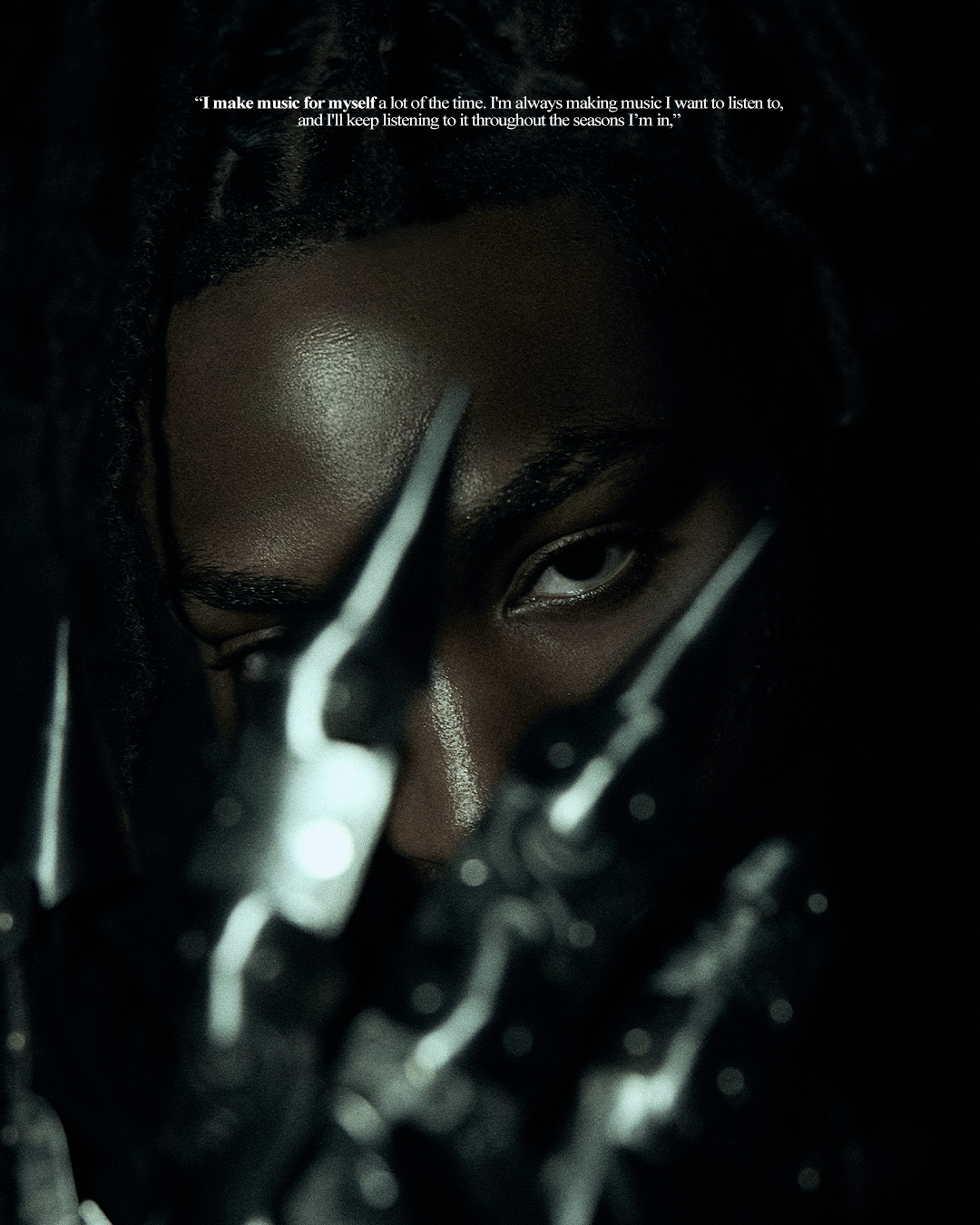
Since his debut in 2017, his musical style has evolved, cementing him as one of the freshest voices in the music landscape. With all that he has achieved throughout the course of his career so far, Odeal is an artist who is at the centre of the current R&B landscape a the moment. The likes of Lustropolois and his most recent works, The Summer That Saved Me and The Fall That Saved Us, have showcased the richness of his storytelling and his ability to do so through strong production, smooth melodies, and compelling lyrical content. It is his openness and vulnerabilities that have always come across so smoothly, really showcasing him as an artist who continues to put his own stamp on the genre.
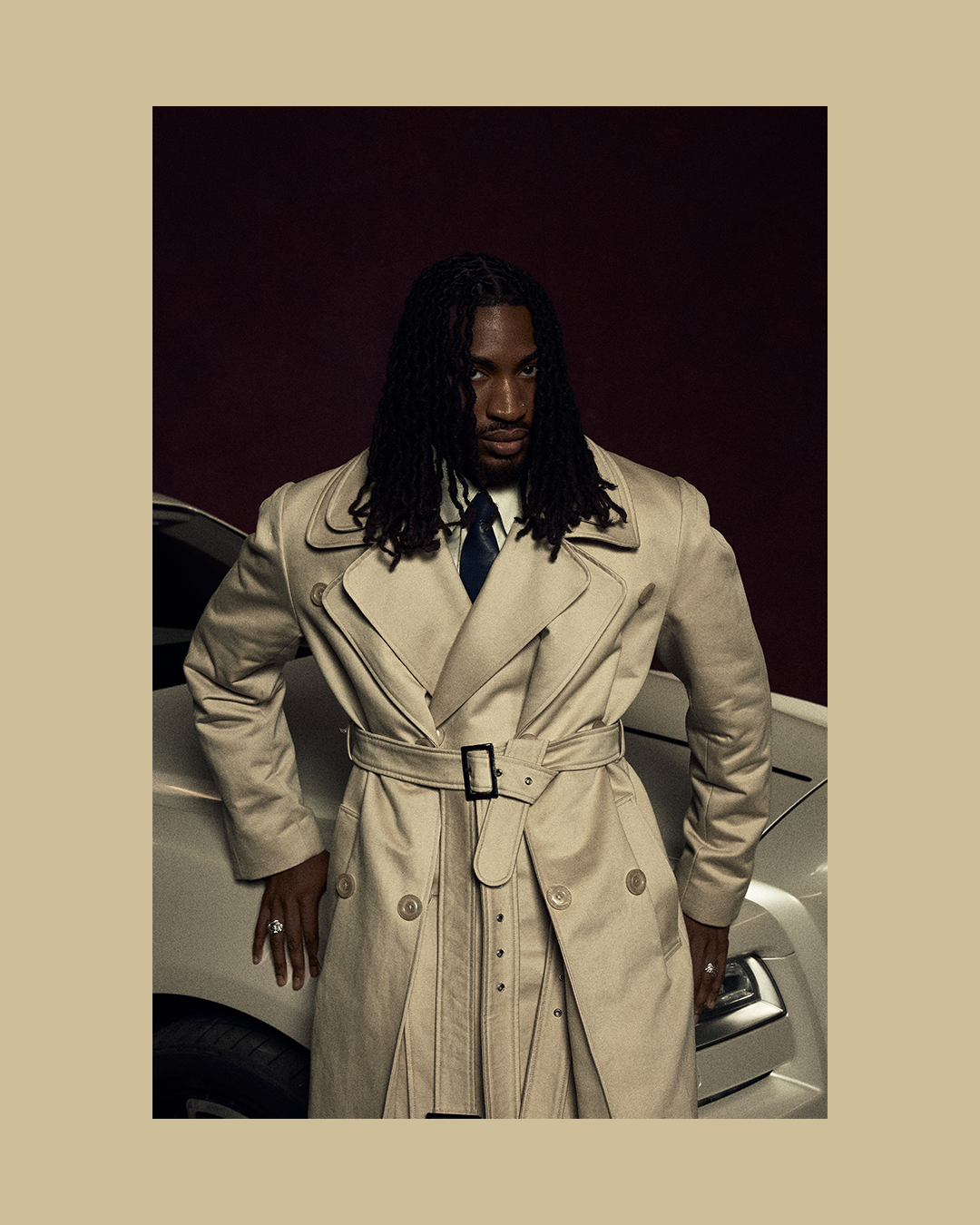
We caught Odeal as he wrapped up a busy year. Just before closing out the year in South Africa and Nigeria, he took the time to come through and deliver a shoot that reflects his position as a cultivator in the R&B landscape. His year began with two Mobo Awards wins and was filled with shows that took him around the world, a Tiny Desk debut, and the release of two EPs. There is no doubt that all these experiences have been the result of years in the making.“For many people, it feels like it happened quickly, but I've been doing this for a long time. There is so much I've got to learn, and I've got so much to give,” Odeal shares with me as we discuss his global breakthrough and what the last few years have felt like.
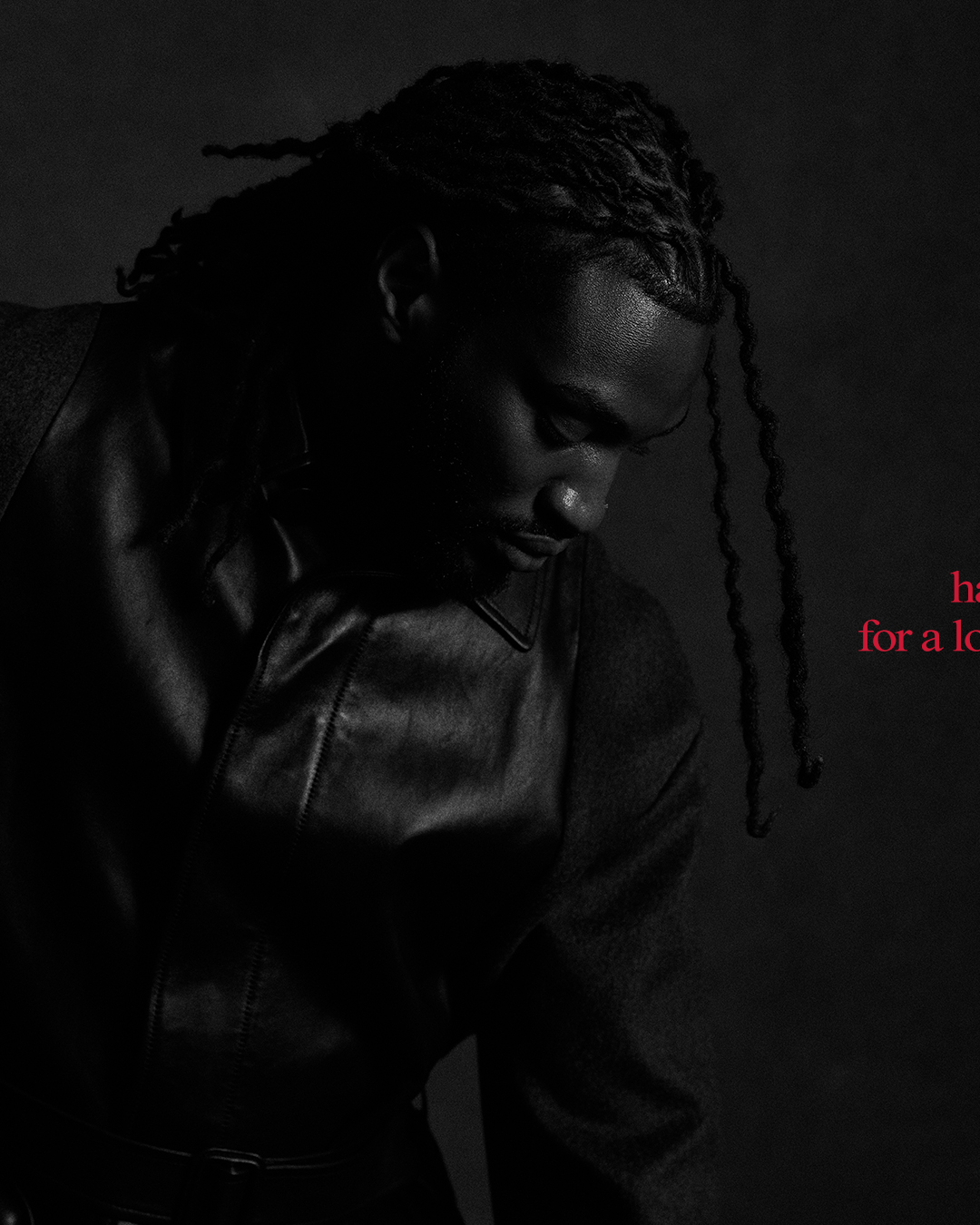
Whilst on set, The Fall That Saved Us plays as one of the soundtracks as we shoot the final setup of the day. “Reason”, which features LA singer and producer Elijah Fox, opens the album and introduces a sound that is already vastly different from his previous offering. The second of two EPs brings in a darker, moodier tone that runs throughout. “The Fall That Saved Us was more like summer's afterglow. What are the things that still linger in your mind? What are the things that have been left behind, that remain in the back of your head? That's really what it was for me once everything's done, once the party's over. How do you feel? That's really what I wanted to explore on this project.” He shares his thoughts on the tone of this EP compared with its summer counterpart, released earlier this year. Whilst it feels like we have left the emotions of summer, this particular body of work echoes 2024’s Lustropolis in tone and feels like a distant echo of that body of work. In the Lustropolis state of mind, we have all been too familiar with The Fall That Saved Us; it feels like something from that world.
In comparison, The Summer That Saved Me departs from that mindset. Starting with “Miami”, which brings one into a completely different reality, readies an alternative reality. This was something Odeal felt necessary following the tone set from Lustropolis “The Summer That Saved Me was a project that I wanted for the summer, for people to leave that Lustropolis place and just celebrate, enjoy themselves, be selfish. That was the soundscape for me, that's what created that.”
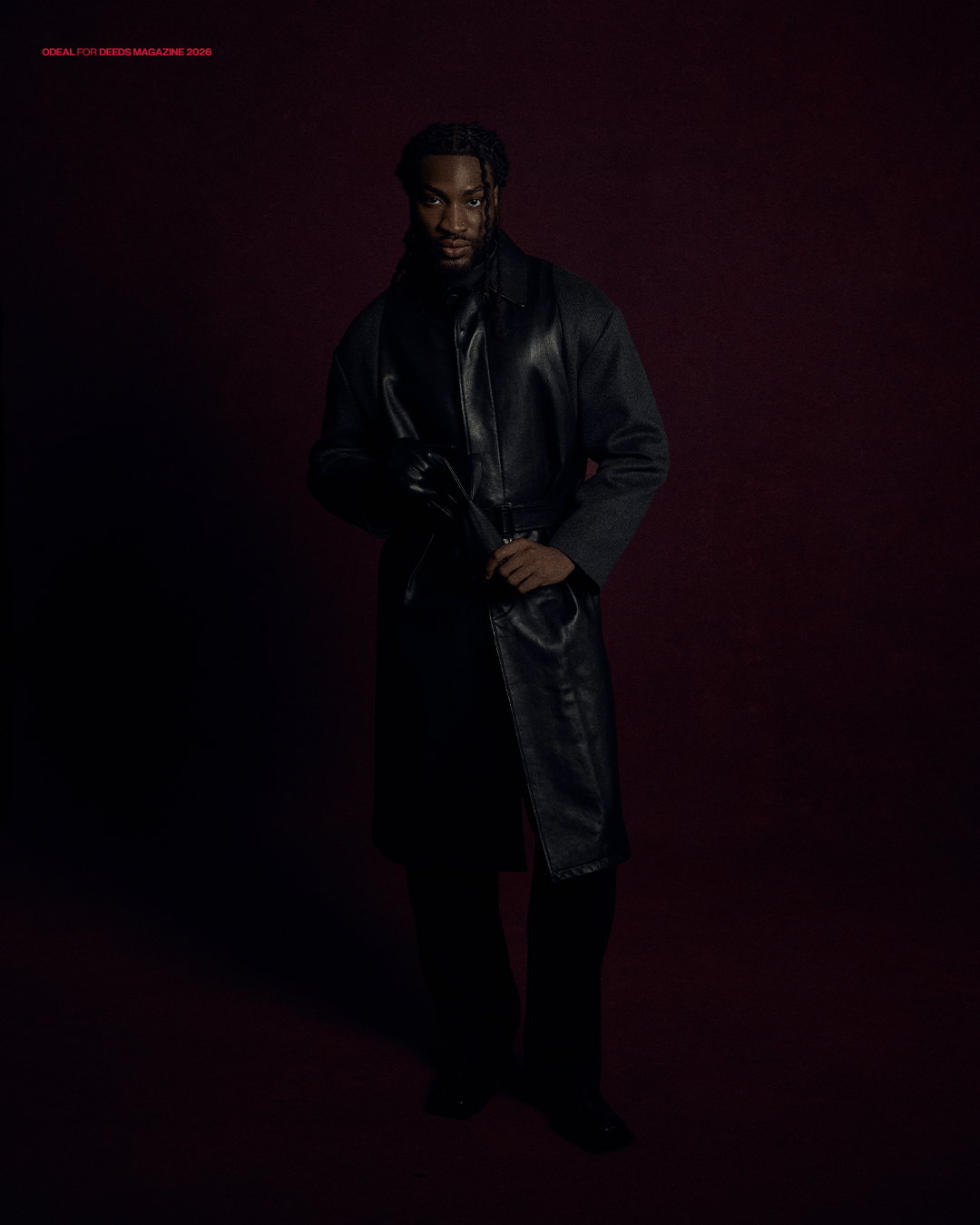
The two projects perfectly show the extent of his creativity, yet they tie together to explore the range of emotions and experiences he brings to his music. “I make music for myself a lot of the time. I'm always making music I want to listen to, and I'll keep listening to it throughout the seasons I’m in,” he says about the process that informs his ability to create music that feels so relatable and goes deeper than just good melodies and rhythms. “Some songs resonate on some days; some don't on others. As I live my life, different feelings pass; some do not pertain to my current situation. And other songs become the soundtrack to my day.” His creative process has always been informed by whatever situation he find himself in and this is something he has continuously been able to pour into his music whatever the topic, whatever the feeling created a body of work that is rooted in a deep truth and authenticity that can lacking in the musical landscape of today and is just one thing that has been able to set him apart as an artist.
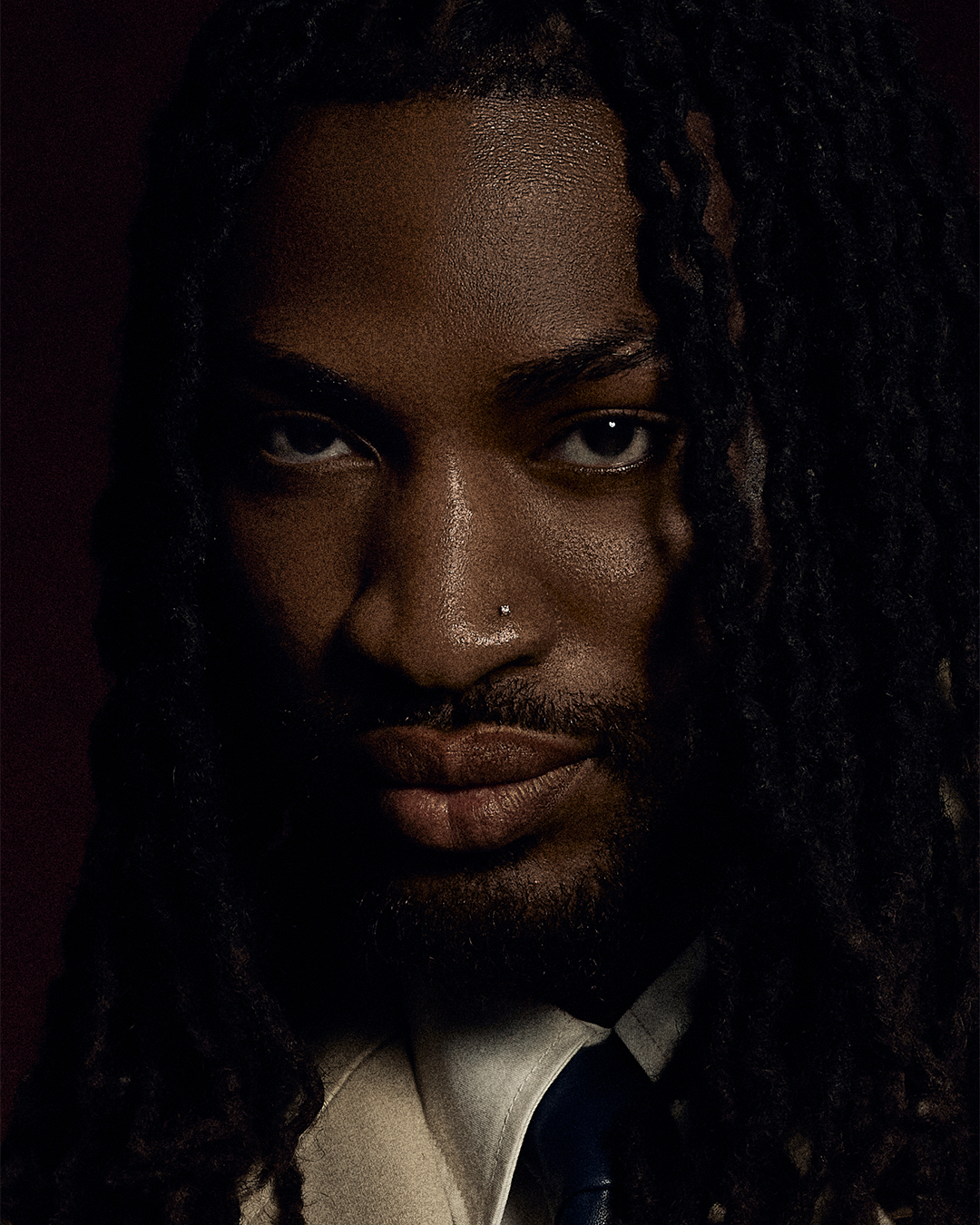
Odeal’s creativity has always extended beyond musical releases. As a cultivator, he has built more than just a fanbase around his music; he has also created a strong community that is strong and has grown beyond artist and fan. The creation of OVMBR, which began as a celebration reminder after he faced an illness, has become a movement. As a collective of artists and creatives, it has hosted community-led events and parties over the years at various locations. It is a space that fosters a community of fans and creatives and celebrates individuality, resilience, and diverse experiences that strengthen the collective. The celebration and growth of his work have always been part of Odeals' creative vision and have developed alongside his artistic career. In its seventh year, its impact and significance have been evident throughout the year. “OVMBR was something that started as something I wanted to give to my fans. I was ill and wanted to see my fans. I wanted to see my fanbase in one place, listening to the music I liked, sharing the music they liked. I wanted to be a way of connecting,” he shares about its conception, which became another pillar that has been marked by the love and shared community that he has been able to foster throughout the years.
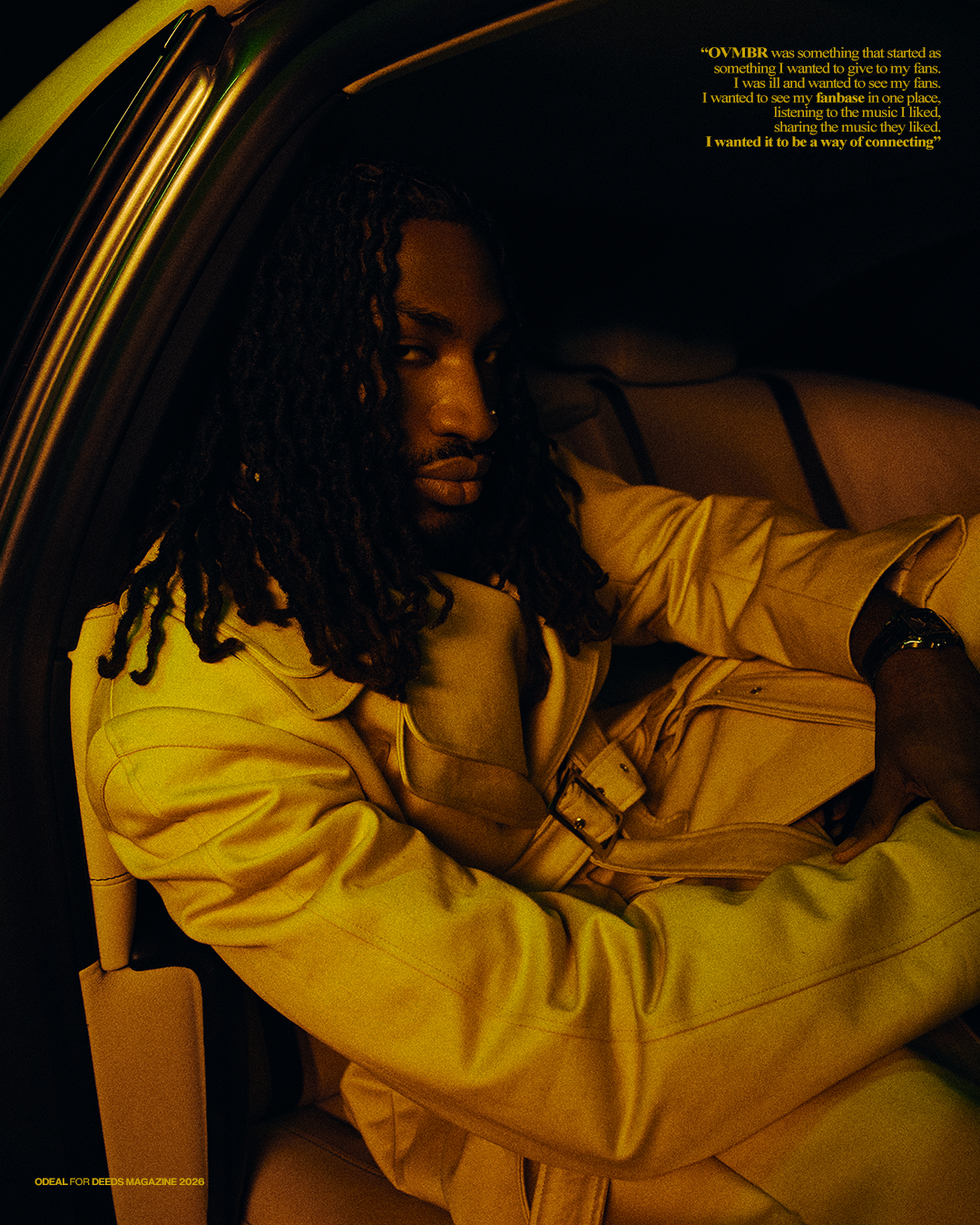
Travel has always been a big part of Odeal’s life, from the years he spent growing up between Germany, Spain, the UK, and Nigeria. It is no wonder that when you listen to music, you feel a sense of unity. Whilst a core of R&B infuses his melodies and lyrical tones, beyond that, soundscapes from various global destinations are also evident. This ability to infuse, blend, and bring together sounds from around the world while maintaining his signature storytelling has allowed Odeal to flourish.
Not only has it shaped his life and experiences, but it has also been a major part of his creative process and of how his music relates to people around the world.I am interested in how he continues to grow and develop his sound globally as he reaches new destinations and incorporates diverse sounds into his music. “The way life has opened doors to creatives around the world, allowing me to collaborate with them now, is a blessing. I can go to different places and find different vibes, inspiration, and access information on a personal level. It definitely fuels the creative.” He says that it is part of his process. However, on the other hand, when it comes to creating, he always has a fan base and people he can reach all over the world. “Having supporters in different places around the world makes the music more relatable. I know that whatever I make will resonate in a certain place.” He shares about what it feels like to go around the world and see how different people respond to his music. “If I make this song, it's going to resonate in this city or this place. I have people all around the world who are ready to listen. They're literally everywhere, and just knowing that you have a wide fan base means I can go anywhere and become like a citizen of the world,” which is something he has been able to experience firsthand in relation to his music career. As he prepares to embark on his upcoming tour, The Shows That Saved Us, which will take him across the UK and Europe before opening for Summer Walker on her Still Finally Over It Arena World tour.
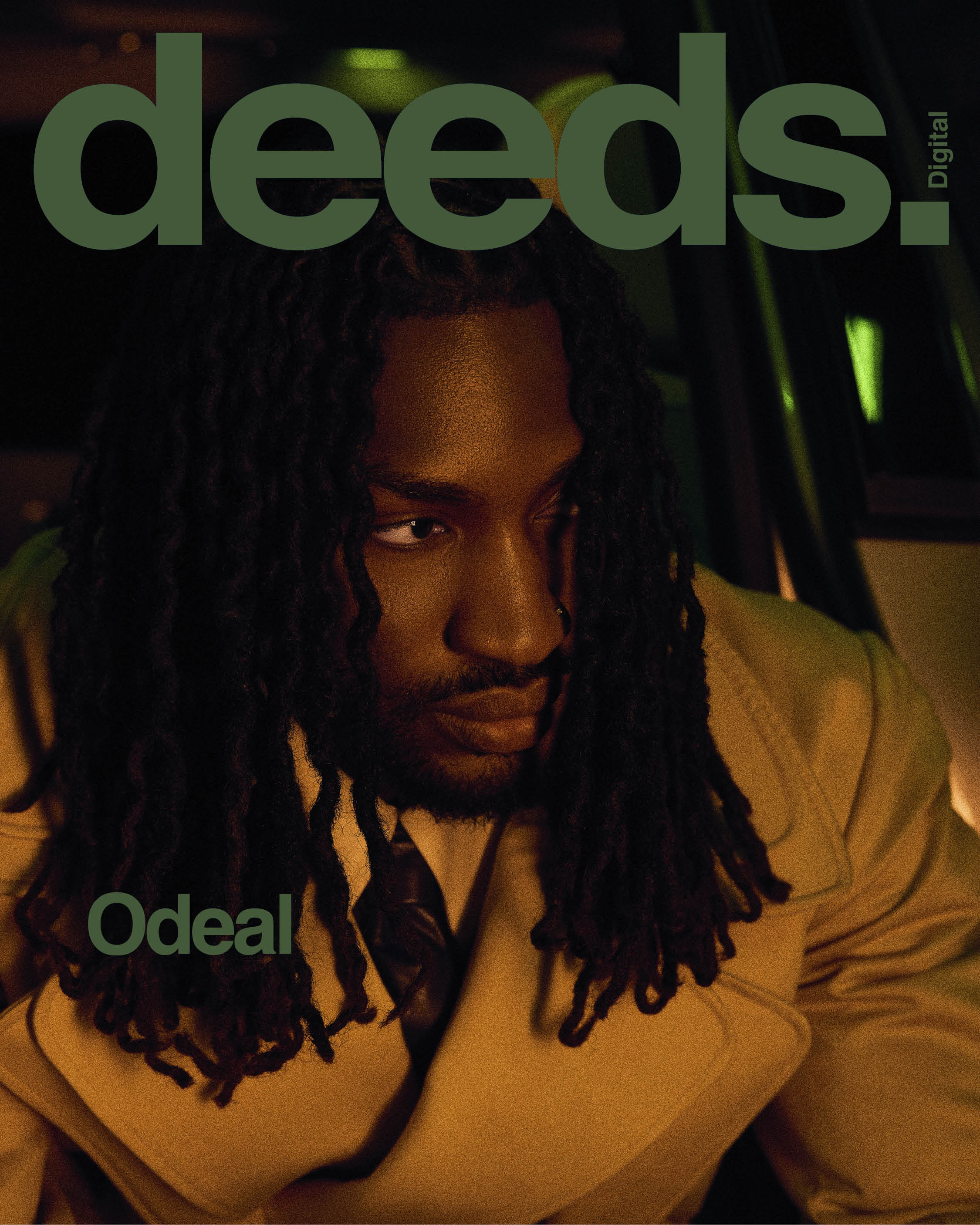
Odeal is no doubt in a special time in his career. With many miles to go and many avenues still to reach, there is a lot more to him to explore and delve into when it comes to the depth of his creativity. With the release of his Apartment Life set, we saw him tapping into a different part of himself as a DJ, which is something I must address, having heard his set not knowing it was him and which I 100% recommend. “In everything I do, I need to respect the people who came before me and those who are doing it very well. When it comes to DJing, I don't want to do it just because I’m an artist. I actually want to pay homage to the people who really do this properly,” he says of what fostered his interest in the format and how he has actually been building the skill within himself. When pressed about whether we will see more of this newfound skill and talent on display, there is definitely more on the horizon. “People will definitely be seeing more of that, infused with my production, not just playing other people's records or introducing other people to records, but also things like unreleased music I've produced. That's going to be some stuff I do.”
There is an excitement about everything that is on the horizon for Odeal, and now he really feels like his moment to take everything in and go with it. Beyond what we discussed, he has a limitless mindset about what he aspires to do and achieve in his career. Having reached him at this point in his career, we were able to capture a special moment. Seeing where he is now from the time of our last conversation, I wonder where I will next find him on his journey.
Our Favourite New Mashups So Far
If one were to best explain the surge of R&B music in recent years, this phenomena could be traced back to the current state of rap. Although the two genres were forged from different roots, historically speaking, these separate sonic worlds always intertwined. And as the once-dominant gangsta appeal that is prominent in rap is slowly dismantling and fading away, it leaves room for softer sounds and love anthems to flood down our headphones once again. It is all in the air wherever you look at; love season has finally returned and this is our favourite picks that have dropped this year so far.
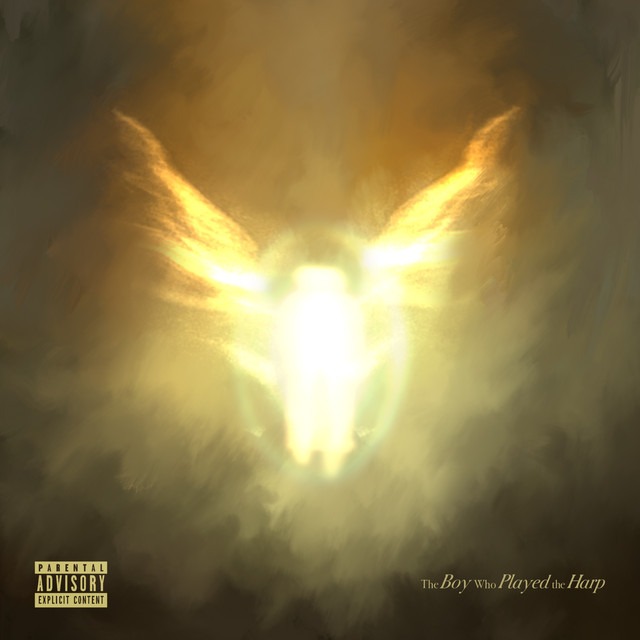
Raindance - Dave & Tems
Is it just us or is it getting hot in here? Perhaps the duo that instantly drew us in this year is none other than Nigerian sweetheart Tems and London rapper Dave, whose No.1 chart-topping track ‘Raindance’ has a special replay button on our playlists. While the collaboration was first unveiled in November along with Dave’s latest album, it was the Lagos-shot music video released in January that really won us over and sealed the deal. It’s a dance anthem, it’s a love anthem, it is everything in between–open to interpretation by music listeners and wandering ears alike. Everyone on the internet is dancing to this song, and it seems like rumours swirling around the pair have us believing in love again.
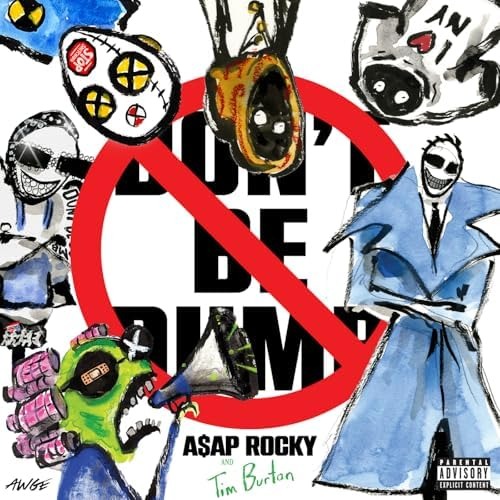
STAY HERE 4 LIFE - A$AP Rocky Feat. Brent Faiyaz
We can all agree that almost 10 years of absence by Harlem’s finest A$AP Rocky was worth every second of the wait. And perhaps he might have accidentally ignited a comeback from R&B singer Brent Faiyaz as well, serving us everything our hearts could desire on a silver platter with ‘STAY HERE 4 LIFE.’ Now we can see why Rocky, aside from father duties, took his sweet time; he was aiming for a swaggy track coupled with harmonizing vocals that babies can be made to.
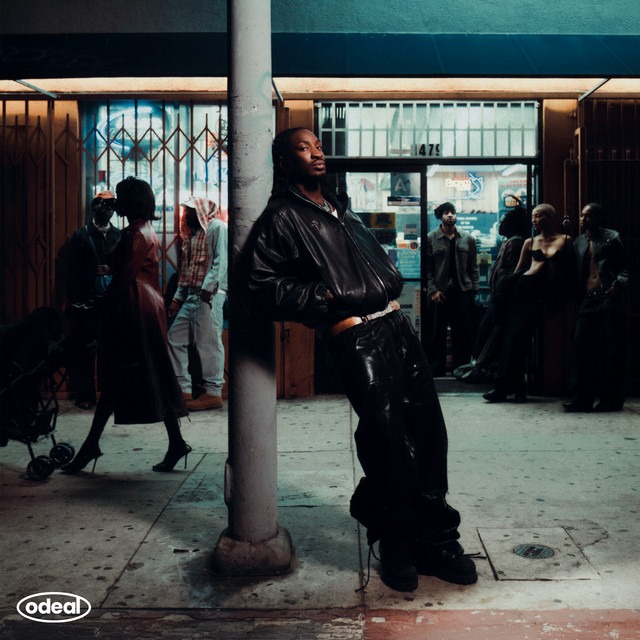
Nights In The Sun - Odeal Feat. Wizkid
There’s nothing like returning back overseas, on the plane reminiscing about detty December in Lagos, while ‘Nights In The Sun’ by Afro-fusion artist Odeal featuring Nigerian’s starboy Wizkid is playing in the background. Of course, we would know nothing about such; however, this is as far as where the track takes us. And through the carefully-crafted visuals that dropped in January, it only felt as though the feeling was amplified. At this point, Odeal has no misses in his reinvention through R&B eclectic takes.
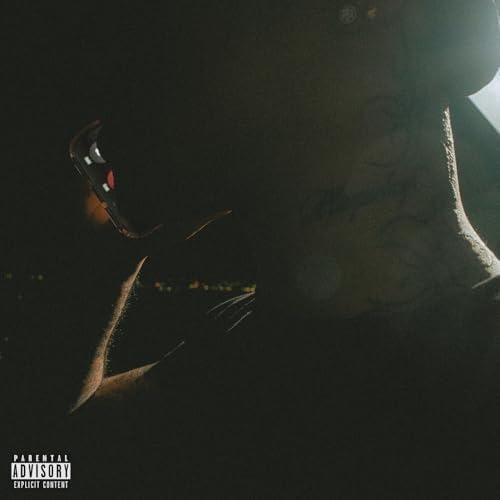
wyd - Plaqueboymax & Bryson Tiller
Last but not least, on a surprising release by Streamer, producer and now emerging rapper Plaqueboymax, the young online personality really shook us to the core with Bryson Tiller on ‘wyd.’ While he is still trying to balance life in pursuit of a newly-found passion, in his first single of the year, Plaqueboymax offers a vulnerable side to him that he had not yet displayed, both online and sonically. The lyrics are raw, the music video featuring rumoured new fling Keke Palmer is steamy, and Bryson has the ability to create the perfect atmosphere of melodies into the ensemble.
When people talk about Salsa, it’s often framed as something light, music for dance floors, glossy ballroom lessons, a genre boxed neatly into “Latin”. But sitting with it long enough, really listening and researching, you begin to realize that Salsa is anything but light. It is heavy with memory. It carries the weight of oceans crossed in chains, of languages stolen, of bodies displaced, and of cultures that refused to disappear. To engage Salsa during Black History Month is to confront it deeply as evidence that African culture survived the most violent rupture in modern history and found ways to speak again—through rhythm, through movement, through sound. Salsa is neither a New York invention in the shallow sense, nor is it solely Cuban, Puerto Rican, or Caribbean. It is diasporic. It belongs to the long, unfinished story of Black survival across the Atlantic world.
Long before the word “Salsa” existed, before the Caribbean was even imagined as a destination, rhythm already governed life in West and Central Africa. Among the Yoruba and Bantu peoples, music was not separate from the spiritual or the social. Drums were communicative. They marked births, deaths, harvests, war, and prayer. Rhythm held time itself. When Africans were captured and transported across the ocean, colonial systems worked tirelessly to sever them from this world, to rename them, convert them and silence them. But rhythm is not something you can confiscate. It lives in the body. It survives in muscle memory, in breath more so in instinct. That survival is most clearly heard in the clave. The clave is the governing logic of Salsa. It dictates when a phrase can begin, when it must resolve, and when it should wait. Its five-beat structure mirrors West African bell patterns used in sacred ceremonies, and its persistence is a quiet show of resistance. Even when enslaved Africans were banned from drumming outright, the rhythmic sensibility remained, finding new ways to surface.
In Cuba, this resistance took on spiritual dimensions. African religions were forced underground, masked behind Catholic iconography. Orishas were renamed as saints. Ceremonies were hidden in plain sight. Batá drumming, deeply sacred and African, continued under the watchful eyes of colonial power. Over time, what was once purely ritual began to bleed into the secular world. Rumba emerged. Social drumming took shape. The line between the sacred and the everyday blurred, but the African heartbeat never left. What followed in the Caribbean was more collision. Africa met Europe, and both met the Indigenous peoples of the islands. This was but a collaboration that was forged under violence—but culture, stubborn and adaptive, found a way forward. African percussion formed the base. Spanish colonizers contributed harmonic structures, string instruments, and poetic forms. And then there were the Taíno, often written out of history, whose instruments, the güiro and maracas—added texture and sharpness to the sound. Their presence lingers in every scrape and shake. Out of this collision came Son Cubano. In many ways, Son is the DNA of Salsa. African rhythm carried Spanish melody, grounded by Indigenous instrumentation. It was rural, communal, and portable. It belonged to the people, not the elite. And for a time, it traveled freely, moving from Cuba to New York, from Havana to Harlem, shaping and being shaped by jazz musicians, dancers, and migrants chasing possibility.
Then politics intervened, the Cuban Revolution and the subsequent U.S. embargo severed a cultural artery. Records stopped arriving. Musicians stopped traveling. The constant dialogue between Cuba and New York was abruptly cut, what’s fascinating is what happened next. In Cuba, music evolved inward, becoming more technical, more complex, more insulated. In New York, absence created urgency. Puerto Ricans, Dominicans, and African Americans inherited an older tradition and were forced to make it speak to their reality.
This is where Salsa truly crystallized. In the barrios of New York, the music absorbed the pressure of city life—the poverty, the racial tension, the pride, the anger, the joy. It learned from jazz. It borrowed from soul. It reflected the sound of sirens, crowded apartments, and survival in a city that often had no room for Black and Brown bodies. So when the term “Salsa” was popularized, it wasn’t just a branding decision; it was a declaration. This music was plural. Mixed. Spicy. Impossible to reduce to one nation or one story. And the stories it told were no longer abstract. They were deeply personal. They spoke of displacement, of identity, of being Afro-Latino in a country that rarely made space for complexity. Artists like Celia Cruz, Héctor Lavoe, Eddie Palmieri, and Johnny Pacheco testified to this with their music, their art carried humor, heartbreak, spirituality and street-level realism. It made people dance, yes, but it also made them feel seen.
Listening to Salsa closely, you begin to hear layers speaking to each other across centuries. The conga echoes Central Africa. The clave remembers Yoruba cosmology. The güiro whispers Taíno survival. The horn sections reflect Black American jazz traditions shaped in Harlem and beyond. Nothing in Salsa exists in isolation. Every sound is an inheritance. That is why Salsa belongs firmly within Black history. Not as a footnote or as a “Latin” aside, but as a living archive of the African diaspora. It reminds us that culture does not disappear when borders close or when names change. It mutates, adapts and often finds new homes in new cities and speaks in new accents.
What we call Salsa today is really a long conversation between generations who were denied the right to speak freely, yet found ways to talk through sound. This is why it refuses to sit still in one place or belong to one flag. It is African without being frozen in Africa. Caribbean without being contained by the islands. American without surrendering its soul. It exists in motion, the same way the diaspora does—constantly negotiating identity, carrying fragments of home, inventing new ones along the way. Salsa endures because the people who created it endured. And as long as the rhythm continues, on dance floors, in barrios, in living rooms, and in new cities yet to claim it—the story of Black survival will keep finding new ways to be heard.
In the aftermath of Tyla’s Grammy win in the Best African music category this Sunday, social media has been flooded with impassioned commentary, mostly from indignant Nigerians, who have largely cast the whole affair as a slight against nominated acts from the country. Popular Nigerian OAP Osi Suave, by way of a sporadic series of starry-eyed tweets, has decried a perceived Grammy bias against Nigerian music, writing: “Eventually, we get a category at the Grammy that is dedicated to us as Africans. Then we, as Nigerians who make the biggest hits on the continent, get stomped out year after year. What hurts is that we, as Nigerians, accept music from everywhere.”
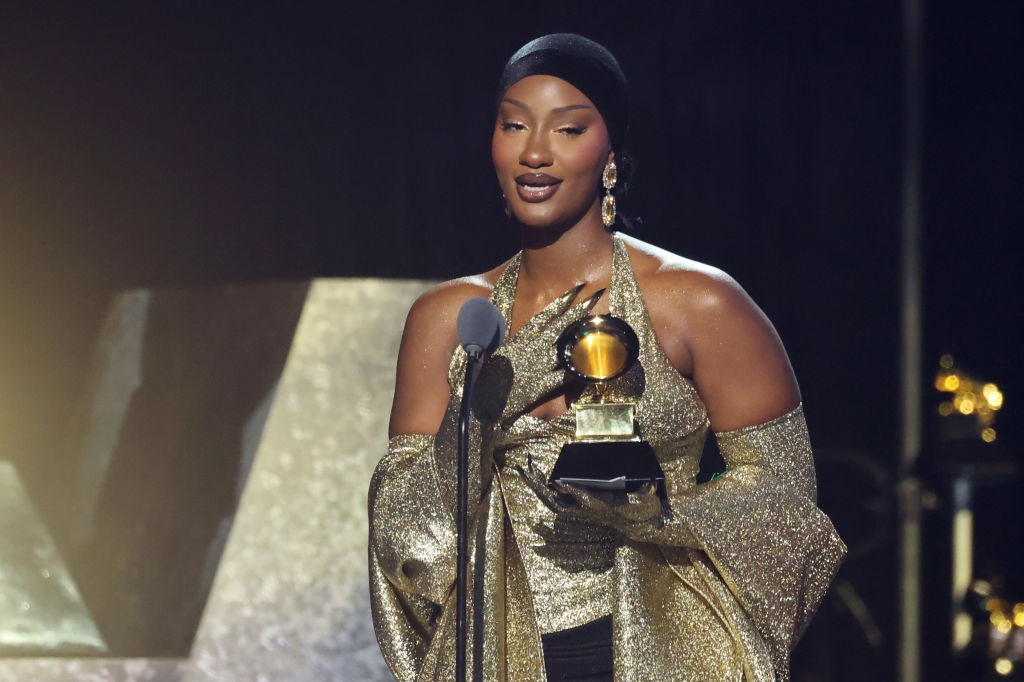
Never mind that Tems won the award last year for Love Me Jeje; several Nigerian music professionals and enthusiasts have echoed Osi Suave’s sentiments. By way of a meandering monologue, legendary Nigerian musician Cobhams Asuquo insinuated that the Grammys are using Nigerians to boost the GDP of Los Angeles. “It’s like a carrot dangling in front of us and it goes away,” he said. Many have blithely dismissed these criticisms as just another sign of the “main character syndrome” Nigerians tend to exude. But I suggest they gesture at something deeper: Nigerians' age-old desire for greater representation at the Grammys and a fundamental misunderstanding of the scope and mechanics of the Best African Music Performance category.
Nigeria’s history with near wins at the Grammys stretches back to the days of stalwarts like King Sunny Ade and Fela Anikulapo Kuti, whose nominations stirred excitement around the country, which was ultimately flattened when they lost out to other contenders. This notwithstanding, the Grammy Awards have held a singular fascination for Nigerian musicians. In the intervening years, Nigerian artists, such as 9ice, a propulsive pop sensation in the aughts, would wistfully invoke dreams of winning the awards in their music. But while these lofty dreams of Grammy wins made for interesting lyrics—who doesn’t relish the musings of a big dreamer—they remained pipe dreams, for the most part.
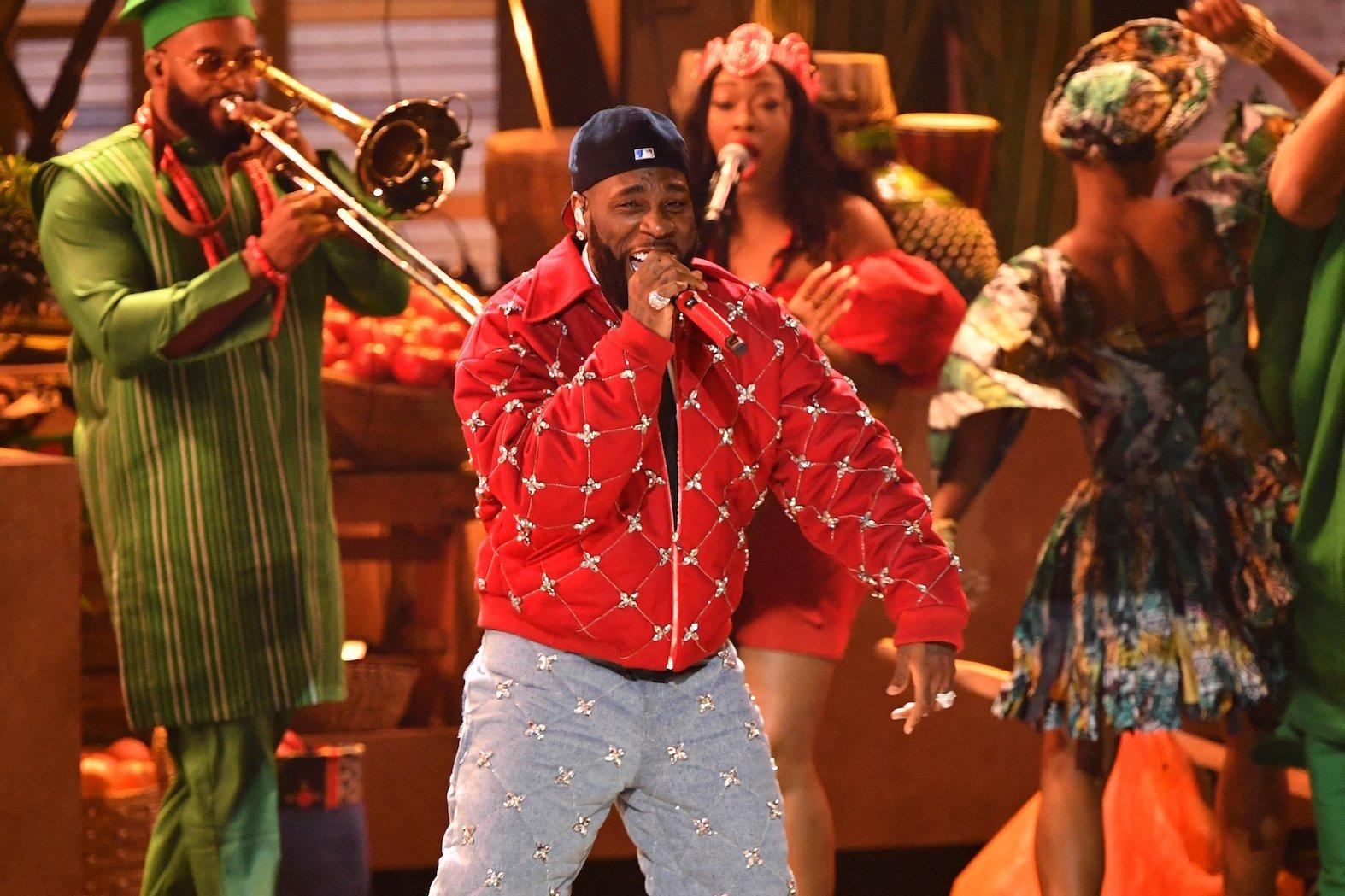
All of this would start to change around 2019 when the Afrobeats to the World Movement seemed to be approaching a fever pitch. Wizkid’s flirtations with a softer variety of Afropop had long vaulted him to global acclaim, Davido was still fresh off the momentum he had garnered with songs like If and Fall, which became global sensations in 2018, and by the next year, 2019, Burna Boy would increasingly become a force not just within Africa but around the world, on account of his seminal album African Giant, which embodied the Nigerian zeitgeist in a way few albums had done before.
Everywhere one turned, Nigerian artists seemed to be breaking barriers and hitting new milestones. And so when Burna Boy’s African Giant received the Grammy nod later that year, in the Best Global Music Album category, it felt as though the stars had finally aligned for Nigeria’s ascendancy on the elusive Grammy stage.
On the night of the 62nd Grammy Awards, Nigerians of all musical persuasions rallied behind Burna Boy—a win for him was a win for the culture. Surely, he would win. Not only had he made a cohesive and compelling album, but he had also toured the world with the project, earning significant commercial acclaim. He ultimately lost to Beninise musical legend Angelique Kidjo, much to the chagrin of Nigerians and Burna Boy himself (in a subsequent project he sings candidly about how intensely the loss affected him.)
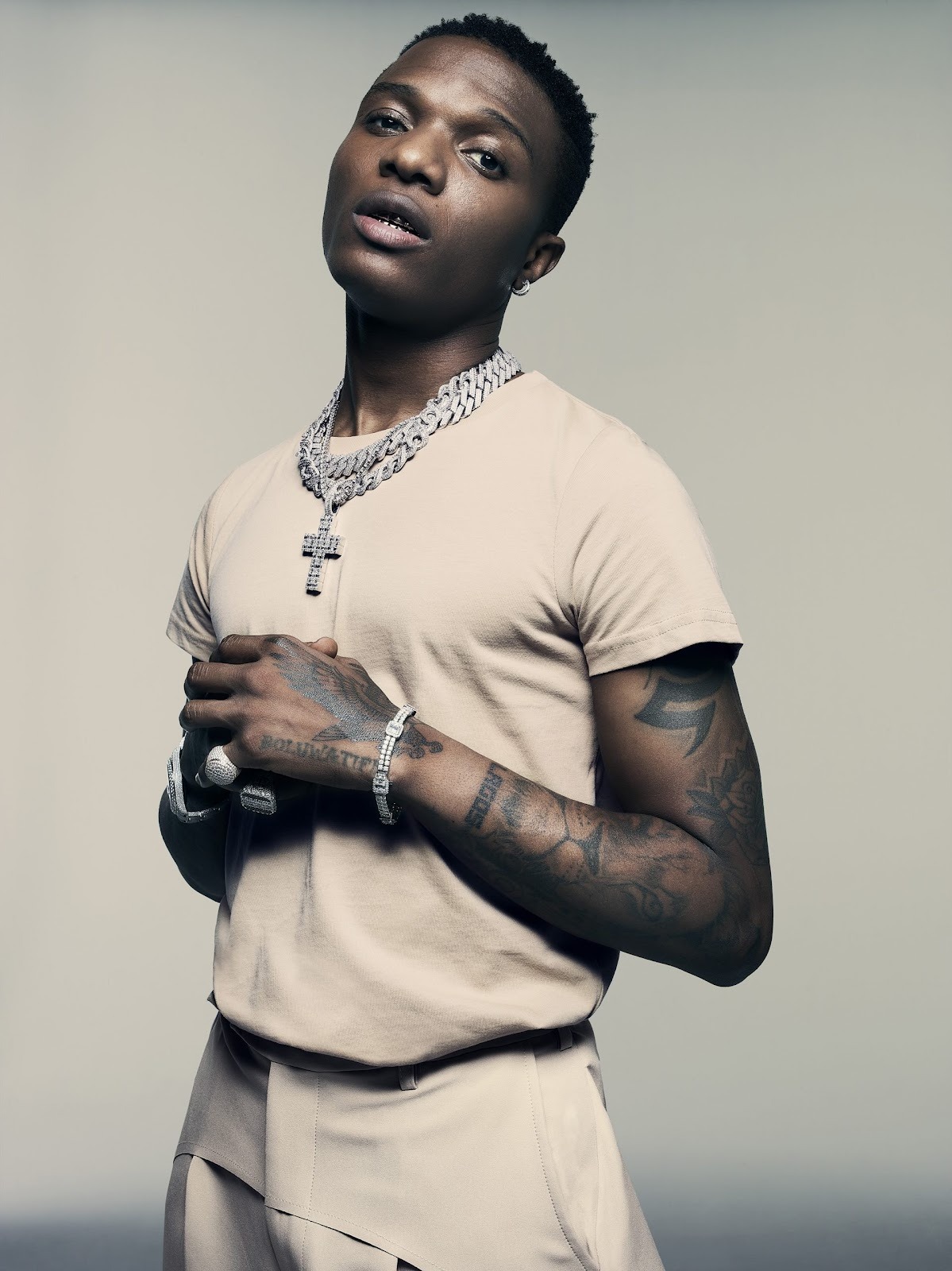
And while Burna Boy would perform a heroic comeback the following year, winning in the same category with Twice as Tall, the incident left Nigerians with a deep malaise that would only intensify after Wizkid’s loss in the Best Global Music Album category, and when Rema’s Calm Down and its remix were snubbed in the 2023 and 2024 Grammys even though the songs were eligible for nominations in those years.
In the wake of the disaffection stirred by Wizkid’s Grammy loss in 2022, Grammy CEO Harvey Mason Jr made three trips to Africa, speaking with local community leaders and stakeholders all across the African music landscape. This culminated in the Best African Music Performance category, ostensibly created to give better representation to African Music—which really is corporate speak for “making it easier for African acts to win and hopefully reducing the amount of outrage that invariably came from Africa year on year.”
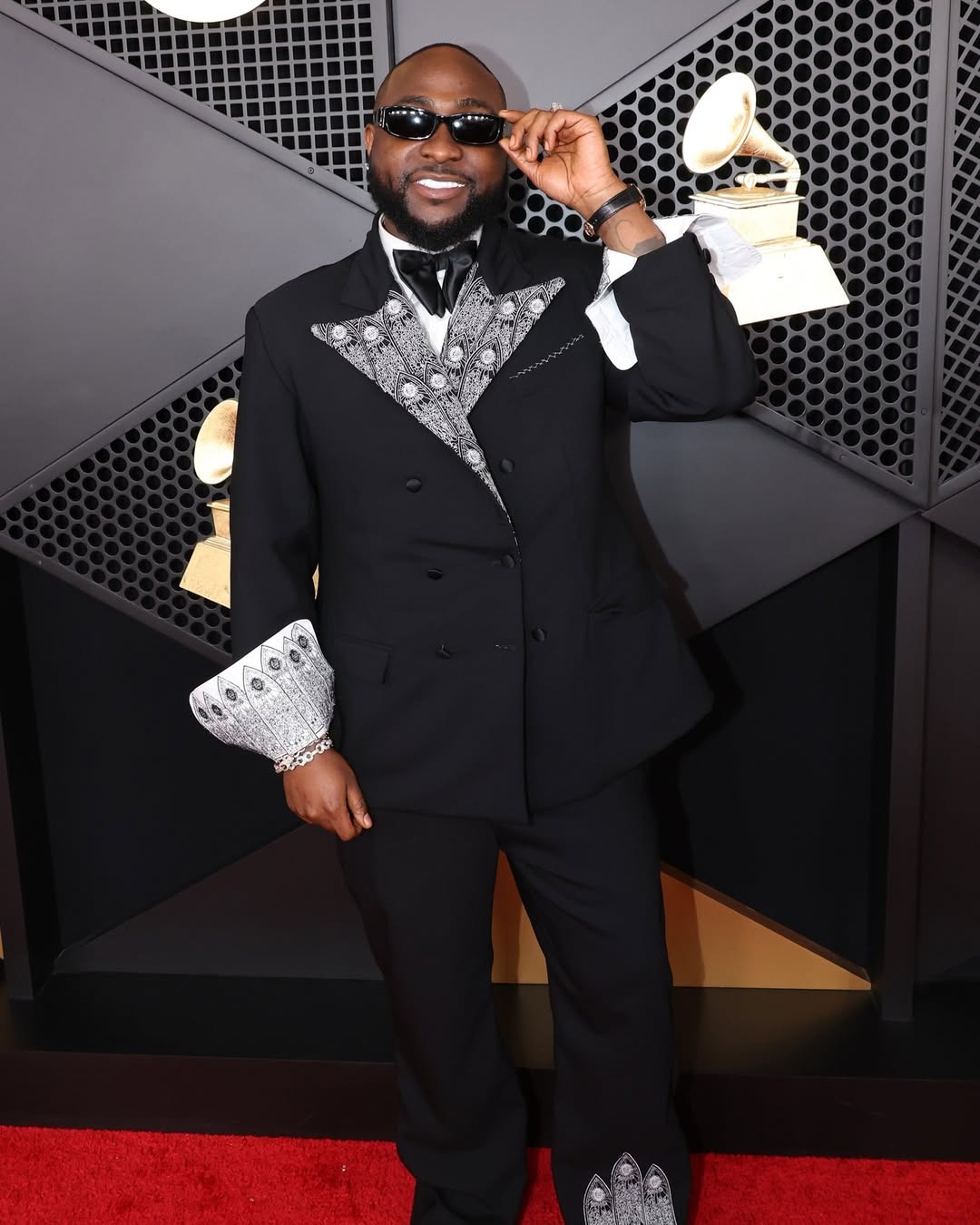
Many Nigerians however interpreted the new category as a tacit nod to Afrobeats’ ascendancy on the global stage and expected Nigerian artists to cruise to the win every year. This hasn't quite panned out. Since 2024 when the category was inaugurated a Nigerian act has won it just once: Tems last year. Tyla has won it the other two times.
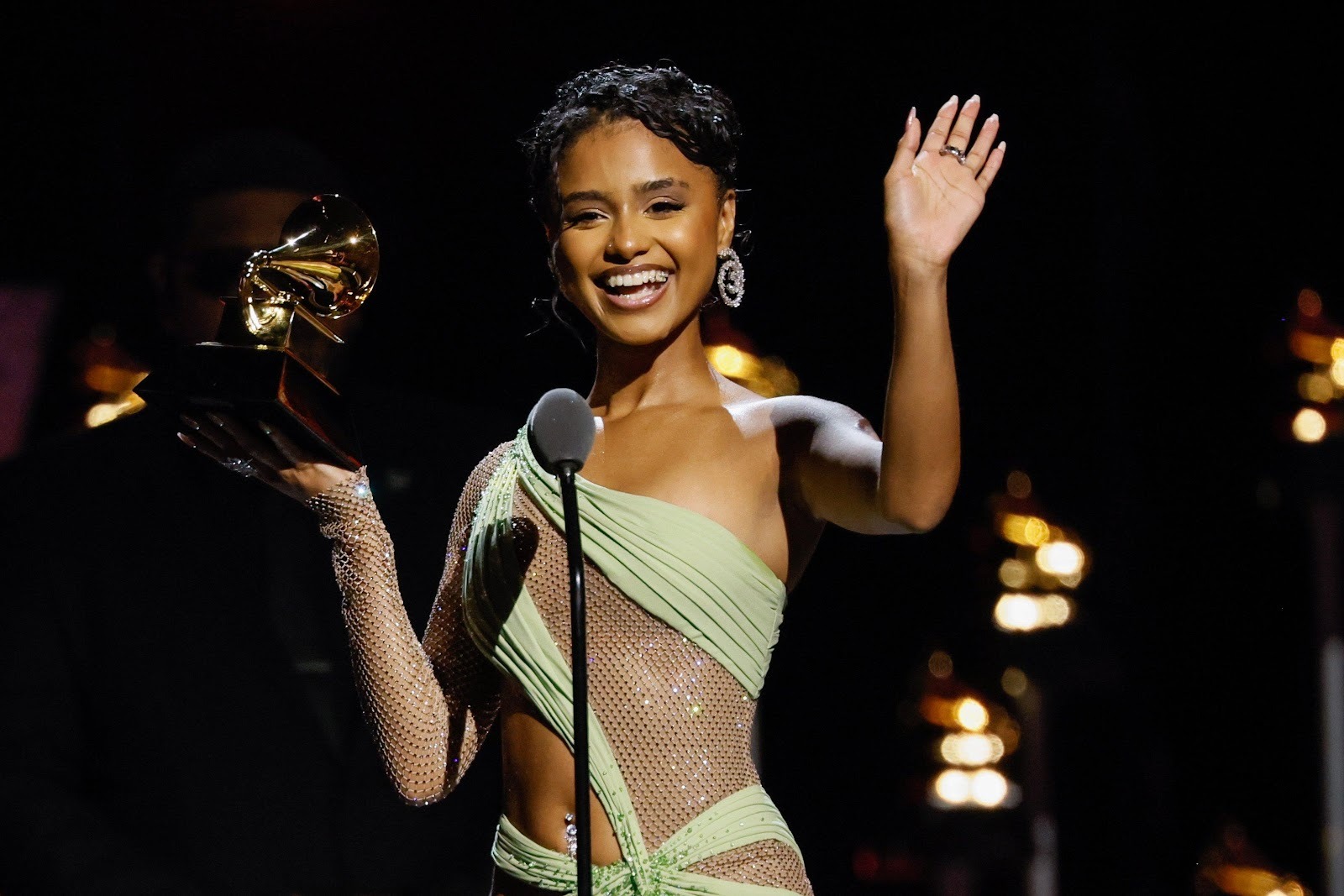
For now, Tyla seems to be a receptacle for Nigerian indignation, but I suspect this has more to do with the fact that many Nigerians either misunderstand the category’s scope as extending solely to Afrobeats or view it as the birthright of Nigerian artists. How else can one rationalize the constant uproar every time someone from another nationality wins in the category? A tweet I came across perfectly encapsulates this entitlement. “Tyla is the weapon fashioned against Nigerian artists,” it reads.
Some have said their anger stems from Push 2 Start not fitting the parameters of the category. They claim it’s more of a Pop song and should have been nominated in the main Pop category. But this argument falls apart upon closer scrutiny. While Tyla often makes songs that feel more Pop than Afro-leaning, Push 2 Start, which earned her the win, is as African as it gets. The song is primarily delivered in English, but the melodies are pointedly inspired by Highlife, the drums are African and bounce has a Caribbean flavor.
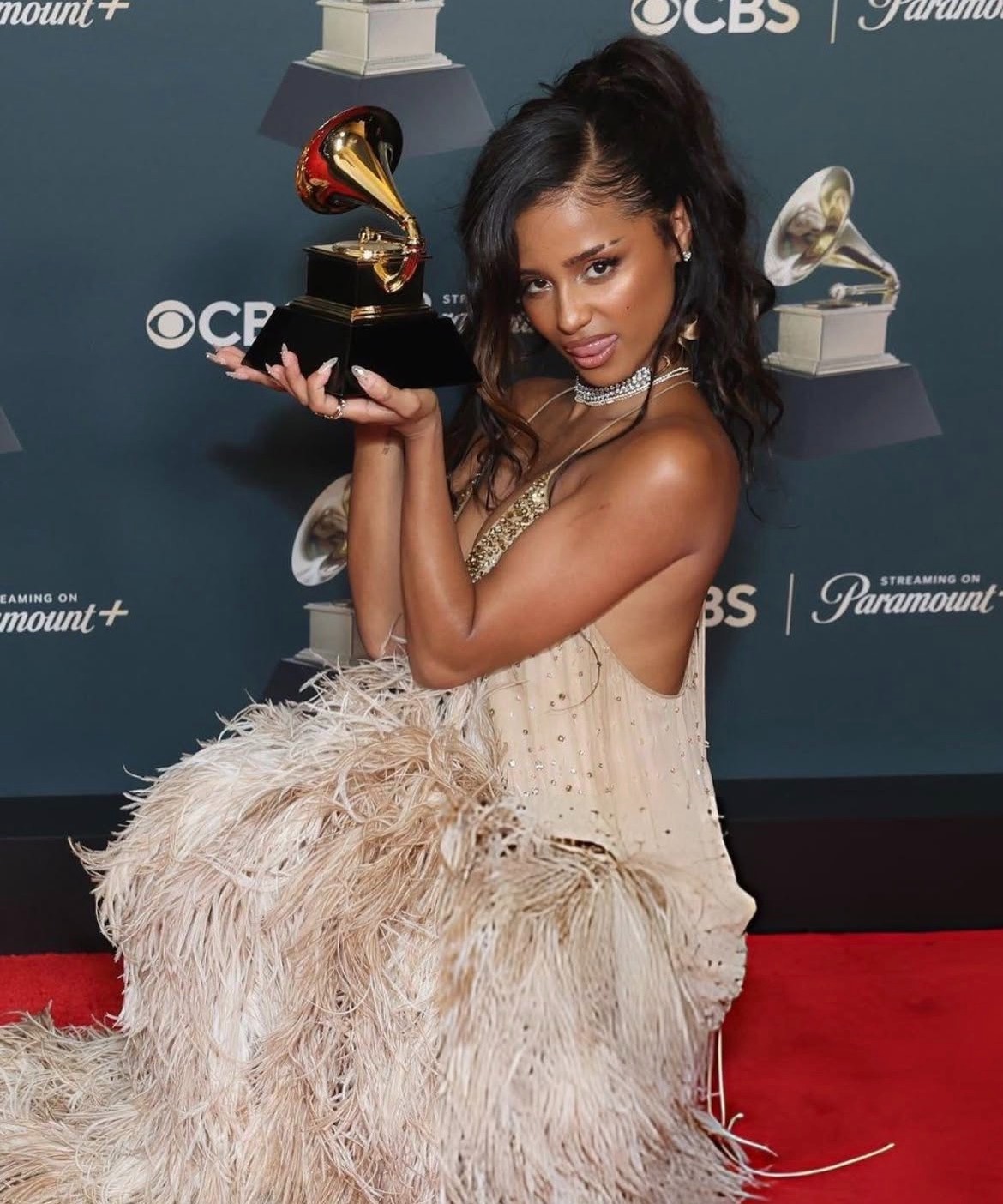
Another argument that has gained traction despite its obvious dishonesty is that the song, to borrow Osi Suave’s words, “was a non-starter, didn't even make any impact or go anywhere.” In reality, with nearly 500 million streams on Spotify alone, the song is by far the most commercially successful of the nominees. For context, the second most-streamed of the lot, Davido’s With You, has garnered just over 100 million Spotify streams. Push 2 Start is also the only nominated song in the category to make an appearance in the Billboard Hot 100 chart.
Many Nigerians have fiercely heralded Tyla’s win as a snub to Nigerian artists. The reality however is that this line of thinking betrays a problematic and narrow-minded view of African music. It’s beyond important to stress that the award is neither the exclusive preserve of Afrobeats nor Nigerian artists. If a Nigerian artist had earned the level of success that Push 2 Start, a brilliant Afropop composition, has earned and still lost out on the award, the level of outrage would be monumental—as it should be. Beyond commercial success and the convoluted politics that attends the Grammys Tyla deserved to win because she’s African and has as much of a claim to the award as anyone else.
In the rhythmic lexicon of West Africa, "Jigi Jigi" is more than just a phrase; it is an imperative. Translating directly to "move" or "dance," it serves as the heartbeat of Juls’ latest project. It is an onomatopoeic nudge, a rhythmic command that bypasses the cerebral and heads straight for the hips. By naming the EP Jigi Jigi Vol 1, the British-Ghanaian producer sets a clear intention: this is music designed to break the stillness, urging a physical and spiritual response to a global sound that refuses to stay in one place. For the better part of a decade, Juls has been the silent architect of the "Afrobeats" explosion. But as the genre became a global commodity often polished and flattened for Western pop sensibilities, the British-Ghanaian producer began a slow, deliberate retreat into the archives. On his latest EP, Jigi Jigi Vol. 1, Juls stops looking for the "next" sound and starts looking for the only sound, the one that existed before borders. This EP is an intricate, percussion-led tapestry that argues for the shared DNA of the Black Atlantic, stitching together Latin grooves, Caribbean swing, and African soul into a singular, breathable fabric. By removing the reliance on superstar vocalists and letting the instrumentation lead, Juls forces the listener to engage with the history of the sound. He is teaching us that the evolution of music isn't about finding something "new," but about remembering where the pieces originally fit together.
Jazz In The Air opens the project with a literal "sense of release." Juls fills the silence with a sophisticated dialogue between improvised Jazz and traditional Afro-drum. The piano chords aren't just background noise; they provide a melodic ceiling that allows the sharp, rhythmic kicks to drive the energy forward. It is incredibly calming, yet it possesses an underlying kineticism that feels like a sunset dance on a rooftop in Accra. If the EP has a spiritual headquarters, it is Roots. It begins with a sobering manifesto: a call for African unity, an end to the hyper-competition birthed by colonial structures, and a return to collaboration. Once the message settles, the music erupts into a vibrant display of Ghanaian heritage. The interplay of Ga drums and the Atenteben (bamboo flute) creates a texture rarely heard in modern commercial music. The Highlife melodies act as a tether to the 1960s, while the upbeat kicks remind us that the heart of this sound is still very much beating in the present.
Kokrobite Blues, interestingly named after the legendary Ghanaian surfing and drumming village lives up to the heritage. It synthesizes the Blues, the music of the diaspora’s struggle. The trumpets here are the standout, wailing with a soulful clarity that bridges the gap between a New Orleans funeral march and a West African celebration. On Mi Morena, Juls leans heavily into his Latin-Caribbean curiosities here. This is Salsa re-imagined through an Afrobeats lens. The syncopation is tighter, the percussion is crisp, and the "swing" feels distinctly Afro-Latino.
Capoeira Riddim featuring Ezra Skys, shifts the energy toward Brazil. Inspired by the Afro-Brazilian martial art, this track is a percussive masterclass. It utilizes the raw, physical energy of House music but strips away the synthetic gloss, replacing it with the organic rattle and thrum of street-level percussion. It is a rhythmic workout that fuses House energy with the raw power of Brazilian street culture.The journey concludes on 3AM In Kaapstad featuring Xivo. This is a "nocturnal" track, blending the sophisticated textures of Cape Jazz with the deep, atmospheric Amapiano. It feels like a liminal space, the quiet hour before dawn where all these different sounds finally settle into a singular, unified hum. It's very much introspective and unresolved in the best way. It’s the sound of disparate histories finally settling into a shared frequency.
Jigi Jigi Vol. 1 operates as a study in musical lineage. Juls approaches rhythm as inherited knowledge, something carried, reshaped, and reintroduced rather than endlessly reinvented. By centering percussion, melody, and spatial arrangement over vocal dominance, he creates room for the listener to hear the architecture of the music itself: the echoes of Highlife, Jazz, Blues, Afro-Latin and Afro-Brazilian traditions speaking across time and geography. The project demands physical response, but it also invites historical awareness, asking the listener to recognize how these sounds converse with one another beneath the surface. In doing so, Juls quietly asserts a broader vision of global Black music, one rooted in movement, memory, and continuity, positioning Jigi Jigi Vol. 1 not as a final statement, but as a living framework for what comes next.
Jeleel’s name may ring a bell if you’ve heard his signature tag, Jeleel, yeaaah!, repeating in his tracks. Since his 2021 TikTok hit “DIVE IN,” he’s pursued a musical journey beyond viral trends.
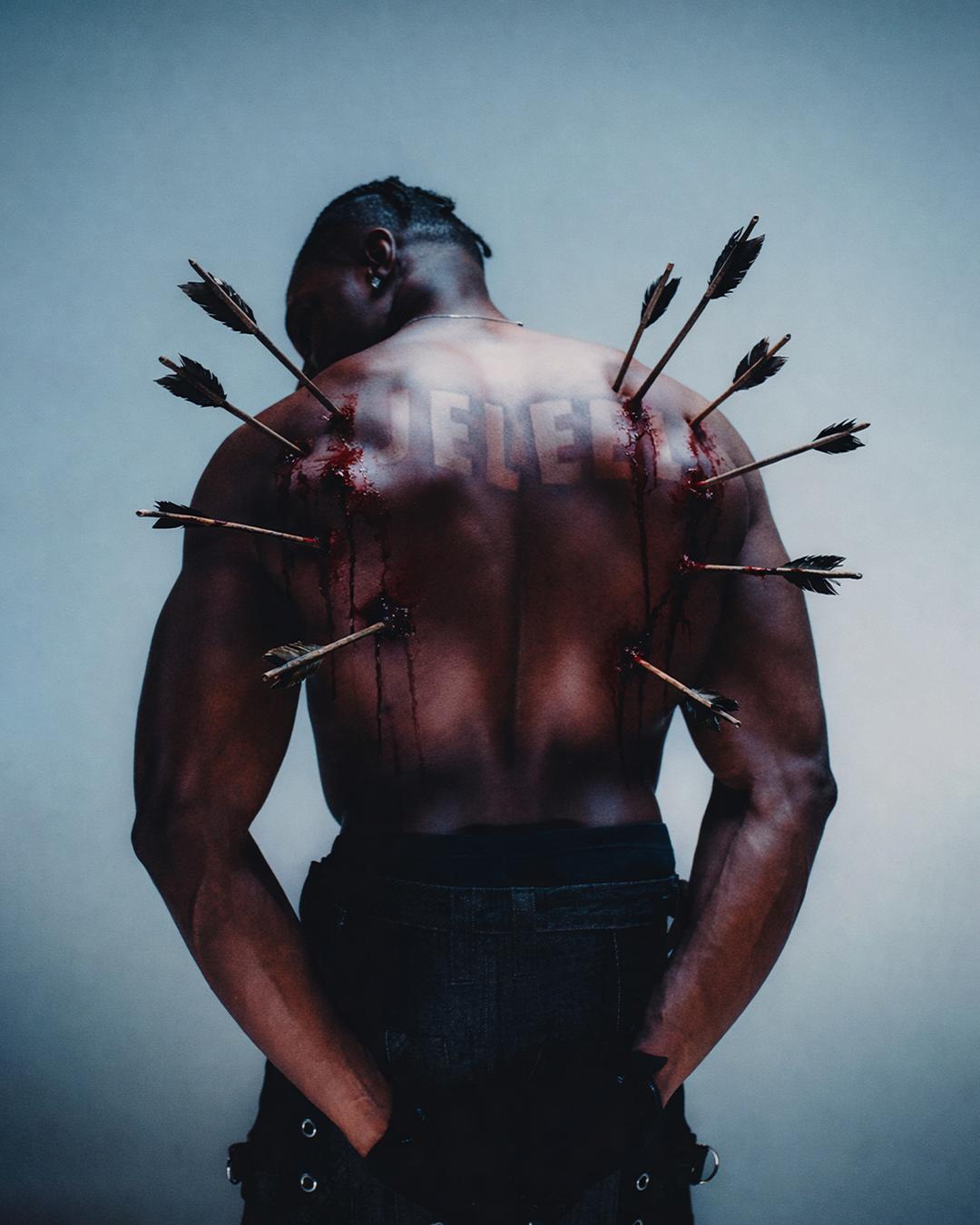
For the Nigerian-American artist, music has always been a part of his life. After shifting from dreams of being an athlete, his music path allowed him to fulfil his calling. His introduction to the scene took him from fiery, Playboi Carti-esque sounds to something that has grown and developed over the years. Meeting Jeleel in 2026 feels like meeting a new artist, especially if you’re new to his music. After his 2025 album NYASH WORLDWIDE!, his latest single HELLCAT! fuses Malian sounds with his style. This new music marks a fresh direction and shows he no longer wants to limit his sound.
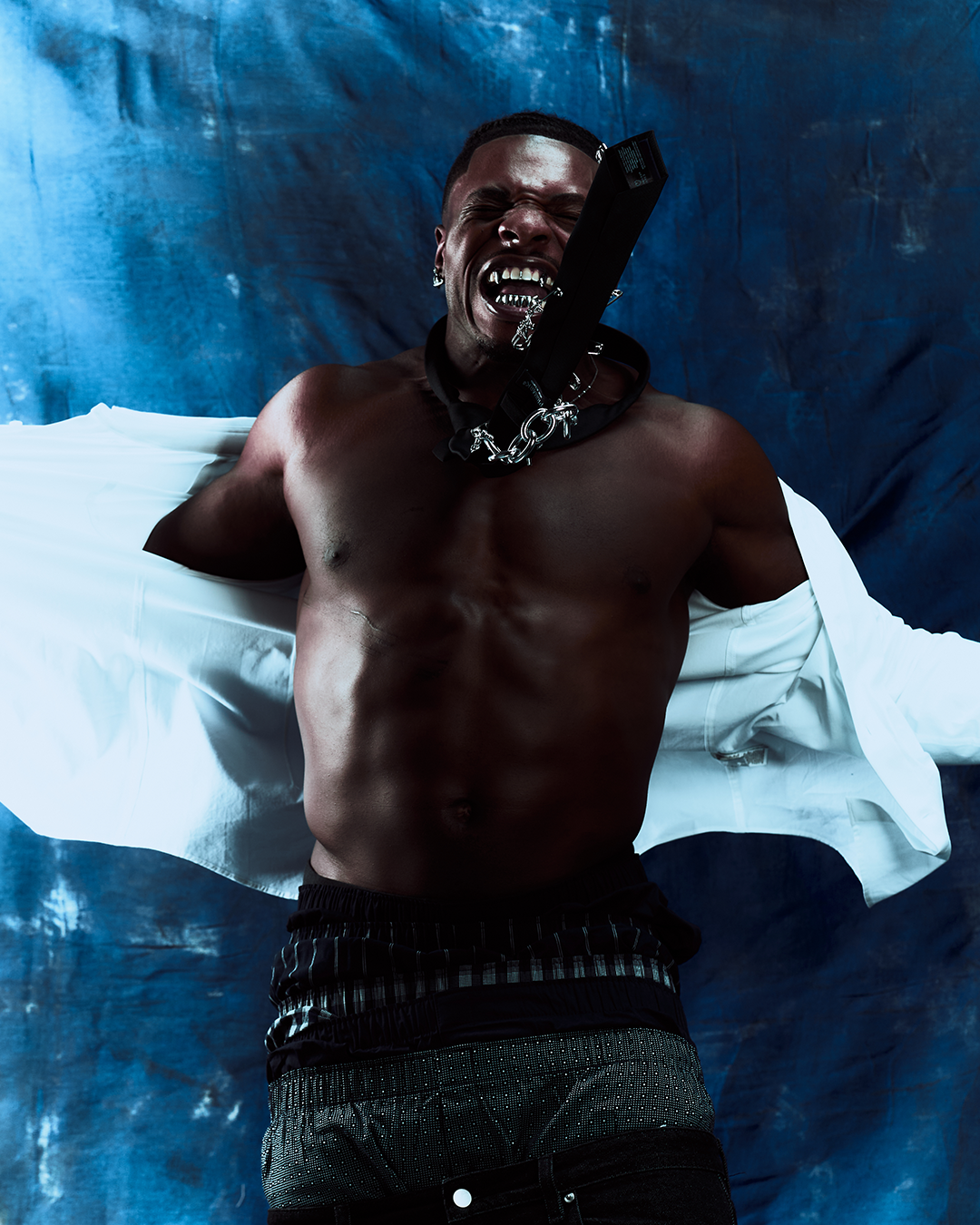
As a creative, his talents reach beyond music. In recent years, we have seen him embrace fashion and take a distinct stance in his expression. Inspired by his love for the world and his varied experiences during this period, this next chapter in Jeleel’s journey looks to be his most promising yet.
To start with your background, can you share how music first became part of your life, and what prompted you to make it your career?
I've always listened to music differently from most people, even in commercials and other places. Whenever I would hear music, I would remember the melodies. It was just something I always hung on to. At first, I thought my path was athletics. I'm very athletic and strong, so I assumed that's what God wanted for me. But every time I tried, it just wouldn't work out. It wasn’t until my friend heard me singing a song. He said, 'I have a beautiful voice, and you should try making a song.' The moment I tried, it just felt like I found my purpose. My heart opened up. This was the fulfilment of what I'm here to do.
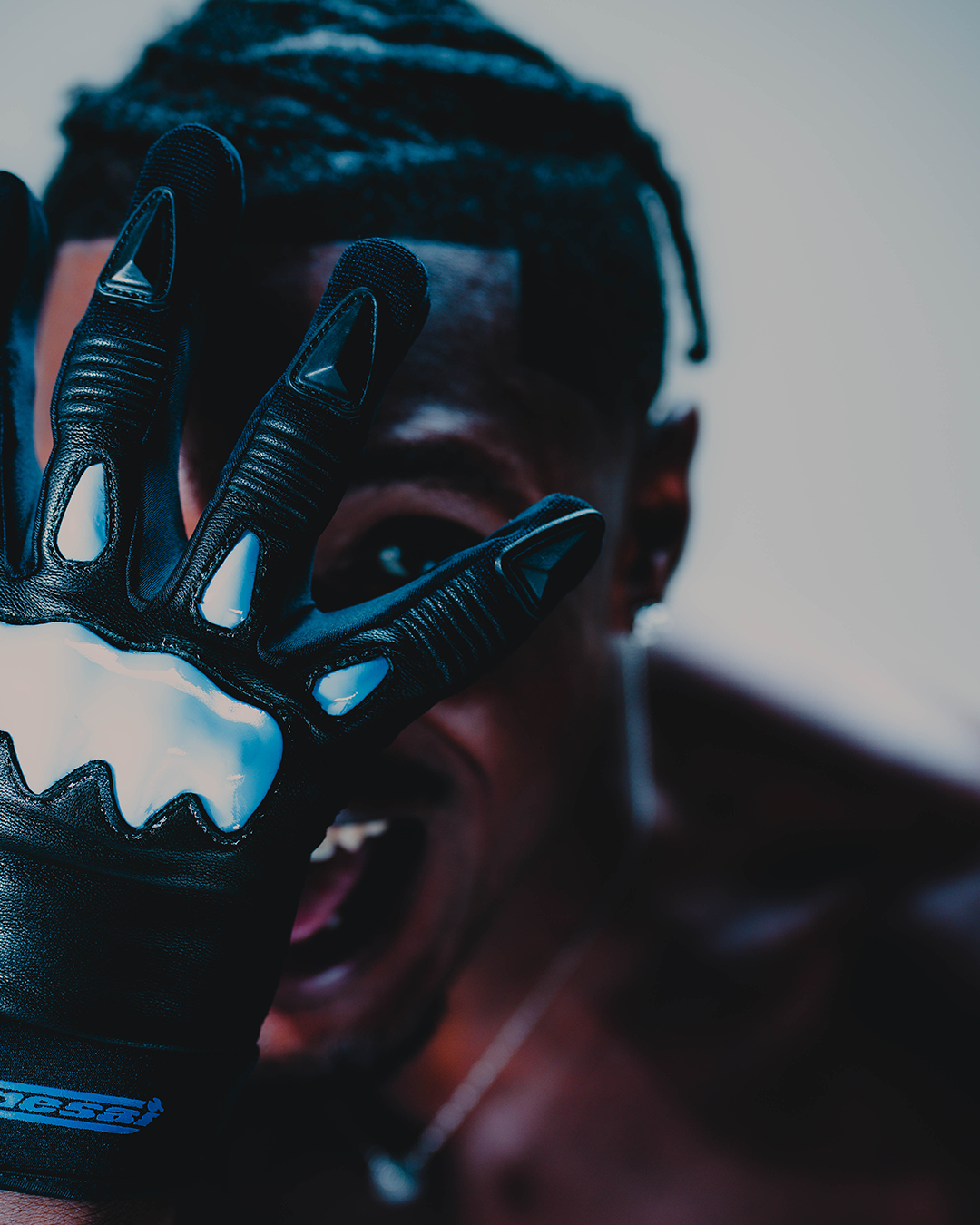
Building on that, was there a specific moment where you realised music was your path?
I was trying to pursue athletics, but every time I did, it didn't work out. But as soon as I started pursuing music, things began to happen. Making music wasn't difficult. My friend owned a studio, so I could just go there and make music. Even though I was moving to LA homeless, not knowing anybody, and still figuring things out, people let me record. Why is it easy for me to make music but not to play sports? I think God was giving me a sign to focus here.
Continuing on your journey, how did you discover your unique sound and the type of music you wanted to make?
I've always felt worldly. As a Nigerian growing up in the US. I visited the UK since I was very young I and so I was exposed to a lot of music. When I was growing up, I listened to early Afro like D’Banj, Terry G, and 2Baba. At 10, I went to the UK and heard Skepta for the first time. Watching Disney Channel and Nickelodeon, and hearing punk bands like Sum 41 on TV, influenced me. Even as a Muslim, when we recite the Quran or surahs, we use melodies. Hearing others recite and me reciting as well, like Sura, may have helped my musical ear. It’s a bunch of influences, all mixed together. That’s Jeleel.
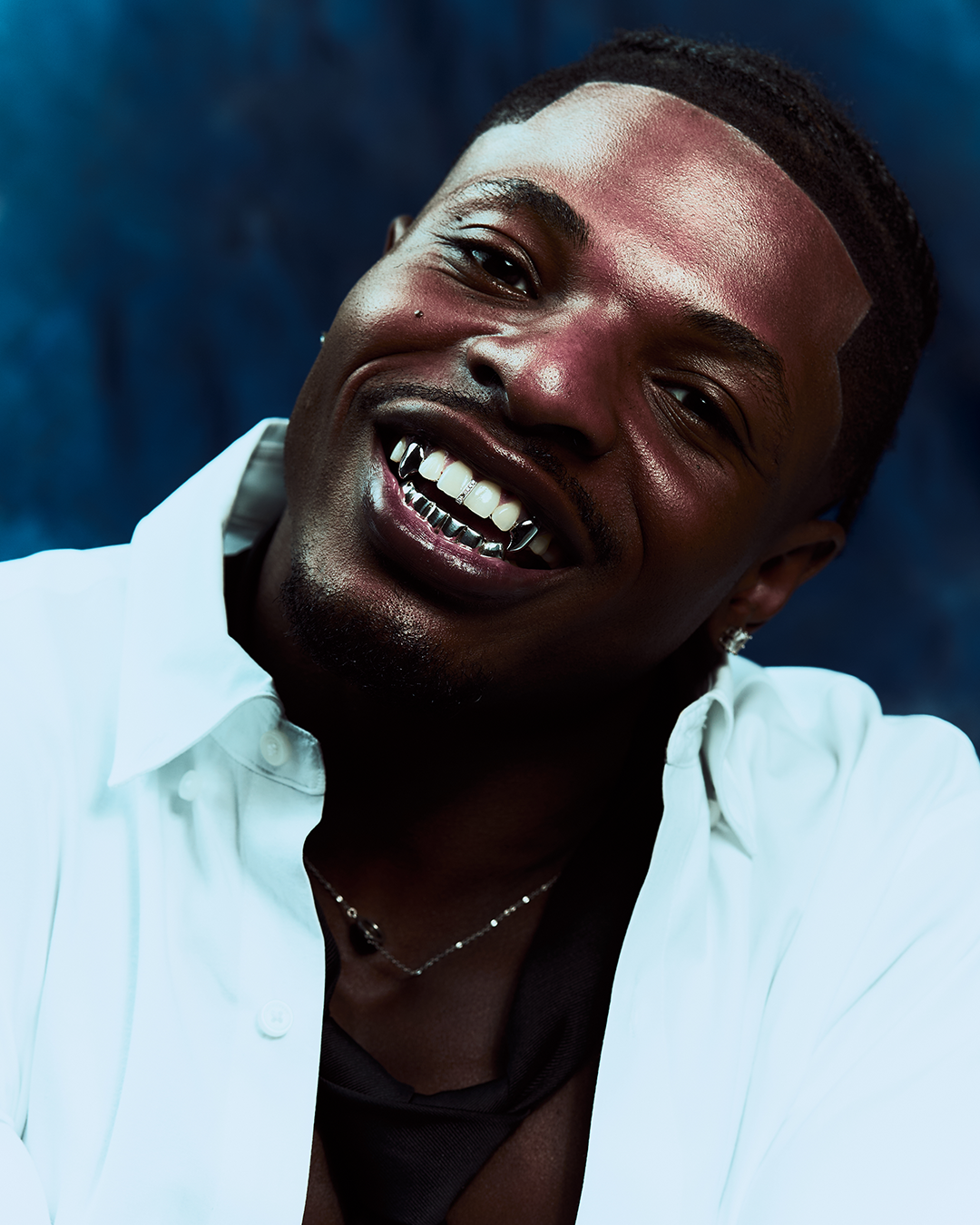
Reflecting on your influences and evolution since you started, how would you describe your current sound to someone now? How does it compare to your early material?
Now my music is worldly, for anyone in the world. People of all ages can dance to it. People in America, Nigeria, Mali, India, and Brazil can listen. You can't put it in a box. The music I first blew up with, like ‘Dive In’ and ‘Jeleel Juice,’ was focused on a specific niche. That was more like a Playboy Carti, Trippie Redd type of vibe.
As your sound has evolved and with new music on the horizon, how do you continue developing your process while staying true to yourself?
Each day, as I put everything together, I feel ready to break the sound barrier and create something new. In the studio, I experiment, putting an electric guitar on an afrobeat or adding a flute over distortion. I push the sound as far as I can, mixing genres to make something truly new.
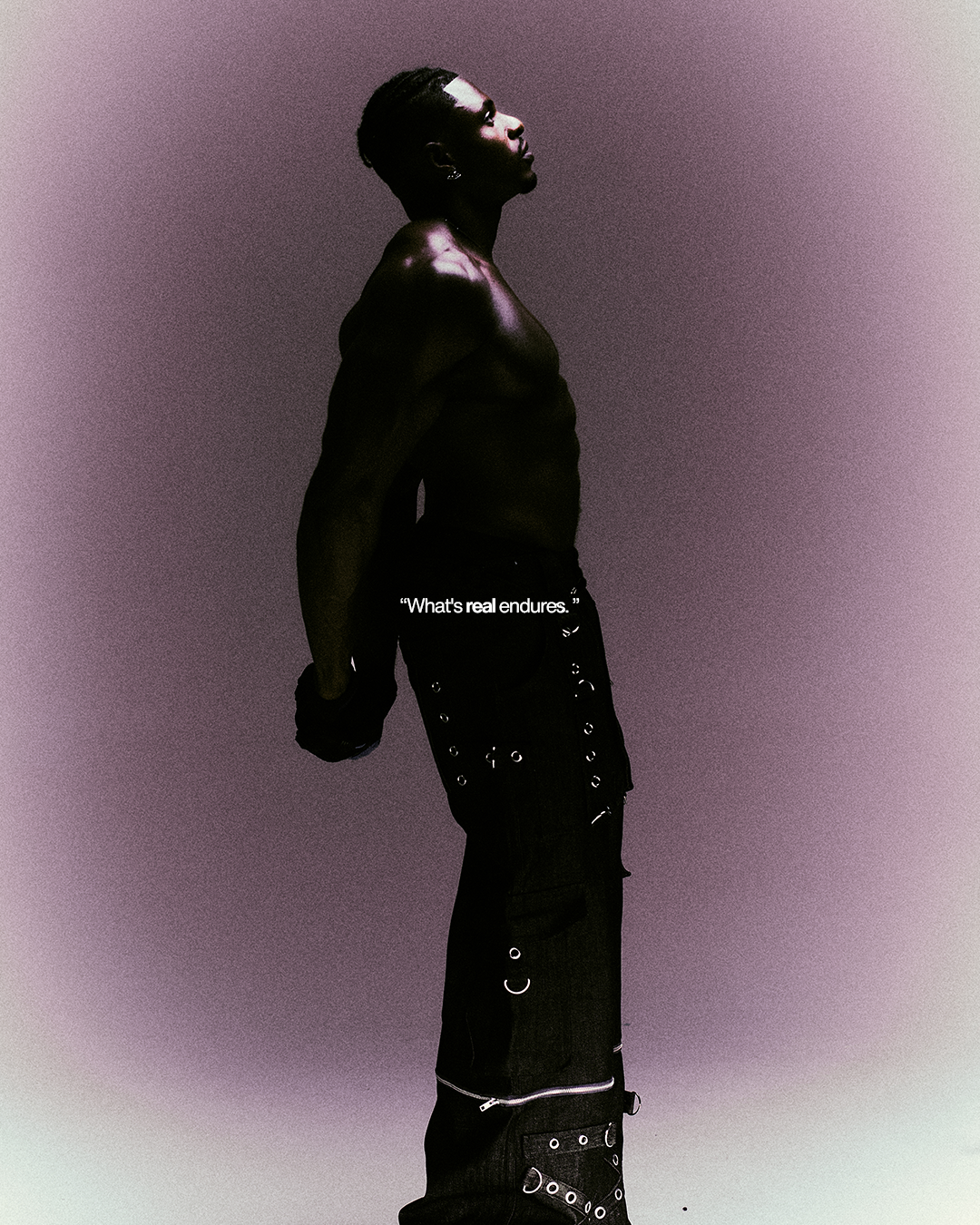
Your artistic expression stands out as bold and visual. How does this willingness to experiment translate into areas beyond music, such as fashion?
Fashion-wise, I’ve always loved the early 2000s. As a '90s baby, I liked Y2K era style and creative direction, and I want to show that in my world, too.
Speaking of fashion, who are some of your favourite fashion brands?
I love Diesel, DSquared, and Chanel. There's this brand called Blue Marine. I like their stuff too. I love all these brands. Gucci is hard, too.

When it comes to fashion, what excites you about expressing yourself through style, and how do you stay inspired to continue?
I know what I like despite trends, I always make sure I look good in what I wear, since I work out a lot. I don't follow every fashion change or trend. I stick to what works for me. I check my Pinterest boards to see what might fit me well.
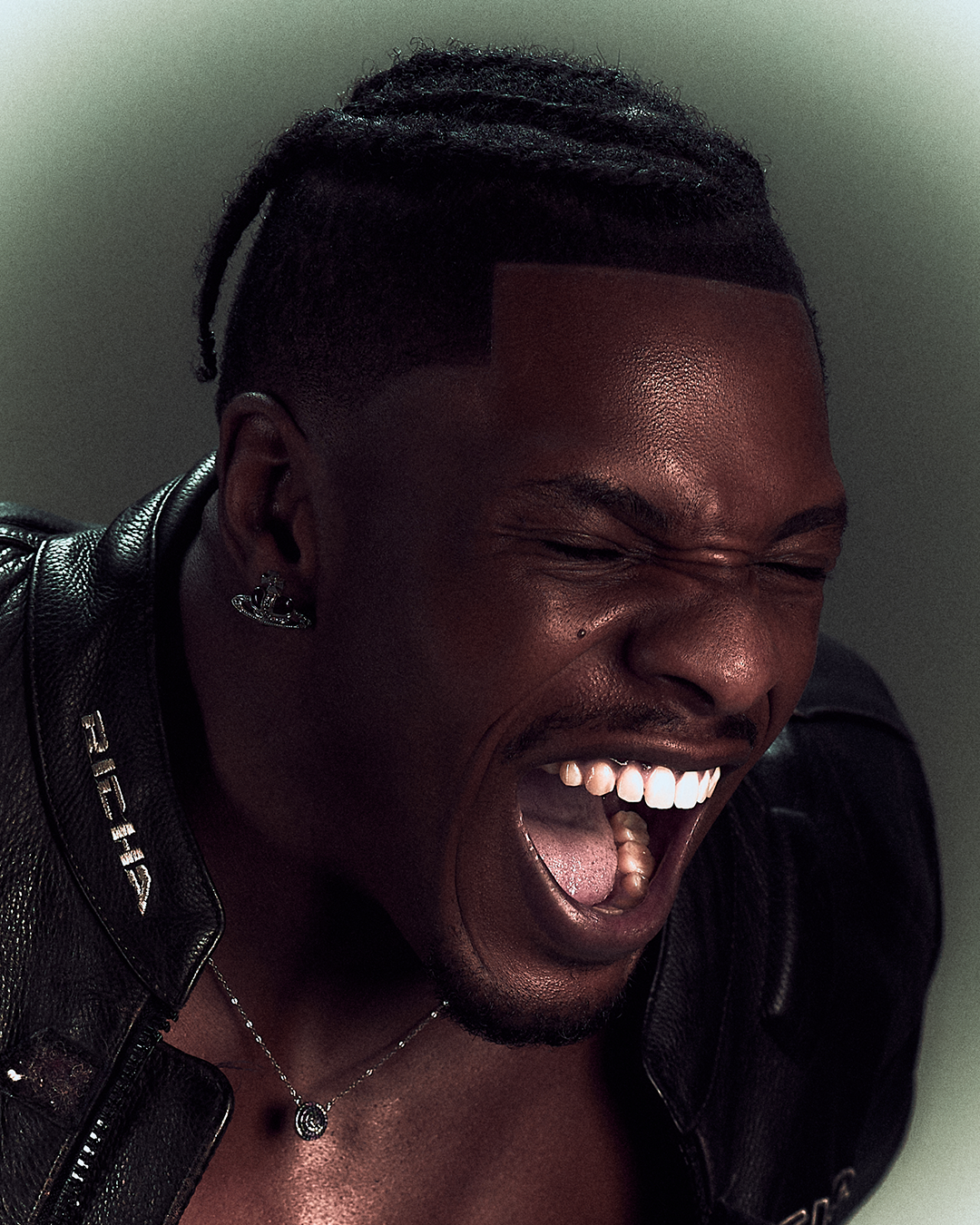
Turning to your music, your latest single HELLCAT! differs from previous work. Can you tell us about this release?
I love Malian and global music and want to add those influences to my music. I'm experimenting with new ideas. This year, I want to push boundaries by mixing first-rage sound with my current style. I believe I can do it and want to combine the two.
With this new era in your music, how do you feel about your career and what's ahead for you with these new directions?
I'm an independent artist. I'm not signed to a label. I don't have a budget behind me. For me, I'm super happy and super blessed. But sometimes I'm like, because I blew my music up on TikTok from all the posts, it's finally happening. Damn, it took that long, but I'm super blessed. I'm happy people are listening. I want the whole world to listen. I want the whole world to know who Jeleel is.
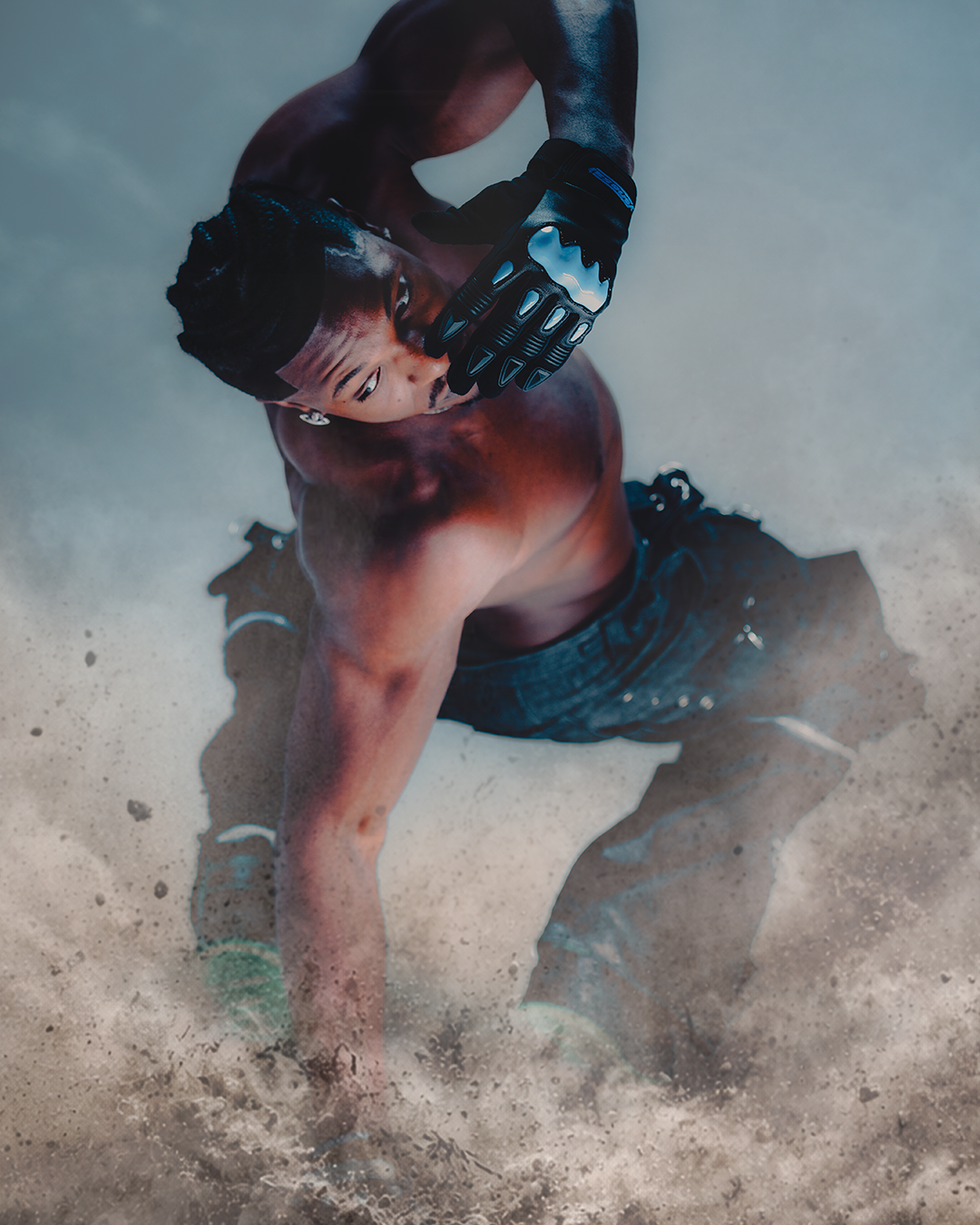
Looking back at how you started on social media, what has helped you build on that early momentum and continue growing your career?
It comes down to the music. If it's good and touches hearts, it lasts. What's real endures. The music has to connect, be good, and evolve. A lot of current music makes people realise that some sounds' time is coming to an end, so they want something new. Music is becoming more global. Not everyone listens to hip hop now. Instagram allows people in India and Thailand to connect with Nigerian artists. People listen to Amapiano and other genres and mix styles. As an artist, you have to find your identity and realise the music clock is short. You have to know when to evolve.
Given your genre-blending ability and the shifts in music, how have these changes influenced your career and musical direction?
At one point, hip hop was the biggest genre in the world. Right now, there hasn't been a hip hop song on Billboard Top 100 in the past year. Hip hop is starting to fade, unless someone revives it. Most artists blowing up in hip-hop now are outside the US. Enough. Hip hop is one of the greatest genres ever. I grew up on hip hop. The world isn't becoming one thing. I made rage music and drew that crowd, then moved to make music for a more worldly crowd that includes more women. That's not easy. A lot of artists can't do that. But that's what the world is becoming.
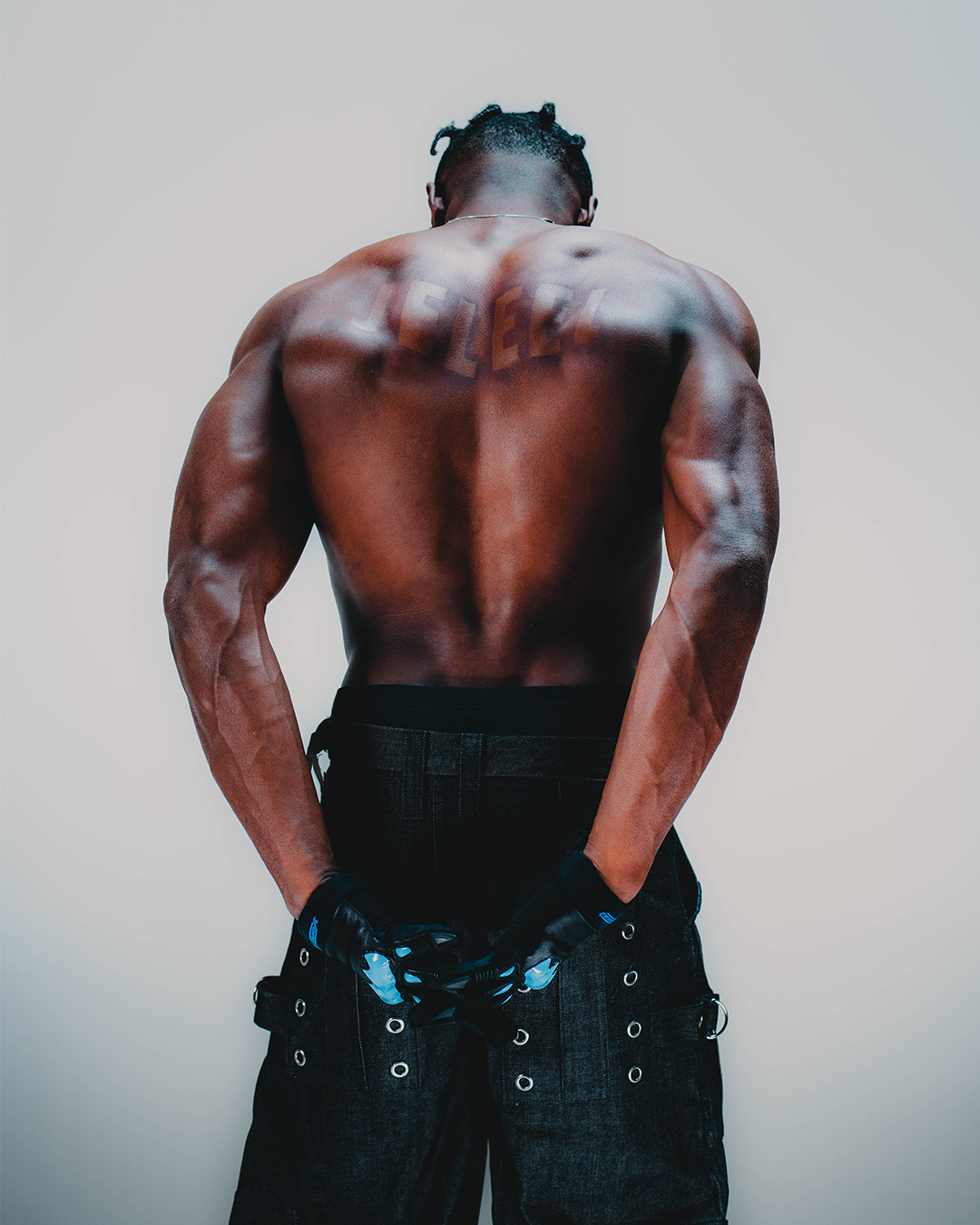
As the new year begins, how do you feel about your current projects and your music more broadly?
I'm happy, I'm happy that people are starting to wake up, that I'm doing what I can, and that people are enjoying my music, so it feels good. The album is on the way, so I’m excited for people to hear everything I am working on.
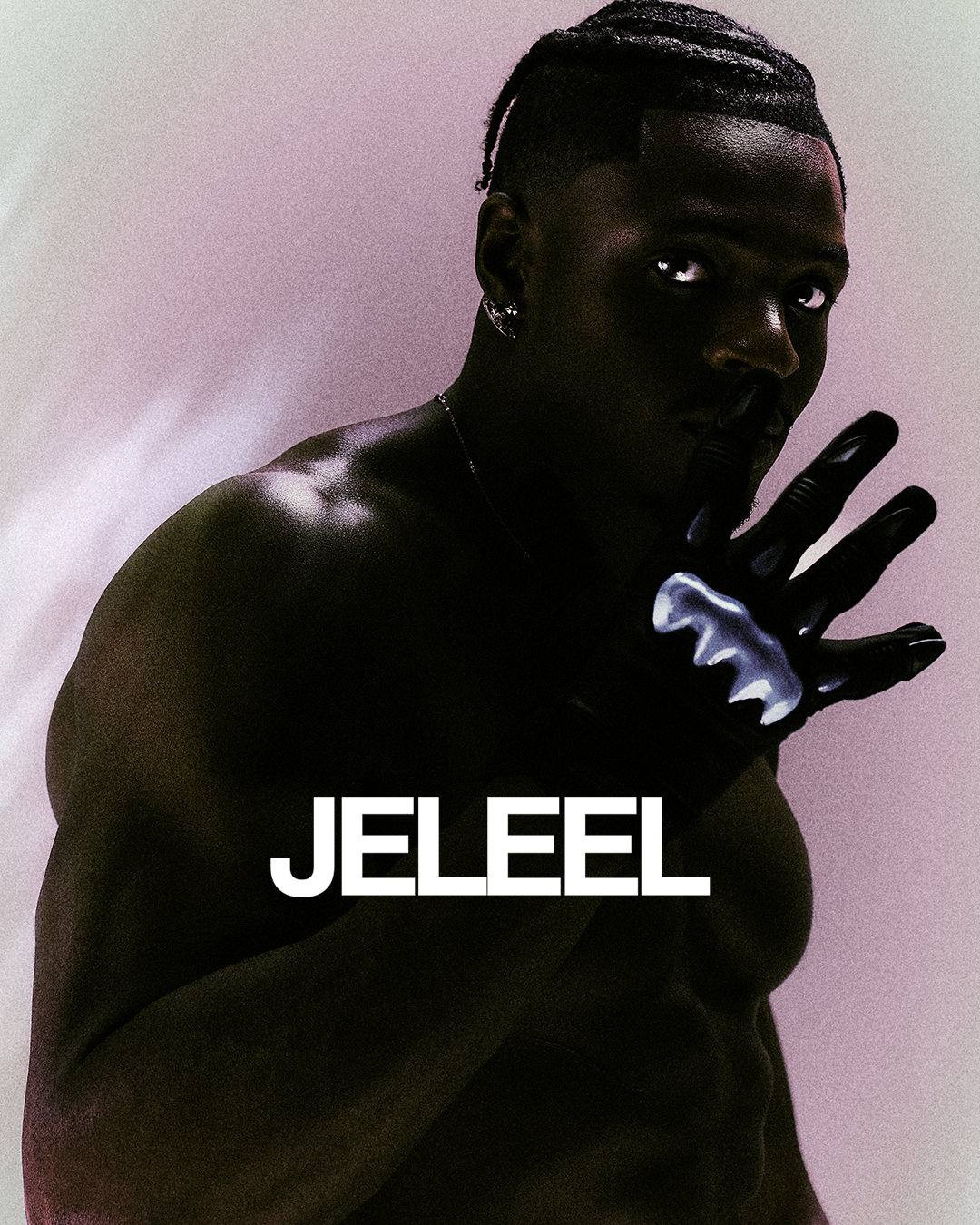
What does it take to turn heartbreak into art? For Cosamote, it requires thirteen songs, eleven voices, and an accompanying novel. With their debut album "Files '26," the Nigerian collective delivers thirteen tracks that feel like a mission statement wrapped in nostalgia. Executive produced by Oke “Emaxee” Emmanuel and Oluwatobi Gabriel Baruwa, the project brings together eleven artists including Caleb Clay, Fimi, Musta4a, Creen Caesar, Adebaby, and Tiwi, to craft something that feels both communal and deeply personal.
Cosamote is a Nigerian creative collective and marketing agency that has become a hub for emerging talent, bridging Afrofusion, R&B, into a unified sound. Oke “Emaxee” Emmanuel serves as the collective’s creative director, bringing his expertise in marketing and artist development to shape the group’s vision and projects. "Files '26" released via ONErpm last Friday, marks the collective's first major statement, positioning them within Nigeria's growing community of artist collectives focused on collaborative projects, connecting diverse talents and redefining how stories are told through sounds and words.
From the start, “Files ’26” feels like an introspective project, uninterested in chasing radio hits. Rather, it exists within its own creative world, lush, nostalgic, and textured, drawing inspiration from early 2000s R&B warmth while blending modern Afrofusion production rooted in present-day Lagos.
Conceptually, the album unfolds like a relationship timeline, from attraction to desire, conflict, confusion, and eventual reflection. The album artwork, designed by Kay the Animator, introduces Uloma, the protagonist of “A Portrait of A Typical People,” a follow-up novel by Michelle Ejiro. It’s a bold framework that could have easily been overreached, but Cosamote executes it with remarkable cohesion.
“Consistency,” featuring Caleb Clay and Jamz FR, opens the album on a note of devotion and longing. Their voices intertwine over Aykbeats’ minimal arrangement, setting the emotional template, vulnerability expressed through restraint. The title itself signals what the opening phase of relationships demands: showing up, being present, maintaining effort. “One + One” follows, pairing Musta4a, and Fimi over Trijay’s bright production, a breezy meditation on new love and shared rhythm. The chemistry between the two vocalists feels genuine. It's the kind of track that makes relationship optimism feel justified.
Things heat up on “Set The Fire,” with Musta4a, Suurshi, and Fimi trading harmonies over Zyrx’s layered instrumentation. It’s sensual, immersive, and a reminder of how quickly passion can blur clarity. The tension shifts on “Company,” where Creen Caesar and Caleb Clay explore nostalgia and rebirth. Caesar’s textured tone contrasts Clay’s smooth delivery, a sonic metaphor for lovers learning to move forward without losing what once was.
“Sweetest Taboo,” with Adebaby and Jamz FR, strips things down to near-intimacy. Over Optimist’s sparse production, both vocalists sound like they’re whispering confessions in real time. It's one of the album’s strongest moments.
The mid-section turns darker with “It’s Not My Fault (Me vs My Ex),” where Tiwi and Suurshi unpack anger and nostalgia over Noah Airé’s moody backdrop. It’s emotionally honest, matching the breakup tension with space for catharsis. The production gives them space to express that frustration without drowning them out. “Take It (Interlude)” lets Suurshi process solitude, her delivery raw and human, the calm between storms. The interlude offers a breather while still maintaining the emotional momentum.
Joy returns with “Pamukutu,” Musta4a and Adebaby’s euphoric rebound moment. Trijay’s upbeat percussion invites freedom, that feeling of remembering joy after heartbreak. “Not Enough,” with Musta4a and Creen Caesar, explores the tug-of-war between satisfaction and desire. The production carries a quiet tension that mirrors the song’s internal conflict.
“IJGB,” featuring Tiwi and Amakah, brings levity and Lagos humor, celebrating and poking fun at the “I Just Got Back” experience. It’s playful and self-aware, one of the project’s cultural high points. “Omo Mummy,” pairing Creen Caesar and Fimi, dives into temptation and longing over Yusuf Akaani’s lush textures, keeping things sultry yet grounded.
“In Your Dreams,” with Reespect and Rozzz, raises the emotional temperature. Zyrx’s brooding production complements the lyrics about obsession and rage without tipping into melodrama. The project closes with “Ololufe,” Adebaby and Amakah’s subdued reflection on grief and nostalgia. It’s not a tidy closure, just emotional honesty, and that feels right.
Despite featuring multiple producers, Files ’26 maintains impressive sonic cohesion. The early-2000s R&B touch is there space, melody, warmth but used as inspiration rather than imitation. Each track breathes, allowing emotion to take center stage.
The early 2000s R&B influence is clear throughout but never feels like a simple nostalgia. The production team understands what made that era special, space in arrangements, melody prioritization, commanding yet minimal rhythm sections, and uses those principles to build something contemporary.
Ultimately, Cosamote’s debut works because it balances concept, craft, and chemistry. Executive producers Oke “Emaxee” Emmanuel and Oluwatobi Gabriel Baruwa curate a unified vision from multiple voices, a rare feat for any collective. Files ’26 proves that collaboration can be both expansive and intimate, nostalgic yet new.
In the fast evolving world of Nigerian street-pop, consistency is rare and evolution is even rarer. Yet over the past few years, Seyi Vibez has become one of the most fascinating cases of sonic evolution in contemporary Nigerian music. What started as raw, street-driven Afrobeats, built on longing, prayer, and survival has grown into a layered, experimental, culturally anchored sound that now feels unmistakably his. The evolution hasn’t been a leap but a continuous reshaping, each phase adding new textures without abandoning the core emotions that first defined him.
The earliest Seyi Vibez era was defined by urgency. Tracks like God Sent, Bad Type, and Catalyst introduced a singer who carried the streets in his voice. His delivery was unpolished, vulnerable and shaky, His lyrics were prayers, confessions, and reflections on hustle and faith. You heard struggle, but you also heard a young artist writing from lived experience. The production was minimal, often stripped back to allow his vocals and storytelling to take center stage. For a while, that raw, unfiltered intensity became his signature, music made for the streets of Lagos, by someone who understood them intimately.
Then the shift began.
The first major shift came on Billion Dollar Baby and Memory Card, where Seyi began bending his sound into richer, fuller shapes. The beats expanded, percussion deepened, and choral layers added richer texture. He blended street rhythms with spiritual undertones and Yoruba influences, creating music that felt deeper without losing the core that made people connect with him. Instead, it widened the audience he could reach while deepening the emotional landscape of his music.
On Thy Kingdom Come and Vibe Till Thy Kingdom Come, Seyi doubled down on his new direction. Tracks such as Chance (Na Ham) showcased a move towards layered vocals, softer sounds, and percussion that added a spiritual feel. His voice became part of a larger emotional scape, carrying echoes of prayer and the raw energy of street narratives. Producers like Modra, TBM, and Dibs helped shape this sound, ensuring every beat carried weight and nuance beyond the danceable rhythm.
Then came NAHAMciaga, the EP demonstrated his ability to balance his Yoruba roots with broader appeal. Hits like Different Pattern and Cana were street-leaning but universally accepted, blending the Yoruba language with production that felt both traditional and contemporary. The EP's commercial success also proved that his evolving sound could maintain relevance while still pushing sonic boundaries. Shortly after, the Loseyi Professor EP pushed his evolution further, a seven-track EP where each song bore the name of a city; Lagos, Doha, Casablanca, Santorini, Abu Dhabi, Manchester, showing his journey from the streets to global stages.
All of these set the stage for Fuji Moto. Here, Seyi Vibez fully embraces Fuji, he has repeatedly credited Ikorodu as the core of his musical identity, the place where Fuji, Islamic chants, and street spirituality naturally blend. That roots-first philosophy is what Pan-African Music described as a "neo-Fuji flame," positioning him not as someone reviving Fuji, but someone extending it into a new emotional soundscape. You can hear it especially in how he stacks vocals; the overlapping chants, the call-and-response murmur, and the sound texture. The percussion patterns lean into classic Fuji phrasing, call-and-response vocals mimic live performance, and his chestier, lived-in vocal delivery reflects the genre's demands. Tracks like Fuji Moto bore evidence of years of evolution, threading Fuji with street-pop, percussive Amapiano, Yoruba folk, and contemporary Afrobeats.
What makes Seyi Vibez’s transformation compelling is how natural it feels. There’s no dramatic pivot or rebrand, just a steady, confident widening of his sound. The street narratives still exist, but they coexist now with more layered arrangements, spiritual undertones, and a broader musical sense. He leans deeper into his Yoruba identity, while expanding the production, texture, and emotional range of his music. Seyi Vibez’s growth feels less like reinvention and more like uncovering, an artist peeling back layers of his sound until he finds the core of what makes his voice resonate. From raw street anthems to textured, chant-filled compositions and now Fuji-rooted explorations, he has crafted a progression that feels lived-in, spiritual, and unmistakably his. The journey is ongoing, but one truth is already clear: Seyi Vibez isn’t just evolving his music; he’s expanding its emotional universe. And in doing so, he’s giving his listeners new ways to feel, remember, and belong.
Grief is complex. To Long Island rap group De La Soul, 3 is famously the magic number. Sadly in 2023, the group lost Dave ‘Trugoy the Dove’ Jolicoeur, likely due to congestive heart failure. The two surviving members, Vince ‘Maseo’ Mason and Kelvin ‘Posdnuos’ Mercer have moved forward celebrating his memory and influence rather than staying locked in grief and mourning the huge loss privately. This is epitomised in the release of ‘Cabin in the Sky’, their first project following his death.
De La Soul have nothing left to prove. To many, their career is still defined by their debut album ‘3 Feet High and Rising’, released in 1989 and absolutely seminal in the sonic environment of hip-hop. Despite this being 36 years ago, they have never stayed stagnant, consistently releasing projects in spite of label issues and legal battles surrounding their style reliant on heavy sampling. In fact, their entire catalogue wasn’t available on streaming services until early 2023. The wording of their original contract was constructed before digital streaming even existed, clearing them only for physical media releases. This didn’t stop the growth of a cult following with fans both new and old left in high anticipation for their newest release since 2016.

The album begins with a skit, hosted by actor Giancarlo Esposito. Before his huge role as Gus Fring in ‘Breaking Bad’, Esposito is famed for his many collaborations with Spike Lee, entrenching him as an important figure in Black cultural history. Having him set the tone at the start of the album feels like a natural, well-chosen move. Roll-calling everyone involved in the album is a nice touch but at nearly 4 minutes long, it feels slightly dragged out. Luckily, this is the only point on album which feels slow and it move swiftly from the introduction to ‘YUHDONTSTOP’ , a laid-back cut easing us back into their D.A.I.S.Y. age style after nearly 10 years.
The album continues in its overwhelmingly positive mood, tracks like ‘Sunny Storms’ and ‘Good Health’ bring that classic De La sound of chopped samples and easy drum beats with an overall comfortable vibe. Each featured artist has clearly been briefed to this and each present their own happiness to the album. Killer Mike, for example, spites his homicidal name and gives a sweet verse in loving memory of his mother on the sentimental ‘A Quick 16 For Mama’. This continues the thread of positive grief, explicitly showing how to be grateful for the love received and shape yourself following otherwise devastating losses.
One thing unchanged about De La Soul since their last releases is the quality of production. From the judicious sample choices to the to the warm, carefully layered arrangements, the production still carries that that familiar pulse that made their earlier work so distinctive and full of character. It is also always so transformative from the work drawn upon, take ‘Cruel Summers Bring FIRE LIFE!!’ which utilises Roy Ayers’ ‘Everybody Loves The Sunshine’. This 1976 track is a heavily sampled staple of hiphop culture, with a list of tributes too long to fit here from artists such as Dr Dre, Tupac and J. Cole. Their use is another entry to this archive, but it still feels entirely theirs and fits nicely at the midpoint of this album.
The whole album has this feeling of self-awareness which allows it to flourish. The two De La members aren’t trying to push a false character or inauthentic narrative and this means the whole project is charming. This does result in some moments which seem fresh out the 80s/90s rap period but the duo don’t often seem dated on the record. Given the popularity of chilled-out, funky rap to this day (see Joey Bada$$, Smino and the late Mac Miller), this album could have come out in any decade since the debut of De La Soul themselves.
The album ends with a tidy three track run which is a real high point to leave the record on. Neo-soul singer and modern mainstay Bilal lends his voice to ‘Palm of His Hands’ for a beautiful chorus with a groove reminiscent of 90s RnB classics. Followed by the eponymous ‘Cabin In The Sky’ and ‘Don’t Push Me’ bring us back to the main themes of the album, dealing with the reality of death while battling the issues we face while still living. This is kept tight throughout the record and makes it a cohesive listen, whether you listen to it fully, shuffle a few tracks or just individual songs.
It is only now we are beginning to see many rappers age and De La Soul have given a masterclass on aging gracefully and staying positive in the face of true grief. At over an hour in its entirety, ‘Cabin In The Sky’ risked being an overdone, drawn-out tarnish on the legacy of a cornerstone rap group. But there was not a dull moment on the project and the overwhelming positivity seeping out from Posdnuos and Maseo, alongside the well-picked features, made it a smooth listen and something easy to return to as well as a touching tribute to their missing member.
Showering the entire perimeter of the dance floor with dollar bills, the howling echoes of infectious laughter reverberate as heavy, ear-pleasing drum patterns blare from the speakers. A mesmerizing party jollof, ogbono soup, and baked chicken aroma fill the room, as kids run aimlessly through the crowded dance floor. We danced till 1 am. 2 am. 3 am.
From Nigerian engagements, weddings, graduations, funerals, birthdays, and anniversaries– these hall parties were strong fixtures in my childhood. You got to see your favorite cousins, your uncle who claims to have known you since you were a newborn baby, and your beautiful auntie, whose name you never really knew, but always recalled her warm spirit. The Nigerian Hall party stood the test of time. No matter the occasion, climate, or mood, it convened relatives and family alike with one singular objective: to just have a good time.
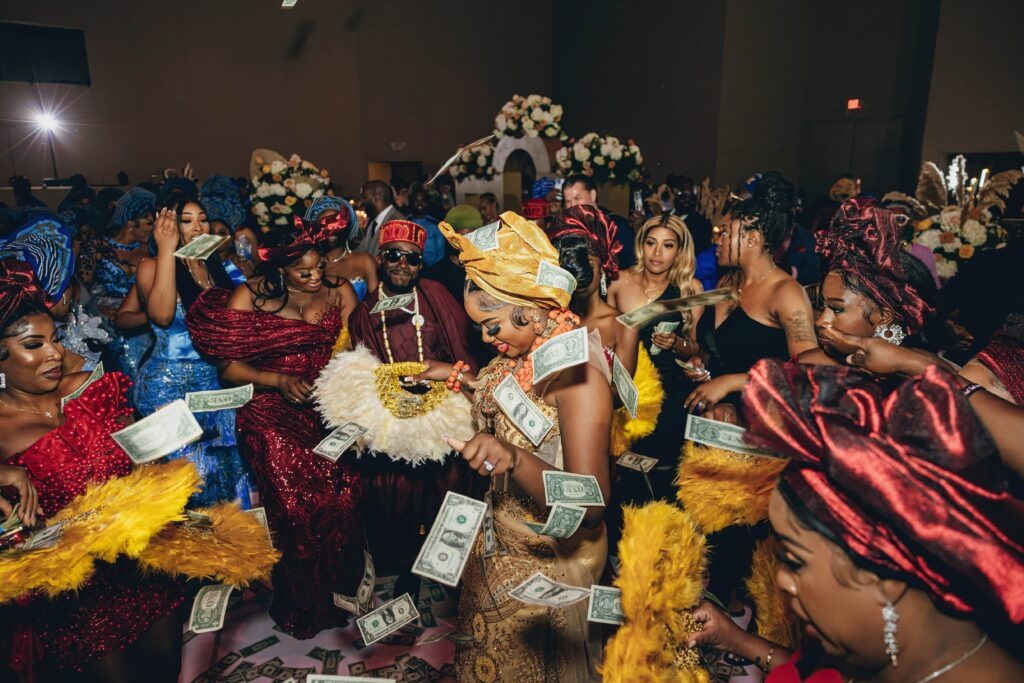
“My woman, my everything / My woman, I go fit buy you anything / My woman, my everything / My woman, I go fit give you anything / My woman oh, my everything
My woman oh, my everything!”
Collaborating with Paroranking on the chorus above in the 2015 hit ‘My Woman, My Everything’, Wande Coal’s voice dominated the Afrobeats scene since the mid-2000s. With his recently brilliant, timeless Afro+ Festival performance in D.C. this past summer, performing hits including ‘So Mi So’ and ‘Kiss My Hand,’ the coinciding online discourse began to coin him “The Nigerian T-Pain.” Oluwatobi Wande Ojosipe, a.k.a Wande Coal, was a mid-2000s fixture for Nigerian Hall Parties, along with sounds from P-Square, Styl-plus, D’Banj, Iyanya, Flavour, and Don Jazzy. Don Jazzy and D’Banj formed a powerhouse producer x artist partnership– working to expand the Afrobeats soundscape. These legends of the time were prominent in the scene, giving form to an African sonic sensibility that would build and expand significantly two decades later.
“As a pair, D’Banj and Donjazzy reimagined the eccentricities of Afrobeats superstardom, becoming continental superstars, earning the recognition of internationally renowned acts such as Akon, Snoop Dogg, and Kanye West, and helming the gateway for the careers of artists such as Wande Coal, D’Prince, and Kayswitch under their Mo’Hits umbrella. The release of the 2009 Mo’Hits compilation album, Curriculum Vitae, preempted Wande Coal’s 2010 rapturous explosion. The rise of Wande Coal was the precursor to a diverse ethos within Afrobeats. Shepherded by Don Jazzy’s multi-layered production, a frenzied uptempo version of Afrobeats emerged. It had a faster percussive rhythm, and the BPM (beats per minute) of the sound cranked between 110 and 140 BPM. The sound infused sonic influences from hip-hop, EDM, disco, and highlife. This era also marked the emergence of artists such as Wizkid, Davido, and Olamide.”
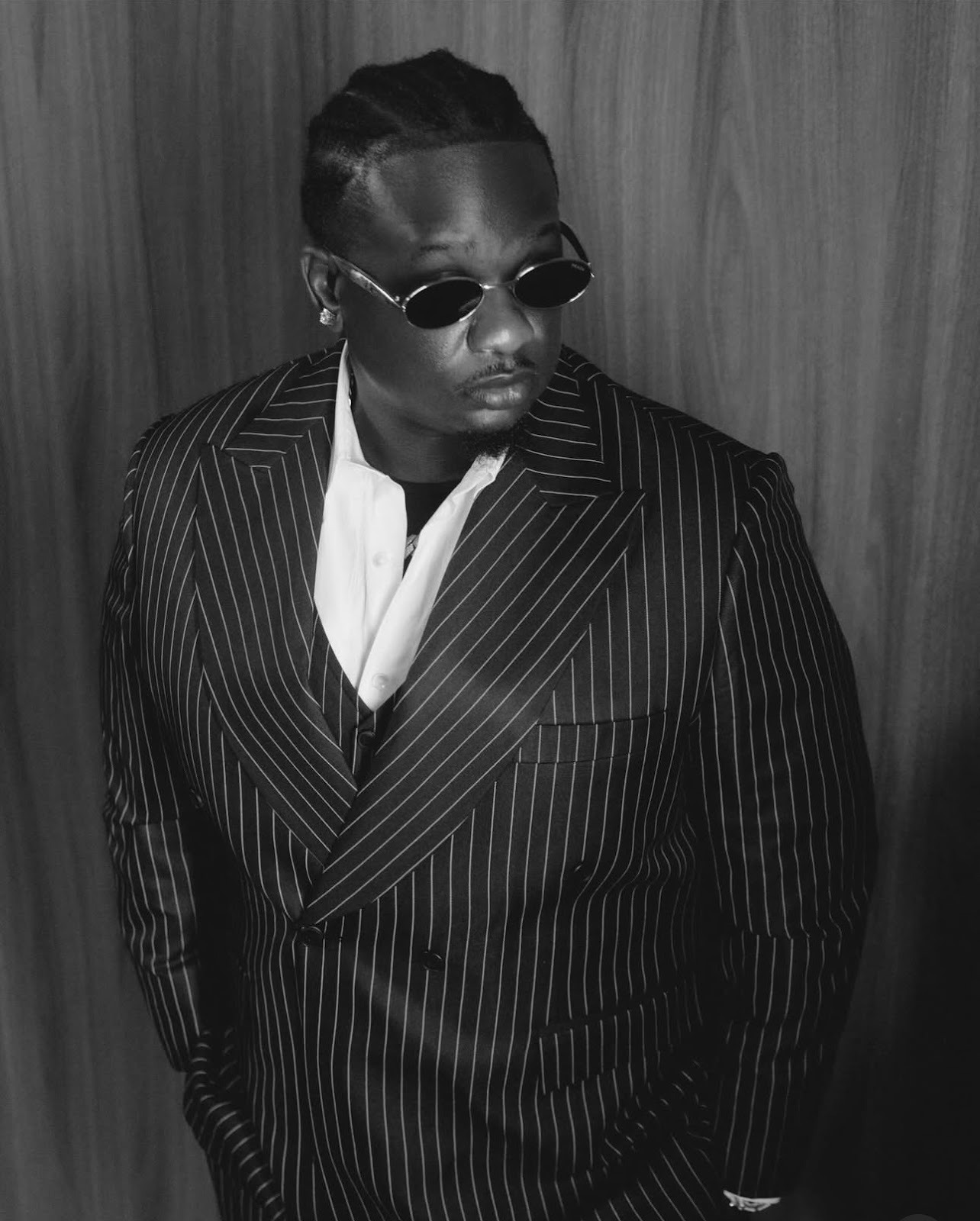
40-year-old Lagos-native Wande Coal's musical career began in the church, which is where he learned to sing and play the piano. ‘Olufe’, a beautiful ballad reminiscent of the Boyz II Men and N’SYNC boy-band era that influenced the Afrobeats sound at the time, was released on his debut album, ‘Mushing 2 Mo’ Hits.’ He went on to win five awards for this album at the 2010 Headies.
“Ololufe, jowo ma'i lo // Iwo ni mo fe ni aiye mi // Ololufe (ololufe), jowo ma'i lo (jowo ma′i lo,) // Iwo ni mo fe ni aiye mi”
In these Yoruba lyrics, Wande Coal tells his lover not to go, that “she is the one he wants in his life.”
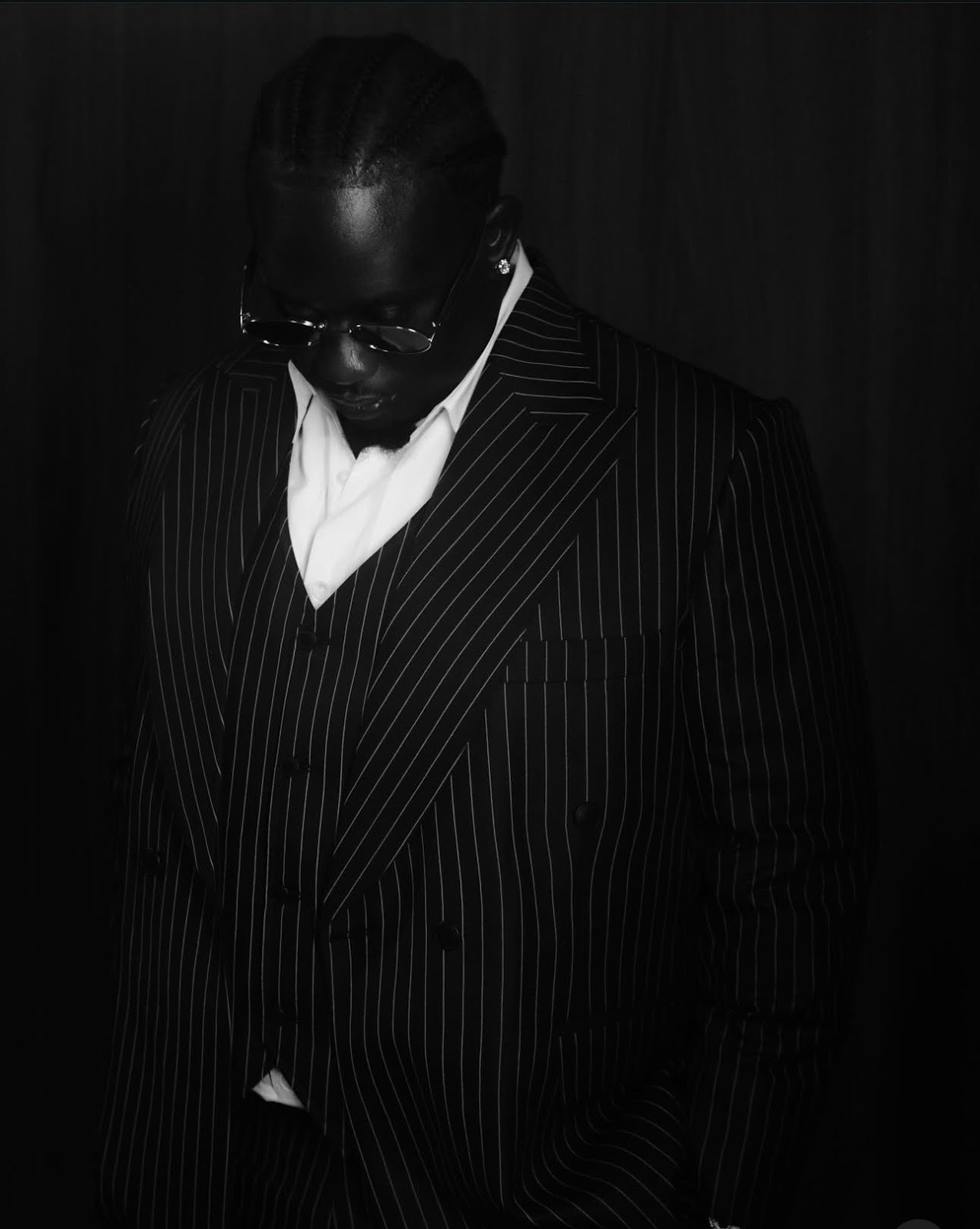
In 2019, Gentility took the world by storm with Melvitto’s energetically resonant production, matching a smooth yet dancer-friendly cadence set by Wande Coal. This song gained stark popularity, reaching 19 million streams on Spotify.
“Gentility / Gentility o se stupidity / Gentility o se stupidity
Gentility o se stupidity / Mon wo e / Ton se mi bakan mon wo e / Ton se mi beyen mon wo e / Gentility o se stupidity”
The iconic “Stupidity” outro sung by Wande Coal, commonly sung spiritedly at the top of audiences’ lungs, is indicative of the resonant captivation Wande Coal fosters in his sound. Here, he emphasizes the importance of kindness and gentleness in relationships amid preconceived notions that vulnerability and openness are inherently “stupid” or naive. He combines his honest lyricism with an enticing, engaging production, whose upbeat, catchy energy led to its subsequent popularity. Melvitto emphasized that Wande Coal had an all-encompassing approach to music, noting that: “His process is crazy…He’ll just go in a room and lock the door and just be in there. You’ll hear him singing but you don’t know what he’s doing in there. Then he’ll come back with his laptop and there are 30 voice notes in there that are two minutes long, of just song after song. He’ll tell me to take them and find something that I like.”
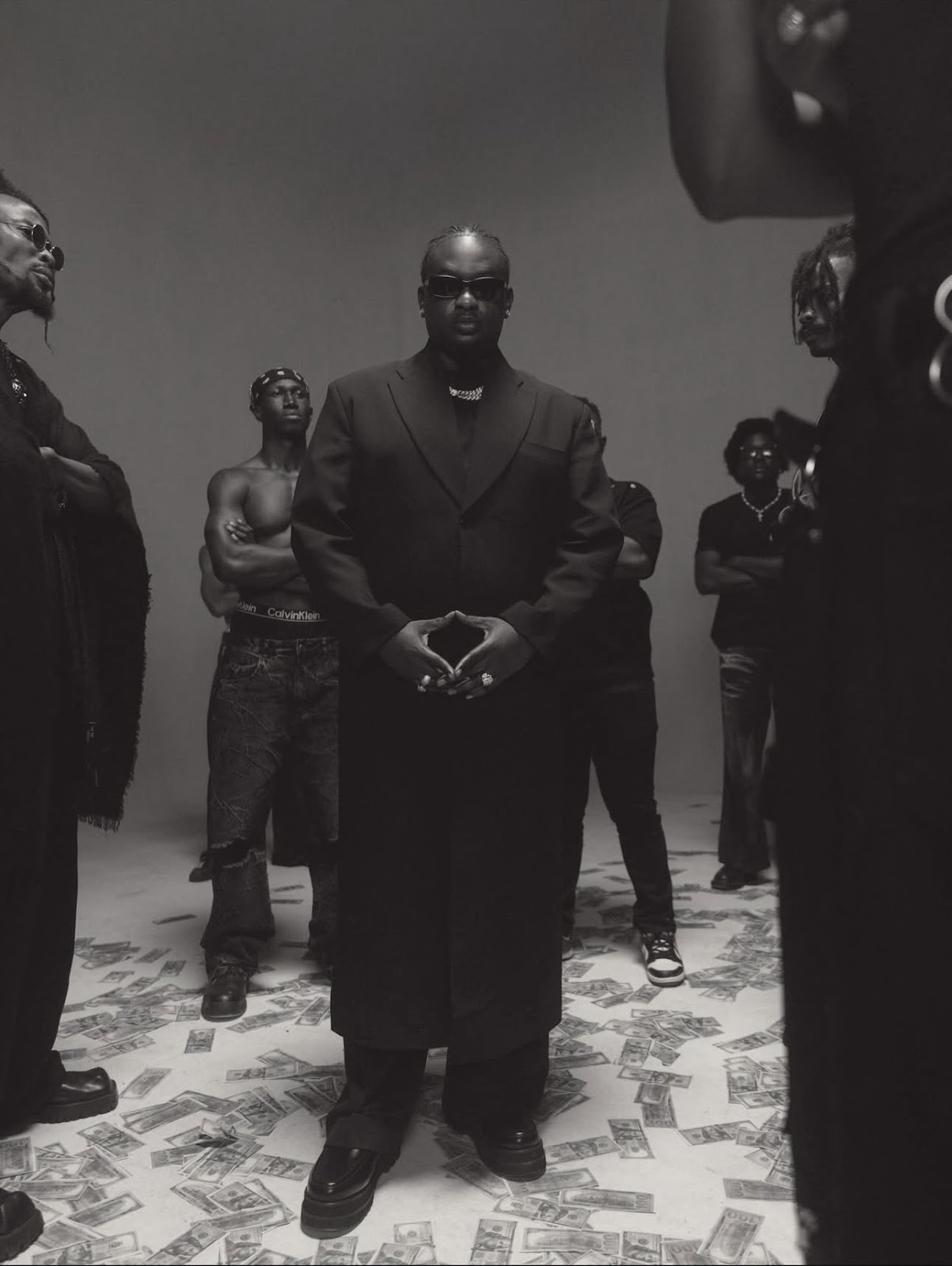
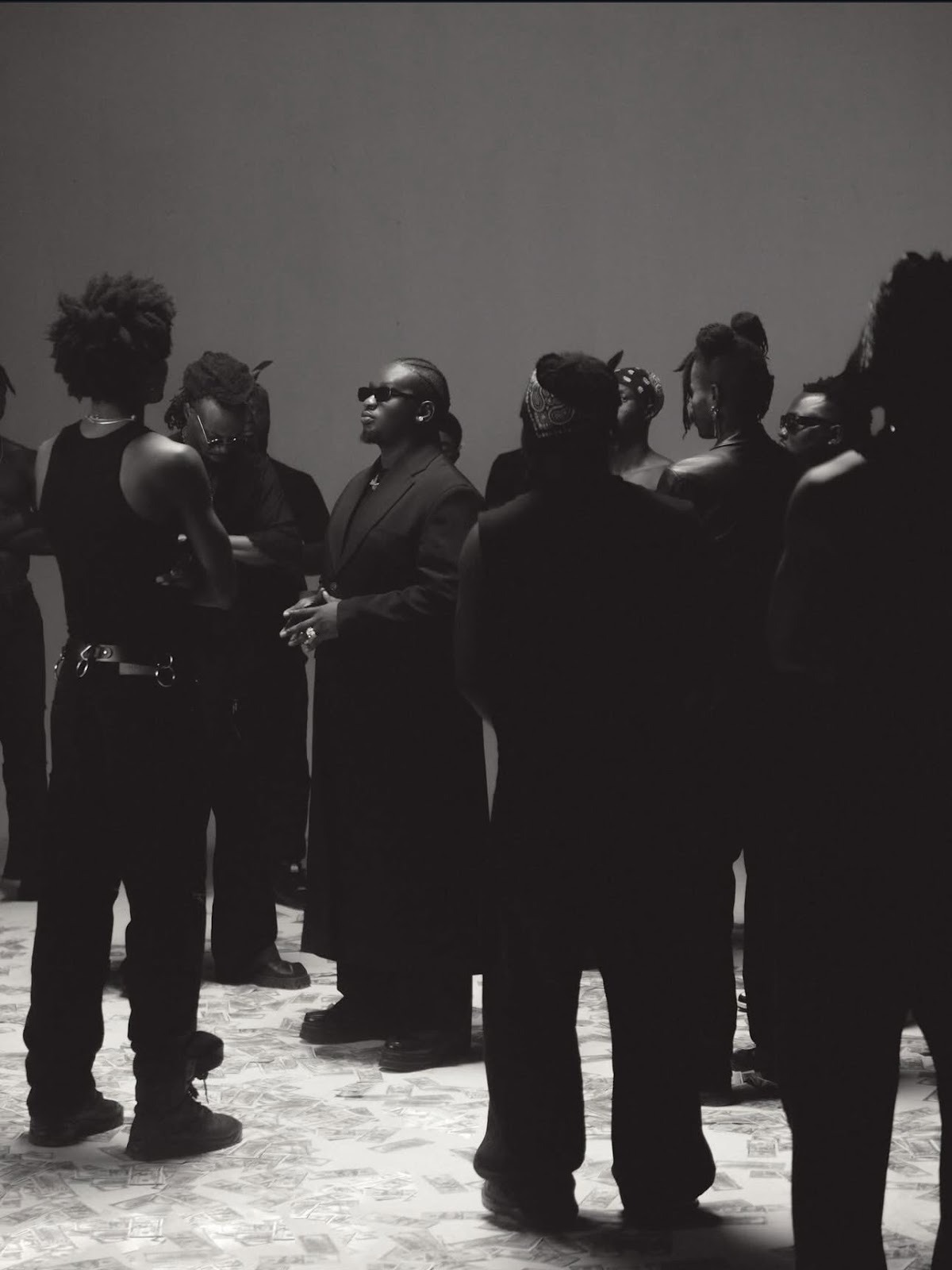
‘Iskaba,’ a constant on repeat, iconic record played at Nigerian hall parties internationally since its release in 2016, currently amasses over 86 million streams on Spotify. Wande Coal, along with DJ Tunez, crafted one of the biggest, most quintessential Afrobeats songs of its time, whose chants:
“Iskaba, Iskele bete, Iskolo boto / Iskaba, Iskele bete, Iskolo boto / Iskaba, Iskele bete, Iskolo boto / Iskaba, Iskele bete, Iskolo boto”
evokes the freedom of the party – the importance of enjoying life and celebrating with ease.
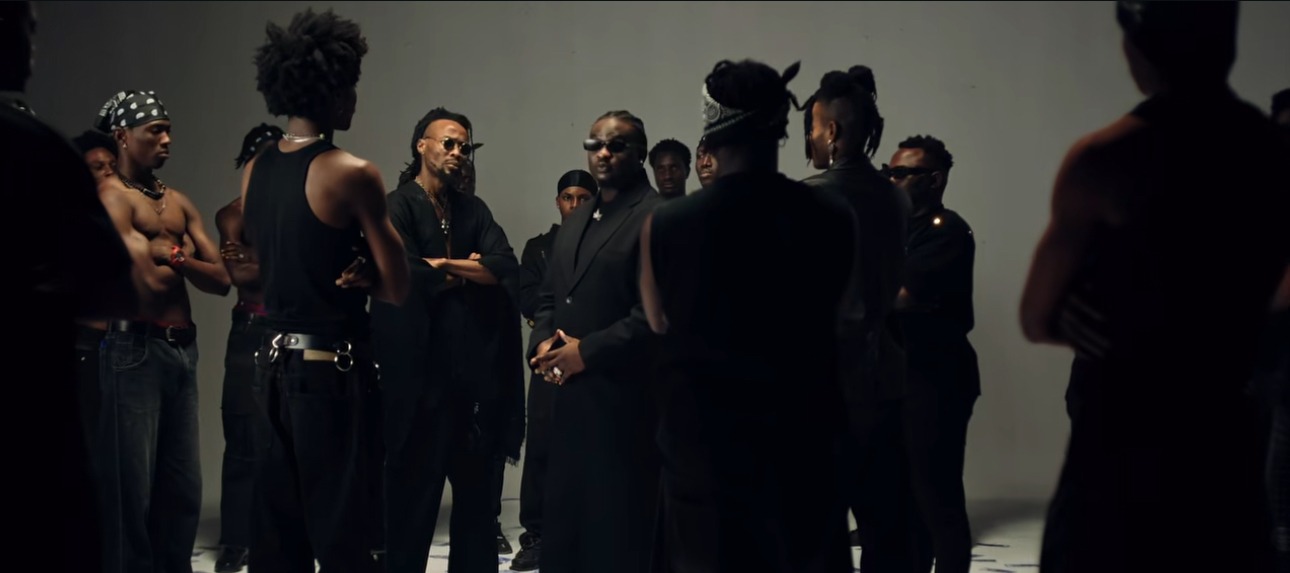
Wande Coal’s 2025 new track ‘DEM GO PAY’ invokes a similar energy. Giving a subtle nod to the Nigerian Hall Party and the importance of making energetic music that people can dance to, while this track primarily highlights Wande Coal’s growth and material success in the music industry, he folds catchy melodies and hooks to draw the audience into the party and visual aesthetic. The dark setting and figures dressed in black in the promo visuals highlight the precision of the song’s rollout. In this new age where there is always a constant influx of digital music, the promo is just as important as the record, as indicated by Wande Coal’s pristine photoshoot/visualizer for ‘DEM GO PAY.’
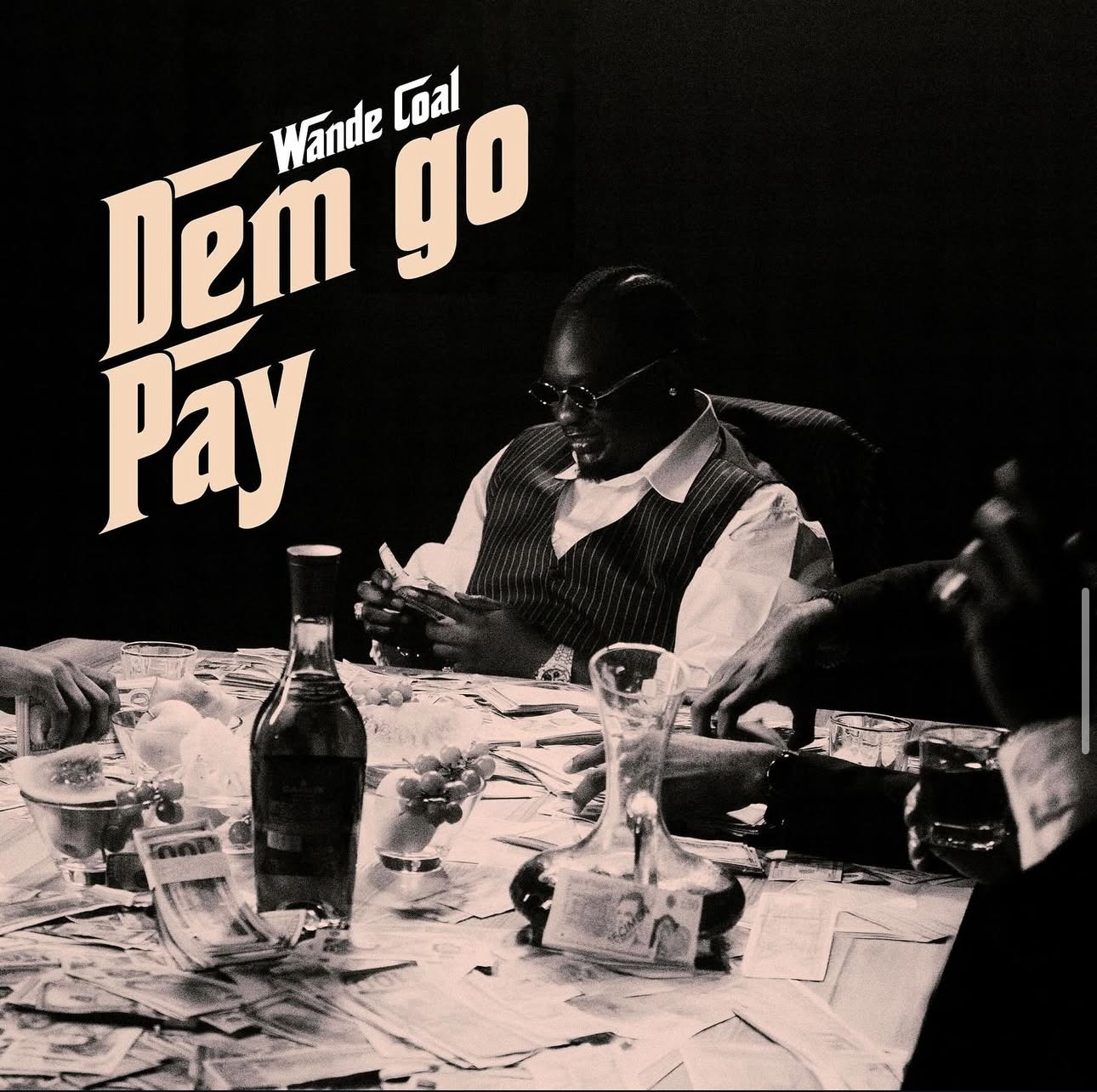
There’s something increasingly important about keeping the party alive. Not just in terms of clubs, but community gatherings, celebrations, and the like. This also hinges on the importance of diversified Afrobeats music that drives the fervor, energy, and life of these spaces. Wande Coal’s impact, in addition to a myriad of Afrobeats artists producing music that audiences can genuinely move to, cultivates communal spaces. In an increasingly digitized and individualized world, making music for the sake of community synergy continues to echo in importance.
To be accused of being an industry plant is to many an offensive slur in the music world, undermining the skill and effort it takes to achieve stardom. Finessekid carries these allegations as a trophy. These are a sign that his snippets and popouts are working. His rise to the upper echelons of UK rap has been meteoric, with industry co-signs such as Skepta and Lancey Foux within the first year of his career. His first headline show at the Institute of Contemporary Arts comes almost exactly a year after his first release, ‘Badderz Got Talent’ which had instant traction online and helped build his following.
Fans were treated to a stream of snippets and singles over the winter and spring with a strong focus on videos and the surrounding visuals, creating a world for each release which helped boost hype for songs such as ‘Like Sosa’ and ‘Coucoo’. A short scroll on his Instagram allows you to see the real motion on show, comment sections filled with both fans begging for songs to be dropped and big names showing love - rappers, footballers, artists, CEOs alike. This past summer was a busy one for Finessekid. In July he released his eponymous debut EP to great reception and celebrated it by popping out with Skepta at his Big Smoke Festival, performing two of his own songs and his then-unreleased collab track with Skepta, ‘Sirens (From Ireland)’, never missing an opportunity to spark excitement for the next release.
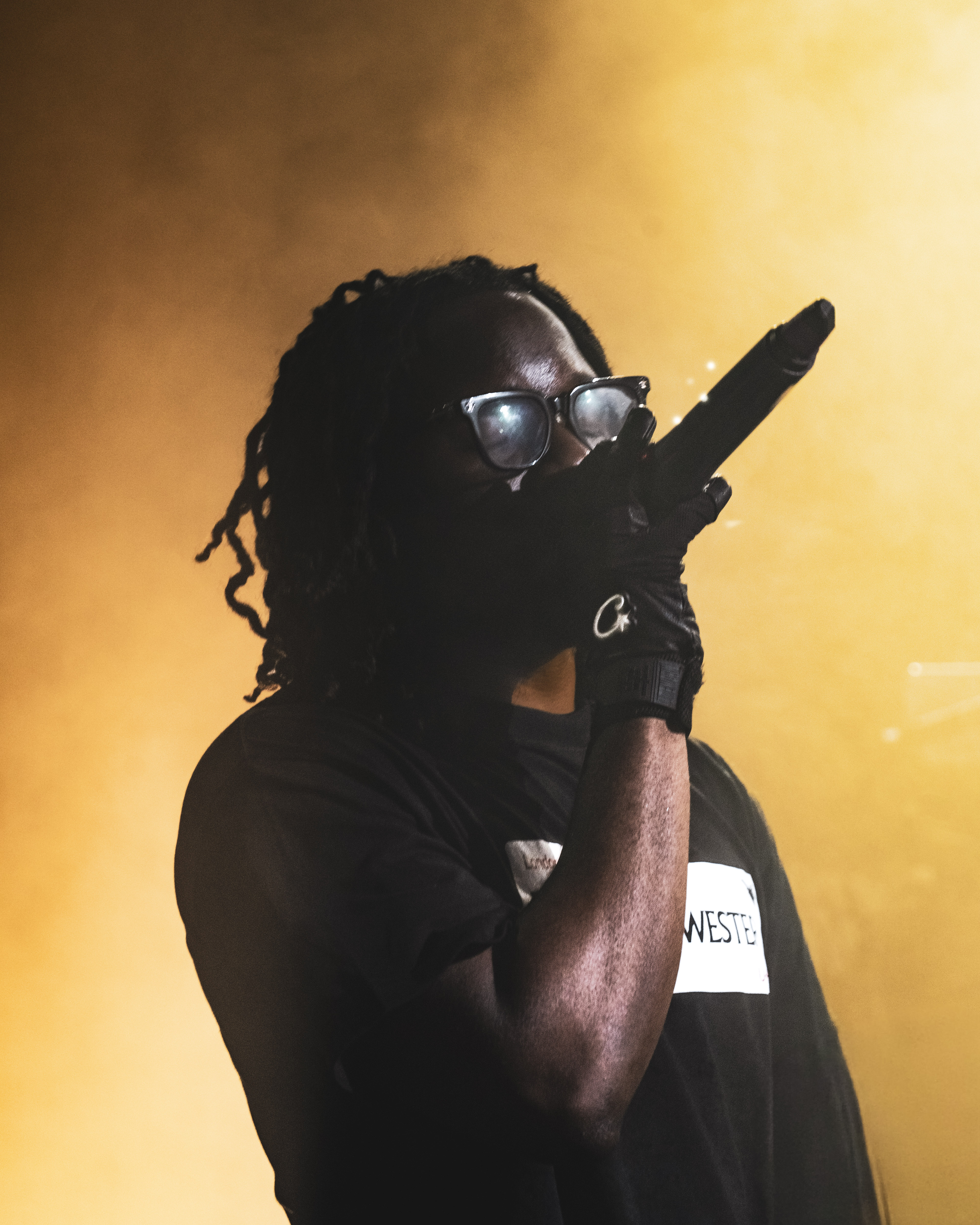
Following a host of up-and-coming rappers who had all taken their turns on the mic to gee up the crowd, Finessekid’s DJ whipped out his phone, showing a facetime call with the headline act. Thanks in part to the huge reaction this elicited, a hooded Finessekid appeared finally, to the tune of ‘I Don’t Sell Drugs’ from his debut EP. With many in the crowd wearing shirts emblazoned with this same statement, this was an instant hit and immediately every phone was up recording his entrance. The young rapper was quick to shout out his origins, although his love of Lambeth was already apparent. The stage had minimal design but did hold two oversized signs in the style of London road signage, specifically the Welcome to Lambeth which meets you as you enter the south London borough. Putting the audience right onto the road placed us into Finessekid’s world in a very simple way but it proved effective paired with his rap delivery.
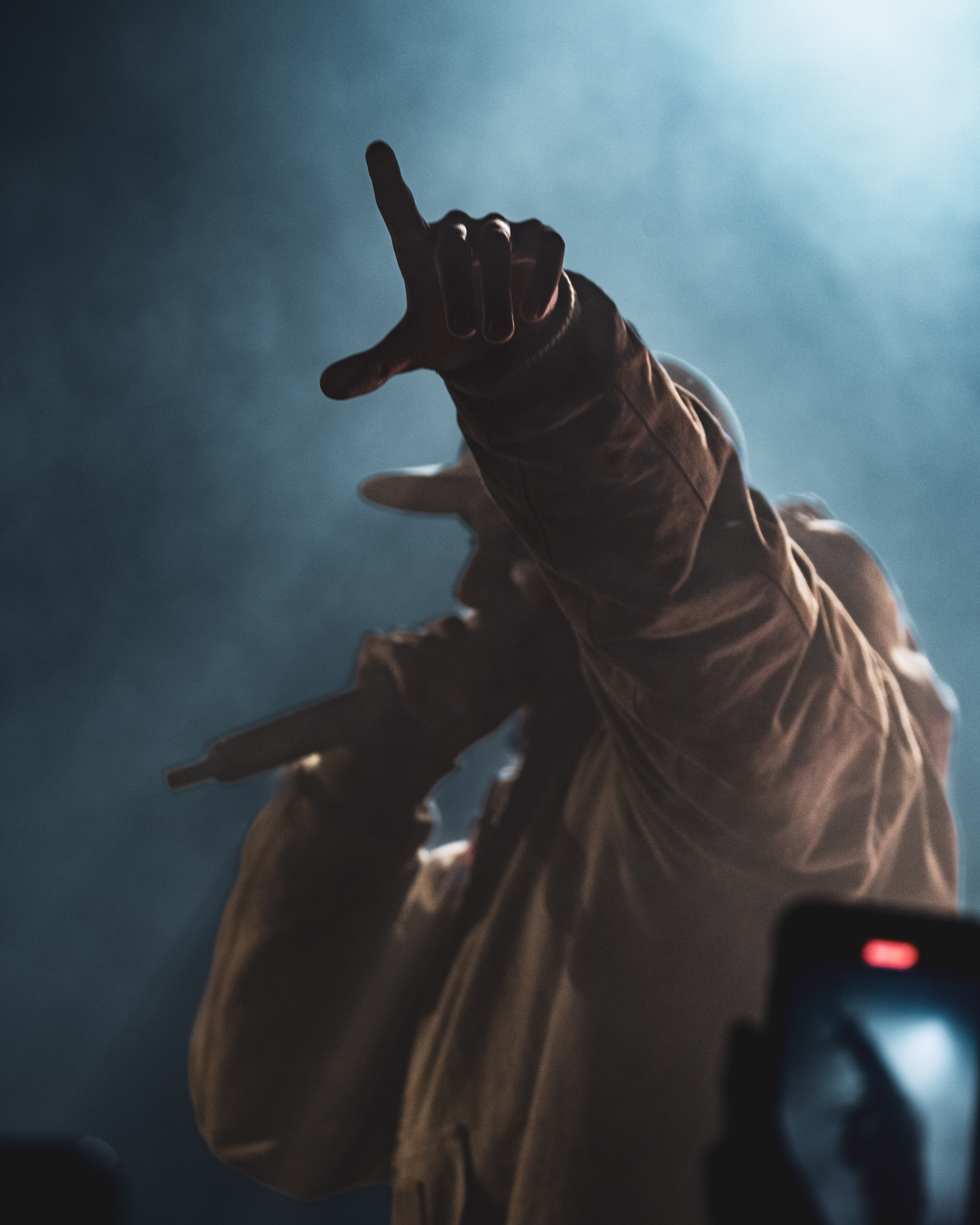
Every song transition was rapid yet the crowd was happy to keep up with every breathless jump from track to track. Finessekid went from hit to hit lapping up the audience’s attention and once he realised the extent to which he had us wrapped around his finger, his delivery relaxed and it was clear he began to enjoy the night. When he had teased special guests at the start, it was just a throwaway statement. But after he asked the room if we were “ready to go brazy”, the crowd pushed forward, suddenly catching on that we were about to see fellow South Londoner and rapper turned producer TR GoBrazy. Boasting a similar rise to Finessekid, TR GoBrazy first cracked into the scene as a producer, landing heavy credits on tracks like Central Cee and Dave's now-seminal summer hit ‘Sprinter’. The reaction to his pop-out at this concert cements him a rapper ready for stardom in his own right, showing the weight of a Finessekid co-sign in the scene.
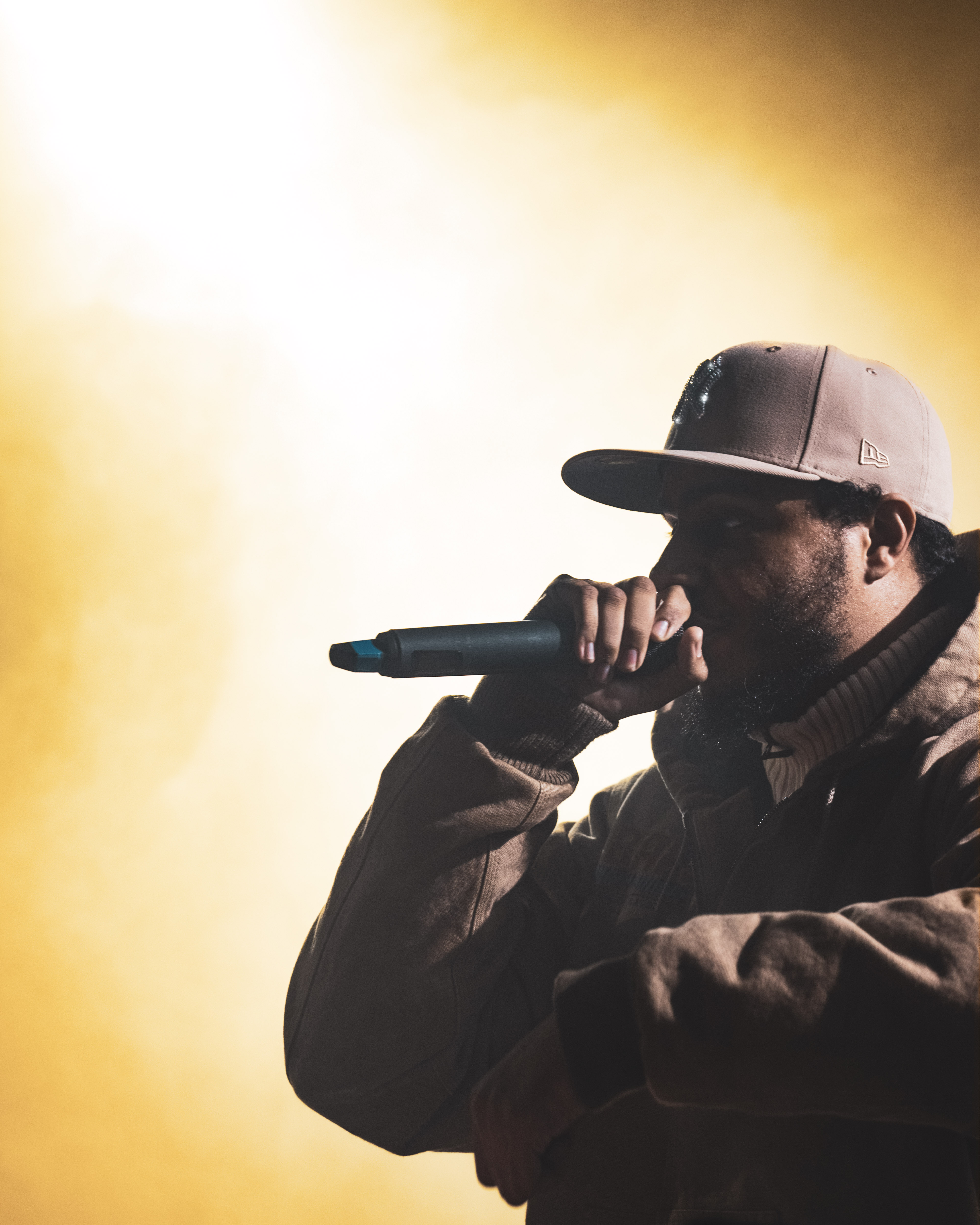
Not long after the first unexpected appearance, the crowd were treated to another, perhaps even more blindsiding. Not one member of the audience was expecting established icon of the UK rap scene AJ Tracey to be the next name on stage, called to action to perform an unreleased collab. Fresh off his own album last summer, Tracey seemed recharged by the new generation, delivering a performance that was both energetic and effortlessly cool. His style was as effortless as his flow, wearing a clean light brown outfit. Against the all-black “uniform” of Finessekid and his crew, he became the natural focal point, like he’d walked straight out of a magazine spread to remind everyone that confidence isn’t something you can fake.
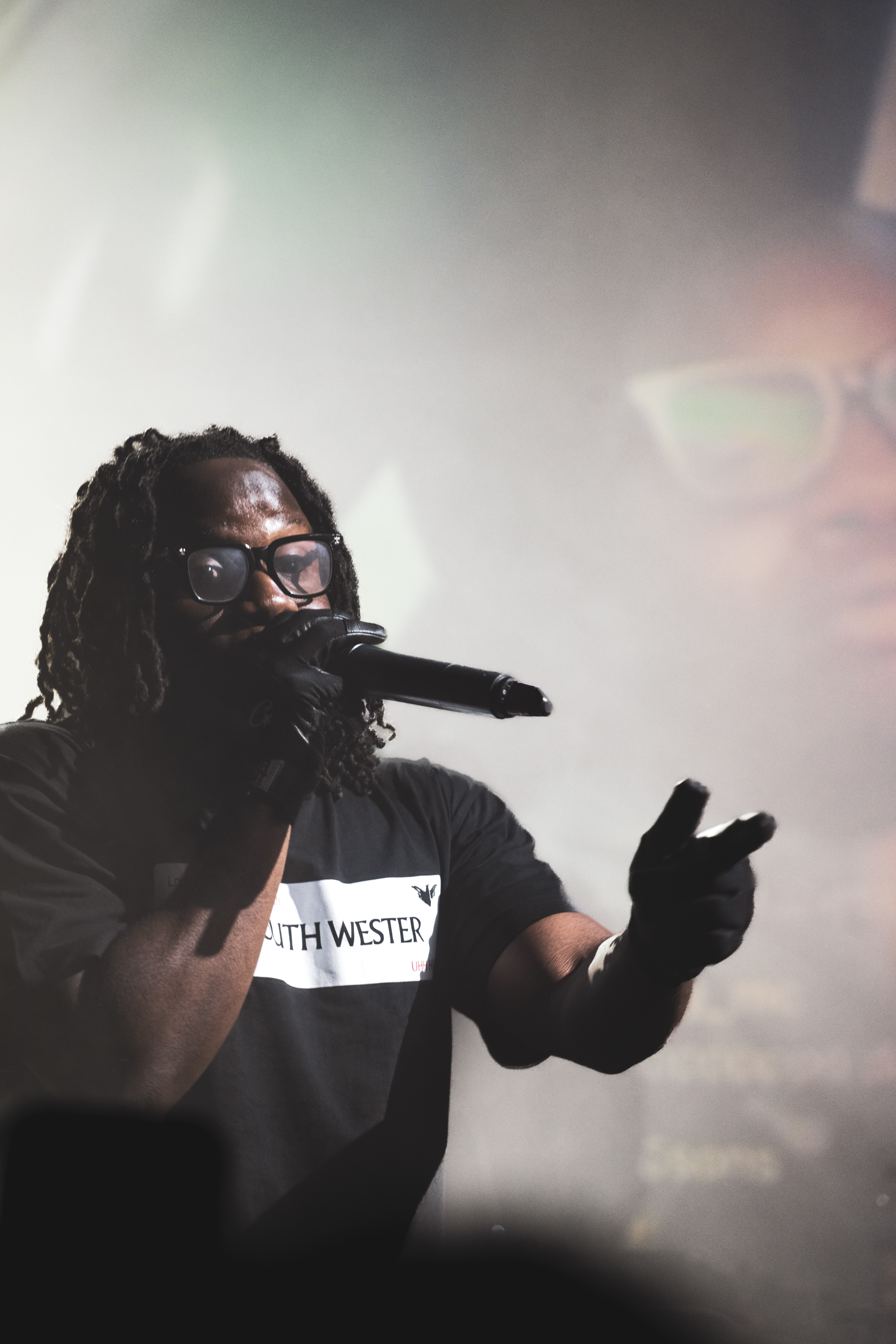
Barrelling on from the momentum of that feature, Finessekid continued the hits yet it wasn’t long until – on his own admission – he ran out of tracks. His short career does come with the reality of a limited catalogue to pull from but the crowd quickly came up with a solution. Probably the most memorable moment of the concert was the exchange of Finessekid and a fan near the front which really showed the love he was receiving.
“Reload it!!”
“What, reload that song?”
“Reload the whole show!!”
Laughing to himself, Finessekid checked the time on his phone, thinking for a second about the possibility of running it back in its entirety. In lieu of this unfortunately impossible reload, he chose to replay the hit ‘Sirens (from Ireland)’, commanding the crowd to fill in for Skepta, who was notably missing.
As first headline shows go, Finessekid left little to be desired. From rattling off his hits to bringing out guests to teasing some new unreleased work, he had the crowd locked in from start to finish. The future looks bright for the young Lambeth star, already demanding such strong attention from the entire scene. Had any fan not been completely captivated, a simple turn would have revealed a Who’s Who of London’s creative zeitgeist with Clint419 and Gabriel Moses taking it all in like any other general admission attendee. Every moment on stage reinforced that pull and if this is the beginning, the scene might want to brace itself for what comes next.
All Images by Adam Brocklesby
Kelela Mizancristos is an American singer with Ethiopian hertiage who creates dance/electronic music. Her first project was released in 2013 ‘Cut For Me’ , a daring project that serves as an interesting introduction to her and her work. What stood out from the beginning was her fearlessness in production choices and hard-hitting lyricism. This is then exercised throughout her discography as she is constantly innovating herself.
‘In The Blue Light’ is a jazz reimagining of Kelela’s discography. What it explores is the many facets and layers of her vocal and writing capabilities. What I love most about this project is how it reframes your perspective of what these songs meant by also fusing her love for black music as a whole. In the accompanying documentary she speaks about how reimagining is a black tradition within music. Through this album she wanted to extend her discography. To me, this album combats the need to constantly produce under capitalism. The arts have been falling victim to a world where nothing seems to ever be enough. But Kelela is asking us as consumers of her music to pause, and re-listen again and again in the hope that we could add another perspective to what she has created. To me, this album is a love letter to the legacy of black music created for artists in the present, to be able to create in multiple genres and embrace black art.
Jazz originated in African-American communities in New Orleans and Louisiana during the late twentieth centuries. Enslaved people would sing songs whilst working on plantations or spiritual hymns within the church. This style of music was heavily inspired by African music traditions, one of which being storytelling through instrumentation and lyricism. Traditional songs were handed down by word of mouth, lyrics were constantly adapted and reimagined. Jazz ultimately is a fusion of multiple cultures and influences, it seems fitting that Kelela would create a jazz album to reimagine her songs. In black music tradition, to reimagine affirms the spiritual experience of music.
Black music inherently involves the process of remixing music. The remix is a part of cultural heritage, through a dynamic blend of African roots and historical experiences of the diaspora and cultural exchange. In this album Kelela mentions this exchange, with her heritage lying in Ethiopia, she comments on how Africans and African Americans share many things within their culture. Due to the transatlantic slave trade that suffering may have looked diffrent. She says, “Though my people struggled in a different way” acknowledging how her jazz reimagining is a way of acknowledging this hybridity. In the accompanying documentary she mentions how this choice is “The tradition of reinterpretation in jazz has always influenced my work”. Her career has moved so much, starting an indie band, being a background singer, an experimental guitar period then landing at dance/electronic music. Ytasha Womack, filmmaker and author of ‘Afrofuturism’ discusses this concept of the imagination within creativity. The invention of jazz music is an aspect of afrofuturism because for enslaved people it created a medium for them to explore their liberation.
What makes ‘In The Blue Light’ special is that it takes music from across Kelela’s discography and makes them more sentimental than what they were to fans. She picks songs from the beginning of her dance music career to the most recent. Beginning with ‘Raven’, which says "through all the labour / a raven is a re-born”, over the soothing keys and harp, we’re able to sit into these lyrics that are about reinvention and growth. The raven, which is the name of her most recent album, represents wisdom and transformation. It makes sense that at this point that Kelela is more interested in this, rather than stagnation within Black music.
She then moves into the ‘Take Me Apart’ section of the album. This album is Kelela’s fourth project, this is the project that made her known to me. She effortlessly flows between the songs ‘Take Me Apart’, ‘Bankhead’ and ‘Waitin’, all of which are fan favourites. These songs originally had high synths and strong electric drum patterns but in this, it's stripped back with harmonious background vocals that fill the space.
This project also introduces fans who may not be jazz listeners to classic songs, like ‘30 Years’, ‘Furry Sings the Blues’ and ‘Love Notes'. ‘30 Years’ was first performed by Betty Carter, a legendary jazz singer. For Betty Carter this album and song was a celebration of her thirty year career and is a testament to her independence and artistic control, which Kelela represents as well. Throughout her career she has been nothing less than innovative. Consistently creating music that pushes the needle in writing and production, all whilst maintaining creative control. Kelela isn't running up against anyone, she has created her own lane and continues to grow within it.
The real standout for me in this album was ‘Better’ and ‘Cherry Coffee’. These are heartbreaking love songs that represent letting go of someone or something you love. The sequencing takes us on a musical journey. The crescendo that is ‘Better’s bridge, ”that we've been around once or twice / breaking down in the middle of the night / no ride? So how do we fix this?” sucks you in completely to this emotional breakdown with two lovers. But ‘Cherry Coffee’ is the acceptance that perhaps this lover is in something deeper, something that you as a partner or ex-partner cannot fix, “you’re in deep / I see what’s going on / it’s a twisted cycle you confuse with love”. This song is beautiful and really encompasses traditional jazz elements like dissonance, allowing us as listeners to sit with these lyrics and have an emotional experience. Love has a way of creeping in and leaving when we least expect it. These songs represent the aching feeling of releasing something when you don't want to.
To conclude, this project perfectly encapsulates the ways black artists can continue to reinvent themselves. Kelala isn't new to this, as throughout her discography she continues to remix all her musical projects. But, this one felt different and more special, especially since this was all performed live at the Blue Note, an iconic jazz club that has hosted a heap of musicians like Sarah Vaughan and Lionel Hampton. Now Kelela is one to add to this list.
Live at SILO Brooklyn, Arlo Parks unmasks the commonly concealed, uncanny music production process. One large table encompassed the entire stage’s set design, compact with massive MIDI keyboards, TASCAM cassette tape recorders, audio interfaces, decks, keyboards, and a guitar. Sunken red and soft white lights entrap the stage in her new experimental series, ‘Sonic Exploration.’
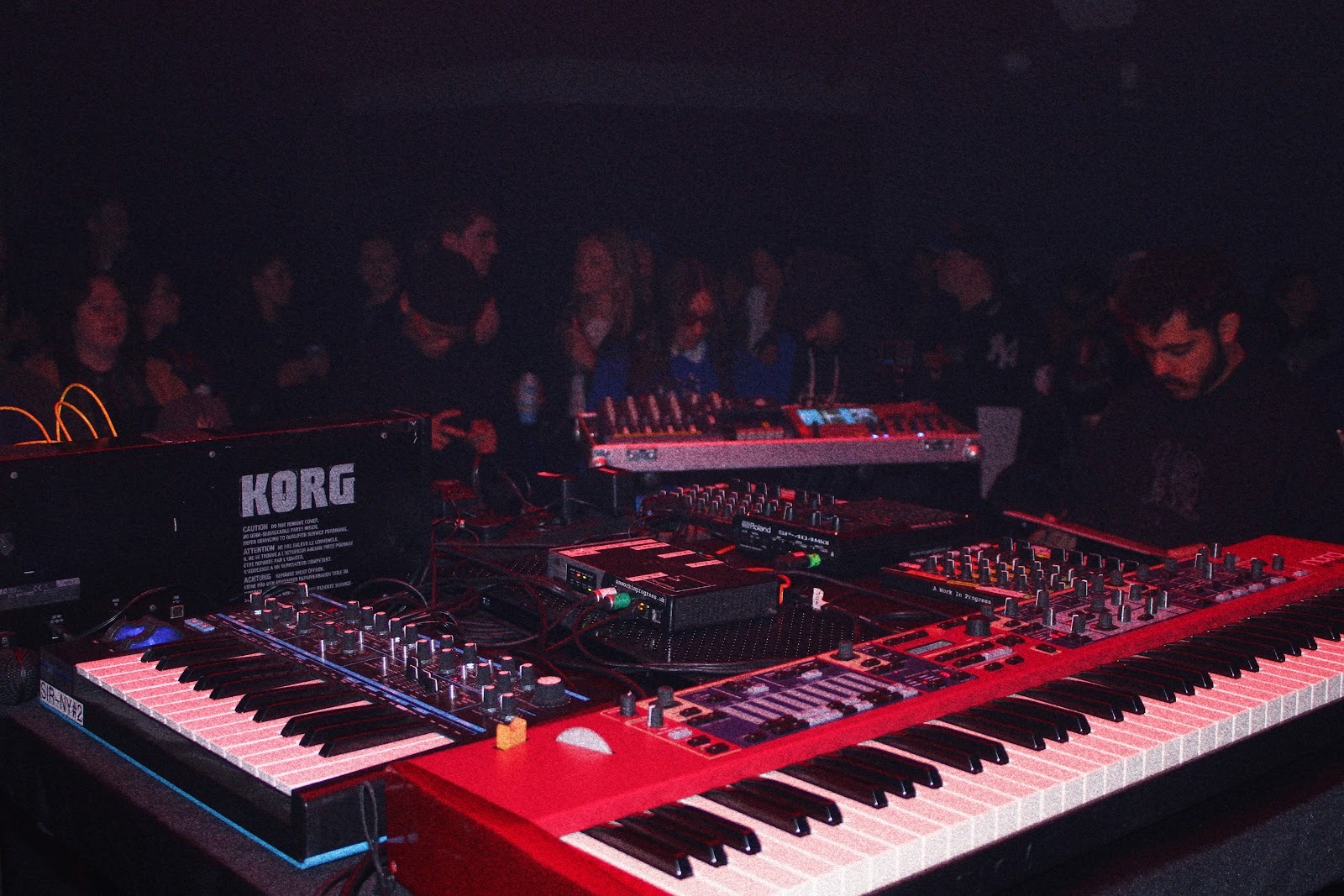
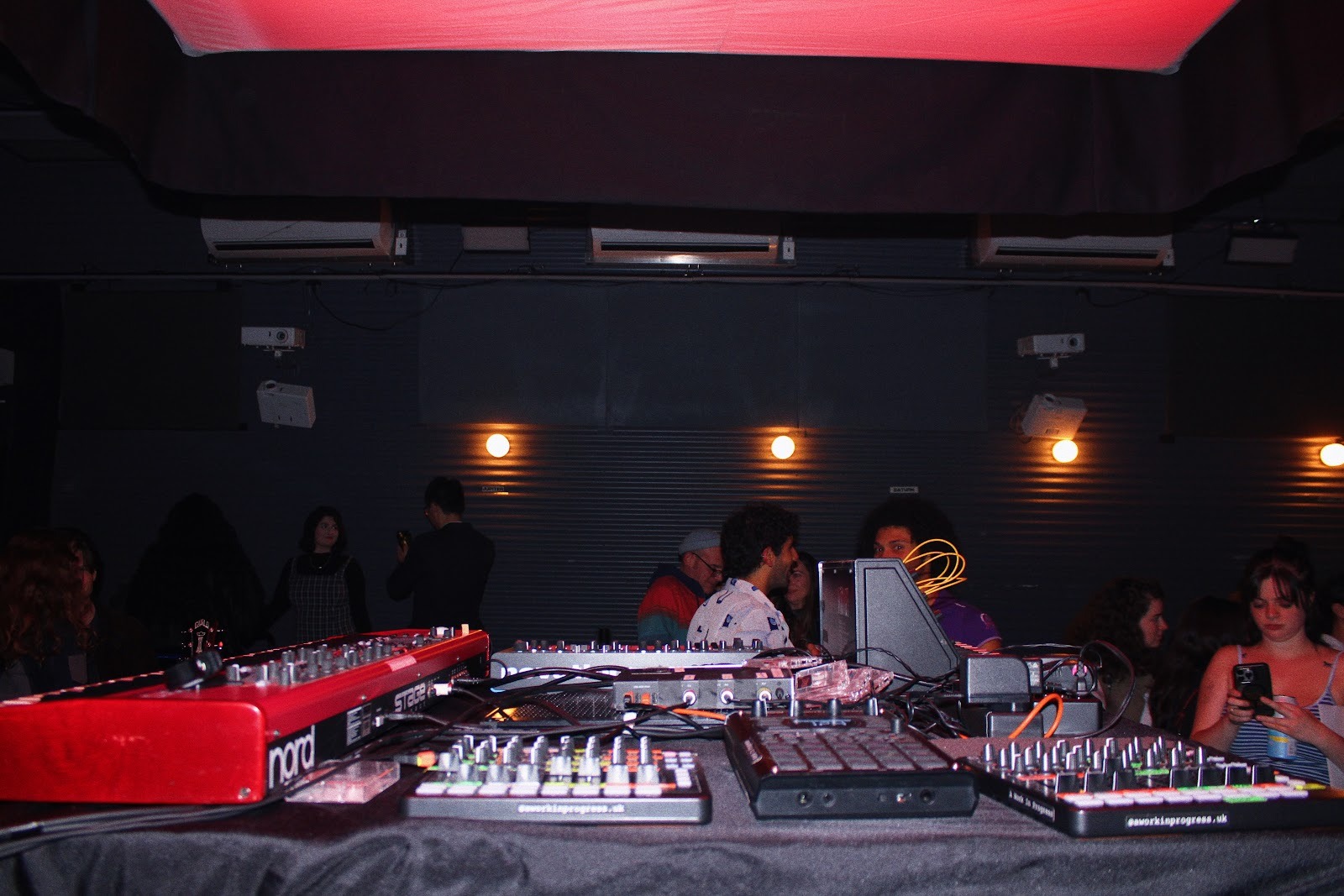
Born Anaïs Oluwatoyin Estelle Marinho, the L.A.-based and West London-raised singer/songwriter Arlo Parks curates a new way of sharing and experiencing music beyond the traditional performance scene. With shows slated for London, New York, and L.A., these intimate live shows awarded the audience an inside look at her intricate studio process, as she performed old songs from her repertoire layered with unreleased, new tracks.
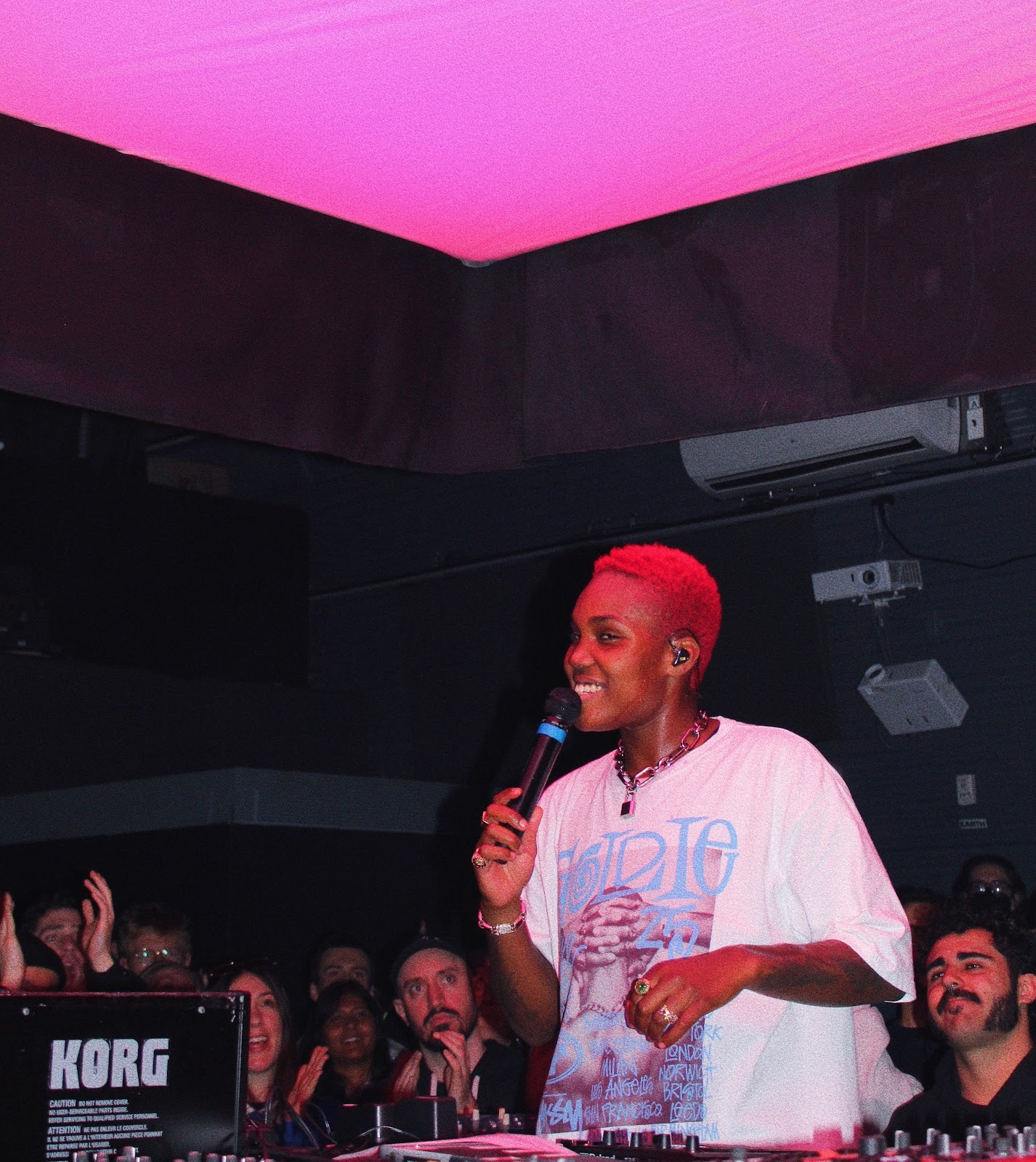
The picturesque communal stage removed a natural hierarchy commonly present between the artist and the crowd, designing a curated closeness amongst the audience. Alongside producer/guitarist, Baird, ethereal meets ambience. Layered with synthy, vintage-forward keys, mellow voice-overs, and futuristic textures, Arlo performs her unreleased track, ‘Heaven.’ This track mirrors Arlo’s light, smooth, emotional vocal approach, albeit with a new percussive, R&B-forward twist.

She then backtracks to her 2023 hit featuring Phoebe Bridgers on ‘Pegasus,’ from the ‘My Soft Machine’ album. Under a calm, moody, nostalgic blue light with synchronized head nods and sways from the audience, this pop bop falls nothing short of simple, resonant genius. Arlo has a beautiful way of conveying deep emotion through her soft cadence, accompanied by her vulnerable lyricism.
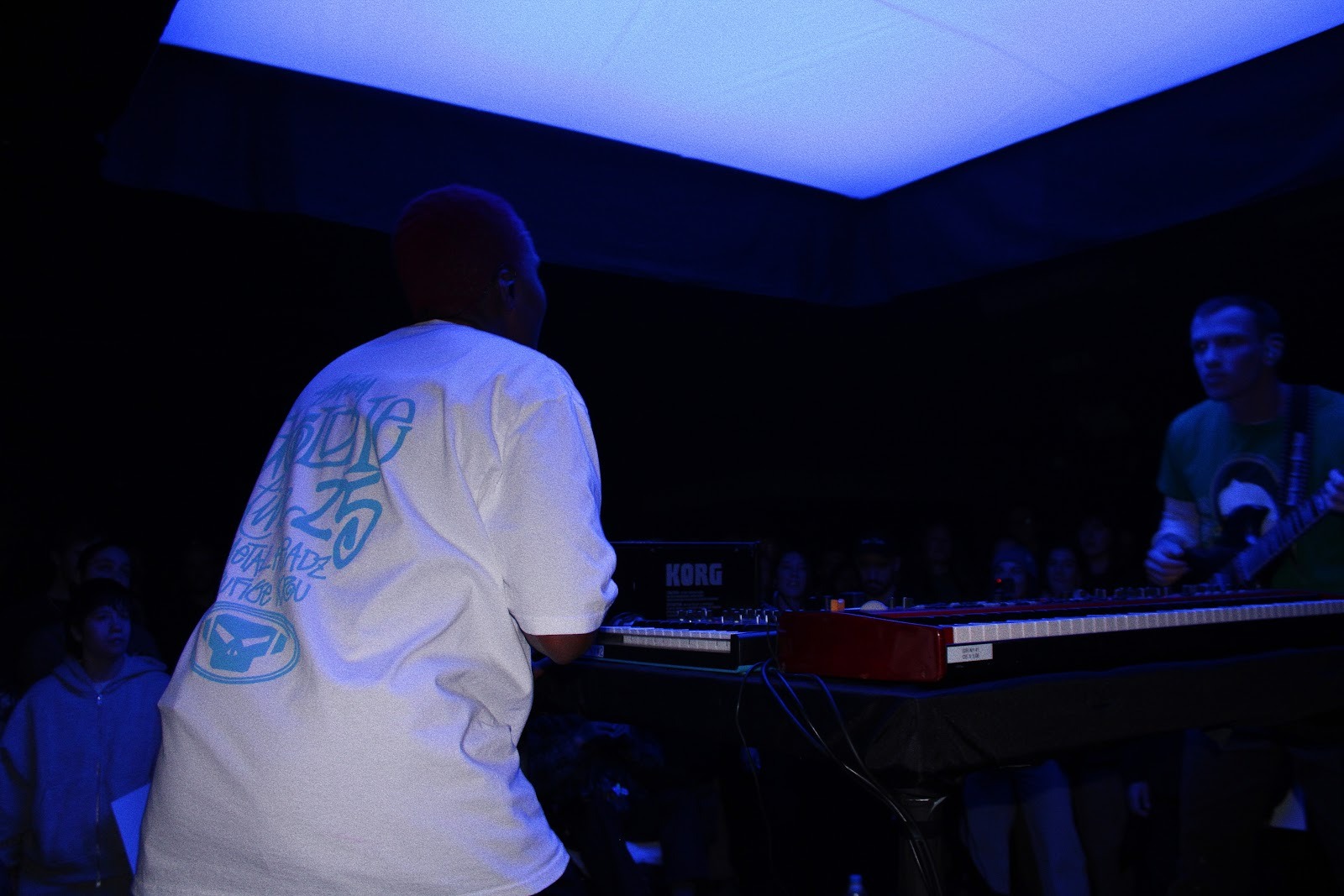
“Blue jewels 'round your neck (Ooh) / You cool my distress (Ooh) / Loose cherries, hot breath
I'm overwhelmed (Ready?)
“I spun 'round and screamed, “‘I feel elated when you hold me’” / Then you got shy and beamed, “‘I think it's special that you told me’” / I think you're special 'cause you told me (Ready?) / I think you're special 'cause you told me / I think you're special 'cause you told me”
Arlo released her new single ‘New Desire’ ahead of her ‘Sonic Exploration’ show as a teaser of her new sound experimentation over the past two years. Taking the stage lights back to sunken red, she hits the decks with Baird on the guitar, playing a light, uplifting harmony. This track showcases Arlo’s sonic evolution, marrying her signature lo-fi, pop sound with a new electronic, punchy percussive feel. A late-night session with Baird inspired this track, all culminating from a voice note she received in May that “made her feel like a teenager again - tender with new magic.”
Arlo comes full circle near the end of her show with her 2018 debut single ‘Cola,’ rocking the crowd with its heavy, unforgettable, groovy bassline. Currently at 48 million streams on Spotify, the funk-inspired record juxtaposes against the melancholy of unrequited, toxic love, as the crowd emphatically sang,
“So take your orchids / Elsewhere, elsewhere / I loved you to death / And now I don't really care
'Cause you're runnin' 'round over there / Yeah, you're runnin' 'round over there / And now I don't really care.”
Pulling the audience into Arlo’s new, current, and future musical worlds, the timeless nature of these live shows expands the culture of sharing music that is in process. In an age of chronic automation, the dismantling of overt polish and perfectionism retains the art of the fundamentally undone.
All photographs by @ememIK46
West London artist, CARI, is one to look out for in the coming years. Coming from Caribbean heritage, it seems that it informs all the work she produces. With such a small discography she is already making her mark within music. She has provided offerings to artists like Venna with the song ‘Veranda’. Effortlessly she bounces over the production, as she describes departing from someone she once cared about. ‘CARI’S HONEYMOON’, an interlude featured on Destin Conrad’s debut album ‘Love On Digital’. This song is less than a minute long but still manages to cut you deep emotionally, “and it should feel like a honeymoon / But it feels like a ticket straight to hell for two”.
“Is it still love if you have to beg for it?”, that is the question CARI asks, on ‘Colder In June’, the first song I ever heard from her. From this point on I was enamoured by her voice. The emotion depicted in her tone made me feel everything she was feeling. What makes this EP special, ‘FLUX’ , is that it is a perfect introduction to what CARI has to offer us as music listeners. Ultimately, it's a beautiful blend of jazz, r&b and folk music. Her sound already feels extremely established so early on in her career. It's both soothing and abrasive in a way that the lyrics hit you when you least expect it.
The EP ‘FLUX’ opens with ‘Luvhiii’, a song that has blues undertones, describing love as something that can almost feel violent when a person is feeling it. “You hit me like a truck / And I will never get enough”. The chorus echoes between both ears and you begin to enter this whirlwind of complex emotions with her. ‘Creatures’ is less than a minute long, over an acoustic guitar she wrestles with entering a relationship with someone, understanding that too much of herself will have to be given in order to be in it. It asks the question of whether this is something worth committing too. “Loving you is the only thing I fear”, the last words she sings. It’s almost like a cry, what is special about her music is her tone. Her tone allows you to feel everything she is feeling. This hesitancy of commitment is something many of us have experienced, it can feel short like this song or it can follow us throughout our lives. ‘Creatures of habit’, which can suggest that this is a pattern. It is not perfect, but it’s honest.
This honesty then follows onto the next track, ‘Phuckups (Hold me)’ over a striking electric guitar. Opening, “It can be lethal / How a love deferred can make the body feel sometimes”. Perhaps this is the result of this “habit” she has developed, hesitating to love. It seems so simple to recognise but hard to break, “Two prisoners to the push and pull”. Her lyricism stands out so much within this project, using a metaphor to describe how far she is from someone emotionally despite being around them, “But you never get close enough to hold me”. She uses strong metaphors to describe love again on ‘Bleeding’. The song is the most haunting, her falsetto floats through the background describing how this heartbreak exceeds emotional but has become physical. “Used the med degree to put more salt in the wounds / Like I was a soldier”. This heartbreak cuts through and has left her pleading. “I doubt you still give a f*ck but I’m bleeding right now”.
The EP brings us home with the title track ‘FLUX’. This song discusses the uncertainty of young adulthood. The word “Flux” can be defined as “the process of pulling in and pulling out”. This is very accurate to what it feels like to be young in uncertain times. “Wish I could reach inside but it’s far now / Confidence so fleeting / Feel like a star now but I'll probably feel different tomorrow”. As a young person at times you can feel on top of the world. As if you have it all figured out. Then the next day it feels as if you do not know what is going on. This song perfectly encapsulates this feeling. The song leaves us repeating the chorus, “Now / Guess we’re in flux now”. It seems she is accepting of these constant changes, that it is just a part of life.
Genre is an interesting thing, at times the labels can be quite limiting for Black musicians. But for CARI, it seems that she is pushing this genre further. How far can R&B go? In its tradition it has allowed black women to discuss their romantic desires. In this project she explores themes beyond this, heartbreak, uncertainty and love. All in the space of twenty minutes. What I love most about this project is the somberness, but also hope. Especially in the way it ends, “we’re in flux now”.
D’Angelo’s passing moved the world to a resounding, harrowing halt. Our collective devastation and utmost admiration spoke to his immeasurable impact on Black soul, funk, and R&B music since 1994.
The genesis of his sound heavily derives from the Black church– a foundational element of American music across countless genres. From the energy of the choir: the altos, sopranos, and tenors in joint harmony, the commanding power of the guitar’s grounding bassline, to the enigmatic, cinematic control the organ demands—these elements were all intrinsic to D’Angelo’s musical journey.
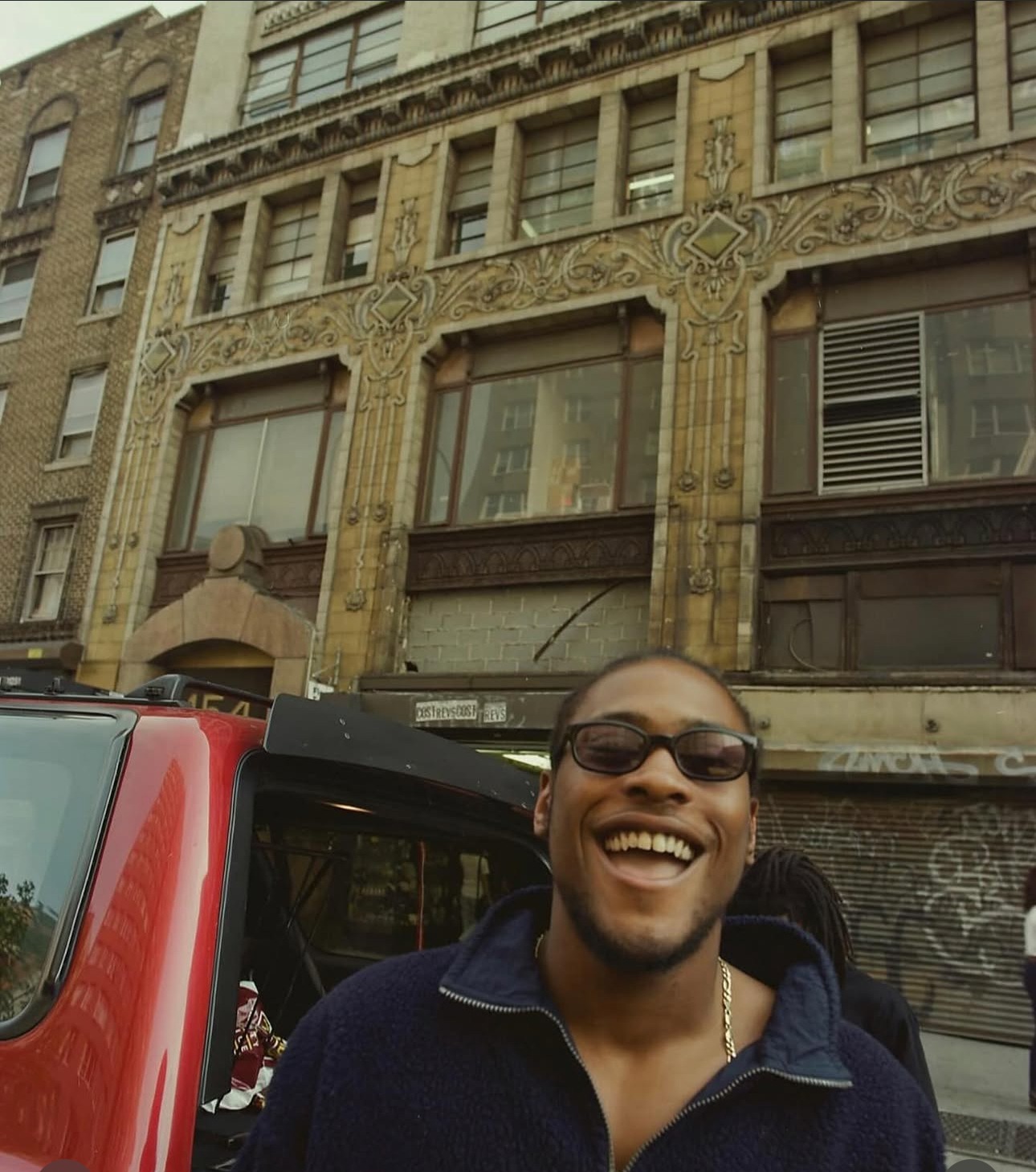
“This is a very powerful medium that we are involved in,” D’Angelo told GQ in 2014. “I learned at an early age that what we were doing in the choir was just as important as the preacher. It was a ministry in itself. We could stir the pot, you know? The stage is our pulpit, and you can use all of that energy and that music and the lights and the colors and the sound. But you know, you’ve got to be careful.”
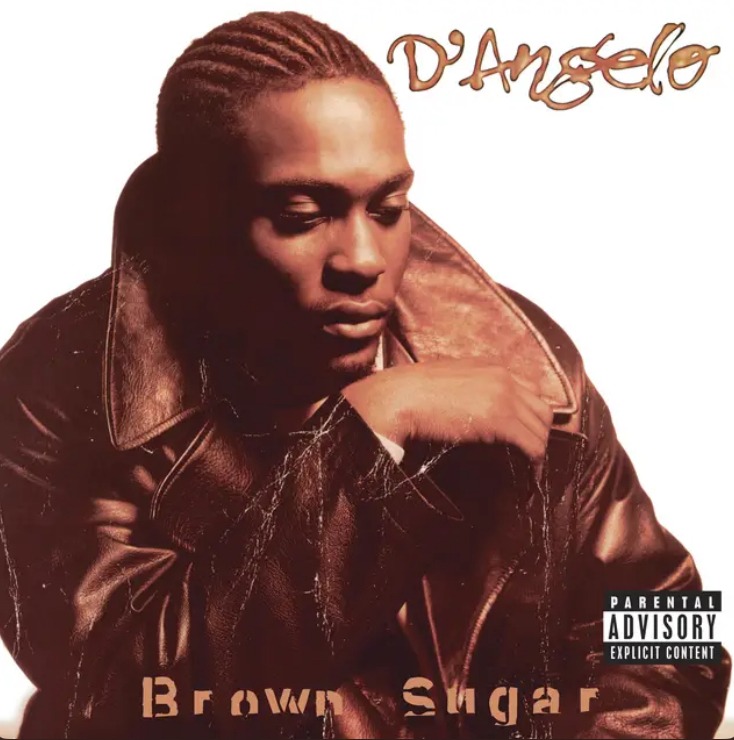
Virginia-born Michael Eugene Archer, also known as D’Angelo, reshaped the entire sonic landscape of R&B. Utilizing vintage instruments like Wurlitzer and dated effect boxes, he fused laid-back soul with a new stylized funk-jazz-pop-afro sound in ‘Brown Sugar,’ his 1995 debut album. Though producer Keda Massenburg coined the phrase ‘neo-soul’ and recognized D’Angelo as the pioneer of the ‘neo-soul’ subgenre, D’Angelo rejected this, and in an interview with Red Bull Music Academy, he stated: “I never claimed I do neo-soul…When I first came out, I used to always say, ‘I do black music. I make black music.’”
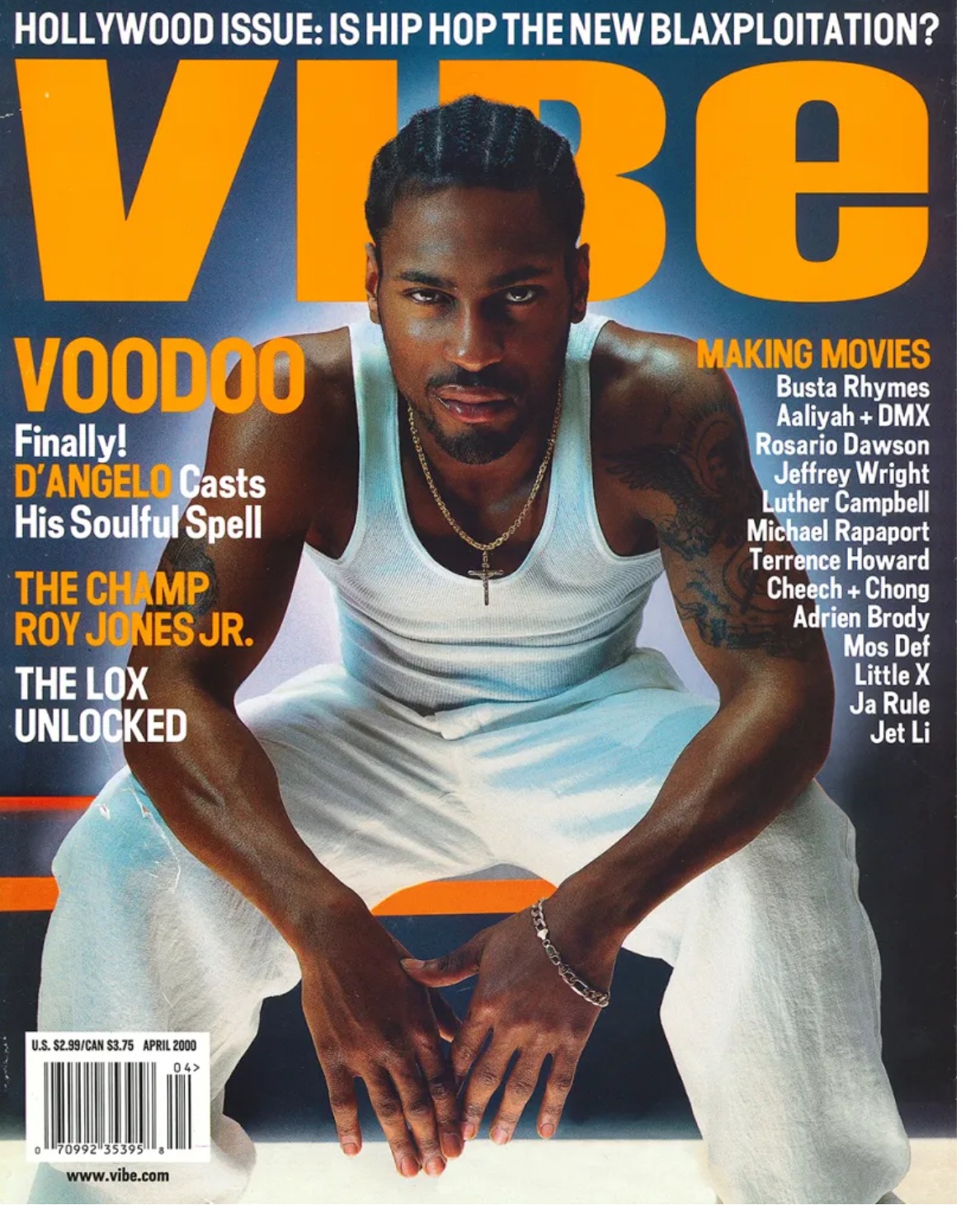
Refusing to limit his musicality, he was endlessly inspired across the African diaspora, most notably in his 2000 sophomore album ‘Voodoo.’ Winning the Best R&B album Grammy for that year, debuting at number one on the Billboard 200’s chart, and selling 320,000 copies in its first week, this album was a critical success that fused afro-caribbean, funk, hip-hop, salsa, blues, neo-soul, gospel, and jazz all in one. The final single, ‘Untitled (How Does It Feel)’ was ranked by Rolling Stone as one of the Greatest Songs of All Time.

“HOW DOES IT FEEL? / (Wanna know how it feels, yeah)
HOW DOES IT FEEL? / (Said did it ever cross your mind?).”
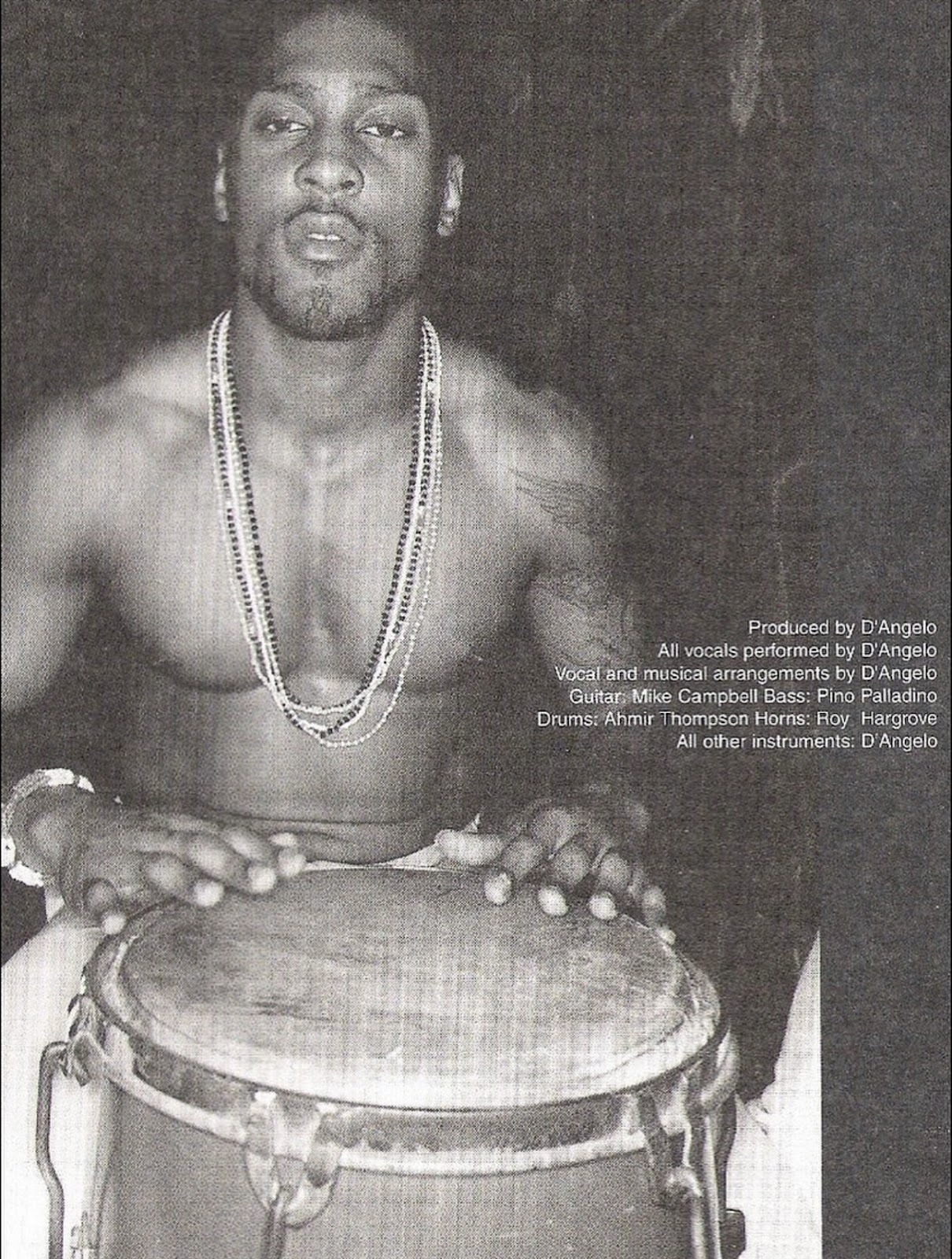
D’Angelo’s vision for this album was heavily influenced by African traditions. The last song on the album, named ‘Africa’, layers smooth gospel chords and subtle echoing harmonies, alongside gorgeous ad-libs–culminating in a meditative ode to belonging, home, and being Black between two opposing worlds.
“Africa is my descent / And here I am, far from home / I dwell within a land that is meant for many men not my tone, yeah / The blood of God is my defense / Let it drop down to my seed / Showers to your innocence / To protect you for all eternity / And with this wood, I beat this drum / We won't see defeat, yeah / From kings to queens becomes a prince / Knowledge and wisdom is understanding what we need.”
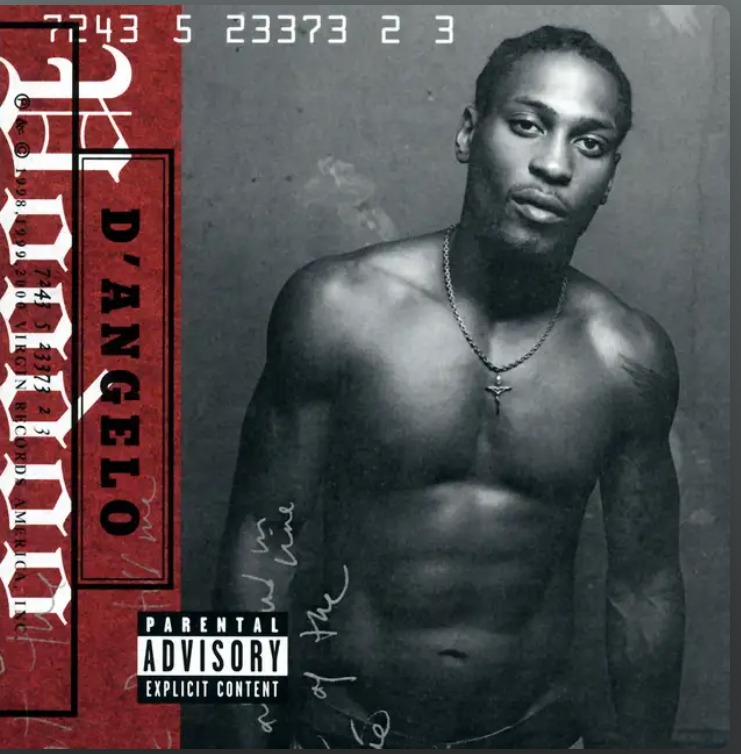
With regards to the title ‘Voodoo’, in an interview with Jet Magazine, he spoke more to its influence, noting: “I named the album Voodoo because I really was trying to give a notion to how powerful music is and how we as artists, when we cross over, need to respect the power of music. Voodoo is ancient African tradition. We use ‘voodoo’ in the drums or whatever, the cadences and call-out to our ancestors and that in itself will invoke spirits. And music has the power to do that, to evoke emotions, evoke spirit. That’s something I learned in the church when I was very young and that’s what I wanted to get across.”
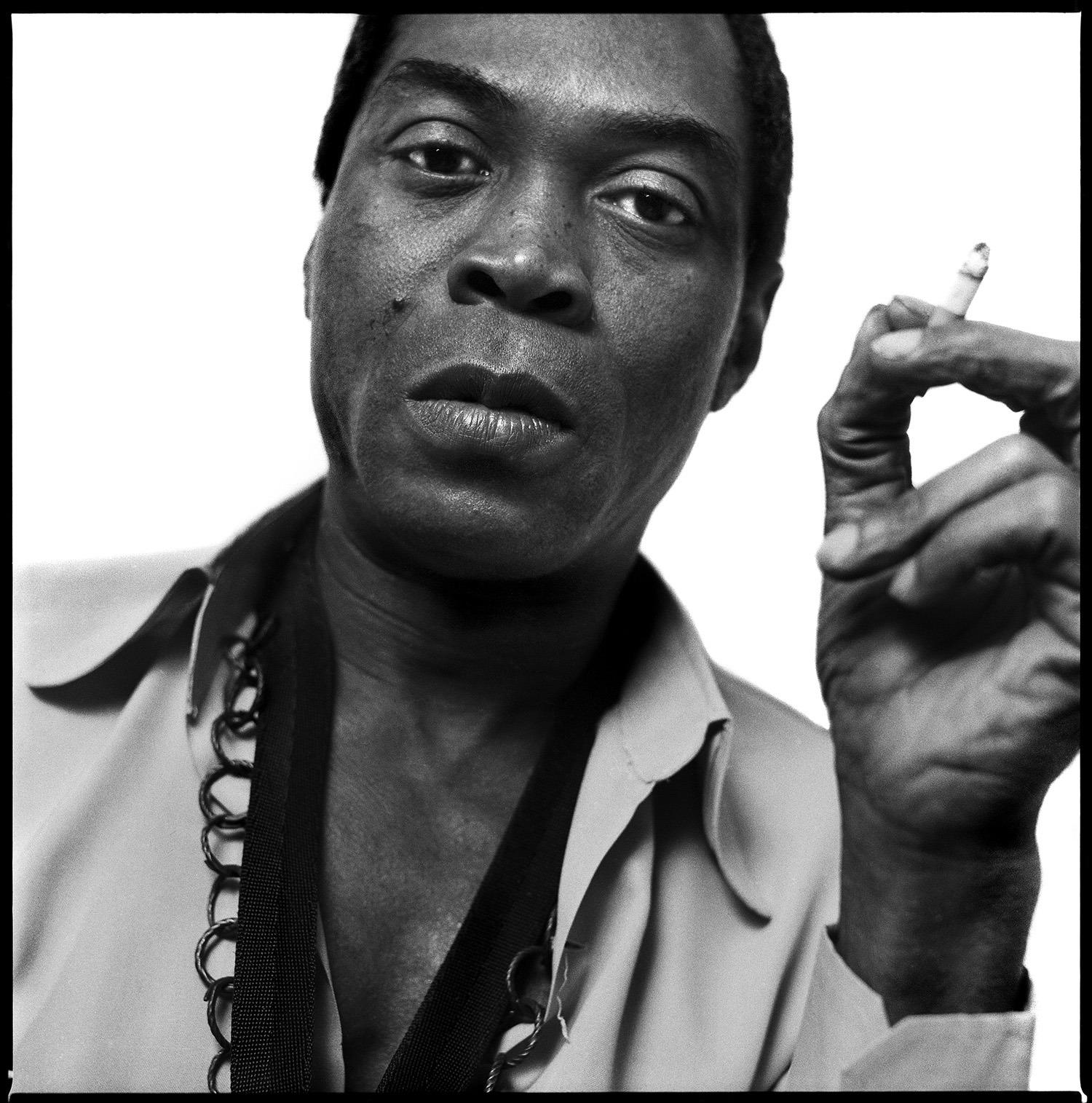
Building on this, D’Angelo was increasingly fascinated by the work of Olufela Olusegun Oludotun Ransome-Kuti, most commonly known as Fela Kuti. Hailing from Abeokuta, Nigeria, band-leader, activist, producer, and multi-instrumentalist Fela Kuti was committed to advocating against the regressive systems in Nigeria and speaking out for the poor. This guided his lyricism and the way in which he approached the stage. Fusing social commentary with his politically charged lyricism, he layered horn arrangements, jazz undertones, and traditional highlife with raw guitars alongside his extensive 20-member band. He is credited as a major fixture in the creation of the Afrobeat genre, a fusion of traditional highlife with jazz and funk.
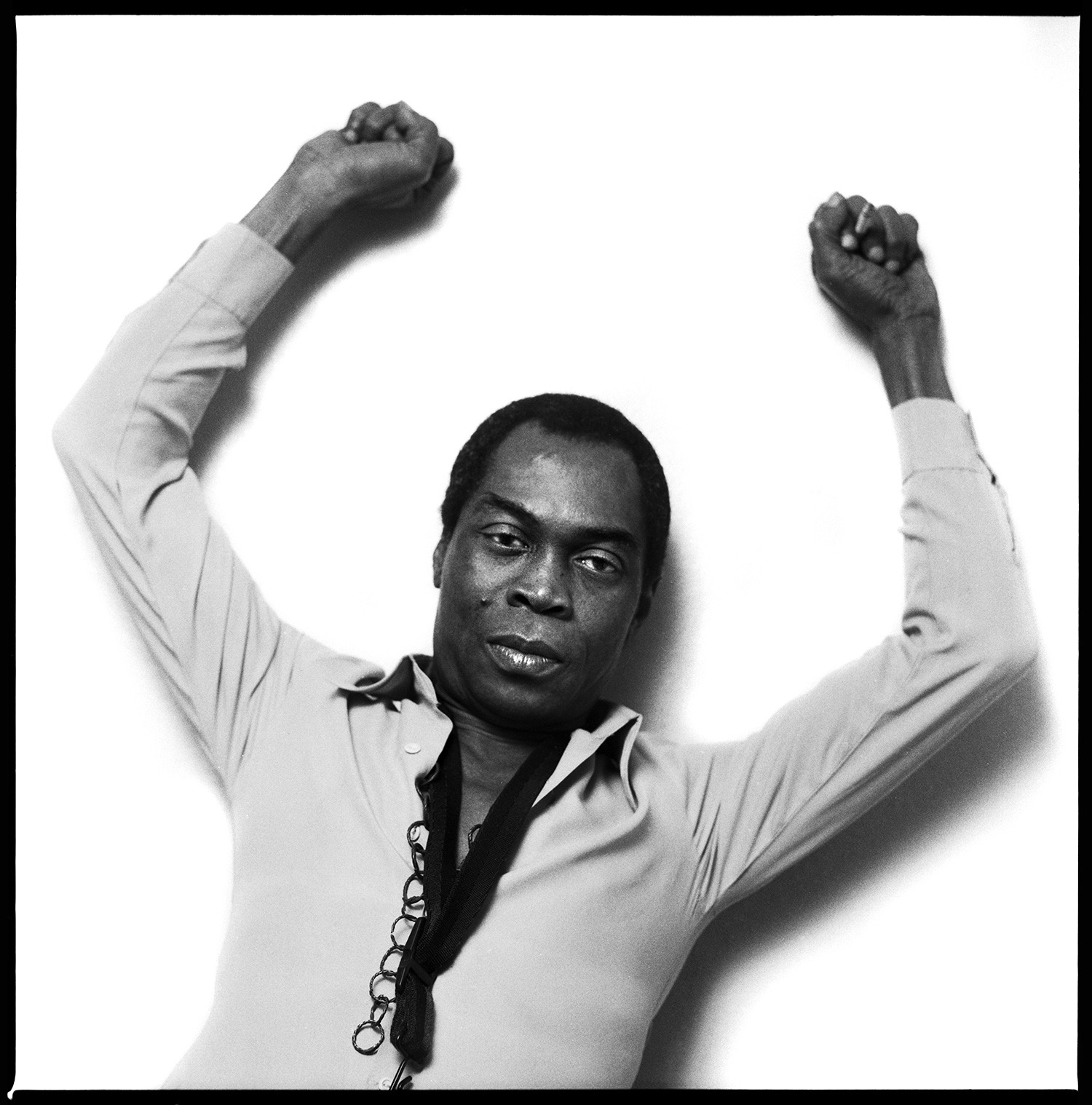
‘Water No Get Enemy’ was released in 1975 on his ‘Expensive Shit’ album, an almost 10-minute track that takes listeners on a dynamic journey from start to finish. Opening with punchy staccato horn phrasing, jazzy chords, brilliant guitar riffs, and smooth saxophone solos, Fela’s band spends nearly half the song in an almost unscripted jam session, an intricate lineup of percussion, horns, guitars, and keys. Halfway through, Fela begins singing in Yoruba and pidgin English, expounding on the Yoruba proverb on the importance of water in both the literal and conceptual sense— tying Black resistance to the unshakeable, immutable force of water:
“T'o ba fe lo we omi l'o ma'lo / If you want go wash, a water you go use / T'o ba fe se'be omi l'o ma'lo / If you want cook soup, a water you go use / ri ba n'gbona o omi l'ero re
If your head dey hot, a water go cool on / T'omo ba n'dagba omi l'o ma'lo / If your child dey grow, a water he go use / I dey talk of Black man power (Water, him no get enemy!) / I dey talk of Black power, I say (Water, him no get enemy!) / I say water no get enemy (Water, him no get enemy!)”
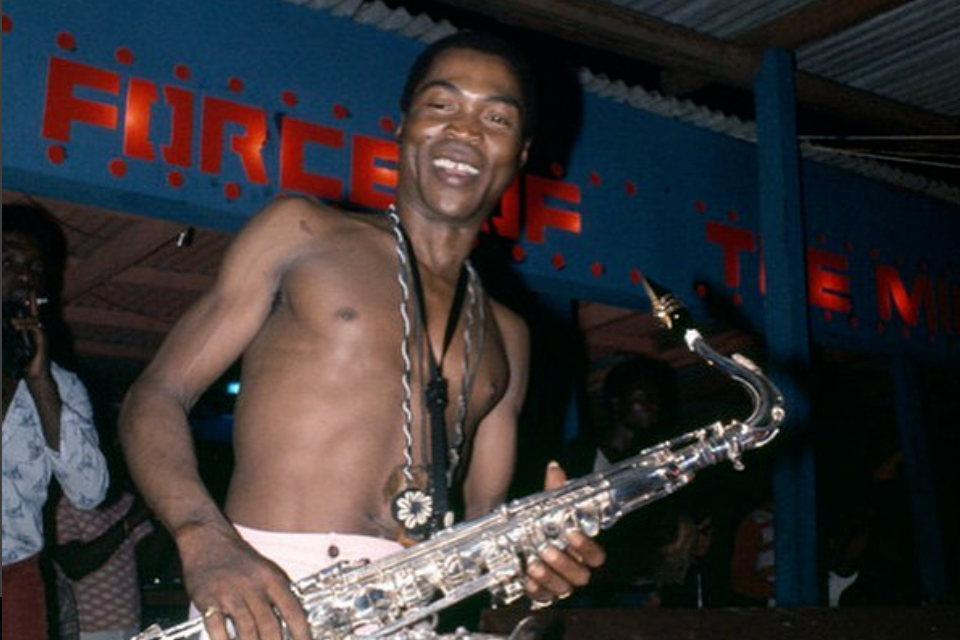
25 years later, D’Angelo takes this track, flips it on its head to add a gospel, funk, electric, R&B twist. Recorded for the Red Hot + Riot compilation at the iconic Electric Lady Studios in New York City, D’Angelo, Femi Kuti, Macy Gray, Roy Hargrove, Nile Rodgers, Positive Force, Roy Hargrove, and The Soultronics join forces with producer Questlove to craft a legendary cover of Fela’s well-renowned song. As Questlove counts down, Femi Kuti opens with an electrifying saxophone solo, alongside Nile Rodgers' enticing guitar solo. The beautiful vocal interplay between D’Angelo’s soulful adlibs, Macy Gray’s raspy, jazzy inflections, and Femi Kuti’s powerful Yoruba chants blends seamlessly in this eccentric take on Fela’s original record. The spirit of D’Angelo’s funk and gospel sensibility is heavily prevalent here, honoring the arrangement of the original song while also crafting, building, and experimenting with something so intricately, brilliantly, and innately new.
(D'Angelo)
(Oh, oh, yeah...)
(Oh yeah... oh yeah... mmm, mm-mm, yeah...)
(Femi Kuti, Macy Gray and (D'Angelo)
T′o ba fe lo we omi l'o ma′lo, oh-ohh / If you want go wash, a water you go use (Ah, ah)
T'o ba fe se'be omi l′o ma′lo, oh-ohh / If you want cook soup, a water you go use
T'o ri ba n′gbona o omi l'ero re / (If your head get hot, water you gon' use – ah, ah)
T′omo ba n'dagba omi l′o ma'lo / If your child dey grow, now water you go use / T'omi ba p′omo e o omi na lo ma′lo – you don't want that now / If your child dey grow, now water you gon' use / (And you don't want that, you don't want that, no...)
D’Angelo and Fela Kuti both understood the power of music as a vessel to communicate stories of vulnerability, love, oppression, Black spirituality, and community. The mark of a great artist is the ability to see music beyond themselves. It was never only about the individual, but rather a portal to the boundless power within the communal African diasporic tradition— encompassing gospel, funk, soul, R&B, highlife, afrobeat, jazz—and the innumerable future genres that have yet to be fully realized.
D’Angelo’s ‘Water No Get Enemy’ functions not only as an aesthetic homage, but a bridge connecting 1970s African political resistance to early 2000s meditations on Black spirituality, belonging, and culture.
For years, Northern Nigerian music existed outside the national spotlight. It lived on local radio stations, in wedding halls that stretched into the early hours, and in Kannywood films that were household staples across the region. It was embedded in everyday life, yet largely absent from mainstream music conversations in Nigeria.
This absence was never about a lack of talent. The North has always produced artists with skill, originality, and cultural depth. What it lacked was consistent industry attention. While music scenes in Lagos and the East benefited from infrastructure, media coverage, and institutional support, Northern music circulated mostly within its own ecosystem, respected locally but overlooked nationally.
That dynamic is now shifting.
In recent years, and particularly in 2025, Arewa music began breaking through long-standing barriers. Streaming numbers climbed, collaborations expanded, and songs from Northern artists started travelling beyond regional borders. What once felt peripheral has moved closer to the centre, not by imitation, but by confidence in its own sound.
This moment did not arrive overnight. It was built by artists who continued to refine their craft when recognition felt distant, laying a foundation for the current wave. Below are ten artists whose work illustrates the depth, range, and ambition of Northern Nigeria’s music scene today.
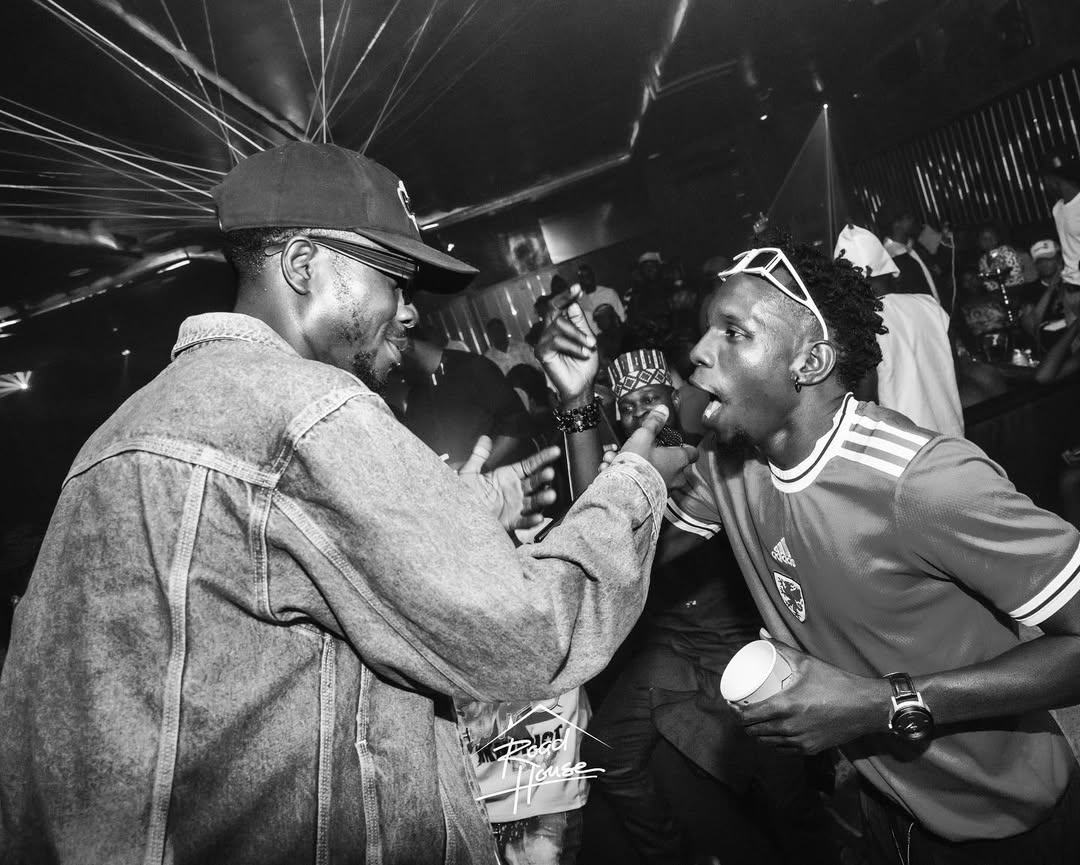
1. ClassiQ (Arewa Mafia)
Often referred to as the Arewa Mafia, ClassiQ is widely recognised as one of the pioneers of Hausa-inflected rap in Nigeria. Born in Bauchi State, he carved out space for Northern hip-hop in an industry long dominated by Southern cities.
Tracks like “King Kong” display his technical precision and command, while “Gargajiya” leans into heritage and cultural storytelling. ClassiQ’s influence is foundational; many younger artists reference his work as proof that Arewa narratives can thrive within Nigeria’s mainstream music landscape.
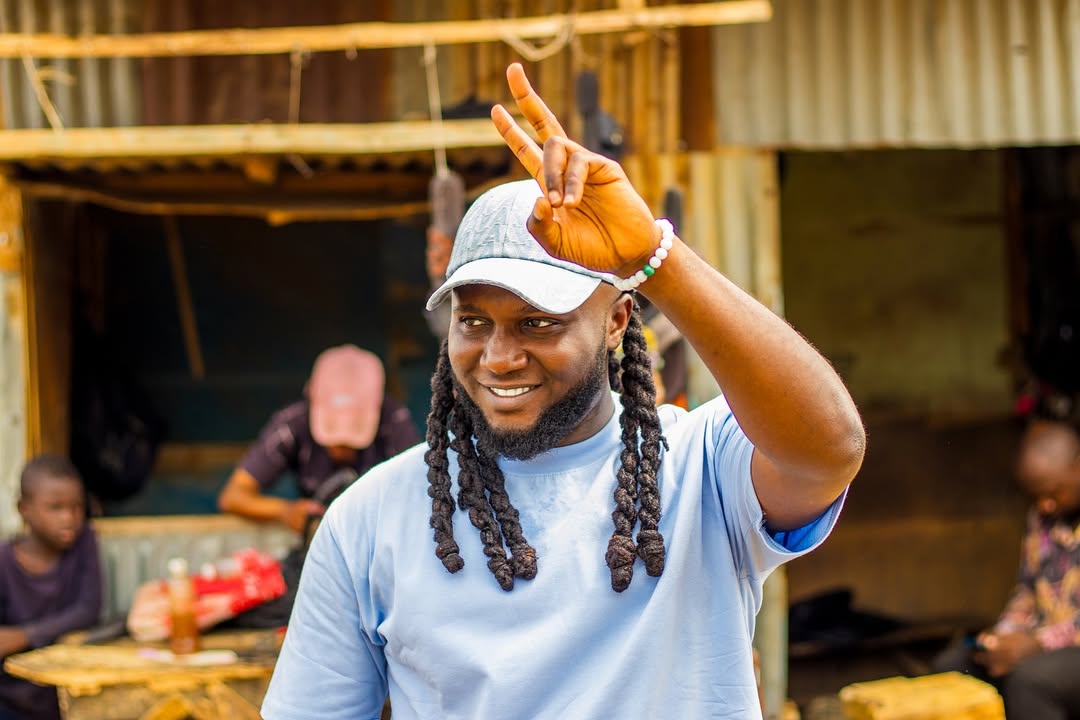
2. B.O.C. Madaki
Also from Bauchi State, B.O.C. Madaki brings reflection and social awareness into Northern rap. Transitioning from gospel to secular music, he demonstrates both versatility and depth.
Rapping in Hausa and English, his songs engage themes of identity, struggle, and everyday realities. Tracks such as “Dan Gaye,” “Ka Huta,” and “Harara” balance thoughtful commentary with rhythm, offering Northern youth music that is both culturally grounded and socially conscious.
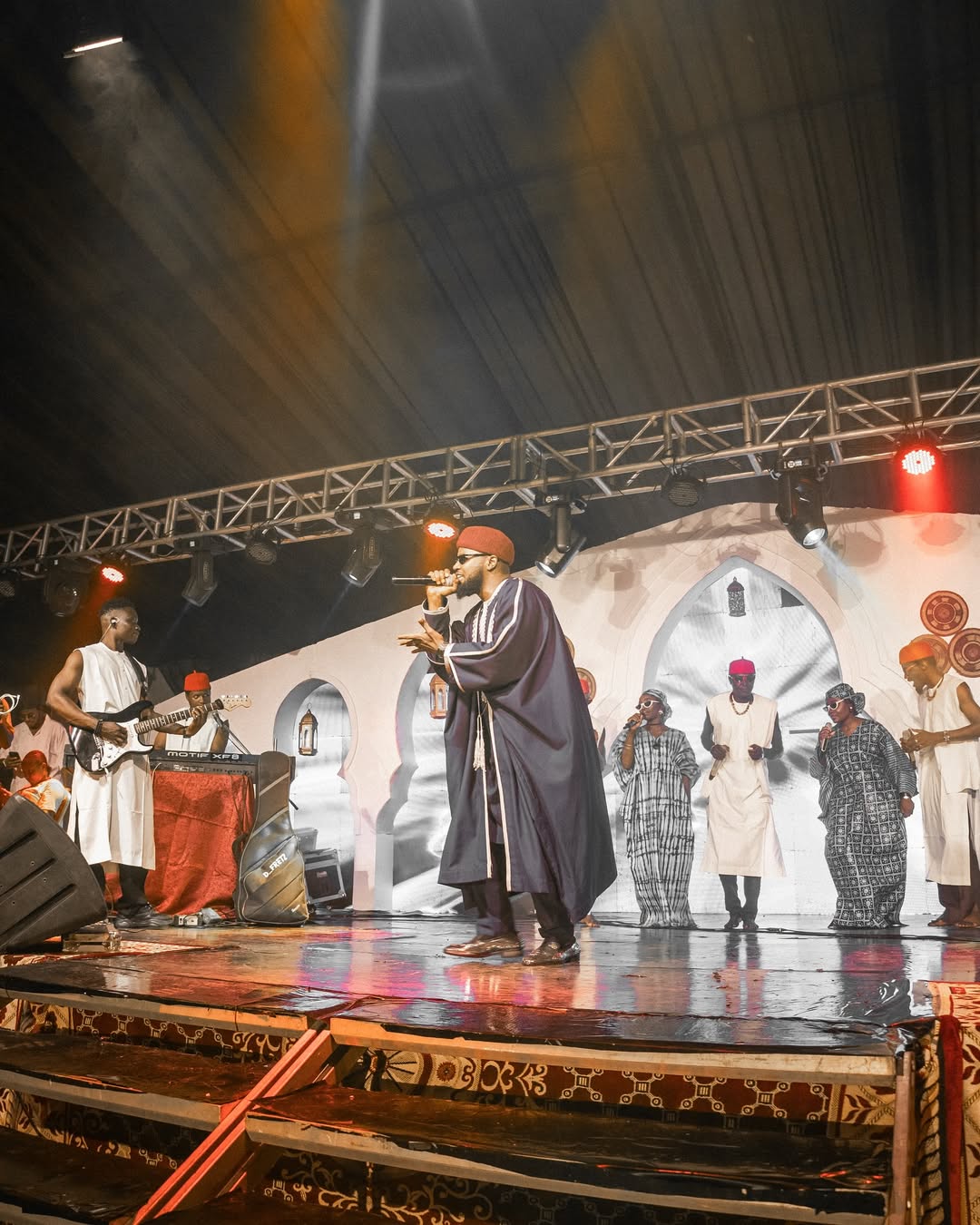
3. Morell
Hailing from Borno State, Musa Akilah expands the scope of Arewa music beyond rap. He fuses Afro-pop and RnB with Northern sensibilities, proving that the region’s sound can also be melodic, romantic, and emotionally driven.Songs like “Ganga Da Garaya” and “Aure” blend heartfelt lyrics with modern production, appealing to audiences drawn to groove and feeling rather than bravado. Morell’s work shows that Northern identity can move fluidly across genres while remaining rooted in culture.
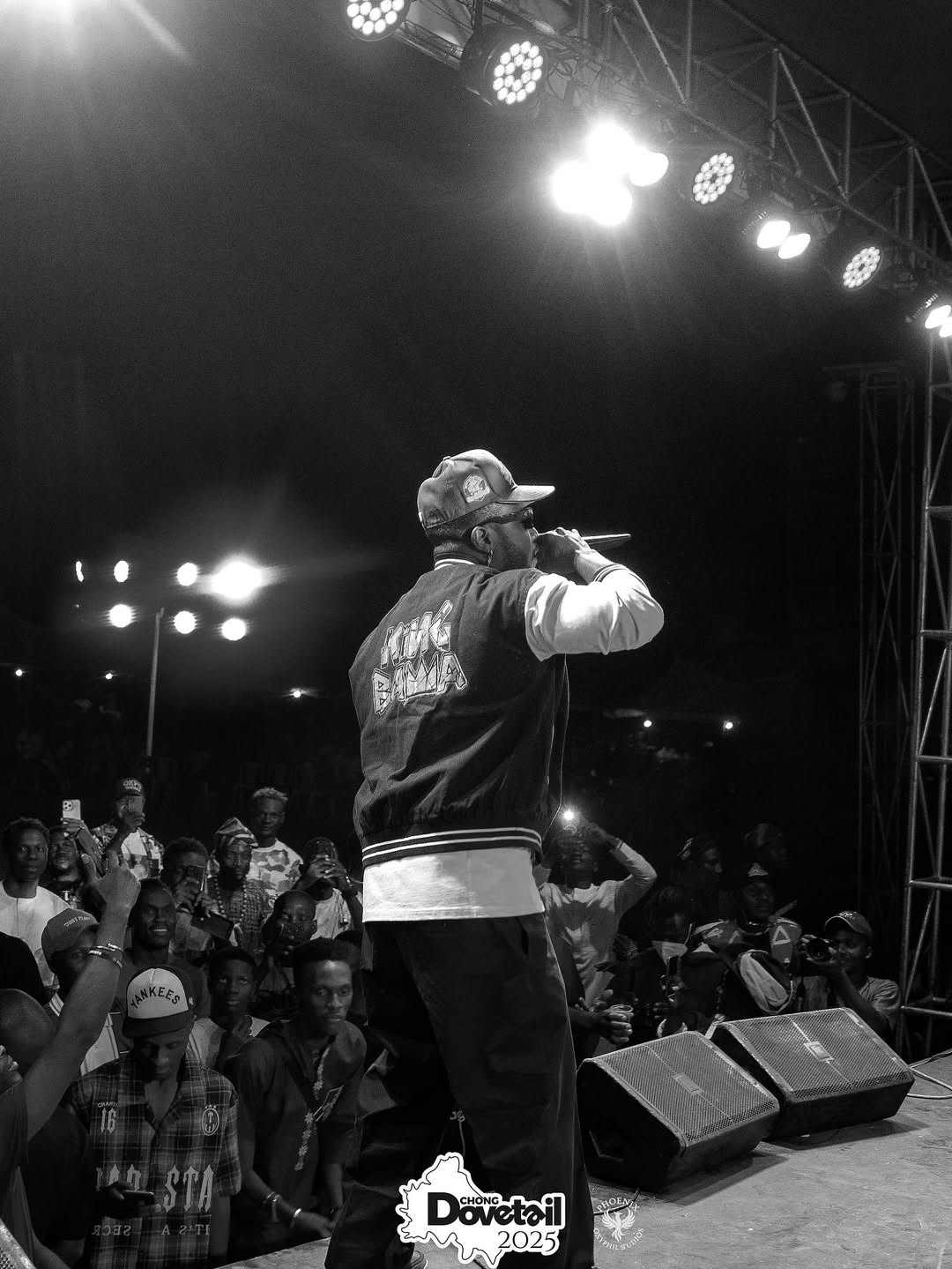
4. Yung Kheengz
Born in Zaria and raised in Bida, King Bawa, YFK, brings intellect and pride into his artistry. A civil engineering graduate, his personal story challenges narrow stereotypes often associated with Northern artists.
His album “Voice of Arewa” positions Northern identity as something to be claimed, not defended, particularly on tracks like “I Am North.” Collaborative projects such as the “Four Horsemen” EP, alongside DJ AB, B.O.C. Madaki, and Deezell, highlight the collective strength of the scene.
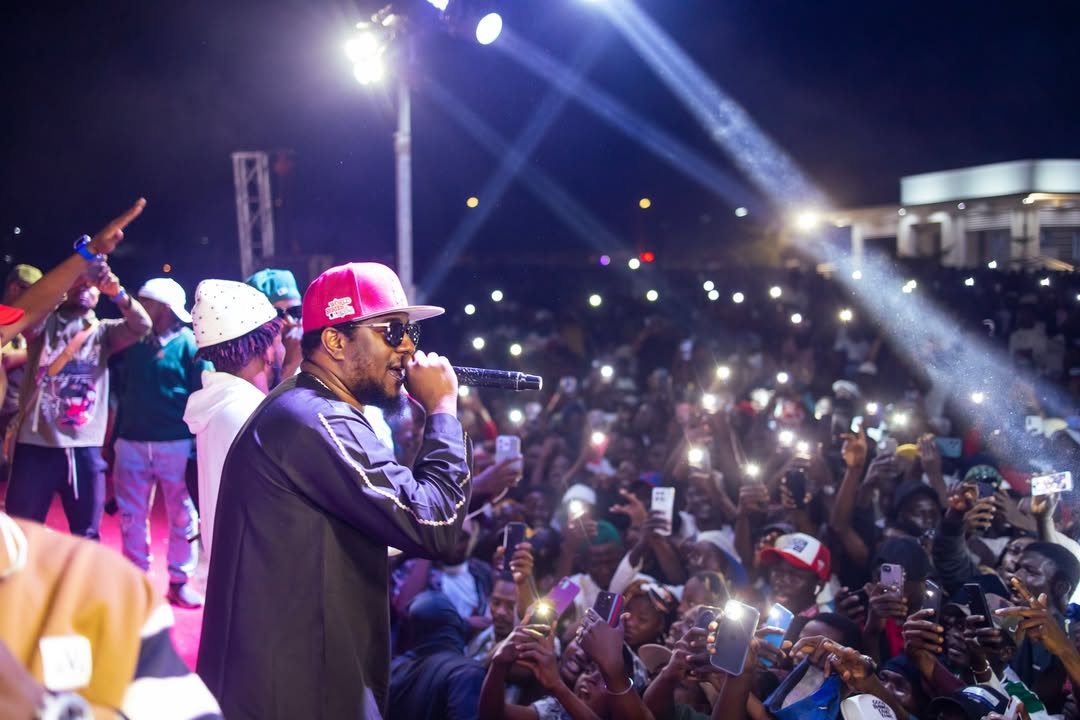
5. DJ AB
From Kaduna State, DJ AB, born Haruna Abdullahi, blends Afrobeat, hip-hop, and pop into a sound that is accessible while remaining distinctly Northern. His breakout track “Da So Samu Ne” brought national recognition, and his collaborations continue to bridge regional sounds with wider audiences. DJ AB demonstrates that Arewa music can sit comfortably within Nigeria’s mainstream without losing its cultural identity.
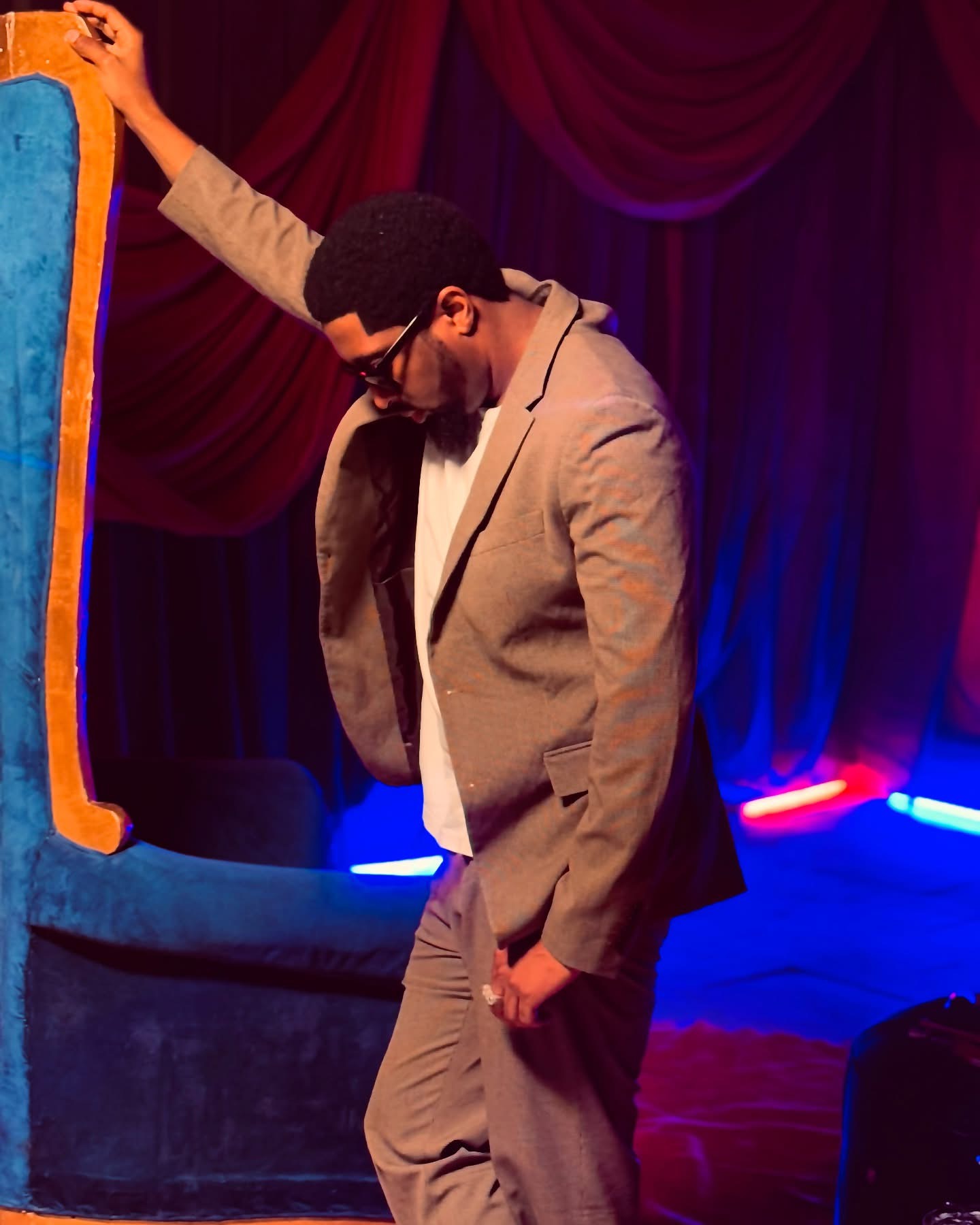
6. Deezell
Deezell represents ambition and cross-regional collaboration. Recently, his track “Amina” featuring Tekno symbolised a deliberate uniting of North and South. Beyond his own music, he runs Arewa Cartel, a label dedicated to amplifying Northern talent. Songs like “Girma,” featuring ClassiQ and DJ AB, underscore his commitment to building not just songs, but a sustainable ecosystem for Arewa music.
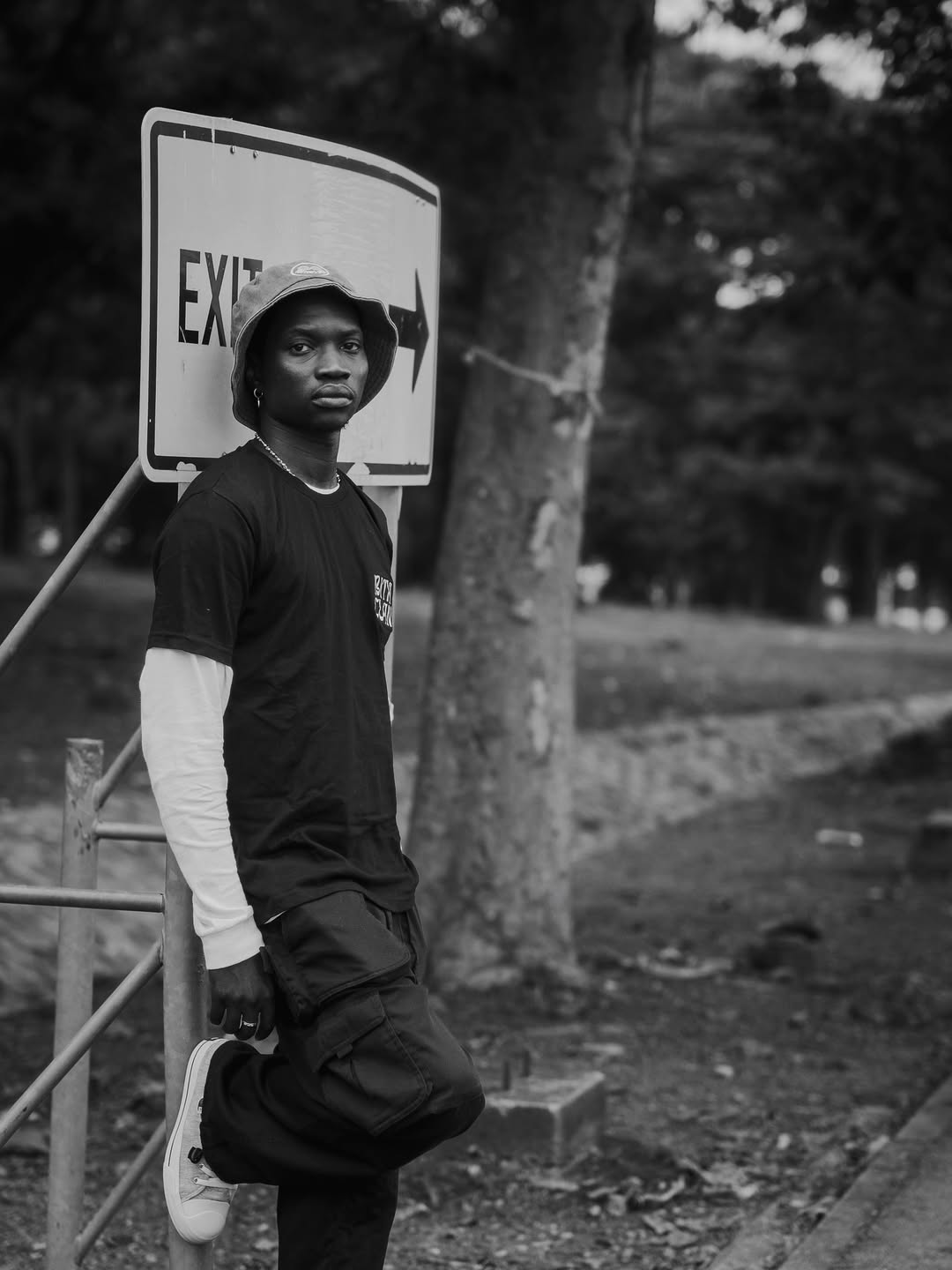
7. President Zik
Born Zachary Kwaga and raised in Zaria, Kaduna State, President Zik blends hip-hop, Afro-fusion, and melodic RnB. As co-founder of Big Headphones (BHP), he has been instrumental in shaping projects like “Tree House Vol. 1” and “Dreamatorium.”
His solo EPs “No Dayz Off” and “See You Soon” reflect energetic rap and introspective lyricism, while his Urban Lifestyle Fest provides platforms for emerging Northern artists. Zik represents a generation that is both culturally grounded and industry-aware.
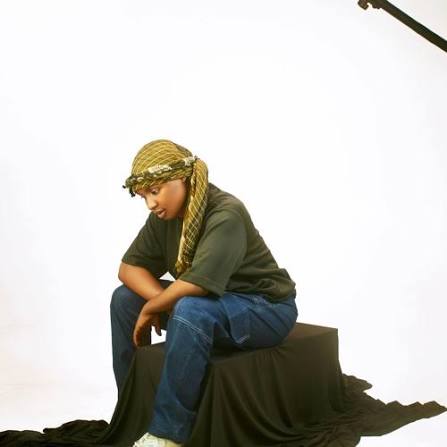
8. Rumerh
Rumerh is an emerging female rapper blending Hausa, Afrobeat, Amapiano, and hip-hop. In a male-dominated Northern scene, she asserts her presence through sharp lyricism and confident delivery. Her work challenges expectations around gender and sound, positioning her not just as a rising Northern artist, but as a defining voice for women within the broader Nigerian music industry.
.jpg)
9. Bamihan
Born Azi Bamison Ishaku in Bauchi State, Bamihan balances his music career with studying medicine at the University of Jos. His sound, which he describes as Afro-Sharholiya, blends Hausa influences with Afrobeat and contemporary styles.
His breakout single “Wayyo (Dadi Kasheni)” gained viral traction and was later remixed with Ice Prince. Bamihan’s versatility, moving between introspective storytelling and feel-good tracks, reflects a generation that refuses to choose between identity and accessibility.
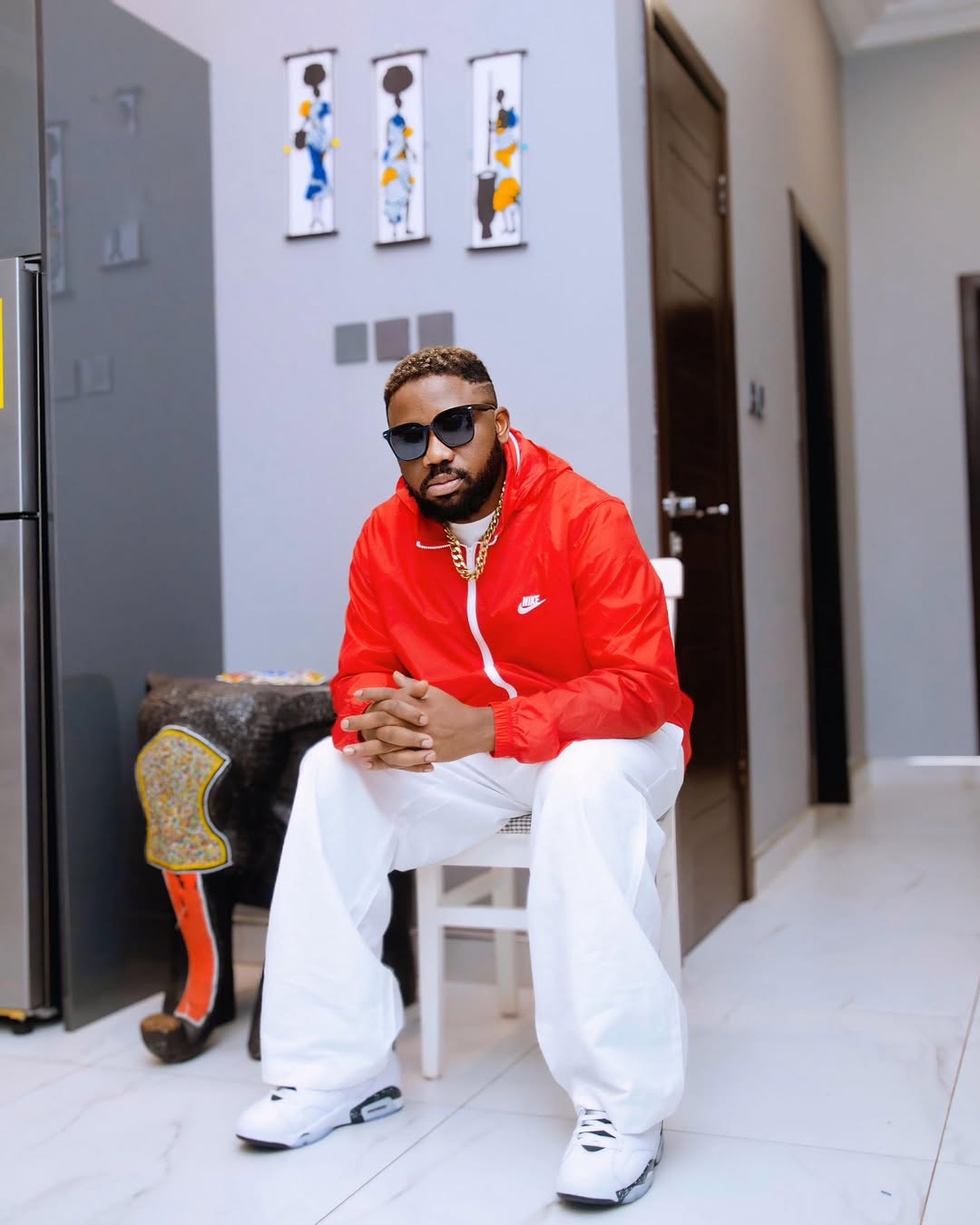
10. Magnito
Born Mohammed Usman, Magnito is a veteran voice bridging older and newer eras of Northern rap. Known for his witty lyrics and narrative approach, he has maintained relevance across years of industry shifts.
Tracks like “If I Get Money Ehn” and “Medicine Girl” blend humour with cultural commentary, underscoring the depth and continuity of Northern music culture. What is unfolding now is not a trend, but a reckoning. These artists, whether veterans or emerging voices, demonstrate a clear truth: Northern identity is not a constraint, it is a foundation.
They are expanding what Nigerian music can sound like and where it can come from. Arewa music is no longer waiting for recognition. It is building its own future, loudly and deliberately. The only question left is simple. Is the rest of the industry ready to listen?
The night kicked off with solid security and an entry process that was, from my end, entirely seamless. From the jump, it was clear that the crowd understood the assignment; the fashion was undeniably lit. When Mavo said "sexy girls from my city Lagos" he wasn’t lying, because a lot of sexy girls and cool guys showed up in droves to listen to their boy.
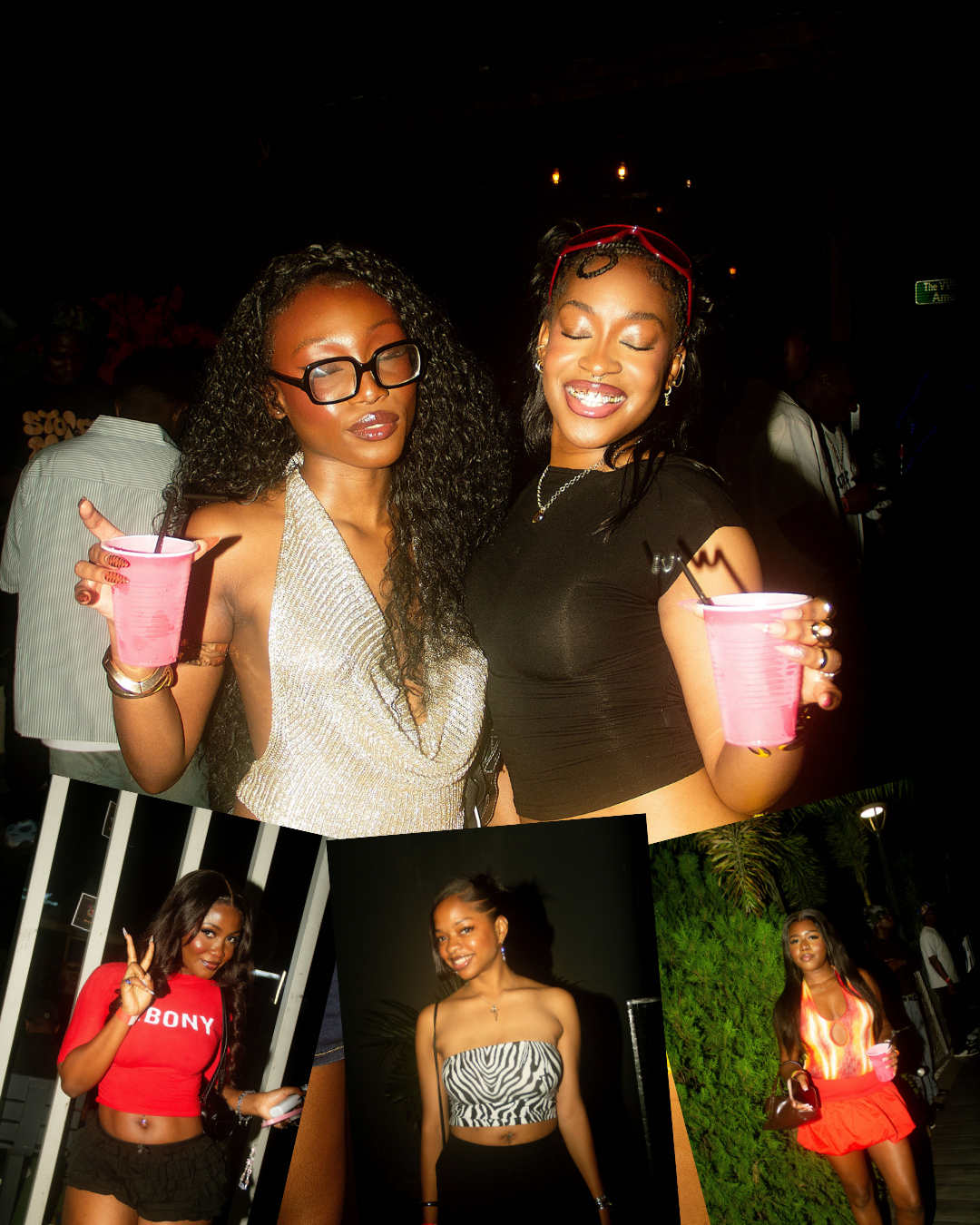
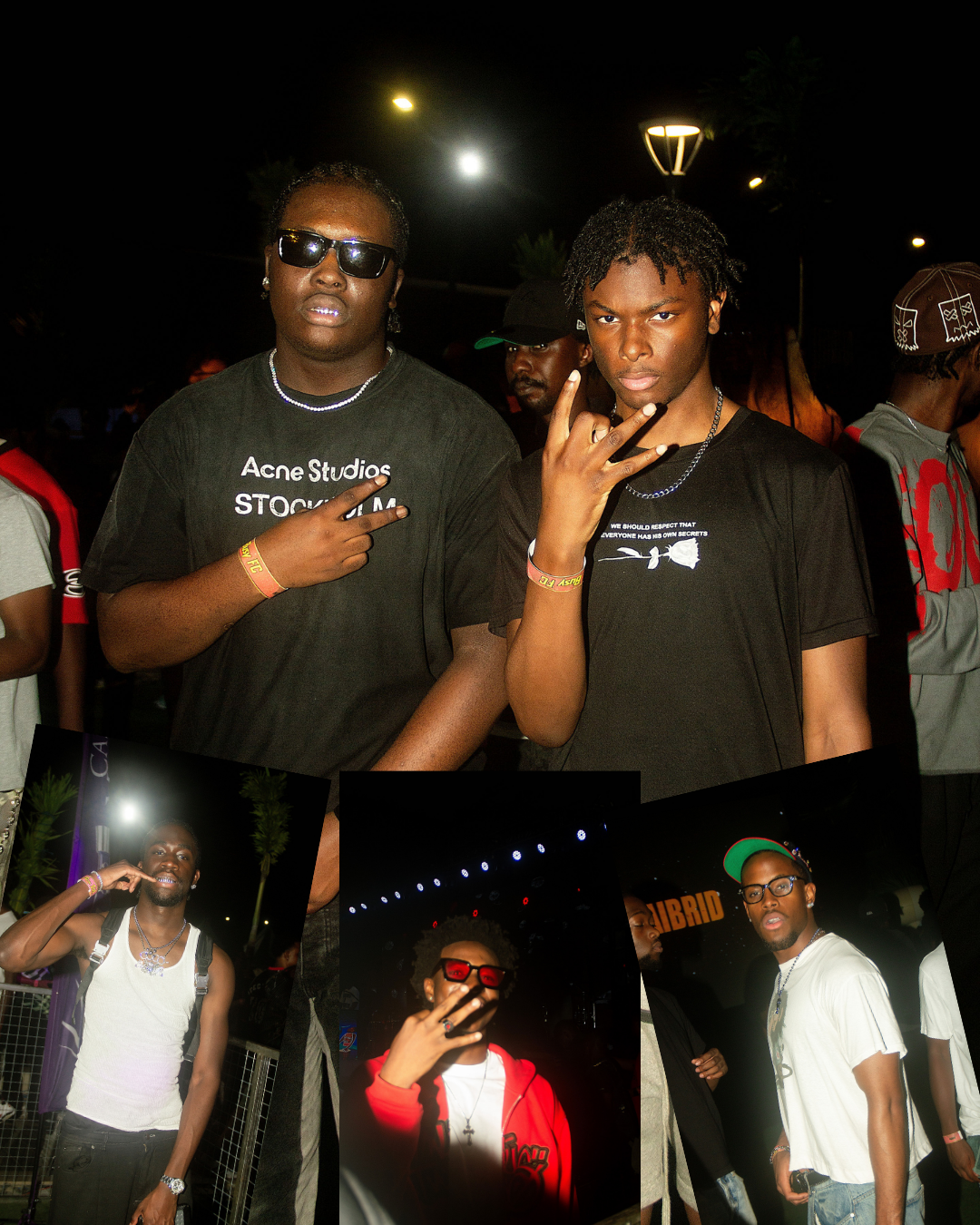
But the anticipation was built slowly. While the event was billed to run from 8:00 PM till dawn, the early hours were dominated by guest artists who held down the stage until the man of the hour made his move. It wasn’t until around 1:00 AM, which was honestly expected for a "till dawn" show , that Mavo made his grand entrance to"Escaladizzy," finally kicking the night into high gear.
One thing about Mavo is his energy; he’s very nonchalant in a good way, moving with a relaxed confidence that anchors the room. Throughout the night, "I came with my friends" became more than a statement, it was a mantra that was repeated throughout the night. He shared the stage with a host of notable artists like Shallipopi, Wave$tar, Zlatan, Toye, Shoday, Poco Lee, Ckay, Minz, Psycho YP, and Taves.
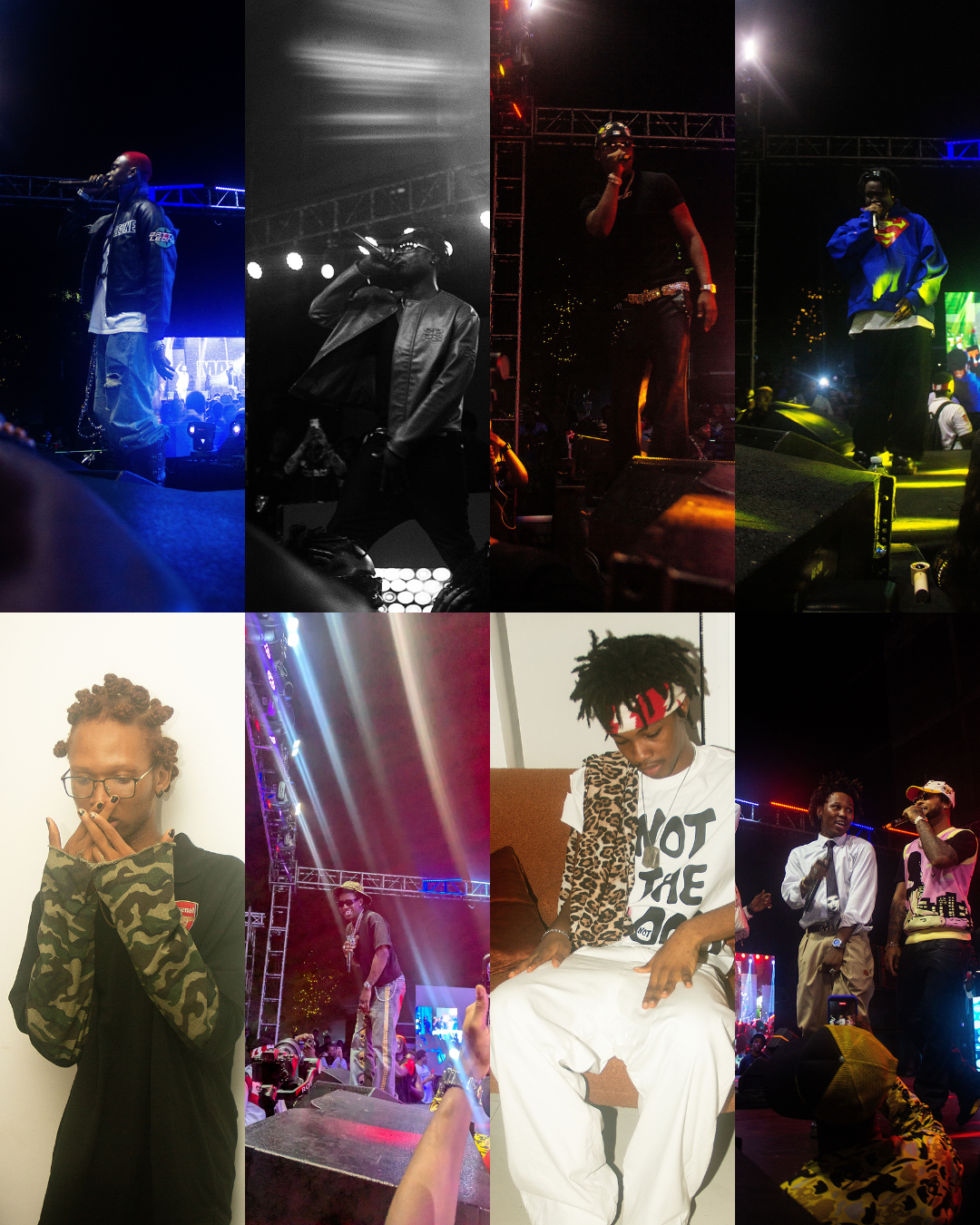
In a heartwarming moment, even his parents were in the building to witness his first major concert milestone. However, that collaborative spirit was a bit of a double-edged sword. At a certain point, the fans weren’t so happy because they just wanted to see their boy perform. To be honest, I was low-key pissed that we didn’t get to hear some of his essential tracks, like "Tumo Weto," "Wuse II" with Zaylevelten, or his collaborations with Wavestar. We aren’t exactly complaining, though, because Mavo and his producer Aibrid gave us something special by performing some exclusive songs that kept the vibes high.
If there is one thing that needs to improve, I won't fault Mavo for it, but I’m definitely pointing fingers at the organizers: the sound. The audio was not nice at all, especially for the fans at the back, which really affected the experience. I realized then that Mavo isn't the only artist who has been a victim of this lately; it’s a recurring issue at other concerts in Lagos too. Despite the technical hitches, the energy sustained until the very end, around 4:30 AM. As the night drew to a close, the sky lit up with fireworks, a triumphant signal marking the success of his first concert. It was a night of exclusive sounds and grand entrances that proved Mavo has the city's heart, ending on a literal and metaphorical high.
All images by @TheFirstTayo on IG.
For months now, Nigerian social media has been locked in a loud and sometimes uncomfortable conversation about privilege, access, and survival. The Nepo baby and Lapo baby debate started as jokes, then quickly turned into something heavier. People began using those words to explain why some people rise faster, why others struggle longer, and why talent alone often feels like it is not enough. Somewhere along the line, the conversation stopped being just about people and started shaping the music itself. What we are hearing today, especially among younger artists, is a sound that carries background, upbringing, and social reality inside it. People have started calling these sounds Nepopiano and Lapopiano. The names may sound playful, but the ideas behind them are serious. This is about who you are, where you are from, and how that reality leaks into your music, whether you plan it or not.
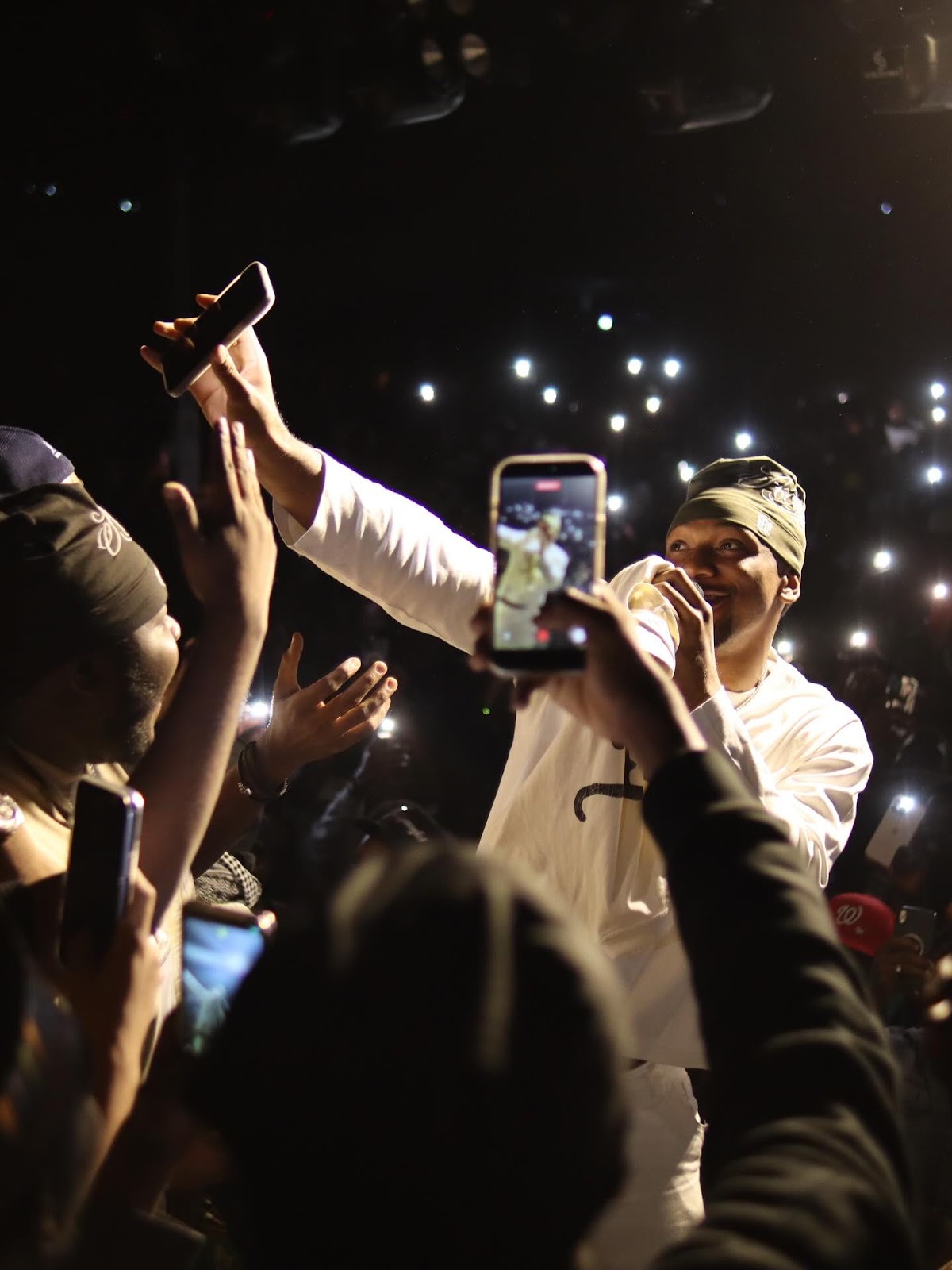
Nepopiano is the sound people associate with comfort, polish, and a certain quiet confidence. It leans heavily into Amapiano rhythms, but the attitude is softer and more controlled. These songs often feel unbothered, almost relaxed, as if the artist is already secure and simply enjoying the moment. The music rarely sounds desperate or urgent. It sounds like someone who expects good things to happen. One of the clearest faces of this sound is NO11, whose breakout record “How Far” with Ayjay Bobo and Monochrome pushed this conversation further. The song did not rely on heavy street energy or aggressive delivery. It floated. The vocals were calm, the production smooth, and the message felt like a shrug rather than a struggle. That is why people connected it to the Nepo conversation so quickly.
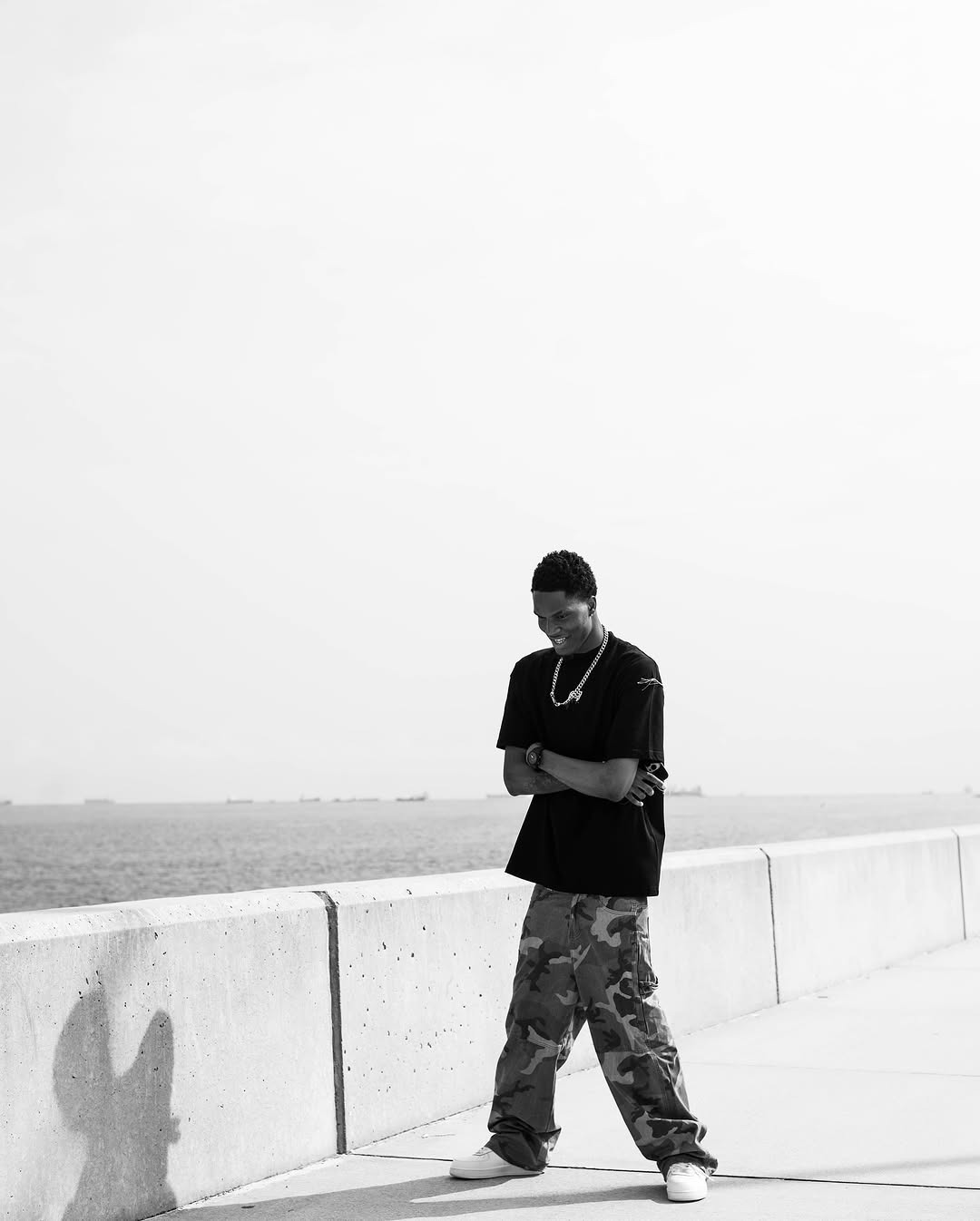
Lapopiano sits on the other side of the conversation. This is music that carries hunger inside it and sounds like the city under pressure. It borrows from Amapiano rhythms but twists them with street energy, rough edges, and lyrics that feel closer to real life for many Nigerians. One of the strongest voices people point to in this space is Boy Muller, whose song, fittingly titled “Lapopiano,” has become a reference point in the conversation. Boy Muller’s music feels rooted in everyday reality. There is no distance between the singer and the struggle he is describing. Songs like “Lapopiano,” “Dear God,” and “God Abeg” carry the weight of survival, hope, and persistence in a way that feels familiar to many young Nigerians. The production is warm but not overworked, and the delivery feels earnest, like someone speaking from where they stand rather than where they hope to be. Danpapa GTA is another name that comes up again and again when people talk about Lapopiano. His music feels lived in. Songs like “Ikeja (No Go Thief)” and “40 Naira” speak directly to everyday Nigerian realities without trying to clean them up. The beats may move your body, but the lyrics remind you of stress, survival, and ambition that come from the ground up. Danpapa GTA does not sound like someone who expects the world to open doors for him. He sounds like someone pushing those doors himself. His music feels like it belongs to people who understand Lagos traffic, daily hustle, and the frustration of trying to move forward with limited resources.
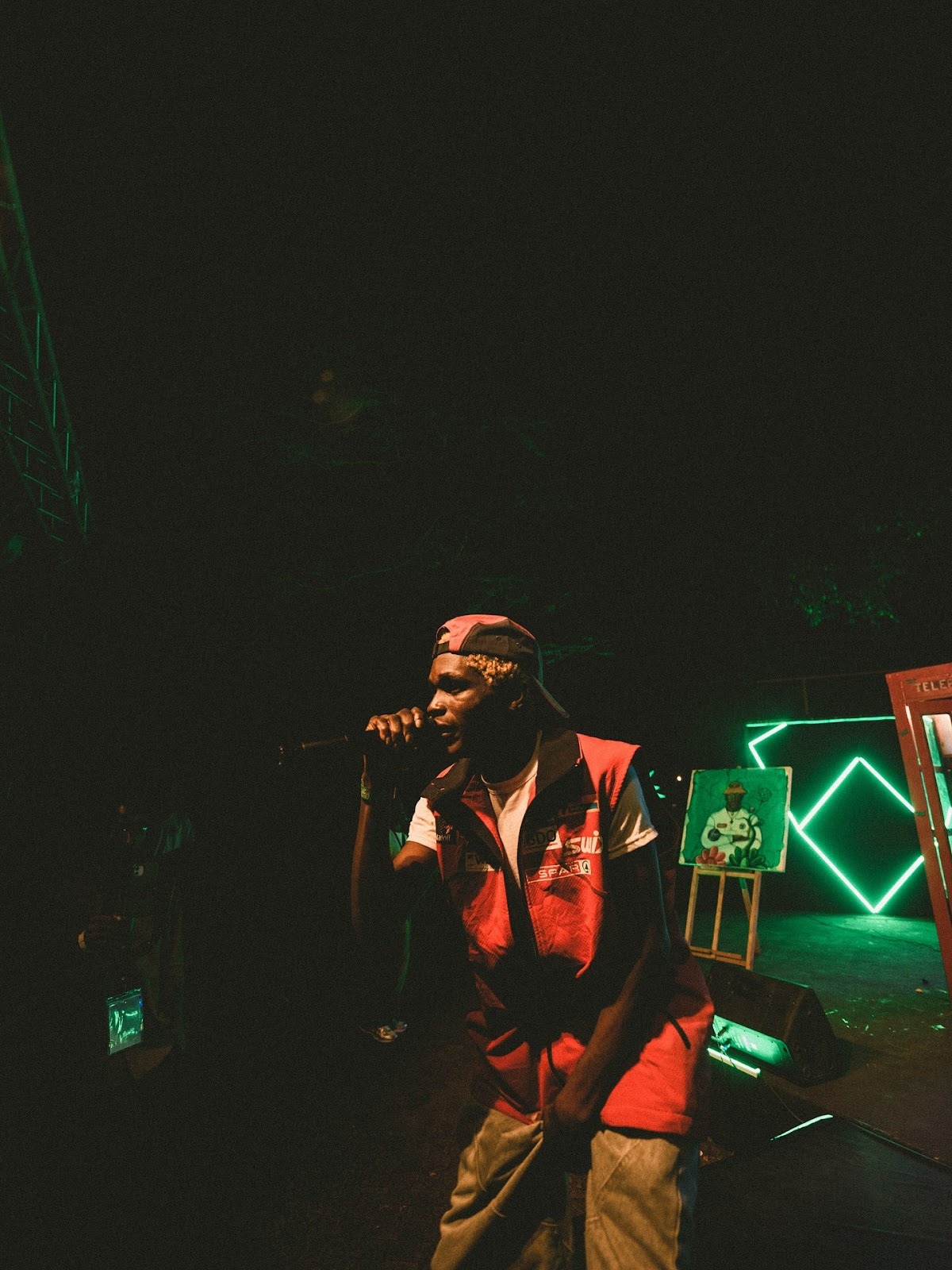
What makes the Nepopiano and Lapopiano conversation powerful is that it is not really about who is better. It is about recognition. Nigerian youths are using music to talk about class in a way that feels familiar and accessible. Instead of writing essays or long threads, they are pointing at songs and saying, “This sounds like privilege” or “This sounds like struggle.” The internet loves to argue, but underneath the jokes is a real truth. Background shapes art. Access changes confidence. Struggle sharpens urgency. These sounds are simply reflections of different starting points in the same country. What is also interesting is that listeners are no longer pretending these differences do not exist. People are listening with context. They want to know who you are, where you come from, and what that means for your sound.
Nigerian music has always reflected its environment. From highlife to afrobeat to street pop, every era has told its own story. Nepopiano and Lapopiano are simply the latest chapter. They show a generation that is hyper-aware of class, access, and opportunity, and bold enough to talk about it openly through sound. This conversation will keep evolving. Some artists will reject the labels. Others will embrace them. What matters is that Nigerian music continues to tell the truth of the moment, even when that truth is uncomfortable.
And right now, this is the truth people are dancing to.
The S16 Film Festival opened in Lagos on December 1 and ran through December 5 with screenings across Alliance Française Lagos, Filmhouse Landmark, and the Nigerian Film Corporation. The festival, organized by the Surreal16 collective, focuses on independent and experimental work. It curates in a way that favours film-based craft and analogue aesthetics. This year, the programme included new feature presentations, a strong selection of short films, and a set of practical industry sessions designed to help filmmakers find distribution and attend festivals.
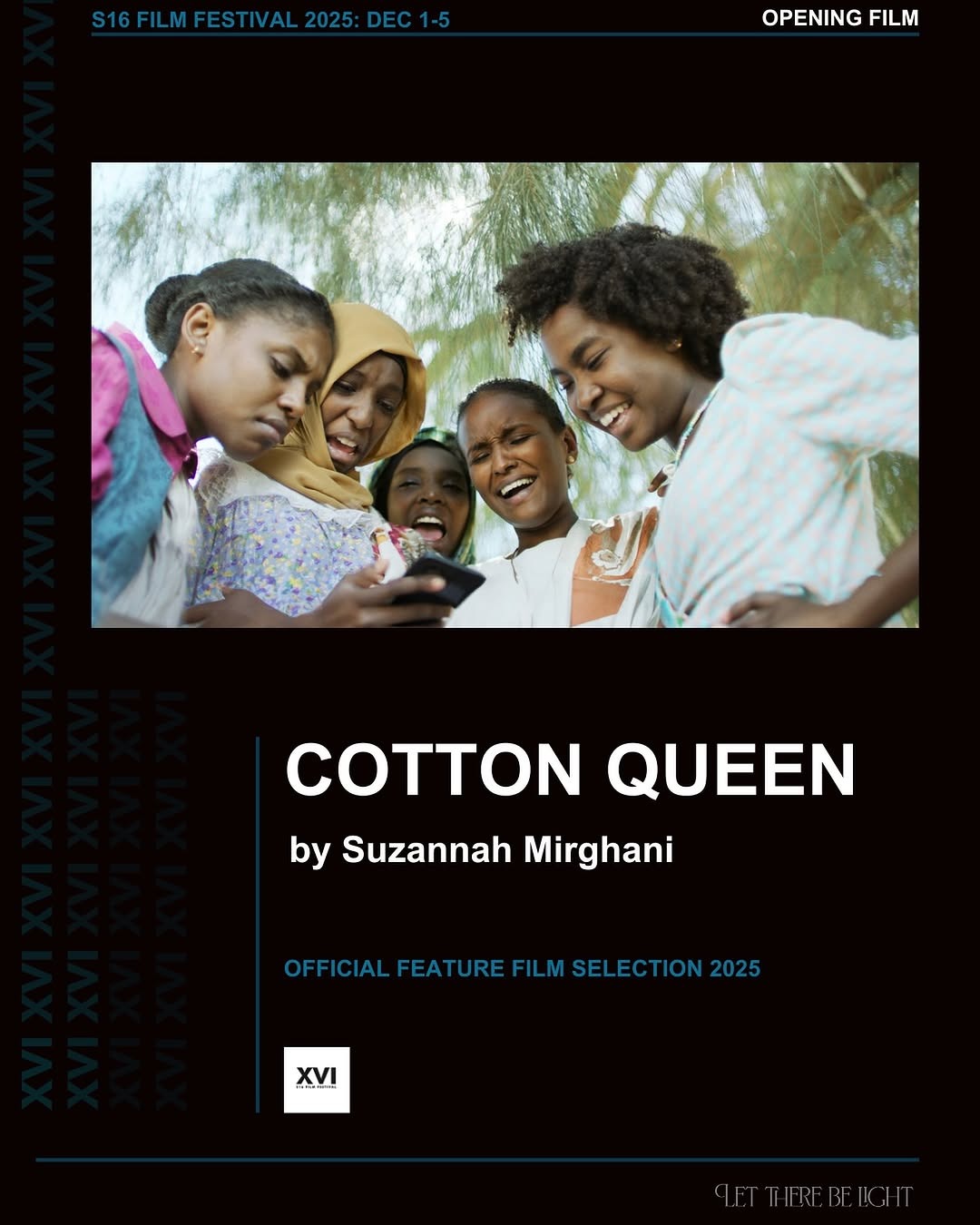
S16 opened with Cotton Queen by Suzannah Mirgani and closed with Memory of Princess Mumbi by Damien Hauser. In between, the festival brought together filmmakers, critics, students, and film lovers who came to see what new voices are shaping African cinema at the moment. One of the major high points was the special presentation of My Father's Shadow, directed by Akinola Davies Jr., which returned to Nigeria after its successful international run and its selection as the United Kingdom's official submission to the Academy Awards. The festival also presented the Nigerian premieres of Minimals in a Titanic World by Mbabazi Sharangabo Philbert Aime and Fantastique by Marjolijn Prins as part of a Dutch collaboration.
S16 is known for its short films, and the 2025 edition reinforced that reputation. The shorts in competition included Obi is a Boy by Dika Ofoma, Wrong Way by Nana Kofi Asihene, Journeys of Singleness by Barnabas Ayo-Ilekhaize, Mother by Olamide Adio and Victor Daniel, Back to the Theatre Vox by Amina Awa Niang, Song of Solomon by Enobong Albert, and Ode! There is No Bus Stop on This Trip by Donald Tombia. Others in the competition lineup were About Sarah by Daniel “S.A.D” Alaka, Morning Morning by Gozirimuu Obinna, Keys by Mooreoluwa Natasha Wright, My Jebba Story by Kagho Idhebor, Traces of the Sun by Rete Poki, Second Wind by Celestina Aleobua and Sochima Nwakaeze, 70 × 7 by Chiemeka Osuagwu, and The Passage by Ntokozo Mlaba. Beyond the competition slate, the festival screened a wide range of shorts in its general programme. Titles included Déjà Nu, Siraam, Dog Shit Food, Rivers of Days, There’d Be Days Like These, Un Deux Trois, and Mango. These films brought a range of tones and textures to the festival. Some were poetic and personal, while some were bold and strange. But all of them fit the festival’s style of pushing filmmakers to explore new forms of expression.
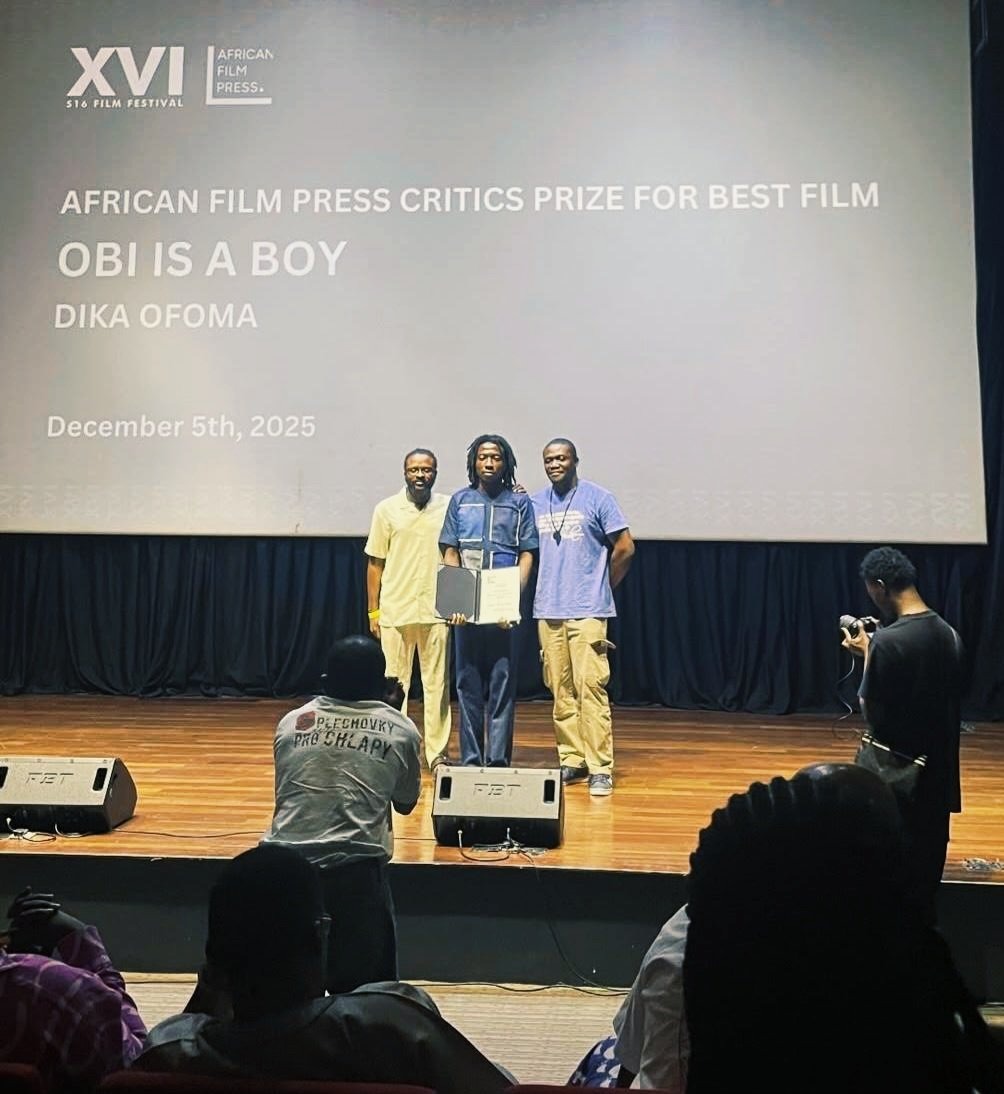
A major addition to this year’s festival was the first-ever AFP Critics Prize. The African Film Press (AFP) selected S16 as the host for its inaugural award, a decision that signalled the growing importance of criticism within the African film ecosystem. The jury was formed by AFP founders Tambay Obenson of Akoroko, Jennifer Ochieng of Sinema Focus, and Ikeade Oriade of What Kept Me Up. The prize came with a cash award, a trophy, and a certificate. It was created to encourage serious film criticism on the continent and to give critics a stronger voice within African festivals. The AFP initiative has backing from development partners and seeks to expand the pool of critics engaged across Africa.
S16 also offered a set of industry sessions. The festival hosted a Road to Cannes panel featuring Funmbi Ogunbanwo and Wale Davies. The conversation focused on how African filmmakers can prepare their projects for major international festivals. S16 also organised a workshop on shorts distribution at the Nigerian Film Corporation. Gbenga Adeoti was listed publicly as a presenter for the session, which aimed to guide new filmmakers towards effective festival strategy, distribution paths, and long-term career development. S16’s curation stresses craft, experimentation, and film heritage. The festival has rules and a manifesto that encourage local languages, discourage formulaic romantic comedies,s and welcome genre and surreal elements. S16 positions itself deliberately as an alternative to mainstream Nollywood. This posture provides independent filmmakers with a platform to showcase their risk-taking work and connect with peers and critics who value craft. The addition of the AFP Critics Prize gives S16 a stronger critical arm and confirms the festival’s role as a space for serious debate.
AFRIFF and S16 sit within the same growing ecosystem. Both festivals speak to where African cinema is heading. Both attract audiences that care about film as an art form and film as a cultural phenomenon. In the end, S16 felt like a reminder that African cinema grows stronger when its storytellers stop waiting for permission and simply make the work that feels true. The festival showcased films that were small and intimate, as well as others that were ambitious and wide in scope, yet all of them carried the same quiet insistence that our stories matter. The theme asked for illumination, and the festival delivered it in the simplest way possible, by letting the work speak for itself.
Lagos has episodes that tell you exactly where the future is heading. ‘72 Hours in Lagos’, the short film released through Tems’ Leading Vibe Initiative (LVI) in collaboration with Native Instruments, is one of those moments. It follows three emerging producers, Saszy Afroshii, TinyBraz, and Gbots, through a three-day stretch of work, rest, doubt, excitement, and everything in between. The film is compact, but it captures something big which is the shift happening in Nigerian music, especially for young women who are building careers behind the boards.
Tems has spoken openly about teaching herself production in school, leaning on YouTube videos, borrowed equipment, and whatever tools she could find. LVI is her attempt to widen the path for others. Native Instruments supplied resources while LVI supplied mentorship, and the short film brings the whole experiment into focus. The three producers featured in the documentary represent different corners of the city’s creative scene. Saszy Afroshii has worked on several mainstream records and speaks in the film about Lagos as a place that shapes how she builds rhythm. TinyBraz works from a small home setup and describes the pressure to fit into a narrow idea of what a female producer should look or sound like. Gbots found herself in moments where the room held only men, and the expectation was that she would remain quiet. She didn’t. She eventually co-founded We Are ProducHERS, a community for women in production.
Their stories land with clarity because the film refuses to over-dramatize them, and Lagos becomes part of their process, but never in a romanticized way. The film shows the city as it is, busy, energetic, and chaotic, the same environment that Tems and so many others grew in. Tems appears throughout the project in a way that feels observational rather than instructional. She listens more than she speaks, and when she does speak, the emphasis is always on access. She says she wanted LVI to be “a place where women in music don’t have to figure everything out alone.” That idea comes through clearly in the film’s structure. The producers work independently, but the initiative itself provides a framework that many emerging artists go years without finding.
There is something grounded about the way 72 Hours in Lagos is edited. It gives each producer room to articulate her process without squeezing her into a singular narrative. The film doesn’t try to prove a point but rather documents one. There is progress happening in real time, shaped by talent, persistence, and a city that demands both.
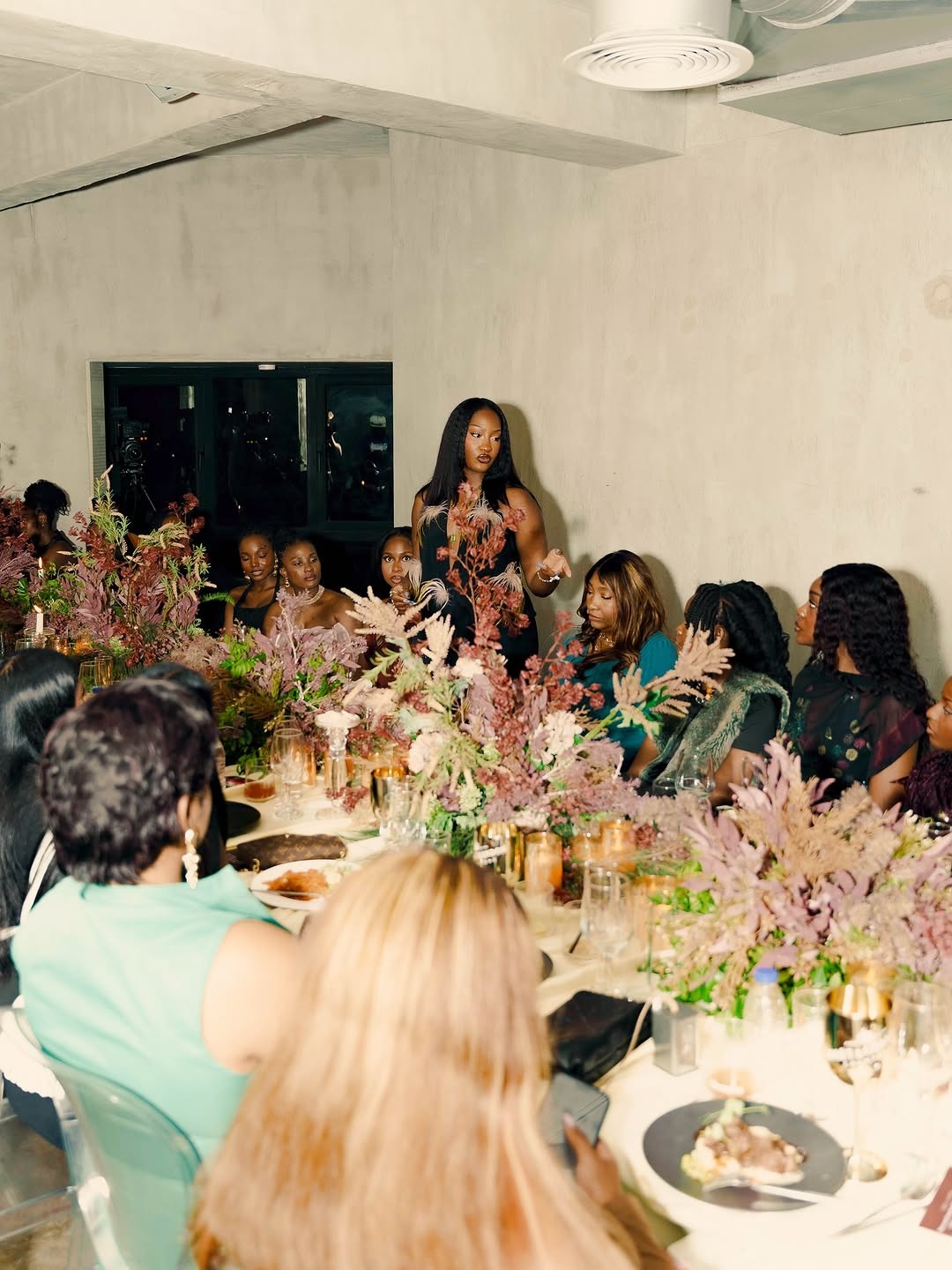
Earlier this year, Tems expanded the Leading Vibe Initiative by hosting an in-person programme for young women across Lagos. Twenty participants received equipment training, songwriting sessions, and mentorship from established producers. The interest was immediate, and the waiting list grew quickly. The need for something like this had been clear for years; LVI gave it structure.
The larger significance of the film sits in the backdrop. Women still occupy a small fraction of production credits globally, and in Nigeria, the numbers fall even lower. 72 Hours in Lagos does not claim to solve that imbalance, but it offers a working model for how to shift it. It shows that support systems do more than inspire, they change outcomes.
There will be bigger versions of this story, more editions of LVI, more producers coming into the industry with access their predecessors never had. When Tems says she created the initiative so young women “can see what is possible,” she is describing the heart of the project rather than a tagline. The work is consistent. The intention is long-term. 72 Hours in Lagos is an introduction, and the producers featured are still in the early stages of careers that will develop in their own ways. What Tems has built gives them more room to grow and more control over how they do it.
The ripple effects will show over time. For now, the documentary stands as a clear marker of a scene evolving through collaboration, visibility, and access — the things that often determine who makes it to the next stage and who never gets the chance. Tems wanted to open the door wider, and the film shows what happens when people walk through it.
@black_ranter
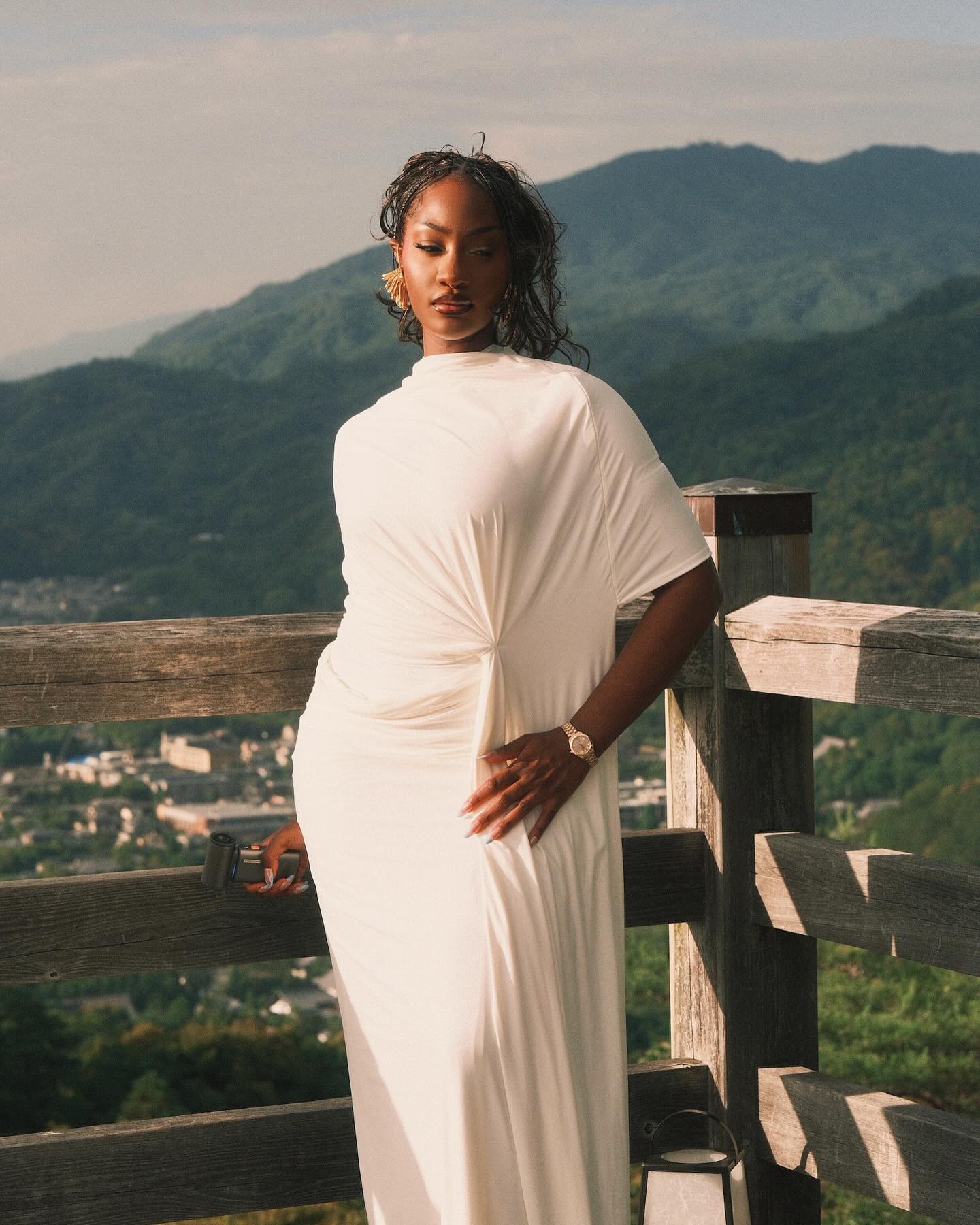
“Shout out to the OGs in the game, but it’s time to pass on the baton to Champz.”
Champz is fourteen. He is also Wizkid’s first son. Nothing about his entrance into music was ever going to be quiet, and this line arrives with the self-assurance of someone who has studied greatness closely. Someone who grew up watching it breathe, dress, make mistakes, and triumph. The entire EP, produced by Hosanna, sounded like Champz making a declaration while also claiming his inheritance. In the EP, the young Balogun doesn’t ask permission to exist in the lineage he comes from; he rather steps into it with the quiet conviction of a boy who knows that lion no dey actually born goat.
‘Champion’s Arrival’ is five tracks of confidence and clean production, filled with the kind of youthful boldness the industry rarely sees at this scale. The project rushed to number one on Apple Music Nigeria within hours. It charted across continents. Social media was a frenzy. Some people praised the skill, the delivery, and the ease. While some others called it what they believed it was, a masterclass in nepotism. When you listen to ‘Champion’s Arrival’, what strikes you first is not the polish (not that there’s a shortage of that), but the innocence of ambition. There is an eagerness here, the eagerness that can be found in children who have grown up backstage watching their parents transform into legends under stadium lights. Champz sings and raps like someone who has been absorbing a world he didn’t choose but is not learning to claim. Listening to him, you sense a boy stretching into a silhouette that already exists for him. He does not sound like his father – not quite. He sounds like someone attempting to rise from beneath the shadow without rejecting its shade. There is a familiarity in the cadence, but the intention feels new. A boy declaring he is here to be heard, even if the world first listens because of his last name.
The EP is littered with small, deliberate moments where you can hear a young artist trying to understand what it means to carry a legacy before they fully understand themselves. His lyrics wobble at times, but the audacity is there, shimmering beneath the boyishness. He knows that he has something to give. That the baton passed to him will not fall from his hands. Culture often treats nepotism and lineage as something not to be used, as though blood alone can script brilliance. But Champz’s entrance into music reminds us that inheritance is less about inevitability and more about courage. The courage to attempt, to sound unsure, to sound young, to grow in a space where everyone expects you to arrive fully formed. We are not witnessing the arrival of a prodigy; we are witnessing the beginning of a journey.
The Nigerian music industry is obsessed with origin stories. We love the dreamer from nothing who rises from the dust. We also love the ones who walk in with legacy behind them, even when we pretend we do not. Champz sits somewhere in the middle. What makes him interesting is that he is not running from the narrative. He is rewriting it. The conversation around nepotism will continue, and maybe it should. It forces the industry to ask who gets a fair chance and why. Still, something is compelling about someone who has every advantage and still puts in the work (we’ve seen that before). Someone who most people expect to fail loudly and chooses to rise instead. Champz seems eager to prove that talent can coexist with privilege. A famous surname sure can open the door for you, but it cannot keep you in the room. The EP shows a boy standing at the beginning of something huge, aware of the spotlight but not shrinking from it. If this is the baton he says he is ready to take, then the industry should keep its eyes open.
My first personal introduction to Tems was through the infamous song ‘Essence’ by Wizkid and Tems on his ‘Made in Lagos’ album. Her emotive voice caught my ear as it did for many of us. I was interested in her discography but I hadn't become a fan yet. Although I did appreciate her unique tone and her ability to convey her lyrics in an interesting way.
The first project I listened to by her was ‘If Orange Was a Place’ and I was impressed. I quickly became a fan and continuously listened to this EP and I enjoyed it thoroughly. I think the title of this project is interesting as orange connotes warmth and energy and I believe that's what Tems and this project emphasise. This is definitely a comfort project with fun Afrobeats and R&B.
The opening of this project with ‘Crazy Things’ is definitely one of the fan favourites and mine also. This song is so interesting to listen to because at first your focus is on the beat
which is sonically amazing to listen to, then your attention drags to her voice which is extremely unique in itself. Finally, we listen to the lyrics which are emotive and empowering at the same time. To my understanding, Tems is describing someone she knows and their bad behaviours that affect her peace of mind “all you do is lie, lie / give me some time I need peace”. The chorus’s repetition of the word “crazy things” connotes the idea that she is speaking her mind specifically and that there are a lot of things going on that come from this person disrupting her peace but also making reference to the wider world. Despite her going through relationship issues which is a “crazy thing”, societally there are other "crazy things”. Another line that stood out to me on this track was “oh, you try to make me insane, you know I'm not the same / I think I can do better” which can be empowering when you realise that someone doesn’t have this power over you anymore. This opening can already tell the listener they're going to listen to Tems delve into deep topics of self and warmth and high energy.
Another stand out track is ‘Avoid Things’ which is the second to last track on this project. This song is extremely honest and relatable. I believe we all try to avoid feeling, speaking and expressing our emotions towards ourselves or to the people who are hurting us. This song speaks of exactly that. The lines “I try to avoid things but there is no one / this is madness” can connote that she is only running from herself because no one is there but herself. It can also connote that she's avoiding stuff she's feeling from someone who doesn't listen to her anyway. The lines “and it’s a migraine to play your mind games / you're like a cold place, don't need a cold place”. These words further emphasise the idea of not being listened to, which can be the reason why she's avoiding things. In addition, the juxtaposition between the words “cold” and the project title, ‘If Orange Was a Place’ can create this sense of warmth that she aspires to Thus, ending this project with ‘Vibe Out’, tells her that despite all of what's happening to her mentally, she's still going to have fun and vibe out.
All in all, I believe that this is an amazing introduction to Tems’ work as an artist or a fan. To me, this project set the precedent for what her music would sound like. Her honesty and vulnerability within her lyricism becomes consistent within her discography.
Elitefest, from its very first word “Elite” was a festival that truly lived up to its name. It was elite, memorable, and undeniably fun, with a lineup that proved the organizers knew exactly what they were doing. From bringing in the ladies’ man Gabzy, to pulling up Gen Z’s favorite Zaylevelten, and showcasing women with angelic voices like Fave, Morravey, and Qing Madi, the experience was unforgettable. Listening to these women perform live was a goal in itself, but the energy didn't stop there. With vibe master Kashcoming and the amazing producer-turned-artist Young John leading the charge, the Balmoral Convention Centre in Victoria Island became the epicenter of the night.

The atmosphere was elevated by a heavy-hitting rotation on the decks. The resident DJ, DJ Psy, was nothing short of amazing, alongside DJ Ozzai and DJ Bellami, who both delivered live sets that kept the pulse of the room steady. The night was steered by the hypeman, Fabulous, who, true to his name, did a fabulous job of keeping the crowd fully engaged. It’s a reminder of how vital a hypeman is to the live experience; even with a small slip, calling Gabzy ‘Gatsby’ before the crowd quickly corrected him, Fabulous never lost his grip on the room. One of the standout elements of Elitefest was how the organizers intentionally created space for the underground and rising stars. We saw live performances from the likes of Sello, Loti, and Taves, as well as Toye, who all brought their unique sounds to the stage. Watching Wavestar perform ‘Prada Baby’ live was a moment, as was a set by a male artist with a voice so angelic I didn't immediately recognize him, only to later realize it was Natse Jemide.
The night also gave the floor to upcoming talent the crowd didn't even know yet, allowing them to showcase original music. I remember a girl performing her own song with incredible confidence and a rapper who took the mic to deliver bars over a beat the DJ kept perfectly in pocket. Seeing a festival actually give talent the floor to perform their own music, rather than just covers, felt refreshing and vital. This same passion was reflected in the crowd; seeing fans who love Zaylevelten sing his songs with so much heart
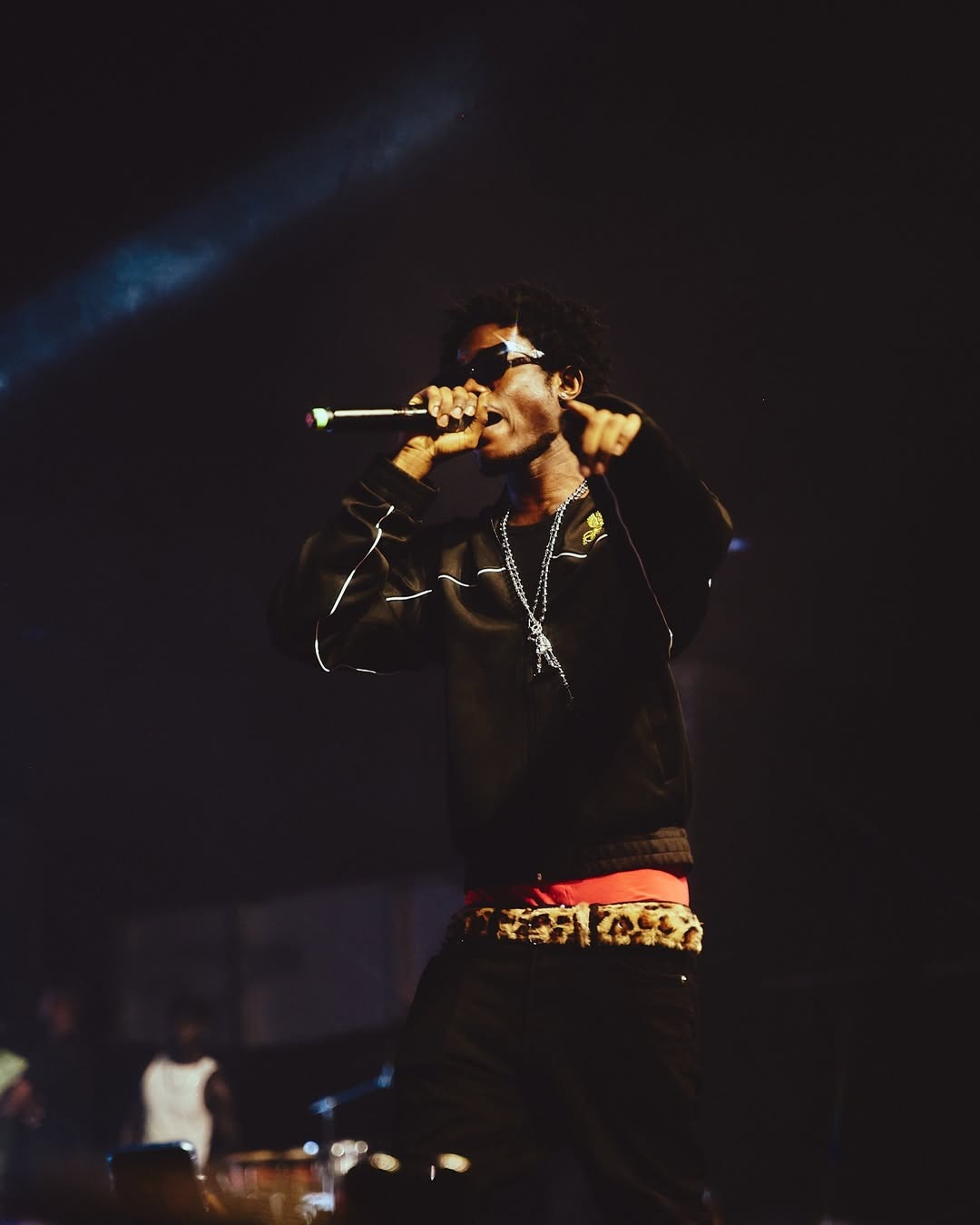
and watching the audience embrace Young Jonn with pure joy, was powerful. It was more than just singing along; it was about being part of a movement.
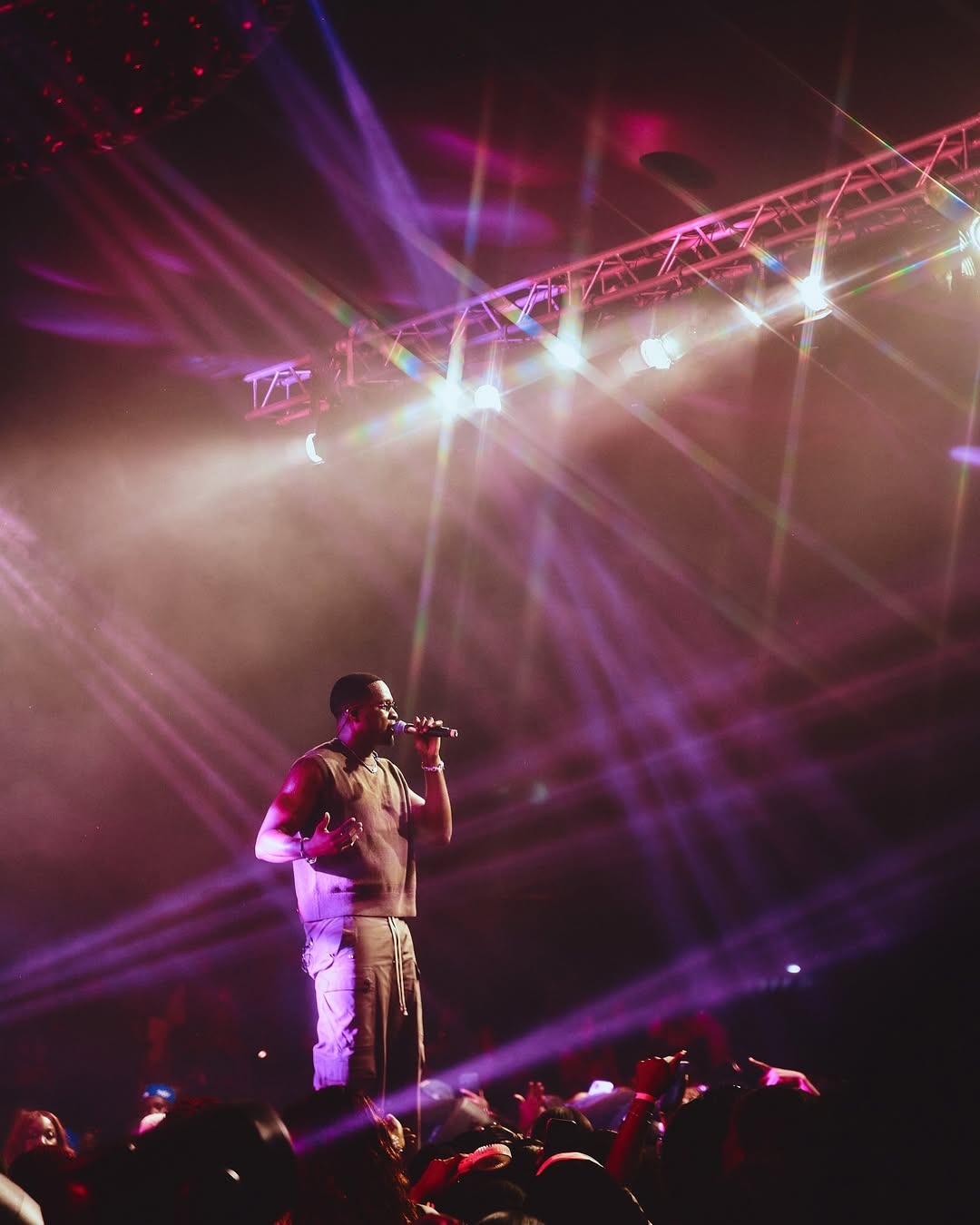
Most people in attendance especially were clearly waiting for Gabzy, who finally took the stage around 3 a.m. I've never considered myself the type of person to scream when seeing a favorite artist, but the moment he appeared, I found myself joining the sea of voices, especially the ladies letting out a deafening scream. He truly is the "ladies' man. In the world of Lagos nightlife, it was a set well worth the wait, fitting perfectly into the rhythm of an all-night event that stretched until 6 a.m. Young John’s set was another peak, especially when he brought out Lil Kesh and Pheelz to push the adrenaline even higher. We also witnessed a beautiful moment from Fola, who was brought in by Gabzy, performed both solo and alongside him, adding a layer of soul to the festival’s high energy.
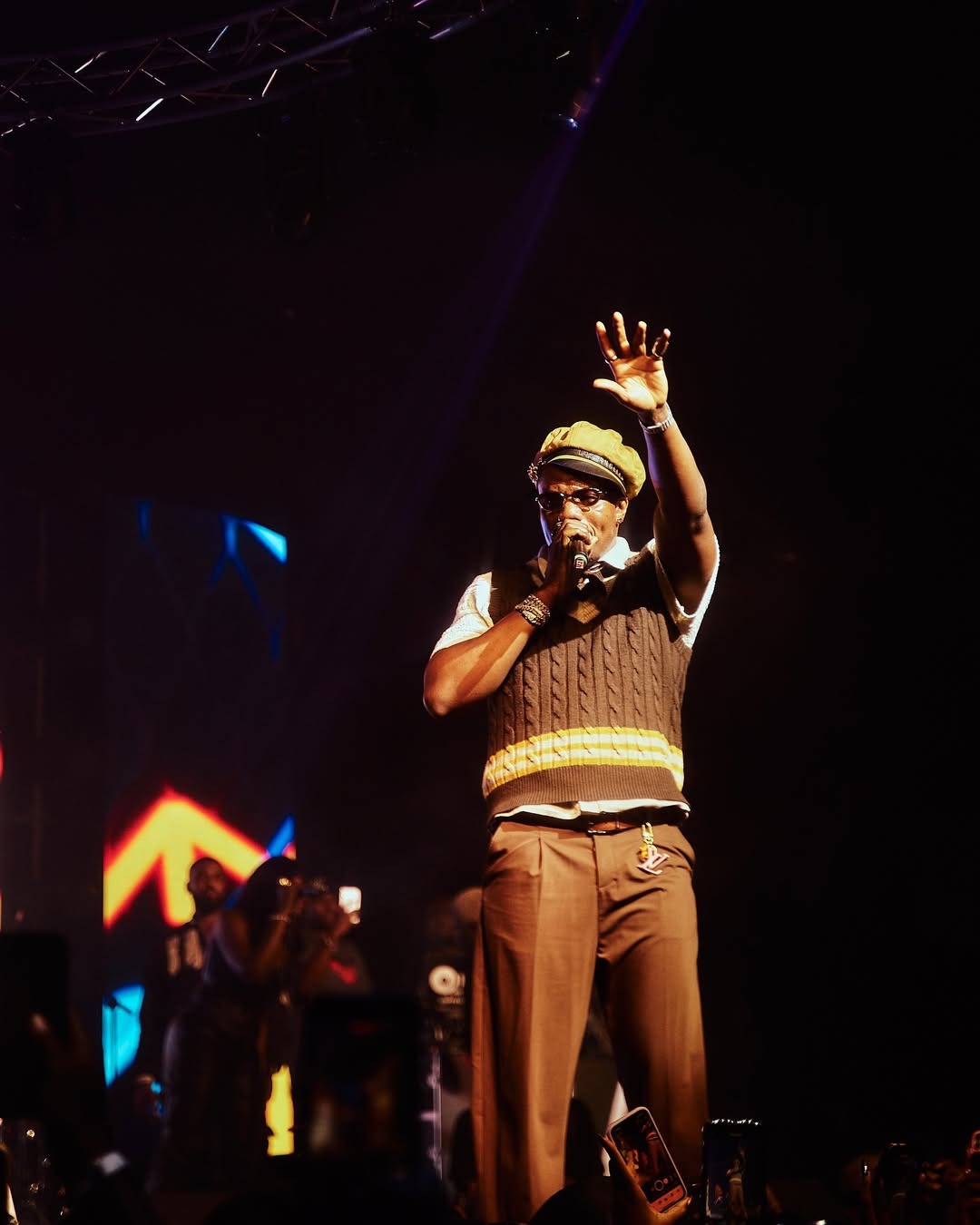
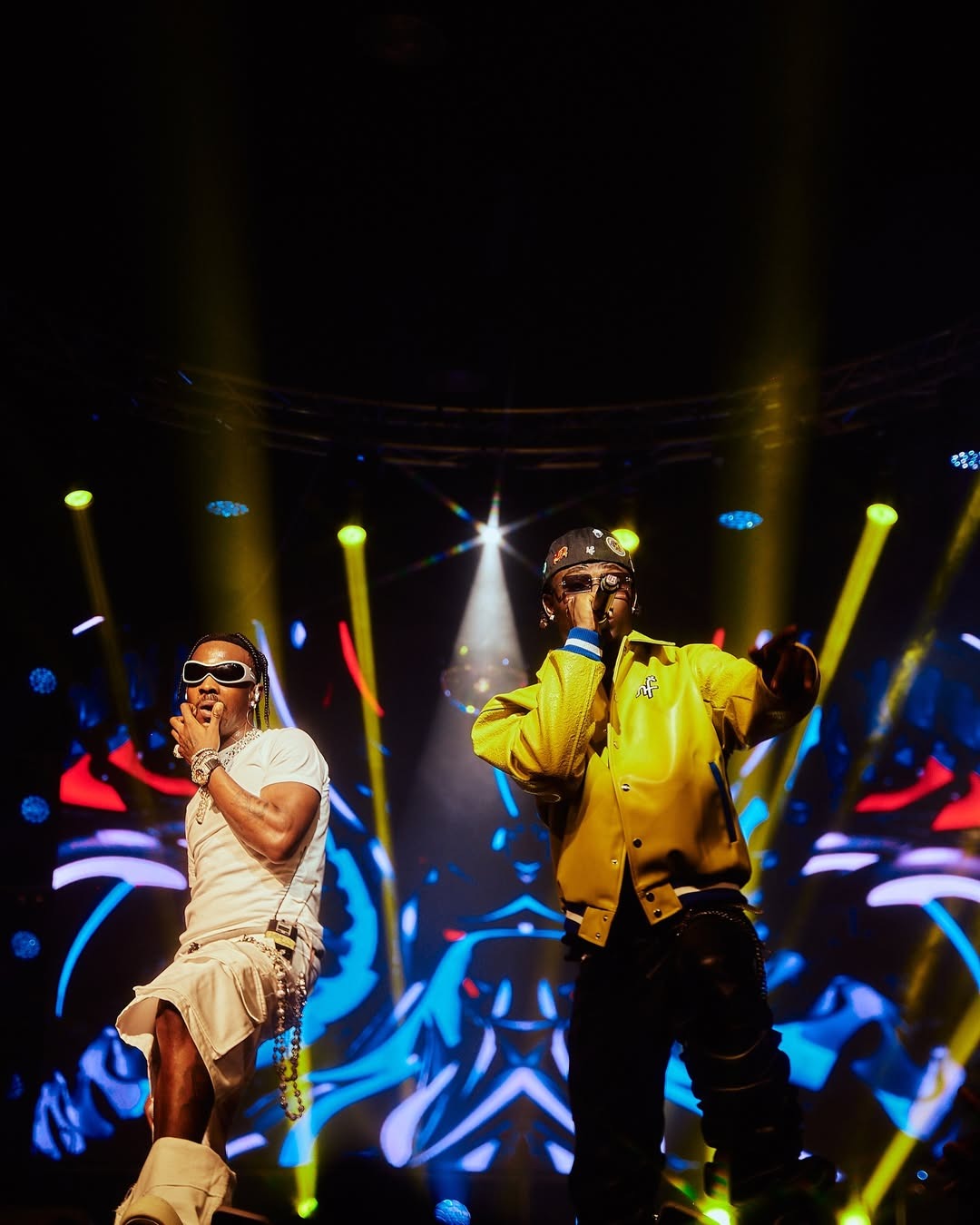
Ultimately, Elitefest wasn’t just about the music, it was about creating a complete, intentional experience. From the carefully curated lineup to the impeccable sound quality and the nonstop movement of the crowd, every detail captured the true spirit of Detty December. The sing-alongs and the energy in the room proved that this wasn’t just another event; it was a celebration. Elitefest has set the bar high for what a festival can be, leaving fans already anticipating what the organizers will bring next. It was a night to remember, and one that will be talked about long after the last song faded out.
All images by carmizeven
On 'Kaizen', Bhadboi OML turns vulnerability into strength. The Rising Afrobeats artist has already started to find confidence in his fluid blend of Afrofusion, R&B and street lyricism; he approaches his sophomore EP as both a reflection and a reset. The title, drawn from the Japanese
philosophy meaning "continuous improvement", — feels like a mission statement for an artist determined to evolve in both sound and spirit.
Across the six tracks, 'Kaizen's Intro', 'Child's Play', 'Bag of Vibes', 'Jah', 'Oversability' and 'Sergio Ramos' — Bhadboi OML crafts a story of resilience, ambition and gratitude. His melodies glide between mellow and defiant, his delivery marked by that familiar mix of grit and grace that is quickly becoming his signature. Where earlier work leaned heavily into street‑hop urgency, 'Kaizen' trades bravado for balance; the growth is audible and intentional.
The project opens with 'Kaizen's Intro', a meditative entry that sets the tone with quiet determination. The sparse instrumentation allows space for voice and thought, and it works as a deliberate pause before the body of the EP. 'Child's Play' follows up with breezy confidence, underlining Bhadboi OML's ease with melody and tempo. Warm percussion and open chords make the track an immediate earworm without sounding overproduced.
On 'Jah', faith and intuition take centre stage. He sings with unfiltered emotion: "Jah e be you, e be you, e be you 24/7". The lyric sits comfortably alongside a minimalist beat, proof that sometimes restraint creates the most resonance. 'Oversability' continues the reflective mood, serving as the project's spiritual midpoint. This production utilises subtle reverb and low‑end warmth, fostering contemplation to support the lyricism within.
Contrast arrives with 'Sergio Ramos', a track that fuses street bravado with poetic resolve. Named with a wink to the famed defender, it is as much about protecting one's space in life as it is about defending an artistic identity. The verses snap with intensity while the chorus lets the emotion breathe — a smart arrangement that highlights Bhadboi OML's range.
Production across 'Kaizen' leans warm and textured, taking from Afrobeats, trap, and R&B influences without losing cohesion. The beats are uncluttered, leaving room for the vocals to sit naturally in the mix. Where some peers chase maximalist production, Bhadboi opts for clarity: each instrument has purpose, each silence speaks.
Lyrically, the EP is less about boasting and more about progression. There is an honesty to his phrasing: small confessions and observations that invite empathy rather than awe. Lines about perseverance and the everyday grind surface without a heavy hand, which makes the moments of uplift land harder when they arrive.
If there's a criticism, it's that the EP at times plays it too safe; a couple of tracks could've benefited from a riskier arrangement or a surprising feature to break the uniformity. Yet that restraint also feels like a statement: this is an artist polishing his craft, focusing on nuance instead of pyrotechnics.
Ultimately, 'Kaizen' reads like a quiet manifesto. It is not a simple collection of songs but a document of process, a self‑aware pursuit of better. With this EP, Bhadboi OML cements his place among a new generation of Nigerian artists unafraid to introspect out loud. In a musical landscape often obsessed with speed and spectacle, he offers stillness, and that might be his greatest strength yet.
By the time Fave first discovered the viral AI-generated remix of her song 'Intentions', it had already taken on a life of its own. The edit, dreamy, slowed, and algorithmically textured, was circulating across TikTok and X, reshared by fans who were drawn to its ethereal feel. It wasn't official, wasn't commissioned, and wasn't something she ever had planned. Yet, instead of treating it as just another internet anomaly, Fave made an unexpected move: she took ownership of it.
AI remixes have become a defining part of today's digital music culture. They pop up overnight, spread like wildfire, and often reframe songs in ways artists never considered. Many musicians have responded with hesitation or frustration, seeing these edits as intrusive or creatively disrespectful. But Fave's response reflects another mindset – one rooted in curiosity, adaptability, and control. She realised that this AI-generated version of 'Intentions' resonated with listeners because it unveiled another emotional shade of the song.
Rather than let the AI remix exist as an unauthorized derivative, she stepped in and reshaped it: 'Intentions' keeps the atmospheric softness fans loved, but now pairs it with deliberate craftsmanship. Her harmonies feel warmer and more present; her delivery clear, more intentional; the production, while airy, gains structure through human direction. She elevates it rather than erasing the influence of AI.
The result is a version that feels like a conversation between human intuition and technological possibility. Fave underscores the strong parts of the AI version, discards what didn't work, and brings in that emotional grounding only an artist can introduce. It blurs the line between experimentation and authorship in a way that feels both modern and deeply personal.
This also speaks to a wider industry moment: as conversations around AI, creativity, and ownership continue to heat up, many are left speculating about what the future relationship between artists and technology will look like. Fave's approach offers one answer: art can coexist with the digital as long as the artist remains at the head of the creative decisions. In a way, she has proved that AI need not replace human creativity but inspire new forms of it by reclaiming and refining what the internet produced.
To fans, 'Intentions (feat. Urban Chords)’ feels like the discovery of the same song in a new emotional register: more introspective, more atmospheric, and subtly more vulnerable; a version shaped both by spontaneity and intention. It captures something of the magic that happens when unexpected digital moments are transformed into meaningful artistic statements.
Ultimately, Fave's decision to turn an unofficial AI remix into a polished release is more than just a clever response to a trend: it's a testament to her artistic vision, her adaptability in a shifting digital landscape, and her understanding of how modern music lives online. In a world brimming with algorithmic noise, she shows that creativity still belongs to the artist, and that even technology can become a canvas when steered by the right hands.
Nigeria's Detty December is now a global cultural moment rather than just a time for celebration. Every year, Lagos attracts tourists, music enthusiasts, and returning diasporans who want to experience Afrobeats in its most immersive form. Concerts dominate the calendar, tickets sell out quickly, and social media builds excitement weeks in advance. However, a growing worry has emerged amid the commotion and excitement of the 2025 season: the growing disparity between the quality of live concert experiences and the hype surrounding them.
The enthusiasm of the audience is not the issue. Demand has never been higher, if anything. The frequency with which expectations and execution collide has changed. This season, several high-profile incidents rekindled discussions about crowd control, safety, and concert organisers' general readiness during busy times like Detty December.
Fola's Mainland Block Party, his first significant headline performance in Lagos, was one of the most talked-about events. As a significant milestone for an artist whose ascent has been closely observed, the event carried a great deal of anticipation. However, due to safety concerns raised by the venue's overcrowding, the concert was abruptly ended. Reports confirmed that capacity had been exceeded, forcing organisers to halt the show to prevent further risk. Fola later issued a public apology, explaining that the decision was made with the safety of attendees in mind.
While the apology was acknowledged, the reaction from fans revealed deeper frustrations. Many attendees voiced concerns about poor crowd control, access issues, and overall coordination. The disappointment surrounding the event went beyond the performance itself and instead highlighted what happens when growing popularity is not matched by adequate planning and infrastructure.
Around the same period, similar concerns emerged following BNXN’s Lagos concert, where fans reported being locked out despite holding valid tickets. The artist later addressed the situation, attributing the issue to capacity and ticketing challenges. Though different in context, both incidents pointed to a recurring issue within Nigeria’s live entertainment scene — the strain placed on venues and organisers during high-demand seasons.
Given the growing expense of concert attendance, these moments have been especially startling. Due to inflation, production costs, and the premium nature of December events, ticket prices have been rising steadily. Industry reports have already cautioned that if service quality does not improve, rising entertainment and tourism costs could make Detty December less appealing. Paying more naturally raises expectations for many fans, not just for the artist's performance but also for the overall experience, safety, sound quality, and organisation. Dissatisfaction is nearly inevitable when these components are lacking.
Recognising the structural difficulties Nigerian concert organisers face is also crucial. Large-scale event planning is made more difficult by a lack of specially designed venues, erratic power supplies, problems with security coordination, and logistical limitations. These facts are widely known and continue to be major obstacles. However, audiences are increasingly comparing local concerts to international standards as Afrobeats continues to gain recognition on a global scale. Consequently, there is less tolerance for mistakes that were previously thought to be inevitable.
Detty December, 2025 has not gone on without success. Several events have delivered memorable performances and demonstrated what is possible when planning, production, and crowd management align. Still, the concerts that fell short have sparked necessary conversations about sustainability, professionalism, and accountability within Nigeria’s live music ecosystem.
Hype may draw crowds and sell tickets, but it cannot replace structure, foresight, or audience care. As Nigeria’s concert culture continues to expand, the challenge is no longer visibility or demand. It is consistency. If Detty December is to remain a cultural highlight rather than a seasonal gamble, quality must become as prominent as the buzz that surrounds it.
Born and raised in South Chicago, Ravyn Lenae is a musician who has a history of vulnerability, beautiful melodies and a mix of genres. Her discography so far details her relationship to self, people and the world around her. She does this in such a relatable way, as a listener you are able to feel everything that she is feeling with her. The ways that she translates her emotions within her music, not only within songwriting but also production, adds a timeless essence to her sound.
I’m not new to Ravyn Lenae’s music, I first discovered her when I was in my early teens. It was the ‘Crush EP’ (2018) and the song ‘Computer Love’. What attracted me to this song was the clear yearning and desire for the other person. It was the 2010s, documenting that experience of falling in love with someone through the phone. You can imagine at that age I really resonated. It was a false closeness, you were intimate but not quite because you have never touched. From here, her music has followed me all the way into my 20s, when life only got more complex. Lenae’s recent success with hit single ‘Love Me Not’ felt like it was about time the world recognised her ability to transcend genre and make intense love ballads. I love ‘Love Me Not’ but the song that has stuck with me the most is ‘Pilot’. When the guitar chords come in it feels like floating through the sky with eyes, clothes and my fingers making waves. She opens with, “Maybe I’m contagious // the way that I can push anyone away”. These words alone felt like a gut punch because it made me realise that my guardedness, that I once regarded as protection, was stunting me from growth.
A while ago I was texting one of my closest friends about post-uni life. We were just discussing jobs and careers and I admitted to her that I really don't know where I'm going with any of this. Even speaking to my sister, when she asks me the important questions about my career and where I'm going next, I instantly get defensive because I simply don’t know. Growing up I have prided myself in the fact that I’ve always known what I wanted, despite what was going on in my family home or in the world. I knew who I was and what I wanted to be. I’ve changed so much. When I listened to ‘Pilot’ by Ravyn Lenae it reminded me so much that life moves in waves. At times you're in control but other times you are not.
I struggle with uncertainty. It’s supposed to be this thing that can provide you freedom. That you can’t control your life and you can’t predict your future so you should just live in the present. But this has bruised me. It’s made me fear everything because what if something bad ends up happening instead of good. Uncertainty makes me anxious. I’m in this vicious cycle with myself, trying to navigate a future world that I do not and cannot understand. Beating myself for not having the answers straight away. I’ve changed so much. And I hate that. I hate it because I wasn’t expecting it. Three years ago, I was so different, in my head the person I used to be was way better than who I am now. But I think it’s because my life seemed so much more clearer. I knew what I wanted then. I don’t know what I want now. I’m so “small to the world I’m in”. I see that now. I’ve changed so much.
My change is something I’m growing to no longer fear but embrace. My being is complex and that’s okay. Who I was yesterday will change, I shouldn’t feel boxed in by this, I should feel pride because of this. My liberation is expressed through my ever changing nature. This is not something I understood before but completely understand now.
To be a pilot roaming is to be a person flying in a sky that’s too big for you to be in alone. Yet you still feel like you're driving your own plane. My 20s so far have been filled with a lot of lonely moments in the sky. Scared I may crash and burn. Or drop flat. But as I sit in this plane, with a destination that is uncertain, I am certain that I will land somewhere. There’s so much liberty in releasing who I thought I was and becoming who I’m led to be. I’ve been convicted. To stop repressing parts of me that needs to evolve. I am no longer chained to my past selves.
“Let go / far from everything I thought I was”
@elishasmalls_
Cover Image: Bird’s Eye (2024) Shot by Kennedi Carter
The arrival of 2026 has introduced a profound distortion in our musical reality. A viral, AI-generated "Afro Soul Orchestral" version of Stromae’s "Papaoutai" has surged across global platforms, capturing the public imagination in a way few traditional covers ever could. This is no longer a simple technological experiment. It is a defining cultural pivot that challenges our understanding of creative ownership and the digital simulation of human pain. As this haunting orchestral rendition climbs the charts, it forces us to re-evaluate the line between artistic tribute and algorithmic exploitation.
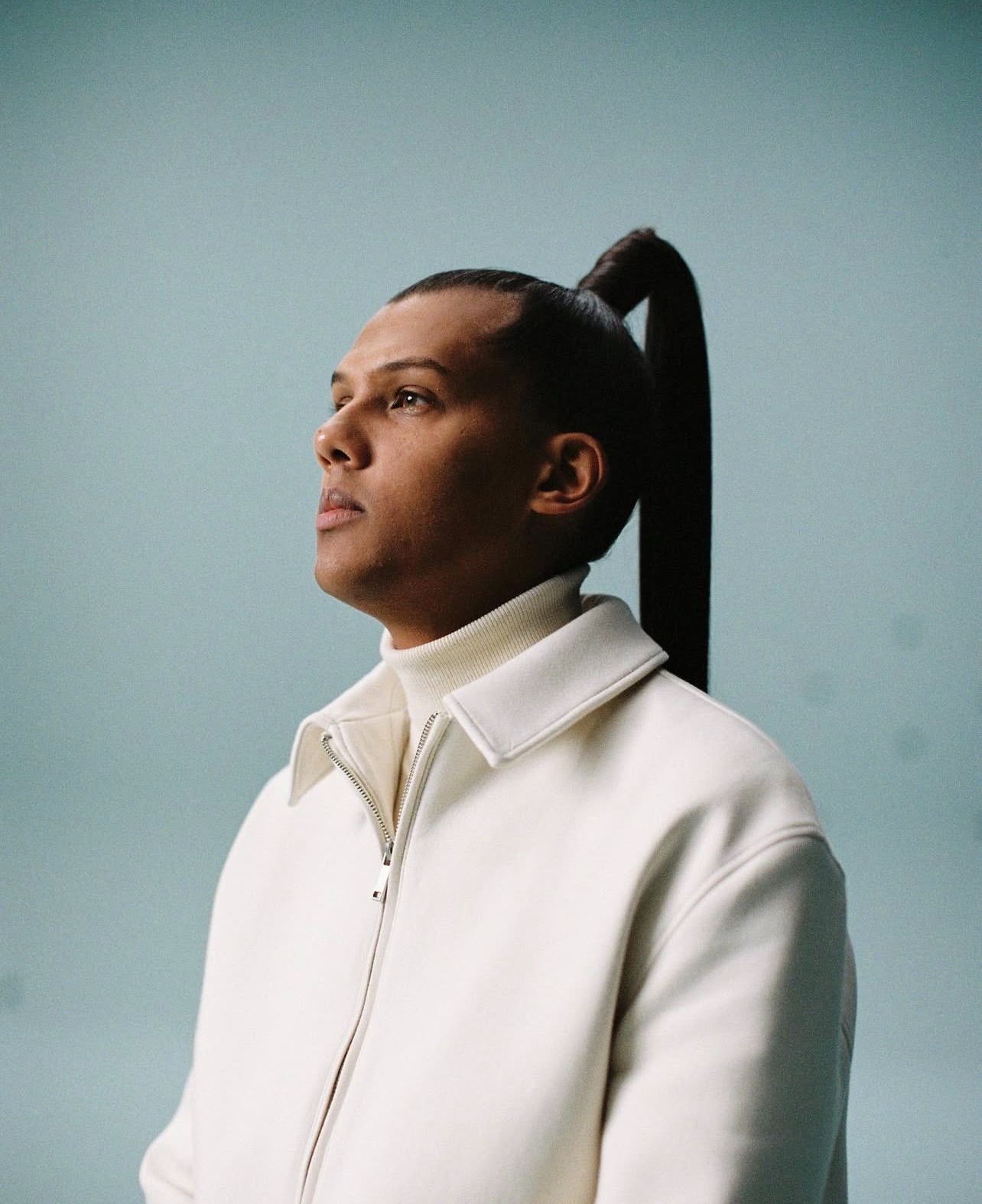
To understand the weight of this reinvention, one must look to the architect of the original. Born Paul Van Haver on March 12, 1985, in Brussels, the Belgian-Rwandan artist known as Stromae became a global phenomenon with his 2013 album, Racine Carrée. "Papaoutai" was its crowning achievement, a track that blended Belgian electronic roots with Congolese soukous while addressing the tragic 1994 Rwandan genocide that claimed his father’s life. The original song stands as a monumental success, boasting over one billion views and solidifying Stromae’s status as a pioneer of the francophone "chanson" revival.
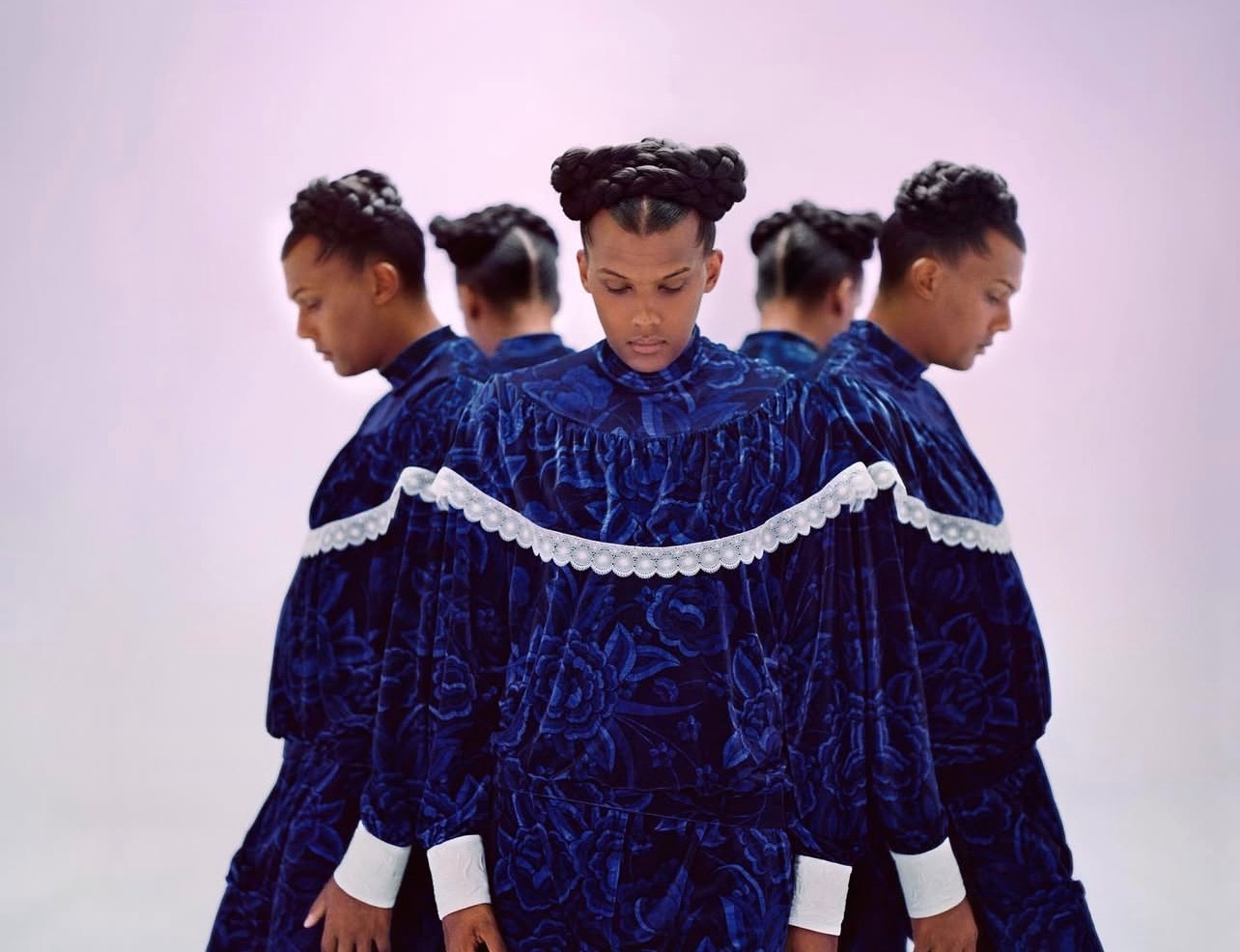
The genius of the 2013 original lay in its masterful use of irony. Stromae crafted a "Trojan horse" of a song, wrapping the devastating lyrics of a child searching for an absent father "Papa où t'es?" inside a vibrant, high-energy production. It was a visual and auditory mask. In the music video, Stromae played a rigid mannequin, a literal representation of a father who is physically present but spiritually hollow. For over a decade, the power of "Papaoutai" was found in this tension: the upbeat tempo acting as a shield against a deep, unresolvable trauma.
The 2026 AI reinvention, credited to creators like Unjaps, chooses to shatter that shield.
This version is an exercise in "Afro-Gothic" cinematic weight. Gone are the syncopated synthesizers and the club-ready four-on-the-floor beat. They have been replaced by a slow, funereal crawl led by earth-shaking war drums and sweeping, melancholic strings that evoke the scale of a grand tragedy. The most jarring shift, however, is in the vocal delivery. The AI model produces a voice that is not polished or "perfect" in the way we expect from machines. Instead, it is weary and gravelly, full of the heavy breathing and vocal cracks that characterize human vulnerability. It is a performance that mimics the sound of a breaking heart with terrifying accuracy.
This leads us to a necessary philosophical inquiry: is this evolution good or bad?
On one level, the track is objectively magnificent. It allows the raw poetry of Stromae’s lyrics to finally breathe without the distraction of a danceable beat. Yet, as it dominates the Spotify Global 200, we must consider the cost. This version does not use Stromae's actual recordings; it is a mathematical simulation of his emotional affect. When a machine successfully mimics the grief of a son whose father was lost to genocide, we enter a moral gray area. Is it a tribute to the songwriting, or is it an "algorithmic parlor trick" that exploits a real human history for viral engagement?
We are currently standing at an existential precipice in the music industry. If an algorithm can learn to predict the frequency of sorrow and reproduce it with such fidelity that it induces real tears in a listener, what happens to the human artist? We should certainly expect more of these AI "remakes" as they prove to be highly profitable and emotionally resonant. However, we must ask if this begins an evolution where the "prompter" eventually replaces the "creator." Does the existence of this cover affect the sanctity of the original work? Some might argue it expands the song's legacy, while others believe it dilutes the specific, lived experience that Stromae poured into his art.
In the world of high-fashion and high-art, we place immense value on provenance: the documented history of the hand that made the object. This AI cover threatens that entire hierarchy. It proves that, for the modern consumer, the "experience" of the art is becoming more important than the "authority" of its source. If the goosebumps are real, the public seems increasingly indifferent to whether the singer has a soul or a processor. This shift marks the definitive end of the "uncanny valley" in music. We are no longer listening to robots; we are listening to machines that reflect our own humanity back to us better than we can ourselves.
The reinvention of "Papaoutai" is more than a viral anomaly. It is a signal that we have entered an era where our deepest emotions can be perfectly simulated. While the orchestral version offers a beautiful, haunting new lens through which to view a classic, it leaves us with a haunting question. If we can no longer distinguish between the cry of a human soul and the output of a sophisticated machine, what truly remains of the artist's voice? The mask has been removed, but we may not like what we see behind it.
Cover Photo credit : Michael Ferire
A quiet shift is happening in the Nigerian music industry, more Nigerian Gen Z artists are stepping into a second identity: producer. They’re not just voices on beats anymore, they’re shaping the sound from the ground up. While this might feel like a new wave, Nigeria has seen artist-producers before. The difference now is scale, accessibility, and how deeply self-production is tied to identity. What was once a rare skillset is becoming a generational mindset.
The idea of Nigerian artists producing music isn’t new. In the early 2000s, Paul Play (Paul I.K. Dairo) balanced his R&B career while producing for others, including work on Tony Tetuila’s debut album. Years later, Tekno reminded the industry that artists could be hitmakers behind the scenes when he produced Davido’s smash hit “If.” More recently, Pheelz and Youngjonn transitioned from being sought-after producers to front-facing artists, proving the path could go both ways. These moments showed artists could understand music beyond performance. These moments proved artists could understand music beyond performance.
But those were exceptions. Today, for many Gen Z artists, production isn’t just a side skill, it’s part of the creative foundation.
The difference lies in access and intention. Previous artist-producers often worked within traditional studio systems. Today’s young artists are learning production on laptops in bedrooms, watching YouTube tutorials, trading presets on Discord, and experimenting in real time. Software like FL Studio and Ableton has flattened the learning curve, making beat-making as accessible as writing lyrics.
More importantly, Gen Z artists see production as a way to build identity, not just save money or prove technical ability.
Across Nigeria’s alternative rap, Alte, and experimental pop scenes, artists are shaping their own sonic worlds from the ground up. They start with moody synths, ambient textures, distorted drums, or stripped acoustic loops before lyrics even enter the picture. This creates songs where the emotional tone of the beat and the vulnerability in the vocals feel inseparable, because they come from the same source.
Producer alter egos are becoming part of that process. Danpapa.GTA operates as Lori.oke when crafting beats, Kemuel produces under the name Wondah, Boyspyce becomes Madd Thing behind the boards, while Zaylevelten works as Tenski and Soundz as Funwon. Some artists quietly release beats or experimental soundscapes under different names, freeing themselves from expectations attached to their main brand. It's a creative loophole: if fans expect melodic trap from you, your producer alias can explore ambient sound design or gritty underground textures without confusing your audience.
This shift mirrors global movements where artists like Tyler, The Creator and Travis Scott built careers on self-shaped sonic universes. But in Nigeria, it carries extra weight. The mainstream industry is still heavily structured around producer-artist pipelines, especially in Afrobeats. Gen Z’s hands-on approach challenges that system, pushing music toward more personal, less formulaic directions.
There’s also a speed advantage. Artists who can produce demos, manipulate their vocal chains, or build rough instrumentals don’t have to wait for beat emails or expensive studio sessions. Creativity becomes immediate. Ideas are captured while they’re still raw.
Still, this doesn’t replace professional producers, instead it evolves their role. Instead of arriving empty-handed, artists come to sessions with stronger visions. Producers become collaborators refining textures, not just suppliers of rhythm. The result is music with more depth and intentionality.
And culturally, this matters. Nigerian Gen Z grew up consuming global internet music culture alongside Afrobeats. They’re inspired by SoundCloud scenes, DIY artistry, and genre fluidity. Self-production allows them to translate that influence into something locally grounded, fusing trap drums with Afrobeats bounce, emo melodies with pidgin slang, ambient pads with street pop.
Nigeria has had artist-producers before. But today, it’s no longer a rare skill, it’s becoming a creative philosophy. For Gen Z musicians, stepping behind the boards isn’t just about control; it’s about identity, experimentation, and ownership. As more artists embrace their producer alter egos, Nigerian music isn’t just evolving in sound, it’s evolving in how that sound is being made.
Image: x/heisremanewss
A striking cello opens the track, functioning as both a cunning harmony and a simultaneous bassline. James Blake’s effervescent, angelic vocals float alongside Santan Dave’s heavy, emotive bars, complete with syncopated drums and haunting echoes of “doesn’t just happen.”
[Chorus: James Blake]
Falling in love (Doesn't just happen)
Staying in love (Doesn't just happen)
Falling in love (Doesn't just happen)
Staying in love (Doesn't just happen)
Falling in love (Doesn't just happen)
Staying in love (Doesn't just happen)
Dave and Blake’s undeniable bond is reflected effortlessly in their music, where two seemingly opposing musical timbres actually sit together quite nicely. Songs like ‘Selfish’, ‘History’, and now with ‘Doesn’t Just Happen’, do a brilliant job of combining Dave’s intense raps with James’ electronic, dramatic production– complete with orchestral-leaning vocal ballads, ruminations on relationships, and the complexity of love.
Dave never wavers in the intensity he brings to every record. In this 3-minute track alone, we learn that Dave’s girlfriend presumably hates him, how growing up hungry can impact how you move in the world, the moral battle of having money, musings on Tony Soprano, and how deep down — maybe Dave hates himself too.
[Verse: Dave]
If being a good man was easy, I'd still be me, cah I do shit the hard way / You don't know who's who
/ My girlfriend hates me, deep down maybe I do too / We used to jack n***** in the morning, cah most man didn't have cash when work's done / This type of dinner have your jawline thinner, man gonna think you had work done
See a man maintainin' / See a man, wait, nah, see a man complainin’… / Yeah, I got dirty money, but show me a pound or a dollar, and it doesn't have blood on it (Doesn't just happen)… / Therapy couch like Tony Soprano, black Viano / Hit an artery, stabbed in a major…
That's staccato, cash or card though?
I got the country's sins on finance
I know we all wanna make it to heaven, but it— (Doesn't just happen)
James Blake’s vocals mirror Dave’s sentiment. He mulls over ideas of effort and how good things actually take meticulous time and dedication, contrary to the belief that things just happen, or subsequently “fall into place.”
[Bridge: James Blake]
Maybe you stopped putting in time
Somewhere along the line
And everything good
And everything good
Doesn't just happen
Doesn't just happen
[Outro: James Blake]
And everything good
And everything good
Doesn't just happen
Doesn't just happen
Doesn't just happen
Blake’s new album ‘Trying Times’ will be his first independent studio album, to be released by his own label, Good Boy Records. This comes after his continued advocacy against major labels and streaming platforms that refuse to pay artists properly, stymying the creative process in and of itself. . And after management cuts – which is between 15 and 20 per cent – and taxes and recording overheads, it’s just not sustainable for an artist to focus on just their art.”
He committed himself and his art to independence, fostering direct, genuine fan engagement and promotion. In the spirit of maintaining agency of his own fan relations and promo, James Blake released this exclusive track with Dave on Monday, January 19th, with a 72-hour listening window with options to preorder or presave, in addition to offering a special first press vinyl edition available for purchase.
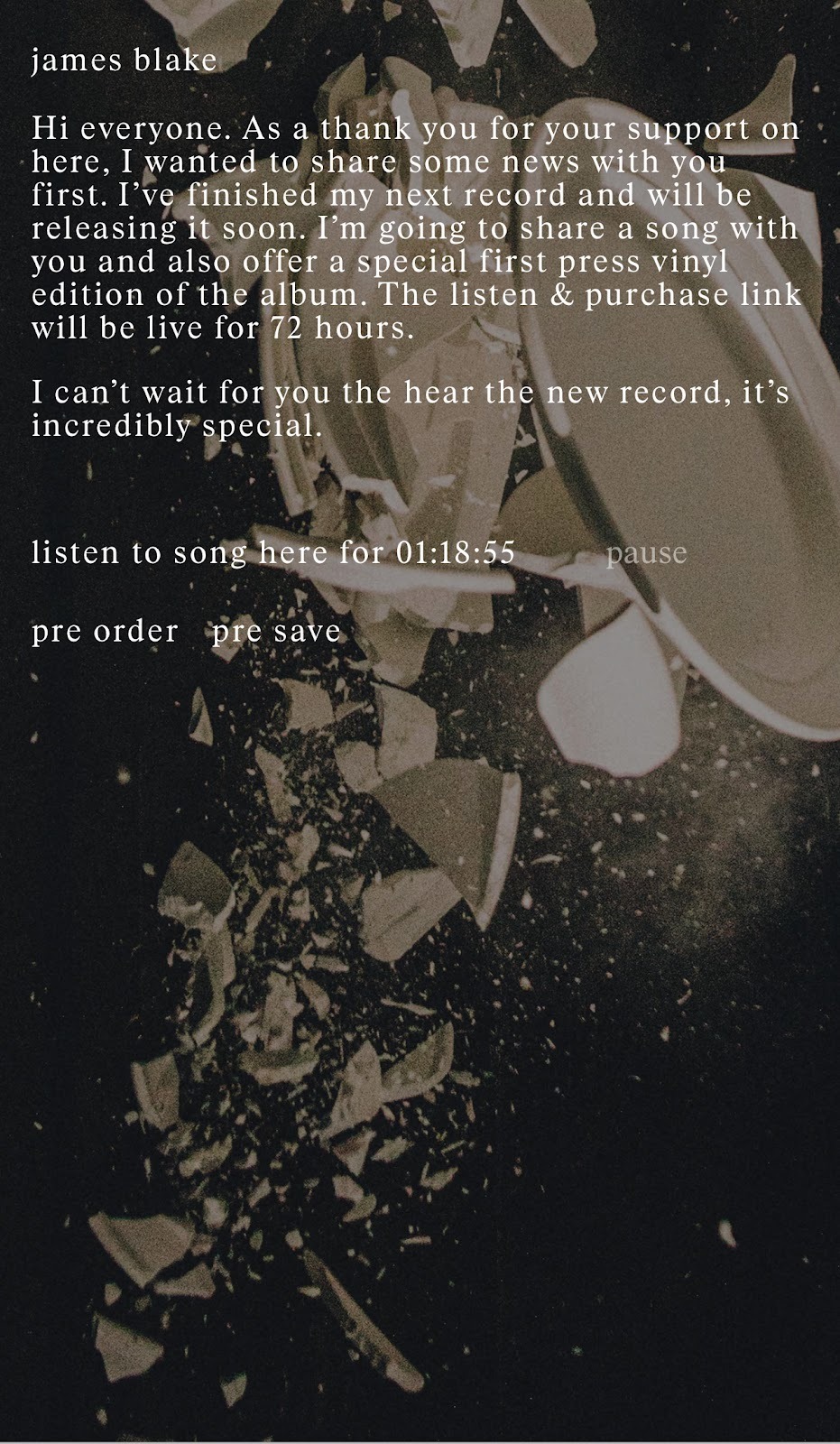
His new album is slated to come out on March 13th, 2026, exploring the relentless nature of modern life.
Emem-Esther U. Ikpot @ememIK46
Pop girls do not simply release albums; they announce eras. An era comes with a visual language, a new posture, a shift in energy that tells the world who an artist is becoming.
Tyla’s January 2026 Vogue China cover does exactly that. It does not scream reinvention, but it signals refinement. It’s a subtle recalibration of sound, image, and self as she prepares to usher in a new body of work.
Shot by the seaside in Malibu, California, the cover story situates Tyla in a liminal space: between land and water, innocence and intention, play and discipline. Water, a motif that first carried her into global consciousness, still flows through her visual world. But here, it is calmer, deeper, more deliberate. This is not the splash of emergence, it is an ode to her musical journey thus far.
Styled by Alvin Yu, Vogue China’s Fashion Director known for shaping Rihanna’s most iconic fashion chapters at Vogue, the cover direction leans heavily into the senses. Yu understands that Tyla is not an artist to be over-explained. Her appeal has always been physical, instinctive, bodily, rhythmic. In her own words, music does not need complexity. It is intuition. It is joy. It is indulgence. The styling mirrors this philosophy while quietly elevating it.
Tyla has described her voice as orange — sometimes neon orange — and her sound as dessert, sweet and indulgent. Yet the wardrobe tells a classic switch in direction story. Long silk satin white dresses, beach-towel constructions, floral chiffon, and a bright pink bikini form a palette that feels both sensual and serious. Gold jewellery punctuates the softness: bold, sculptural, unapologetic. The pieces do not overpower her; they frame her. This is a woman learning and shifting into calmer territories.
The sleek bob haircut further sharpens this message. Gone is excessive movement. In its place is clarity. Precision. A silhouette that allows her face, voice, and presence to do the talking. This is particularly striking in the editorial’s East-meets-West dialogue. In one frame, Tyla stands beside a motorcycle at dusk, dressed in a black bodysuit-style dress with a gold sculptural neckpiece; modern, cinematic, quietly dangerous. In another, she wears a bespoke white Chinese qipao adorned with red and purple multicolour Asian motifs, honouring tradition while asserting her place within it.
This is cultural exchange. It is alignment. Tyla’s global rise has never required her to abandon her roots, but it has asked her to translate them for other audiences. The Vogue China cover understands this translation instinctively. It positions her not as a guest in global pop culture, but as an active contributor shaping its future.
At the heart of this evolution is Tyla’s ongoing search for what she calls “music that belongs to me.” Her sound has always been stitched together: genres layered, rhythms borrowed and reimagined. As a teenager, she spent hours covering chart-topping songs, learning structure, testing range, absorbing influence. But it was the creation of Water that marked a turning point. That song did not imitate; it declared. It was the moment she recognised her own voice.
Now, with a new album confirmed, that voice is expanding rather than shifting entirely. South African rhythms remain foundational, offering a collective narrative rooted in celebration, movement, and communal joy. These are sonic references and they are emotional cues. The impulse to gather, dance, and lose oneself in rhythm is not a trend for Tyla; it is muscle memory.
Layered atop these rhythms is a more complex story: that of an ordinary girl navigating extraordinary visibility. Fame, for Tyla, is not the destination but the environment although dazzling, loud, disorientating. Her new work promises to explore what it means to find oneself not before the party begins, but in the middle of it.
This tension is what makes the Vogue China cover compelling. The styling may appear serious, but it does not contradict her sweetness. Joy can be intentional. Pleasure can be composed. A Joburg girl does not lose her identity by wearing silk instead of a bikini, she deepens it.
The short skirts, colourful swimwear, and tight crops that define Tyla’s core style are still present, still important. But they now exist alongside structure, heritage references, and editorial restraint. This is how pop eras mature. Not by abandoning what worked, but by understanding why it worked in the first place.
Tyla’s next era will likely be quieter in its confidence and louder in its impact. If Water introduced us to her instinct, this chapter promises mastery. Vogue China captured a moment of alignment between sound and sight, body and rhythm, girlhood and growth.
And if this is the visual prologue to her next album, then one thing is clear: Tyla is no longer just riding the wave. She is learning how to direct it.
Mbali Gene Sibeko @thegoodgirlgene
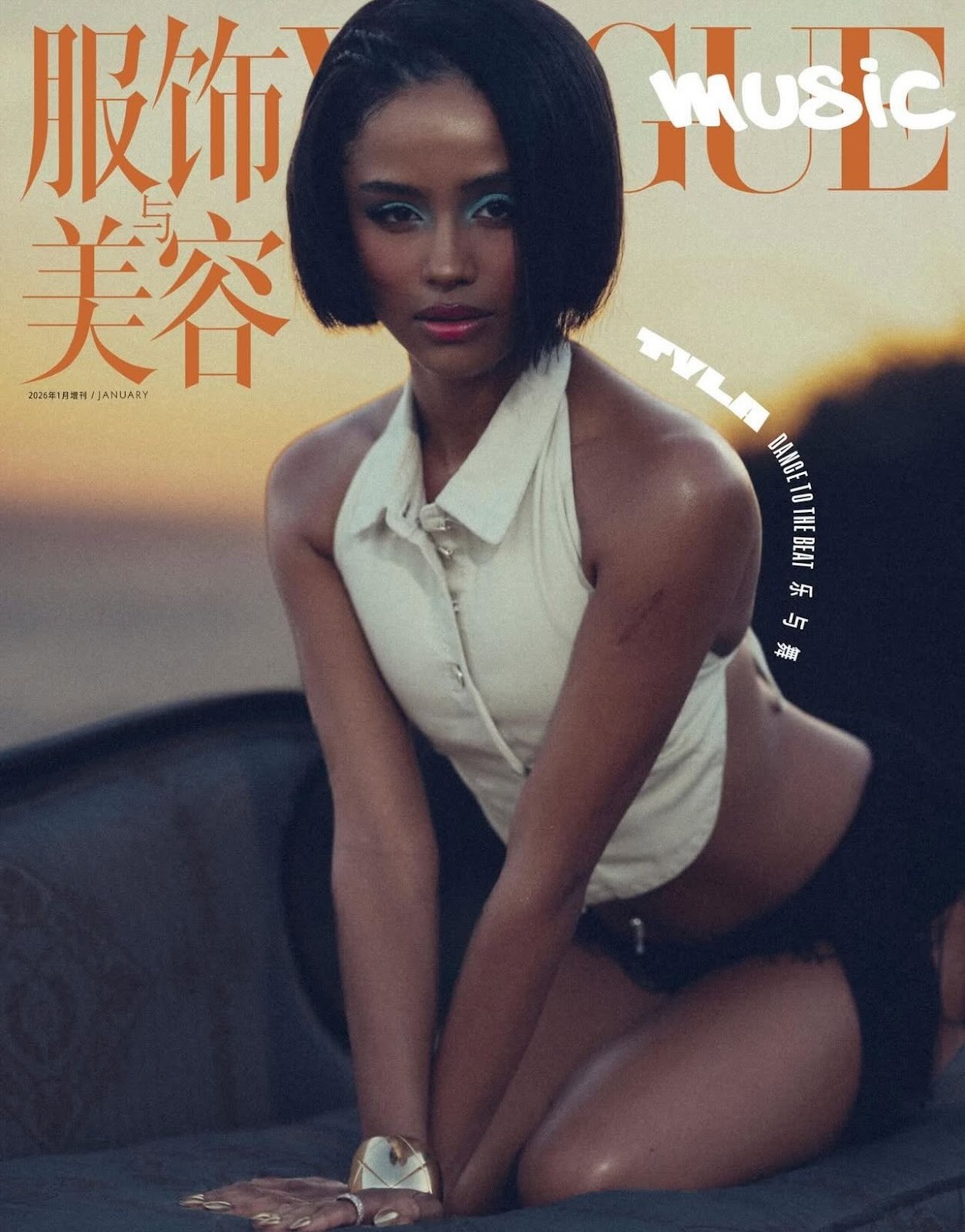
Image: “Tyla Vogue China Cover” cover shot by Kat Irlin supplied by Vogue China.
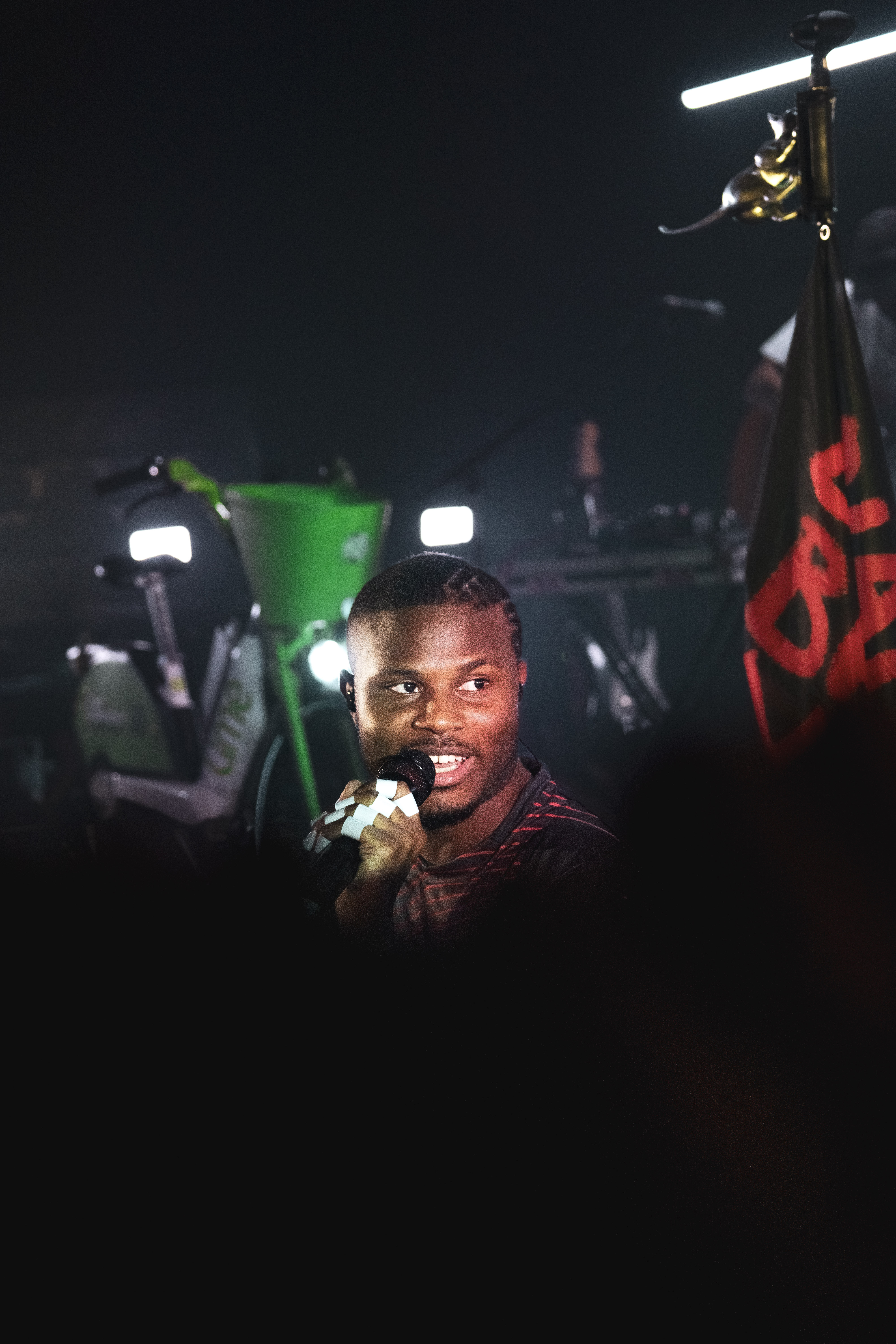
“A top writer only needs 2 bars to make an impact.” This is what Skepta said after listening to Jim Legxacy’s hook on No Weapons, an instant classic on Dave’s recent release. With Skepta set to release ‘Knife and Fork’, his new album, why not enlist Jim Legxacy to provide another hook or a verse even? Jim took over the UK scene in 2025 with an authentic fusion of real raps and beautiful self-produced neo-soul and his work is so exciting and fresh it would make total sense to pair it with Skepta’s ever-evolving, never-stagnant sound. It felt like Skepta was outside the entirety of 2025, with constant features, releases and his massive Big Smoke Festival in August. Continuing this momentum into 2026, he remains one of the most exciting and fresh artists in the UK over 20 years into his career. Bridging the North/South London divide and bringing the Lewisham and Tottenham sound together could be the best music we hear this year.
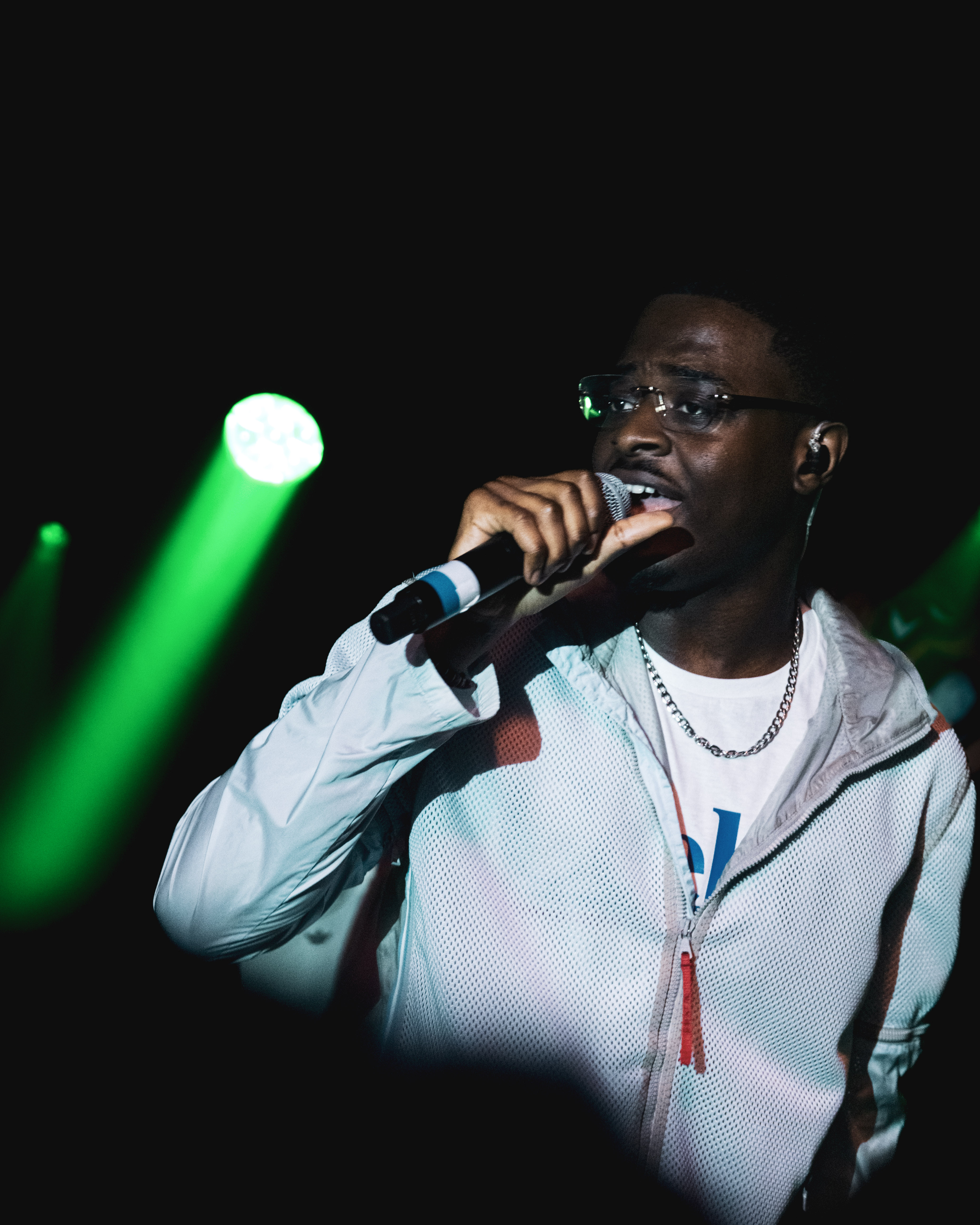
Like Jim Legxacy, Ceebo used 2025 to really prove himself to the UK scene, with the release of ‘blair babies’. This was a project devoted to the reclaiming of the narrative surrounding the generation born in the UK during 1997-2007, the tenure of Prime Minister Tony Blair. The topics were heavy. The Lambeth rapper covered subjects such as the numbing over-consumption, institutionalised racism, rising cost of living, causing many to box him in as a purely conceptual, serious rapper. But behind this incredible social commentary is a rapper who likes to have fun in spite of it all, showcased at his recent headline show. Enter J Hus, resident provider of song-of-the-summer in the UK. Ceebo was part of a generation raised on tracks like ‘Did You See’ and ‘Lean & Bop’ and I am truly sure he could lend his services to the creation of the next in a long line of hits.
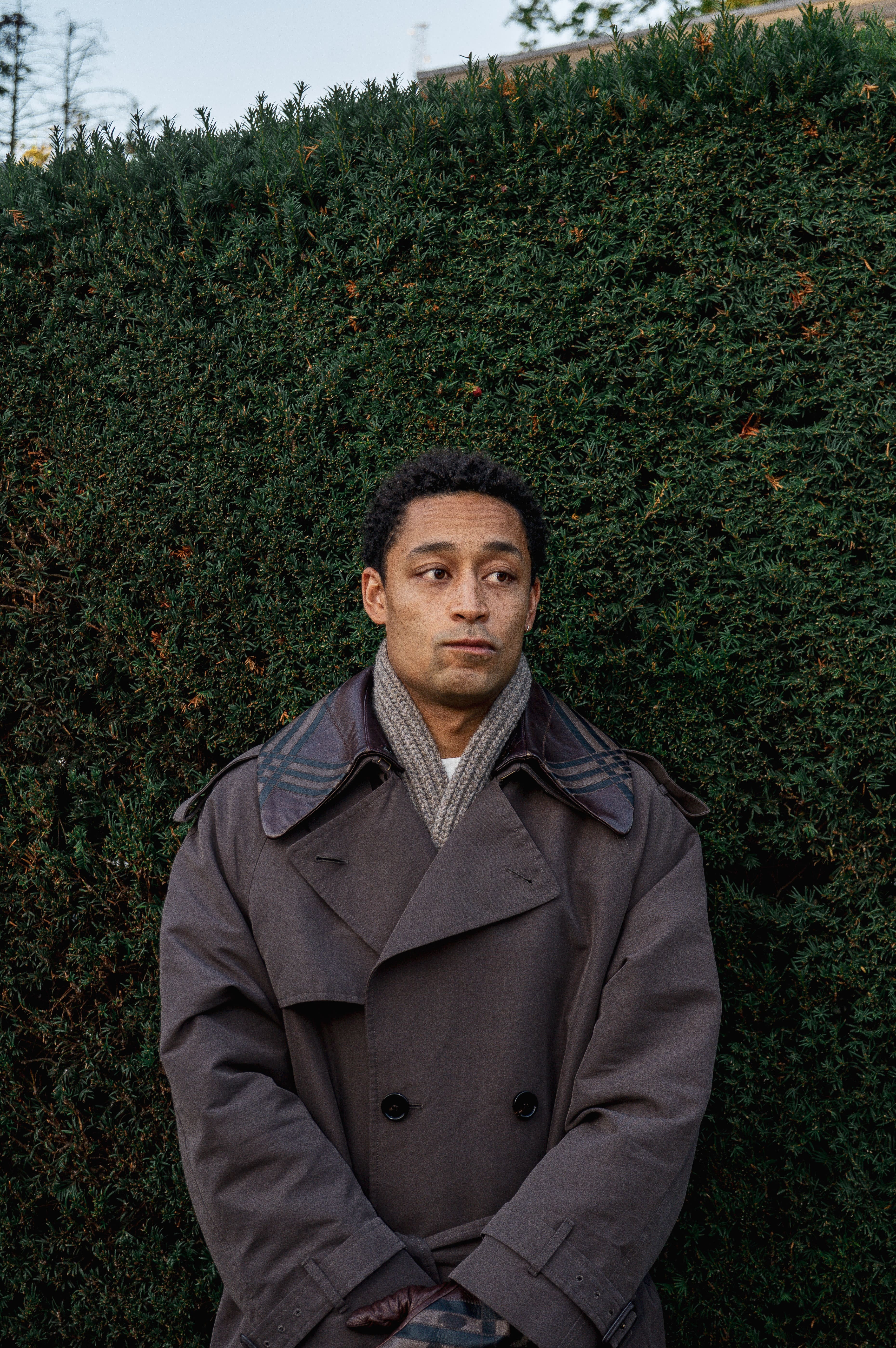
Loyle Carner and Olivia Dean are two artists cut from the same cloth. The two BRIT school graduates have collaborated before, ‘Homerton’ on Carner’s 2022 album ‘Hugo’, but we are long overdue another. Dean had a massive year in 2025, releasing her second album ‘The Art of Loving’, gaining 50 million monthly listeners on Spotify and becoming the first female solo artist to simultaneously have four singles in the Top 10 of the UK singles chart. Carner likewise was busy throughout the year, with his album ‘hopefully !’ releasing in June which saw him step into a new sound, lush and ethereal, even singing on some tracks. This intimate side to Loyle Carner added to the warmth familiarity of Olivia Dean would produce some real beauty, something laid-back and sunny for the summer or cosy and affectionate for the colder autumn months.
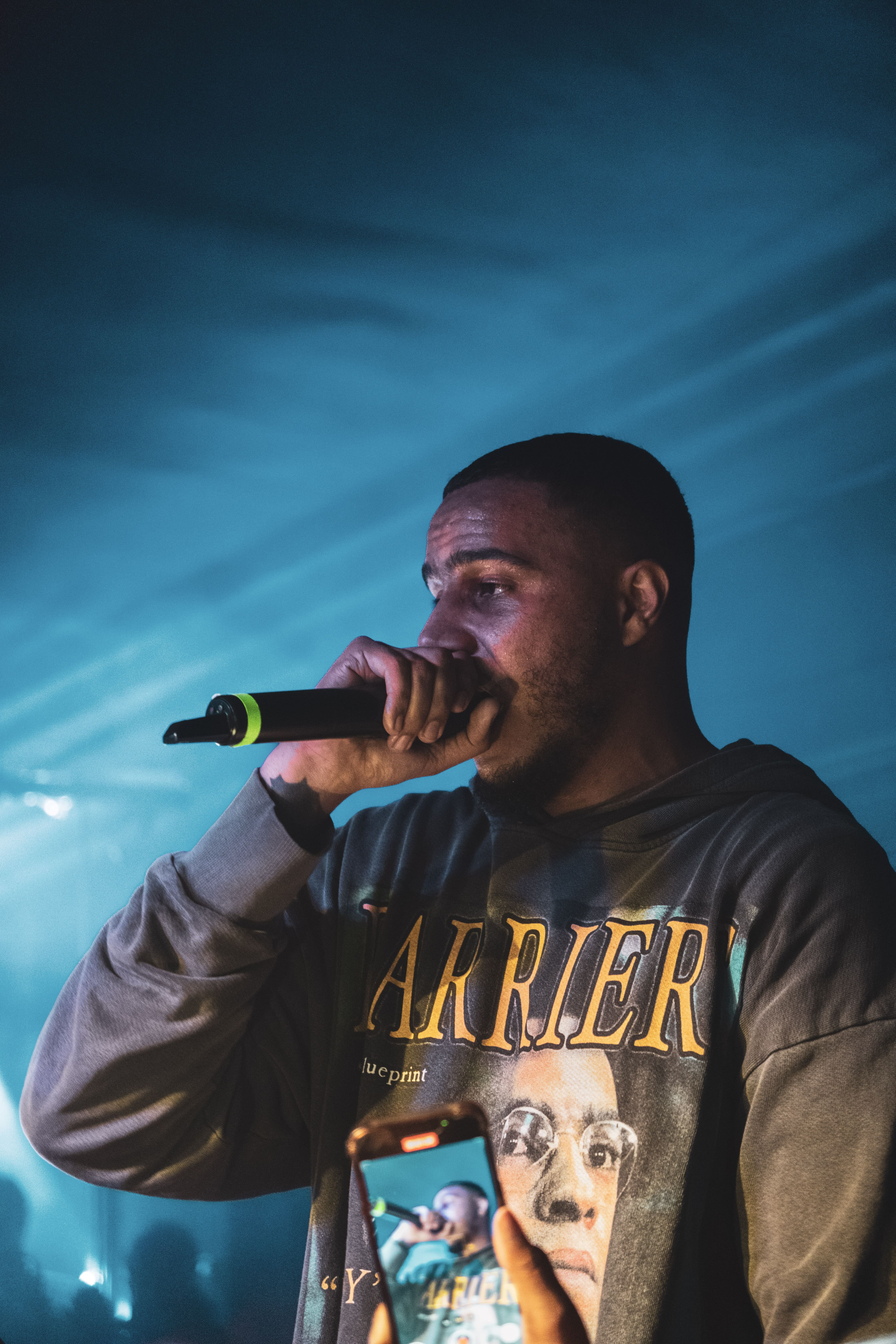
I was lucky enough to see AJ Tracey on his “Not Even A Tour" in 2025, a series of shows in smaller venues across the UK which brought him much closer to fans after years of playing festivals and arenas. There was so much energy in the crowd, everyone was on the same wavelength and it was clear Tracey loved connecting again like this.
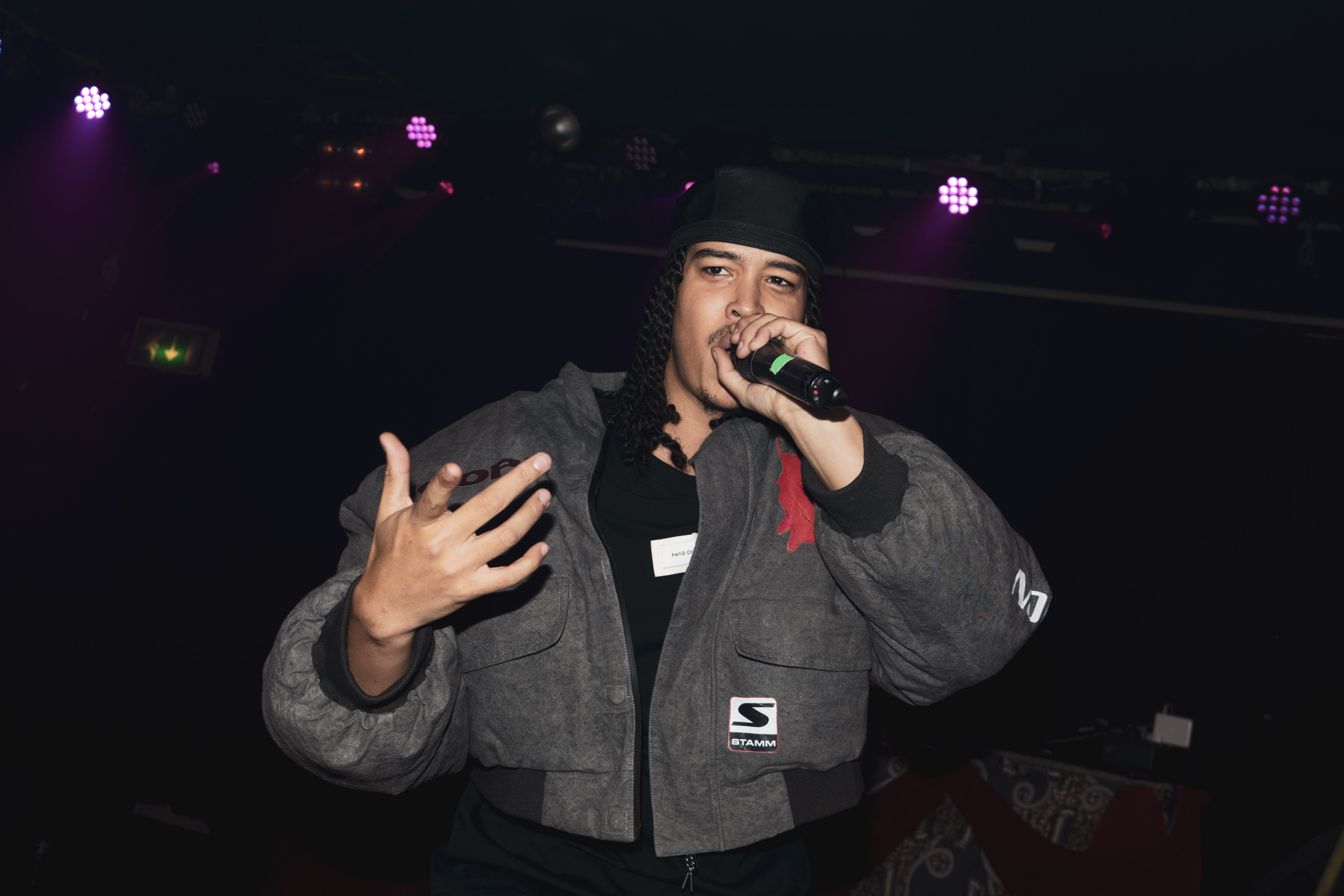
Strandz, at a different stage in his career to the now veteran AJ, also used his 2025 show to connect with fans and bring back that party feeling to concerts. With the sound of ‘Diaspora Dance Music’, Strandz reset the barometer for gigs in my eyes and hopefully more artists will follow his lead bringing a feeling of fun and community to concerts. Clearly the two need to link up on a party anthem to propel this into the mainstream convention, something which can unite a dancefloor in a small concert hall and a major festival mainstage alike.
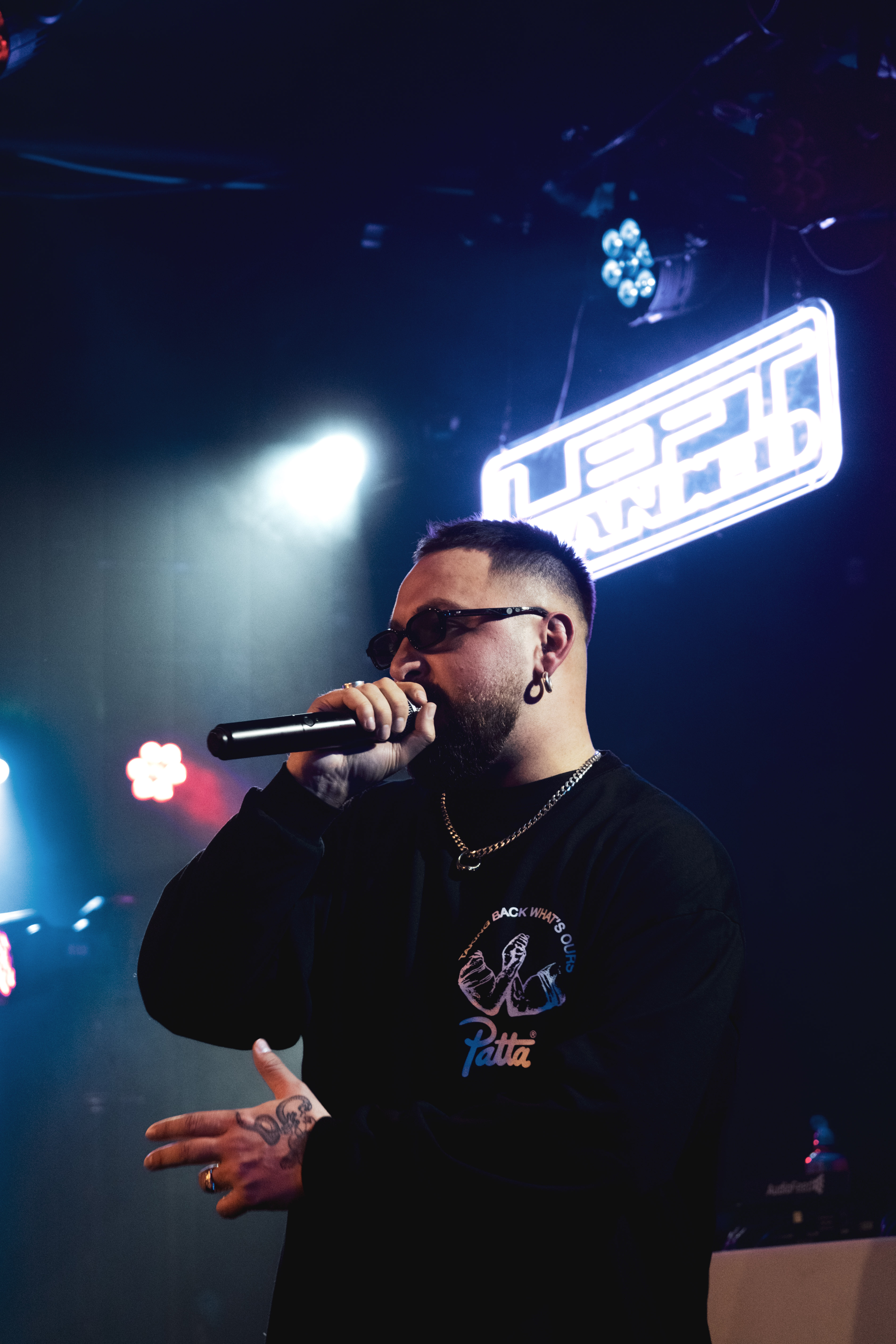
Greg and Tom, known to many as Window Kid and Niko B, are two enigmas of the UK rap scene who have both mastered the balance of music and personality. With their online presences, they have individually cultivated tight-knit fanbases who hang on their every story, repost, tiktok and song release. With the similarity of the two it is almost strange they haven’t collaborated yet with their uniquely British tongue-in-cheek bars and judicious production choices. While Window Kid does usually bring UK Garage/DnB tracks, much louder and brasher than Niko B’s lofi style, the rise in popularity of reworking grime songs onto chill beats shows us Window Kid can definitely flow on this type of tune. Or who knows, maybe we could hear Niko B on a dirty grime beat, stranger things have happened! One thing we do know is hearing the two go bar for bar, reference for reference, punchline for punchline, would be a fantastic watch.
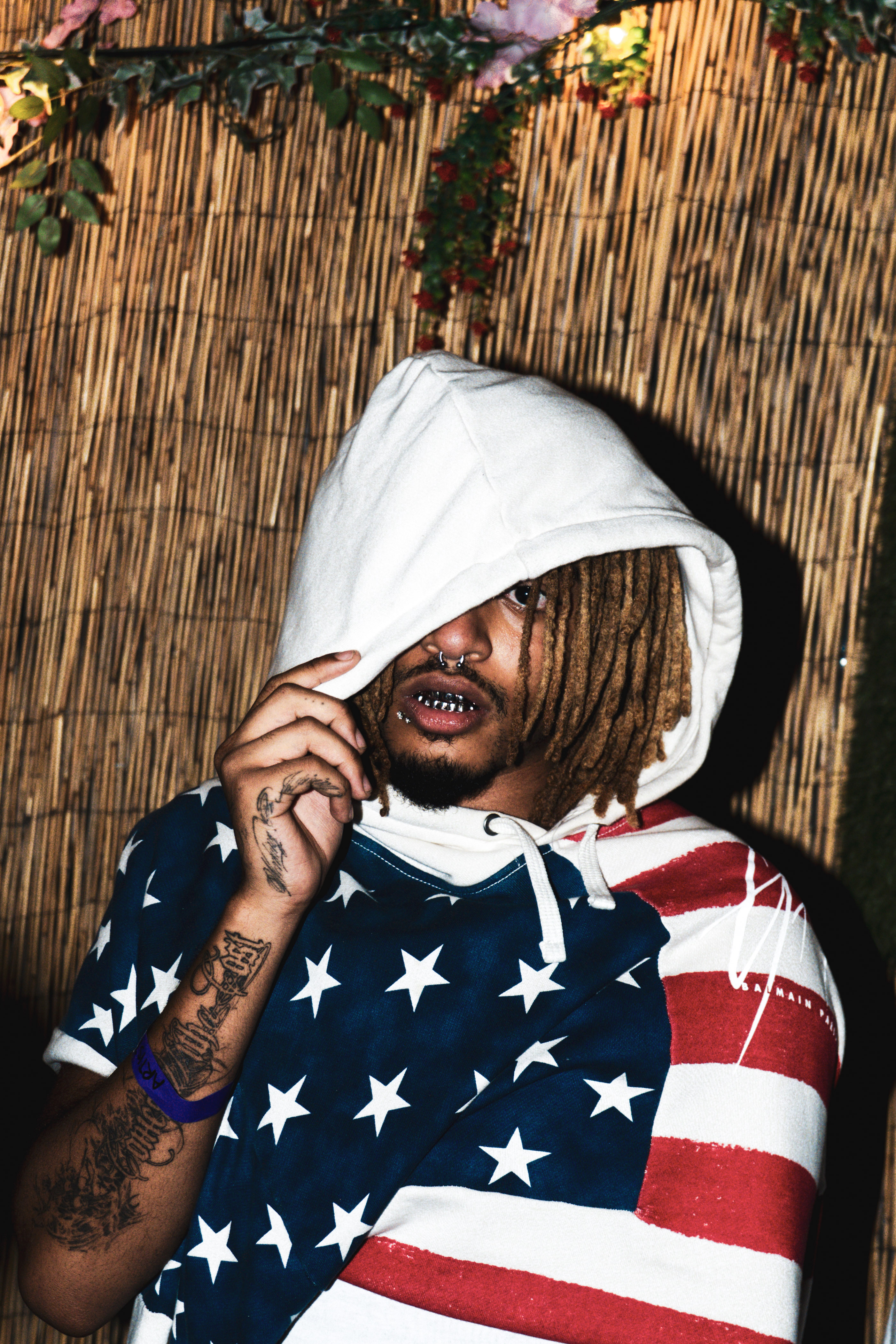
2025 was an undeniable year for the UK underground, many are even debating whether it can still be called that. From this crowd arose Sinn6r as a wunderkind and his release ‘#FEDERAL’ had a grip on the scene even before its release, highly anticipated after his single ‘Personally’. Fimiguerrero spent the year feeding ‘Conglomerate’ fans with singles, such as ‘my bad bro’ and ‘designer’, each taking over Tiktok and Instagram stories. His two features on Esdeekid’s “Rebel” only propelled him further, fans now left itching for another project. If we see arrive in 2026, the inclusion of Sinn6r would be exciting, both rappers containing this bouncy flow, always with an unapologetic presence on the beat. The unified forefront of the UK Underground has always seemed inherently collaborative and its best work comes at the intersection of its most sensational artists so to see these two on a track would be definitely remarkable and would naturally dominate social media.
All photo credits: Adam Brocklesby @acwbrocklesby
The culture of letting your hair down and having a simply good time has long since left the clubs and music venues around the country. This is the claim South London rapper Strandz has built his latest run of shows around with the aim to rejuvenate the party and bring down the walls of self-consciousness and performative coolness. Sharing a name with his recent debut album, the Diaspora Dance Music party travelled to Manchester and Berlin before a marquee finale at Scala in London.
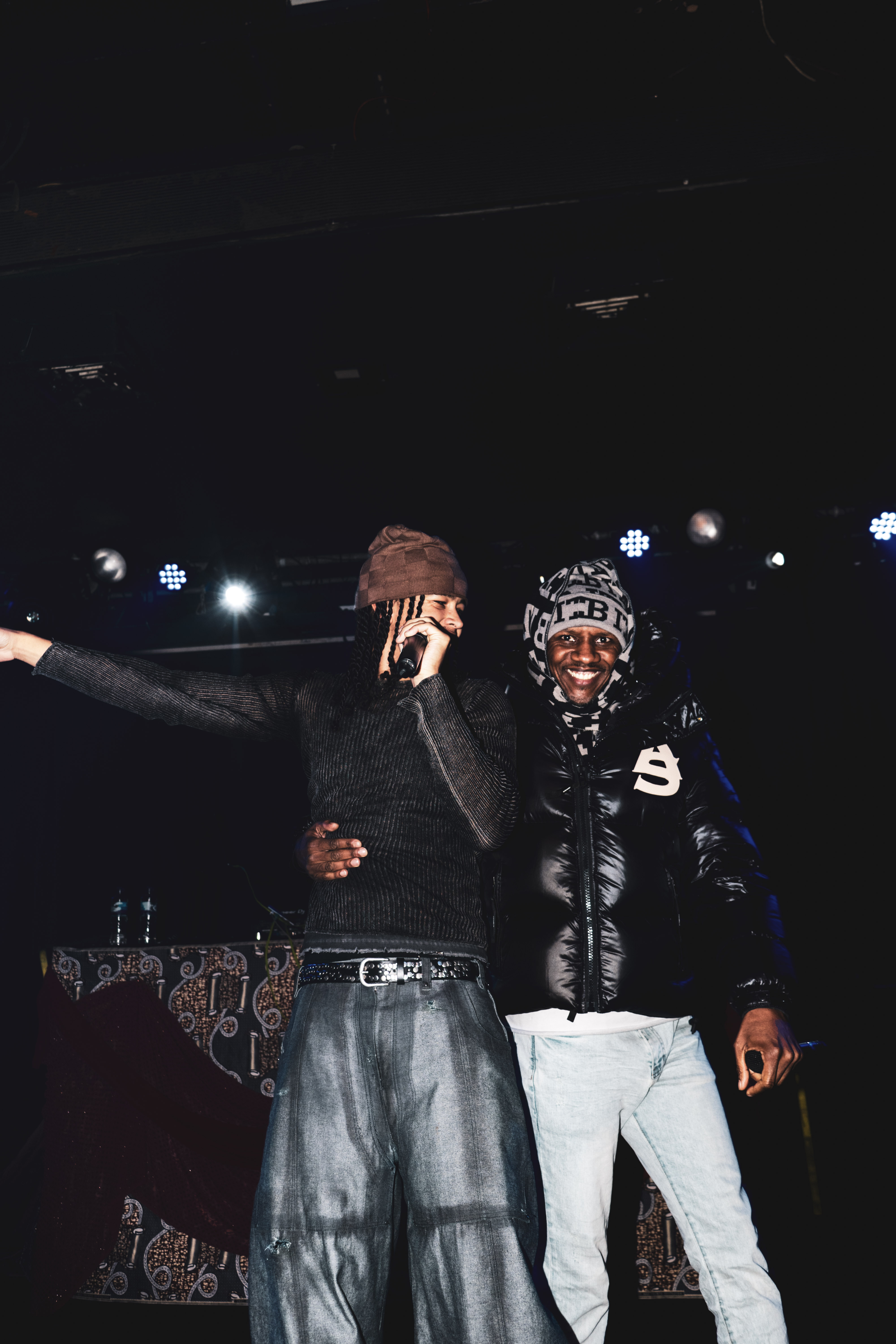
The name Diaspora Dance Music is born of Strandz own lived experiences, living around Germany and Nigeria as a child before spending his remaining youth in South London and graduating with high grades at the renowned BRIT School. His social consciousness and academic achievements combined allows him to create music that engages directly with the colonial past and the post-colonial realities we’re still dealing with today. Throughout his career Strandz has found strong success with singles, such as ‘Us Against The World’ reaching the top 10 in the UK charts. These allowed him to curate a signature sound, cultivated from the nostalgia of 90s RnB but with his own authentic voice shining through, never just copying from the greats before him.
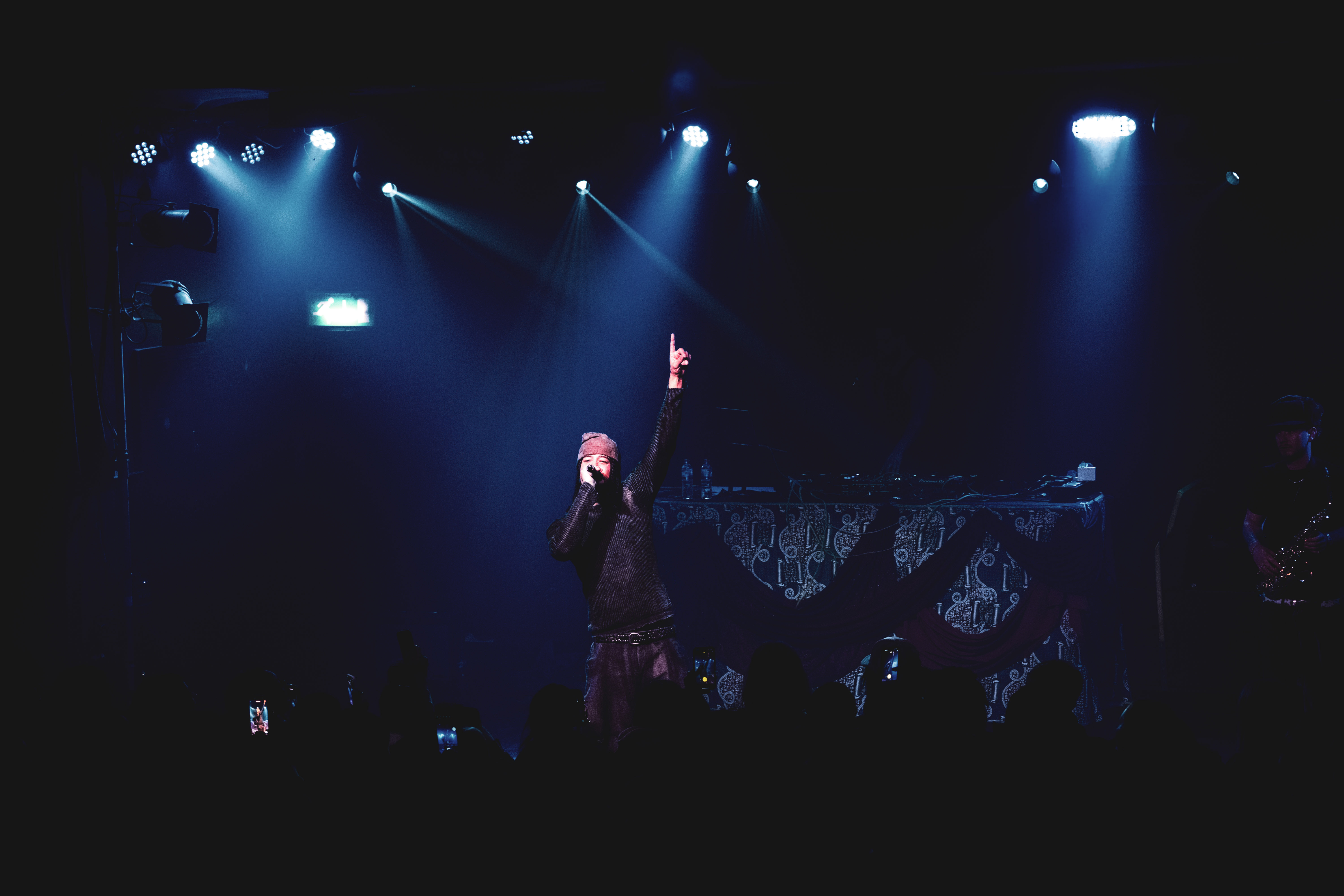
The concert was hosted by Lockdown T, online comedian and great personality. His duties as host were to keep the vibes high while setting a nice and informal tone. He clearly enjoyed cracking a few jokes and eating his Nando’s chicken on stage while warming up the crowd. This was an excellent choice in the endeavour to get people active through singing, dancing and very often laughing. There were moments where T would even jump into the crowd, cameraman in tow, to conduct live interviews with the crowd, perform a short skit to lead into the next song or just to dance wildly like the rest of the audience.
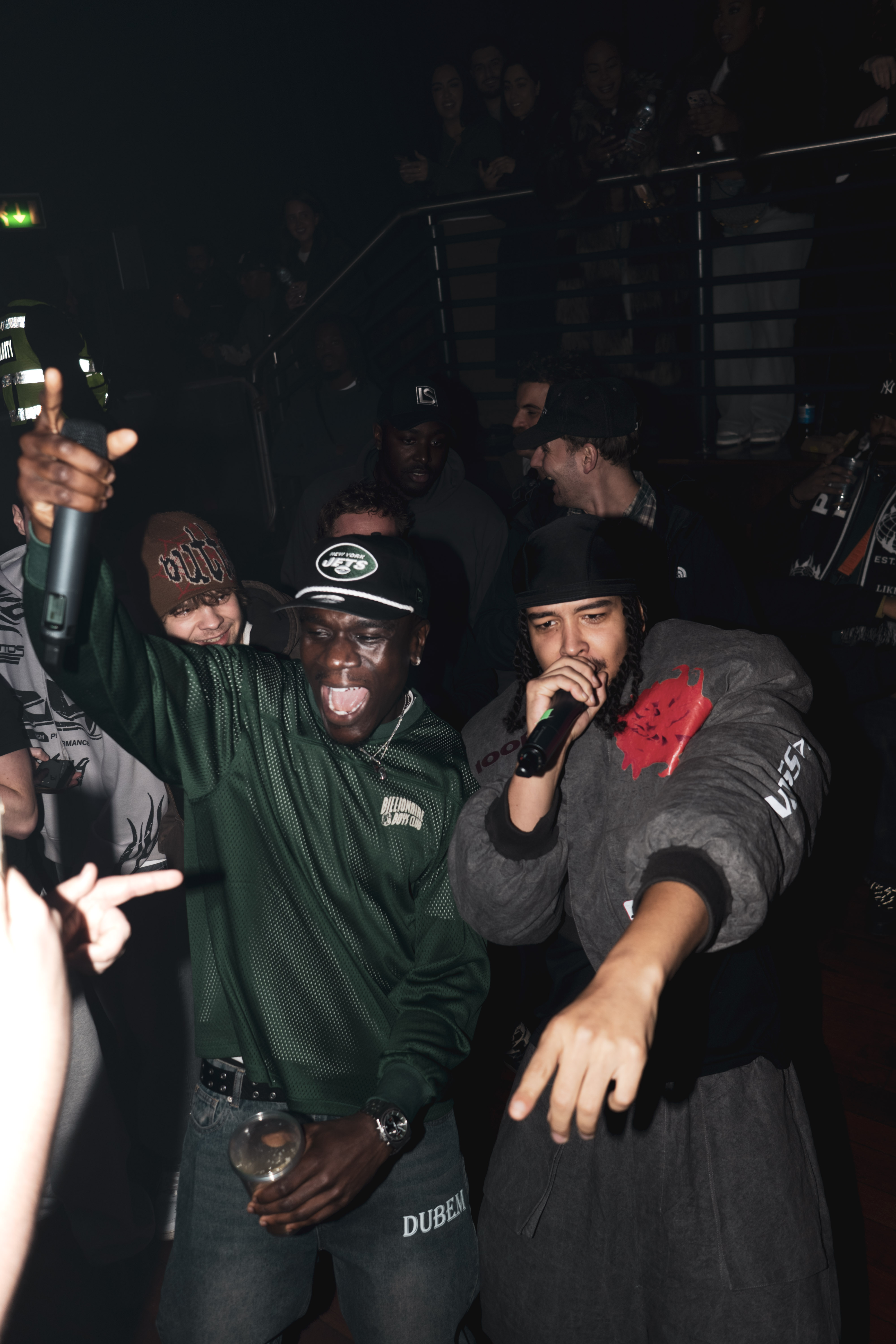
The show opened in the same way as the album, with ‘Democrazy’, a summery dance track which forces you to move your body. The swinging drums and breezy melody were paired with live accompaniment from a saxophone and guitar which breathed a new life into the performance. Strandz was met with an expected roar but did not miss a beat in getting straight into the song, starting the experience as he meant to go on. His chemistry with the musicians on stage made for a glossy show, each person on stage had a real swagger to their stance and clearly a sense of party between them. His saxophonist, Ezra Skys, really stole the attention every time he contributed with soulful texture and beautifully bright sound.
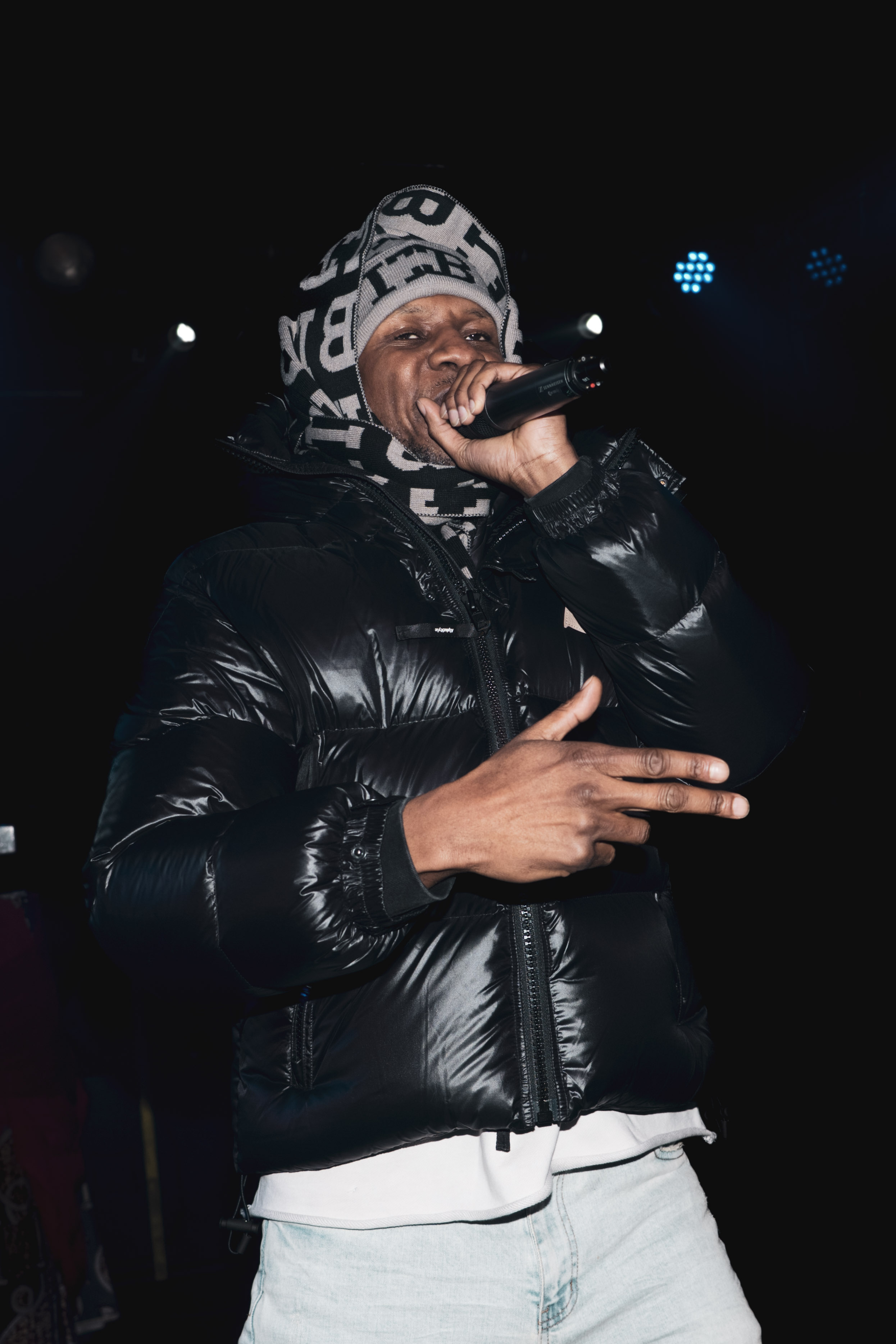
The poster had advertised ‘special guests’ alongside the Strandz headline, and he did not beat around the bush with this promise. Only six songs into the bill and out came South London rap legend Giggs to perform his 2025 collab track with Strandz, ‘Time’. Wrapped up warm for the cold December night in his anonymous black puffer and scarf, Giggs’ entire demeanour embodied his nickname ‘The Landlord’. This was a real highlight of the night and the crowd clearly agreed, I can’t imagine another rapper who could get a bigger reaction.
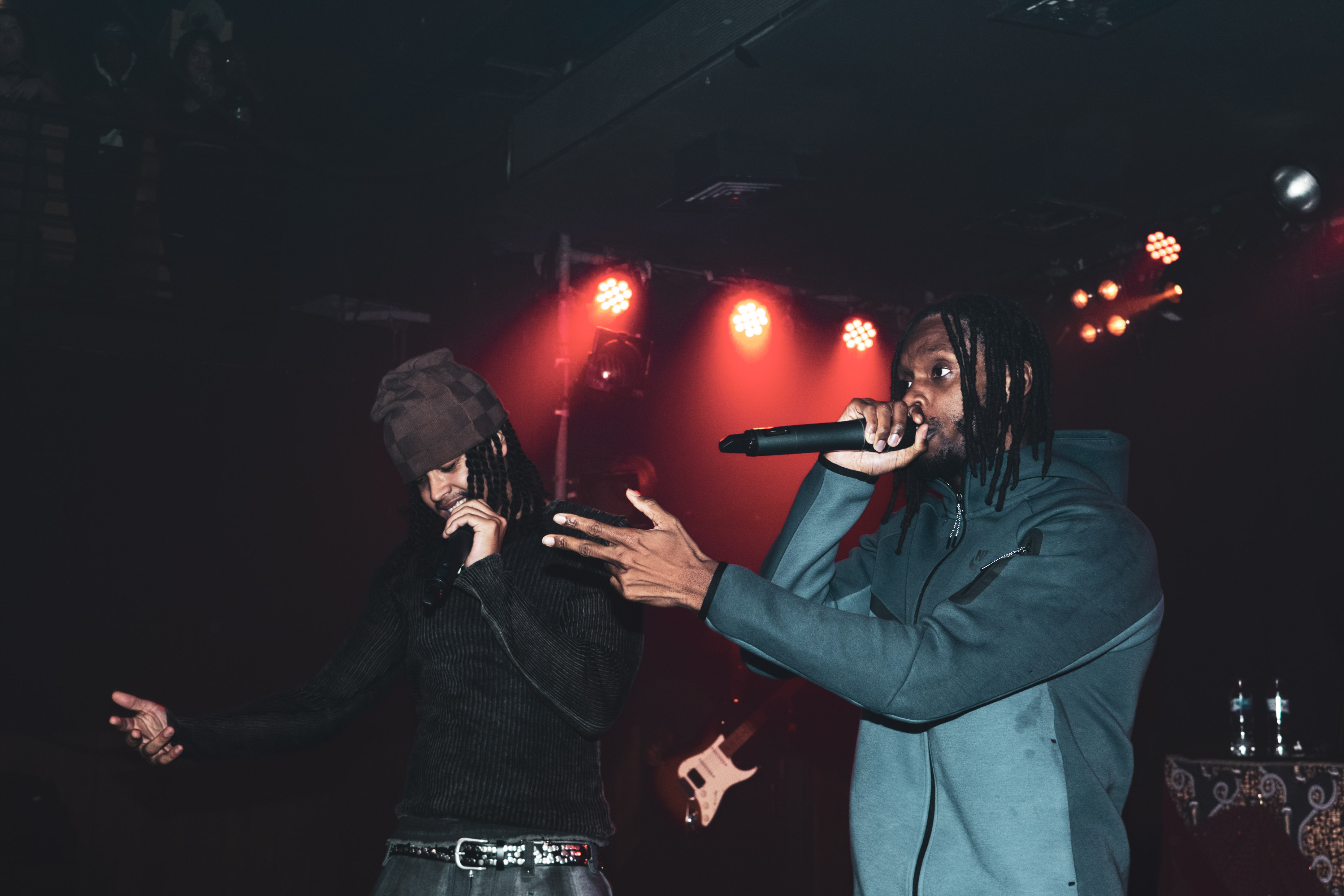
Strandz kept the party going with more guests, which every time felt like two friends dancing and laughing at a South London motive rather than on stage to a packed-out crowd. Next to appear was one half of a UK rap mainstay duo Kreptfor ‘Made It Out’, followed by more chilled out arrivals from Pip Millett and Mnelia for their respective songs ‘Stay The Night’ and ‘Ms.Tery’. The most heartfelt guest appearance was certainly from Strandz’s own partner Lola Baird, solely to dance together and take in the moment they had created together.
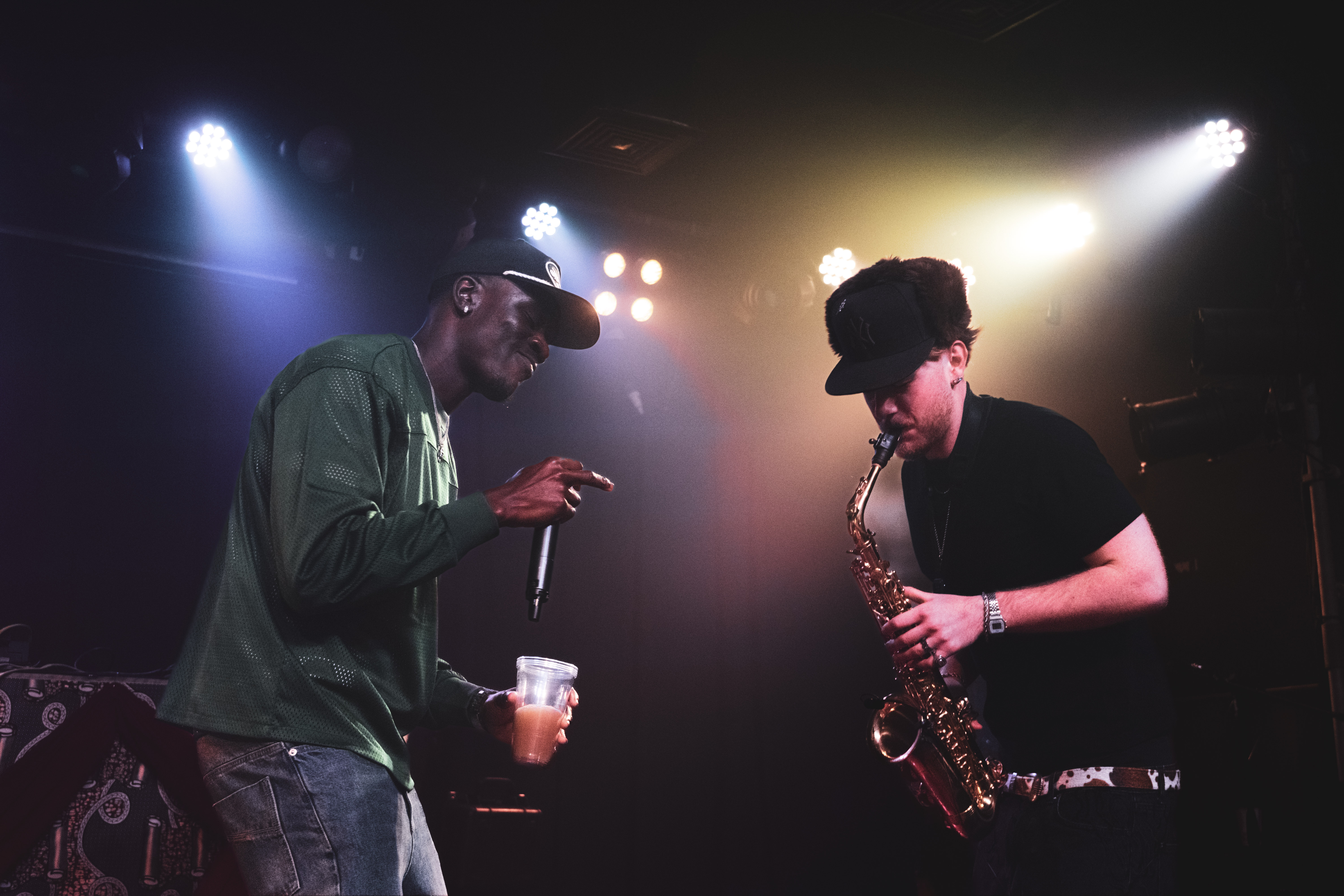
There was palpable love in the room during this whole concert. Strandz and his team had put intimate care into the experience and their effort to make parties feel alive again landed well. Toward the end of the concert he even surprised the crowd by jumping into the party himself. After disappearing backstage for a swift costume change and distracting the audience with some more dramatics from Lockdown T, he launched into hit song ‘J’adore’ by springing out from the back of the crowd. This carried a sense of elation outwards of his energy and injected it straight into the entire venue.
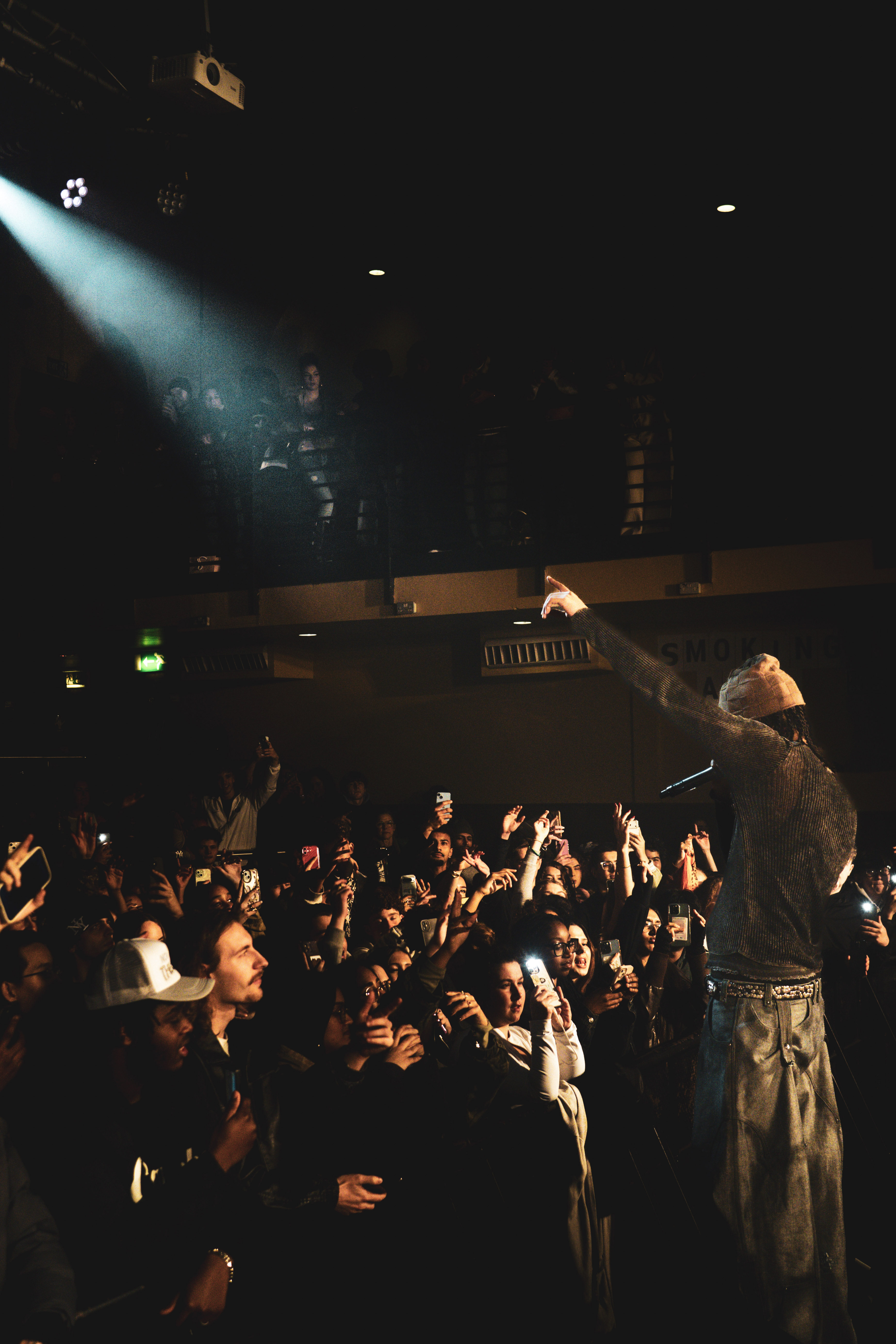
Strandz made his love for his fans very clear. Before probably his most popular track ‘Us Against The World’, he dedicated a speech to their effort and individual solidarity matching the mentality driving the song. This love was mirrored straight back to him by the adoring fans and the warmth of concert has stuck with me ever since. The party aspect of the night depended on the crowd reaction and for a chilly winter evening in early December, they weren’t afraid to bring the heat. The concept was so successful yet so unique but it must not remain this way. London needs more of what Strandz sparked here.
All Photo credit : @acwbrocklesby
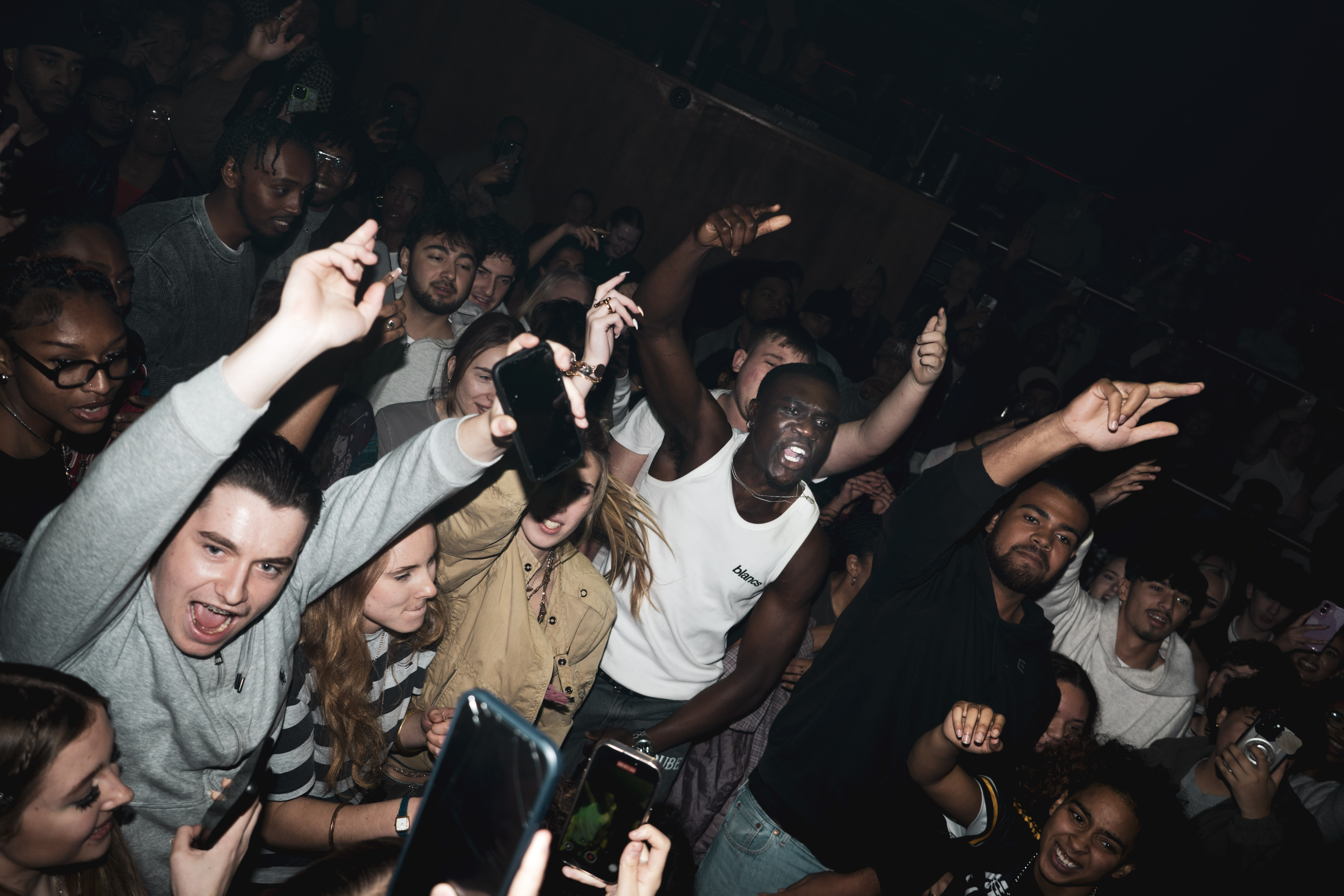
Even if Rihanna decided not to drop another project for the rest of her life, I’d be completely at peace knowing she went out with a bang.
It’s been 10 years, and ANTI still doesn’t sound dated in the slightest; if anything, it feels more timeless now than it did when it came out in 2016. In fact, I have this theory that if the album dropped today, it would still resonate, maybe even more than it did back then because I think now we’ve been able to zoom out on Rihanna; not just as an artist, but as a person. A real person with a valid perspective, emotions, and a life lived. It felt harder for people to do that back then when she was known as this larger-than-life hitmaker, churning out albums almost every year since 2005 leading up to ANTI, barely taking any breaks, always in the public eye and drastically changing up her image and style for every era.
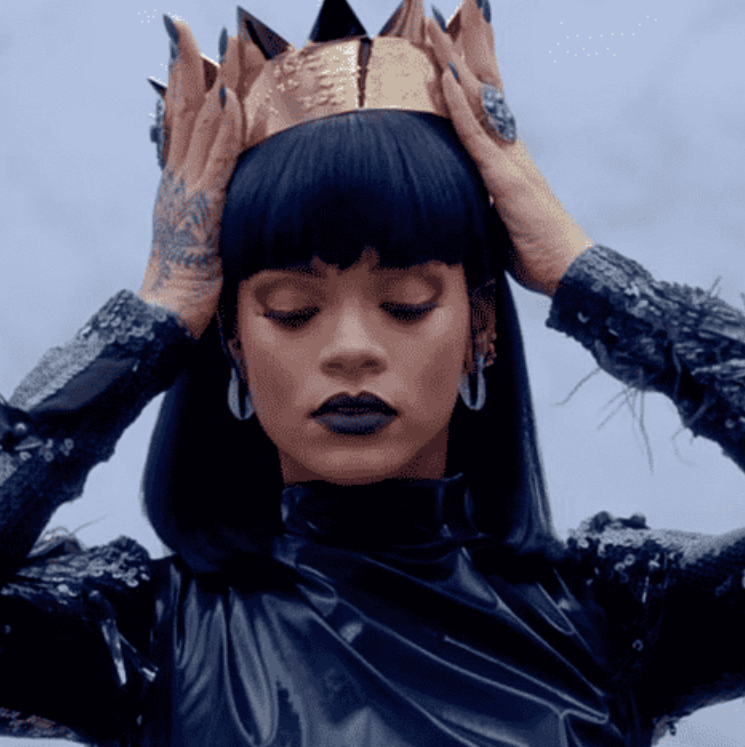
We built a pedestal for her, one of our own making, and then resented her for standing on it. We claimed we wanted something different from Rihanna, something “real for once,” and when she gave us that with ANTI, we didn’t recognize it and took it for granted because maybe subconsciously, we’d already decided who she was allowed to be.
Almost every immediate critique of the album back then, read like we were too comfortable with the version of Rihanna we’d created, to make room for the version of her that actually existed. But it feels almost poetic that she left us to sit with this album and simmer in it for 10 years as if to forcefully say “This is me. Take it or leave it”
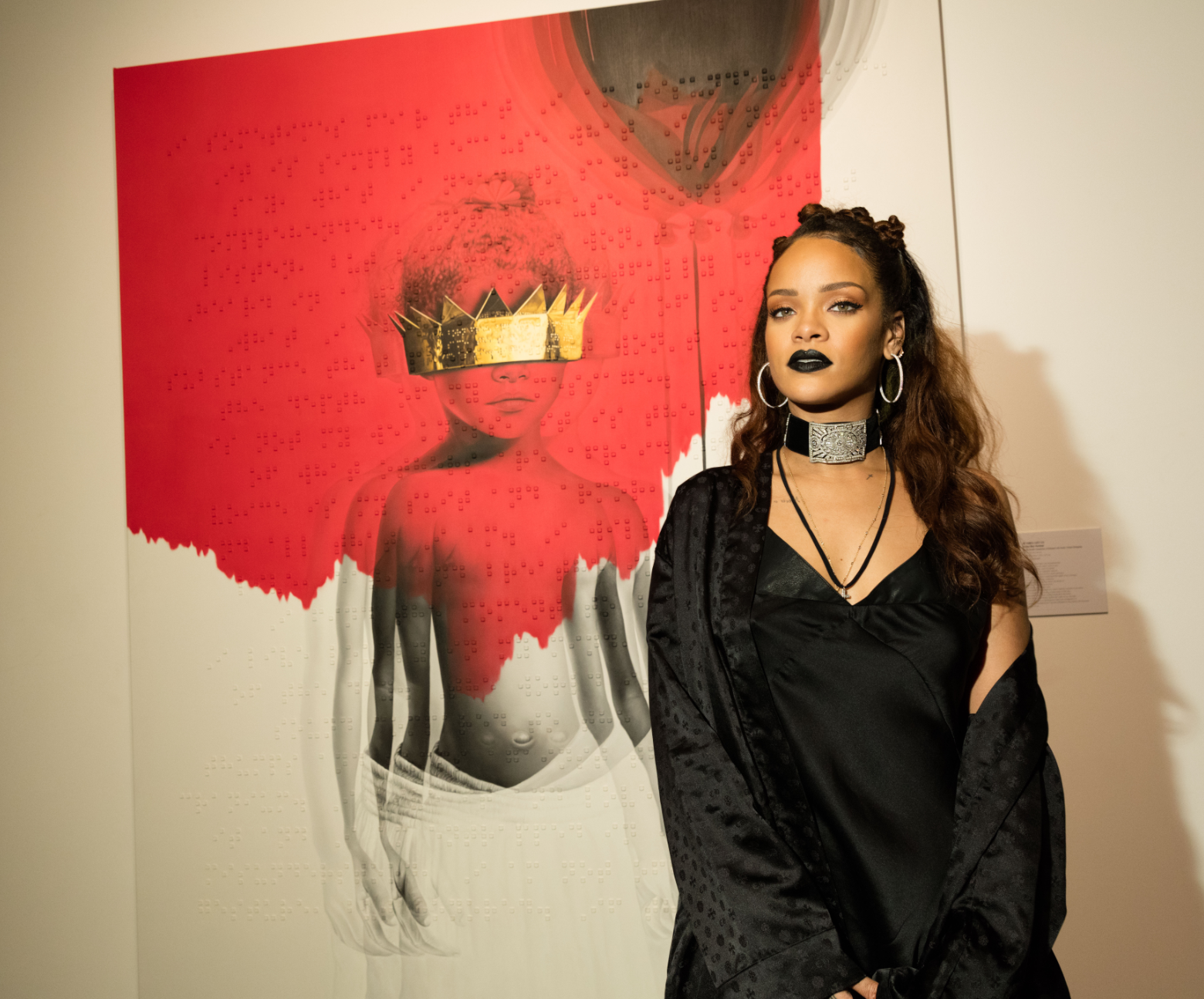
I think one of the main reasons ANTI felt (and still feels) different from the rest of Rihanna’s discography is that it was deeply personal in a way her previous work never quite was. From the intro on “Consideration,” she made it explicitly clear she was ready to do things her own way, even if that meant the music didn’t have to sound super polished and perfectly chart-ready, even if the ballads had voice cracks or she mumbled melodies on the tracks, even if the sound didn’t neatly fit into the genre boxes that already existed. In my opinion, ANTI nailed that contemporary R&B sound that so many artists have chased since, ushering in a new wave of genre-fluid, emotionally raw music. A precursor to that alternative R&B sound that has defined most of this decade.
The production on the album was so ahead of its time, and even though a single like “Work” was instantly digestible enough to cut through the charts, the entire album carries a certain grit and unapologetic IDGAF air that still feels radical. I’ll never get over that sultry guitar on “Kiss It Better,” the shimmery beat on “Sex With Me” (which I feel is EXTREMELY underrated by the way), the grungy guitar on “Woo” (which might be the sexiest song on the album), the haunting, ice-cold synths on “Needed Me”, every sonic choice down to her vocal delivery (even the Tame Impala cover) felt like HER. They weren’t perfect, but she delivered some of the most stunning, unguarded performances of her entire career. “Love on the Brain”? Insane.
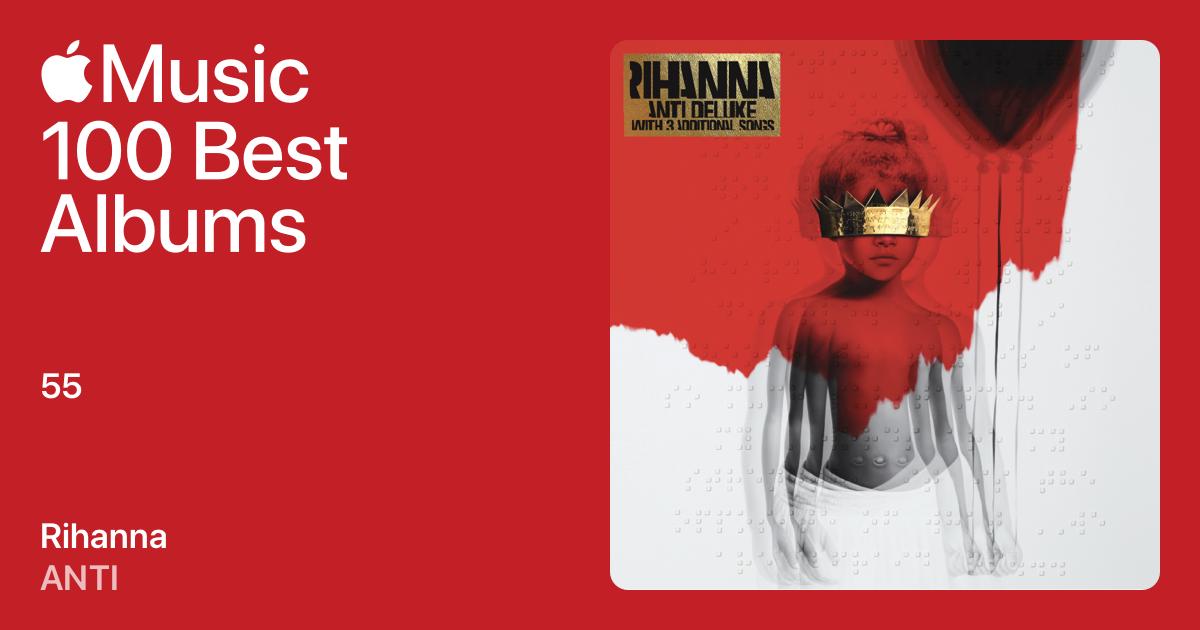
If anything, ANTI proved that Rihanna wasn’t just a hitmaker or a “singles artist” (like some people say); she was fully capable of crafting a complete, cohesive body of work as well as the best in the industry.
The songs on here will sit with me forever, and if this truly is her last album, what a beautiful thing to leave us with: an offering so undeniably her that we’ll be holding onto it long after she’s moved on.
While last time, we were flabbergasted by Tems’ speech as she accepted a Grammy for Best African Music Performance, this year has us… Scratching our heads? I mean, it is hard to come back from nominations of Yemi Alade, Burna Boy, Asake, Wizkid, Davido and even Lojay all at once. But now, since the Grammy announcement in late 2025, as we truly get to dissect the nominations before us, have they put their best foot forward or are we as disconnected as ever?
Let’s have a quick reminder, shall we? 2026 nominations include ‘Love’ by Burna Boy, ‘With You’ by Davido featuring Omah Lay, ‘Gimme Dat’ by Ayra Starr featuring Wizkid, ‘Push 2 Start’ by Tyla, and ‘Hope & Love’ by Eddy Kenzo & Mehran Matin. We also have separate nominations for Best Global Music Album, namely ‘No Sign of Weakness’ by Burna Boy, ‘Éclairer le Monde’ by Youssou N'Dour and ‘Jerusalema’ by Angélique Kidjo. No disrespect to the nominees, but it is like they weren’t even trying.
To really understand the pathway it took, we must return to 2024, when the newly-formed category Best African Music Performance debuted and Tyla won the first round. As it was emphasized by the South African starlet herself during her speech, the continental music scene is far more than just a single bubble and while Aforbeats sits at the forefront, other genres such as Amapiano and French Afropop recently, have followed and taken a seat at the table, even reaching as far as the black diaspora in the United States. However, why is the phenomenon not being recognized and why are we seemingly taking one step forward just to take ten steps back?
What Happened Prior
We all witnessed Afrobeats rising into its global momentum. We all know that the movement really began in the early 2010s in the UK, as the black diaspora over there had its biggest ears and influence outside of the continent. We all understand that Afrobeat (not to be mistaken with Afrobeats) came first from Fela Kuti, before a newer version was introduced and taken shape by Ghanaians and then, recoined in Nigeria later on. What we didn’t foresee; however, is its pioneers and those who got to the fruits from their labour seemingly discontent to categorize themselves under the term Afrobeats and that’s when the confusion began.
Whether it is Afrorave, Afroswings, Afro-fusion or Afro-depression, the movement appeared not to be unified behind the scenes and it really took a shot in the foot when Burna Boy denounced Aforbeats altogether, claiming that it “lacks substance.” Clearly, there’s nothing wrong with having an opinion but take it from the best example of black music that we have out there; Hip-Hop whether it was beatboxing, rap, street dance, etc… Came as a one package in its earliest days, before it could disperse into separate branches and that was a BIG mistake amongst Nigerian artists at the forefront.
That being said, some artists got the memo such as Rema rekindling with the term in public because he understood that to push music outside of the continent to international heights, it needed first to form into a solid ground. However, this attempt did not come without setbacks when recently in a HBO documentary, Wizkid did not recognize Afrobeats as his sound, without giving any subgenre or categorization aside from this to go with. You see where I’m going here? Everyone wants to build their own movement, some defined and others in a vacuum, but how can we have branches without the foot of its tree?
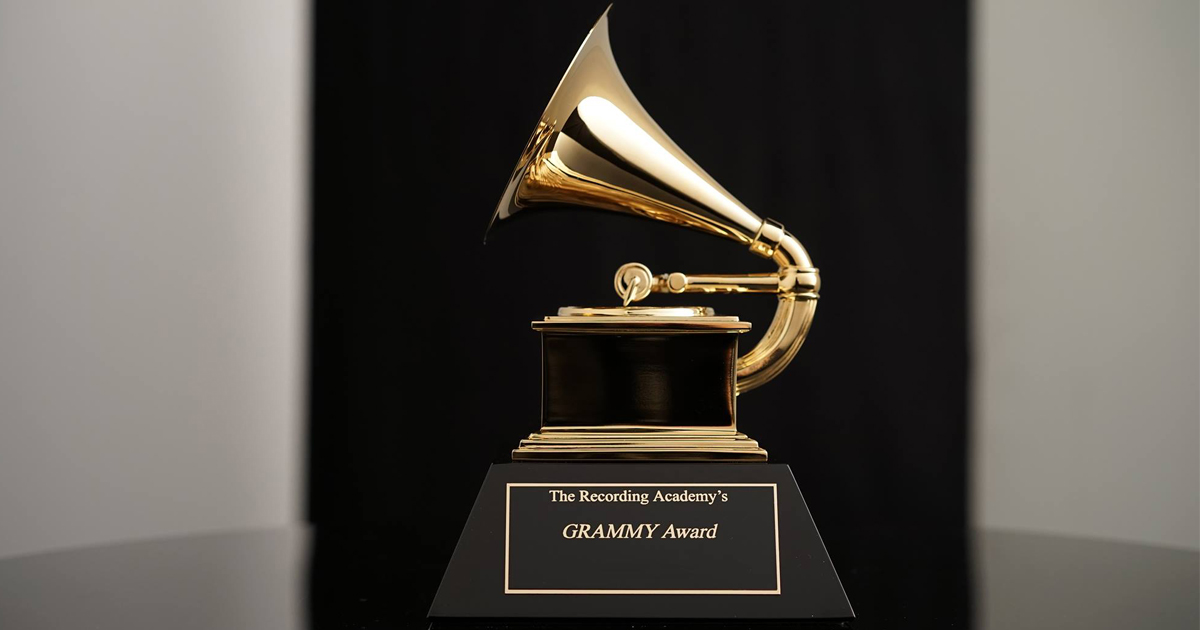
What Occurred Afterwards
You can’t create a single category for a single artist, it is just not going to happen. One could say that Odeal understood the lesson perfectly well, as he completely pivoted to R&B, although there was a time not too far ago, he wanted to be known as the pioneer of Alté. So artists are subminimally demanding more categorization, whilst neglecting the one categorization that the world has recognized them for, and as a result, thus genres of other regions such as Amapiano can not fully co-exist and must be placed with the rest of confused, one-bes, semi-existing sub-genres that a new one seems to come out every other day.
Why is this relevant to the Grammys, you must ask yourself? Such awards bring eyes and legitimacy to the music we adore. It offers a pathway for future artists to follow and most importantly, celebrates our artists for their contribution in the music industry. Well, as a result, the movement that began to take shape plummeted. We can already see a fall in relevancy when it comes to new singles, none of which can really capture every listener around the world like a ‘Calm Down’ in the past. Some may say it is a natural shift, others might say perhaps an afro-fatigue. But we have evidently past its peak and this lousy selection is a proof of it.
All eyes are no longer on African music altogether and therefore, less and less care is placed on its perseverance. Surely a Temz and a Tyla will be alright and have wonderful careers, but can the same be said to emerging Afrobeats artists? To the newer generations that are falling on more deaf ears as we speak?
If the only way to success for African artists is to jump on existing sounds or be early enough when we’re trending to qualify for a long-term career, then we have a problem here and such stages as the Grammys speak volume to the state of Afrobeats right now. Only time will tell whether we may regain our momentum, allowing other continental genres to take their place and join their Nigerian brothers and sisters in international recognition.
Analyzing His Mark Since Single ‘Komasava’ Shook the World to a Party Anthem
First of all, one thing must be made clear; Tanzanian artist, Simba as some may call him, Nasibu Abdul Juma Issack, better known to the world as Diamond Platnumz; his anchor in the music biz is as solid as a stone. East Africa has had a striving scene of its own for over decades now, from the likes of legendary Kenyan music group Sauti Sol and more–what we’re strictly arguing here is Diamond Platnumz as a music placeholder for the recent bridge, the vessel towards outside recognition in the broader English-speaking global audience. Now, shall we begin?
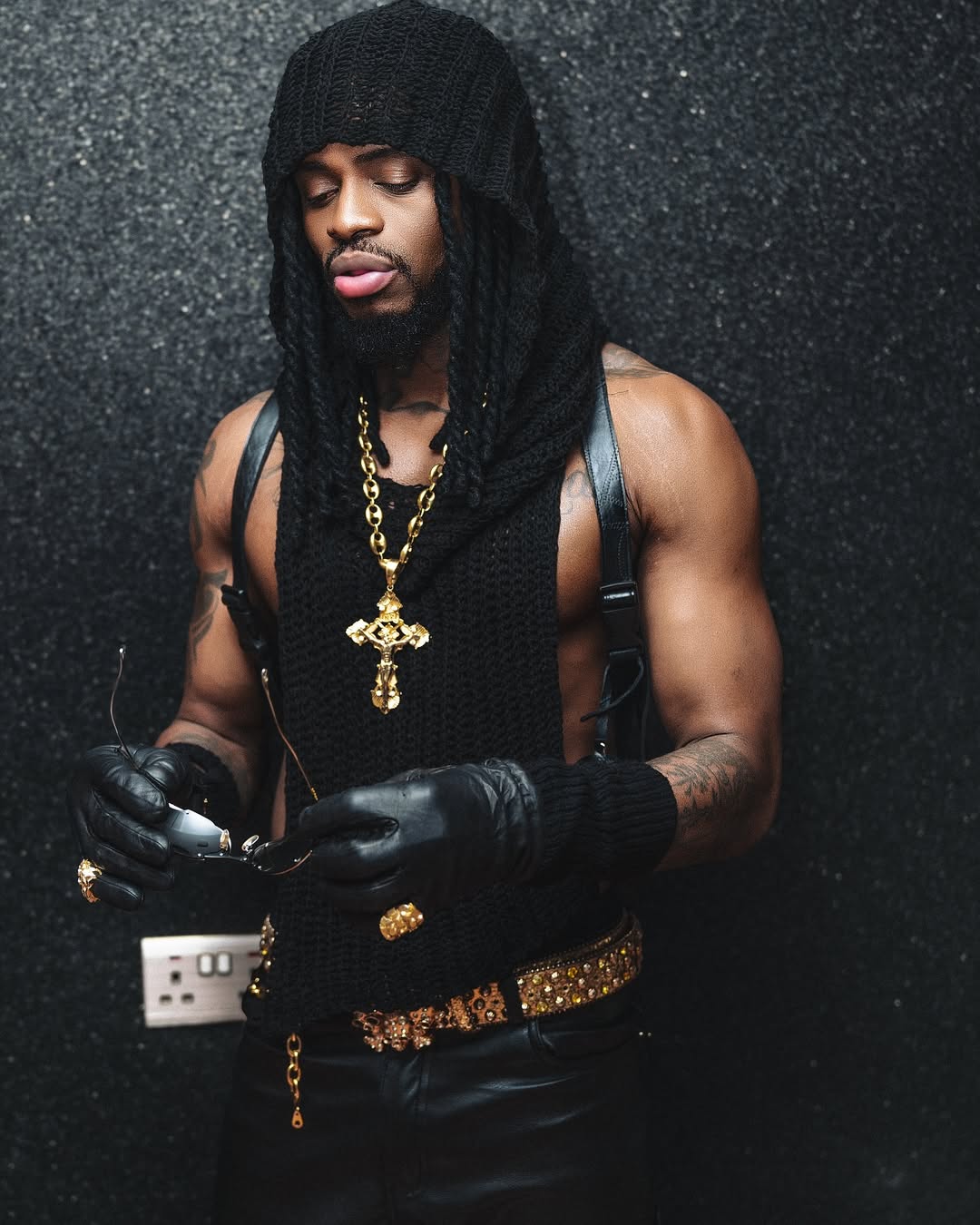
Giving credits where credits are due; Diamond’s numbers have always been up. Music aside though, one would say that the recent surge of Diamond’s comeback was when he became a part-reality star for Netflix reality series ‘Young, Famous & African.’ Like many would argue, this was the first time we were offered an inside look into the private lives of our most sought-after celebrities. However, it did not come without its challenges. If you did read Deeds' review of the show, then you would know that its cast echoed a lot of the negative stereotypes surrounding promiscuity, infidelity and unstable family unions that black people face across the world (None of which is the true representation of African values, of course). And Diamond was one of its willful participants.
That said, if the goal was to shed a light on his way, it worked. However, as his music began spreading more and more, so did the gossip and unnecessary noise. What is holding him back, you may ask? Well, his love for women to put it short–or the lack thereof. Diamond Platnumz is a famously-known playboy! But to be frank, it is the tabloid choosing to focus on his love status rather than his music that is truly hurting his career and image where it matters most.
Diamond is no stranger to hit songs. From his first commercial success ‘Number One (Remix)’ featuring Davido now over 10 years ago, to ‘Inama,’ ‘African Beauty,’ and the list goes on. When ‘Komasava,’ however, dropped in 2024, a song highly-inspired by Amapiano, Diamond Platnumz proved he could fuse any sound and make it his own. This single went everywhere. Dances were shared all across the internet and it seems all eyes were on Diamond. As time went by, the interest had rippled and the next trending African single made its rounds. Internet drama and more drama followed, little to do with music, putting an end to his momentum that if planned well, could have been prolonged to a whole studio album maybe.
Do not get it twisted; although a lot of the conversations surrounding Diamond Platnumz may be caused by his actions, a lot of it is also most likely manufactured. You see, many celebrities tend to lean towards gossip to keep themselves in the limelight and due to Diamond’s track record, it wouldn’t be surprising if his team were using similar methods. Does it help? Yes, of course. However, only for the short run. This is because for the higher ups to take one’s artistry seriously and take the time to invest outside of Diamond’s direct fanbase, which would mean shedding a broader light and benefitting the entire music scene in East Africa, it would mean that when googling Diamond Platnumz news, there should be other headlines charting up beside baby mama drama, so to speak.
So what is next for Diamond Platnumz you may ask? Well, we are all waiting with great anticipation, hoping that this year may bring the lion king a fresh perspective and new exciting records on the way. With a surprising appearance in Ciara’s project last year, we are sure Diamond will make this one even more memorable.
There is a very specific, rose-colored fog settling over social media right now. where everyone is collectively yearning for 2016. It’s become the internet’s favorite "happy place." A time before the world felt quite so heavy, when our biggest collective worries were lighter, and the vibes were undeniably, consistently up. Why 2016? Psychologically, it represents the calm before the storm of the late 2010s and early 2020s. But culturally, it was a massive shifting point, especially for Afrobeats.
While the world was doing the Mannequin Challenge, the Nigerian music scene was undergoing a quiet revolution. We were moving away from the frenetic pace of the early 2010s and settling into something smoother, cooler, and globally palatable. This was the birth of the "Pon Pon" sound, that mellow, mid-tempo, Ghanaian-influenced rhythm that made you want to lean back rather than sweat it out. The music sounded so good and exciting, Wizkid was pivoting to a global sound, Davido was experimenting with trap fusion, and producers like phantom and heavyweights like Tekno were rewriting the rules of what a "hit" sounded like. We aren't just missing the year; we are missing the soundtrack. These songs stood as cultural reset buttons and to deeply understand why the nostalgia is so loud right now, you just have to look at the charts from back then. It was hit after hit, with zero skips.
So, let’s unlock the time capsule. If you need a reason to smile today, or just want to remember what it felt like to scream "folake give me love" at the top of your lungs in a crowded club, here are the Top 20 Songs that Shaped Afrobeats in 2016.
1. Pana - Tekno

The undisputed anthem. If 2016 had a national anthem, this was it. Tekno was on a run that arguably hasn't been matched since. The slow build, the catchy hook, it was inescapable.
2. Mad Over You - Runtown
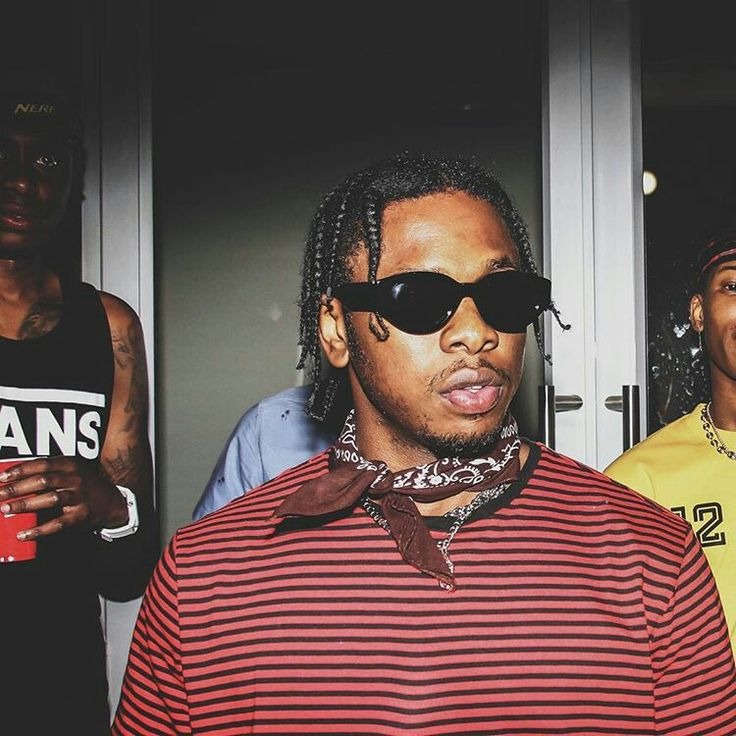
This track changed the BPM of the industry. It solidified the "Pon Pon" sound and proved that you didn't need high-tempo noise to shut down a party. Smooth, romantic, and lethal on the dancefloor.
3. Mama - Kizz Daniel

Kizz (then Kiss) Daniel could do no wrong. This was the wedding song, the club song, and the radio song all wrapped in one.
4. Iskaba - Wande Coal & DJ Tunez
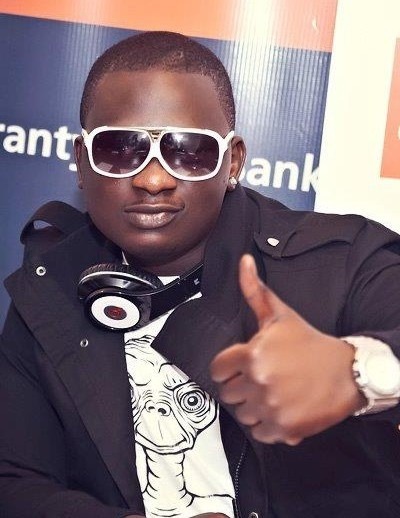
"Nobody be like Wande Coal." This track is pure serotonin. Even now, if Iskaba drops, the energy in the room shifts instantly.
5. Who You Epp - Olamide
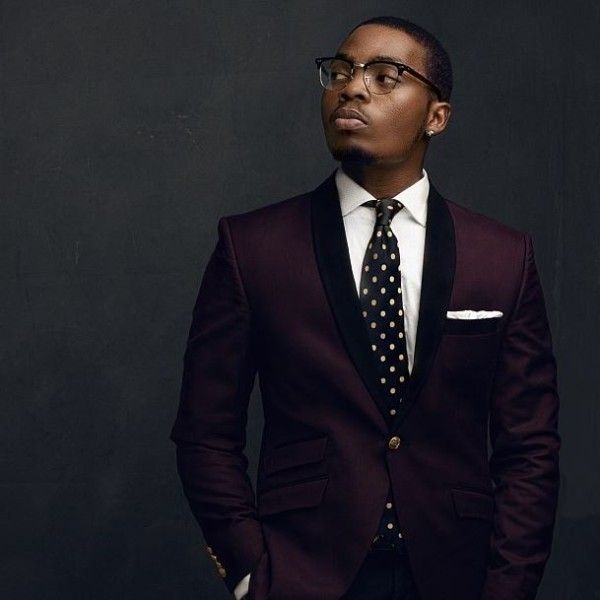
The slang that took over the streets. Olamide turned a casual question into a viral moment that had every rapper jumping on a cover.
6. Bhad Baddo Baddest - Falz, Olamide & Davido
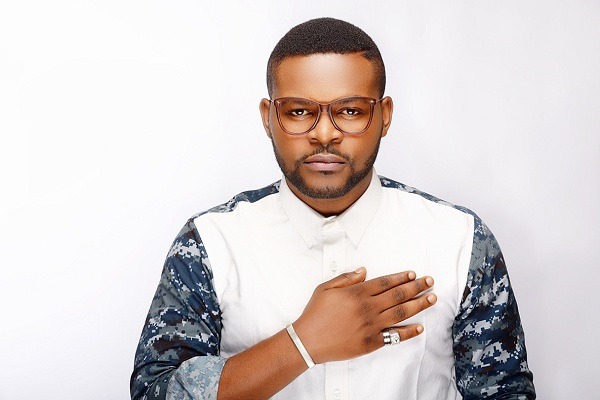
A summit of heavyweights. This gave us one of the most quotable Davido lines in history ("Mr. Dele na my boy...").
7. Ariwo Ko - Adekunle Gold
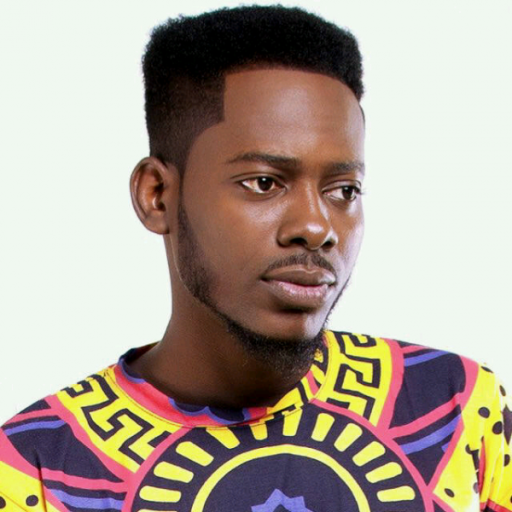
While everyone was going pop, Adekunle Gold was grounding us with highlife fusion, reminding us that empty barrels make the most noise.
8. Daddy Yo - Wizkid
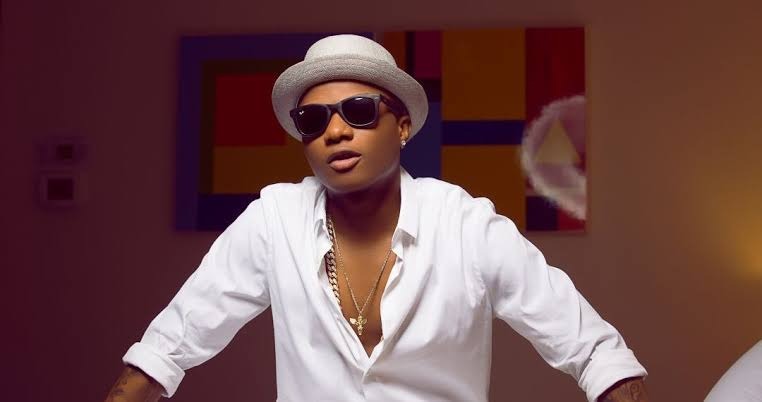
The beginning of the Starboy global era. This track introduced a new, reggaeton-infused flow that teased what was coming on Sounds from the Other Side.
9. Bank Alert - Psquare

Nostalgia within nostalgia. Psquare gave us that classic sound that reminded us why they were the biggest duo on the continent.
10. Oya Dab - DJ Enimoney ft Olamide
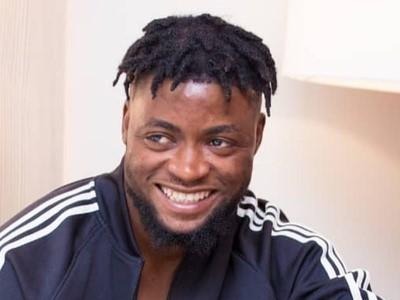
The Dab was the dance of the year, and Baddo gave it a home in Lagos. You couldn't go five minutes without seeing someone hit the dab to this.
11. Coolest Kid in Africa - Davido & Nasty C
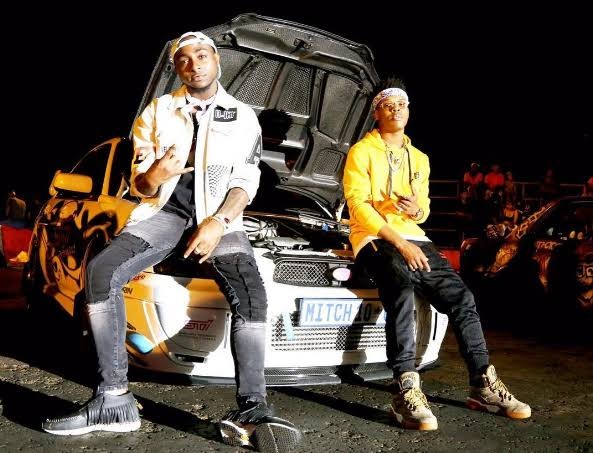
Davido tapped into the South African trap wave, linking up with a young Nasty C to create something that felt gritty and international.
12. Pree Me - Burna Boy
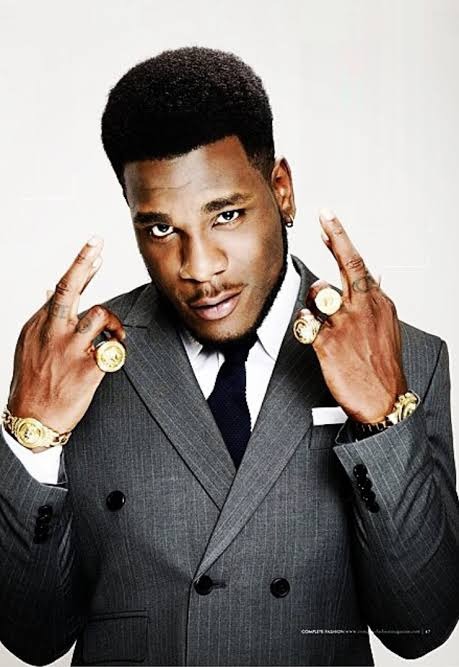
Before the Grammy runs, Burna was pouring his heart out. This was a moody, introspective banger that hinted at the "African Giant" to come.
13. Soft Work - Falz

"We h’epp you to spend the money..." Falz was at the peak of his storytelling prowess here. A smooth track for the easy life.
14. Eleko - Mayorkun
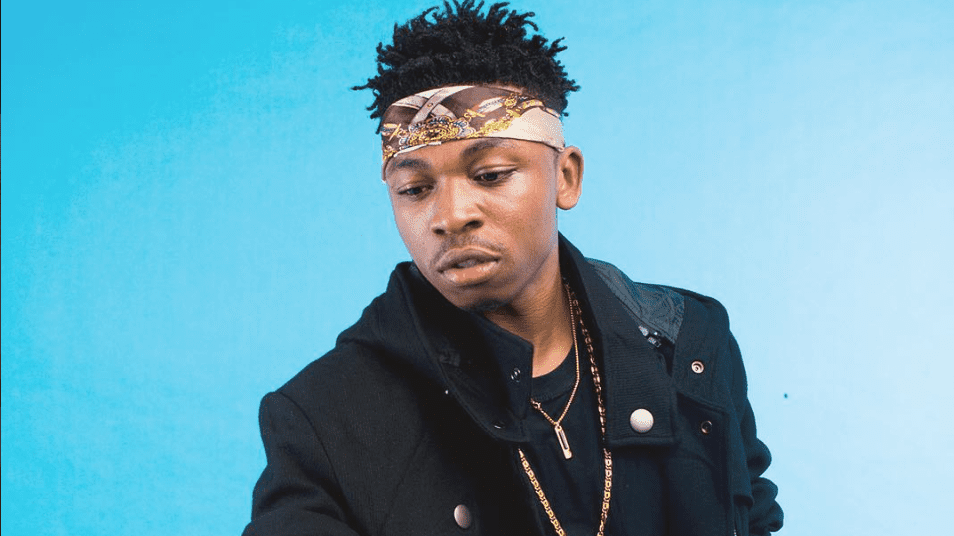
The debut that launched a su⁶perstar. Mayorkun came out swinging under DMW, proving he wasn't a one-hit wonder.
15. Fada Fada - Phyno & Olamide
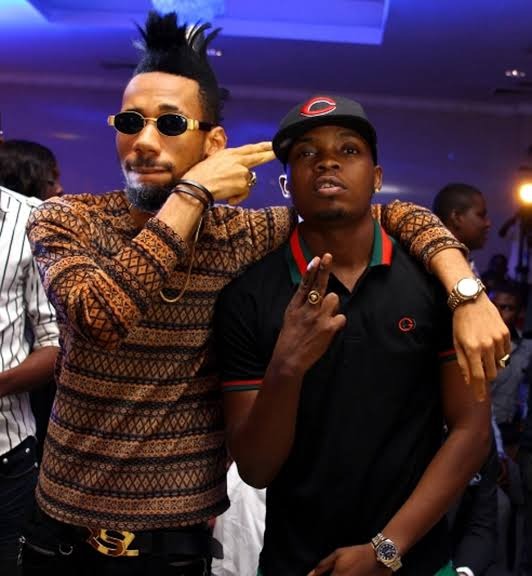
The ghetto gospel. This song transcended religion and region; it was played in churches and clubs with equal fervor.
16. Mungo Park - Korede Bello
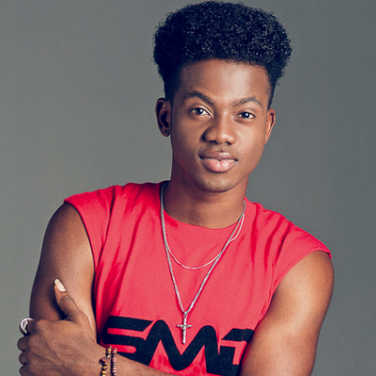
Playful, catchy, and dominating the airwaves. Korede Bello had the Mavin pop formula down to a science.
17. Standing Ovation - Tiwa Savage & Olamide
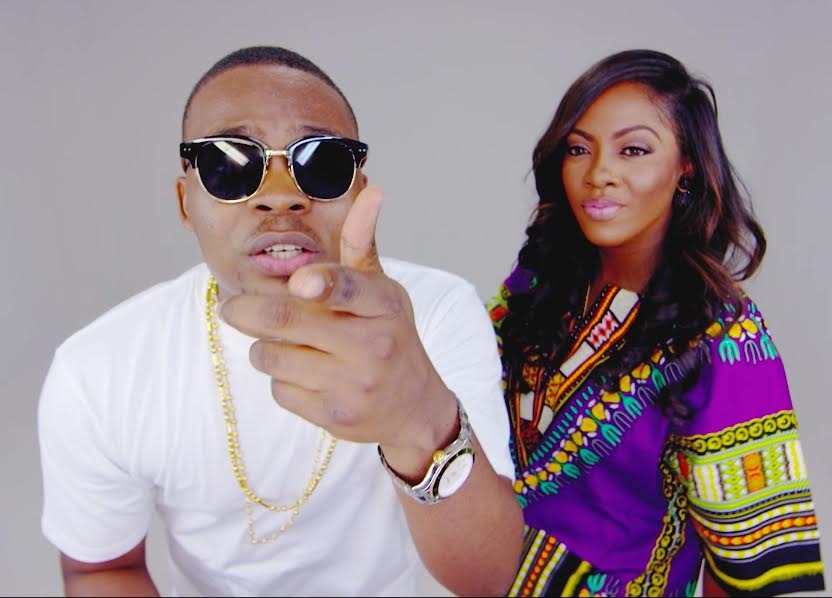
Two kings and queens of their respective lanes. High energy and pure Lagos street vibes.
18. Kontrol - Maleek Berry
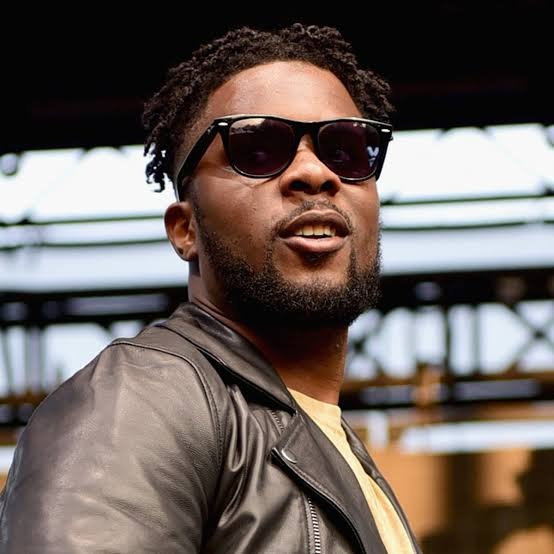
Maleek Berry stepped out from behind the production boards to drop this summer heater. The melody was infectious.
19. Hola Hola - Sugarboy

You couldn't escape this hook. It was the ultimate party starter that signaled the night was about to get loose.
20. Ohema - DJ Spinall & Mr Eazi
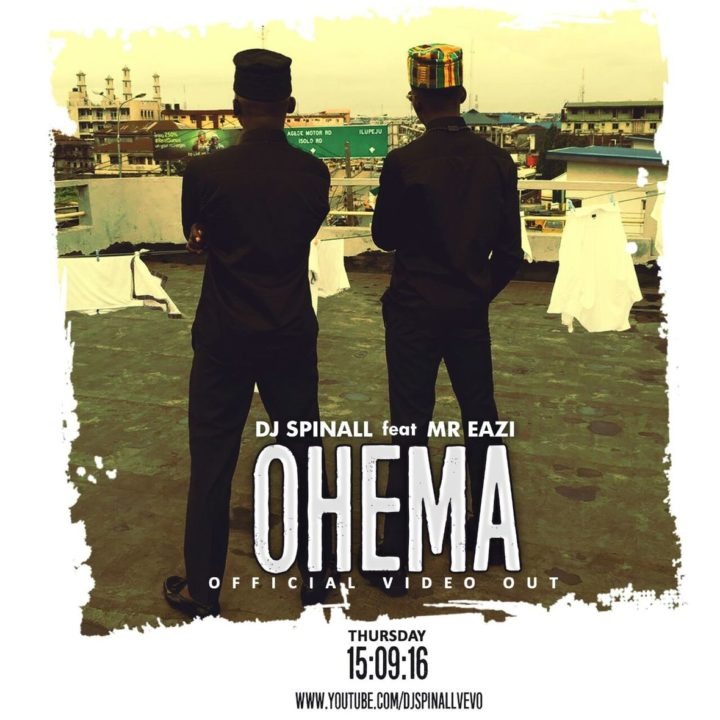
The "Banku" sound in full effect. Mr Eazi’s laid-back delivery paired with Spinall’s curation was a match made in heaven.
Christmas presents came late, but it was definitely worth the wait. "Big Wiz, Mr Money, you heard it here first, get ready for your Christmas presents this December"; that was DJ Tunez's response to Wizkid and Asake unveiling their first joint project on the Apple Music Show: Real Vol 1. Teased as "for the people" by Wizkid and originally announced to drop December 2025, it finally released this morning, January 23rd. The presents are here now, and this is the unboxing experience.
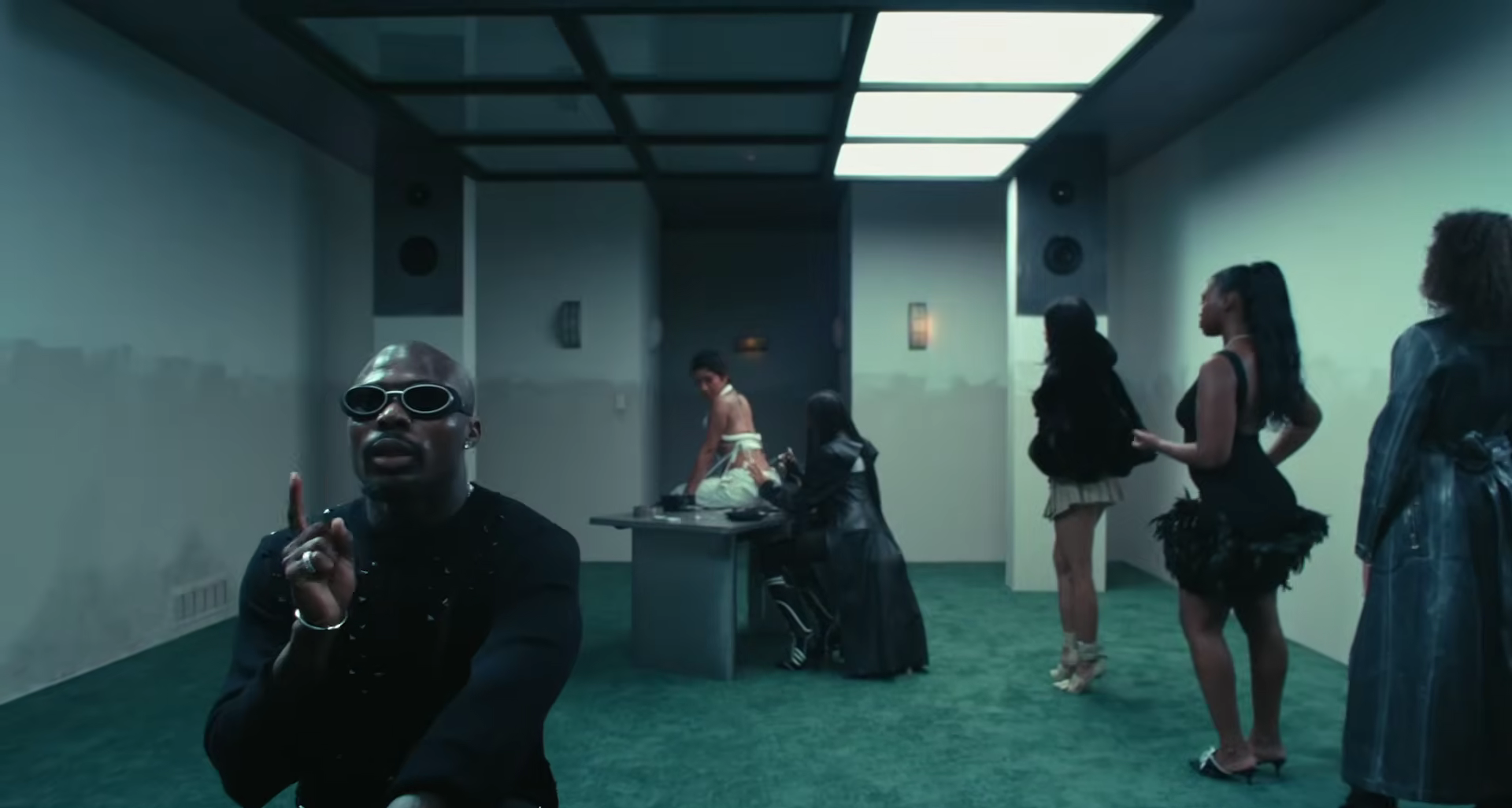
Vol 1, Part 1: Turbulence
"Kò sọ̀mọ̀ tí mo gbé tí ó kìn ké": Ọlọ́ládémí Asake, Mr Money, Àpọ́mọ́lékúnjaiyé. That was REAL. Mr Money starts off this track beautifully stating some of his facts on verse 1 flowing into the chorus: "Too many lies / Too many people wey no nice / Many many dey overwise / Me I no dey cap, ọmọ ṣ'oyè / Heavyweight, no be lightweight / No be lie, mo dúró kámpe / I no dey find wetin no concern me / Turbulence, I dey drop oh, Turbulence."
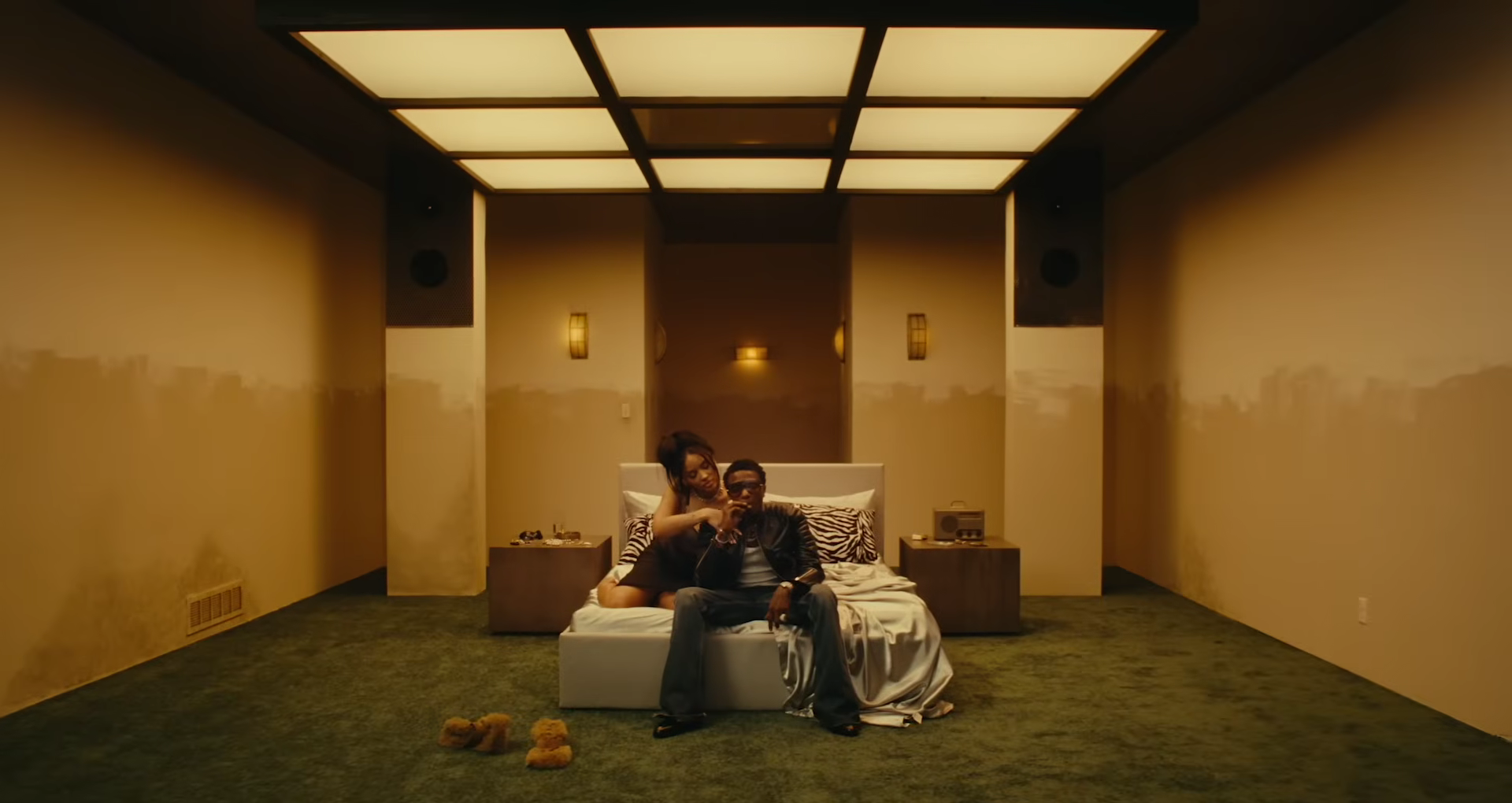
"See my lifestyle, èmi lóyè": Big Wiz steps in with his own REAL facts too. "Happy life with my family / I be minding my business, I no send none / We the talk on the town / We dey elevate / Never got too much to say, I no dey hear word / Turbulence."
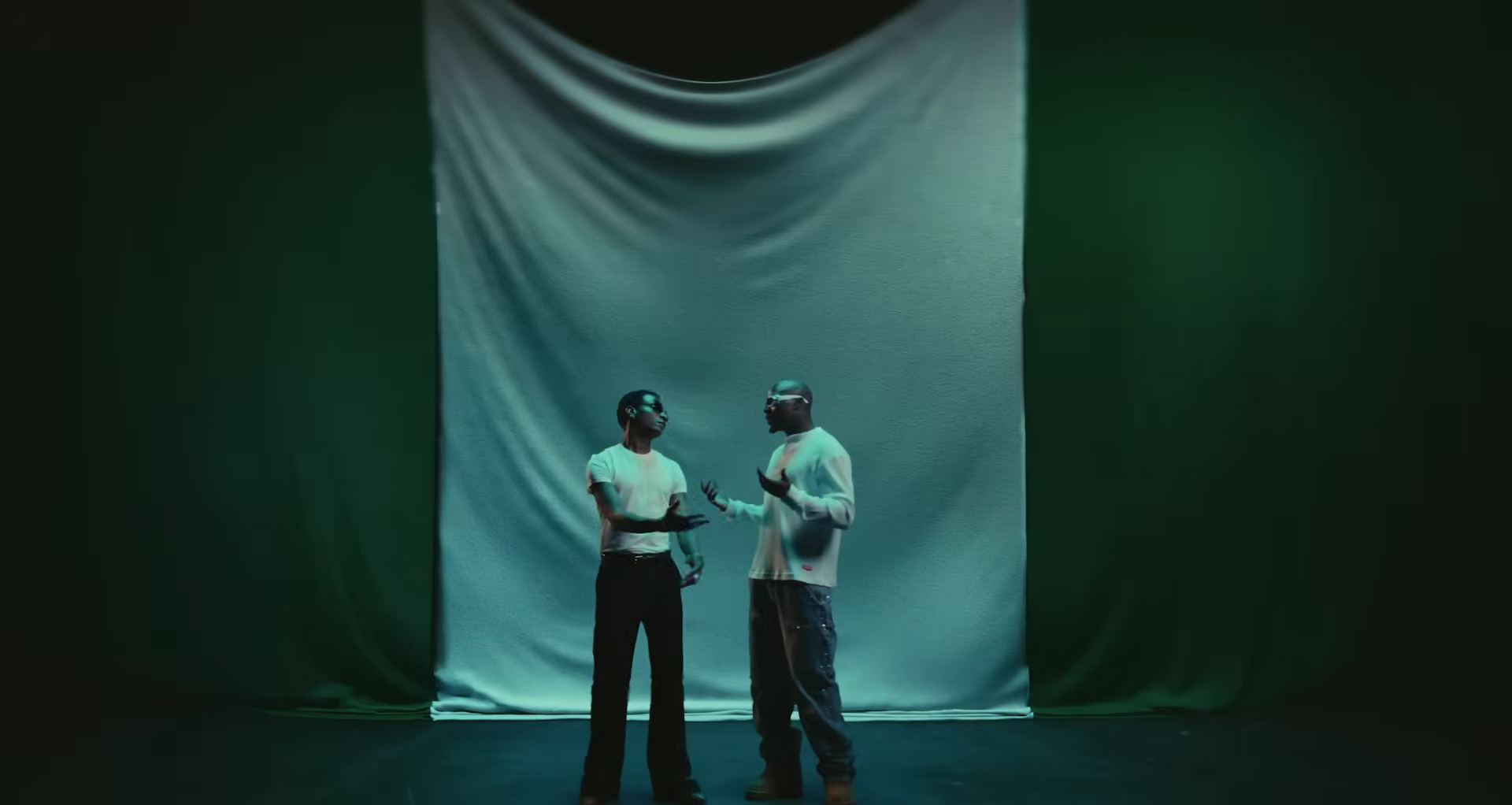
This song is the EP intro and states the duo’s intentions clearly from the get-go: they are going to be real; they don't mind whatever turbulence it causes. In fact, they will drop the turbulence themselves. Looking critically, this has been the duo's philosophy, and it makes perfect sense why each track on this EP feels so smooth. No one held back.
The release of Turbulence was accompanied by a visually stunning video directed by Edgar Esteves and, of course, stunning wardrobe by Maria Sivyakova. Wizkid and Asake styled to reflect luxury, chic, and stunning silhouettes, perfectly accessorized. Definitely one for the books.
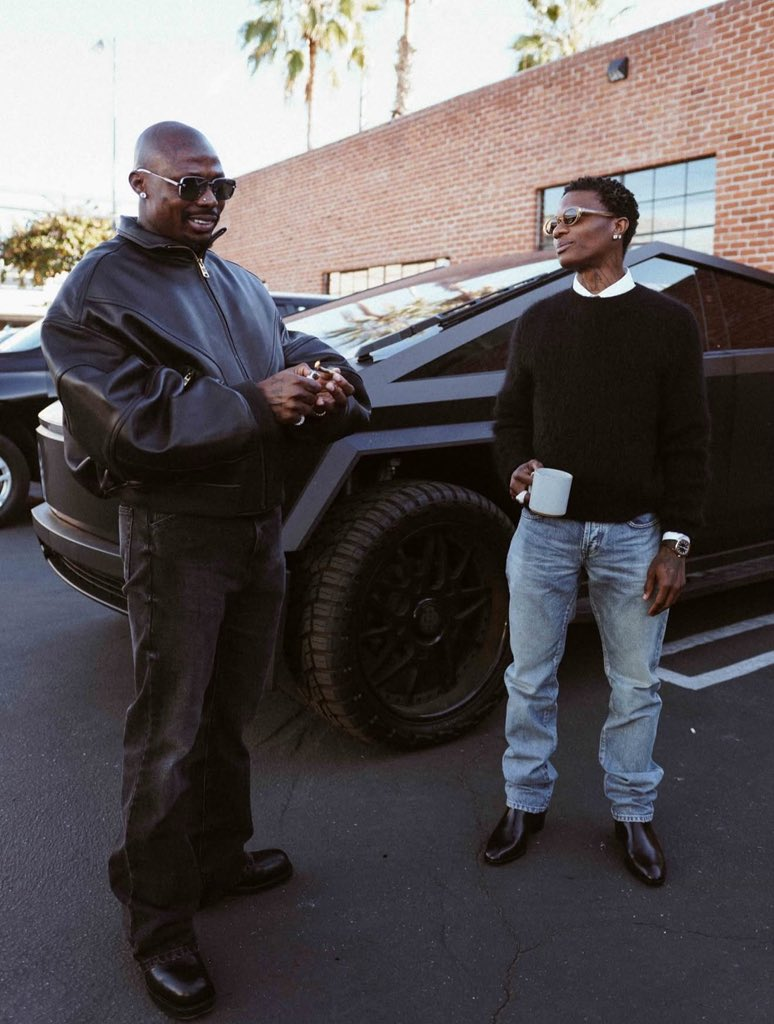
Vol 1, Part 2: Jogodo
Delivered as the first present from the collection, this song served as the lead single. Released on January 16th, it already made an immediate impact, becoming the highest opening-day stream for a collaboration in Spotify Nigeria history, debuting with over 1.3 million streams in its first 24 hours.
"No be today we dey jọgodo": Wizkid opens this Afrosexy track and delivers the first hook of this sweet melody. Escalawizzy follows up with his delivery through to the second verse: "Say tonight, you go dey know, know, know / Yépa, your body wanna tọ́ngọlọ́ / Baby no long talk, òṣèy, òṣèy / Ọmọ don dey dance, I dey feel am / So many things I fit show you / I dey hold you closely oh, yeah."
"Baby baby jọ̀wọ́, ọmọ Ọlọ́run, fine bobo": Ọlọ́ládé mi Asake, with too much effizy, starts tje second verse with a melody that immediately draws you in and then proceeds to kill the beat. "Me and my guys in Maybach-izzy / Skilly skilly, easy / Too much effizy, icy icy / Murder the beat." Ọlọ́ládé jẹ́ bí klíshì.
Wizkid and Asake float through this laid-back, chill beat seamlessly, and laid the expectations of what this project would deliver: Real Music.
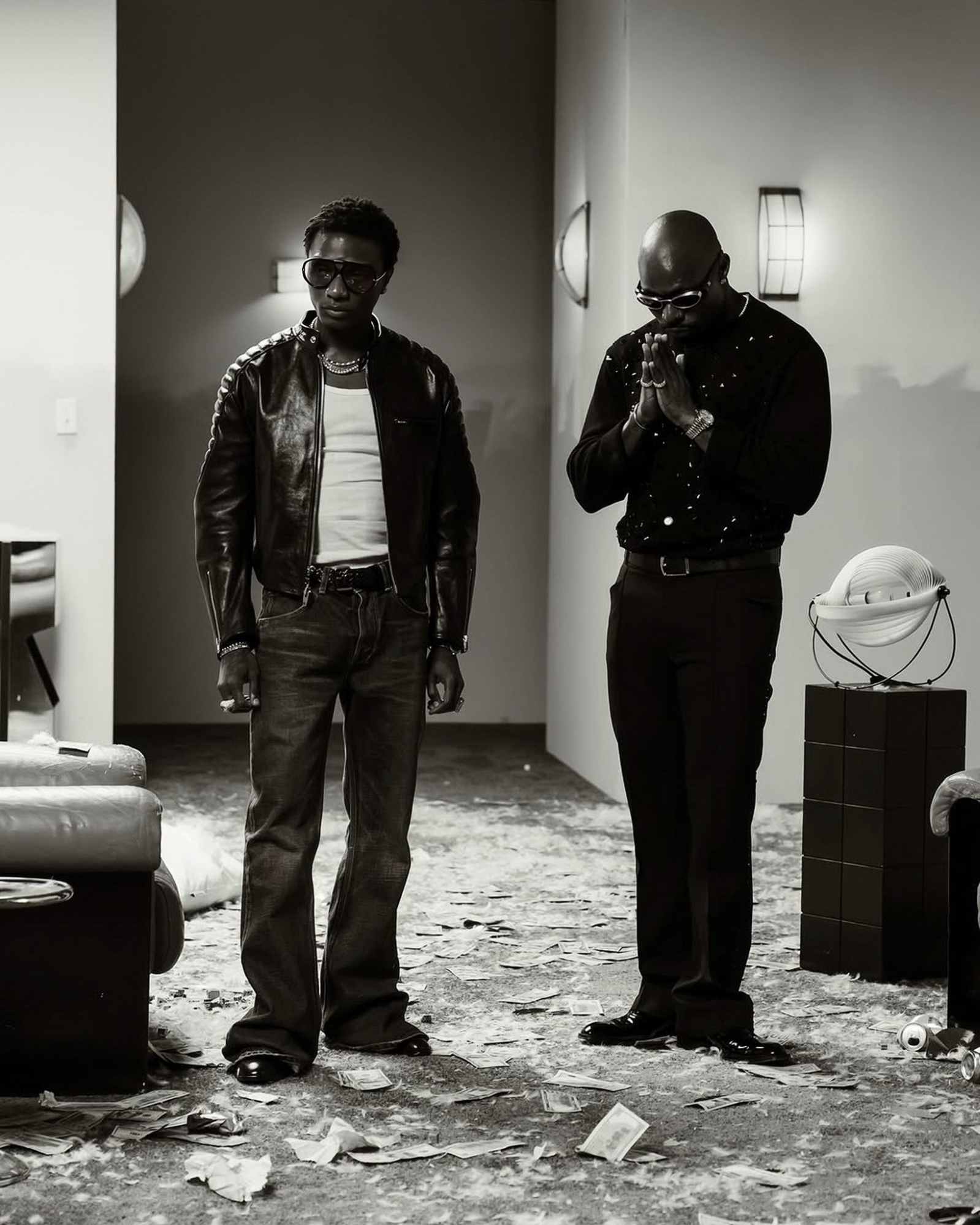
Vol 1, Part 3: Iskolodo
Bueno, bueno... ¿y tú qué cuentas?
Now, in natural conversation for English speakers, this translates to: "Well, well... so, what's up with you?" or "Anyway... what do you have to tell me?" Well, Wizkid and Asake had a lot to tell us about what is happening, most importantly, that they are both in "Para Mode."
"Ìskòlòbò, I dey para / I dey hot, I'm on fire": Asake opens up verse 1 with high tension, delivering a beautiful melody on the incredible drums and percussions on this production. "Comot body, high tension / Big flex, money too hard / Lọ́lá Ọlọ́hun, lókè lókè / Double MM, big star / All of my guys them bad / Bo ń ṣe, ń ṣe kò má nice / Gbé sùn mọ̀ mí, no dey price." Mr Money on Para Mode.
Wizkid also enters the track in verse 2 on para mode, floating through this production, delivering an electric smooth melody with his vocals: "Big Wiz, I dey para / Ọmọ Balógun dọ̀dọ́n dàwà / Na only money elevate my mood / Everyday, I just dey my zone / Peace on my mind, every day we dey blessed/ Ordinary days, we dey feel like the best / Make you dey dance, oya jó, baby." Big Wiz on para mode.
Magicsticks, Asake, and Wizkid were on para mode with this one.
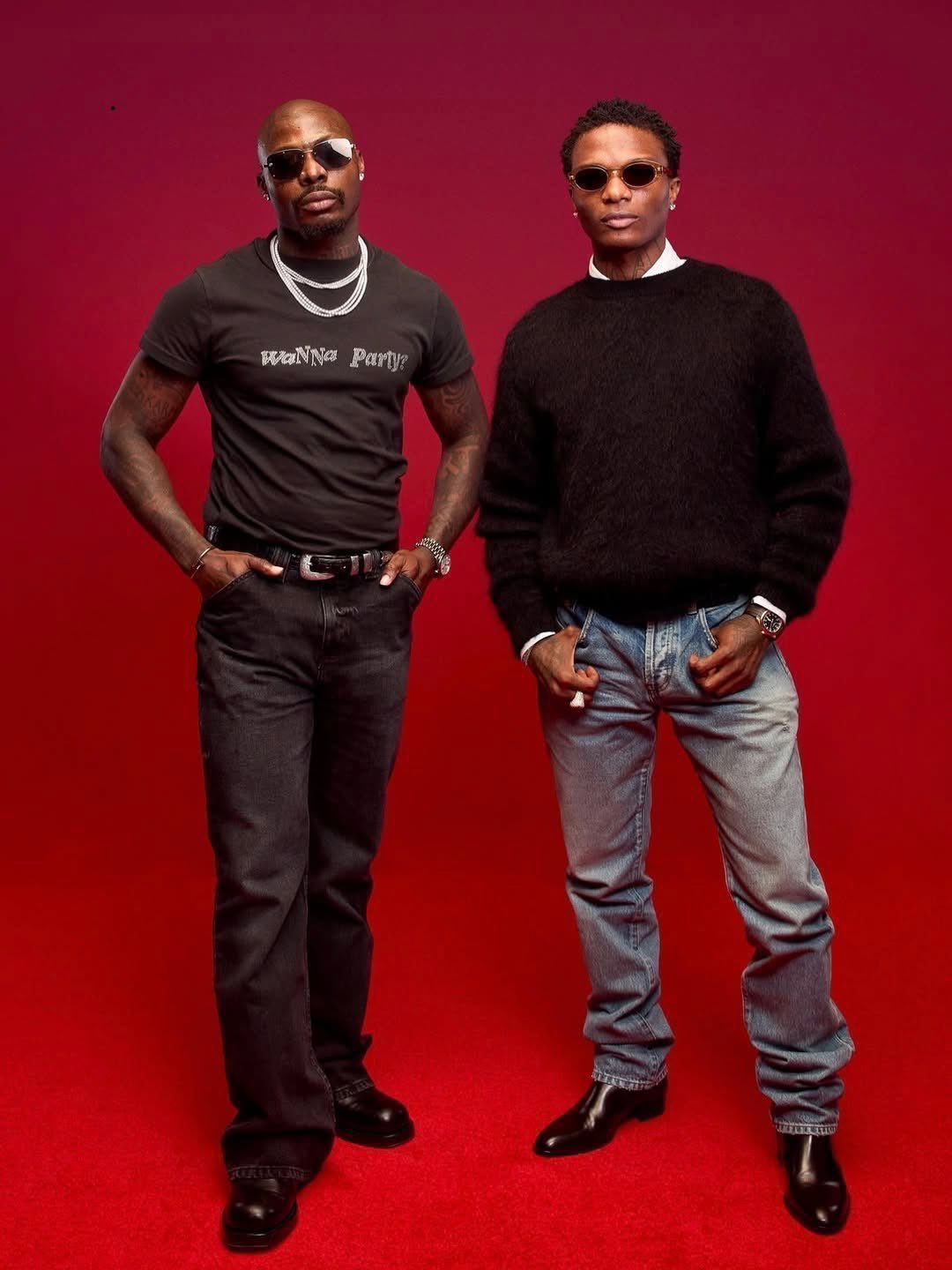
Vol 1, Part 4: Alaye!
Production: 12/10. Vocals: 10/10. This track feels like what Afrobeats is meant to sound like. The best treat saved for the last.
"Fàájì la wà repete, from the night to the morning, elélé; Wizkid opens up the track with his clear intent. Evidenced by his energy throughout the first verse into the hook: "Dance like say tomorrow no dey, baby o / Àgbádá pèlú diamonds on my neck / Aláyé want to trabáyè / Tó ná bí ti Faraday / The party no fit dull, àjẹ́! / Para dey for my body o / Balling like I'm Ronaldinho." Aláyé! Big Wiz just wants to have fun, I am sure this was definitely as fun a track to record and produce as it is to listen to.
"Ọlọ́run gbé mi ire trabáyè, ó ń chọ̀": Asake steps into the second verse delivering melodies, and clearly having fun with his verse: "Owó ni kókó ló ń sójí o / Big Wizzy na my G / Tòtórì, oya, dance now / Aláyé, do like gangster / Ó yín mọ́ mọ, baby, baddie / My baby, my melanin."
Aláyé! Asake’s melody has no competition.
Real Vol 1. Already one for the books.
Since the joint project was initially announced, there had been high anticipation for its release, but having already recorded jogodo, which was teased late last year, and previous landmark collaborations like MMS and Bad girl, nobody is surprised at the quality of this project. Wizkid and Asake are flawless on each track, each carrying their own weight, each staying true and real to their own style.
"As easy as it sounds, trust me, there is so much that goes into that," Wizkid once mentioned in a radio interview, speaking about the fact that for the Ayo album, they had like 300 songs, and only 19 made it to the official release. People seem to forget how long Wizkid has been doing this, at the highest levels of dedication to his craft and quality. He has put in the hours, the dedication, the ear for what works, this is what makes it seem so easy.
"I just dey blow, but ọmọ, I know my set"; Asake meant that when he said it in 2022, a mantra he used to describe his "overnight" success as a vision he evidently had been preparing and putting in the work for. In his come-up from theatrical arts to releasing his first official track 9 years ago, Mr Money's hunger and creative brilliance has only increased. His taste constantly elevates; he knows how much he put in to get here, and isn't slowing down anytime soon. And that perhaps is what makes this project so seamless: Big Wiz, Mr Money, two global music superstars on Para Mode. Real!
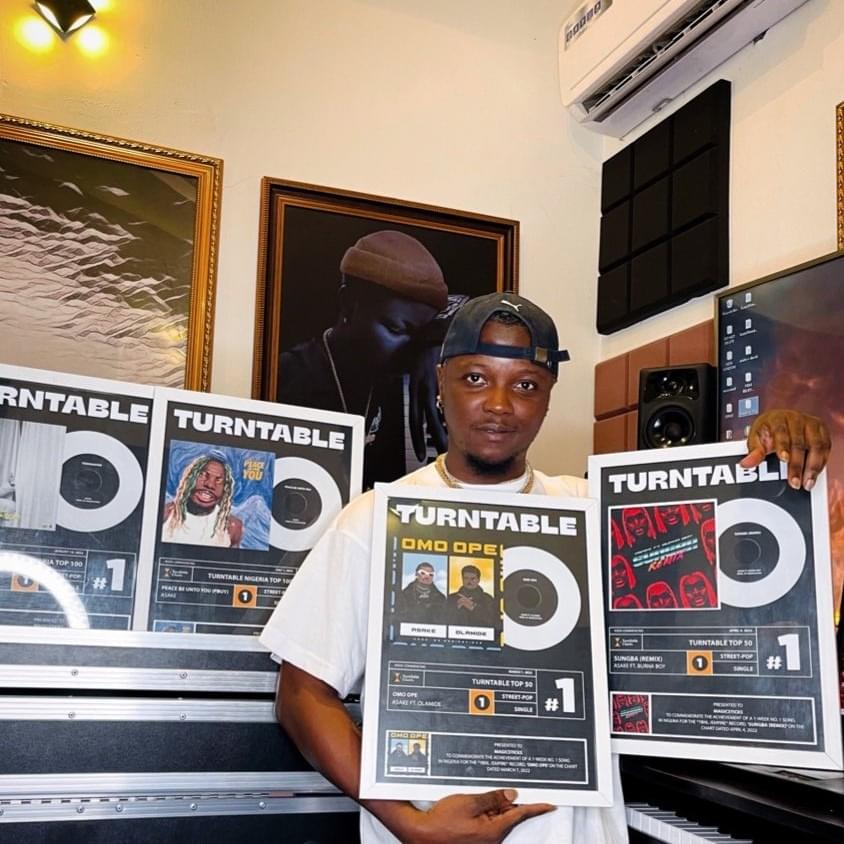
It would be incomplete to talk about Real, Vol. 1 without giving Magicsticks his well-deserved props. His fingerprints are all over the project, and his signature production; layered percussion, smooth melodies, and cohesive arrangements elevates every track.
Like 2 Kings, ILGWT, Make E No Cause Fight, Scorpion Kings, RnB, Best of Both Worlds and now REAL Vol1, afrobeats definitely need more collaborative projects, the effects on the industry are undeniably massive and net positive. Feb 14 is coming, will we get Valentine's presents too? Here’s to Vol2, Vol3… and more collaborative projects that push the culture forward.
Real Vol1. Rating: 4.9/5
Glossary
Kò sọ̀mọ̀ tí mo gbé tí ó kìn ké: I always ensure my lover is pleased.
Àpọ́mọ́lékúnjaiyé: One of who takes enjoyment in the pleasure of his lover.
Mo dúró kámpe: I remain steadfast.
Èmi lóyè: I’m the one who understands.
Jọ̀wọ́: Please. A term of endearment or polite request.
Tọ́ngọlọ́: Body movement/sway type of dance.
Òṣèy: thank you or yes! Used to hype in this context.
Jẹ́ bí kilishi: Eat it up/deliver flawlessly. Literal meaning: Eat it like beef jerkey.
Para Mode: Being in an intense, fired-up state.
Aláyé: Street-smart person/boss. Someone who knows how to navigate the streets.
Ó ń cho: "It's hitting/it's sweet." Expressing that something feels good.
Effizy: Showing off, flexing.
Comot body: To move or clear the way.
No long talk: No lengthy discussion needed. Actions speak louder than words.
I no send: I'm unbothered.
I just dey blow: I'm just rising/becoming successful.
Na my G: Is my guy/my close friend. A term of brotherhood and loyalty.
Bueno, bueno... ¿y tú qué cuentas?: Well, well... so, what's up with you?" A casual greeting asking what's new.
His Come Up to Music Explained
David Manda Nzapa, better known to the internet as BabyDaiz is a 24 years old rapper and content creator based in Cape Town. In fact, he is the best rapper in town, he’d wash anybody. Also, he briefly dated the South African megastar Tyla. In addition, David is the niece of Congolese legend Fally Ipupa. One wouldn’t be surprised if he was also directly related to Nelson Mandela. All jokes aside, that being said, there’s a lot of rumours floating around, none of which is ever confirmed or fact checked, of course. Interestingly, a lot of this unnecessary noise can be traced back to David himself. Let me explain;
You see, BabyDaiz’ marketing strategy isn’t anything we haven’t already seen before, as more and more artists utilize Tik Tok, Instagram reels, Facebook or YouTube short clips not only to build content around their product; but also, to garner traction.
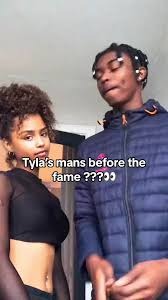
It must have been in late 2024 when the algorithm first began to push David’s content to my Facebook feed and besides his charming appeal, like most consumers at the time, I was shocked to see that he was dating Tyla in some distant past, or was he? David never confirmed. However, what was clear is that he posted these throwback clips. I remember vividly, clicking on the profile page and being directed to BabyDaiz. Now why would anyone post about their ex? Better said, why would you post an ambiguous clip that can be easily interpreted as a past fling just to never clarify? Risky some may say, but the move overall worked because now, the rumoured ex-boyfriend drew attention and it was only a little bit of time until that attention maneuvered to the music.
Controversy sells and David learned it early on. The Cape Town rapper would consistently initiate bold statements on his Instagram stories and other social media platforms. No matter the reaction, all eyes on him were positive as long as it pushed him to the limelight and from there, he would let the music speak for itself. Clever, don’t you think? However this method did not come without any setbacks.
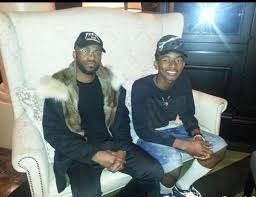
Around the release of his biggest single yet ‘Matisa,’ much like his previous rollouts, David needed something to start the conversation. And so, he began to share what presumably is an edited clip of content creator Kai Cenat reacting to his music video. But the content wasn’t gullible enough, people didn’t buy into it. And so, that is when images started swirling of a young David seen with Fally Ipupa. Of course, the addition of the Congolese flag on his profiles and seemingly cosign of Fally himself, only perpetuated what we all had in mind; David must be his niece, which means he is, if not, part Congolese. Again, never to be confirmed.
So many questions came flooding in our minds such as, why would he only reveal his Congolese roots now? That being said, most of the reaction of a new audience that David had garnered were well-received and only capitulated him into greater stardom, as Congolese people are known to be patriotic and die hard fans. It isn’t that the rumour was unbelievable; however, David is specifically known for starting conspiracies to draw attention, without clearing the air or ever being direct. Much like his trail in rumours, there is no evidence to back his claims, as David keeps his parents’ identity private and so, BabyDaiz was now a Cape town with Congolese roots.
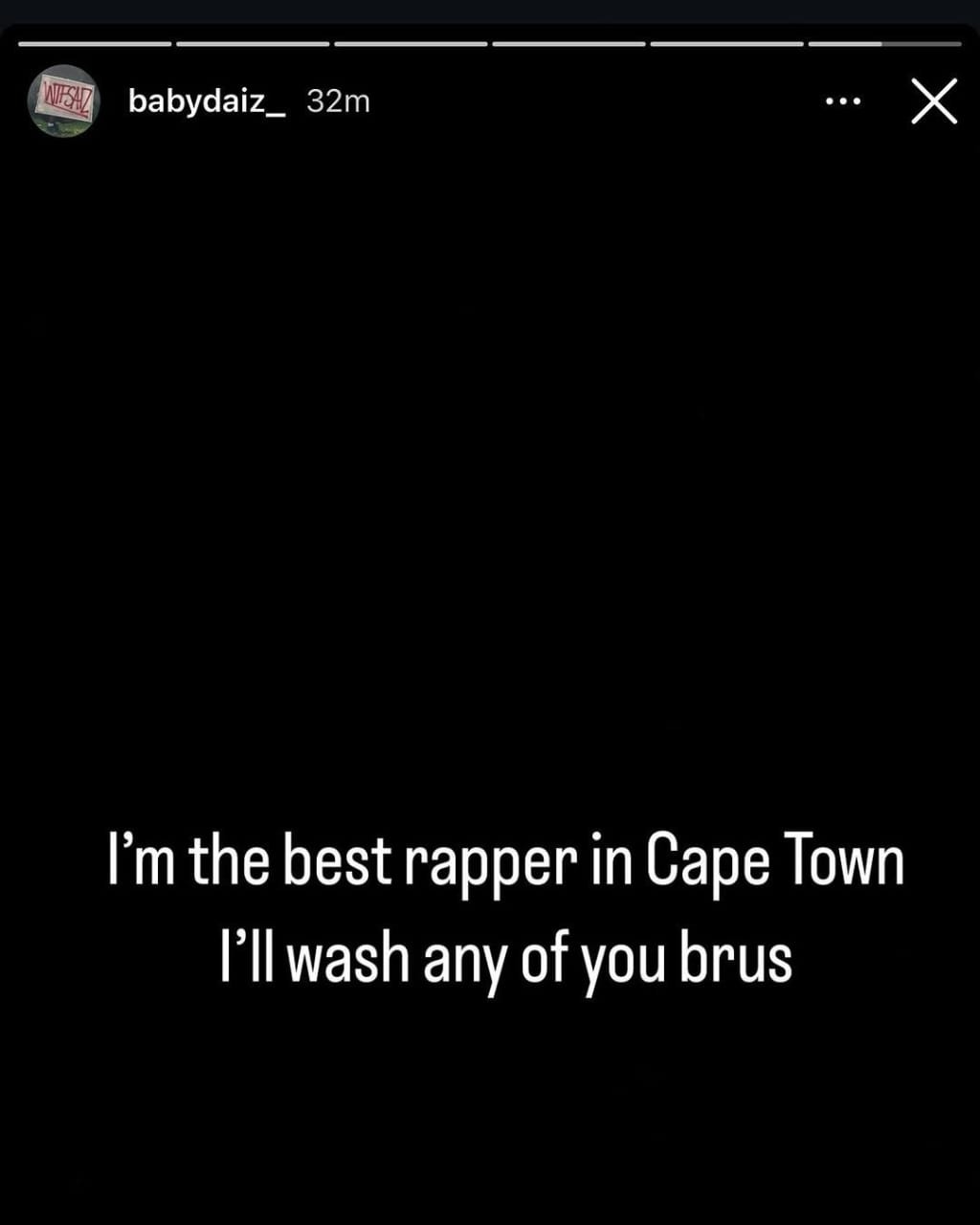
This brings us to the 2026 single that everyone is seen dancing to, namely ‘Allonsy’ first pushed around the AFCON Cup with a borrowed memorable dance move that had the internet participating with great joy. At this point, the music finally began speaking for itself and what once needed controversies, rumours to push onto the algorithm could just be received majorly organically.
Whether you rate BabyDaiz’ come up or not, numbers don’t lie, the results are in and at this time, David has more than 1.80 million monthly listeners on YouTube Music. He won, he hustled and the needle fell to his favour. He is not a big cat by all means; however, the old mask of a young boy willing to do anything just for attention seems to be fading off, as an emerging artist is evolving before our eyes and setting his mark on the continent.
Unless you’ve been living under a rock, then you surely came across various conversations online surrounding the state of the UK underground scene after Liverpool-born rapper EsDeekid's alleged 30 million-deal departure. In my opinion, this feud had been brewing just after the ‘Conglomerate’ album release failed to elevate promising acts Len and Fimiguerrero to global stardom, but it really reached a boiling point when UK pioneer Lancey Foux shared his thoughts on ‘Eagle Eye,’ More or less, he’s a disappointed father; however, the part that went over listeners’ heads is when Lancey raps; “Yeah / I can talk like this 'cause I'm ten years in / lil' boy / I'm official.”
You see, the UK underground scene as we know it can be traced back. Emerging talents such as Jim Legxacy and YT only really started to take rise in 2023, with phenomenal projects dropping left and right from ‘Immigrant,’ ‘homeless nigga pop music,’ ‘#STILLSWAGGING,’ ‘LEGHOLAND,’ and many more. From the inside, it seemed like the scene was healing, British artists could be themselves again and everybody was supporting everybody. From the outside, London became a spectacle of a growing movement the internet wanted to get its hands on. The fashion sense, the slang, the culture–everything was of interest, but when the scene finally had something to look forward to, their acts were already pulling away and eyeing the other side of the fence.
As far as one can remember, and we’re keeping it strictly just music talks, the urban areas of London always had a grand fascination for American culture. To be more exact; Black American culture. You could be a Year 9 student in Peckham back in 2012-2015 and hear your peers arguing about Lil Reese this and Chief Keef that, knowing most of them will never travel to the US or visit the Chiraq they tenderly liked to imitate through clothing and appeal. Sure, the London scene wasn’t perfect, especially if you were a black yute and didn’t want to subscribe to Grime music and later on, UK drill. But that’s where artists like Lancey came into the picture and really started to shake things up a bit in terms of what was deemed as acceptable as black British music.
With bravery comes scrutiny and to this day, there’s still a side of London that doesn’t comprehend and doesn’t see the value in a “washed up” UK version of American music. And for the underground to really have a solid audience in its own ground, it would have demanded some time and care. However, as a starving artist, perhaps that is not the most convenient method. It was not long ago that YT admitted to having been teaching English to Korean students up to early 2024. And so, with the little bit of hype the first wave of UK underground had, they quickly catered to the US market.
It shouldn’t come as a surprise that one of the only interviews you have of Jim is on an Canadian platform Kids Take Over. Quickly, other appearances from the birds of the same feathers followed, touching base with Our Generation Music, Montreality, Plaqueboymax, etc… What do they all have in common you may ask? They all catered to a majorly North American audience. It’s not that Lancey was not in touch with the US, still standing as one of the only UK rappers who could frequently tour over there with ease. Even going as far as having links back in the motherland in Nigeria and South Africa. But all of those reaches occurred organically and he still had as much of a foot in the UK, despite the hardship he faced early on.
Looking back at most of these interactions, they look forced. The hosts don’t have a profound understanding of Black British music and can be perceived as just visitors to the scene–only having jumped the guns at the right moment it was trending. But who is at fault here? The journalist who is just doing their job or the act giving them access to a scene they have not even begun to see its true potential? Don’t take it for granted, it took Central Cee years until he could become big overseas. The grass appeared greener on the other side far too quickly and soon enough, they would realize that the curiosity of American youth mistaken for a core audience was short-lived.
The American effect is real and was at full display when Drake brought out Fakemink as a surprise guest at the Wireless festival in 2025. At that point, although the young half-Indian half-Algerian artist had somewhat of a following, he was without a doubt an underdog in the scene compared to the rest. “Who was this little dude with an awkward demeanor on stage that seemingly had grabbed everyone’s attention over the supposed crowd of underground artists everybody was rooting for?” And without a flinch, the eyes shifted; Fakemink had become the golden boy of London. A few cosigns later, and the young lad indeed became London’s saviour.
To understand EsDeekid's rise, you really have to go back to the one song that put Fakemink on the map in the first place, namely ‘LV Sandals.’ It didn’t take long for the internet to realize that Fakemink was only a feature, and most of his songs were not from the touch of producer wraith9 that everyone grew to adore. He was a guest to that raving sound and had a much more mellow and melodic approach. This is evident as when Mink released a song with a similar energy, he then ended up deleting it days later, perhaps in response to an underwhelming output. Whereas when EsDeekid released his song ‘Century’ around the same time, his momentum only spread.
You mix this with internet trends and the urge for everyone to want to be first on a new wave, and you get yourself a winner. A masked boy with a strong accent up North was not put ahead because of his skin colour, he just jumped on the hook at the right time and right place. Will his momentum last? To put it nicely, only time can tell; however, from the looks of the crowd at his concerts singing the same LV sandals lyrics to every song he performs, it will surely take some much needed time for him to establish himself–even abroad.
To be compared to movie star Timothé Chalamet during his Marty Supreme campaign was only the cherry on top of the cake. Now we’re talking massive eyes that even surpasses music and he took as much as advantage from this than from the pull that Fakemink generated through his feature as part of ‘LV Sandals.’ If you ask me as a non-exec of any existing label, I think that did the trick. I wouldn’t be surprised if Fakemink also signed a big check from his lavish travels and luxurious buys flaunted all over the internet.
A great tragedy is most of the time, as a pioneer, you won’t get to taste the fruit of your own labour. Lancey had all the talent in the world to become a global phenomena; however, the constant American comparison, the lack of ground as a solo participant in that bubble at the time, coupled with now label issues, makes it difficult for him to wholeheartedly receive his flowers and being rewarded by a generous music deal abroad. Surely Jim will persevere if he keeps his head down and focuses on growing his core audience since unlike many of his peers, he is exceptionally talented in a way that transcends regions and we only get to witness those types of artists only a few times every other moon. And maybe Fimi may find his way as although he is often placed in the same bracket, he played it smart, focusing on growing his reach first in Europe through clever collaborations with other European artists, minimum media takes and even making an appearance on EsDeeKid’s project, making him a figure that can potentially stick through the new wave of underground UK music.
Speaking of the rest, their time in this game is limited. They didn’t play the long run and now, they have to answer for it. It seems like their tweets are making more noise than their actual songs and it is only a question of time whether the crowd they were so eager to impress will follow them for future releases or have already moved on to the next wave.
The first major UK rap single to release in 2026 has come in the form of a mighty collaboration, bridging those who broke out of the ‘underground’ and those who drive it now. After ending 2025 with his own lead single, the unspoken godfather of the UK scene Lancey Foux has returned to trade verses with prodigal nephew of London rap, Finessekid on ‘Mightjuss’.
This is not the first interaction between the two rappers. Back on the 10th of December, Lancey held his first event at Mixmag’s Club Blue, a major step into the DJ scene for the rapper. Despite not rapping much himself during the set, he brought out young Finessekid to perform a few songs including snippet ‘Semolina Pounded Yam’ and snippet-turned-hit ‘Coucoo’.

Before that, the collaboration had been teased by photos of the pair spotted both in the studio and on the set of the music video; unsurprisingly sporting the necessary Corteiz uniform. These photos have given hopeful fans much to speculate about given the extra presence of UK titan of rap, Skepta.
The song does not hold its punches and launches at us with an instant pre-chorus from veteran Lancey. After immediately name dropping cult luxury fashion brand Chrome Hearts, he leads us into the catchy eponymous chorus. Envisioning this track before listening, the intersection of the two seems unimaginable but the production allows for both to find a solid flow. The beat is breathless and dark, driven by industrial drums and an anxious, pounding bassline that keeps the energy tight throughout.
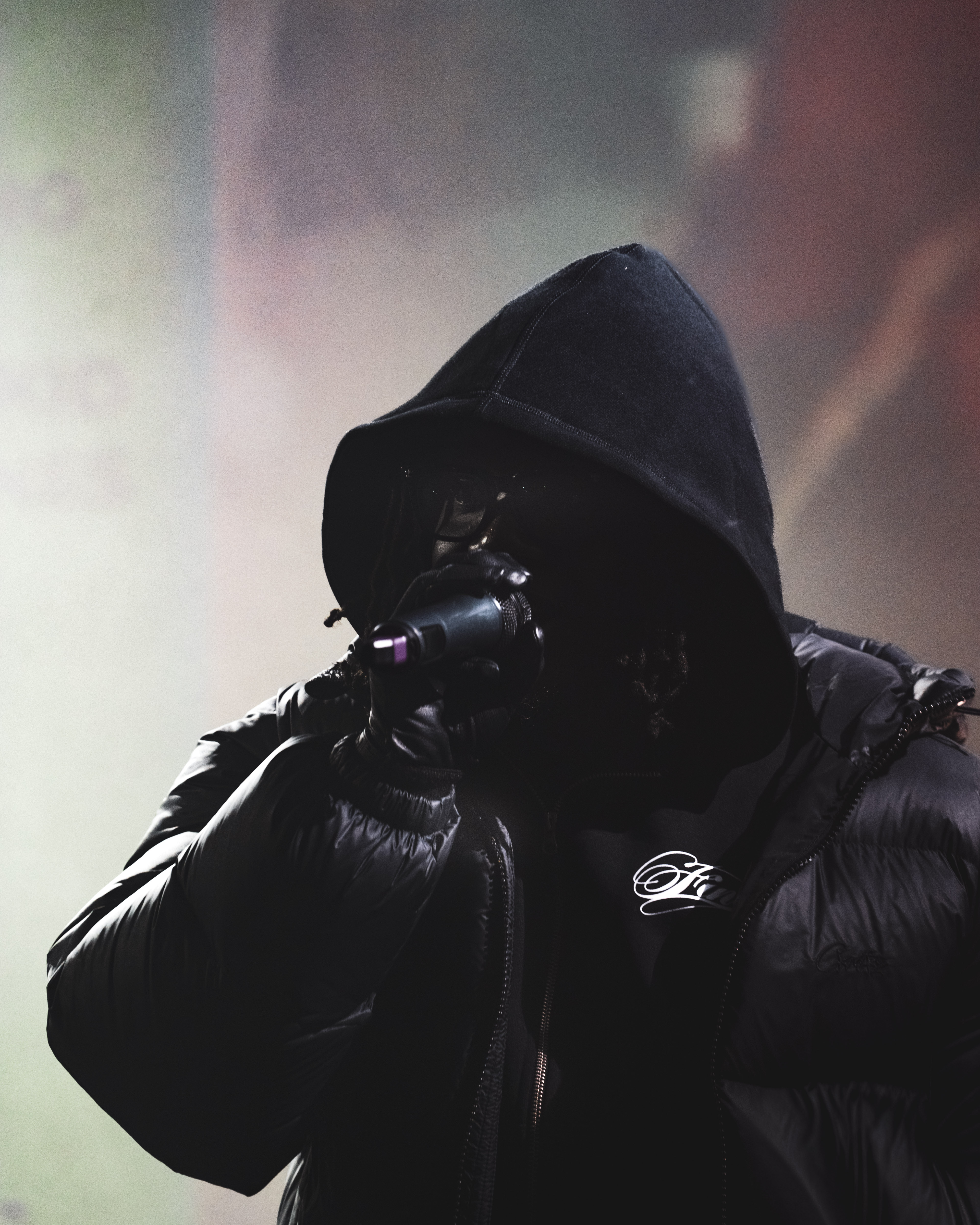
The two vie for attention over the course of the song, each keeping their usual style. Lancey uses his verse to map his global reach, hopping out of London to Ghana, Jamaica, China and Dubai, mirroring his many tours and personal travels. On the other hand, Finessekid keeps his tongue in cheek flavour, with bars such as: “Can't clone me, like Obi-Wan Kenobi, huh, you know them ones (Uh-huh) / Won't see me on TikTok on a funny man ting doing Get Ready With Me (Slow down, B)” It is this self-awareness and conversational reality which brings so much authenticity to Finessekid’s music and makes him such an exciting artist. Lancey sounds comfortable in the mentor role without dulling his edge, while Finessekid proves he can hold his own beside one of the scene’s most distinct voices.

As strong as the track is, it does feel carefully managed with both artists quite within their respective comfort zones. This keeps the song polished but stops it short of pushing any boundaries it had the potential to. ‘Mightjuss’ works well because of who is on it, not because it pushes either of them somewhere new. With both artists looking towards larger-scale projects in 2026, this is an exciting start to both of their years.
all pictures credit @acwbrocklesby
The Nigerian music industry is experiencing a generational shift like never before. While Afrobeats continues its global conquest, a new class of artists is emerging from the shadows of mainstream pop, young stars who speak directly to Nigeria's massive Gen Z demographic with a sound that feels both globally familiar and distinctly local.
The diversity and freshness this new class is introducing is good for the ecosystem. Artists like Mavo, Zaylevelten, Wavestar etc and their contemporaries aren't just making music, they're building a cultural bridge. It was always clear that whoever could add sufficient street identity to the mumble rap aesthetic, blend it with Alte's experimental edge, and infuse the Nigerian version of psychedelic rap would stand a big chance of winning. These artists represent the home-grown version of Juice WRLD, XXXTentacion, Trippie Redd, and NLE Choppa, stars who were already popular among Nigerian youth long before local alternatives emerged.
Nigeria has one of the biggest young populations in the world. This isn't just a demographic statistic, it's a cultural reality that demands representation. Our soft power and pop culture will benefit immensely from Gen Z stars who can add complexity and dynamism to our pop framework and rally young listeners who've felt underserved by the dominance of Afrobeats' more commercial sounds.
Take Mavo, for instance. His approach to melody and song structure borrows from the emo-rap playbook while maintaining Nigerian street credibility. Zaylevelten represents another facet of this movement: the fusion of trap sensibilities with Alte's genre-fluid experimentation. His willingness to switch flows, play with autotune in unconventional ways, and reference both Nigerian street life and global internet culture makes him emblematic of a generation that refuses to be boxed in by traditional genre boundaries.
Yet for all this potential, there's a glaring challenge: the absence of labels willing to take genuine risks on this sound. Nigeria's music industry has become increasingly conservative, with major labels chasing proven Afrobeats formulas and established artists rather than investing in the experimental, harder-to-categorize sounds that Gen Z craves. This new wave needs infrastructure, not just distribution deals, but labels that understand the culture, can provide real artist development, and have the patience to build careers rather than chase viral moments. The artists are ready. The audience is waiting. But the institutional support remains tentative at best.
Compare this to how Quality Control Music in Atlanta nurtured Lil Baby and Migos, or how Top Dawg Entertainment developed Kendrick Lamar labels that understood their artists' cultural context and gave them room to grow. Nigerian music needs similar institutions willing to invest in this emerging sound, even when it doesn't fit neatly into existing commercial categories.
But here's the critical point for both artists and any potential label partners: they need to focus on adding complexity and dynamism. Sharing a single flow isn't sustainable. The artists who will truly break through won't just be Nigerian versions of American rappers, they'll be innovators who take those influences and create something distinctly their own. The early trap wave in Nigeria suffered because too many artists sounded identical. The same risk exists now.
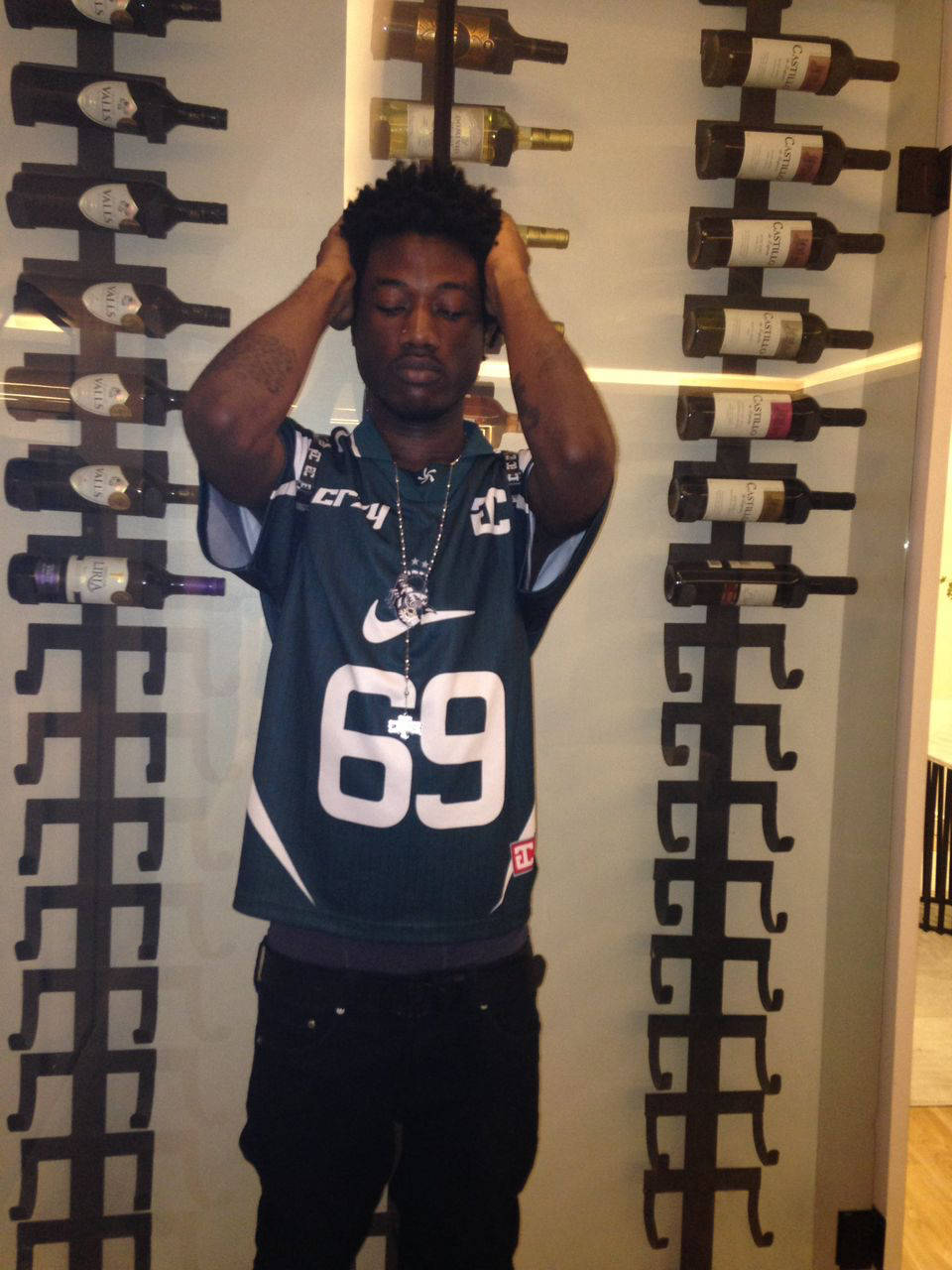
The winners in this new wave will be those who develop distinctive sonic identities rather than copying the SoundCloud rap formula wholesale, who tell authentically Nigerian stories while using global production aesthetics, who experiment with fusion by blending these influences with Afrobeats, Alte, and traditional Nigerian sounds, and who build genuine street credibility without losing the emotional openness that defines this generation's music.
This isn't just about music trends, it's about cultural representation. Nigerian Gen Z grew up bilingual in culture: watching Nollywood and Hollywood, listening to Wizkid and Lil Uzi Vert, navigating Lagos streets while scrolling through global TikTok trends. They deserve artists who reflect that duality. The global music industry has shown its hunger for new sounds from Nigeria. But the domestic audience, particularly young listeners, needs music that speaks to their specific experiences. Artists like Mavo and Zaylevelten are filling that gap, creating a space where young Nigerians don't have to choose between local pride and global aesthetics.
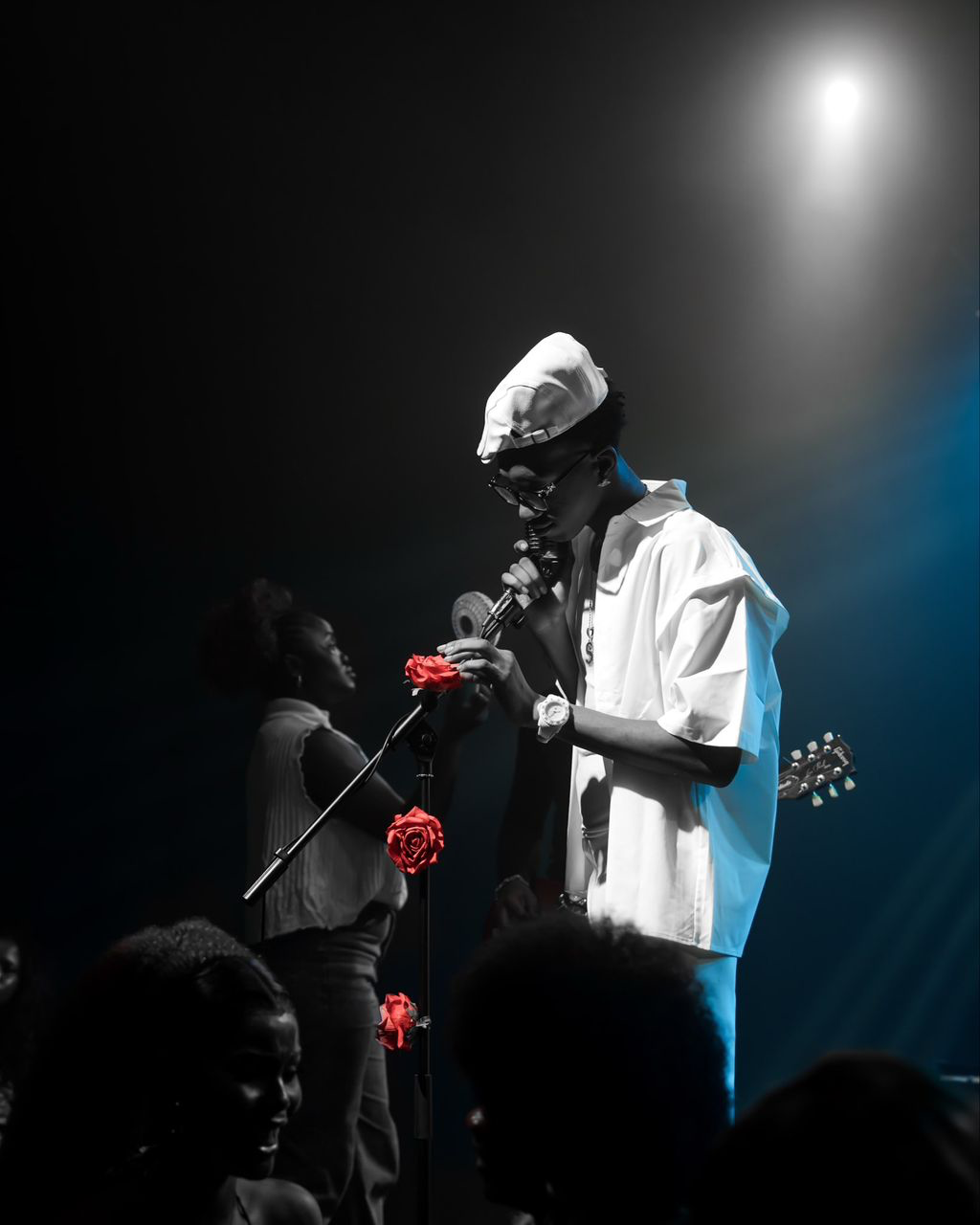
For this movement to sustain itself and contribute meaningfully to Nigeria's cultural ecosystem, it needs two things: artists who resist becoming carbon copies of each other or their international influences, and industry players willing to make long-term investments in this sound. The diversity and freshness being introduced now is valuable precisely because it's expanding the sonic palette of Nigerian music. But without proper institutional support, too many of these artists will remain underground, their potential untapped, their audiences underserved.
Nigeria's soft power on the global stage has been built on innovation, from Fela's Afrobeat to Wizkid and Burna Boy's modern Afrobeats. The next chapter will be written by artists who can speak to the largest young population in Africa with authenticity, complexity, and relentless creativity. But they'll need partners brave enough to bet on the future rather than just replicate the past. The foundation is there. The artists are emerging. Now comes the hard part: will the industry rise to meet the moment?
@femibksn
The UK underground as a collective movement has breached containment this year and reached heights which were before unimaginable. This momentum had previously been built up by artists such as Fakemink, Fimiguerrero and Lancey Foux, each beginning to get global recognition. However, it has recently been taken to the next level by one of the most exciting and mysterious conspiracies the music world has seen in a long time: Esdeekid is secretly Timotheé Chalamet. Far-fetched doesn’t begin to cover it. Finally after months of speculation, we have our answer, in the form of a remix. Where Charli XCX and Lorde worked it out on the remix last year during ‘BRAT’ summer, the two have finally revealed their separate identities with the ‘Marty Supreme’ actor dropping a verse on the viral track ‘4 Raws’ from Esdeekid’s hit debut album ‘Rebel’.
We all know it was too good to be true, too unthinkable and preposterous. Esdeekid is a scouser, very proudly and loudly despite the masked appearance. Timotheé is one of the biggest actors in the world right now, born in New York to American-French parents. This was the real seduction of the mystery; if it was real, the payoff would have been enormous. Because it felt impossible, people wanted it to be true, and that unlikeliness is what pulled everyone in.

Esdeekid’s rise in popularity and fame has been short but nothing short of meteoric. Releasing his first music under this name in May of 2024, he began his career with a run of singles starting with his own take on Rae Sremmurd’s wildly popular ‘Black Beatles’ from 2016. Since then, he has released his debut album ‘Rebel’ featuring many tracks alongside frequent collaborator Rico Ace, which achieved numbers never-before-seen in the UK underground culture. At the time of writing, the smash hit ‘Phantom’ sits at 121 million streams on Spotify. Esdeekid himself holds 13 million monthly listeners, rising from 10 million only a month ago.
Timothee Chalamet has reached a point where he no longer needs introduction. After appearing Interstellar in 2014 as Matthew McConaughey’s son, he broke out fully in 2017 starring in Call Me By Your Name, a performance which earnt him an Academy Award nomination for Best Actor at just 22. From there he has gone from strength to strength, with a focus on his committed acting style. He certainly doesn’t claim to be a method actor, but has shown a love of committing to roles: learning languages, developing an incredible singing voice, picking up instruments and recently becoming a pro-level table tennis player for Marty Supreme. The commitment to the promotion of this movie has been incredible, with its merchandise being the hottest streetwear at the moment, Chalamet’s bodyguards with oversized table-tennis ball heads, and even an appearance with internet star Druski
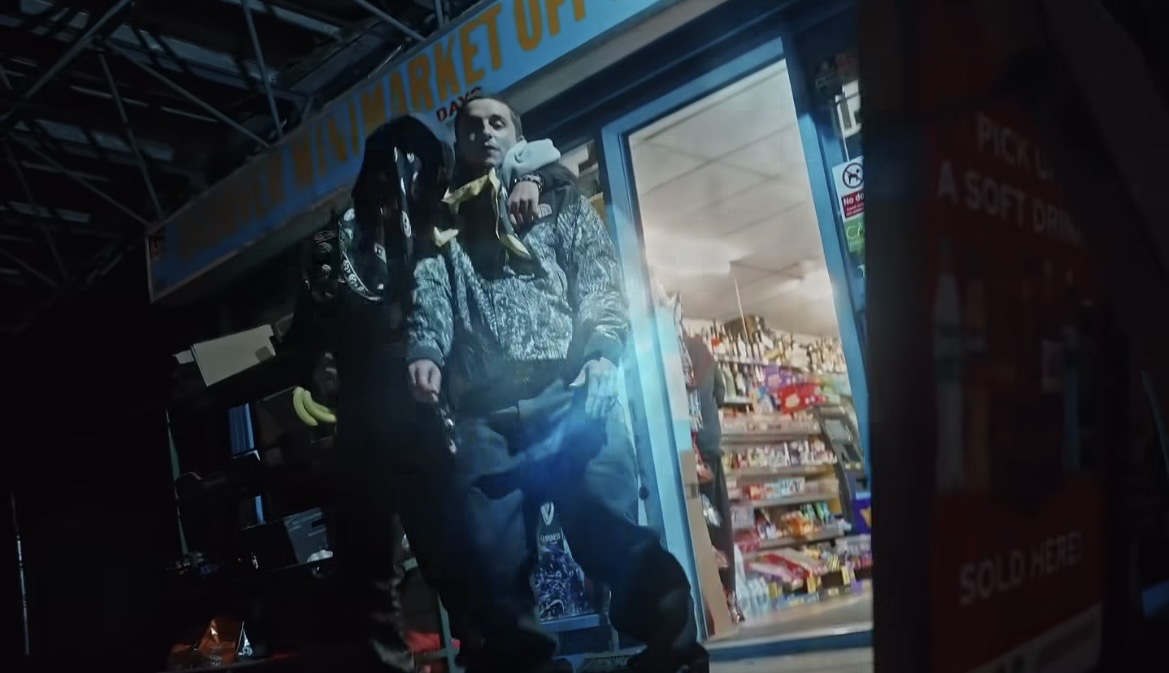
The rumours began only just over a month ago as a mix of genuine curiosity and absurdist internet humor. The two do share a similar facial makeup (from what we can tell past Esdeekid’s omnipresent masking) and have a similar fashion sense - a penchant for Alexander McQueen scarves and layers on layers on layers. With Chalamet having been spotted at Fakemink’s concert in London, things all started to add up quickly. With these rumours rising from internet culture to real life news, recent interviewers have begun to question Chalamet on the subject. When asked on British radio station Heart FM, he said with a smile, “I got no comment on that… Two words: All will be revealed in due time.” Despite his lack of ability to count words, this added fuel to the growing fire.
Not wanting to disappoint fans on either side with a half-hearted reveal of the perhaps sad truth, Chalamet and Esdeekid have come together on the ‘4 Raws’ remix to turn this massive online tornado of rumour into a cemented cultural moment. It is unknown whether the version will reach streaming services at the moment, the pair dropped it only on Instagram in a style reminiscent of the paramount of mysteriousness and non-chalance, Playboi Carti. Much like his run of singles leading up to ‘I AM MUSIC’ earlier this year, the song had a boisterous video of the two dripped out and masked up. It matches the vibe of the song perfectly and serves as further proof of the definite difference between the two.
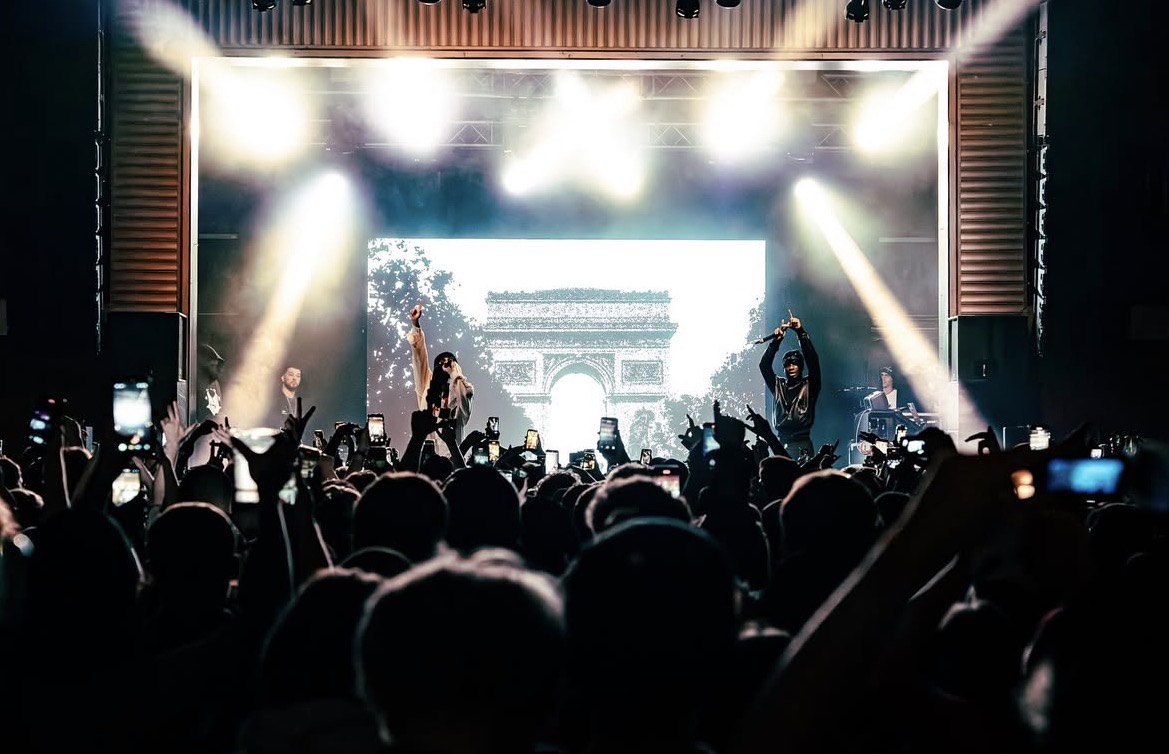
It must be said, Timothee, or Lil Timmy Tim as he has been known in the rap game, had a pretty solid verse. In his recent awards speech, Chalamet rejected the usual modesty that actors are expected to perform. He spoke openly about ambition, about putting years of work into a role, and about wanting to be one of the greats not just in acting but in the world. That refusal to downplay effort mirrors something central to the underground right now. Artists like Esdeekid are driven, deliberate, and fully committed to their vision.
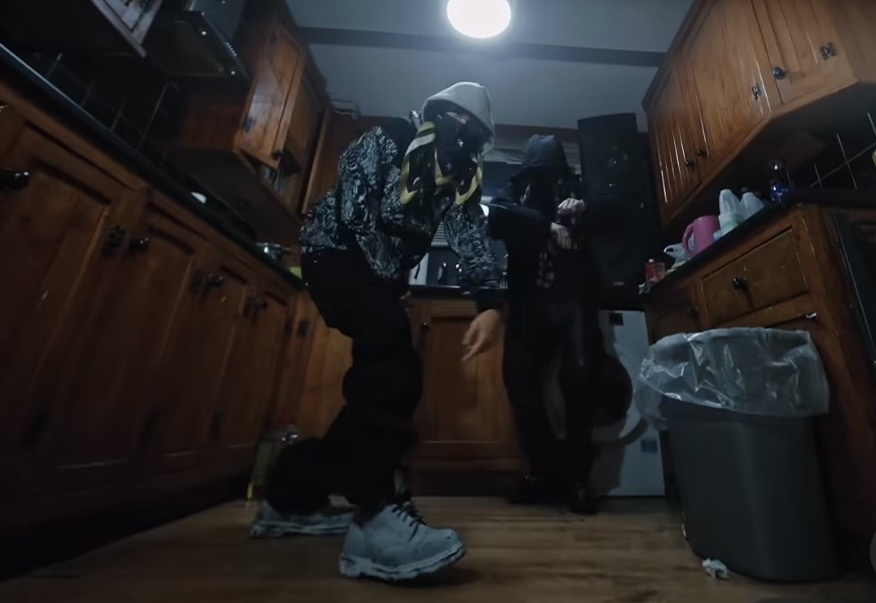
This is one of the most ambitious and ludicrous moments in the UK rap scene ever, not just the underground, and it feels like a turning point. Rarely has a single track combined mystery, celebrity, and internet culture in a way that makes the whole world watch. Some are still not convinced and maybe they shouldn’t be. Is it a clever editing trick, another layer to the conspiracy? AI can be very difficult to tell these days. I am happy to conclude this saga here, with the release of a track both the punchline to a huge internet in-joke and, believe it or not, a genuinely good listen.
It is fair to say that for most listeners, young and impatient, A$AP Rocky’s latest album, ‘Don’t Be Dumb’, is defined mainly by the 8 year gap since his previous album. To put his album break into context, when his previous release ‘Testing’ came out, I was in my second year of high school and all I did was play Fortnite and listen to music. On the advent of his latest album, 2026’s ‘Don’t Be Dumb’, I sit here in my final year of university. Although I still do mainly play Fortnite and listen to music, the world has changed a lot since then, especially the rap world. Rappers have had entire careers since he last dropped an album, many of the big faces in the scene today were still using their bedrooms for studios in 2018.
It must be said the man has been far from stagnant during this break, going from strength to strength both in and out of music. In 2025 alone he starred in two major motion pictures, the fever-dream thriller ‘If I Had Legs I'd Kick You’ and Spike Lee’s ‘Highest 2 Lowest’ both of which got positive reviews from critics and audiences. He also launched his own brand of whiskey and collaborated with many high-end brands including Gucci, Puma and Ray-Ban - where he became their first ever creative director. During all of this, Rocky dropped singles such as ‘Babushka Boi’, ‘Potato Salad’ and ‘Same Problems?’ with major features from the likes of Tyler, the Creator, Pharrell, and J. Cole, teasing fans with rap of all subgenres and over-whetting the appetite for a full length project.
.PNG)
He doesn’t shy away from the break on Don’t Be Dumb, in fact the first lyric on the opening track ‘ORDER OF PROTECTION’ is “It's been a lil' while since I been in the league”. This is not even nearly stated as an apology and followed by “Last time I checked, we still in the lead” this is Rocky reminding you that despite the years of waiting, you are still listening to every song, every lyric. Setting the tone here, he retains it through the entire album and moves straight through to ‘HELICOPTER’. His flow slides on the beat so smoothly, not as hazy as his previous albums but more commanding and urgent. The production is simple but married to his confident delivery, it locks you in immediately.
His most infectious flow comes after a surprisingly rattled rant from the usually nonchalant Harlem rapper, on a song called ‘STOLE YA FLOW’. This is the strongest song on the album, with Rocky laser-focused and rapping at his highest level with a tight flow and dynamic delivery. The song is quite unsubtle in its disses, with many lines aimed towards rap titan Drake, probably following on from ‘Family Matters’ where Drake himself sent a few at Rocky while mainly dissing Kendrick. Within the first 30 seconds, Rocky jabs at many of Drake’s most sensitive issues: his lack of authenticity in identity and lyrics, his reportedly awful parenting skills, his sensitivity to disses, and his infamous ‘BBL’ referencing his multiple body enhancements. The crux of the song is the fact A$AP Rocky is now in a long-term, parental relationship with Rihanna, one of Drake’s most complex and public fumbles. The lyrics are tongue-in-cheek, which following the success of Kendrick Lamar’s ‘Not Like Us’ seems like the best way to insult Drake. With his effortless delivery and dense production, the song does also do well to stand separate from the beef and taking the drama out of it would still hold musical merit.
.PNG)
The album diverts down different paths here, first taking a turn for the soulful and yearning. Two unashamed love songs, ‘STAY HERE 4 LIFE’ with Brent Faiyaz and ‘PLAYA’, outline his happiness with monogamy and bright future with Rihanna and their three kids. These are instant classics for those in loving relationships and Brent Faiyaz is a cheat code for these, as proven by their 2023 collaboration ‘Outside All Night’. Following this, the album flickers from dark and industrial to indie and bright, the best of these being the single ‘PUNK ROCKY’, which already feels like it could dominate summer 2026. Unfortunately, this genre-hopping does not come across as deliberate or cohesive as it has in previous albums, making ‘Don’t Be Dumb’ feel cluttered and unfocussed. The run from ‘NO TRESSPASSING’ to ‘WHISKY (RELEASE ME)’ loses momentum in the album, and the switches in pace feel jarring rather than creative choices. There are standout songs here and there, but he spreads himself thin across genres rather than achieving in each.
The most eccentric attempt comes in the form of ‘ROBBERY’, a collaboration with recent star Doechii. The track is based heavily on Caravan, a jazz standard by Duke Ellington first recorded all the way back in 1936. This switchup from his usual production creates a totally fresh atmosphere, almost cinematic with the anxious piano and dramatic performances from both artists. It is one of the only moments on the album where he takes a real risk and it very much pays off, it is a genuinely interesting and novel song. Because of how deliberate every part of his musical environment is, I don’t feel I am overanalysing this song by suggesting its link to the 2014 movie ‘Whiplash’ in which ‘Caravan’ is famously central to the plot. The film depicts the struggles of an artist in achieving perfection, showing the time, dedication and sacrifice it takes to even get close. I can’t help but tie that to A$AP Rocky’s own attitude, shown by the time it has taken him to craft this album and him seeing that struggle as key to the process.
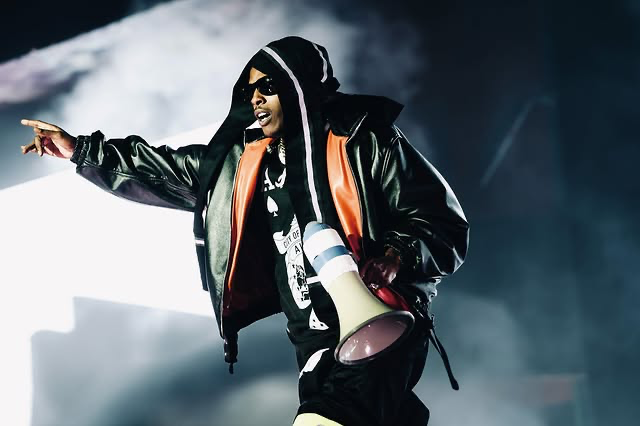
Rocky’s judicious choice of features are esoteric as usual but do feel under-utilised. With other genius creatives such as Damon Albarn and rappers at the top of their game like Westside Gunn, their appearances feel half-baked and never core to the tracks they feature on, with Westside Gunn only providing adlibs. It would be so exciting to hear these three truly intertwine their styles, it is a great choice of collaboration but never quite seems more than the sum of its parts. This aspect means ‘Don’t Be Dumb’ loses the shine of a product of an eight-year wait and while it does feel carefully curated over time, it feels like a great idea never realised.
Despite the album having a song named ‘THE END’, one of its weakest and most dragging, there are actually two more after that serving as a pre-emptive deluxe. This seems an odd move, but given all of the delays and complications in the album’s release it feels almost inevitable. With the electric and hard-hitting start to this album, I was very hopeful the feature from Tyler, The Creator would keep this energy and have that explosive sound, coming like Tyler’s ‘CORSO’ or something from his recent ‘Don’t Tap the Glass’ project focussed on body movement and taking no prisoners. Instead, ‘FISH N STEAK (WHAT IT IS)’ is far more laid-back, cruising around its verses and closing the album with smooth but still unapologetic performances from both rappers.
The album overall does serve as an explicit reminder of A$AP Rocky’s place in the music scene, updating his position for 2026 as creative, ambitious and still demanding hype. With such an anticipated release, I do wish he had taken more risk and pushed the envelope slightly more, making every single song a moment for something new and exciting. Instead, it is a strong body of tracks, most of which feel worthy of a playlist. He is still at his coolest when he is at his most experimental and the tracks which showcase this side of him are the strongest. This would have justified more the long wait between albums, which for now feels more like a welcomed return rather than pushing him further into rap heritage.
All image credits Elisa Hill, @flashedbyelisa
Raves are a fast-growing cultural phenomenon disrupting the Nigerian nightlife scene. Electronic dance music, the central element of rave culture, is experiencing both a global resurgence and rapid local adoption. Afro-house, 3-step, and Gqom are gaining popularity among Nigerian audiences.
In urban centers like Lagos, Group Therapy and Sweat It Out sell out arenas with over a thousand attendees. Despite this growth, raves continue to exist largely underground. Events like Nocturna Rave, founded in the much smaller city of Calabar, point to a widespread craving for new nightlife experiences beyond the country’s major cultural hubs.
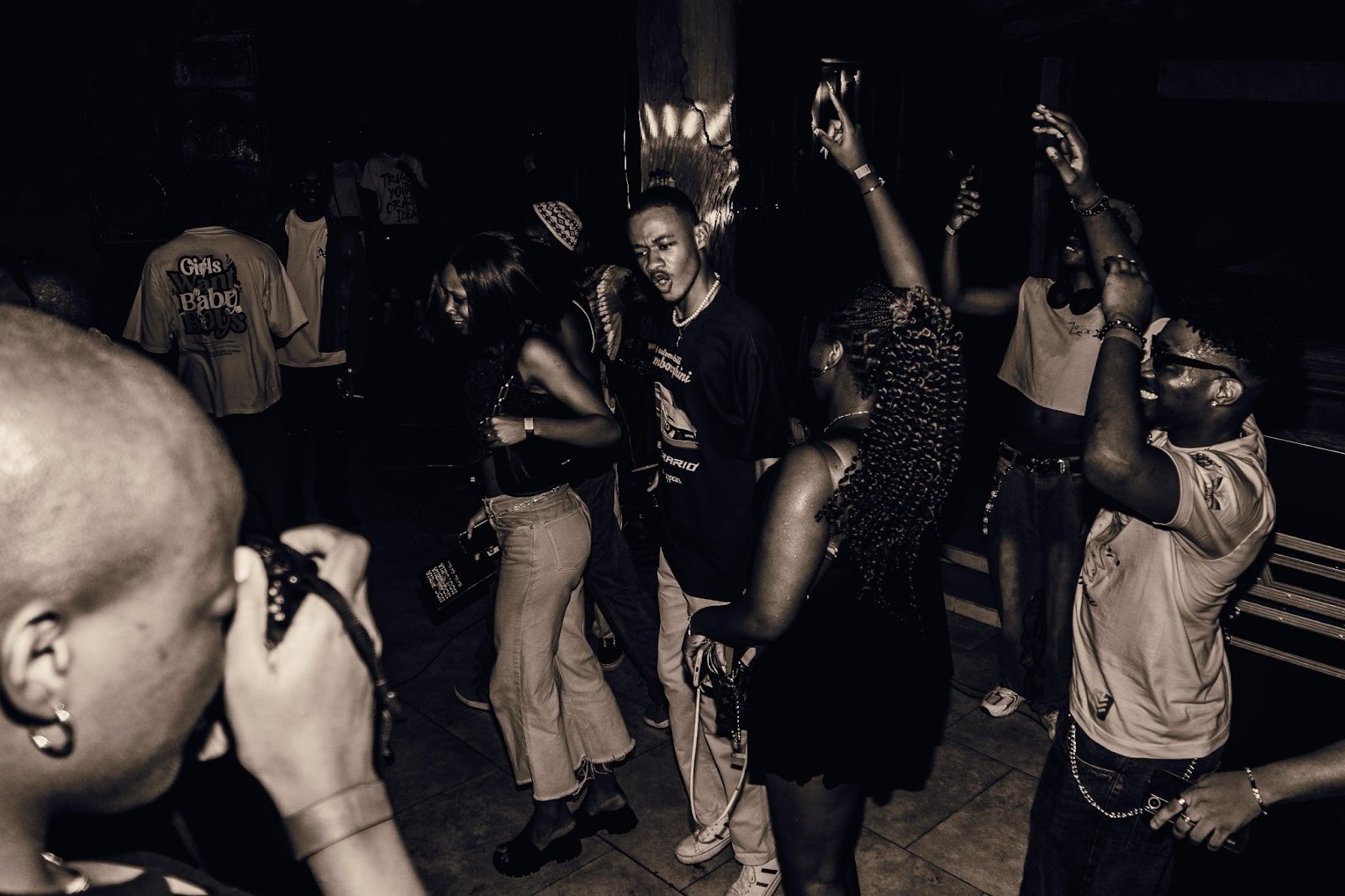
Nocturna Rave was first held in June 2025. Born out of Kufreabasi Eyo’s need for a creative and organisational outlet, the event presented a space for the city’s aesthetes to gather, connect, and lose their inhibitions. But what began as a party with about eighty attendees quickly morphed into a movement that challenged the nightlife status quo.
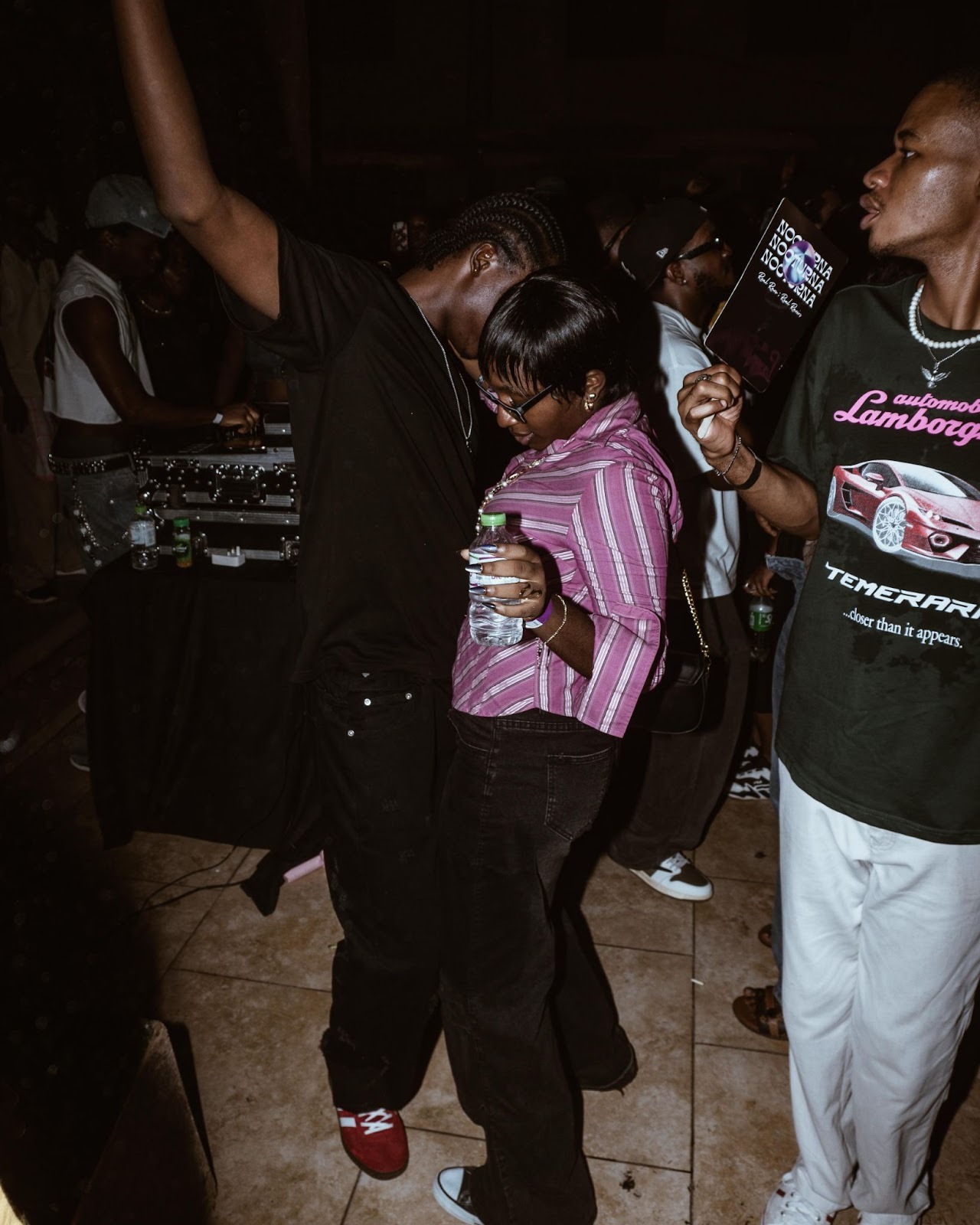
By December, Nocturna Rave 2.0 took place, an edition regarded as a resounding success. Despite competing with several major events, including the Calabar Carnival, the party drew interest, recognition, and hundreds of guests from within and outside the city.
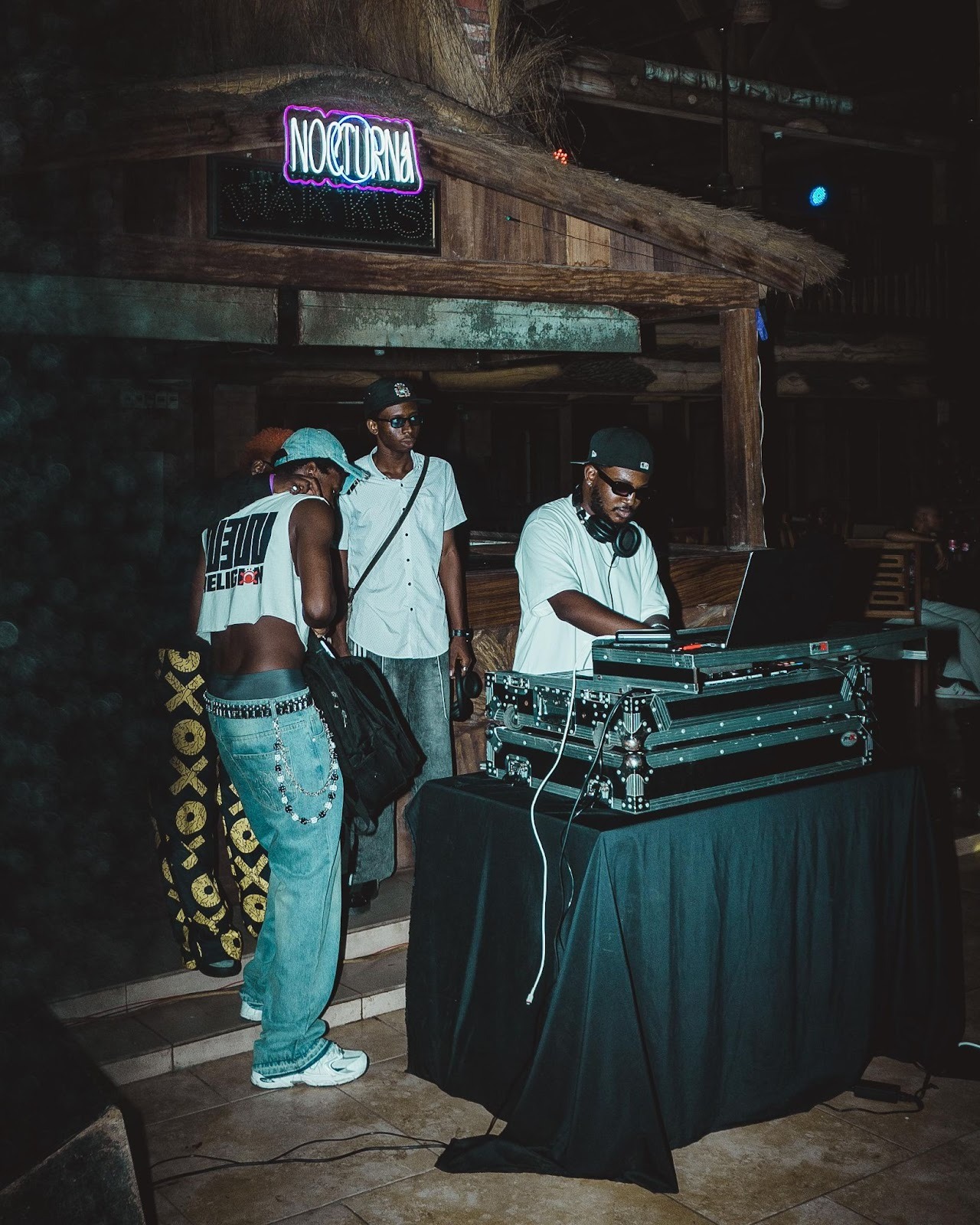
The night opened with Lipe’s Gqom-dominated set, peaked with Coldsound’s crowd-moving afrobeats remixes, and closed with Baby’s energetic spins on old-school, border-breaking hits. The drinks flowed, the mood soared, and the people swayed. But Nocturna Rave 2.0 was more than a night of dancing. It was the culmination of weeks of deliberate audience selection, music curation, and independent experiential production.
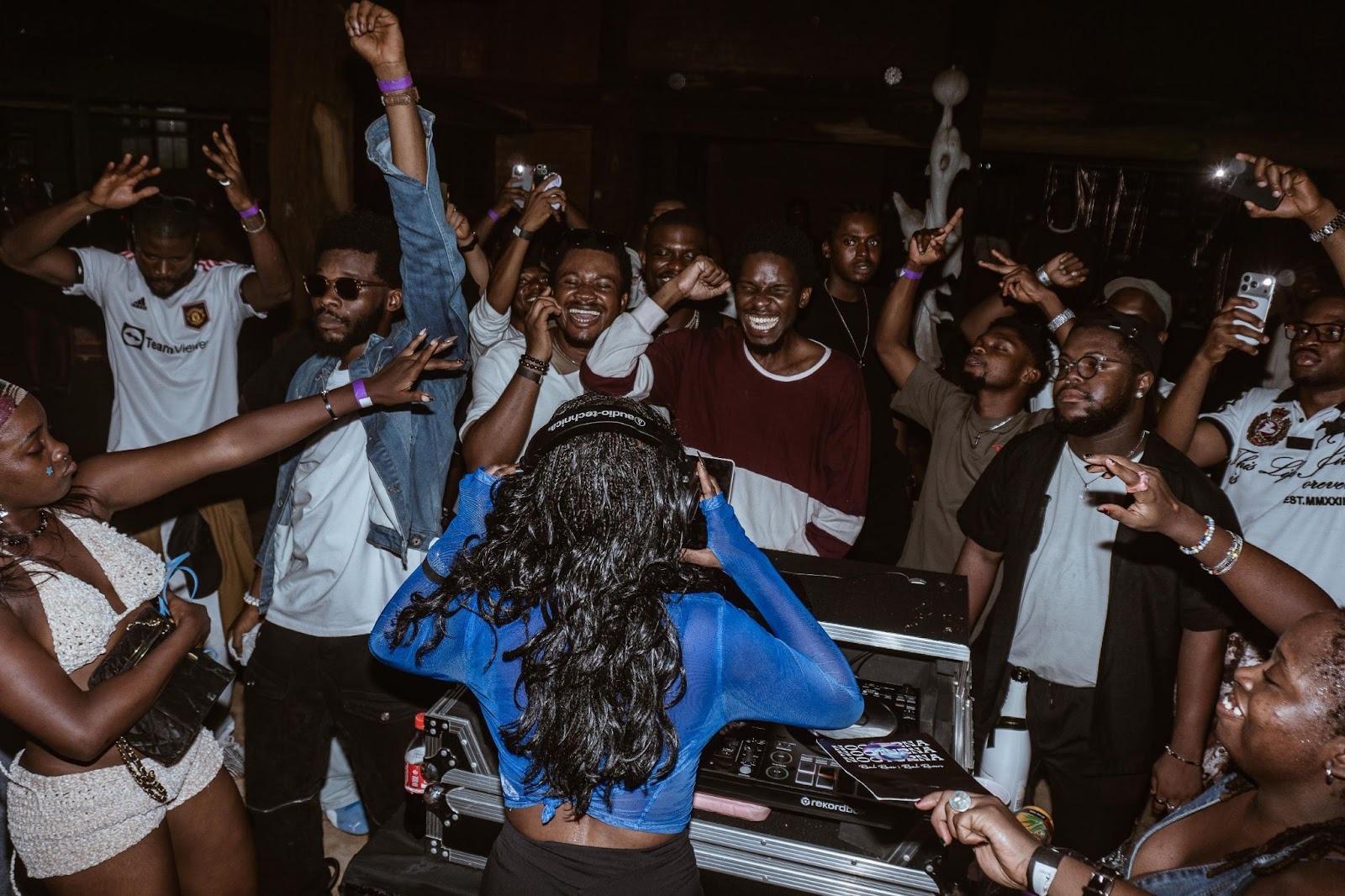
That work began months earlier, in September, when the Nocturna team decided that education and awareness would shape the buildup to the rave. With electronic dance music still unfamiliar to many in Calabar, and raves often conflated with mainstream club nights, the focus was to position the audience within the culture itself. Weekly Spotify jam sessions, social media content centered on raving, and a YouTube channel hosting unedited DJ sets gradually introduced city residents to the sound, ethos, and spirit of electronic music.
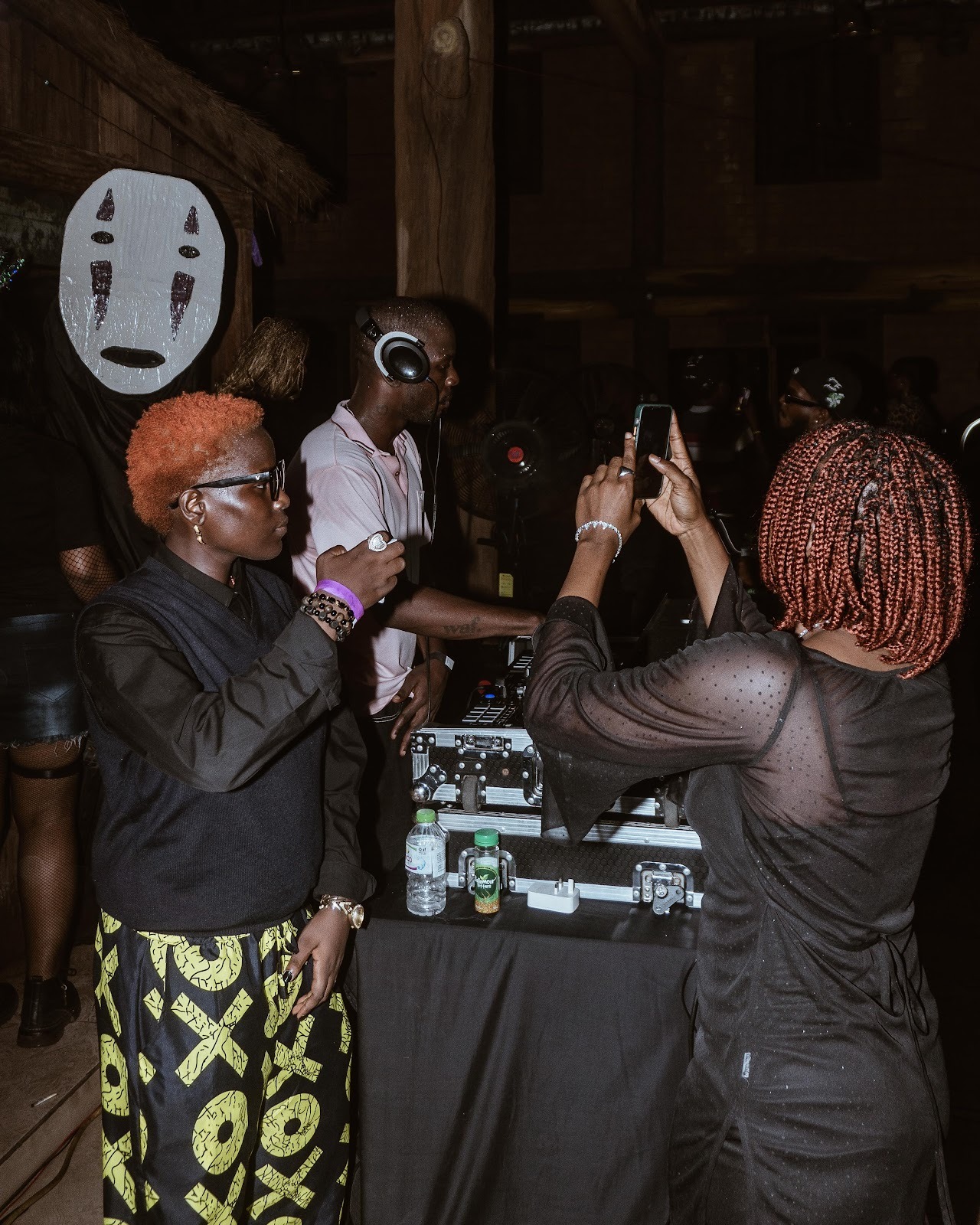
That groundwork began to transform Nocturna’s identity from an event into a dynamic community. As the campaign progressed, it became clear that people wanted to be part of Nocturna, not just attend it. Some offered support as private sponsors; others stepped in as graphic designers, promoters, or assistants. For many creatives, Nocturna became a channel through which they could contribute and be visible. At the first rave, there had been only one EDM DJ in Calabar but by November, that number had grown to three. DJ Venomm, Lipe, and Baby held the scene together at the pre-event Pop Up, marking a subtle but significant expansion of the local electronic music ecosystem.
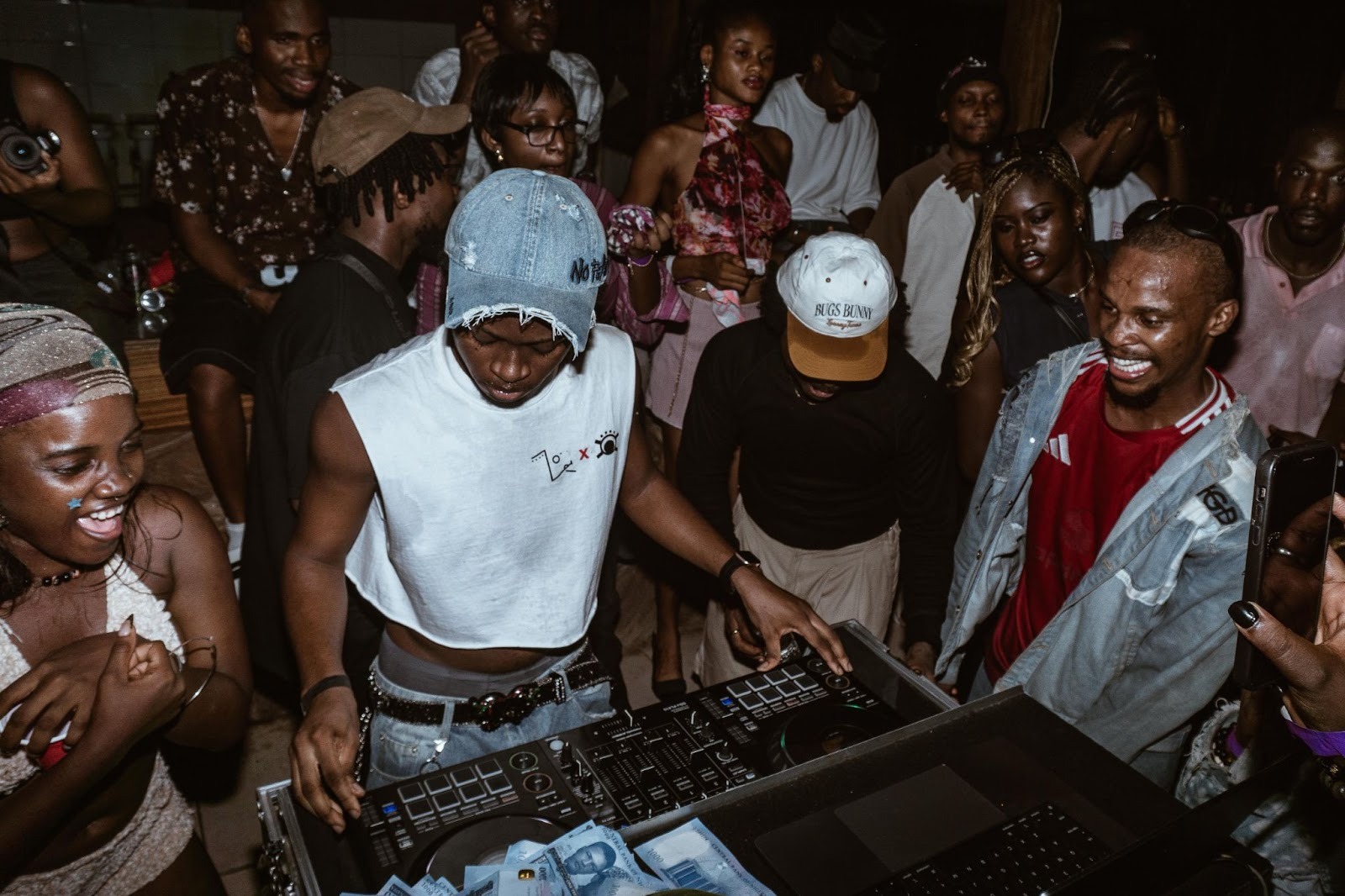
While the community was taking shape on the ground, much of the work behind Nocturna Rave 2.0 was unfolding remotely. Most decisions were made from Lagos, and the bulk of the marketing was digital. In December, Kufreabasi Eyo returned to Calabar to join ground operations. The work became more tactile and urgent—creating video content, conducting sound, electricity, and lighting audits for the largely abandoned but fitting venue, Calabar Wakkis, and finally meeting in person the people she had only engaged with virtually.
It was also the point at which organizational panic peaked. The team navigated internal tensions, including strategy disagreements, tight budgets, and ideas presented with little follow-through. They also dealt with external detractors that threatened the project’s success. Still, the mission remained the same.
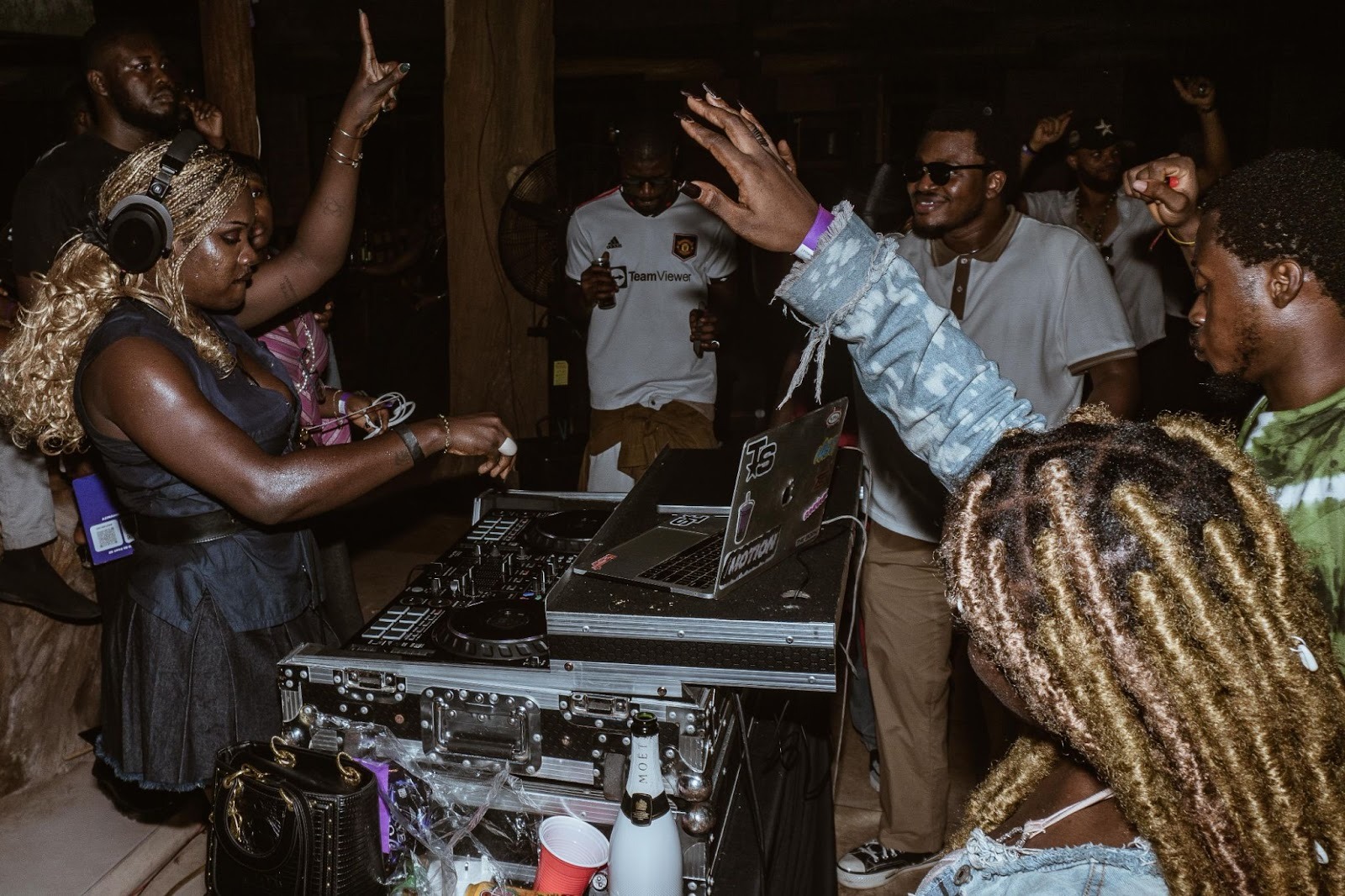
When the night finally arrived, the effort was visible. Even with three power cuts, Nocturna Rave 2.0 was electric. Pasta (Motion) and Stirfry joined from Abuja, Raey and Nacci traveled in from Uyo, and Coldsound returned from Lagos to reconnect with the community he had helped build. The party stretched until dawn and someone even fell asleep on the stairs. Nocturna Rave had achieved its aim. It had brought a bold, immersive experience to the Calabar nightlife scene.
Photo credit: kmiiekpeyong
Ady Suleiman is a 33-year-old British singer-songwriter of Zanzibari descent who seemed to have the brightest future ahead following his debut album ‘Memories.’ However, what was expected to be a steady rise to stardom instead became years of sonic absence. Almost a decade after his first release, Ady returns with his highly anticipated sophomore album ‘Chasing,’ offering an entirely new perspective on the world. This can all be traced back to a trip of a lifetime, namely returning to his roots in Zanzibar and reconnecting with the motherland.
We sat down with Ady to discuss the period of darkness he experienced, and how reconnecting with his family in both Kenya and Zanzibar helped him emerge from turmoil and ultimately inspired his new project.
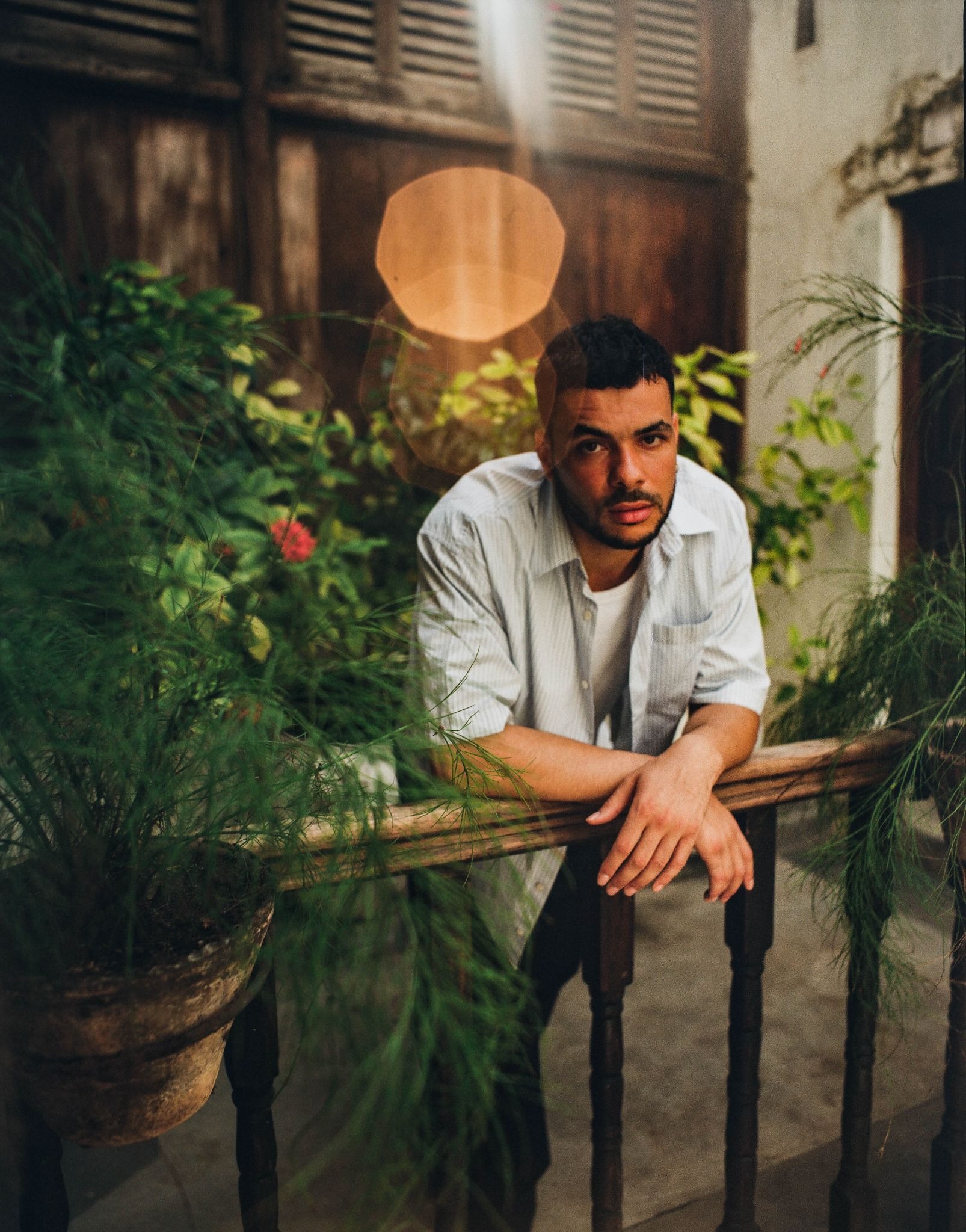
Can you introduce yourself to our audience?
Yes, I’m Ady Suleiman, a singer-songwriter who grew up in Nottingham, UK. I live in London now and I’ve got roots in Zanzibar (From my dad’s side).
Nottingham, interesting. Take us back to your childhood; how would you best describe your upbringing?
It was a really small town on the outskirts of Nottingham. I was a happy child to be fair; I used to skateboard a lot with my friends and I think it was great until you were a teenager around 16. There was always this feeling of getting out of the town, you know when you get to a certain age. Speaking for myself, it is not somewhere I saw myself staying. I knew when I got 18 years old or old enough to leave home, I wanted to go live in a city.
I read that your father was a DJ. Out of curiosity, which artists and sounds were played in your household growing up?
My parents have always been great music lovers. I would say on my dad's side, I really got a lot of Bob Marley. He was a cornerstone for my dad. Due to the fact he was a DJ, he had a massive CD collection, and so any type of music I wanted to listen to, I would go get it from my dad. Every CD of Bob Marley I had at my disposal.
On my mom’s side, she’s British so she grew up listening to the Kinks, Pink Floyd, Rolling Stones, etc… My earliest memories of current music was Alicia Keys, I remember being super fond of her, Eminem, OutKast and 50 Cent. When I really got into music, it was Jimi Hendrix for me because I really wanted to play the guitar. When I discovered there was other music outside of my parents’ collection and the radio, it blew my mind a little bit. That is when I went into my own journey of Jimi Hendrix, Led Zeppelin, B.B. King, etc…
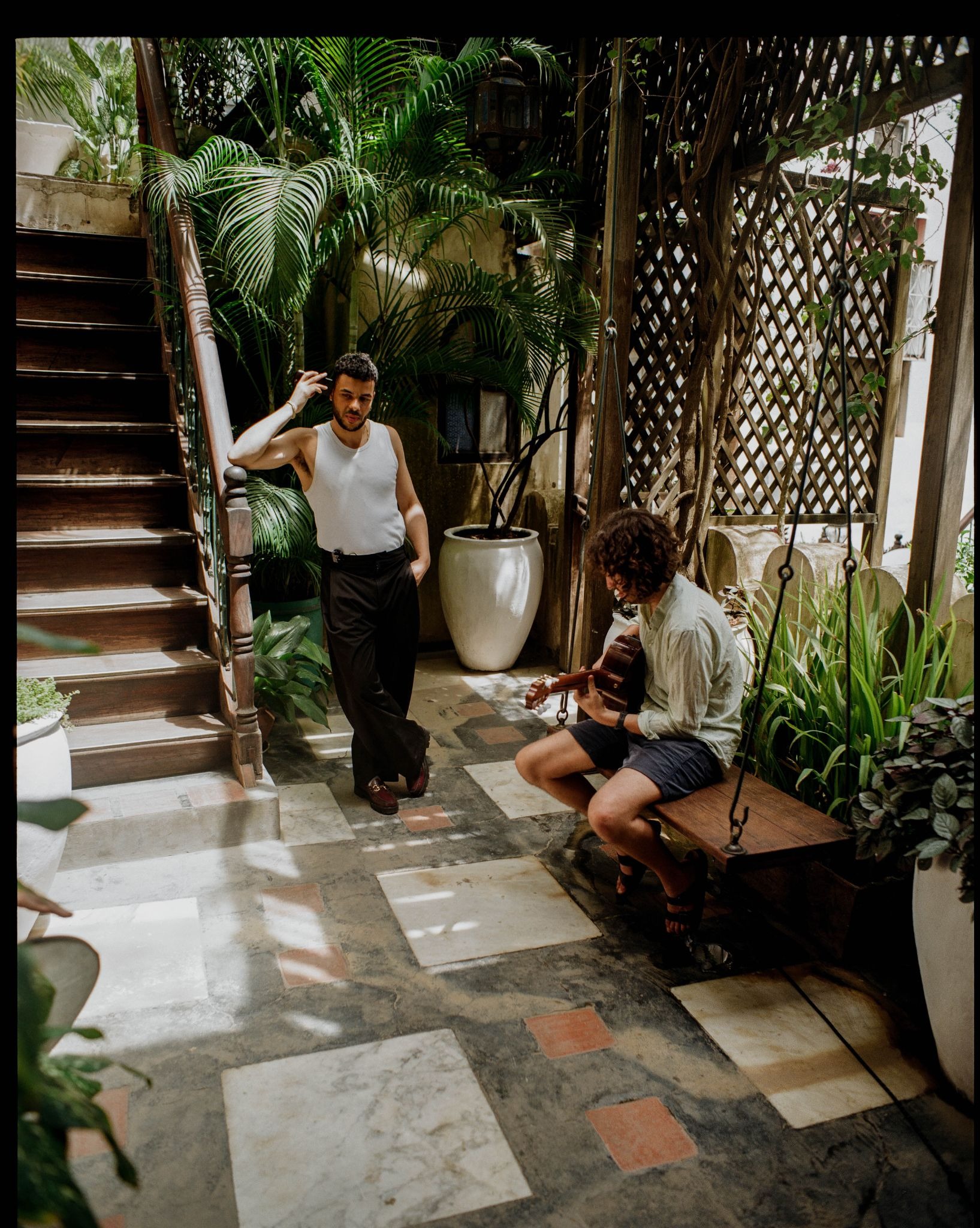
Speaking of earliest memories, I remember being 15 years old, living with my father in Peckham, when the ‘So Lost’ music video came on TV. ‘State of Mind’ was a real bop for me back in 2015! That was my introduction to you. At what point did pursuing music begin to feel tangible for you?
No way! That’s awesome by the way! There were two switches; one was Amy Whinehouse. Seeing her first album being Jazz, Hip-Hop and soul blended together and she had the kind of success that she did, that made me think; “ok cool, you can make the music you actually want to make and still be commercially successful.” Before Amy, I thought you had to ‘sellout.’ I didn’t truly believe it was possible for me until I went to study music in Liverpool.
I think my second year of university, I really took it upon myself; “Now it’s really a good time to try your hardest to make a career out of it.” After this year, I knew I wasn’t going to get a job with a music degree. That’s when I started to do my first gigs as Ady Suleiman. Songs like ‘State of Mind’ were actually the first songs I ever wrote. When I first put out demos, I really got good responses. It got a lot of views for someone who was still unknown. Through that, the industry got a hold of me in a sense that I got messages from publishers, record labels and that solidified my confidence and belief within myself.
It’s crazy to hear that ‘State of Mind’ was one of your first songs ever recorded. Let’s rewind in time; it’s 2018, you were signed to Sony prior, you’re rubbing shoulders with the likes of Labrinth and you just released your debut album ‘Memories,’ where was your mindset during that period?
When it was out, I felt relieved because keeping it a buck, I wanted this record out before. I would have liked it to be released in 2015 or 2016. I think I signed my first deal in 2014 and so, I knew it was going to take a couple of years to produce the songs. Just because I didn’t feel like I got a hundred percent right with Sony; they were great, we just had different ideas on how to skin the cat, so to speak. I left the label which delayed the project coming out and I had to find new partners.
Your debut is a big deal. Some of my favourite records of artists’ debut albums are like ‘The Miseducation of Lauryn Hill,’ ‘Brown Sugar,’ ‘Frank’ . The nerves of knowing that this is my debut, I wanted to get it right.
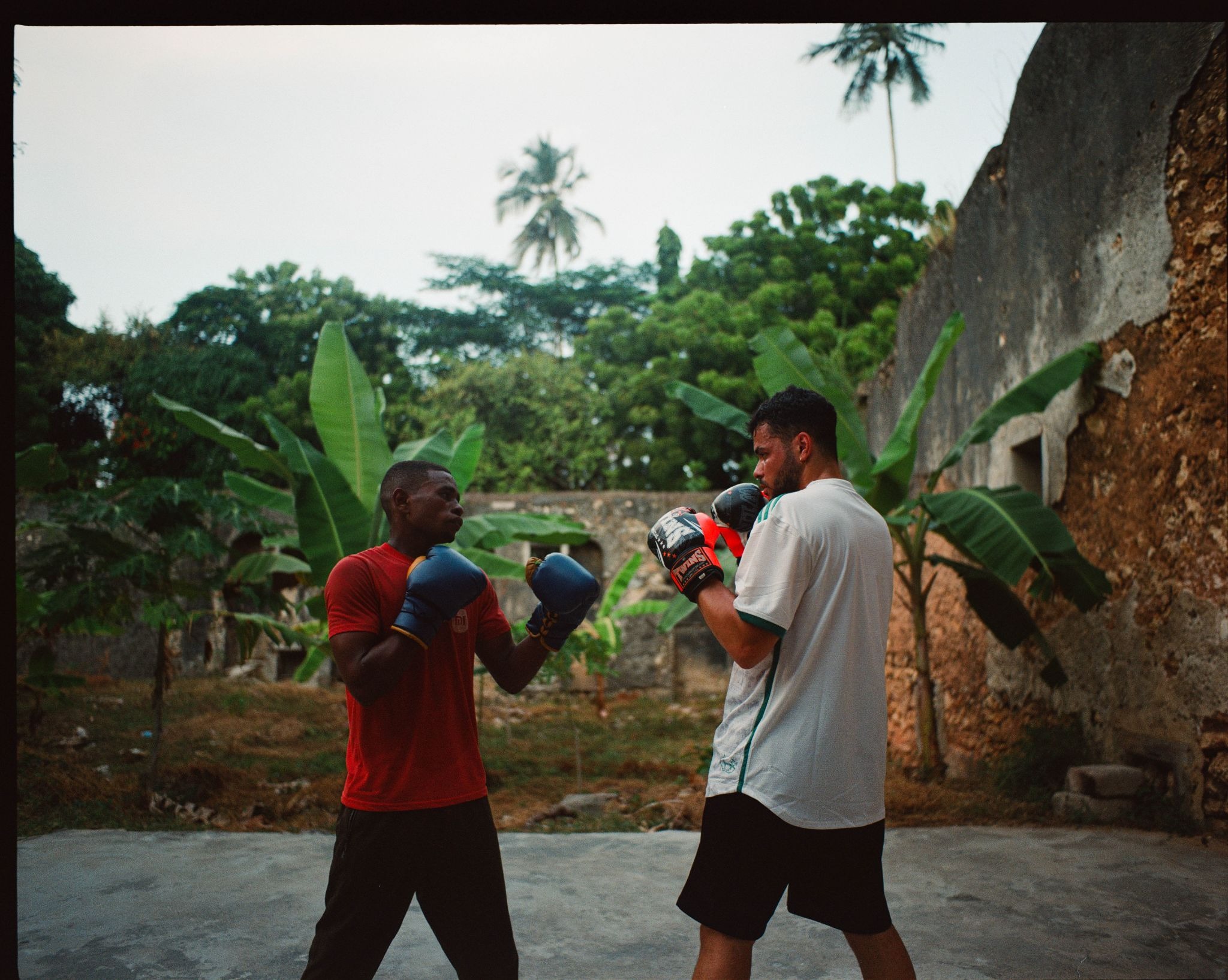
Similarly to all of the greats (You mentioned Lauryn Hill and D’Angelo), there’s a saying; “when we need our heroes most, they disappear.” Suddenly, there’s almost a decade of sonic absence. You released a few EPs here and there but there’s a noticeable shift. What happened?
Oh man, I wish I had a miseducation and then, I could disappear forever [laugh]. To be honest, it was a creative decision. I find it quite difficult to create and be ‘on.’ We live in a world where you have to share so much of your creative process and behind the scenes. There’s a huge demand to put out music quickly. I write the songs all myself, I am involved in the production and so, my music always takes some time. I always preferred making music away from noise.
I have gigged my debut record since the beginning of my career. I remember feeling like I brought myself up into a space I had the resources to go away and create. I wanted to disappear, I wanted to be offline for like 2 years, not do gigs and tap back into who I am as an artist and really do something special. Then, come back with a new set, new music, yeah that was my plan.
Little did I know that we would get on lockdown. The pandemic took 2 years of everyone’s lives. I work with live instruments and so, that had an impact on me. To be completely honest, it also has an effect on my mental state. What I didn’t anticipate missing was the gigs. When you get on tour, you have such live feedback from your audience and supporters, and it gives you a lift and the confidence to keep doing what you’re doing. In those 2 years, I didn’t have that. The longer it went on and the less interaction I had with my audience, the self-doubt grew. It amplified my fears.
Keeping it a buck, I also went through financial troubles because I’m independent and how can I fund my studio sessions if I’m not on tour or doing any gigs? You know, the pandemic wasn't great for a lot of musicians. I wasn’t making much in music so I had to find work. Something that was supposed to be an intentional 2-year break dragged on for 4 or 5 years. It was really tough.
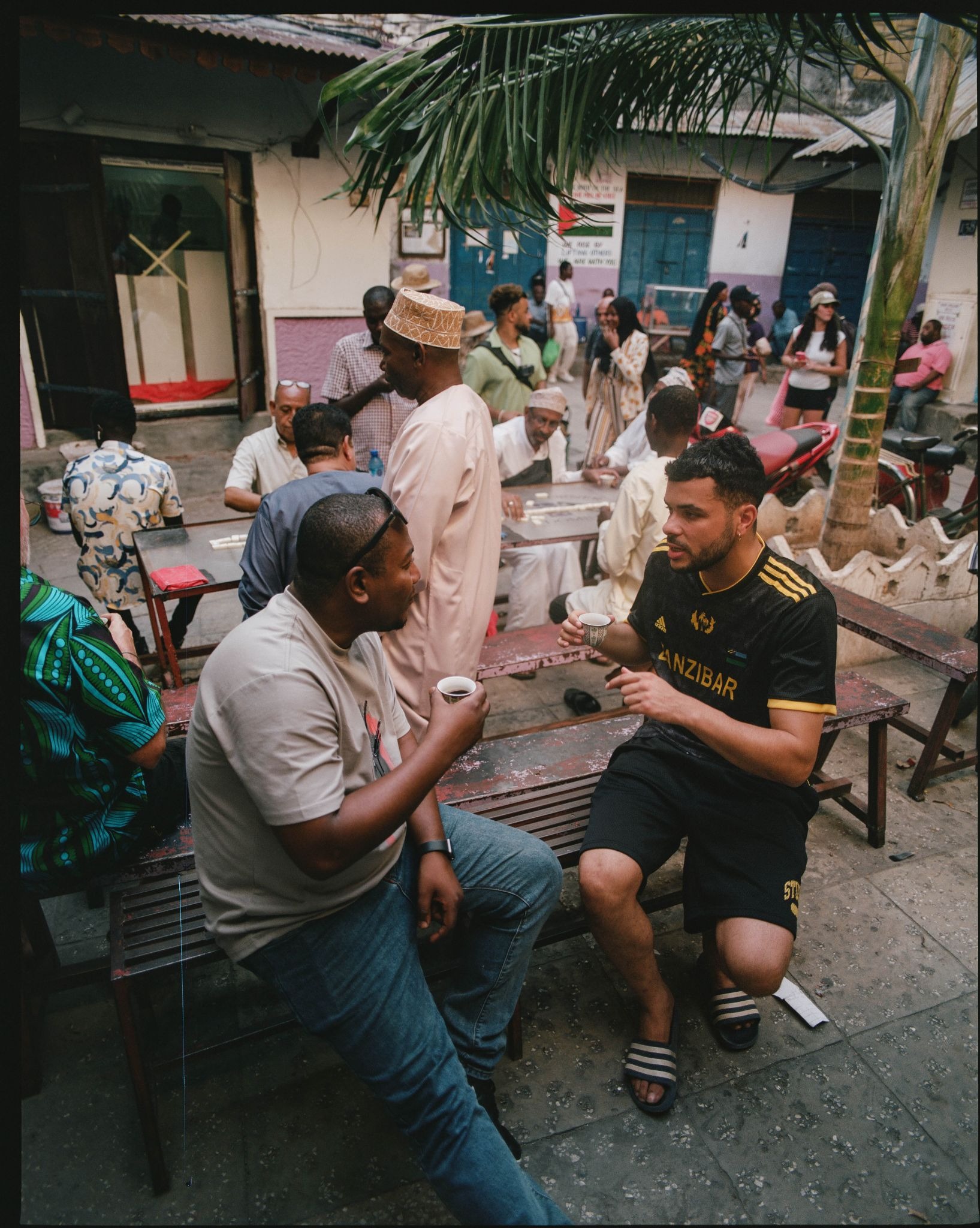
I really appreciate your honesty and you being vulnerable. On a lighter note, let’s talk about the trip that played a foundation in this new project ‘Chasing’ and ultimately changed your life; what persuaded you to travel to your fatherland?
This trip really changed everything for me if I’m being honest. In the pandemic, my father made contact again with the Kenyan side of the family. My great great-grandma was still alive at this point and I remember seeing an image of her in Mombasa and I was just thinking; “I need to go visit her.” I never met her, my first cousins and uncle in Kenya before in my life. I met my Zanzibar side, but not the Kenyan one.
Over the pandemic, you just thought a lot of people lost their lives and especially older people. My great grandma is still alive in Kenya, I need to go meet her because I’m going to regret it if I don’t. Since my dad had reached out and made contact with that side of the family again, I have to take this opportunity. As soon as the restrictions were lifted, I booked a flight to Kenya, Mombasa to see my Kenyan family and then, my Zanzibar family as well. This is because it has been 16 years since I was last in that part of the world.
I just can’t put into words what that felt like. Meeting so close relatives to you in Kenya and haven’t not met them my entire life. I felt ashamed to be honest and a bit embarrassed. They were so lovely. It was supposed to be a two week trip and I just stayed there in Zanzibar for 3 months until I ran out of my visa and had to leave. For my identity as well, it was really aligning. Growing up in this country, especially in a small town, I wouldn’t call it an identity crisis but it was to get back in touch with my blackness.You know, going to East Africa and reconnecting with my roots. I credit that trip to a lot really.
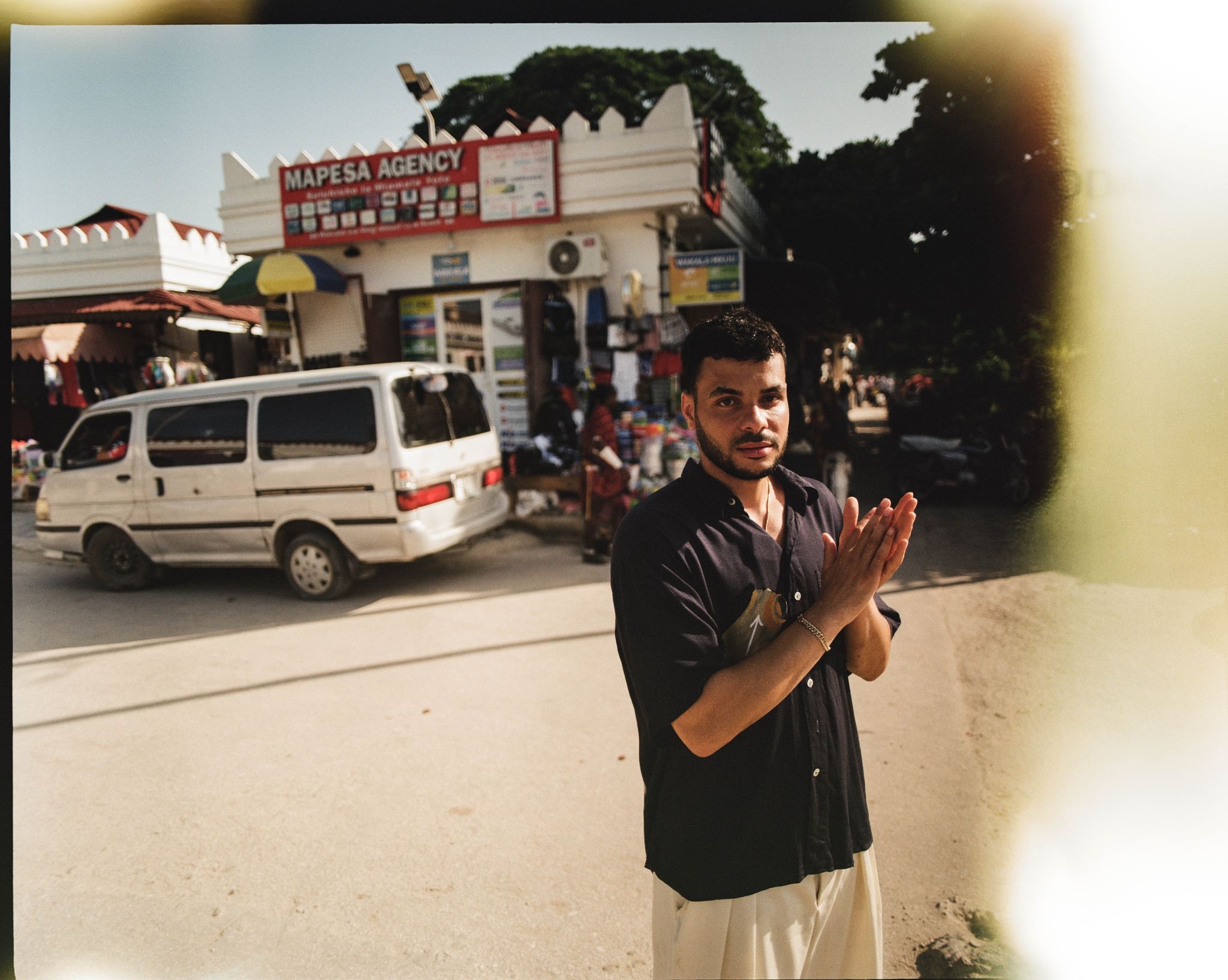
Most people know about Zanzibar for its white beaches; but a few know about its pain embedded in its history. Even today, there’s still part of my own Swahili ancestry that I am uncovering. What can you tell us about the region and your connection to it?
The main thing I’ve learned is the kind of confidence in the way people attack the day, the way they deal with hardship. My family outlook came from a positive place. To be fair, they live day to day. They make most of each day. That’s the main thing that I took away from it. I’m getting so stressed with stuff I don’t really need to be stressed about. I need to be more grateful. That’s the one thing I will take away.
I didn’t do a lot of historical trips since I was mainly with my family. I actually need to learn more about Zanzibar’s history. The island is known for its spice and it used to be a trading port. There’s a lot of Arabic influence since it is on the Coast. The country is 99% muslim and I grew up muslim so it was great to touch back with my faith. I really need the history of both Kenya and Zanzibar to be honest.
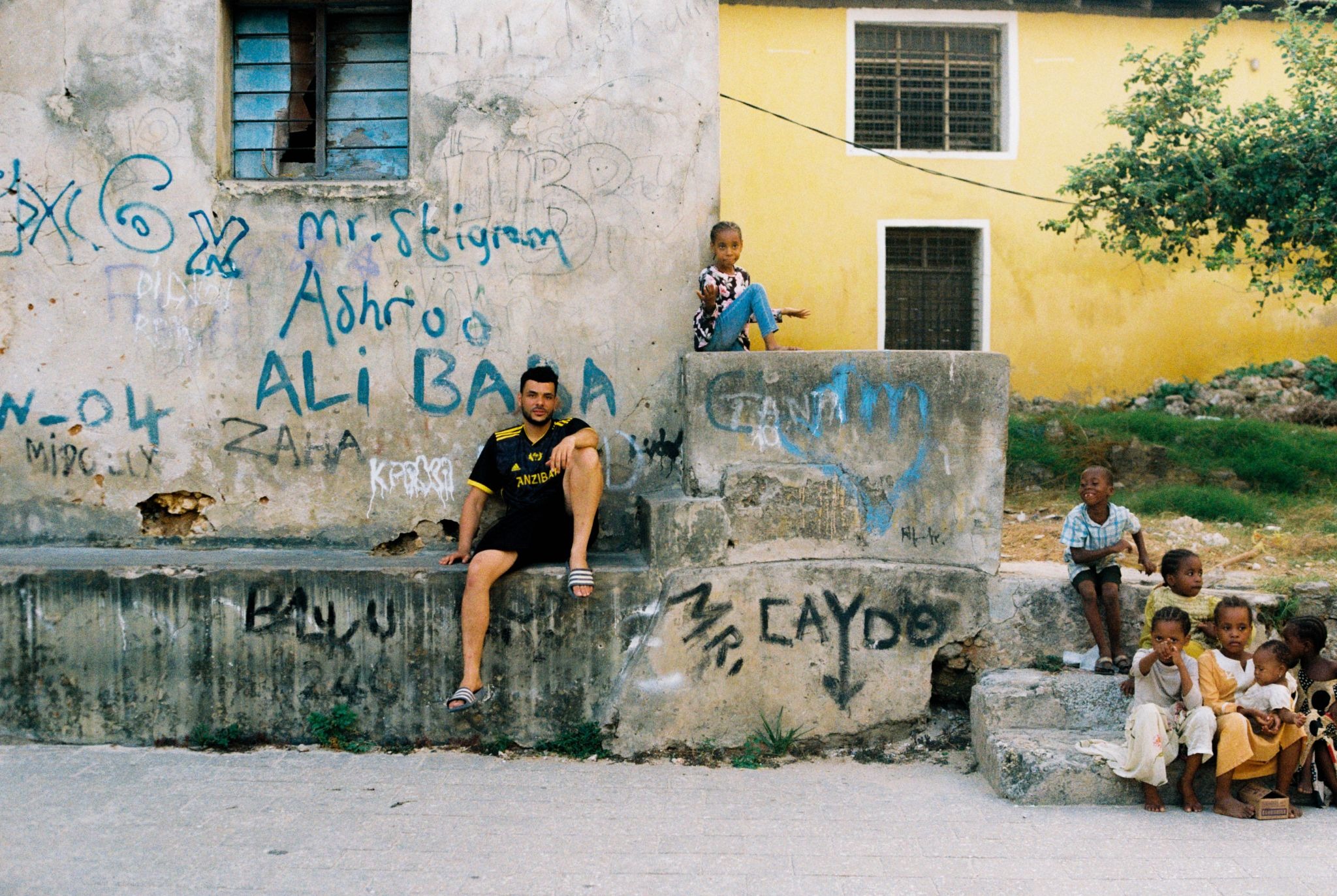
Ok, fair enough. A portion of your album was also recorded in Zanzibar, what was the process like?
When I left to go to East Africa, it wasn’t really in my mind to record it was to reconnect with family and my roots. However, because of how I felt when I got there, especially in Zanzibar, honestly I didn’t want to leave. So I came back to the UK and then, went back again at the end of the year. I flew my producer out there and he came and stayed with me for a couple of weeks. I just really felt like we will pull this record together in Zanzibar. I don’t know how to describe it but it was a space where I was able to reflect. It was a refuge to put everything together. At least half of the album was recorded there. Since that trip, I’ve been going back every year for at least 3 months. I’m super grateful for that time.
Personally, some of my favourite tracks on the album were ‘Brother’ and ‘Trouble’. What is something you would like for listeners to take away from this project?
Naturally, I share stuff, sometimes to my own detriment. I do it so that I can be seen as fully who I am as a person, in the hopes that you make connections with other people that feel the same or experience something similar to you. I think when you have a common ground, one is so that you don’t feel alone but also, it is easy to find your tribe and your own people. That’s my earliest memory when I wrote a song like ‘State of Mind,’ I thought like somebody else must feel like this too. All I want is for people to feel something.
Just when we had started to put the idea of major music project releases to rest—a few weeks before the end of last year—Wizkid and Asake, two of the most exciting acts this year, announced a joint tape set for release later this month. “Special announcement,” Wizkid bellowed, in the early hours of Friday morning last week during his appearance at the Apple Music Radio Takeover, wearing a dark sweater and oval-shaped sunglasses. “2025, Mr Money-Big Wiz project. And it drops this December,” he continued. At which point, Asake, wearing a dark t-shirt and a svelte chain, began to intersperse Wizkid’s address with encouraging quips: “Oh yes!” “Olorun!” “On God!”
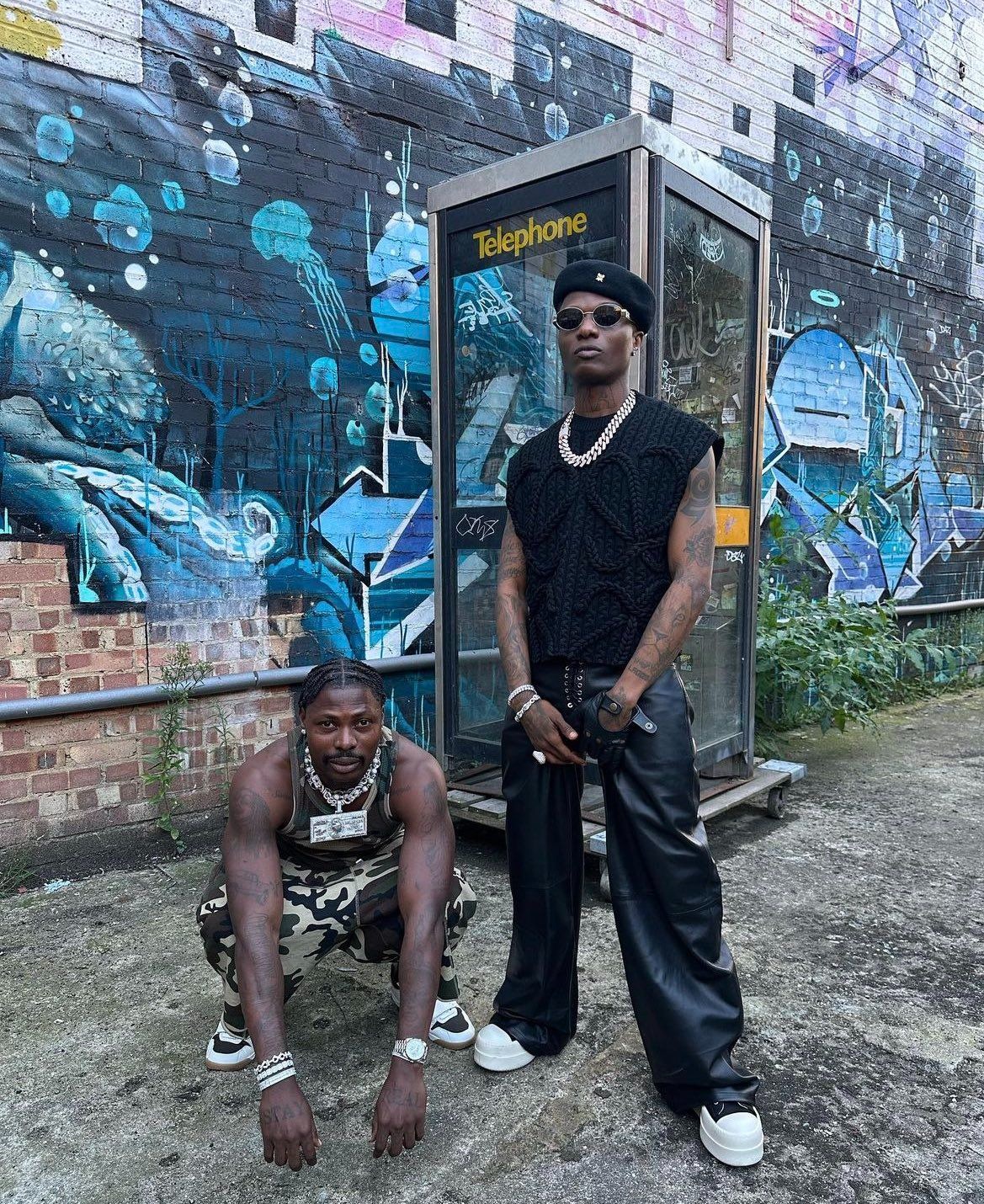
While this announcement took us all by surprise, in a sense, it seems only fitting. Both acts delivered an impressive year through a mix of high-impact musical collaborations and statement-making performances, including celebrated orchestral concerts in the US. This seemed to foreshadow new music, a project of sorts, which never quite materialized. In the case of Asake, anticipation for his project reached a fever pitch around the third quarter of this year. By then, he had relentlessly teased an album tentatively titled M$NEY through countless snippets and aesthetic revamps. With each new look—his scruffy era, his military garb era, his slicked blue hair era, his low cut era, his bald era, his corporate fit era—fans, well accustomed to guessing games celebrities often enact with their fans, would predict the imminence of the album, which would ultimately fail to materialize.
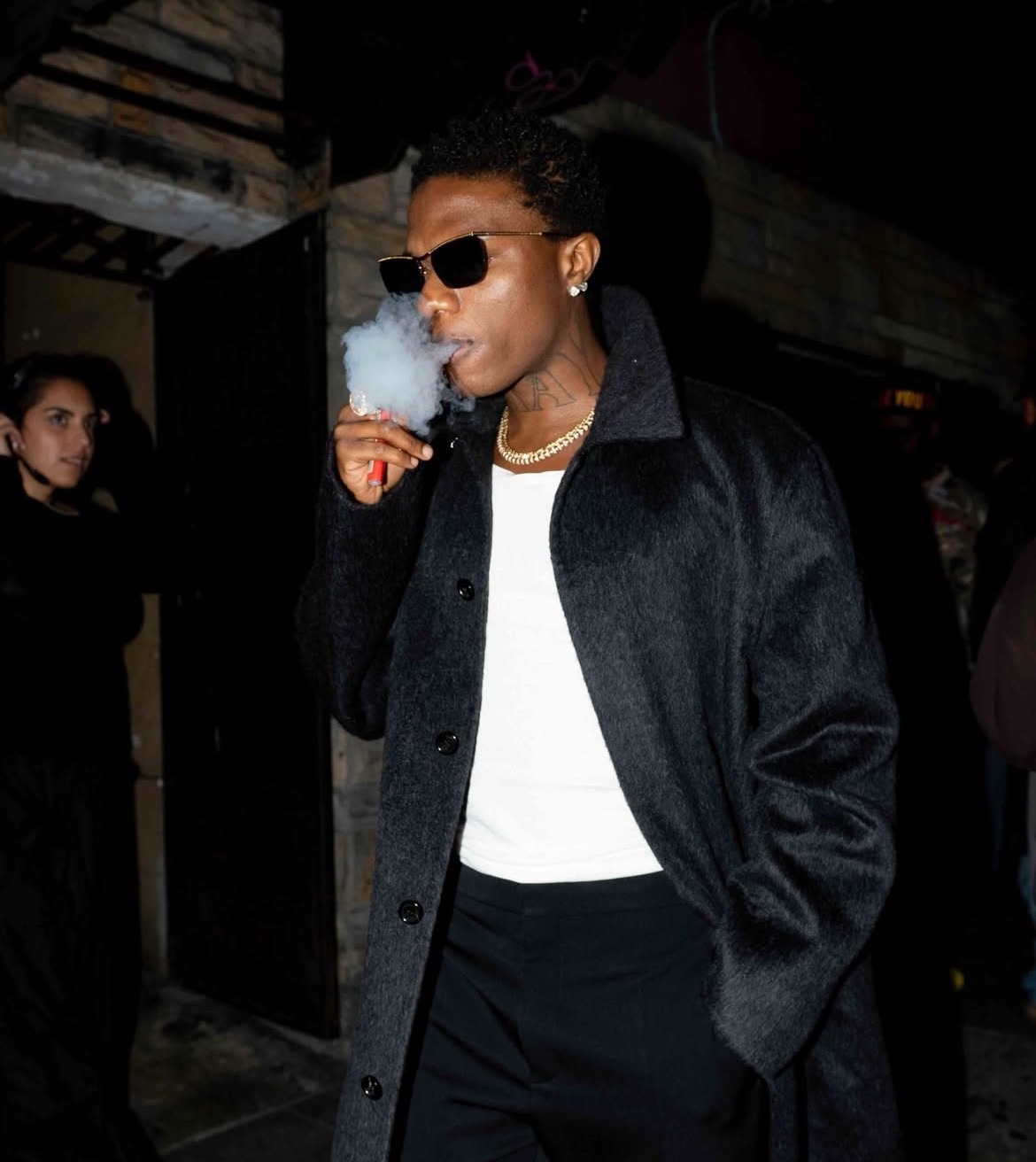
December came and went without this project surfacing. Details on this new project remain sparse. All we have to speculate is the title: Real; and a new estimated timeline for release—sometime within the first quarter of this year, according to industry whispers. I however would advise against taking this as face value, Wizkid is notorious for making glib promises only to either deliver on them later than expected or throw them out the window. I still recall him, on the O2 stage during his 2021 performance with Burna Boy, promising to release B.D’OR at exactly midnight—the song dropped weeks after.
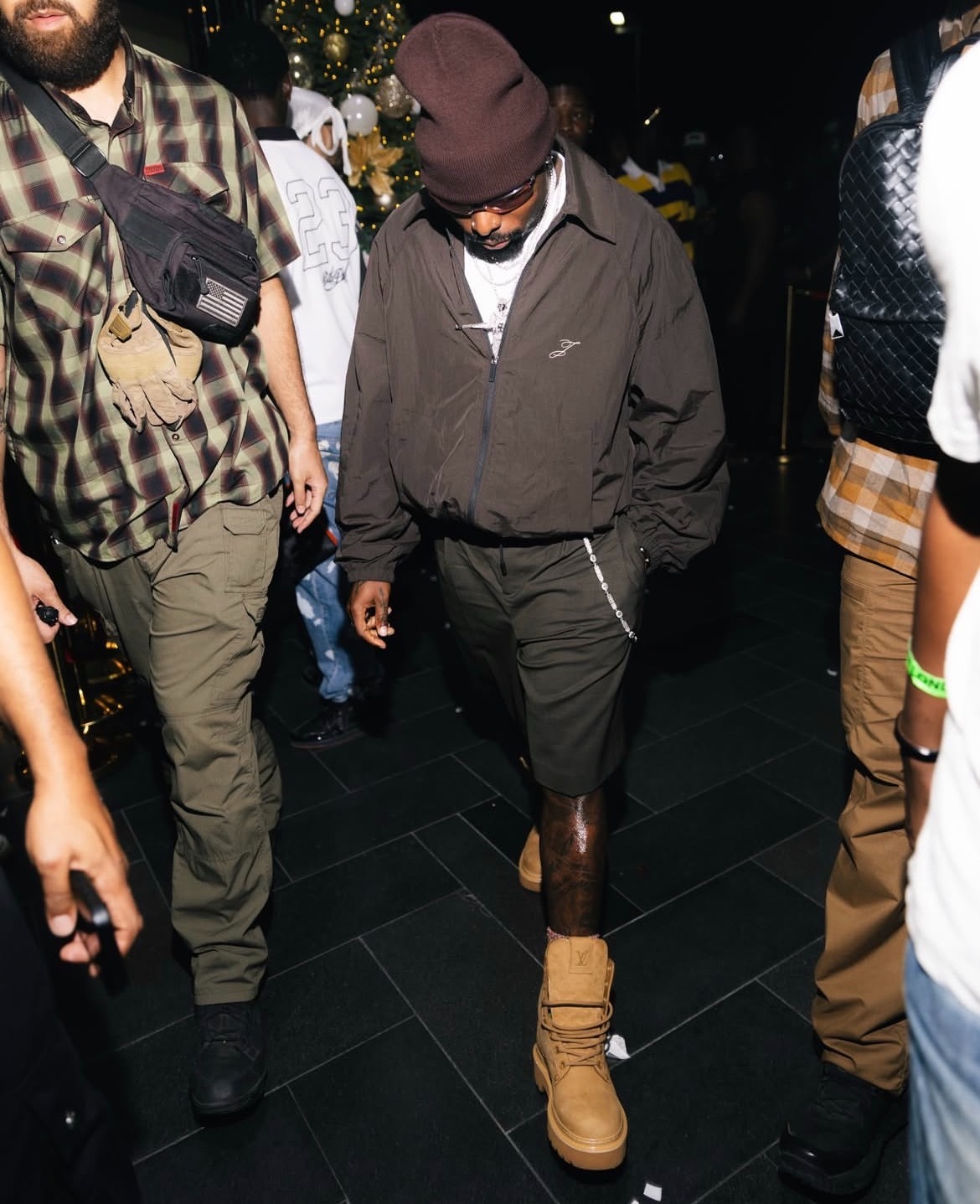
His magnum opus, Made in Lagos, arrived years after it was promised (thankfully, it was worth the wait.) There’s also his grand promise, after a Lagos performance in 2023, that fans would no longer have to pay to see him in Lagos. “With the kind of love you guys show me, it’s very unfair for me to do shows around the world and still make you guys pay to watch me perform. I want to make a promise tonight, this is the last time you’re ever going to pay to come to a Wizkid show.” This December, he performed at the Tafawa Balewa Stadium, with some regular tickets costing as high as 150 thousand Naira. The collaborative project and tour he announced with Davido in 2023, will probably never materialize given the increasingly strained relationship between the Afrobeats stars. There’s however good reason to believe that Asake and Wizkid’s joint tape will make it out of their hard drives: the duo have not just offered promises, they have begun a marketing campaign, starting with their Apple Music Radio Takeover appearance, to drum up anticipation for Real.
It’s unclear what format Wizkid and Asake’s imminent project will take, if it does indeed drop. An album, however, seems unlikely. Going by Wizkid’s proclivity for EPs that punctuate periods between his albums, Real will most likely be an EP, one replete with bangers given that it was initially scheduled to drop during the festive season. And if their previous collaborations—MMS, Bad Girl, and Getting Paid—anything to go by Real could wind up as one of the projects that will set the tone for 2026, which is already looking like an interesting year for music.
In the past few years, as podcasts have proliferated and embedded themselves in the fabric of culture, they've paradoxically become a punchline. Spend enough time on social media and you'll stumble upon exasperated harangues by people claiming society has had enough of podcasts. Spend some more time and perhaps you'll stumble into the corner of the internet where male podcasters are regarded as walking, breathing red flags. In this precinct of social media, while female podcasters aren't quite held with the same level of contempt, they're also treated with suspicion. The opening sentence of an essay by Naomi Ezenwa for Culture Custodian titled The Great Decline of Meaningful Conversation in Nigeria’s Media Space adequately captures the consensus on podcasts in this part of the world: “Everyone has a podcast—or is about to launch one. From living rooms to YouTube studios, microphones are plugged in, ring lights are on, and conversations are being recorded at a dizzying pace.”
More insightful is the second paragraph, in which she takes on the question of whether the explosion in podcast popularity reflects increased consumption of the form. “As Nigeria’s talk media continues to grow, we must ask: is anyone actually listening, or is everybody just talking?” She writes. Spotify’s Top Podcast list, one of the many dispatches the company released last December to mark the end of the year, adds an interesting dimension to the conversation. The top five podcasts in Nigeria are: Apostle Femi Lazarus, Apostle Joshua Selman, I Said What I Said, The HonestBunch Podcast, and The Oyedepo Podcast. The obvious throughline is that a critical mass of podcasts here are faith-based. This becomes clearer when one glimpses the top ten podcasts, seven of which are faith-based. This observation has already begun to stir an array of conversations, everything from the outsized power religious figures wield over the country, to the dichotomy between the religious fervor that pulses through the country and our dysfunctional society.
The more salient and surprising observation however is that the seven putative faith-based podcasts on the list are in fact not really podcasts. As one of the more freewheeling media, there's hardly a single definition of what makes a podcast. Podcasts however share a few things in common. They tend to favour a conversational tone and are episodic. The archetypal podcast typically has anywhere between a single host and a small cohort who dispatch opinions or narratives into a microphone. Podcasts are typically built around the hosts, whose personalities, made manifest through podcast episodes, drive audience loyalty and shape the show’s sensibility. By contrast, the faith-based podcasts on the list are simply recordings of church services, lacking the conversational style or narrative structure that defines typical podcasts.
“Well, that still leaves three true podcasts in the top ten,” one might conclude. Except that in number 10 is a nondescript account that posts scraps and snippets of the wildly controversial internet personality Geh Geh, culled from all corners of the internet. Many of the episodes sound grainy and their runtimes range between two and eighteen minutes. Even more bizarre are the episode titles, which include: Four Signs Your Girlfriend is Into Hookup, Davido album is the Best in 2025, and You’re a Celebrity. This leaves I Said What I Said and The Honest Bunch Podcast, which sit at numbers 5 and 6 of the top ten list respectively, as the true podcasts in the top ten list.
While Spotify doesn’t release quantitative data on podcasts to the public—monthly listeners, streaming numbers—the paucity of true podcasts on Spotify’s Top Podcasts list suggests that despite the seeming ubiquity of the medium, podcast consumption in Nigeria remains low. One rebuttal to this assertion is that the overwhelming presence of Christian podcasts on Nigeria’s top podcast list is simply a function of Nigeria’s huge Christian population. This theory however falls apart once one looks to Kenya, which, despite a Christian population of roughly 85-90 percent of its total population (nearly double the percentage of Christians in Nigeria) has in its top Spotify podcast list a healthy mix of podcasts from genres as varied as romance, self-development, and comedy. In South Africa, a country whose Christian population makes up 80-84 percent of its population, a similar dynamic is at play. With podcasts like Trevor Noah’s What Now, Podcast and Chill with MacG, and True Crime South Africa in its top Spotify podcasts list, the nation displays a strong and healthy level of podcast consumption.
Having established that despite the seeming ubiquity of podcasts in Nigeria, podcast consumption remains pitifully low. The question then becomes what the reason is for this dynamic. I suspect the problem is two-fold. On one hand, Nigerians haven’t yet adequately taken to the medium of podcasting. Winding down after a day of work or simply passing time by listening to a podcast are not widespread activities, especially considering our level of internet penetration which most studies place at around 50% of the population. A lot of work is still required to adequately sensitize Nigerians to the medium. This could take the form of targeted marketing campaigns, strategic partnerships with telcos to subsidize data for audio streaming, or even community-driven listening initiatives that demystify podcasts as a “niche” pastime.
On the other hand, the ecosystem itself has not matured enough to sustain widespread adoption. Discoverability remains poor, monetization pathways are uncertain, and creators often struggle to maintain consistency without institutional support. Until key players develop clearer infrastructures, such as platform-backed curation, local investment, and stable revenue models, the average Nigerian consumer is unlikely to see podcasting as an essential part of their media diet.
Still, this obscures the larger and more trenchant problem, which is that the vast majority of podcasts are focused on co-opting viral conversation topics and trends as opposed to cultivating any real sense of thematic identity or providing value to listeners. What emerges, then, is a glut of interchangeable shows, each chasing the same headlines, recycling the same talking points, and offering little that feels durable or necessary. In a media landscape saturated with familiar clattering, audiences have little incentive to commit their time to content that feels ephemeral, derivative, or totally unmoored from a coherent perspective.
There’s something telling about how an artist chooses to close a year.
Ara The Jay didn’t just stage his second annual end of year concert, NIMO LIVE; he made a statement. His live performance on December 20, 2025, at Alliance Française felt like a marker in motion, a moment that solidified his growth as a performer while pointing firmly toward what comes next.
From the moment Ara walked on stage, there was a calm confidence in how he carried himself, someone fully comfortable in his space. He didn’t need to prove anything, and that, strangely, became the point. The way he moved, the way he interacted with the crowd, was enticing to say the least.
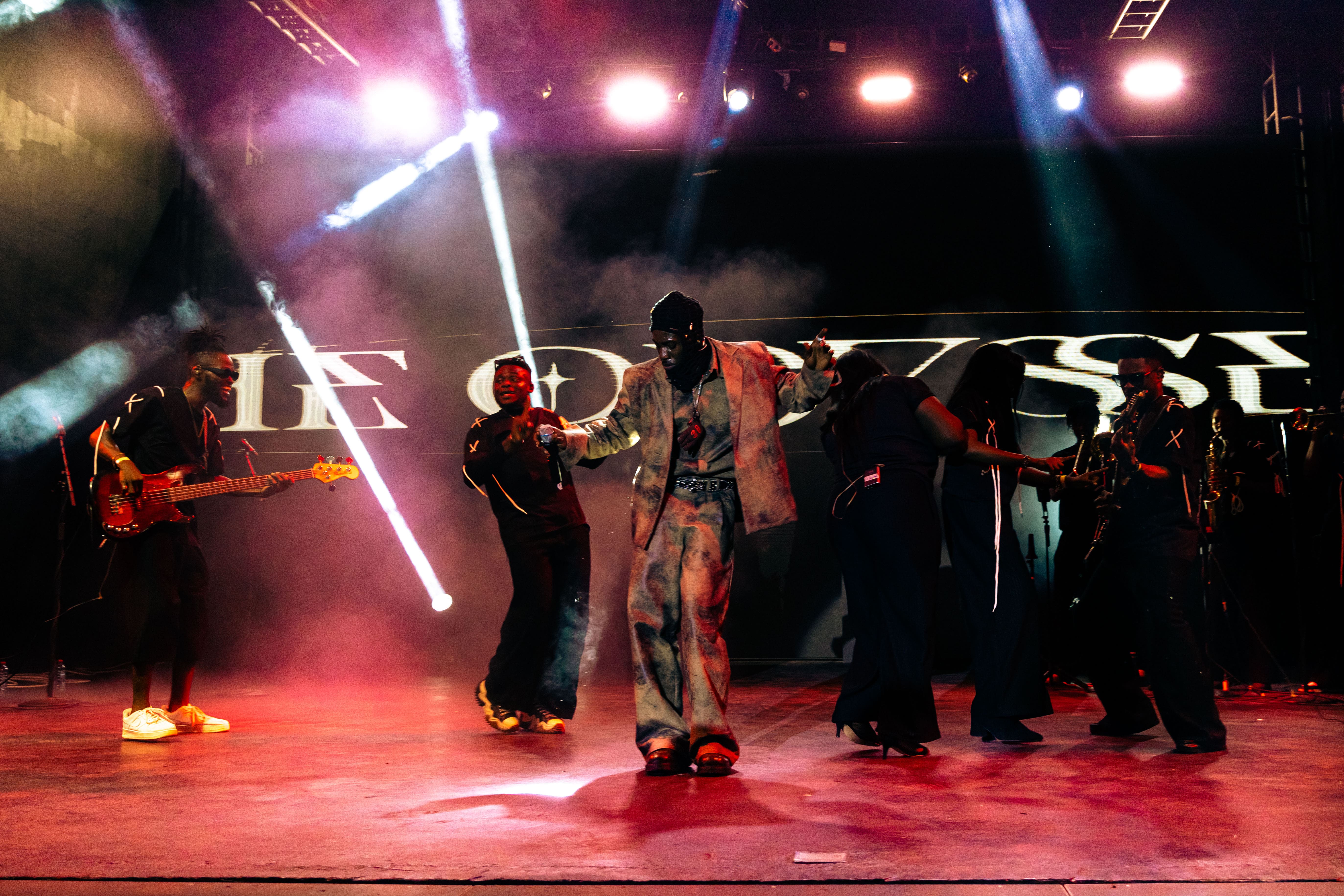
This wasn’t just about running through songs from The Odyssey, his latest album. It was about how those songs have grown in a live setting. By the time the third set rolled in, a full run of Ara’s own records backed by a live band, the room felt locked in. You could hear it in the sing-alongs and see it in the way people leaned forward instead of reaching for their phones. The band added weight and warmth, letting familiar records breathe in new ways.
The guest moments were thoughtfully placed. M.anifest and KiDi brought different textures to the stage, but nothing felt like a distraction. When newer voices like 99 Phaces and Ess Thee Legend performed, it felt like a real community rather than co-signing.
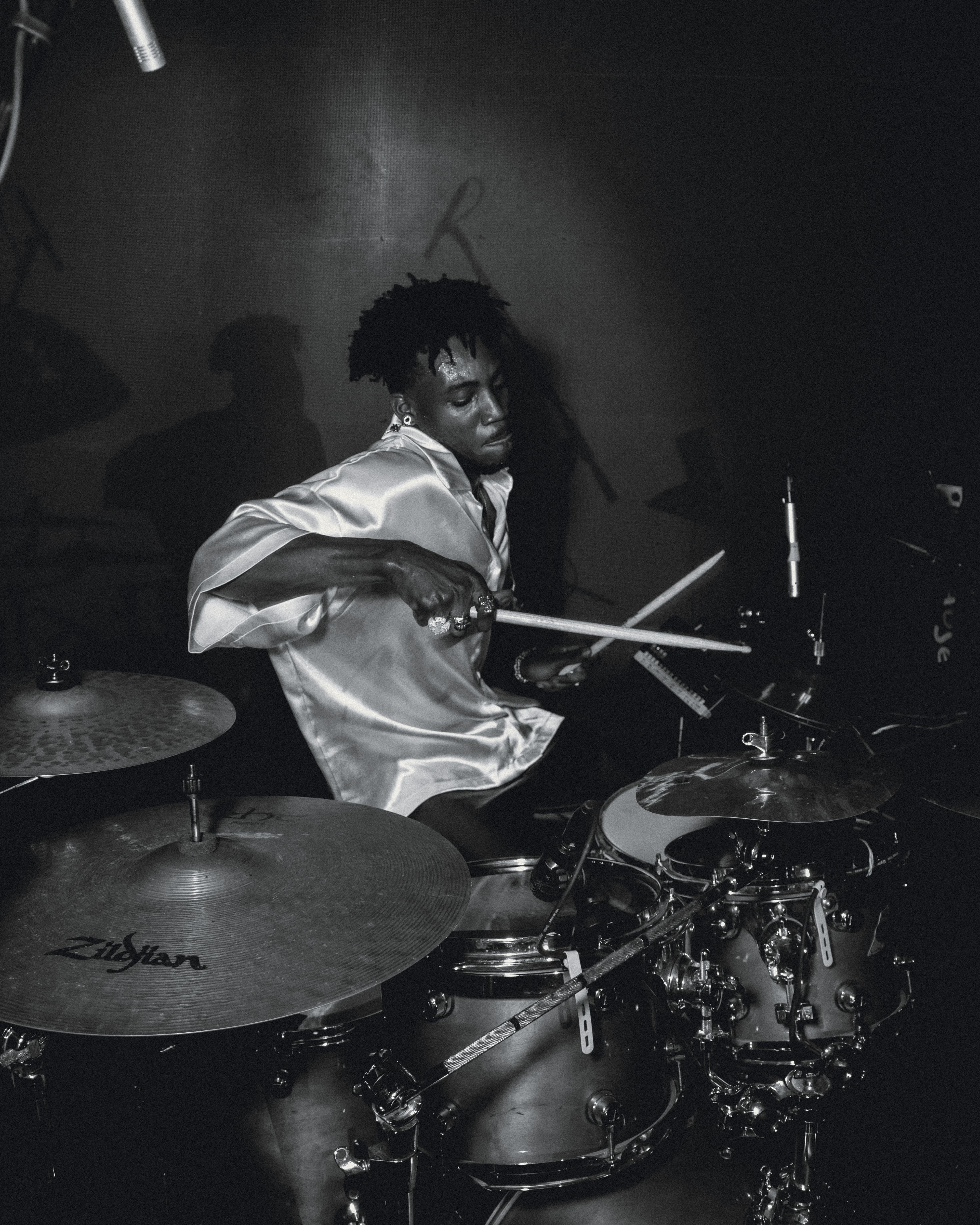
Ara’s out-the-blue drumming set caught a lot of us off guard, in the best way possible! There was a collective “wait, since when?” in the room. It turns out Ara The Jay has been playing drums in church for years, and suddenly everything made sense. For a moment, it felt like watching someone unlock a new side of themselves in real time.
Ara’s looks for the night matched the confidence of the performances: bold but unfussy, expressive without trying too hard.
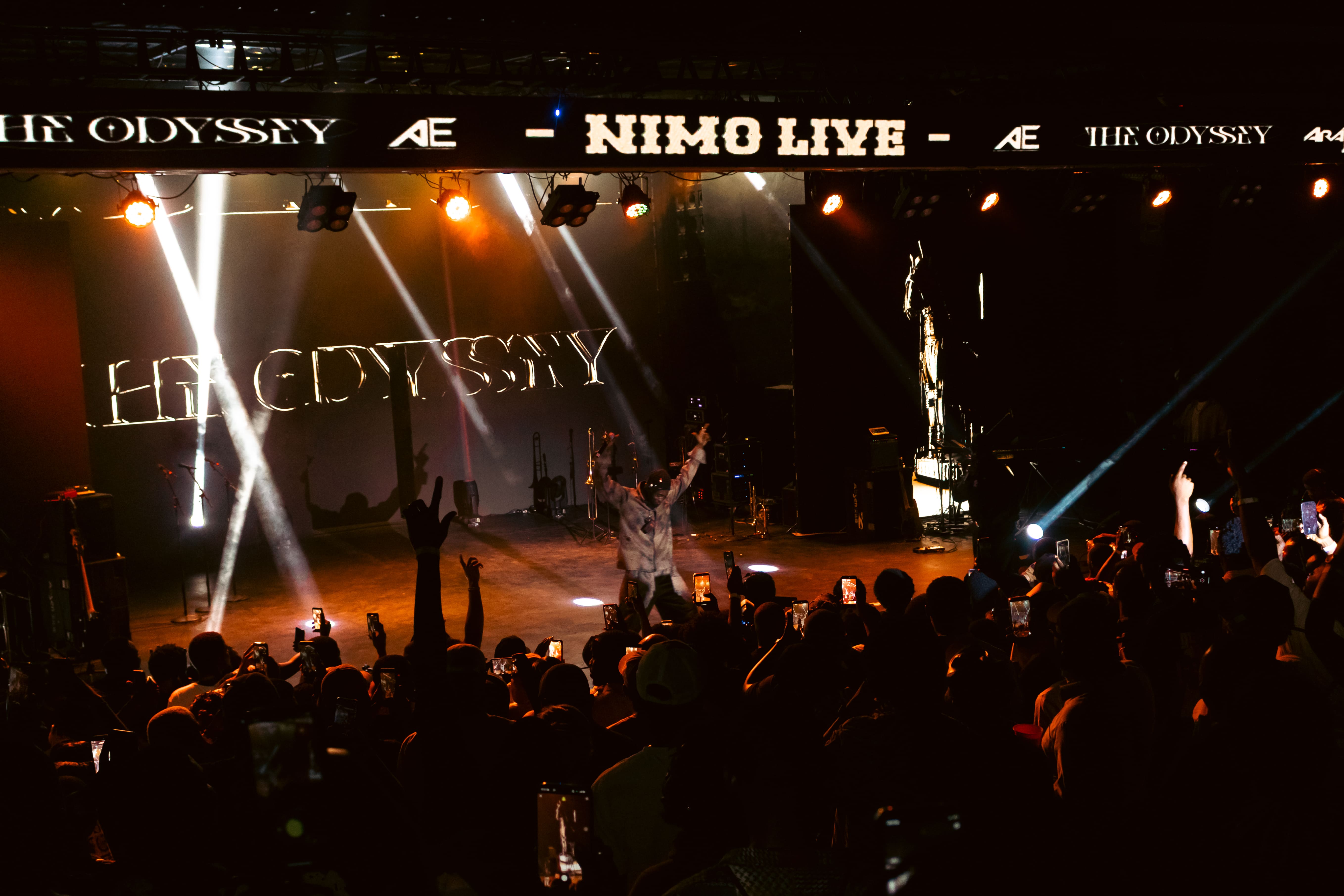
The production design quietly did its job in the background, which is exactly why it worked. The screens weren’t screaming for attention; they were telling a story, marked with distinct motion graphics on theme with The Odyssey album cover art. It all came together seamlessly almost without you noticing.
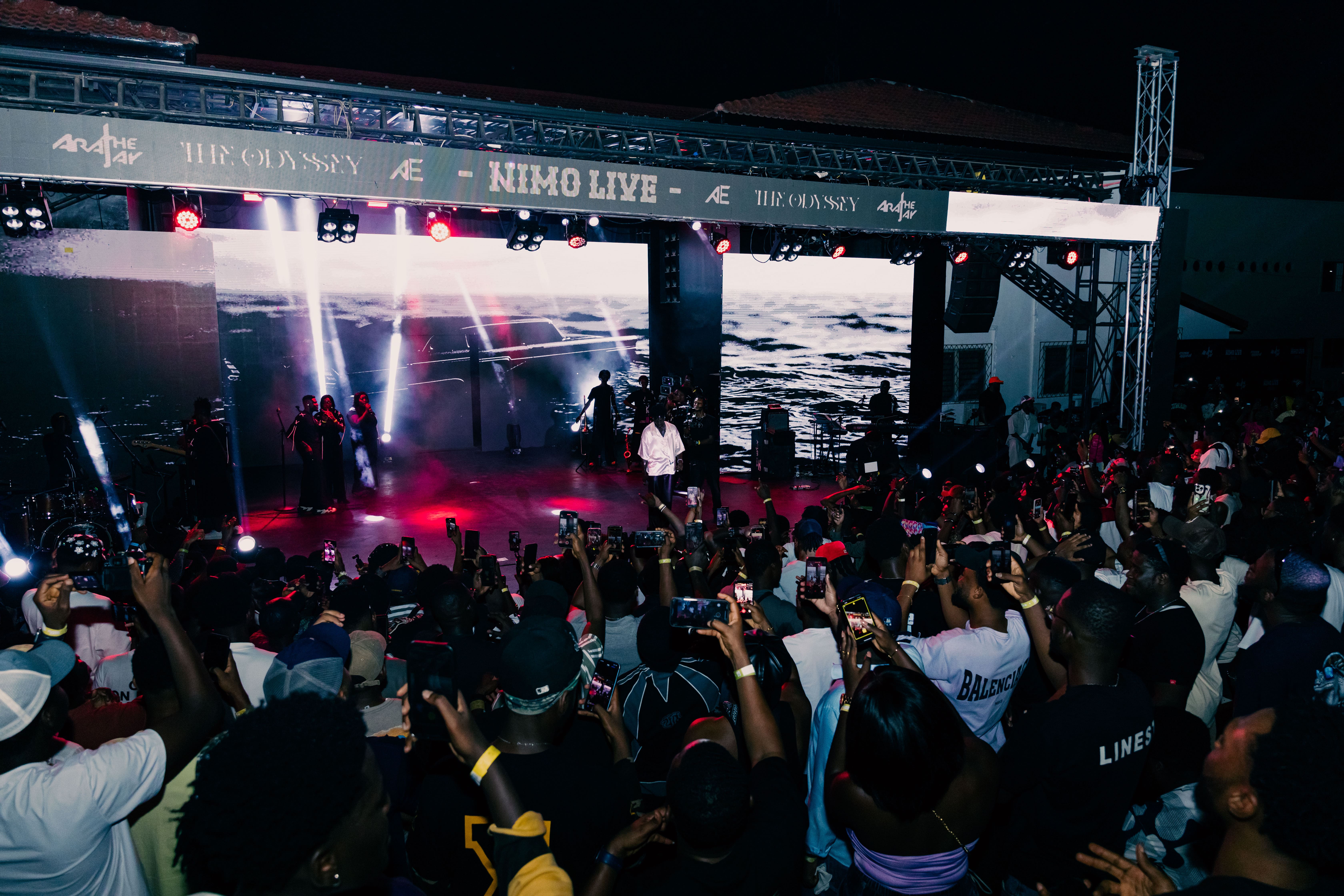
The audience gave back what they were receiving. The energy stayed high, but more importantly, present. People were there to feel the show. That says a lot about where Ara The Jay sits culturally right now.
Thinking back to the first Nimo Live, the growth is impossible to miss. This show felt more grounded, more assured. And if this is how Ara chooses to close chapters, it’s hard not to be curious about what a future NIMO LIVE III might look like.
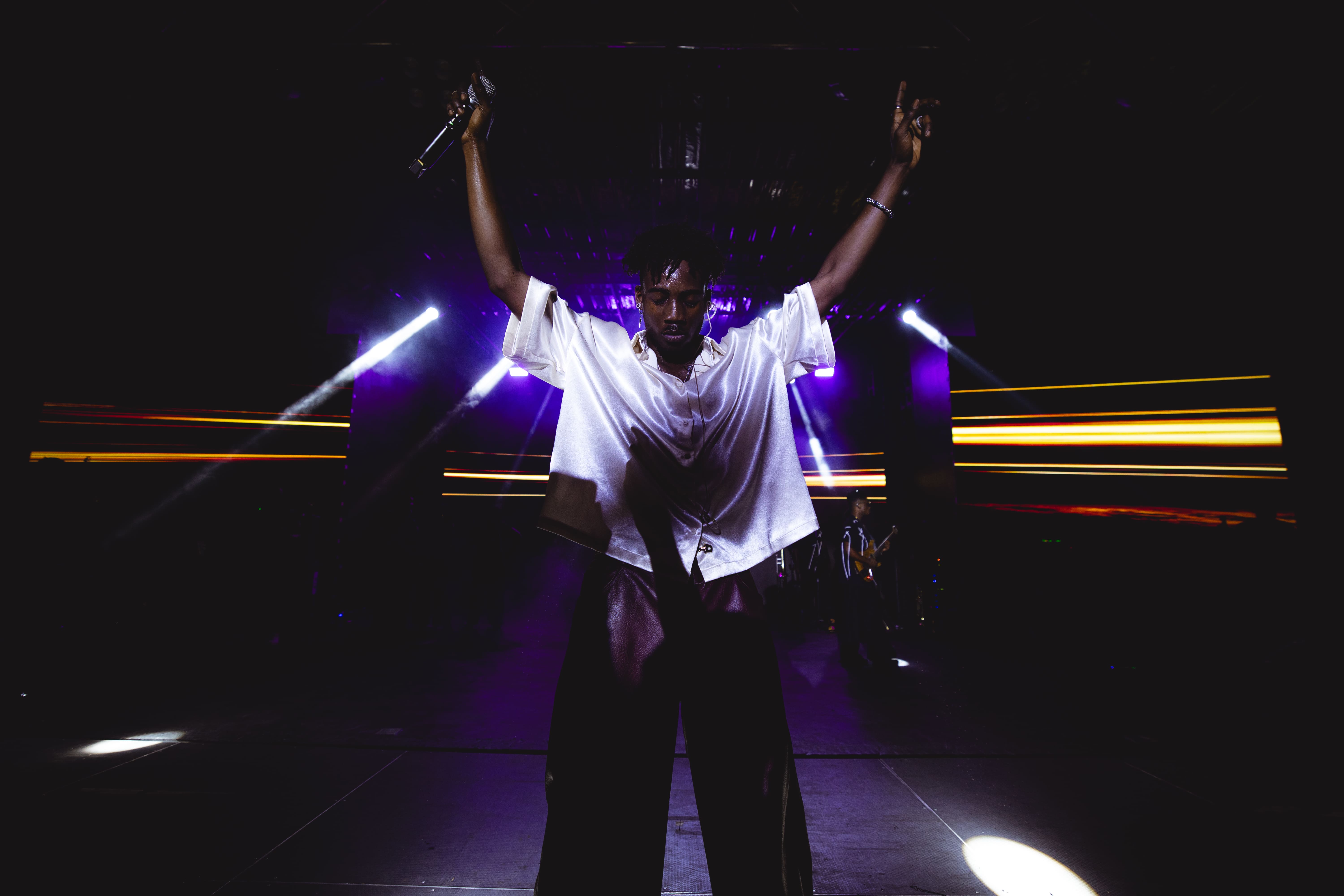
As 2026 begins, this concert feels less like an ending and more like a blueprint. Ara The Jay is no longer just refining his sound; he’s shaping his live identity. If NIMO LIVE II is any indication, what lies ahead will be bigger, bolder, and even more intentional.
Zino Vinci, is an artist from Newham who’s work explores different themes such as friendship, romance and social issues. But this project specifically is an elevation of what makes him as a rapper so engaging to listen to. His most recent project ‘Rap Is Art Vol 1’, exclusively on SoundCloud, has made a statement and has become popular with many rap fans. Its release reflects a time where it seems that hip-hop music is losing popularity in the mainstream and consumers no longer seem to find value in its art. This mixtape reiterates the importance of this form, and acts as a new life to Vinci’s musical career so far. Within this interview we discuss their inspirations, hip-hop’s importance and his experiences within the music industry as a rap artist.
What were your first interactions with music?
From my parents, I'm Nigerian and they played a lot of Nigerian gospel music. I’m from a really small tribe in Nigeria called Isoko, so they played a lot of the music from there. It stood out to me because the language isn’t similar to what you would necessarily consider a Nigerian language to sound like. I always thought that was so beautiful. I have my older sister as well who is five years older than me and she played a lot of grime, Nicki Minaj, Rihanna and Beyonce. So it was a weird combination of a lot of songs. At this point, I wasn’t even listening to music, I was more so just hearing it in passing. I was playing wrestling games and listening to heavy metal. My friend told me about Drake and I thought he was really cool. Chief Keef was about for me during this time, and Meek Mill. Then I discovered a song called ‘Yonkers’ by Tyler The Creator and that was the first song that made me want to go and actually listen to music.
I really do hear the Drake influence, especially in this mixtape. What inspires you as a rapper?
As a kid I always thought you had to be the baddest gangster to be a rapper and then you realise it's more so about expression and storytelling. I would see artists like Childish Gambino showcasing how you could be yourself and be the coolest rapper. Being a rapper is one of the coolest things you can be, every archetype of person deserves to be represented.
I would get DM’s from younger people saying how they used to be afraid to share their love for comics and then saw me doing it and now feel more confident in showing that side of themselves. That’s what inspires me to help people be more confident in expressing themselves with who they really are. I think that’s the most amazing thing about rap music, it's so interactive. You can know so much about your favourite artist about what they believe and love.
Do you ever worry that people who listen to your music may know too much about you?
I’m a pretty open book. I don't feel like there is anything I really have to hide. With music there’s always a new story to tell. I think that everyone is along for the journey. Kendrick Lamar has the ‘The Heart’ series. I think it’s so beautiful how you could listen to ‘The Heart Part One’ and hear him discuss how he’s an underground rapper trying to make it. Then ‘The Heart Part Two’, he’s talking about how they think he’s Tupac. ‘The Heart Part Three’, he’s talking about how he’s that guy. I, as a fan, was along for that journey. I was like 10 years old saying that Kendrick is the guy and now I'm older I was right. But I was along for the journey and I'll be there for the rest of my life.
I think it’s crazy, because I would be talking to people and they mention something about me and I think “how do you even know this”? And they respond “you said it five times in a song”. Sometimes when you write these personal songs, it’s like you're in a trance you don't realise, it just flows out. To you, it's a common thing, but for someone else that’s new information. That made me realise that everything you say on a song is really important. I get that in hip-hop Hip Hop there are filler lines or you may inflate something. But people are listening to everything you're saying. Especially if you sell yourself as a lyrical artist.
Why did you decide to call this mixtape ‘Rap is Art’?
I grew up in an era where every other rapper had a remix to ‘Black and Yellow’. We grew up on ‘Aint on Nuttin’, everyone was on the remix. That is an element of hip-hop that was just gone. But I was listening to the Fakemink song and I thought it was so cool, I thought the beat was incredible and I really enjoyed the cadence. So I rapped on it.
I already had an idea of a tape and calling it something beautiful, like ‘every bar’s a brushstroke’ or something art related . Me saying ‘Rap is Art’ is like me saying “of course I’m an artist because rap is art”. When he [Fakemink] said “I'm not a rapper, I'm an artist”, it triggered something in my head. I just thought it was a bit mad coming from him. We know what it is though. I have never heard a painter say “I'm a painter not an artist”. It doesn't make any sense to me. Rap is a highbrow artform at its finest, it shouldn't be seen in any other light. I love hip-hop, it changed my life, it changed so many lives. It's one of the reasons why so many people care about music. Everyone has had a period of time where they were feeling low and they had a hip-hop anthem. I wanted to make the most hip-hoppy beautiful SoundCloud tape ever!
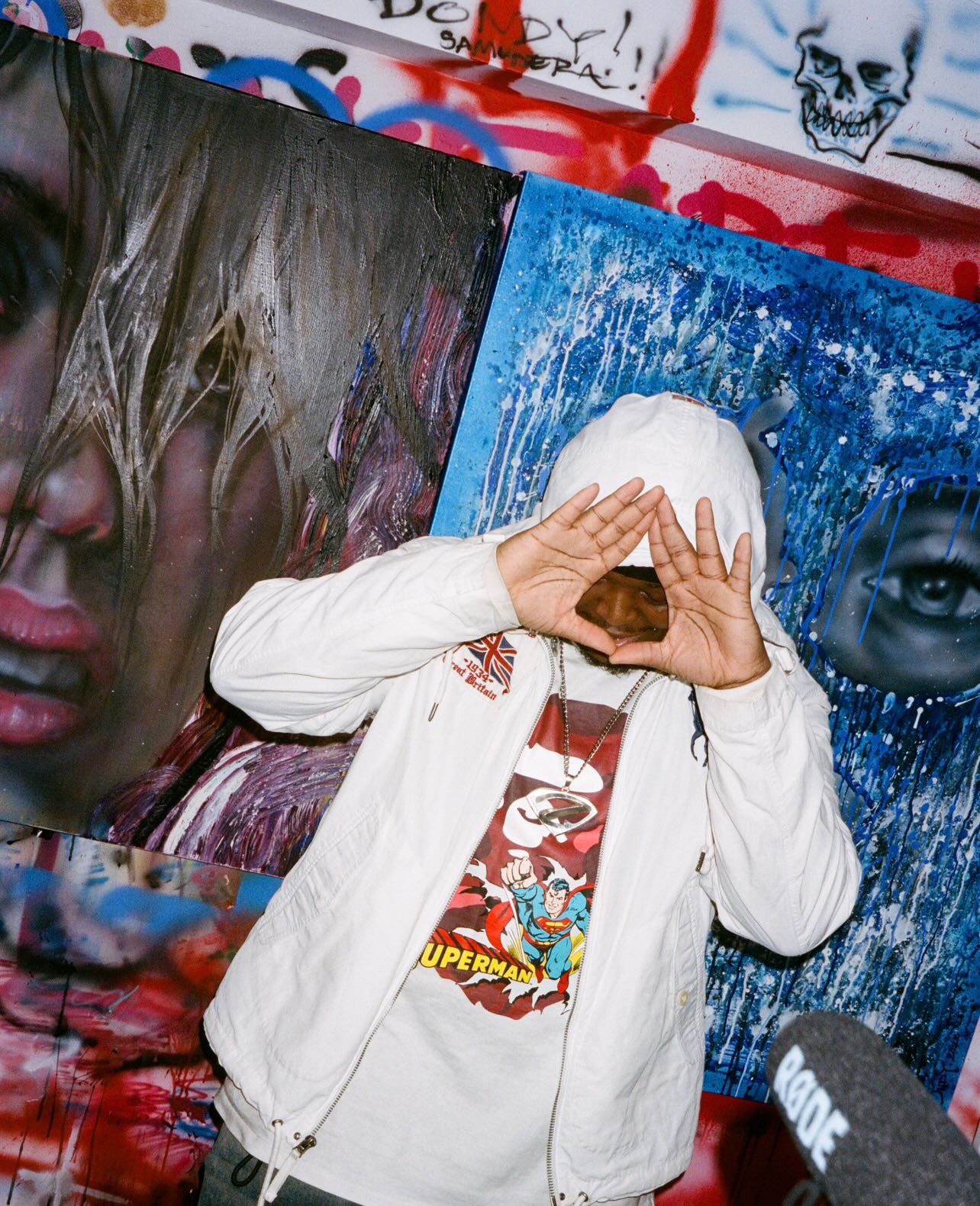
Shot by Lovell Small
What’s your favourite song?
I love ‘ZSL Freestyle’. That’s my favourite one right now.
When I first started rapping I was always under the conscious rapper banner. I never liked it. Because I thought it was too restricting. I prefer being called a “woke” rapper because that is just me being aware of social issues. Conscious feels like you know the answers to everything and for me and my music, I’m talking about different antidotes. When I did the ‘ZSL Freestyle’ I was just talking my shit, I’ve never done that before. In the past I was more so, “I can't say this, they’re going to say, you can't do this”. But I have grills and chains in all my videos. I dress in streetwear. I can look any way I want and still be aware of social issues and injustices and still be Z Saint Laurent. I played it to some of my female friends and they loved it. Z Saint Laurent is a different era I'm going in. Right now I’m trying to find the balance in having fun lyrics as well as informing people about life and my perspective.
Through the production choices it felt like you were drawing two worlds together. Showcasing the shared history that both Black Brits and Black Americans have through music. Was this by intention?
Of course, Black Americans were so impactful with so many things. Hip-hop is a genre that was birthed by Black Americans. I even have an interlude by Sharloola who is an amazing poet. And she talks about how it was birthed by hundreds of years of oppression in America. Of course we have parallels, similar drum patterns back in Africa or sonics in Jamaica. But if we’re talking hip-hop it's a Black American thing. I will always be thankful to that part of that diaspora for making this a thing and welcoming so many people into doing it.
There are also some really vulnerable moments in this project. On songs like ‘Immortalised’ and ‘Don't lose your soul’. You discuss your relationship to the music industry. Why did you decide to include that?
When I first got into the music industry I didn't necessarily know what I was getting myself into. If you're a young person and they give you money to do the thing you've been hoping your whole life to do, you assume it's going to be one way and it isn't like that. This isn’t a unique experience either, I've spoken to different artists and they have said the same thing. You think, “perhaps if I make the best music then I will be the best” and that’s not the case. As a human it can be really disheartening putting all your effort into something and not receiving anything back. Especially when people are like “you're going to be the best, trust me”. And I trusted it and it's not paying me back. There’s people who are working 9-5’s making music and now you're asking for more shifts because music isn’t working as much as it used to. Now you're stuck in a loop of hating your job.
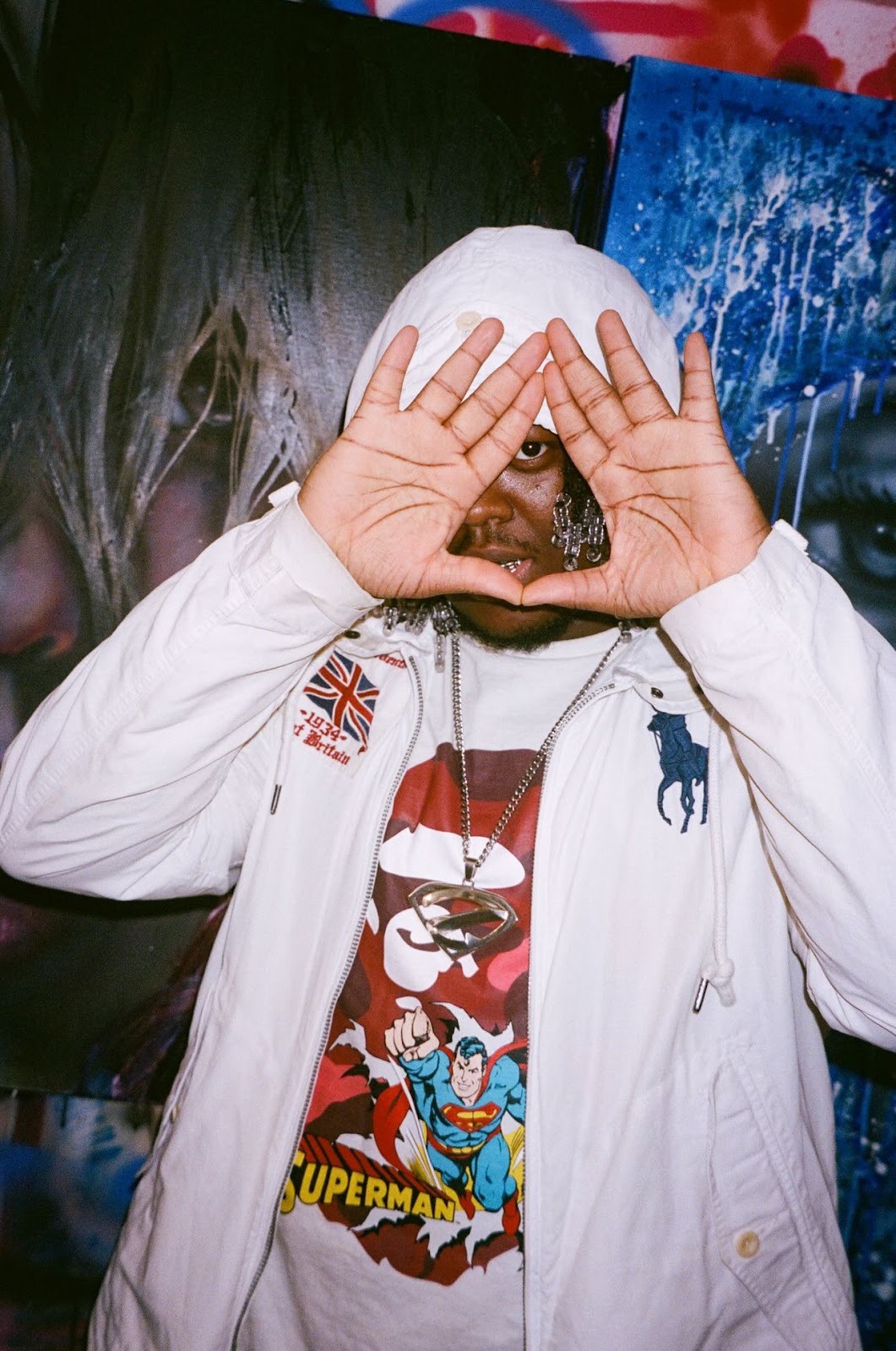
The past year I didn't really enjoy rapping. I felt like it was more of a job. I saw it as a means to an end, rather than being inspired to make some music. I’m in Newham, East London. That's the poorest part of London and one of the worst places to live according to some statistics. I personally love it. I'm not leaving but it puts a lot of things in perspective. I don't want my mother to keep working as hard as she does, I don't want my dad to be working this hard. I want some sort of relief and I think that this is the avenue to get it. I love rap and I want to make an impact but bills have to be paid. You do not want to be impoverished for the rest of your life especially when you're so close. I can’t quite now im far too deep in it.
Do you think making this mixtape has changed your relationship to making music?
Yes. It does make me cringe a bit when people say that ‘CEO of my friendship group’ is their favourite song. I made that song in 10 minutes in my boxers. But it’s nearly 10 million streams so clearly it connected with a lot of people. To me, it was a song of the time and I was very young, but I always wanted to be known for making tasteful music that made people think about how I pieced things together. I always wanted to be a rapper’s rapper. So when your biggest song doesn't reflect that you can feel eh. But I made it at the end of the day so I can't really complain, can I?
On Shot by Lovell Small you discuss the consumers of rap music and how they may perceive it. How at times the people listening to the music may not fully understand it. Why did you choose to address this?
I love ‘ZSL Freestyle’. That’s my favourite one right now.
I was being mad woke in my own way. People ask me why I do the illuminati sign. But it’s not the Illuminati sign, it's the Roc nation sign . This is black excellence to me, Jay Z is a rapper who started off selling drugs, found his art form, and gave opportunities for other black people to do the same thing. That’s how we got J.Cole! I always thought it was weird that anytime a black person does anything the devil did it. Why would the illuminati pick a random rapper in New York to represent them? Even the ancient aliens theory. The idea that Africans are too dumb to make pyramids. I just think it's so dumb, it diminishes everything that Africans or Black people did and do. Also, a lot of the fans care more about sonics over character. I just feel like I can’t listen to someone who in their sane mind is a bad person. That doesn’t align with me.
What is next after this mixtape?
We’re doing another EP. The working title is ‘The Odyssey’. I started ‘The Odyssey’ before ‘Rap Is Art Vol.1’. There are a lot of introspective songs. I think being a woke rapper is so cool, I'm talking about subject matters I've never spoken on before. I have a song called ‘Long sleeved T-shirt’ and it speaks about self-harm and what comes with that. The long sleeved t-shirt could be used to cover up their scars but this long sleeved t-shirt can also be a metaphor for so many other things that we put up against to cover our scars. I’ve never written about things like this. ‘Rap is Art Vol 1’ is like the baby brother of what the next tape is going to be.
In an era defined by hyper curated trends and "follow the leader" mentalities, Gunna has emerged as a rare outlier: an artist standing firmly on his own, rebuilding his brand with a level of intentionality that feels more like a movement than a marketing strategy. As the North American leg of his Wun World Tour officially reached its peak this December, the narrative surrounding Gunna has shifted. He is no longer just a musician, he is the architect of a complete transformation across mind, body, and creative spirit.
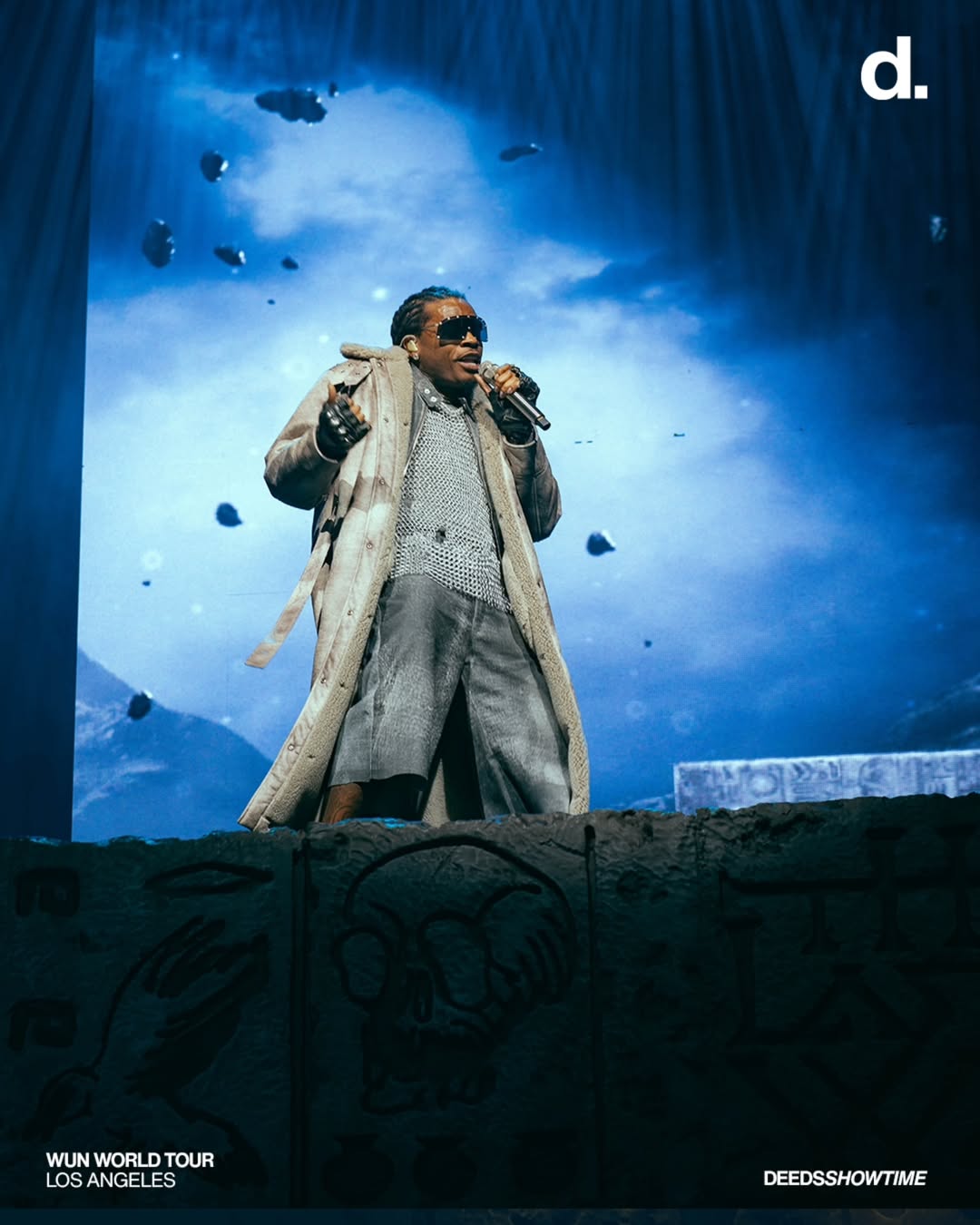
The rebrand didn't start on a stage; it started within. Gunna's physical transformation, a journey of health and discipline, served as the catalyst for his mental evolution. He has traded the chaotic energy of the past for a lifestyle rooted in "conscious elevation." Whether discussing his views on relationships or his artistic legacy, he now speaks with a groundedness that reflects a man in total control of his story.
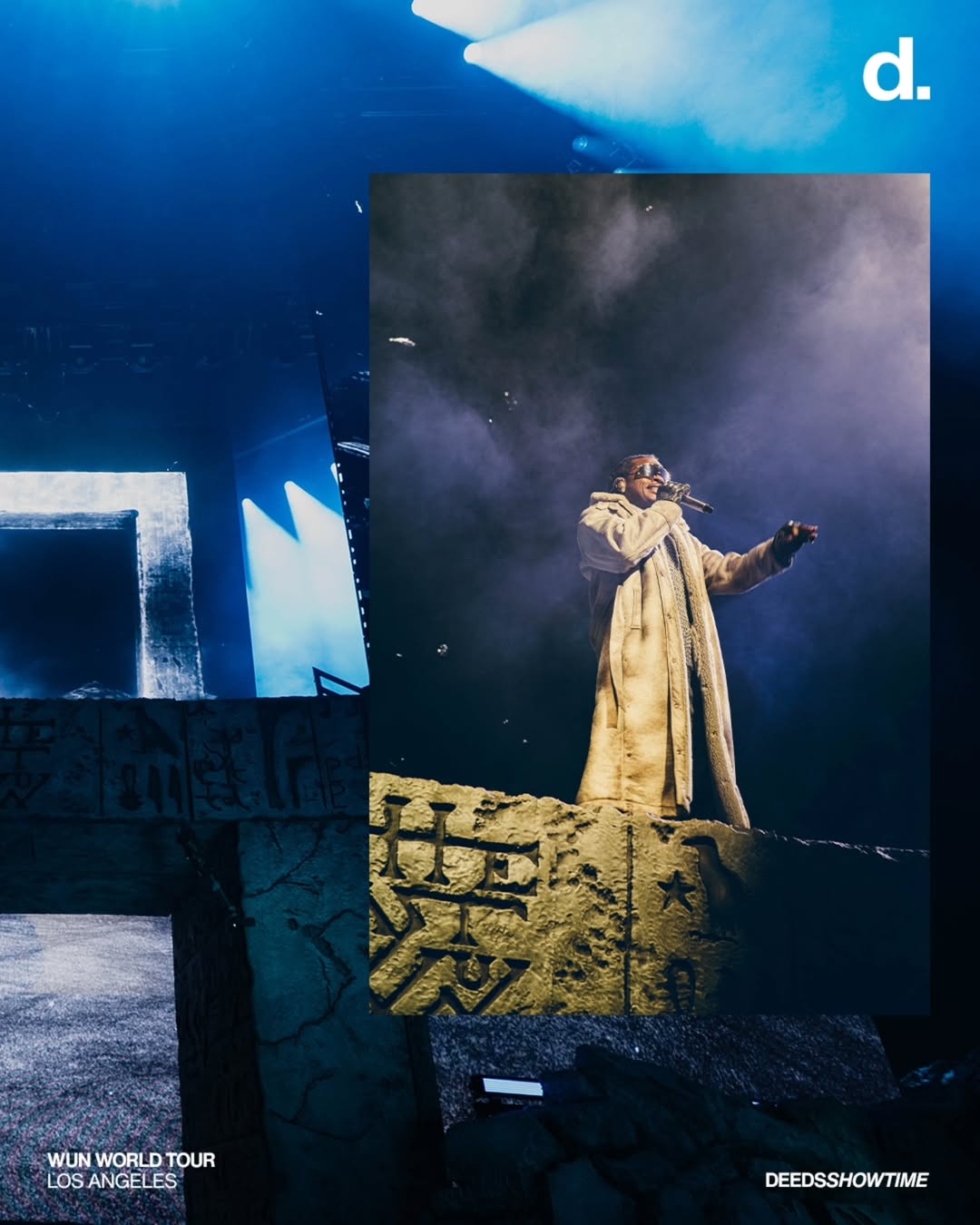
This isn't just about fitness; it's about a shift in frequency. By prioritizing health and maintaining a positive "spin" on his journey, his mind has followed his body's lead, creating a version of Gunna that is more focused, present, and, as 2025 has proven, simply unstoppable.

Nowhere was this evolution more apparent than the tour's massive stop in Los Angeles at the YouTube Theater. For Gunna, LA wasn't just another date on the calendar; it was a bridge building moment. The curation was intentional, bringing together global forces to show the breadth of his influence:
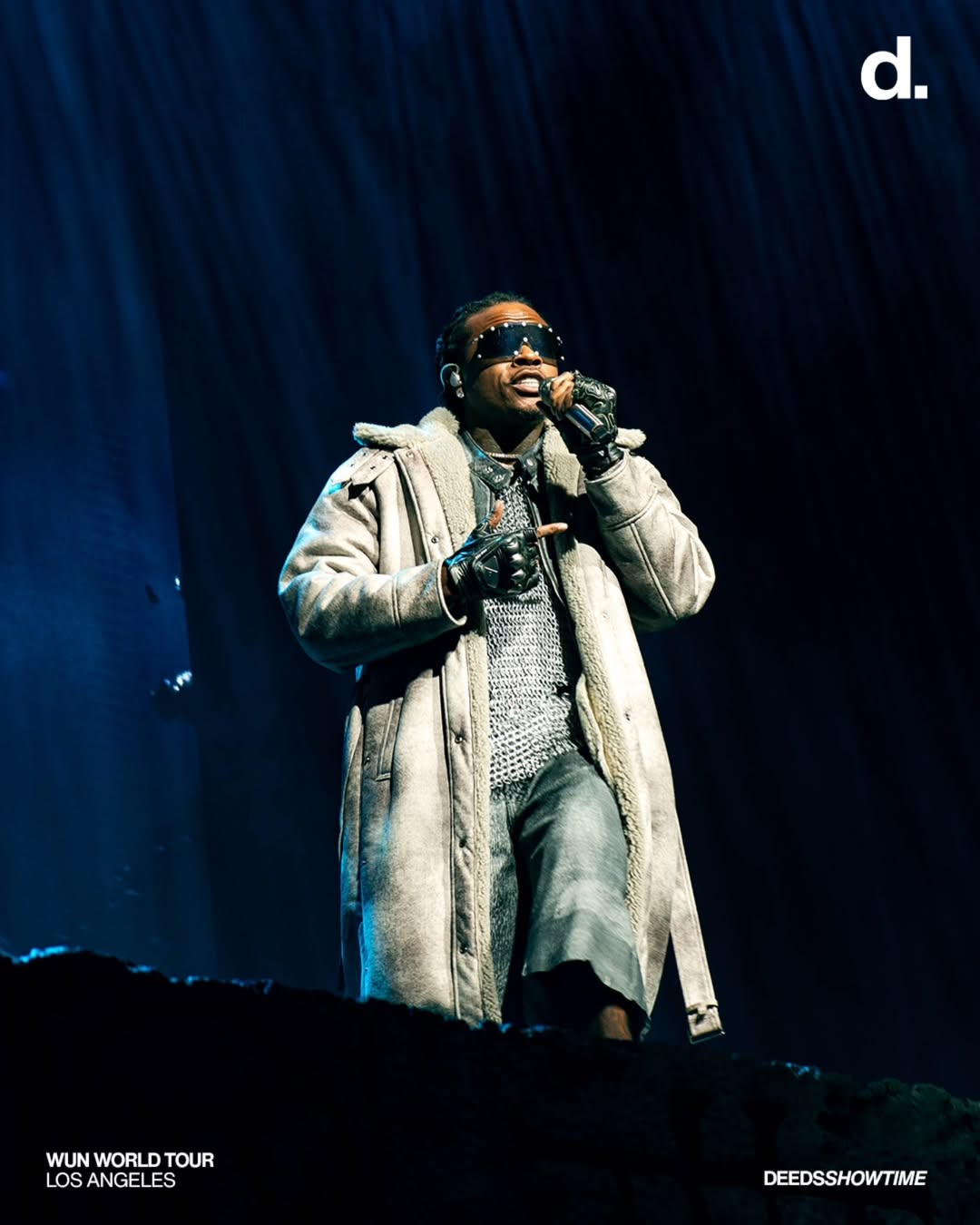
For those on the ground in Inglewood, the experience felt less like a concert and more like a cinematic event. Photographer Sean Muniz described the production as a "movie," noting that the set design was "insane." Departing from the standard empty stage, the production featured multiple interactive levels and rugged features. In a moment of pure theatrical tenacity, the team even integrated a dancer on a pole screwed directly into a massive "rock" feature on stage.
This immersive approach turned the arena into a living, breathing world, showcasing what can happen when a close knit team is on one accord. As the curtains fall on the North American leg, moving from the sold-out energy of Los Angeles to the final dates in the Pacific Northwest, the results speak for themselves. Between the community building Wunna Run Club 5K series and a setlist that deftly balanced "Drip Too Hard" classics with the soulful depth of his latest album, One of Wun, Gunna has successfully navigated his way to the top.

With the international leg heading to global markets in early 2026, the world is about to see what happens when an artist refuses to be stopped. If 2025 was the year of the rebuild, 2026 is shaping up to be the year of the reign.
Picture Credits: @seanietsunami300
From meeting as young artists to sharing stages around the world, the energy of Scotts Maphuma and LeeMckrazy has always been undeniable. Whether you hear "Bathini bona" or "Bare ke LeemecKe!", you know that what you are going to get is going to be something special.
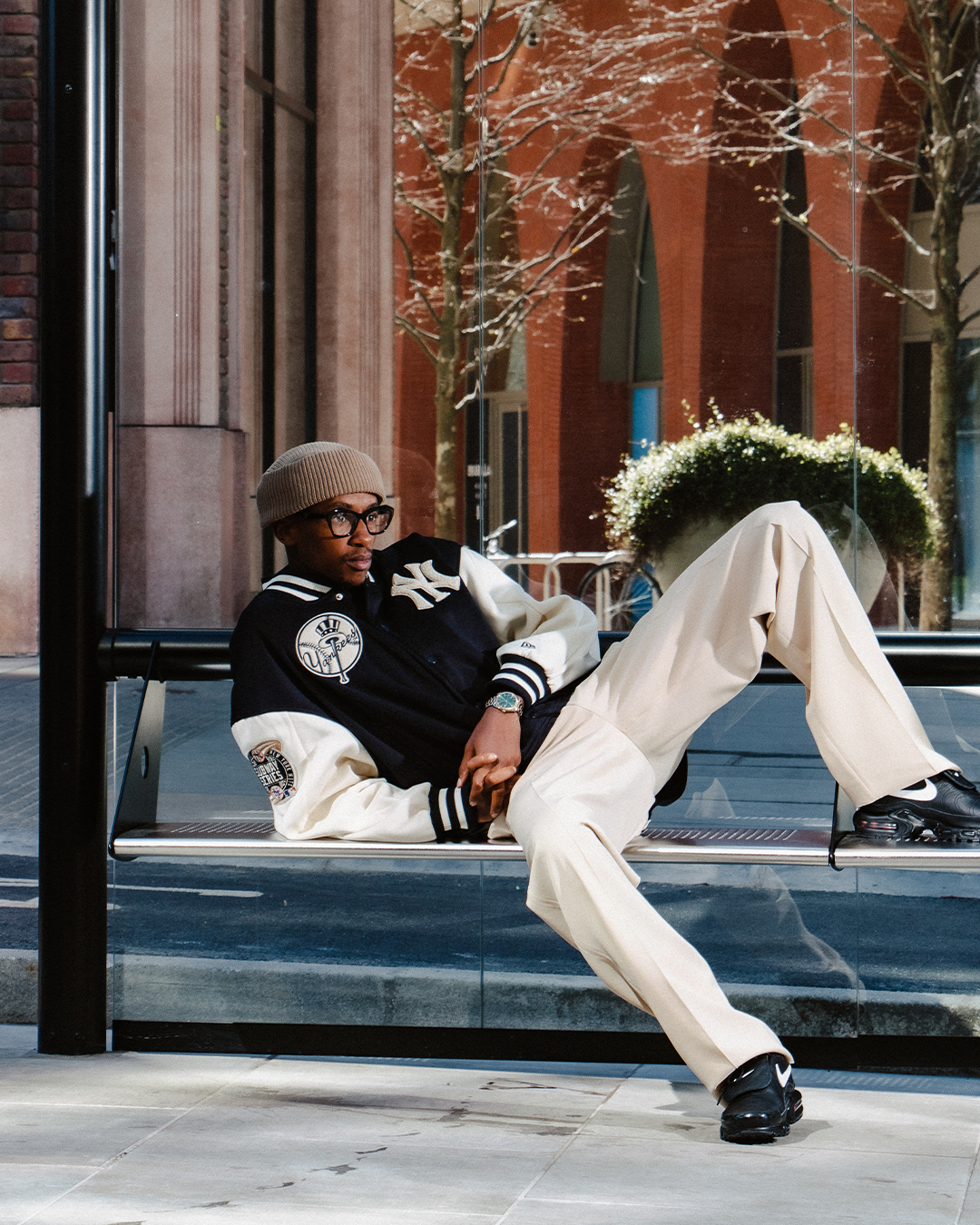
The two music sensations have dominated the Amapiano scene since they first met, and this year was no different. 2025 has seen the two continue to thrive, with their presence across various tracks, including 'Nakupenda', 'Sya'Waver', ‘HAMBA NABO', 'Ngibolekeni to 'Jealousy 'Ba Rata Monate' and' Zama Zama', just a few of the songs they have been part of.
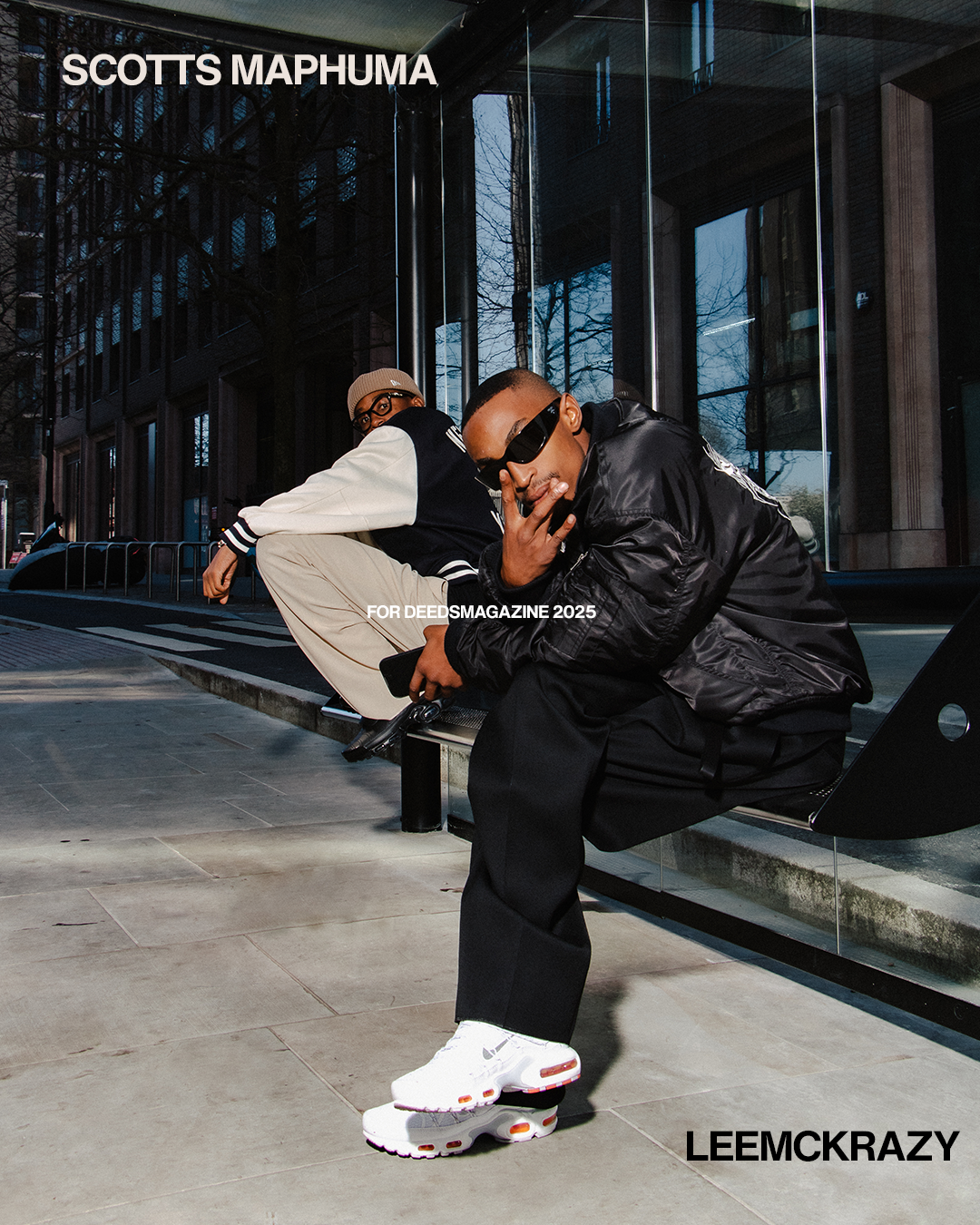
Their earliest collaborations came around the time when they met before either of their careers had taken off, where they would be in studios with the likes of Mellow and Sleazy and would be in camps alongside Cowboii making music together, the time in which songs like 'Bayazi' were made. Since then, they have maintained a relationship that has proven highly fruitful, extending beyond music to include them as people and individuals who are similar. "I think the reason we work well together and get on is because of our similar ways of growing up. Since we're both from the dusty streets of the township, and we share almost the same stories, we understood each other fast." Scotts says about their relationship as people and what brings them together as collaborators.
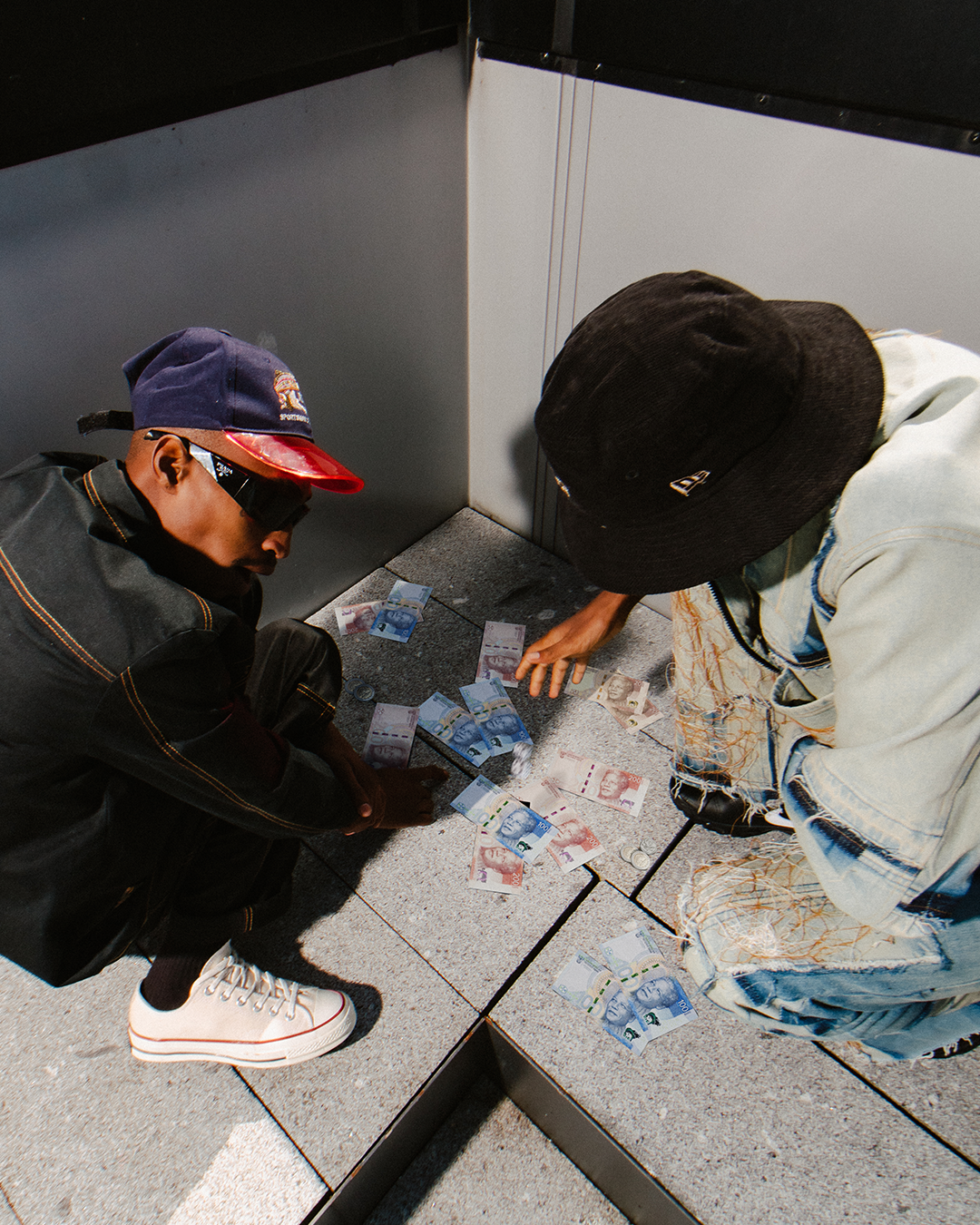
Comparisons have long existed between the two in their friendship and in how people view their music as individual artists. However, for both, this is neither something they feed into nor something that affects them. "We understand, and we know that we are two different brands, but we are on the same team, so you can't actually fight your teammate all the time. The goal is for both of us to win; it's a healthy competition for us." They share with me how they feel about the need to compare and pit people against one another.
This year, their international influence grew, with two consecutive sold-out performances of their first UK headline shows in Birmingham and London, cementing their status as rising global talents. In this moment, we celebrate them as part of the new school of Amapiano artists who continue to push the genre forward. As individuals, they bring their own flair; together, they create something that stands out. There have always been talks, and the question has always been asked: when, if ever, will we get a combined project from the two, which, rightly so, feels like something fans and audiences would appreciate. Again, neither of them has missed this. However, in this context, it's all about timing. "We are just waiting for the right time to drop a joint project. We're excited to share new music with our fans and will announce it as soon as everything is set." Scotts shares with me.
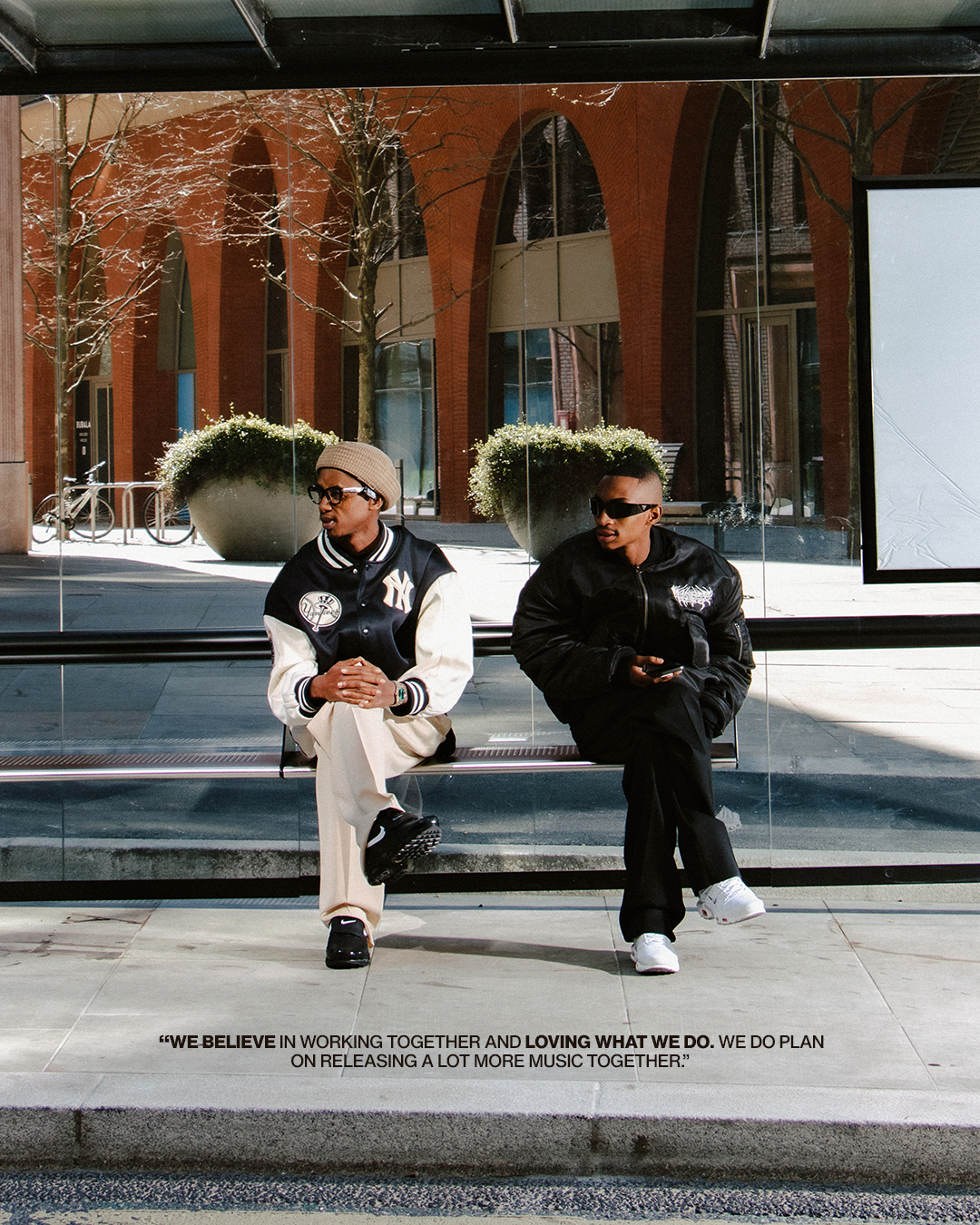
The timing is essential, especially after a busy year for both of them. LeeMck released Krazyway (Agent 2.0) and his joint project with Khalil Harrison, SkeemSam. Meanwhile, Scotts dropped his recently released EP Piato (Chapter 1). The two of them are certainly putting in their hours and solidifying their contributions to the Amapiano genre. As we continue to track the genre and its evolution, this year has seen a shift: increased popularity has led to the emergence of 3-Step, which grew significantly throughout the year. Not to mention the constant evolution of experimenting with different elements in the mix. The roles that both ScottsMaphuma and LeeMckrazy play are notable, as they represent the new school of piano artists alongside their counterparts, including Cowboii and Mellow & Sleazy, who have also continued to bring a different flair to the scene. This is also reflected in where the sound is now. "Amapiano is very much bigger than us now, and the only thing that's gonna keep it moving is if we keep on working together. The sounds we make, the way we collaborate with other artists, can only continue to go."
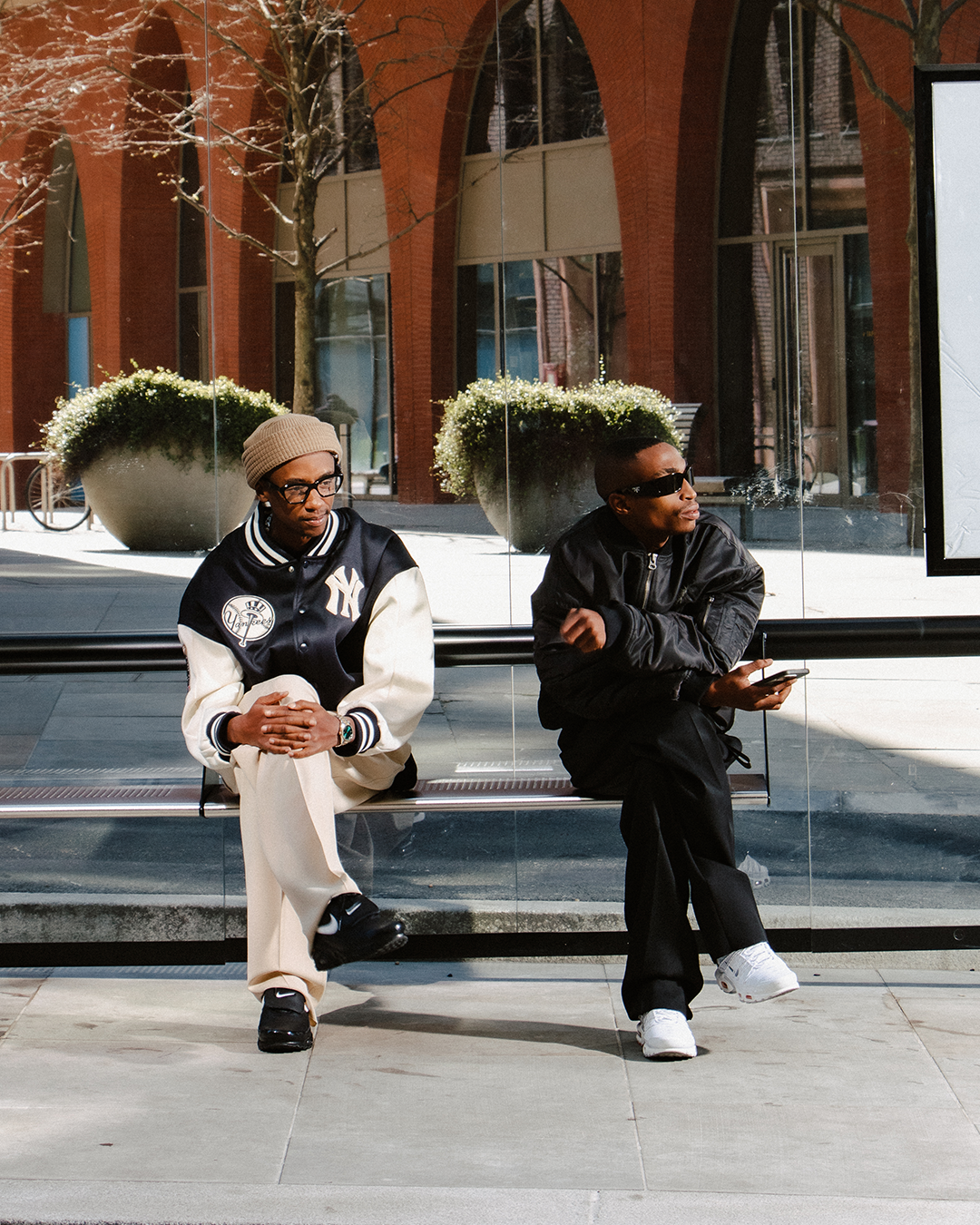
The results will continue to show in the years to come; however, this year is also a clear indicator that neither of them has plans to stop anytime soon. With an international focus, they plan to spread their message worldwide, taking the stage across Africa, Europe, and beyond. From what we have seen, this is more than achievable for them, and it is more than just about being able to do it and saying you did; it is also about seeing how far they can go and where they can reach. "We're looking at international collaborations, you know, because as an artist you need to spread your wings and see how far you can go," LeeMck says when speaking to where they see the next phase of their career going.
As we speak, what exactly makes their ability to work together so successful is clear: the amount of respect they have for each other. Beyond being two of the buzzing Amapiano artists of the moment, there is a friendship that exists between them, and with that comes a level of respect that they have for each other, which is evident even as you see them together outside of the context of performing. Their camaraderie is what keeps them going as collaborators, driving them to do their best for themselves and for each other. "We believe in working together and loving what we do." Scotts shares on what makes them come together as collaborators. Their individual backgrounds in the genre contribute to this, as they bring different perspectives to the tale. For LeeMck, who began performing in choirs at a young age, his love of music grew there before he ventured into other forms. And for Scotts, who has always been a rhythm person and used to dance a lot, he infuses that energy and those vibes into his sound. You can see how it works for both of them in their current positions.
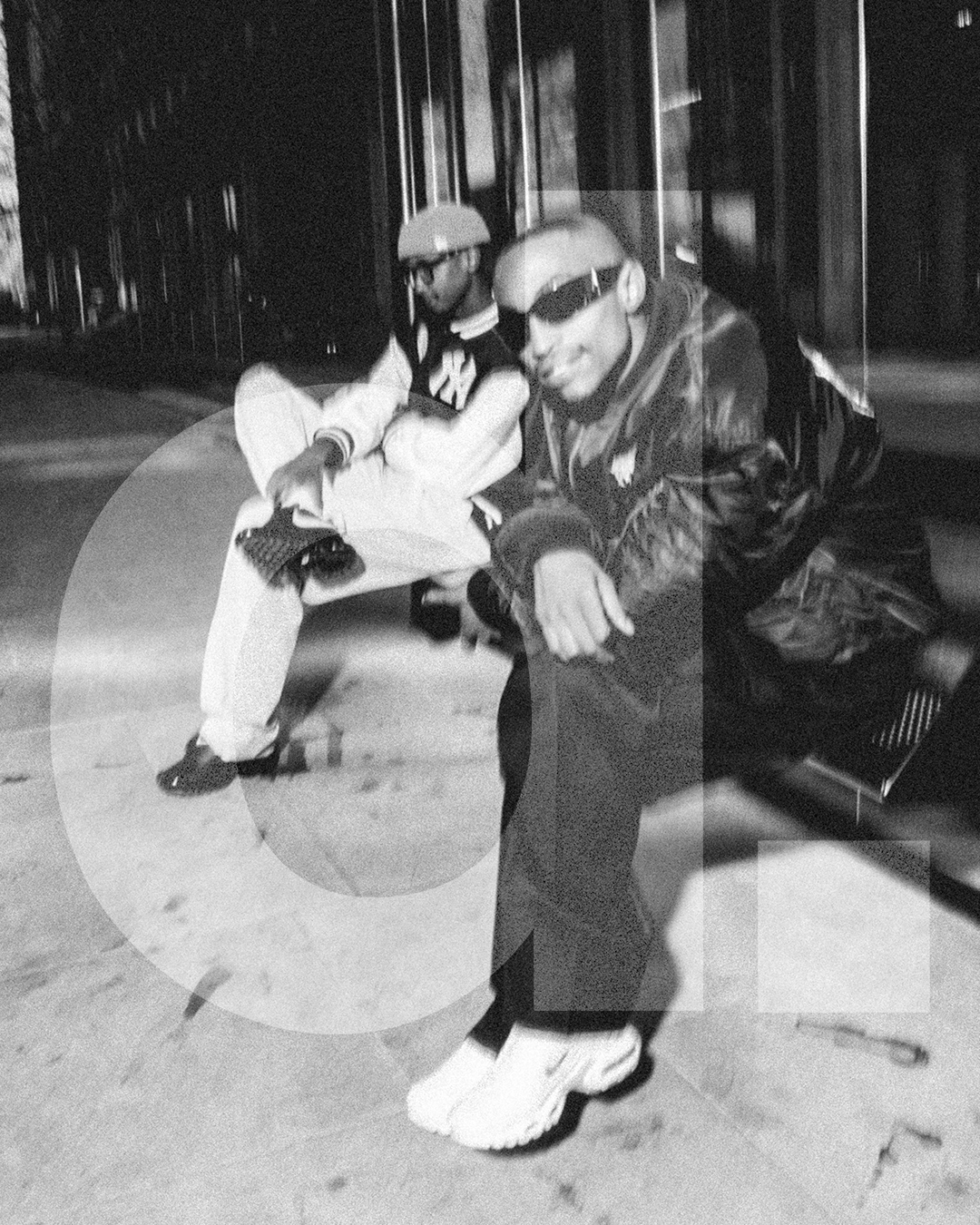
The two met at a gig they were both booked to perform at, cementing a friendship and collaboration that has blossomed over the years. Not just as a pair when it comes to the sounds of "Bathini bona" or "Bare ke LeemecKe!", but also as individual artists, there is no doubt that their presence and contributions will continue to thrive, whether together or apart.
Credits
Photographer: Oulayma Conteh @ikuollie
Creative Director: CO.ZA / @Kosi_s
Producer: Seneo Mwamba @seneomwamba
Lighting: Seyi Opesan @jimmysjpeg
Production Assistant: Whitney Sanni @its.whit_
Brand PR: @suurmgmt
Design: @shalemalone
CGI: @jr_ecko
Writer: Seneo Mwamba @seneomwamba
Special thanks: @sonymusic @taponeswa
To describe the atmosphere in the O2 Shepards Academy as electric feels like an understatement. That vibrant energy set the tone for Destin Conrad’s Love On Digital tour as it made its way to London before closing out in Manchester.
The R&B song took to the stage in a maroon jumpsuit with black gloves and black shades, exuding full superstar vibes before entertaining the crowd for an hour and a half. The audience's energy was electric, singing along passionately to hits from his debut album and previous EPs, creating an immersive concert experience.
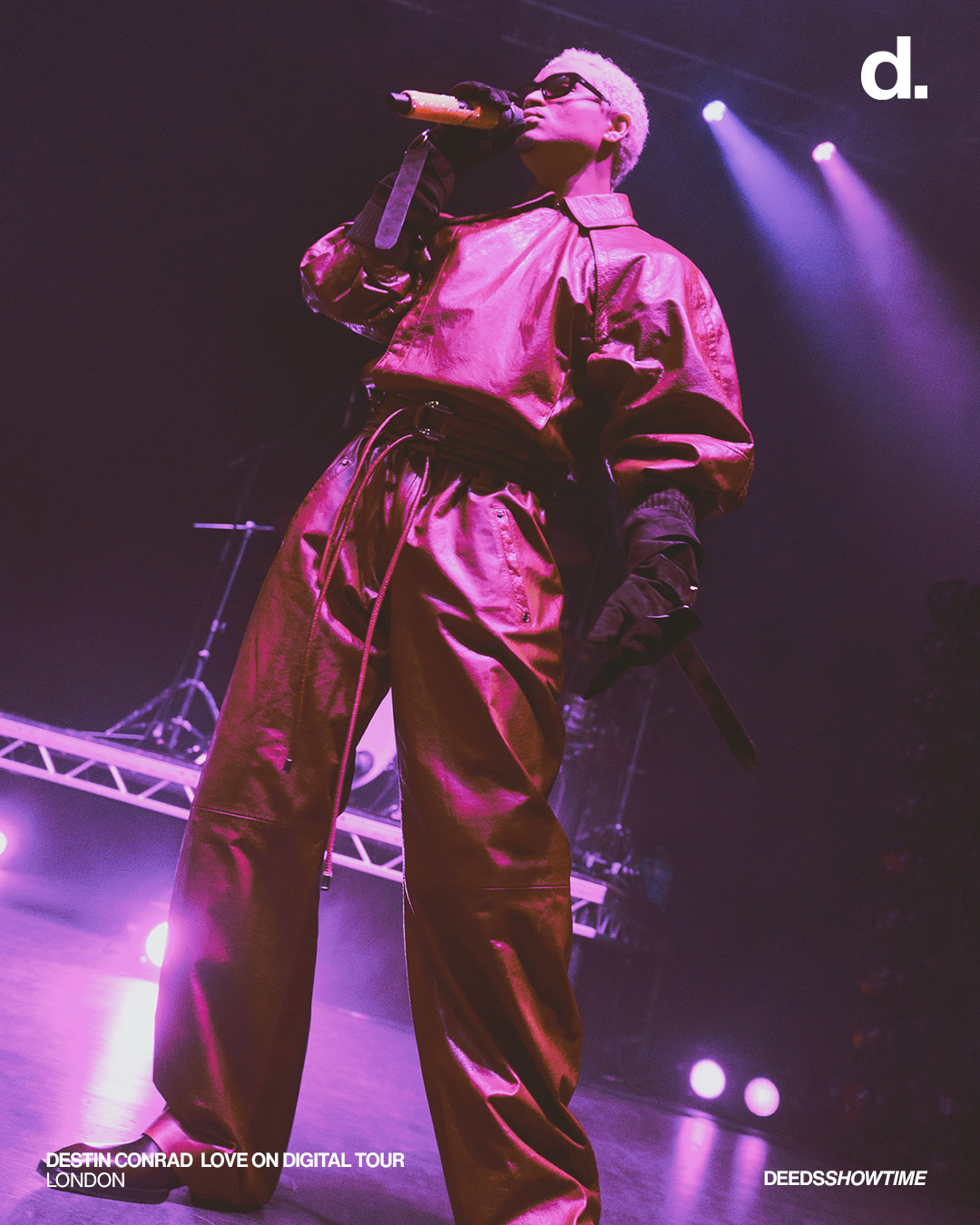
The last time Destin took to the stage in London was in 2024, as part of his Submissive tour, playing two nights at Camden's KOKO and making an appearance at the Recipe Festival. Returning to this moment, it feels like a significant step forward in his journey. With nobody else on stage besides his two-piece band, he brought everything to the stage, showcasing his development.
Before taking the stage, he was joined by Mack Keane and CARi, who served as the opening acts, warming up the crowd. CARI delivered a 30-minute set playing songs from her debut EP FLUX, including the tracks “Luvhiii”, Colder in June”, Bleeding”, as well as a cover of Ne-Yo’s “Closer”.
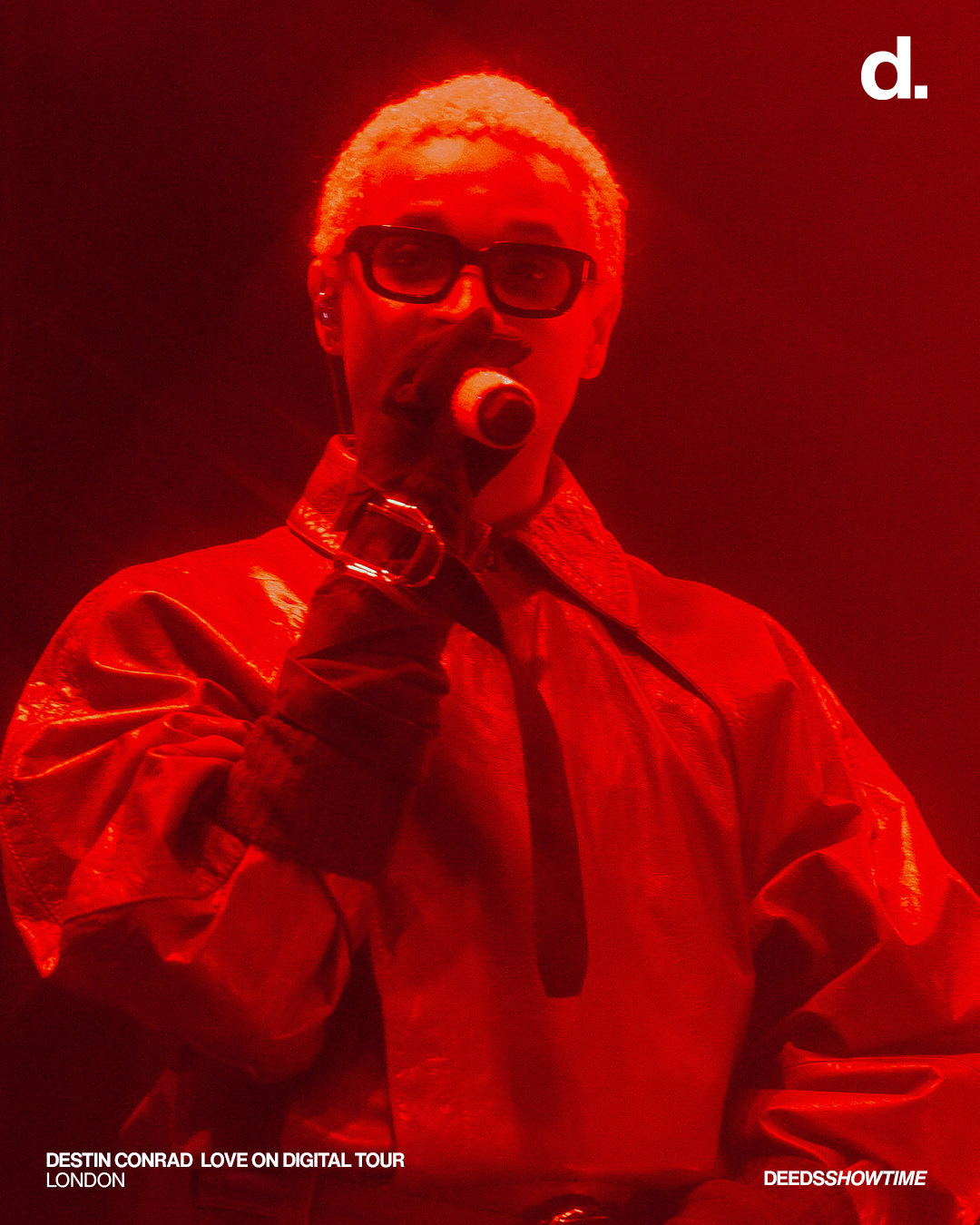
Opening the show with Mr E Destin, who performed several of his songs, the audience was fully engaged, singing along word for word. Moments of the show included album favourite “BAD BITCHES” which had the crowd singing at the top of their lungs, along with other hits like “JUMPIN”, "THE LAST TIME”, "DELUSSIONAL”, "PBS”, as well as “ ITS ONLY YOU”, "OUTTA CONTROL”, "BILL$ “, and "SAME MISTAKE”. Destin, who clearly appreciates London, was treated to not one but two guest appearances from friends kwn, who performed her EP standout “Do What I Say”, and Sasha Keable, who joined him fortheir track “AUCTION”.
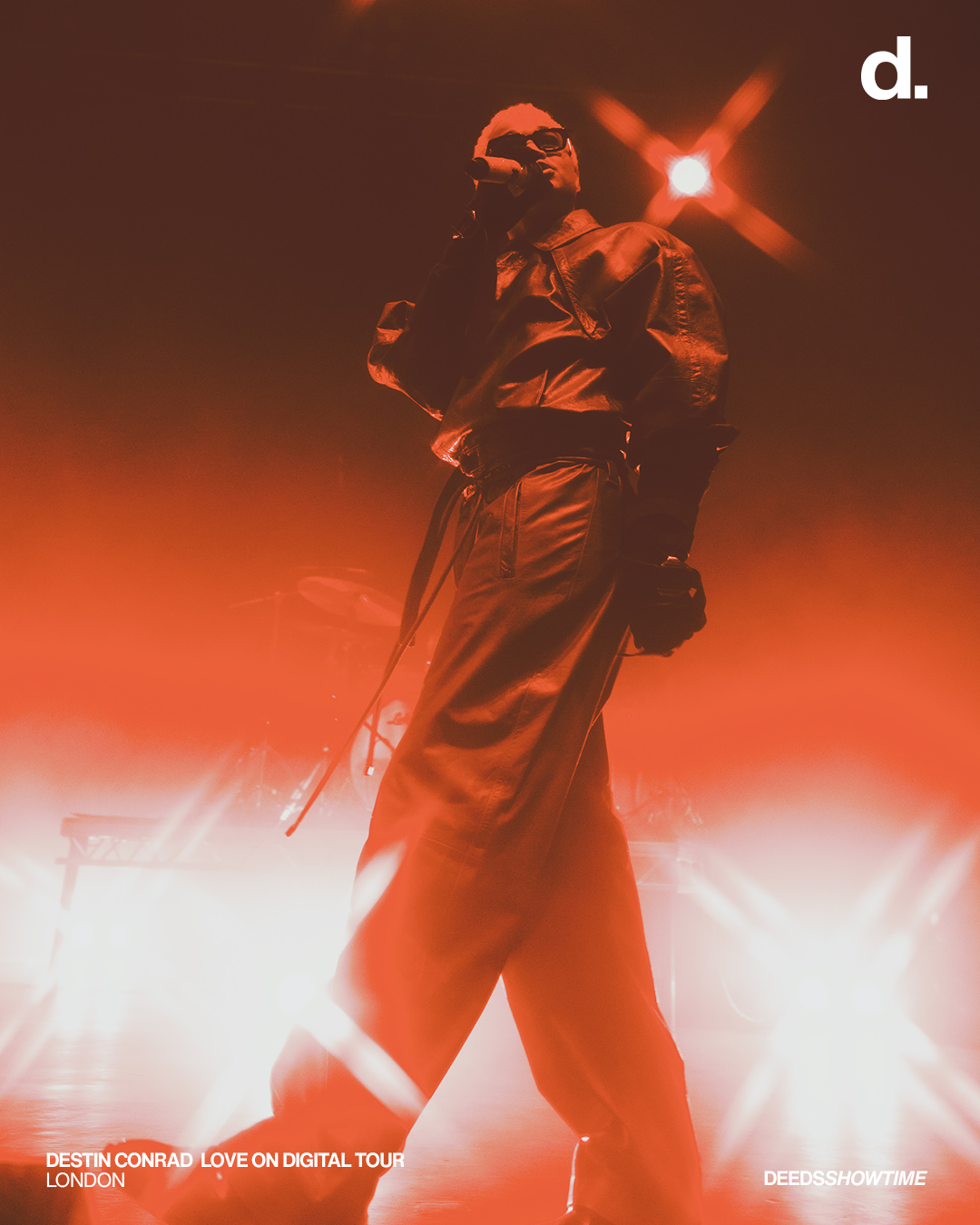
All in all, Destin’s show showcased his current position in the R&B space, as he delivered a well-worth-seeing performance of his GRAMMY Award-nominated album and let people know he has a lot more in store for where he is going.
Deeds Magazine had the honor of covering Saint & Citizen two-day takeover during Art Basel Miami, and it was unlike anything I've experienced. Running from high noon until late into the night, Saint & Citizen delivered a masterclass in curation, a "fashion oasis" that felt miles away from the typical Miami hustle. It transported guests to a tropical, jungle-like sanctuary where you didn't just attend, you lingered. From the moment I arrived, the production whispered one word: Intentionality. Every aspect, from the specific curation of art on the walls to the duration of panels, down to the sonic journey of the DJ sets, was meticulously crafted. The team behind this vision understands that true luxury is found in the details.
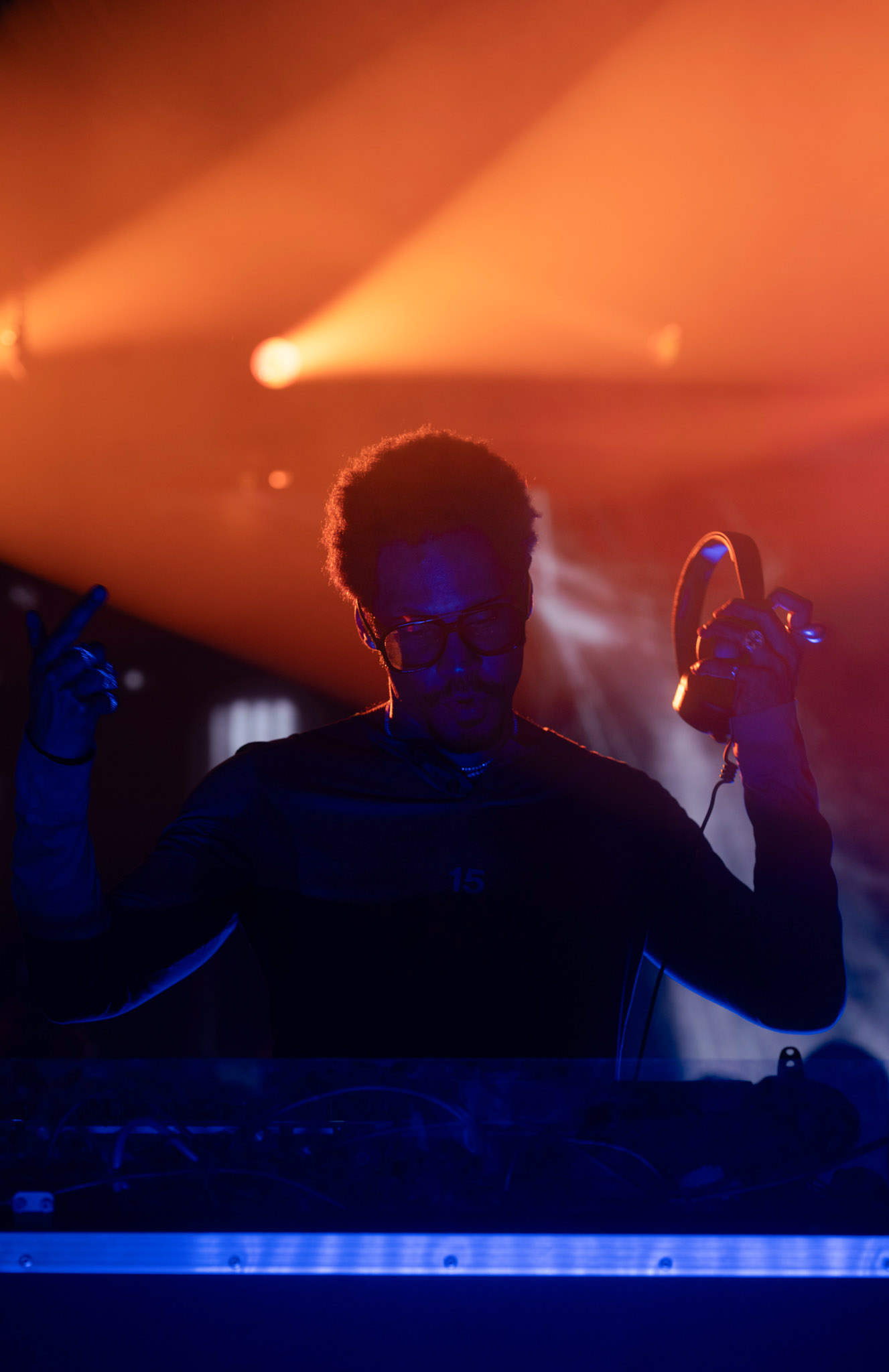
The visionaries steering this ship are founders Paula Grant and Corey Edness (Co-founder and Chief of A&R/Creative Services). The C-suite driving this cultural vehicle includes Deondre 'Trakmatik' Collins (COO), Jareiq "JQ" Kabara (Chief Brand Officer), Marina Skye (Creative Director), and Joey Harris (Chief of Talent and Cultural Relations). These aren't just organizers, they're multi-hyphenate cultural architects who have spent years in the trenches of creativity. Their chemistry was palpable in the event's execution: seamless, vibrant, and deeply community-driven.
This year's programming was built around the theme "The Living Originals", a celebration of the artists, designers, musicians, and thinkers shaping culture right now. Giving them their flowers while they're here to smell them. Across two days of expansive programming, Saint & Citizen created a multi-sensory ecosystem where art, fashion, film, music, and design converged. In a cultural moment where audiences are starving for lineage and connection, this event responded by building a space where creators lead and communities feel anchored to something deeper.
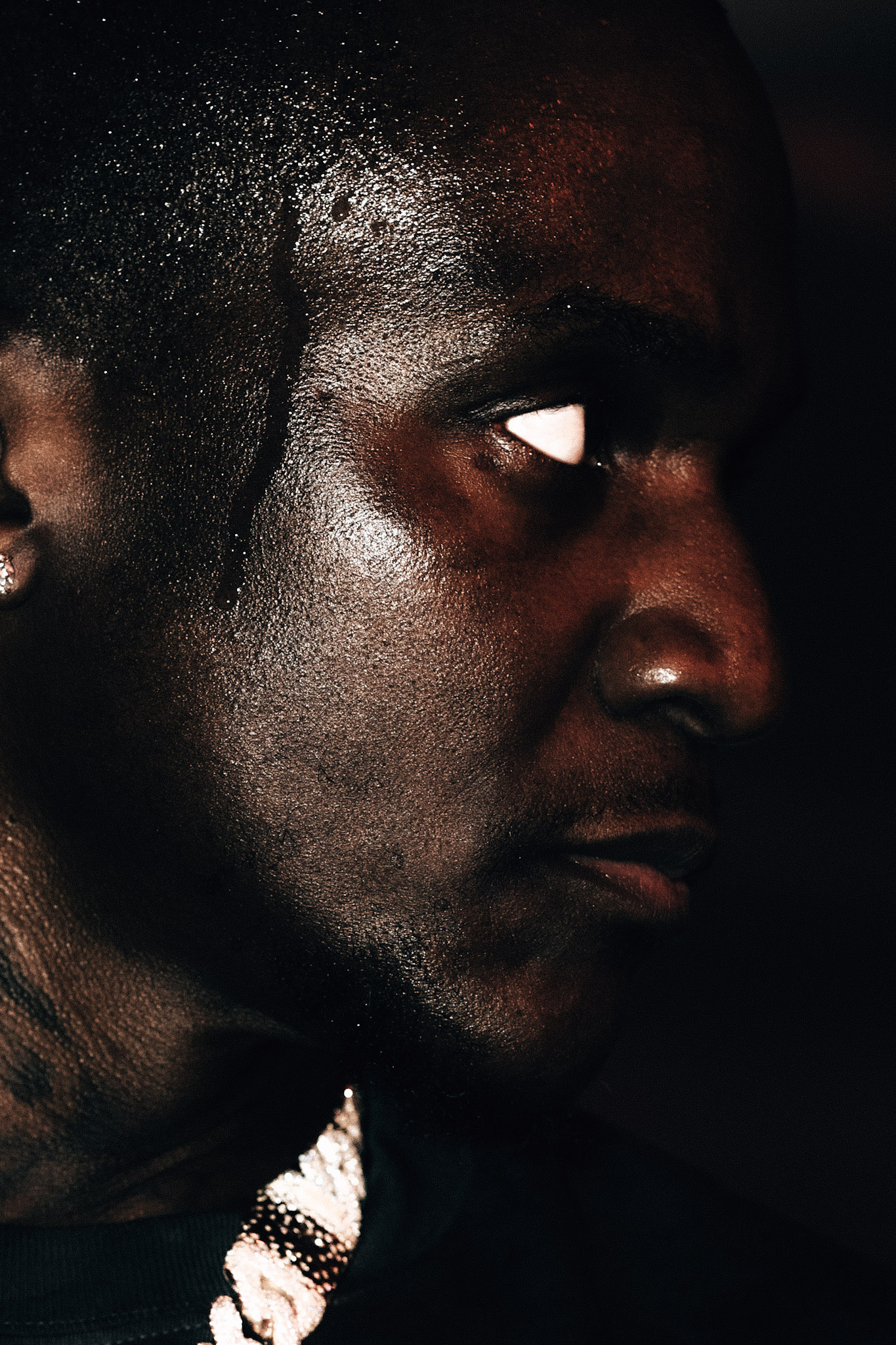
The programming at the Rubell Museum offered a refreshing pause from the typical Basel circuit, nowhere more so than during the session with Ghanaian visual futurist Prince Gyasi. He led a thought-provoking conversation on his mission to "redraw the image of Africa for the rest of the world." For too long, the story of Africa that reaches the public has not been told by Africans. It's beautiful to witness the intentionality of this generation reclaiming that narrative, not from a place of force, but from empathy and understanding.
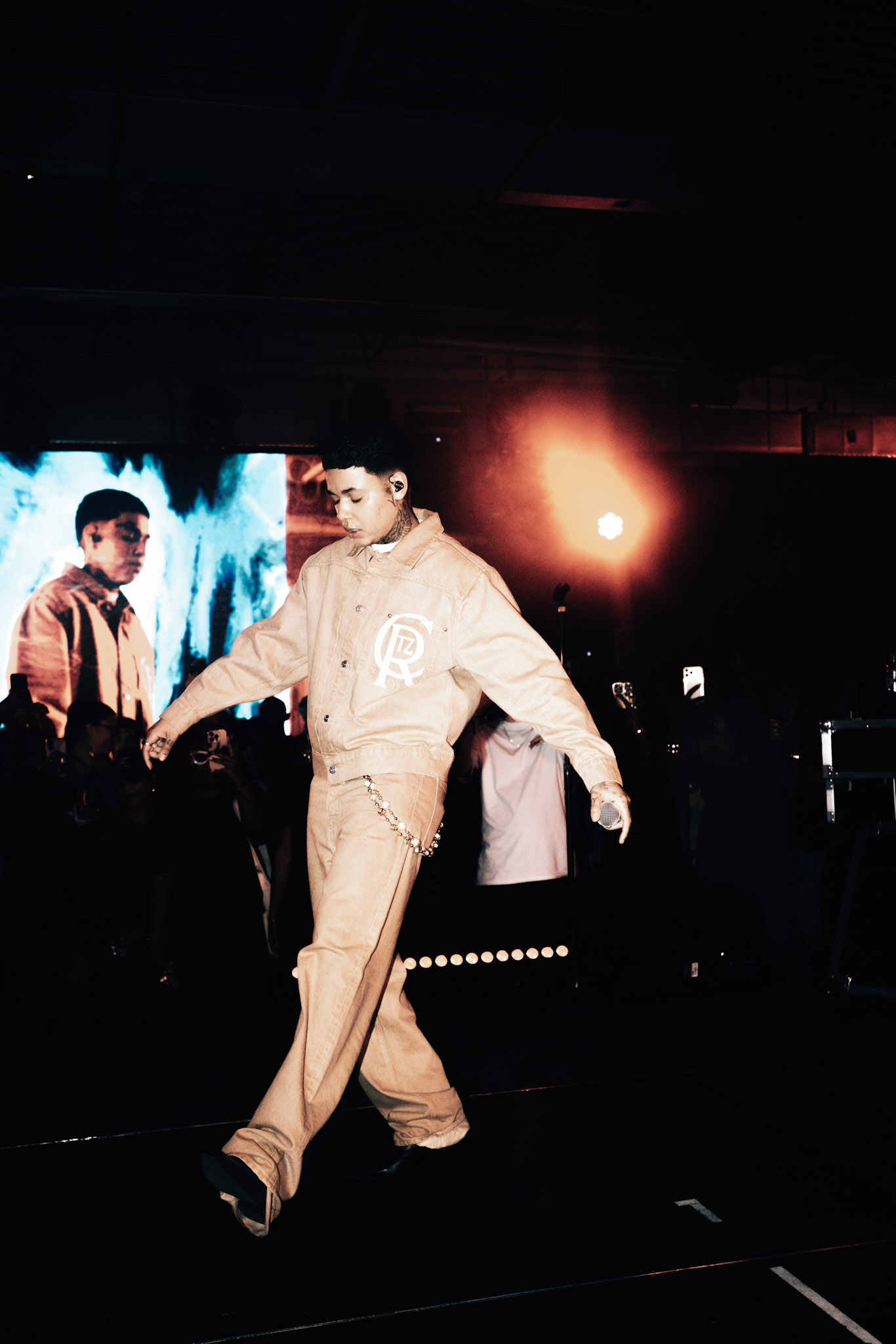
Gyasi's session highlighted that Africa isn't just "one thing." By sharing these stories authentically, the global scale can finally take notice and honor the rich culture and artistic visionaries emerging from the continent. The intellectual energy continued with actor Damson Idris joining choreographer Jamaal Burkmar for an intimate dialogue on storytelling and the role of film as prophecy. This depth was mirrored by celebrated South African artist Nelson Makamo, who grounded the event in legacy with a session on how memory and portraiture shape emotional landscapes.
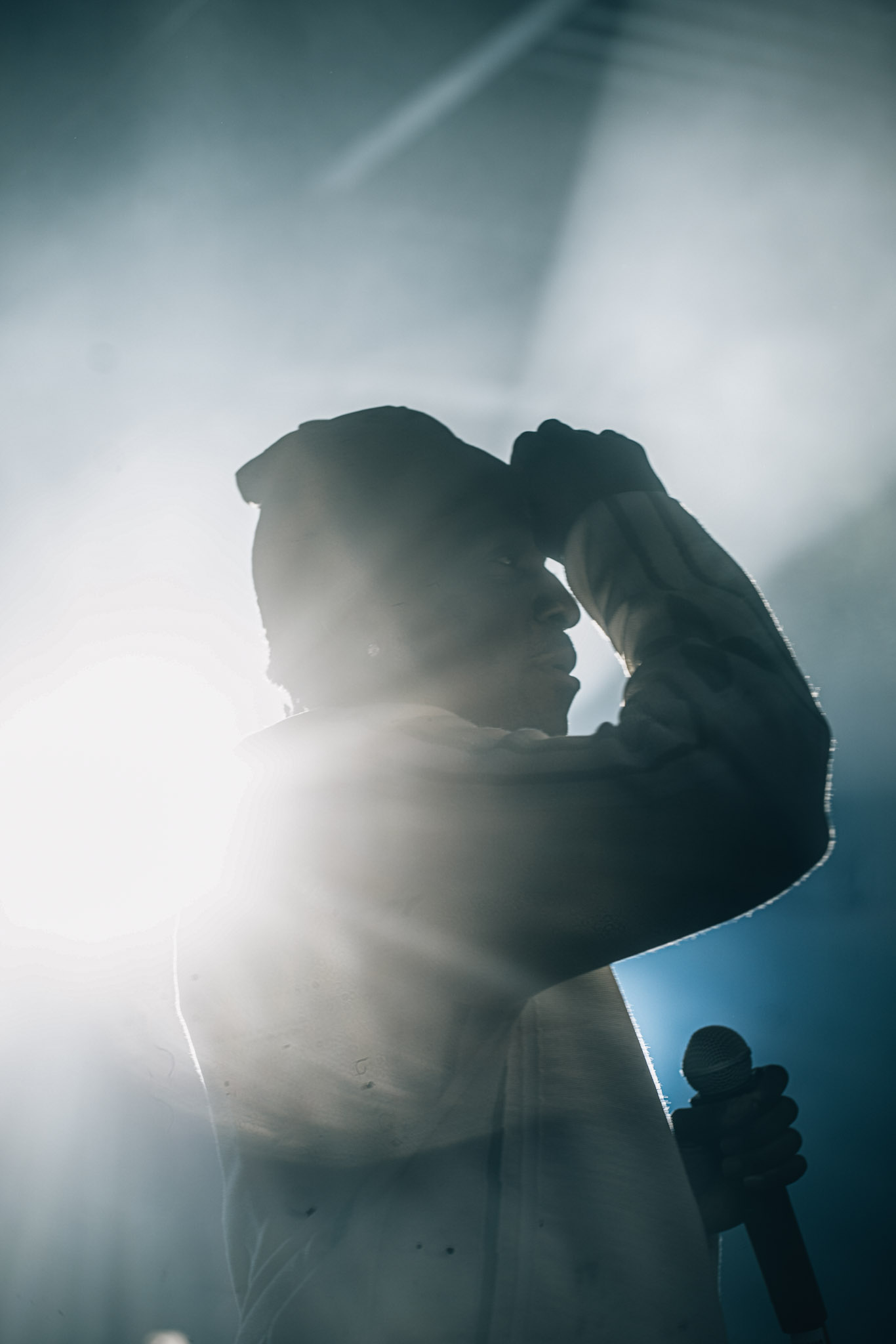
The conversation extended into the business of creativity with industry titans Emma Grede and LaQuan Smith, who dissected the nuances of cultural capital and the future of American luxury.
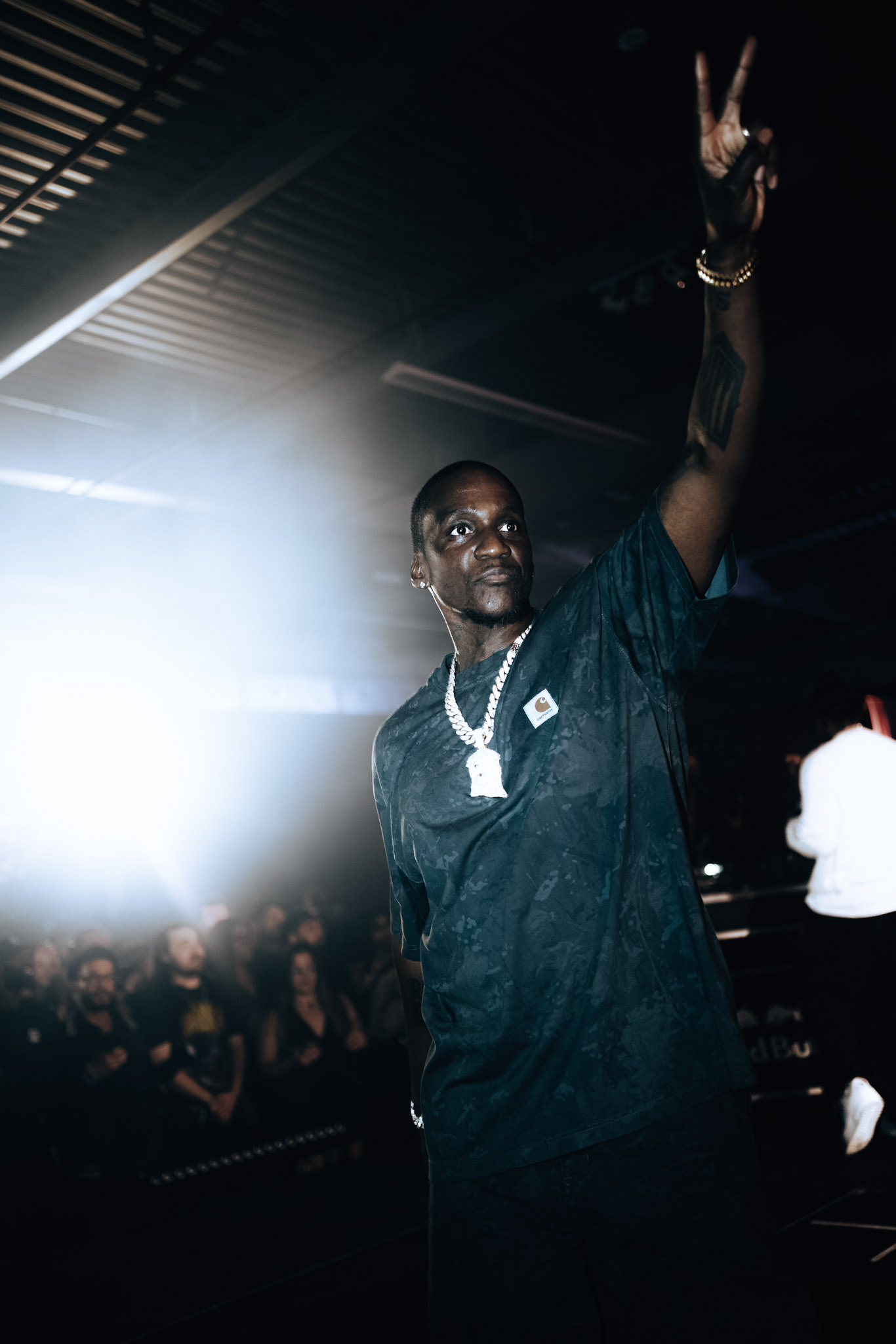
If the panels were the mind of the event, the music was its heartbeat. The reunion of Pusha T and Malice (The Clipse) was something far greater than a performance, it was a cultural reset. Seeing them on stage together was nostalgic, intentional, and undeniably powerful. The Clipse aren't just a rap group, they are fashion, they are visionaries, they are two individuals with something profound to say. Their impact spreads across different genres, races, and ages, and seeing them reunited reminded us that their art brings everyone together.
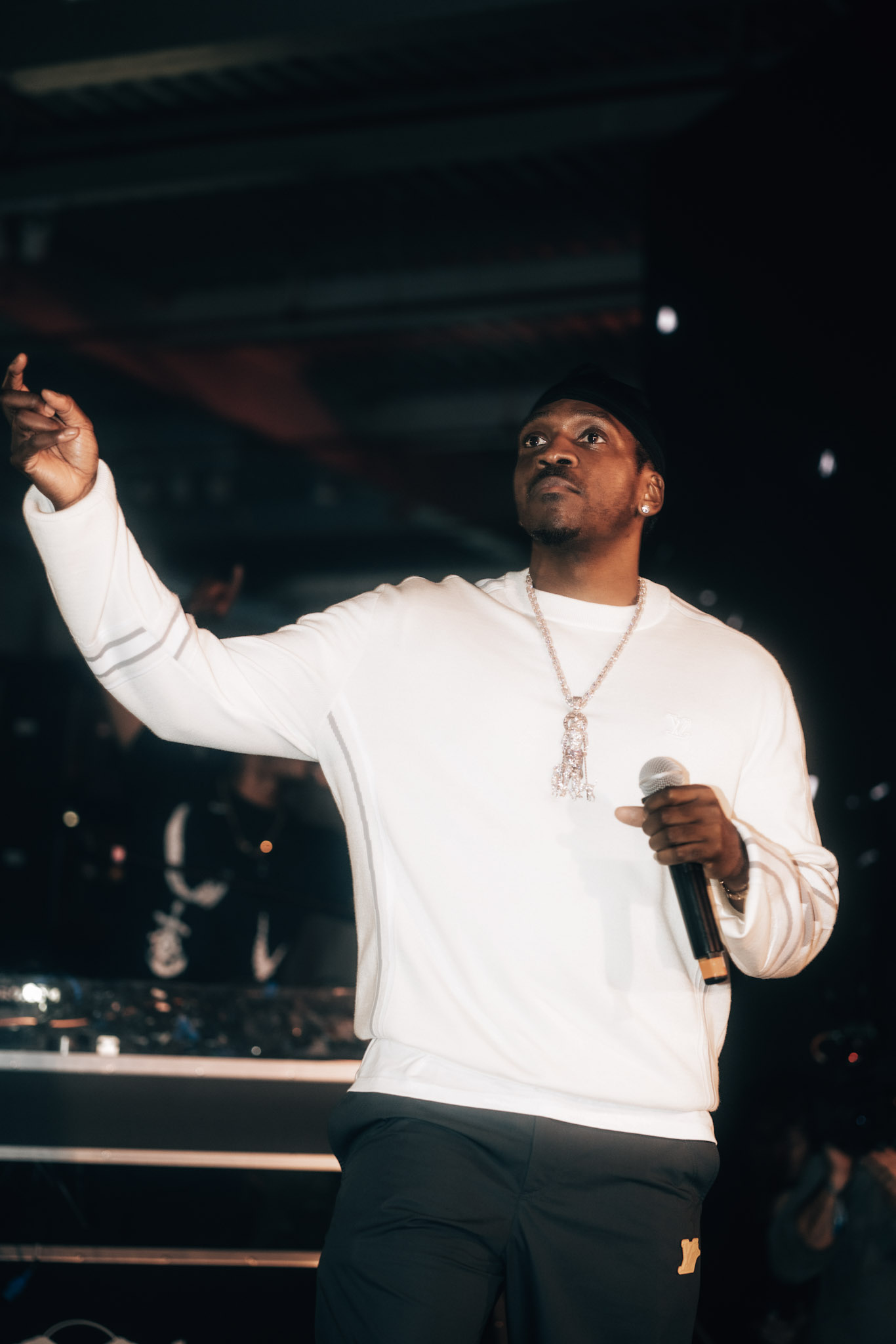
The energy remained high with global producer Kaytranada, who delivered a genre-blending set of house, funk, and hip-hop. Progressive R&B artist KWN took command of the main stage with a soulful performance of "Worst Behaviour," while DJ Spinall closed out the weekend by turning the venue into a massive dance circle. His high-energy, cross-continental set moved from Afrobeat to electronic, keeping the crowd locked in until the house lights finally came up.
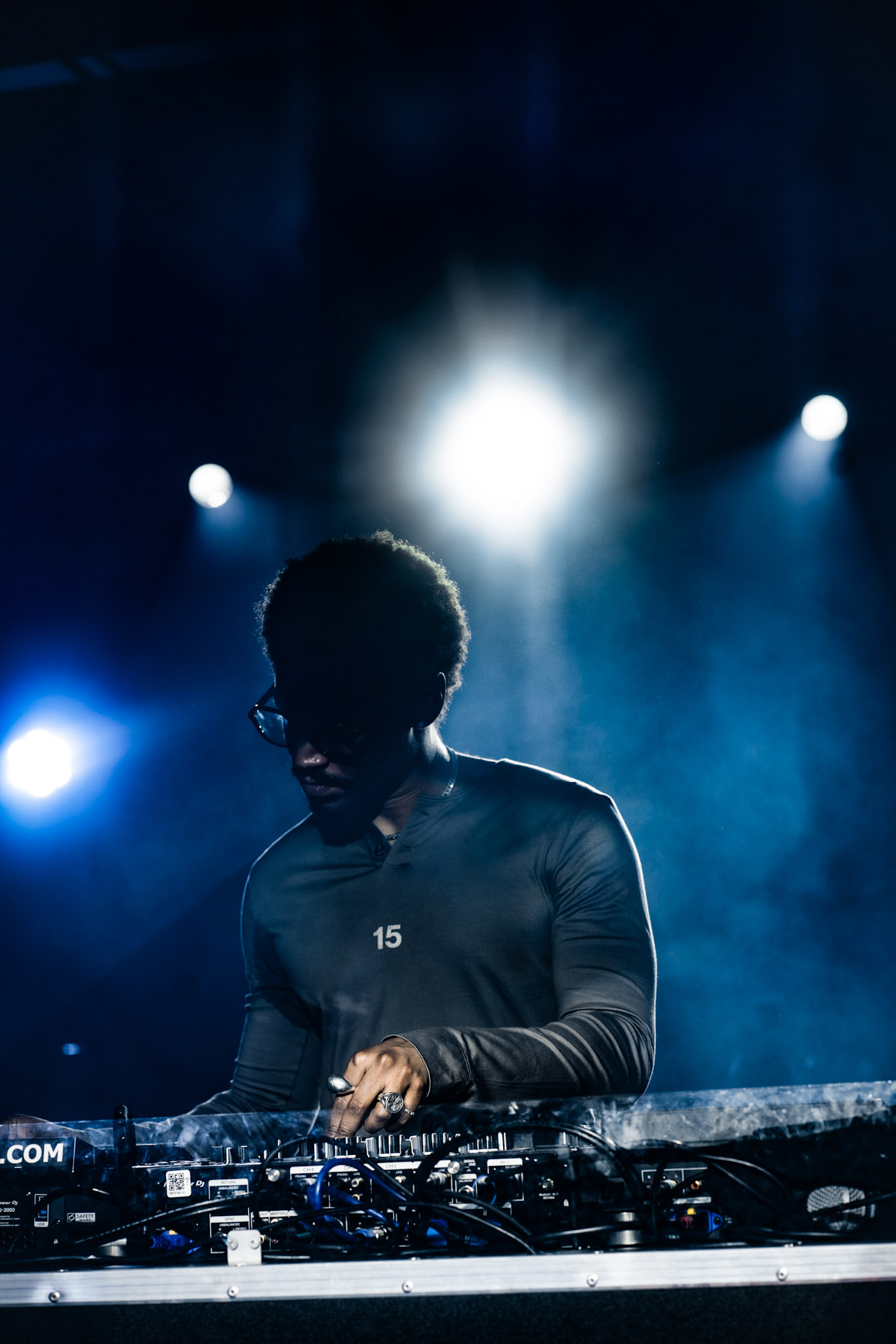
Saint & Citizen is more than an event, it's a movement. It's a place that feels like home, where there's something for everyone to feel connected. You walk away feeling a richness, empowered to be more intentional in your own story and in every aspect of your life. It's a reminder that you don't have to wait for Art Basel to find this feeling, every day can feel like Saint & Citizen, wherever you're from.
Photographs by Danaér MENSAH @danaerxy
For nearly two decades, YouTube has been an undeniable force in the global export of African music, collapsing borders, building communities, and amplifying voices through the power of visual storytelling. As African music continues its worldwide ascent, I sat down with Addy Awofisayo, Head of Music for Sub-Saharan Africa at Google and YouTube, to unpack her behind-the-scenes role, the shifting dynamics of Africa's global influence, and what she believes lies ahead for the continent's creative economy.
.jpg)
Awofisayo's work sits at the intersection of culture, technology, and advocacy. Her mandate is simple yet expansive: to champion African music, elevate its creators, and strengthen the continent's creative ecosystem across YouTube and the wider Google network.
"I work across Google's music ecosystem to ensure that artists, songwriters, producers, labels, collection societies, and others see YouTube as their platform of choice, or at least one of the platforms they rely on to share and amplify their creative work," she explains.
When asked what pulled her into the media space, she smiles, almost as though the answer has been waiting her whole life.
"I think for me, it didn't even start with music. I was fascinated by storytelling, and I was fascinated by the creative space. As a kid, I loved Tales by Moonlight (a classic NTA TV show). I never missed it, wherever I was, I always found a way to watch it. But I never really saw it as a career.
"I started in finance at Microsoft for about five years, then pivoted to healthcare consulting, then to public policy. And it was within public policy that I started getting introduced to media, and media as a policy area. I became fascinated by what you can do in the media and entertainment space. That's when I realized, oh, I can channel my storytelling passion and also create a system for creatives that allows them to thrive, that allows their stories to get out there."
Addy is a lifelong music lover, driven by a passion for storytelling, but her journey did not begin at YouTube. She moved across disciplines: finance, healthcare, policy, media, before stepping fully into the creative space. In her words:
"I was always curious about the space, about the creative economy, the intellectual curiosity about how the space came to be—how people monetize, how people own their content, their IP. I just kept learning and growing my knowledge, surrounding myself with people already in the space who were doing well. I was working with the YouTube Music team whenever an opportunity showed up, even though that wasn't my role. My role was non-music. My role was YouTube Creator Ecosystem."
.jpg)
Today, Awofisayo is a defining influence behind some of the biggest African concert livestreams on YouTube, from Burna Boy's historic sold out night at Madison Square Garden to Rema, Wizkid, and Asake's landmark O2 Arena performances. I ask her what drives these projects.
She leans in. "When Burna Boy sold out Madison Square Garden, there was so much noise online, but if you weren't there physically, you couldn't grasp the magnitude. I thought, This moment shouldn't be confined to the walls of MSG. People deserved to experience it."
At the time, livestreaming wasn't common among African artists. "Most artists saw YouTube as a place to upload music videos or behind-the-scenes clips. Meanwhile, artists in the US and Latin America were livestreaming major concerts. I kept wondering, why isn't this happening for Africa?"
She pitched the idea to Burna Boy's team. "It was all 'maybes.' Maybe it would create excitement. Maybe it would build FOMO for his next show. But they believed in the idea, and it changed everything. Not only did you have the people at Madison Square Garden experiencing it, you had millions of people globally experiencing it and talking about it. There was just a greater appreciation for the art, for the culture, and for the space."
.jpg)
We further discussed where African music stands globally today, and what comes next for the continent.
"There are two examples I use: K-Pop and Latin music. Seeing how far those genres have come, but also understanding the data—what helped those genres get even bigger is that people from their home markets have easy access to the music. The hindrance we have in Africa is that we still don't have a lot of people online. A lot of people are not yet on digital platforms. So even though streaming is a thing now, we are barely scratching the surface when it comes to Africa.
"When that barrier breaks and more people from the home countries of these artists can stream their music, that's when we're going to see a big boom, more appreciation, more monetization, more tours, and more opportunities for artists.
When asked about the toughest part of her work, Awofisayo doesn't hesitate. "Infrastructure," she says plainly. "Our market just isn't ripe enough. We're not there yet in terms of infrastructure, regulation, and the policies needed to support the creative economy or IP."
"That makes it really challenging for creatives on the continent who are trying to grow and build an audience. For instance, with internet barriers, you can't reach as many people in your home country. So to monetize digitally, you have to start thinking about your export audience because that's where your money will come from."
An example she gives is live events: "Even down to attending shows, it's hard for people to pay a high ticket price because you're only tapping into a fraction of the market. So when people say, 'Why not make it free or discounted?' Well, if you do that, how are you supposed to put on a great show? How do you pay the right cameraman, videographer, editor? It becomes a whole industry and infrastructural issue."
So how does YouTube help dismantle the idea of Africa as a monolith?
"YouTube gives everyone a voice," she says. "Someone in Uganda can tell their own story and show the world what being Ugandan looks like. Ultimately, the responsibility lies with us, Africans, to tell our stories the way we want them to be seen. We must be the ones pushing our narrative."
As the year winds down, I ask Addy what she hopes African artists focus on moving forward.
First, she emphasizes sonic identity. "There is so much diversity in African music, our beats, our tones, our instruments. Artists should lean into that. That's what makes us distinct. When you hear Latin music or K-Pop, you immediately recognize it. African music has that same richness. Really showing that off is important because that's what makes us unique. We shouldn't be afraid to tap into what makes us distinct."
Then she turns to collaboration. "I love what collaborations have done for African music. They allow artists to tap into new fan bases and introduce global audiences to our sound. Look at Rema and Selena Gomez, or Ayra Starr and Rauw Alejandro, these collaborations expand fan bases, open new markets, and introduce more people to African music who otherwise may not have encountered it.
As someone who discovered Zaylevelten in February this year, when he released Watching Me, I consider myself one of his early fans. (Earlier fans, those who found him through before 1t g0t crazy or l0cked 1n—tapes he released in 2024—might chafe at this characterization.) Lying on my bed, one cool evening after work, I performed the distinctly 21st-century ritual of scrolling through X, the platform formerly known as Twitter, dutifully scanning its interminable sea of text and visuals for my latest dopamine hit. After what felt like 5 minutes I stumbled upon a snippet that stopped me in my tracks. “‘Watching me’ out on all plats,” the caption read. In the video, which pulses with the slightly off-kilter and grimy feel we often see in US and UK underground scenes, two guys dressed in all black outfits prance around over a discordant track. The clip is fashionably upbeat. The aspect ratio is distorted so that every person or object looks unnaturally long and lyrics in the font of Charlie XCX’s Brat haphazardly pop up on the screen. I was immediately arrested by Zaylevelten’s but even I couldn’t predict his surreal rise this year.
Since then, I’ve assiduously followed his blistering rise. Zaylevelten’s every release has sent shockwaves throughout the pop landscape, seemingly consolidating his base and strengthening the resolve of his antagonists. No more intense has this endless cycle of polarization been than in the days and weeks that followed the release of then 1t g0t crazy, a smorgasbord of tracks that foreground his distinctively Nigerian interpretation of Trap music, which he auspiciously released on the first of October this year. All of this has culminated in the deluxe edition of the project, cheekily titled then 1t g0t crazier. Indeed in this spruced-up edition, things get more intense. then 1t g0t crazier tops up its original version with the addition of four new tracks, two of which feature Odumodublvck and Mavo.
One of the chief pleasures of then 1t g0t crazy is its textured exploration of contemporary youth through a decidedly Nigerian lens. Consider, Guide Pass, a standout track on the project. Here he trains his attention on the familiar situation of friendships coming to an abrupt end as a result of the change in fortunes of a member of the friendship group. In the song’s overture, he addresses whispers of rancor between him and a friend, clarifying that he has no problems with anyone, he has simply transcended the friendship. “No be say we get issue I don pass you,” he intones.
Other times he’s more cavalier, nonetheless his unbridled swagger persists. In Pawon, a callback to Olamide’s single of the same title, he conjures a decadent scene. Inebriated and throbbing with virility, presumably at the cusp of sexual relations with a woman, he sings: “Upstairs. Make she climb up. I don high up. I no fit calm down baby climb up,” he raps. Abruptly, the song cuts to a different scene. Here he’s faced with a different dilemma: he has just received a lump sum and is pleading with his interlocutor not to forget the password. As with many other Hip Hop acts he often dawdles along moral boundaries, exploring subjects such as fraud, sexism-addled sexual relations (pun very much intended), and drugs. Depending on what moral standards you uphold, some of these themes might come across as off-putting. And yet, his ceaseless interrogation of morally questionable themes, paired with his sensibility for slang and unbelievably smooth flows, confer his music with frisson. Listening to the project feels a bit like being in the first flush of youth, feeling like the world is your oyster and nothing is beyond reach.
The four new additions on then 1t g0t crazier crackle with this familiar frisson. On Isa Lot, an ode to his, apparently, immense level of swagger, he regales himself and his audience with syrupy smooth flows and, occasionally, poignant lyrics that can catch one off guard. Between exuberant boasts and hilarious quips such as when he raps “Lamba anytime I’m yearning with a thot,” he sneaks in lines whose playful delivery might belie their depth: “Soft life from a hard life/ Tenski now my music don dey massive.” Wuse Tu, featuring Mavo and Lowzy, is similarly exhilarating. It’s just a shame that Idanski, which was already close to perfection, is undercut by a lackluster, bluster-riddled verse by Odumodublvck in the remix.
Earlier, I expressed astonishment at Zaylevelten’s increasingly rapid rise to fame. If a recent tweet he made is any indication, he also shares in this astonishment. “If someone told me I’d have over 5 songs touch a million streams by the end of this year I woulda called cap, we’ll keep going crazy I love y’all,” he writes. In explaining his rise, several theories abound. And yet, the most compelling one remains that his ascendancy owes something to his intrepid exploration of subjects that deeply resonate with young adults today.
After six years building a career in Australia that earned her four ARIA Awards and international recognition, Zambian-born, Botswana-raised artist, Sampa The Great has relocated her professional base back to Southern Africa. She's bringing the expertise, relationships, and global perspective she gained abroad back to Zambia and Botswana, investing in the creative economies that shaped her in the first place.
At the center of it all is Nu Zamrock, Sampa's expansion of the genre pioneered by her relative George "Groovy Joe" Kunda. Where Zamrock fused rock, funk, and African rhythms in the 1970s, Nu Zamrock adds hip-hop, poetry, and soul to that foundation. Her 2026 album will tell that story fully, positioning her as a genre trailblazer expanding Zamrock into new territories. Ahead of that release, we sat with Sampa. This is that conversation.
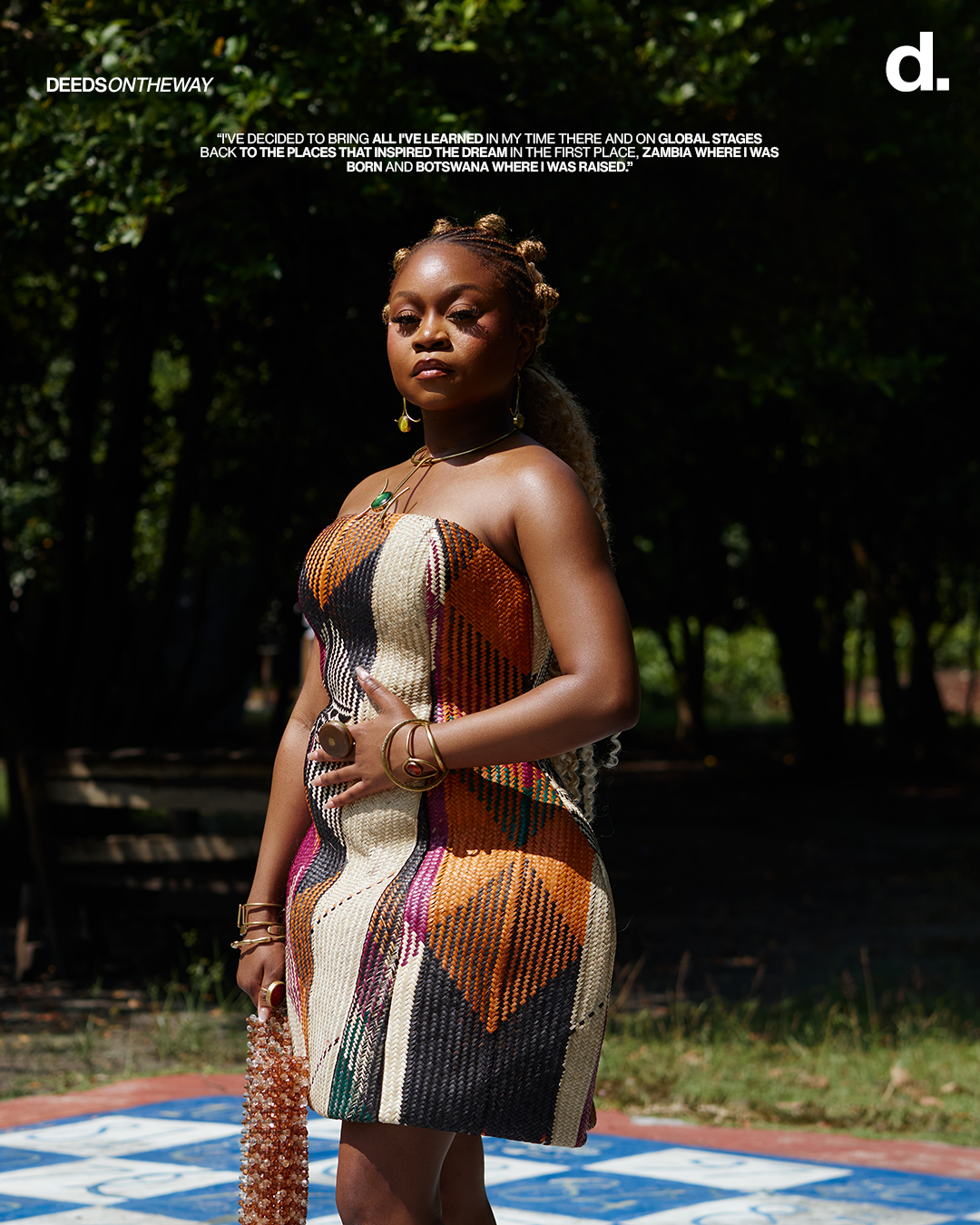
Your "Return to Africa" movement is central to this moment in your career. What does "returning" mean to you when you've carried Zambia and Botswana with you everywhere, from Australia to global stages? How has your relationship with the continent evolved over the years?
I wouldn't say it is a return to Africa movement because I was born and raised in Africa. I would say it's a reclaiming of my professional career in the place that most inspired it. I was based in Australia for six years and started my professional career there after completing university studies, which is the reason I went to Australia in the first place.
After my music career started blowing up, I decided to stay there and grow my career. Now, I've decided to bring all I've learned in my time there and on global stages back to the places that inspired the dream in the first place, Zambia where I was born and Botswana where I was raised.
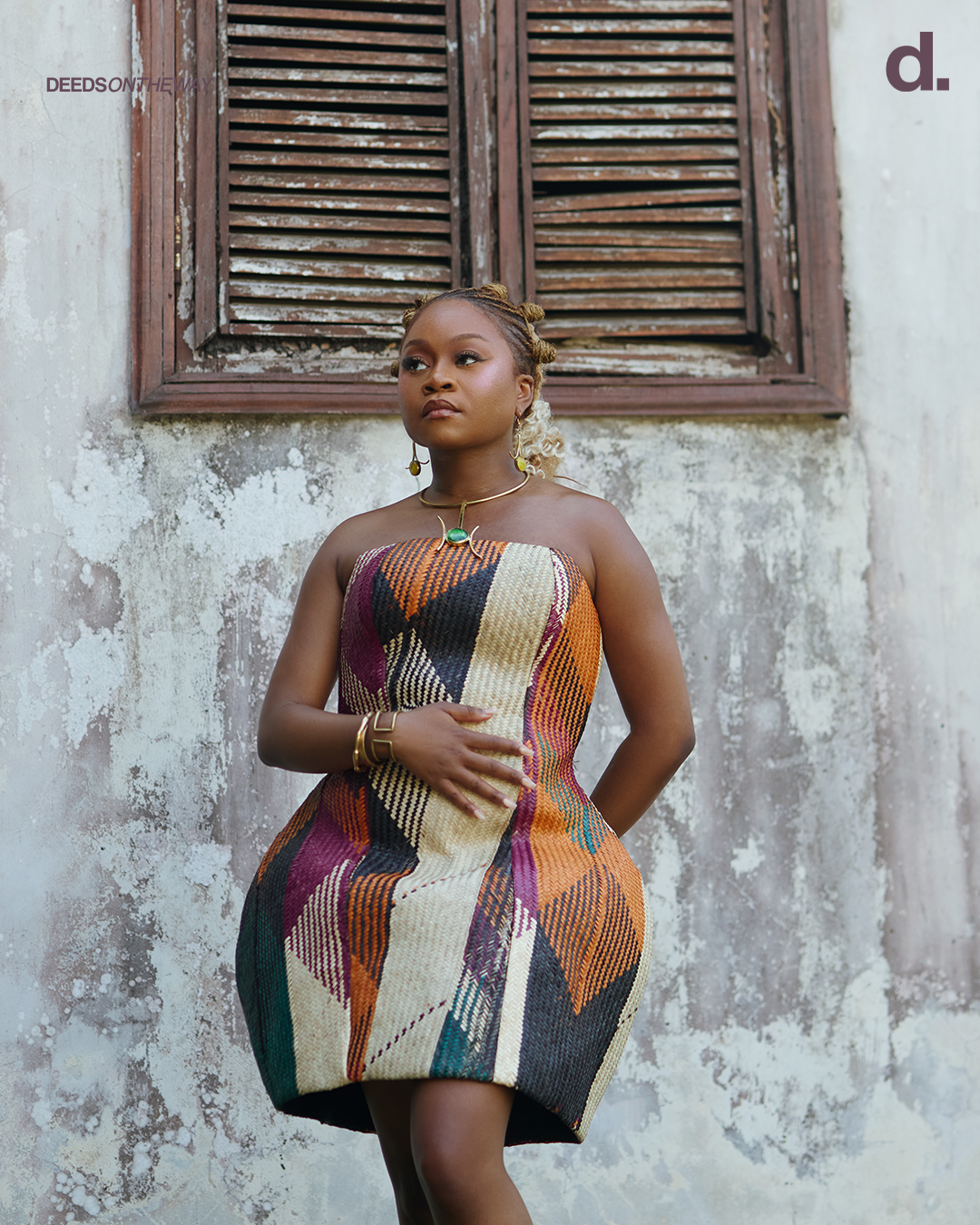
You call yourself Sampa The Great. When did you start using that name, and what does "greatness" mean to you? Has your definition changed over the years?
I started calling myself Sampa The Great as a reminder to be the greatest version of myself always. Over the years it has evolved to doing the best that I can always. That does not mean perfection or being the strongest or greatest person in the room. It's simply pushing to do your best at any given time and constantly working on it, regardless of the situation you're in.
Fashion has become a big part of your cultural presence. How do you see fashion as an extension of your artistry? What conversations do you want your presence in those spaces to spark?
I always say it was the Thandiswa Mazwais, the Angelique Kidjos, and the Angela Nyirendas of the world that made it cool to wear your traditional attire on stage, at awards, and in the mainstream. This was pre-Wakanda, because it definitely was a time where it wasn't the norm or was called corny.
I say that to say, it's something powerful about being in spaces in which people who look like you or who expressed their culture like you were not allowed in. It sparks the movement of African style and fashion belonging everywhere and having as much access to any and all spaces as everyone else. Not only because it's top tier, but also because it is the silent inspiration all fashion draws from.
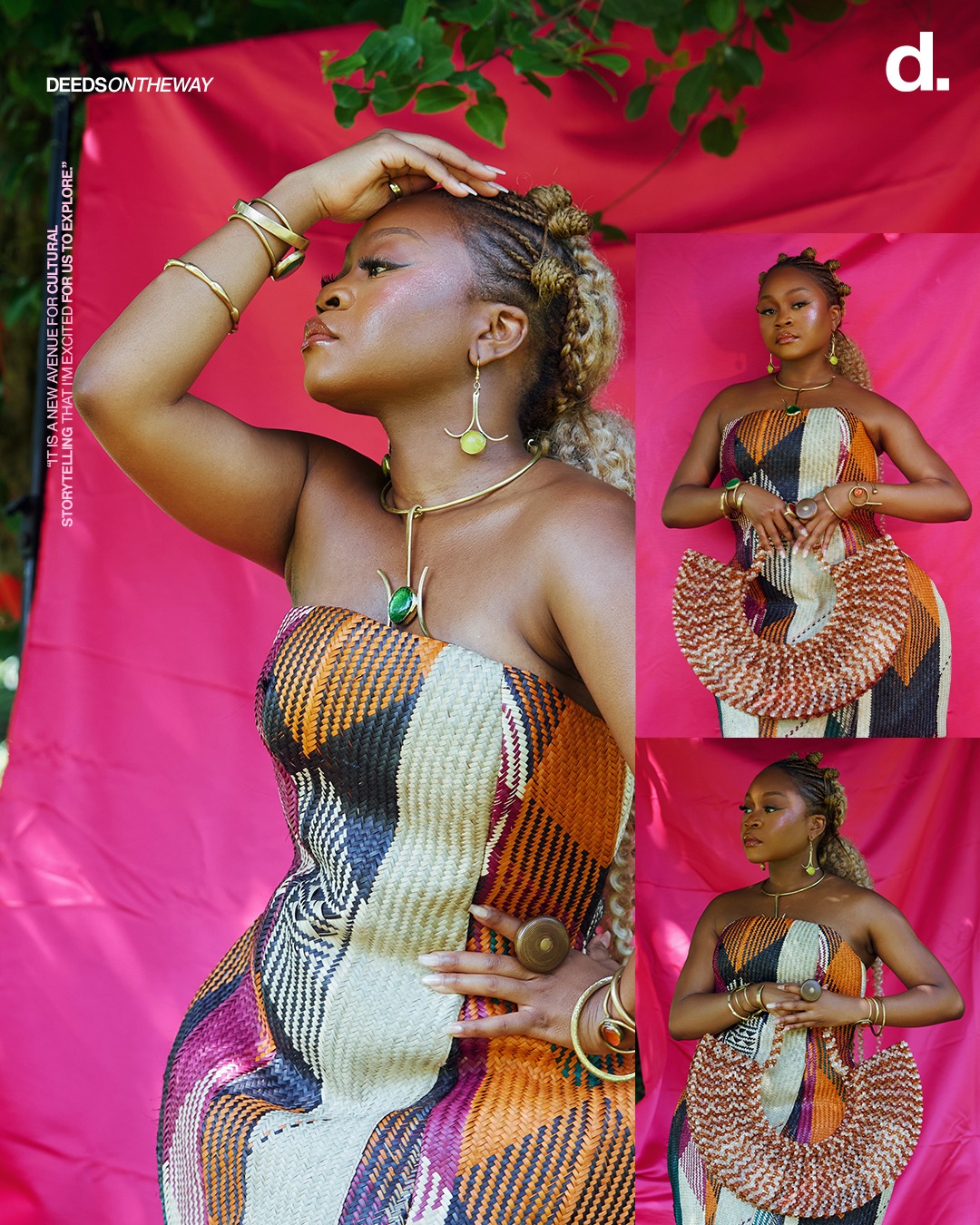
"GOAT" on the HIM soundtrack sits alongside Denzel Curry, Tierra Whack, Gucci Mane. It's a powerful lineup. What was your creative process for contributing to a film soundtrack versus creating for an album? How did you approach it differently?
"GOAT" was a very exciting experience for me because I'm a huge fan of Jordan Peele's movies and Marlon Wayans. So to have my name attached to a project with them was amazing.
My goal was to express what the story of the movie is, the synopsis I was given, and how it relates to my life and industry. "What would it take to be the GOAT to you?" What are you willing to strive for, give up, and sometimes sacrifice? In this very political and dark world, the word sacrifice has more than one meaning. When it comes to the music industry, I really related to the topic of mentorship, fame, sacrifice, and being comfortable enough to be out of the spotlight and have my music touch and influence culture as my own definition of success.
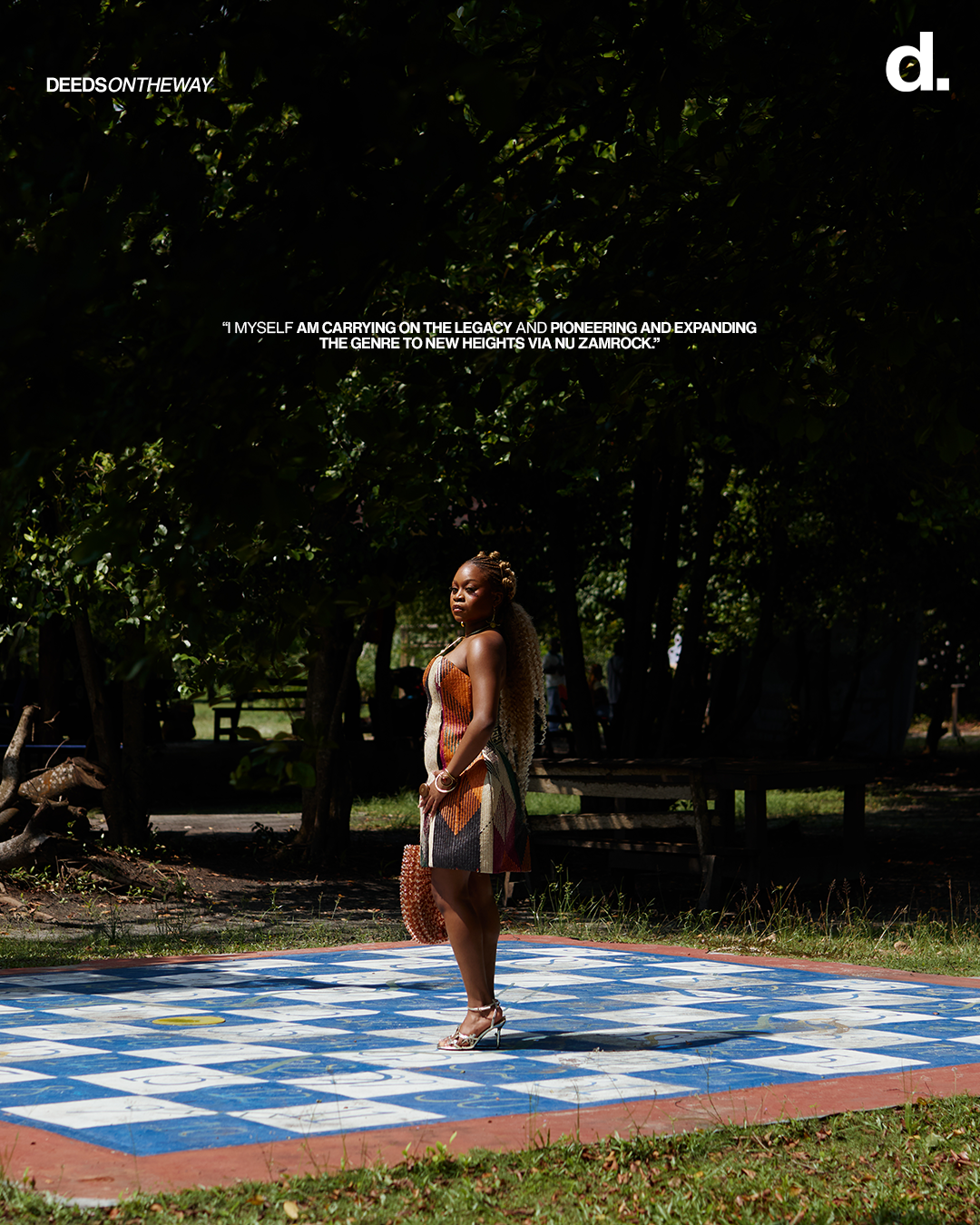
You hosted the Lusaka Homecoming Block Party in November. What did that day need to feel like for you? What were you most excited about?
It needed to feel like the neighborhood kids have come together to celebrate and have a braai. Celebrate the creativity we all love. Celebrate the fact that we get to be creative in a somewhat conservative country and that there are like minded creatives who want to work and be in community with each other.
Gaming culture has embraced your music; you're featured on the EA Sports FC 26 soundtrack. How does seeing your work in a global video game impact your audience reach, and do you see gaming as a new platform for African artists?
I think it's amazing that EA Sports has added "Can't Hold Us" to the game. The reach of the gaming world is incredible and I'm super grateful I get to be a part of it. I feel like African artists definitely have a space in the gaming world and it is a new avenue for cultural storytelling that I'm excited for us to explore.
You're working with a new creative team: Nia Andrews directing, Iggy London on visuals, Abu Dumbuya on photography. What's changed about how you see yourself through their lens? Have they pulled something out of you that wasn't there before?
Collaborating with new and exciting creatives always brings the best out of you that you never saw. Iggy London has an amazing visual eye and a great knack for storytelling, and it's definitely a lane I've been growing myself and was able to expand through working with him.
Nia Andrews is an amazing creative director and, most importantly, what I call a creative interpreter who is able to weave the story and essence of the creative world into our work via world-building. A skill that was sharpened on my end through her in this project. Abu Dumbuya brought the spark and excitement to capturing moments from the visuals and interpreting looks for the single tracks. A very well-needed spark that completes the whole process of the visual story. But also my internal team, from management to label to project manager, have been integral to putting this vision to paper, and all this wouldn't have been possible without them.
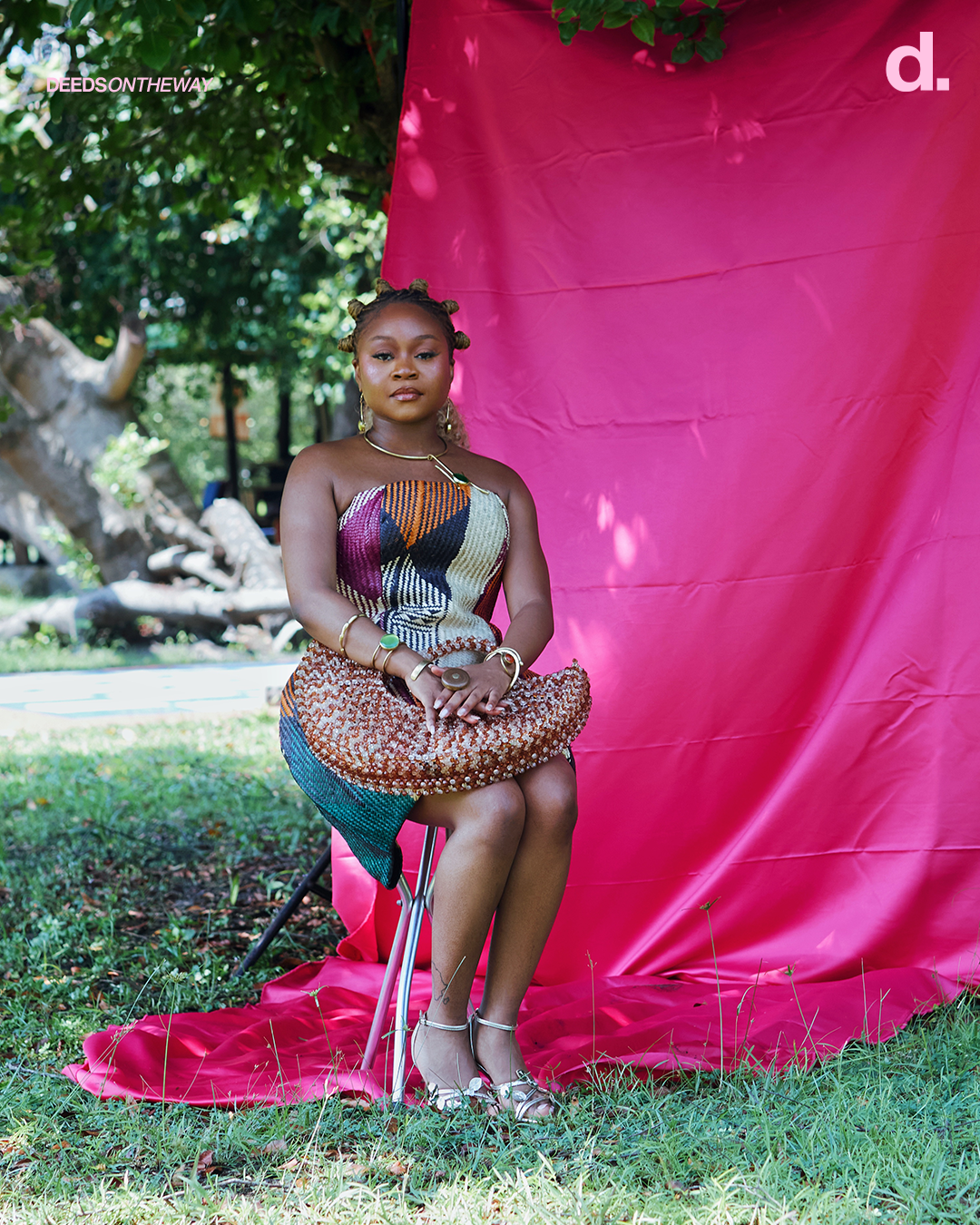
With a growing global audience and major corporate campaigns, how do you keep it real on social media and when you're building community online? What's your approach to staying authentic as things get bigger?
I still post the majority of my posts online, so you definitely still hear my voice directly to the people who support and encourage me. It's always been that way, especially because it was social media that brought my music to the limelight.
Initially, in a music industry like Australia where there were not a lot of Black artists in the mainstream spotlight, it was social media that had the Will and Jada Pinkett Smiths, the Rhapsodys, and the Lauryn Hills share and acknowledge my work before the industry did. So I always keep talking directly to my online community close to my chest. At the end of the day, it is my voice.
Your 2026 album is coming, "the next era." What's the story you're dying to tell that you haven't been able to yet? What does this new chapter mean for you?
Not only am I related to a pioneer of one of the coolest genres in the world, George "Groovy Joe" Kunda, who is one of the pioneers of Zamrock, I myself am carrying on the legacy and pioneering and expanding the genre to new heights via Nu Zamrock. A story I'm super excited to tell next year!
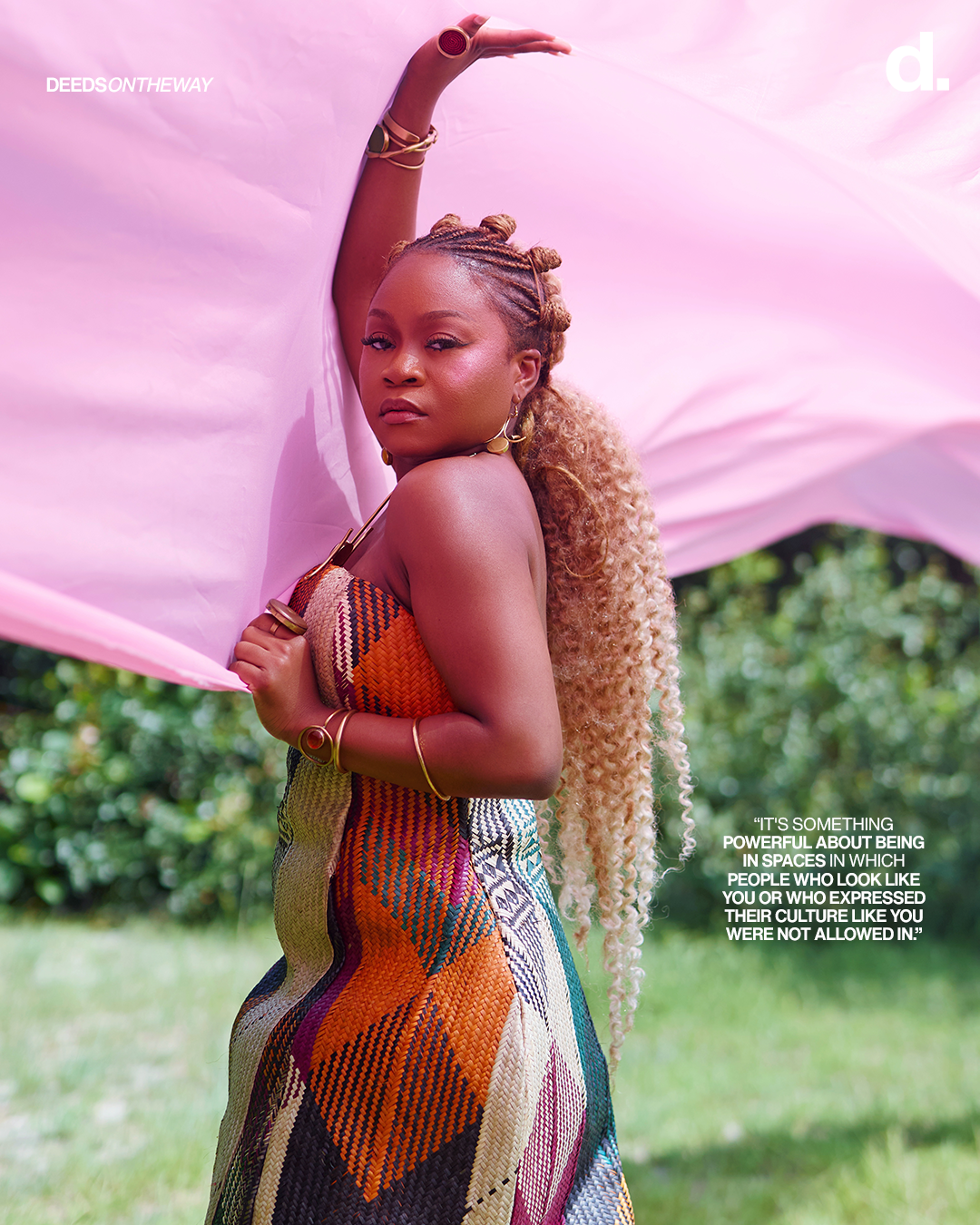
Sampa is precise about her language. Not "returning" but "reclaiming." Not "perfection" but "doing your best at any given time." Not revival but evolution. These distinctions reveal an artist who understands that words shape worlds. Sampa The Great is reclaiming a genre, expanding its sonic possibilities while honoring its roots. And in that reclamation, she's building pathways for the next generation of Zambian artists to claim their sound, their stages, their futures.
The album arrives in 2026. Everything, the EA Sports placement, the HIM soundtrack, the Lusaka block parties, has been building toward that moment. Nu Zamrock gets its full statement, and Sampa steps fully into the legacy she's been carrying all along.
In Duplicity, Boj reveals two contrasting sides of himself. The Alté pioneer once again reminds us why he is somebody who can never be slept on. Six albums into his career, he is still able to keep people on their toes while maintaining what has made him the innovator he is.
As for the album itself, when you first take it in, you can see a difference between this and his previous material. Sonically, visually, and thematically. The album itself represents two sides and explores the duality of its subject matter through the different emotions, thoughts, and feelings he shares across the project. “The whole concept of the album was born out of an argument,” he shares about the genesis of the album, in how the idea came to be. Its title and concept were determined very early in the album-making process, which is usually the opposite of his process. Even in setting the tone for the visuals and artwork, inspiration came from Peaky Blinders and The Godfather, allowing Boj to express all sides of himself.
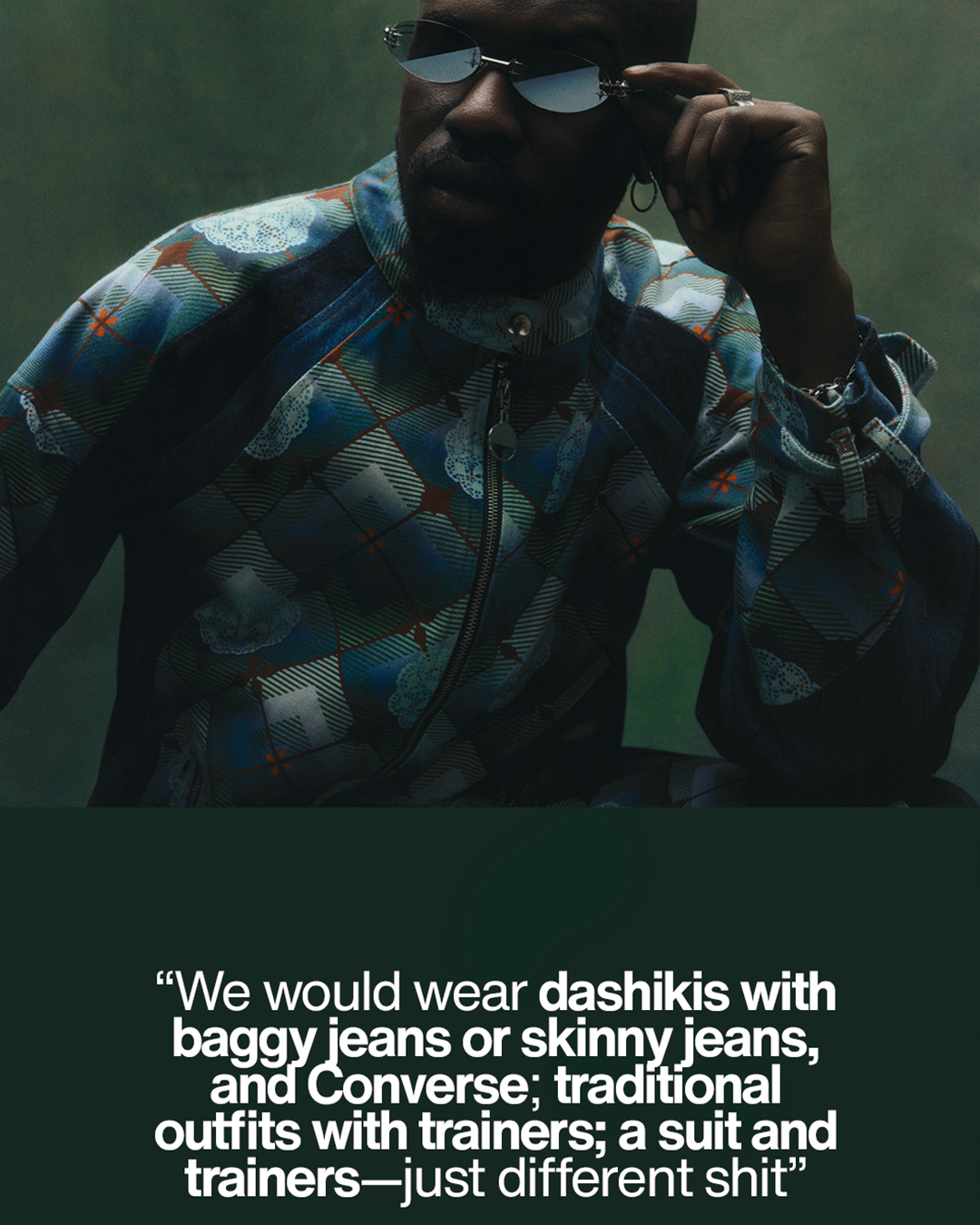
As a cultivator in the genesis of the Alté lifestyle, which expands beyond the genre of music and translates across music and fashion, and represents a different kind of creative expression. Boj is somebody who has never shied away from whatever it is that makes him stand out the way he does. As we meet this version of Boj, there is growth and elevation from what has already been established with his legacy and impact on the genre. Joined by his fellow collaborators on the album, he continues to show that, no matter the situation or circumstance, he shifts and expands what people see him as when it comes to his music and creativity
Meeting Boj in this era represents growth and self-realisation for him and reflects parts of himself that fans and audiences may not be familiar with. However, ever so accurate to himself, he still delivers a body of work that gives you the quality of music we have always come to love.
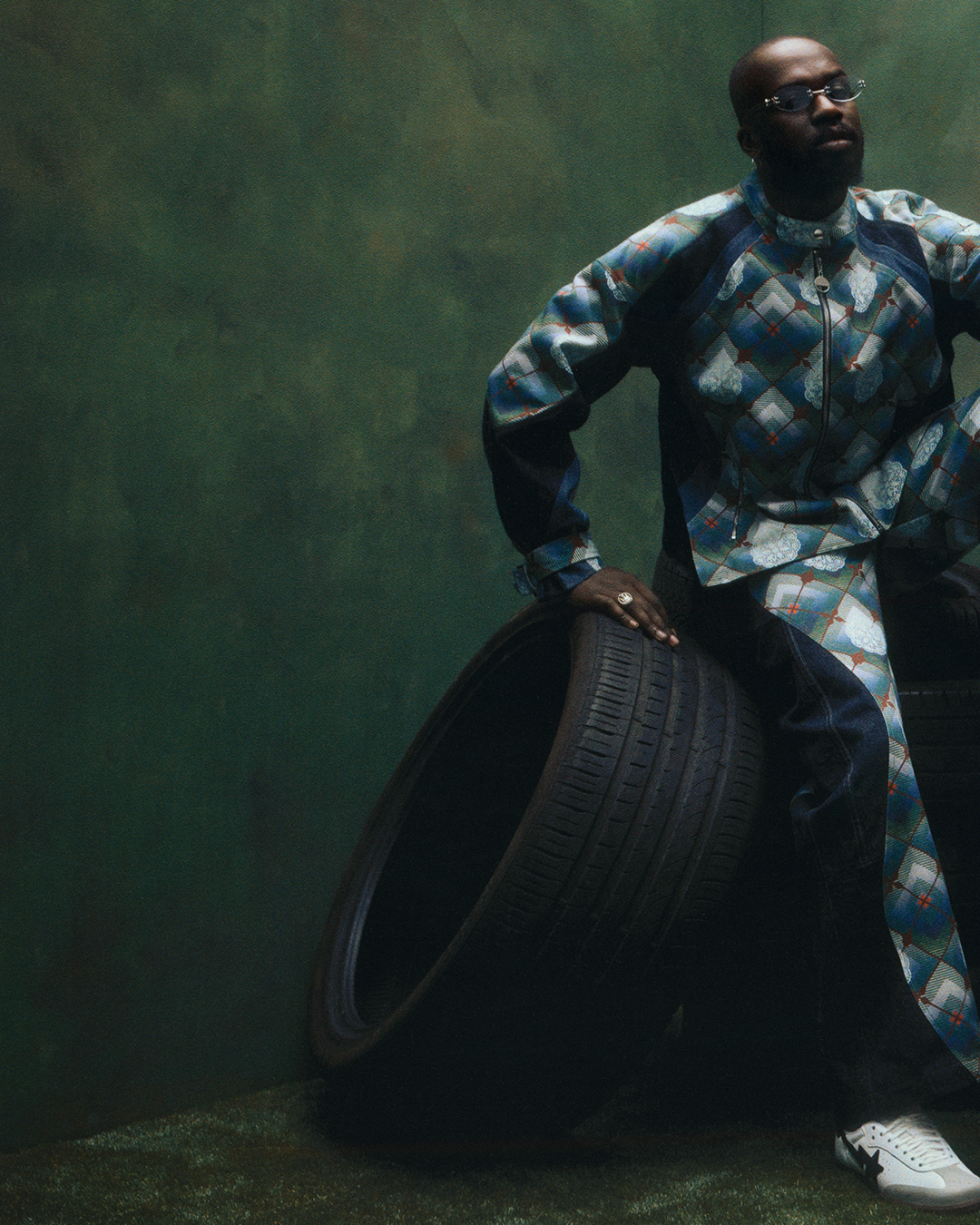
First of all, congratulations on the new album. We were introduced to the sound of the album with the first two singles, ‘Shana’ and ‘ After Hours’. Why did you feel these were the first songs you wanted people to hear from the album?
Really and truly, those songs tell the album's story perfectly. There are two sides to me, and it fits the whole duplicity theme. One of the songs is really centred on love, and the other is just centred on enjoying life. It aligned well with the project's theme.
The tone of the album has a darker feel than what we have heard from you. So how did we get here?
The whole concept of the album was born out of an argument. So that's really why it feels like that. As an artist, it's very hard for me to express musically without it relating to what's going on in my life. That's what's come out like that, even down to the album cover; it's all dark.
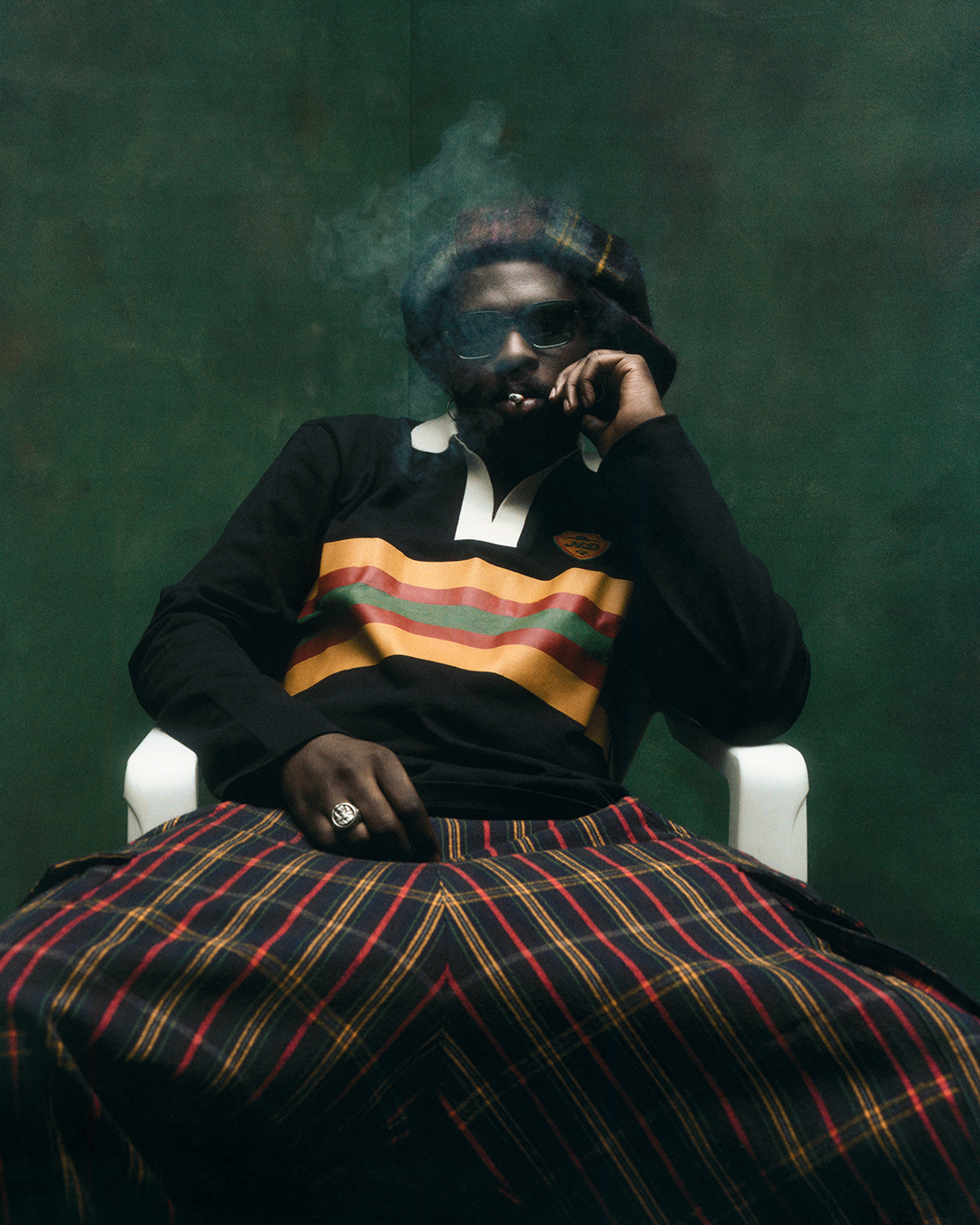
As you were making the songs themselves, did it just transpire that they were all leaning towards a particular sound or theme? Or was it something that just came naturally as you were making the music?
For me, it was just what was happening at the time. It was just what we were creating; I just let it happen, and this is how it happened. This is the first time I've had my album name or the album theme before the project has been done. I had made only two songs before I had the name already. The name usually comes at the end for me; this is the first time it came first, and even then, I wasn't intentional about the mood of the songs. It was just what was coming. It was just how I felt.
Why did you choose Duplicity as the album title?
In the argument I was having. I was called duplicitous, and I didn't know what it meant. And then I went and checked what it meant, found out what it was, and was just like, this is everyone. This is true, maybe I'm a bit duplicitous, but I feel like everyone is to some extent, and I just needed to express that.
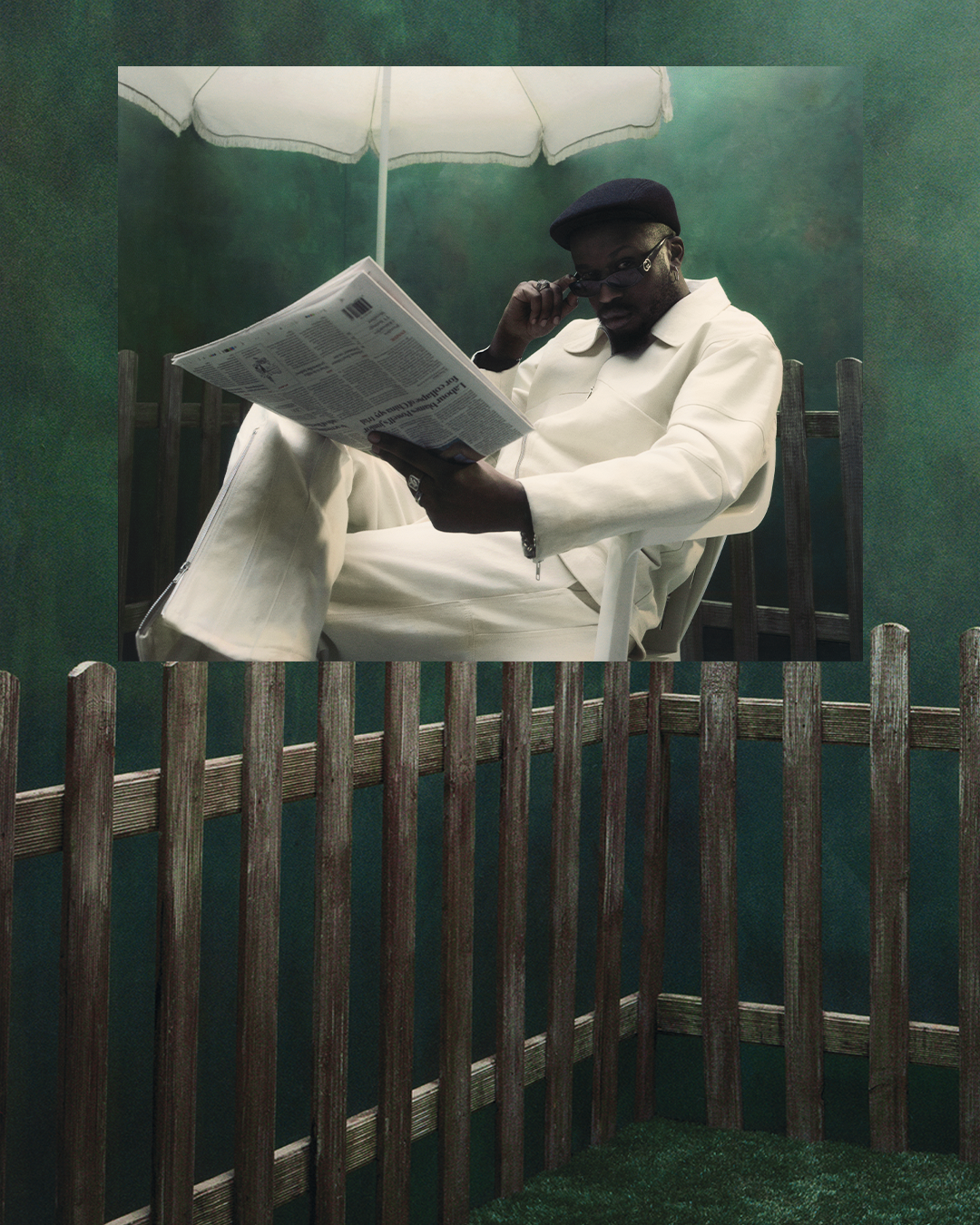
As a whole, did you feel like there was any, like, pressure or like, slight hesitation as to what people were going to think about hearing the album because it does feel different from your previous bodies of work, or was it something you were not thinking about?
I don't think that way; I just always assumed that people would accept everything I do. So I don't really think the other way. The only thing I was hesitant about was explaining why my album is the way it is. I'm usually a very private person. I don't really talk about what's really going on in my life, or anything like that. But then I also thought about the kind of person I'm trying to grow to be, which is to be honest and to let people in a bit more, let the fans in a bit more, see my character a bit more, let them kind of see what actually happens in my head.
How did you find that this experience for this project differed from your previous bodies of work? And just like bringing together everything from the artwork, even like the artwork for the singles, how was it?
With this project, when I'm making one, I usually have a bunch of sessions with different producers, you know, and work with different people. But this time, I decided to lock in with junior, who's a producer I've worked with in the past on many records as well. We spent like a month together, first, just chilling, you know, doing things together. And then we locked in for a month again after that to start recording, I just really, really found, like, a synergy with him, where it's like he, he kind of now knows precisely what I want, even when I don't know what I want.
It was just a beautiful experience, also working with Tim Lyre, who's a great artist, great songwriter. He's also good at channelling, channelling me; he knows how to write like me. He's a rapper as well, so he elevates the writing, you know. So when I think about it, this album was actually very intentional. With the visuals as well. It was like watching Peaky Blinders again, before I started working on the album. And that inspired me a lot as well.
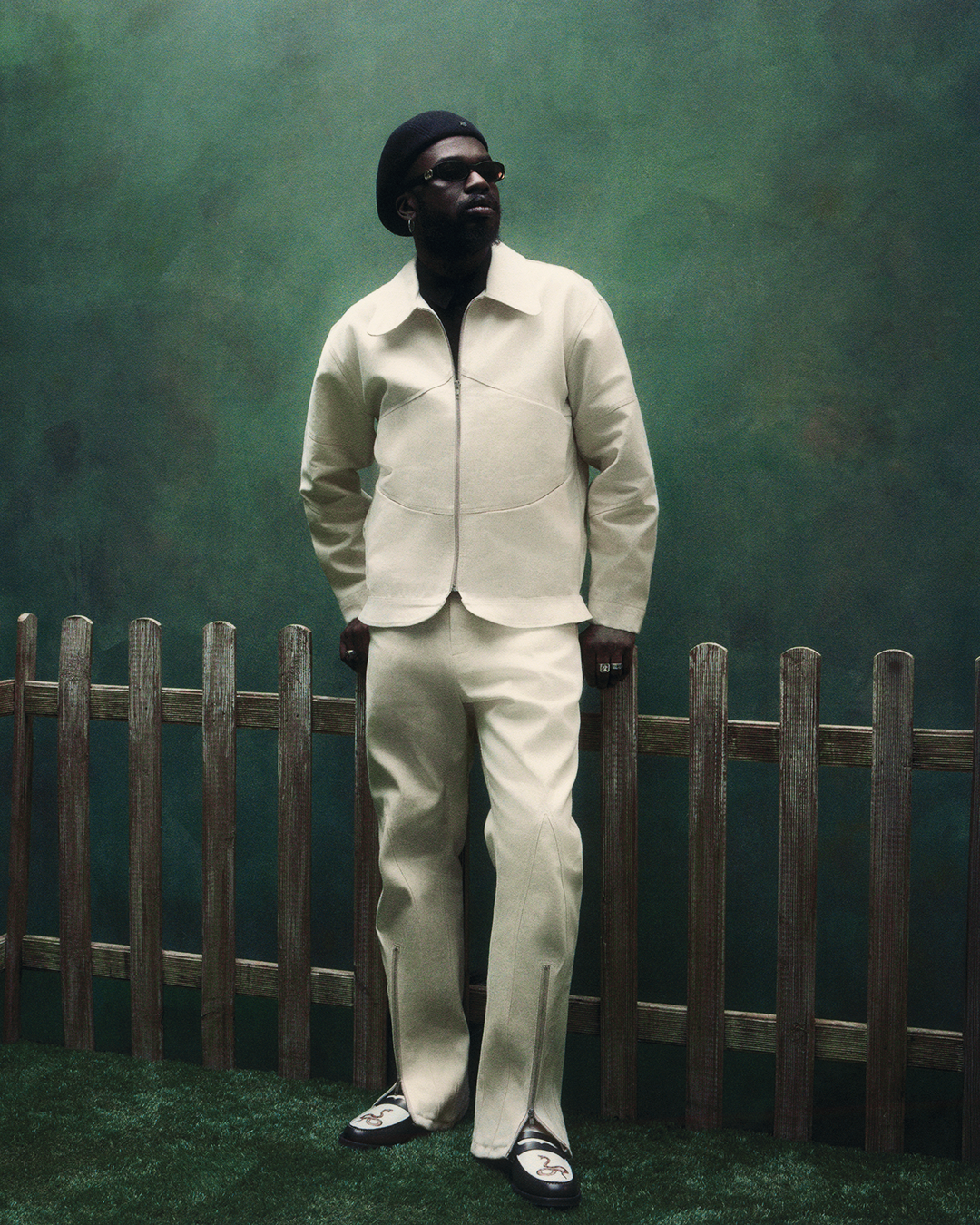
You are never shy about collaborating, and there are a few people on the album. So, speak to us about the features and who worked with you on the album?
This project has the fewest number of features I've had on a project. And this is also because I usually make music from a very selfish place, where it's like, I do what I want to hear. Yeah, okay, yeah. But sometimes you listen to what your fans are saying. And there was always the talk about how they wanted to hear more of you on songs, on certain songs. And usually I don't like hearing myself all over the song. So this time, there was only Olamide, Mavo, Obongjayer, ODUMODUBLVCK, Pa Salieu, and SGaWD, and usually, there's only one song that I'm on by myself.
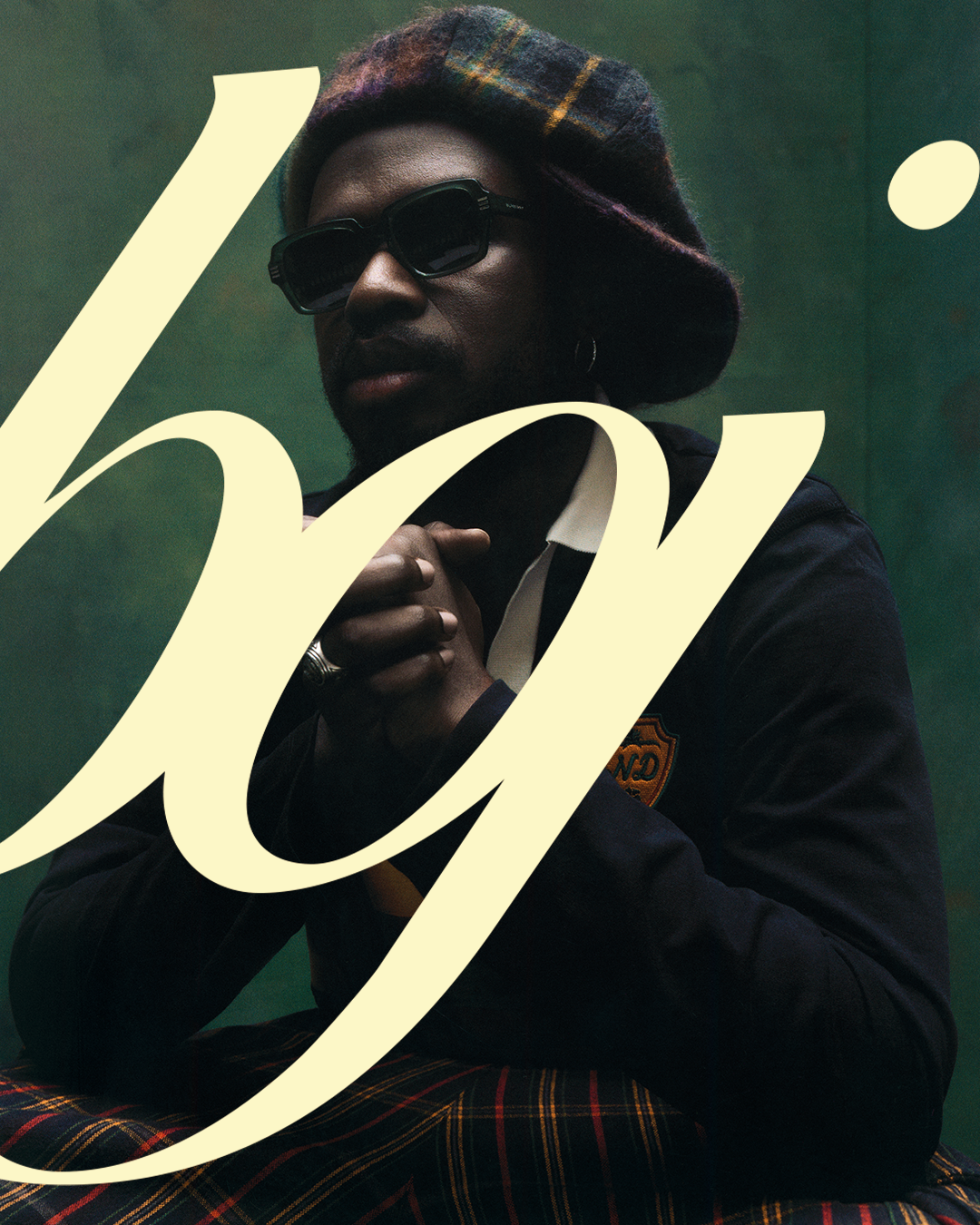
I grew up musically. I started music in a collaborative setting with my group, Dr B, and it was something, something where I'll do the hook, and then these other guys have the verses, or I'll do a verse on a song, or, you know, so that's how, that's how I really started. So from my first project, it was heavily collaborative,
With the music that you started making at the beginning of your career, and what that has evolved to what your sound is now, how do you feel that's changed, from where you were to where you are now? How do you define the music that you make now, as opposed to what we've known you, what you've known, what you've been known for throughout your career?
On a base level, not much has changed like that. Like anything, if you keep doing something over and over, you get better at it. Some of the melodies are stronger. Now the writing is a lot better. Now have the opportunity to work with, like, higher-level producers, you know, just stuff like that. On a base level, the sound is consistent; you know, when you hear a particular type of song, you'll be like, Okay, this, this sounds like something BOJ would be on. I've just gotten so much better at doing it.
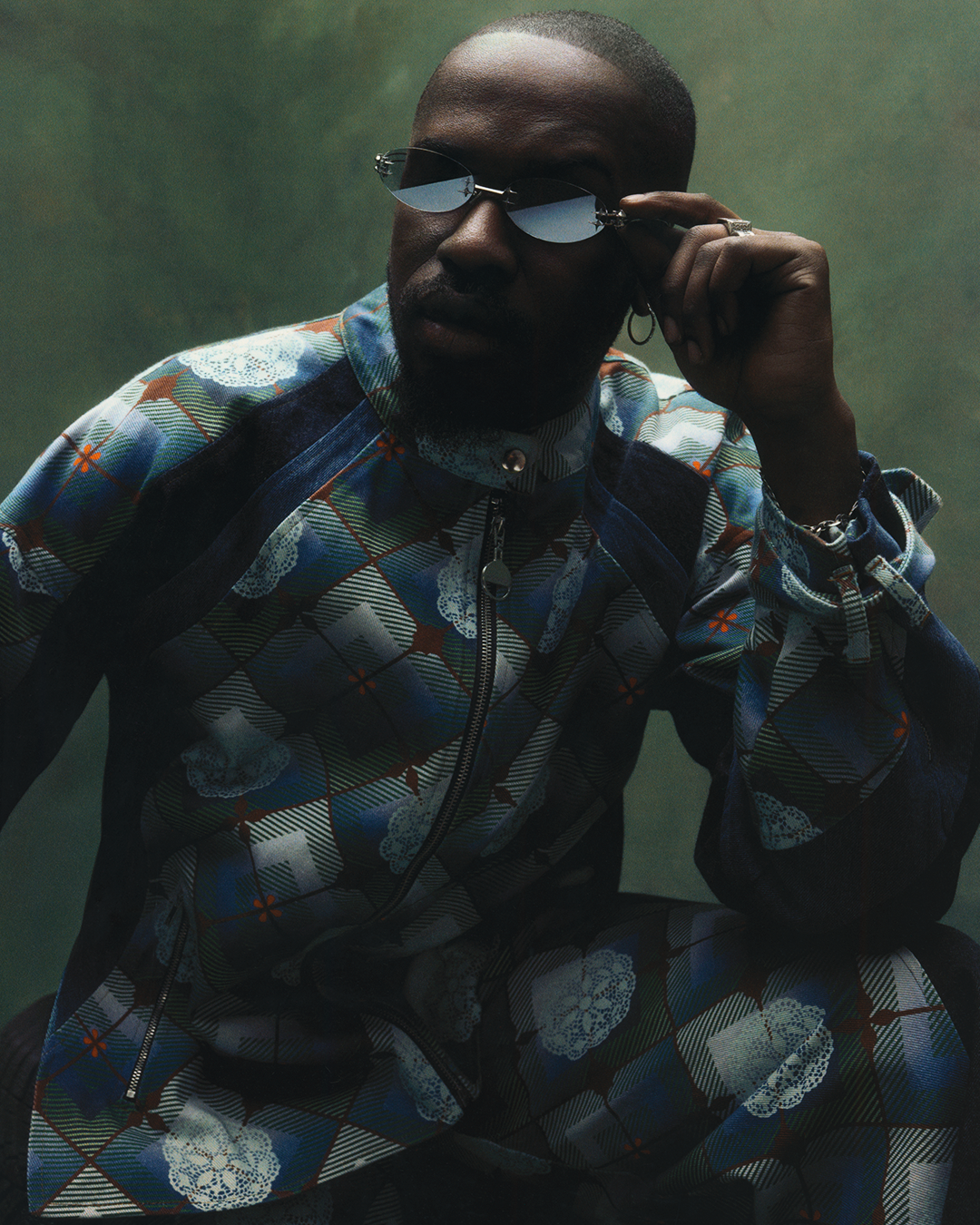
Within the sound of what Alté music is and the role that you've played in terms of what that genre is to people, and what people know of that genre when it comes to your music, and just like your impact on the sound. Is that something you often think about in relation to your legacy and everything you have achieved in your career?
First of all, we created that whole slang, that Alté slang. So first of all, that's where it starts. And I think we did, because we started really early, and, like, really young, as I got into this when I was 17, 18, we inspired a whole generation of artists due to our belief in ourselves. We just made other people, other artists, believe they could do something different. When we got in, the media was saying, This can't work here, you know, this is just too different And it really wasn't, everyone is telling us we like this, we like this a lot and then in the same breath, they're saying that we don't think it will work, but, but you're saying you like it, but you think it won't work.
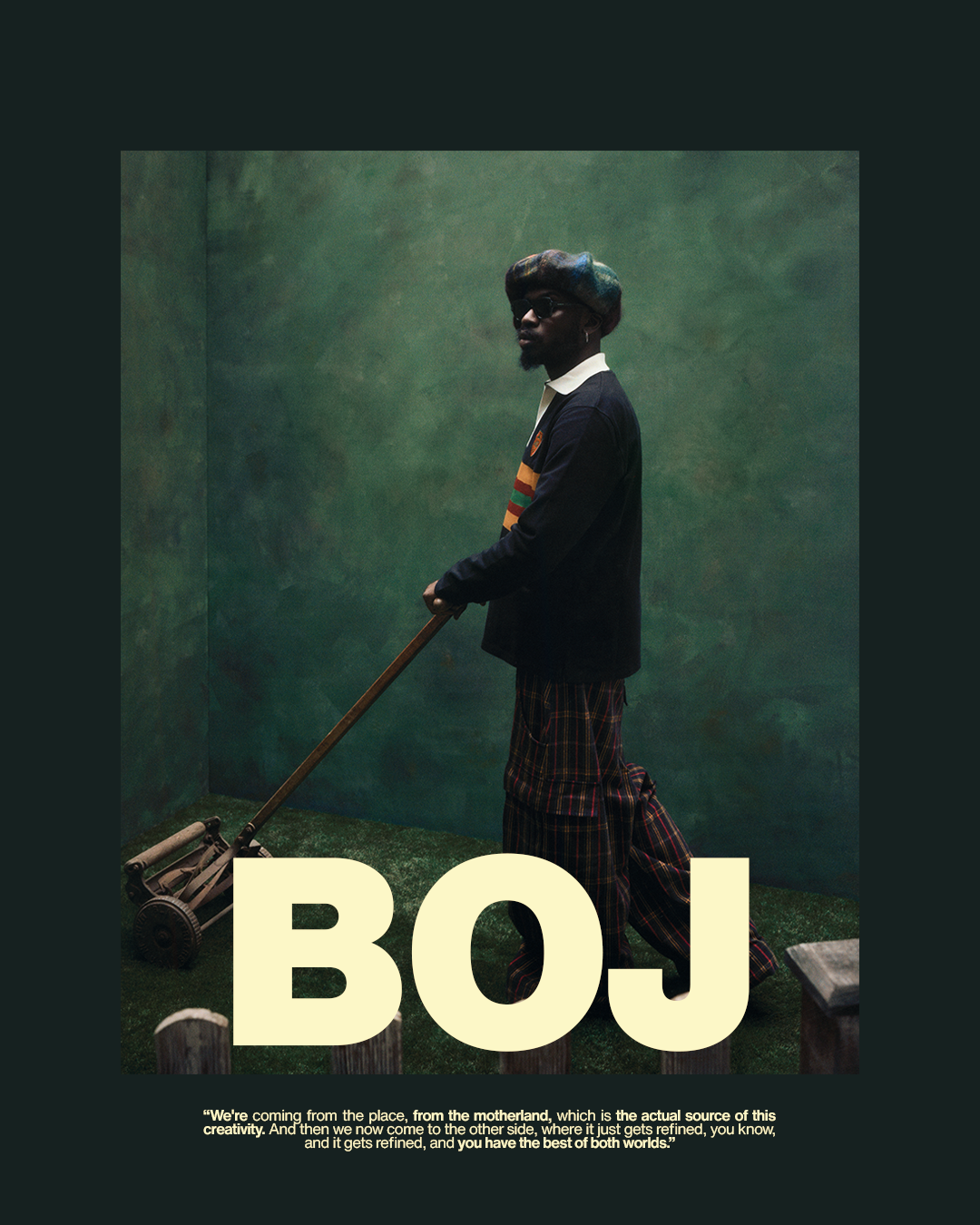
We just believed in ourselves and kept going. We motivated an entire generation and, to some extent, changed the sound in the mainstream, not just with the music, but also the style, the fashion, the music videos. It wasn't like we were doing this at the time, trying to change things. We were doing what we liked and how we felt. That's what Alté expresses freely, without boundaries.
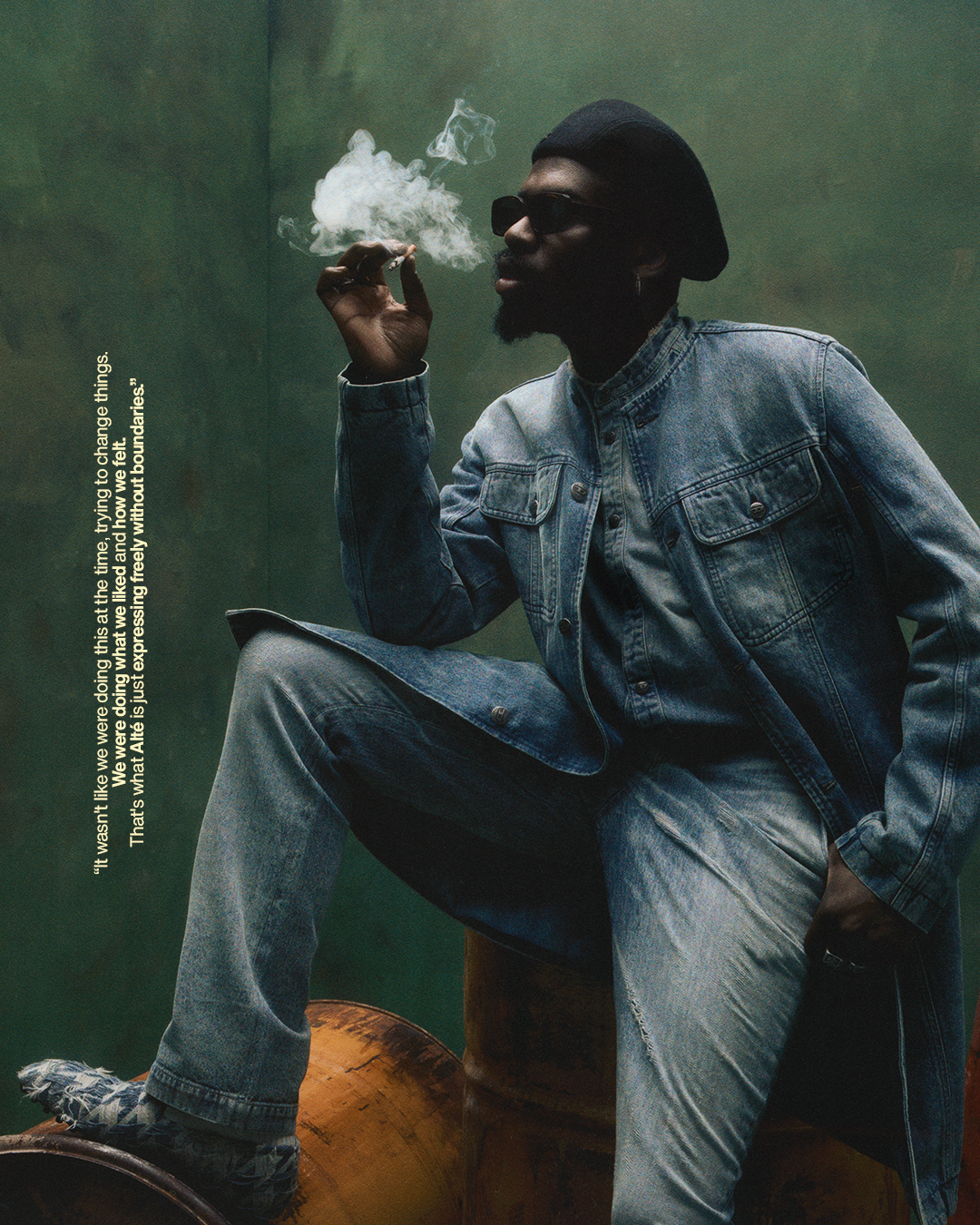
Even doing this as young as you were, what would you say gave you the confidence or the boldness to say, even though this is different, and people haven't done this before, like, I'm just going to go and express the way I do?
It was really about leaving Nigeria, to be honest with you. We went to England really early in secondary school, around year eight. I went to England and did year nine. So those are really formative years, and we're coming from a place where there's a whole lot of rules in everything you do, the way you dress. You have to dress like this. You know, you have to act like this. You have to be a doctor. You have to, you know, that's, that's the world we came from. And then we get exposed to ourselves because we're thrown into boarding schools, and we now have a lot of freedom and autonomy. So you start thinking for yourself, and we did all that. We express in a way, we feel because now we have serious ammunition, because we're coming from the place, from the motherland, which is the actual source of this creativity. And then we now come to the other side, where it just gets refined, you know, and it gets refined, and you have the best of both worlds. And this is what it births.
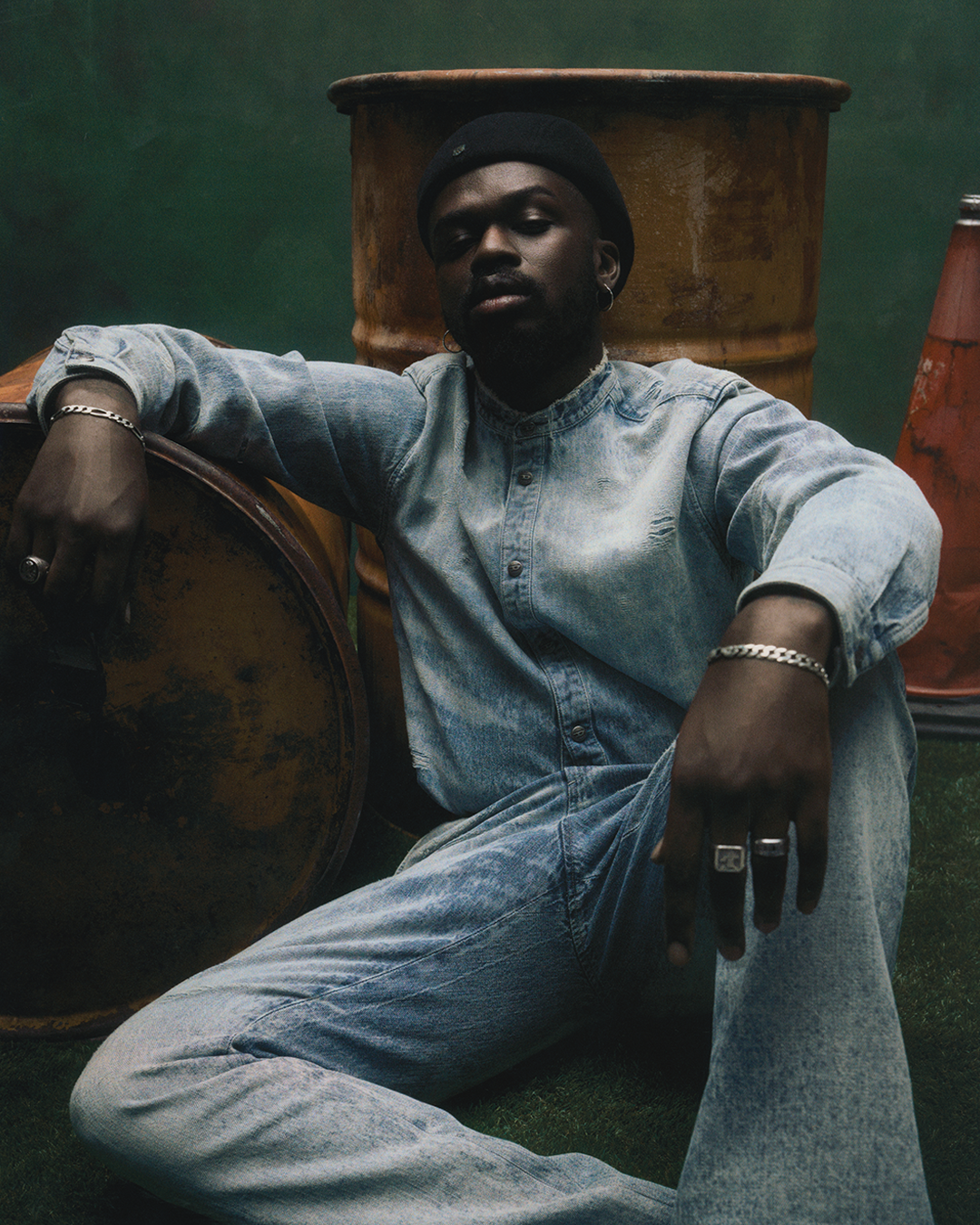
Even in that sort of expression that went beyond music and was in the fashion and clothes you were wearing, what would you say has been the influences of you know, even from what you've just spoken about, but even throughout your career, and just like throughout the years?
London played a big part in my fashion sense because we saw all sorts of things growing up. We came up in an era of Lil Wayne and Kanye West, and like One Direction, we had all of that, and we also had influences from Nigeria, with the traditional. We would wear dashikis with baggy jeans or skinny jeans, and Converse; traditional outfits with trainers; a suit and trainers, just different shit. So we just mixed everything. And just being around London, there's just some kind of fusion that happened, and that's just what it was. We weren't thinking about the shit deeply; it was just what was naturally coming out of us.
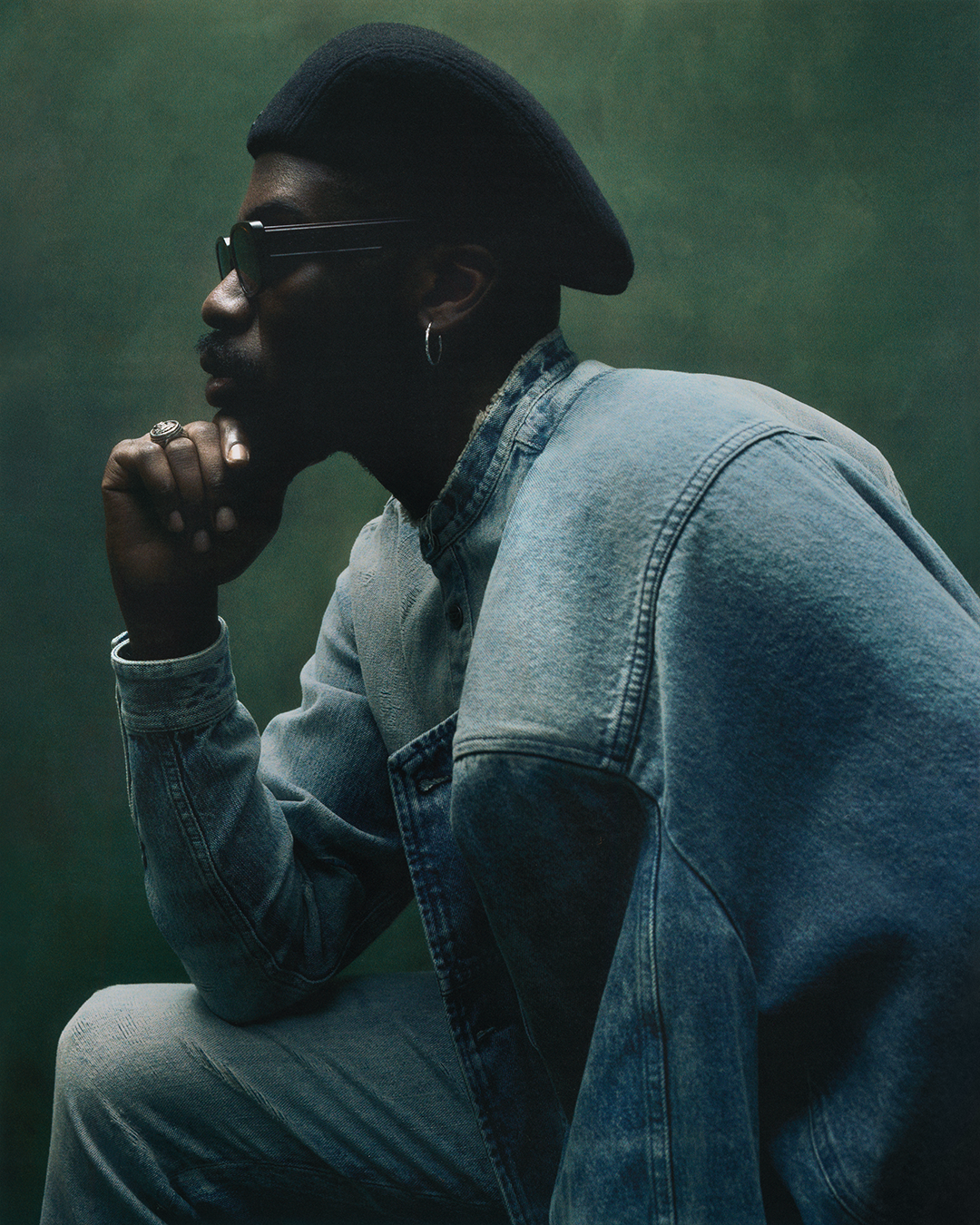
What is this era speaking to where you are in your creativity? How do you feel?
This era represents growth and self-realisation. Even with Duplicity, it's me addressing an issue most people would run from. So it's growth in that sense that's like, Yo, man, okay, what's really going on here? This is something that you have to deal with by yourself, you know. It will help you become a better person when you figure it out. So that's what, that's what this period is for me right now: just in every part of my life, even with like, business-wise, music-wise, relationship-wise, everything-wise, just family-wise. You know, it's just spiritual growth in all aspects. Just trying, just trying in every way to grow, and being intentional about growing.
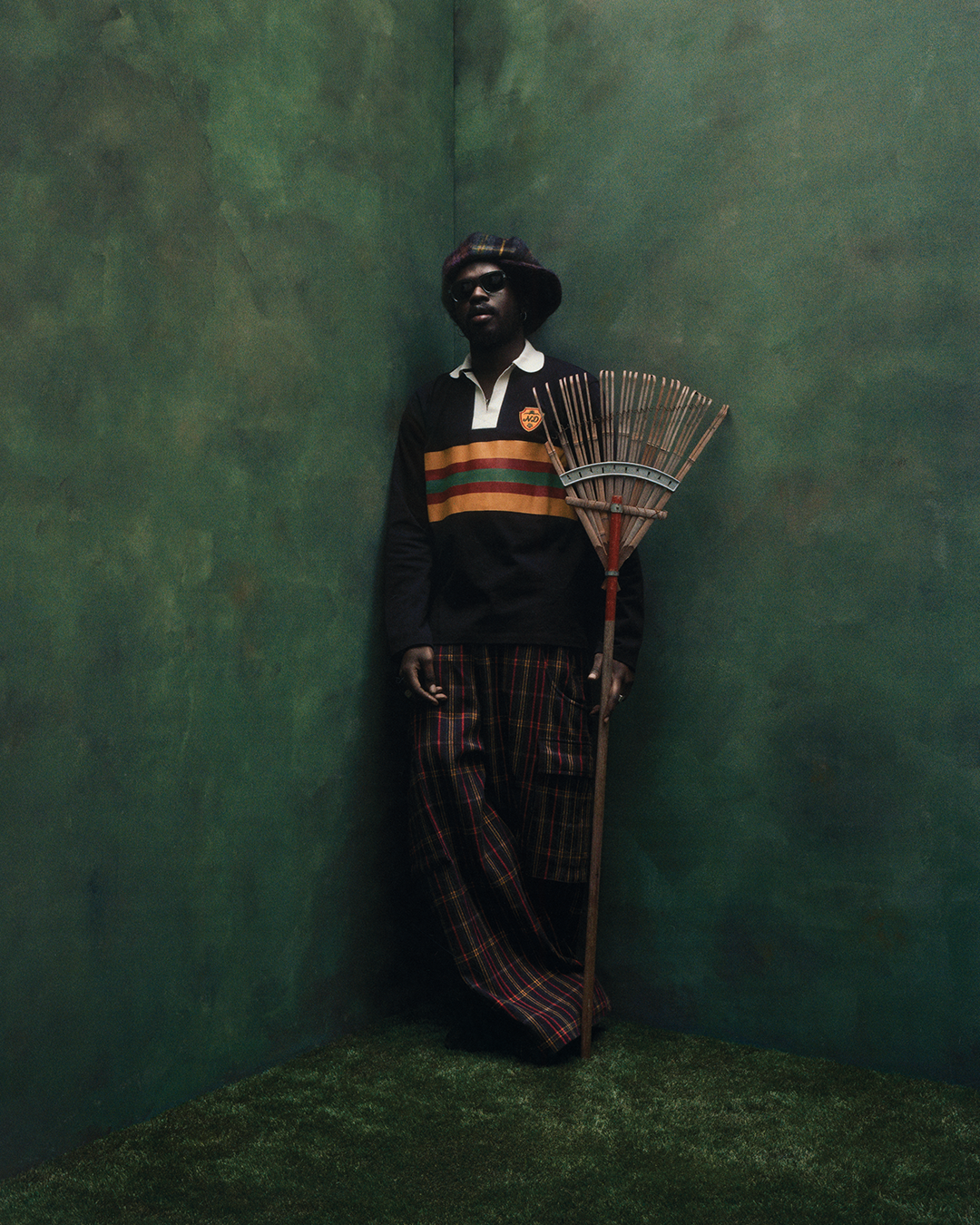
And what are you looking forward to next, from being in this place and seeing where the next version of where things are, is going?
Right now, I'm looking forward to starting my next project. I'm trying to drop Duplicity and move on to the next thing, and then my Festival, which I do, which has grown wildly over the past two years. So I'm looking forward to this year's edition and just seeing what happens. I don't overthink, I don't let myself think too much; I like living and just going with the flow. You don't know what could happen tomorrow. So you can have all these plans, and then something tragic happens tomorrow. So yeah, just trying to live in the moment and enjoy every minute.
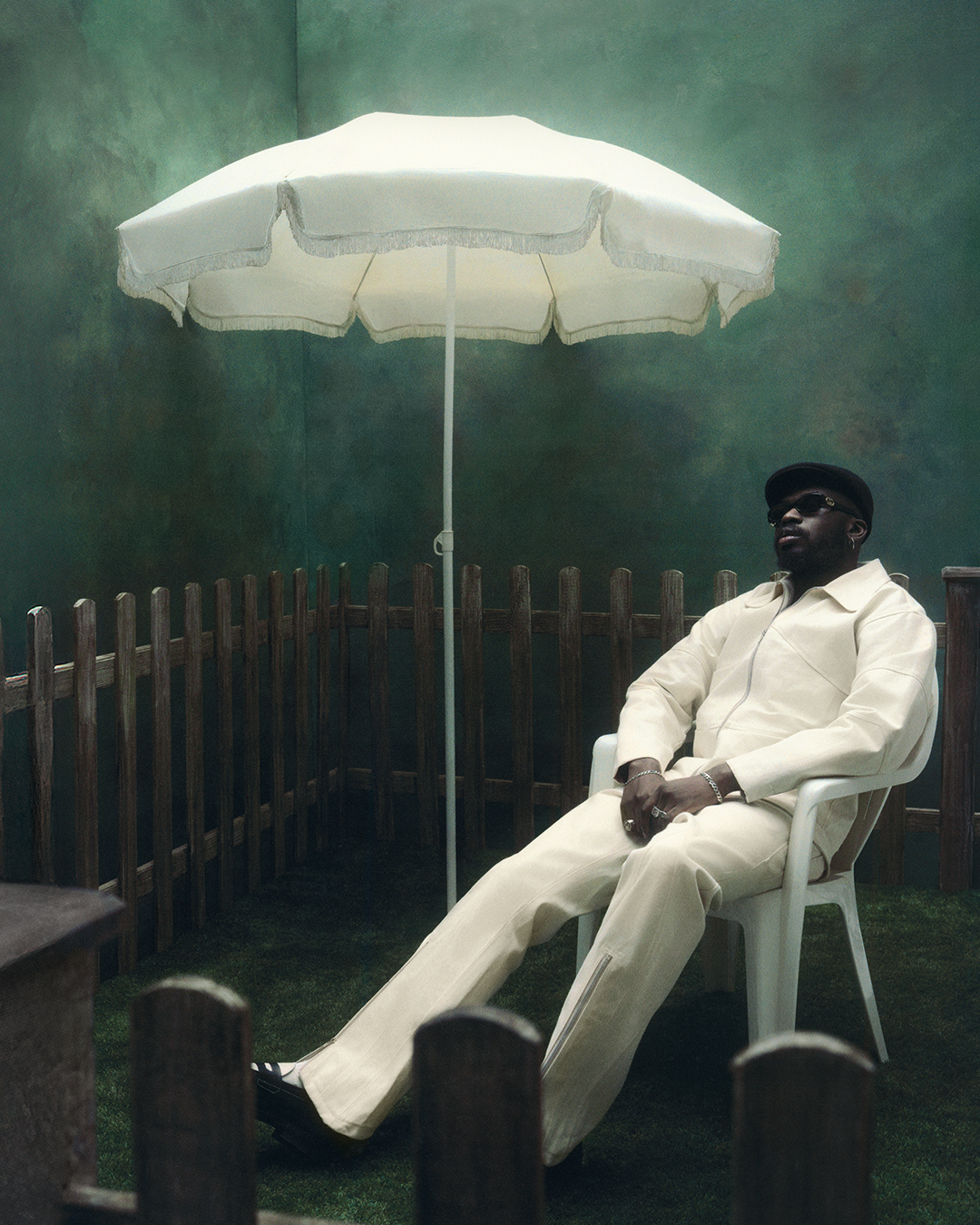
Production Credits:
Photographer: Will Ainsworth @will_ainsworth & Thomas James Morgan @mrtmorgan
Creative Director: Will Ainsworth @will_ainsworth
Project Manager: Zekaria Al-Bostani - @zek.snaps
Producer: Seneo Mwamba @SeneoMwamba
Post Production: Will Ainsworth @will_ainsworth
Photo Assistant: Nana K. Akwaboah: @nanakinq
Production Assistant: Theon Mafuta @1he0n
Grooming: Afsha Kabani @afshaartistry
Styling: Josh T Arimoro @joshtarimoro
Stylist Assistant: Festus Abo @styledbyabo & Bridget A @_afxia
Art Director: Ashleigh Cooper @ashleighcooper_
Design: @ShalemAlone
BTS photographer: Joey Hoang @jhvisuals__
BTS Video: Treyvon Curtis-Crowl @Tspatcho
Writer: Seneo Mwamba @SeneoMwamba
PR: @emerald__east
We recently had the absolute pleasure of covering two days of Leon Thomas's recent press run in New York City. It was a whirlwind victory lap that felt less like a standard promotional tour and more like a coronation. Fresh off the release of his genre-bending EP PHOLKS and leading the R&B field with six nominations for the 2026 Grammy Awards, including Best New Artist and Album of the Year, Thomas is clearly solidifying his status as an enduring artistic force.
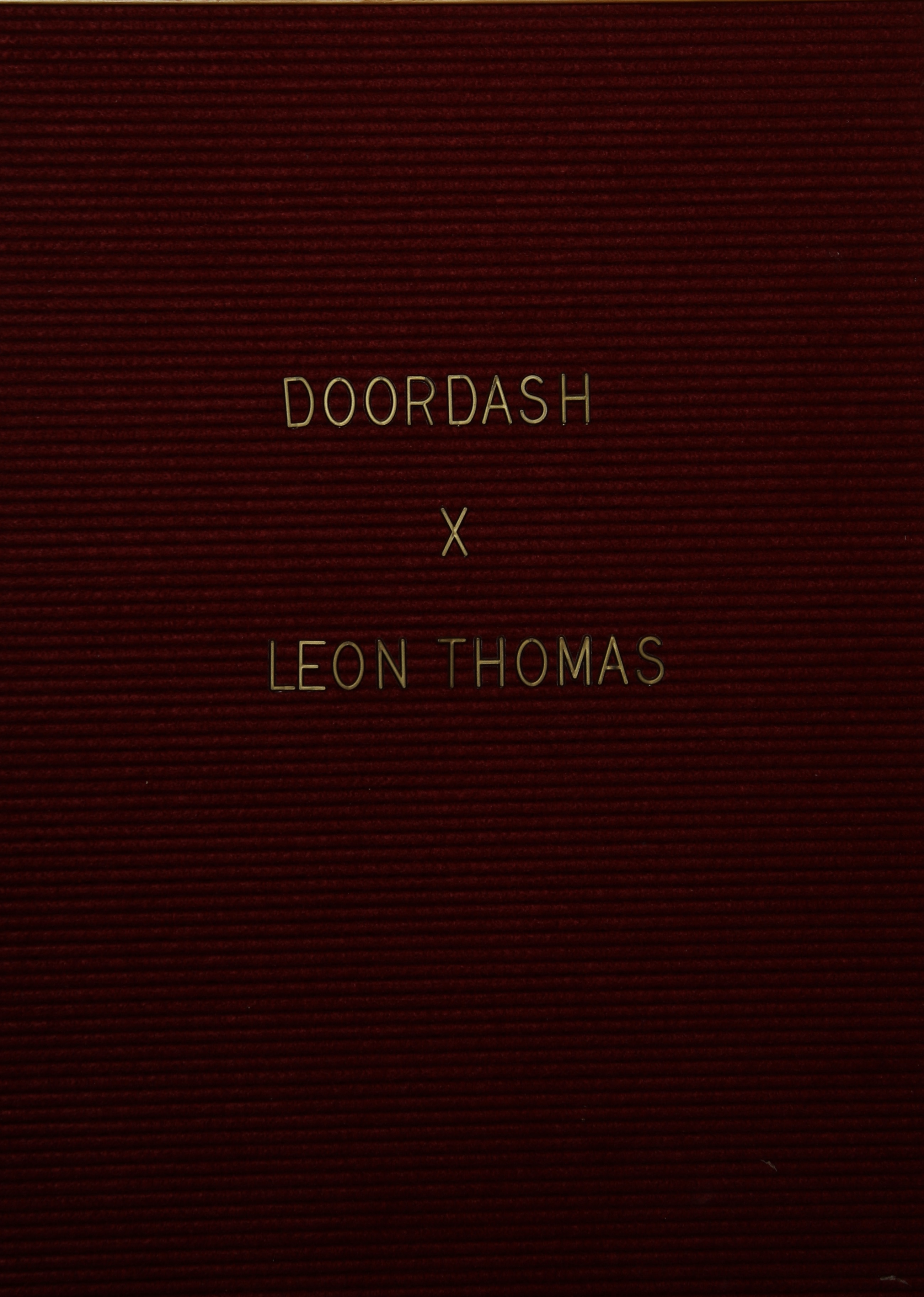
Witnessing him move between the intimate, retro allure of Soso's and the raw, streetwear-focused energy of his 40s & Shorties launch, one thing became clear: the way he pairs his sultry sound with that retro yet classic sense of fashion is no accident. It is a carefully curated mood, and it fits him perfectly.
%20(1).jpg)
The run kicked off with a one-night-only experience at Soso's officially dubbed "FOR THE PHOLKS." Hosted at Soso's (and bookable exclusively through DoorDash Reservations), the night was a proper homecoming.
Walking in, the vibe was immediate. Think Los Angeles' Sunset Strip crashing into New York's Studio 54. It had that perfect 70s flair mixed with a really intimate energy. The event was memorable, full of different people, vibes, and smiles, all there for one person. It felt authentic and not forced. Even if you came by yourself, you left with new friends and something to talk about. From the champagne on arrival to the funk-infused sounds, the whole night was a toast to community and creativity. Leon's personal style for the evening was impeccable, perfectly matching that retro-chic energy. He didn't just attend the event; he inhabited it.
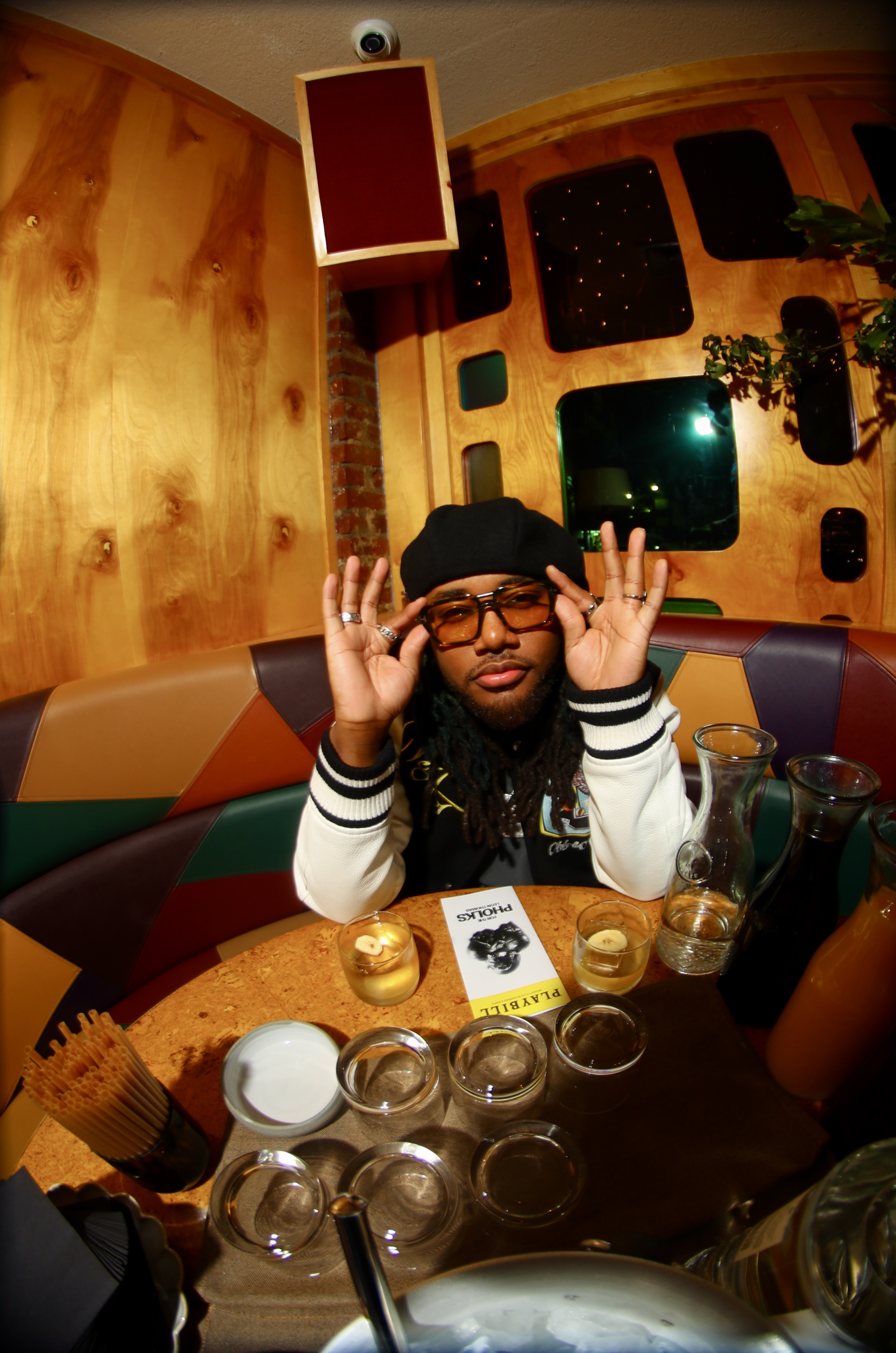
The event was a celebration of PHOLKS, a seven-track project released under EZMNY/Motown Records. While many might mistake it for a standard love album on the first listen, it is actually a project about radical self-expression and the honesty of hearing your own intrusive thoughts.
Because Thomas has such an amazing voice, you don't always realize immediately what he is saying, but when you really listen, the delivery is everyday and honest. It reminds me of the 70s: that ability to mask heavy, real emotions in a beautiful groove. Musically, you can hear the influences of Earth, Wind & Fire, the Jackson 5, and Prince, along with touches of P-Funk. It's a sonic blend that feels seamless, bridging the gap between nostalgic soul and modern confession.
In my opinion, Leon shows his true range in how he can live between rock, soul, and R&B. Being able to connect with such a vast audience through that blend is beautiful. He's not just one thing; he's able to live in three different genres seamlessly.
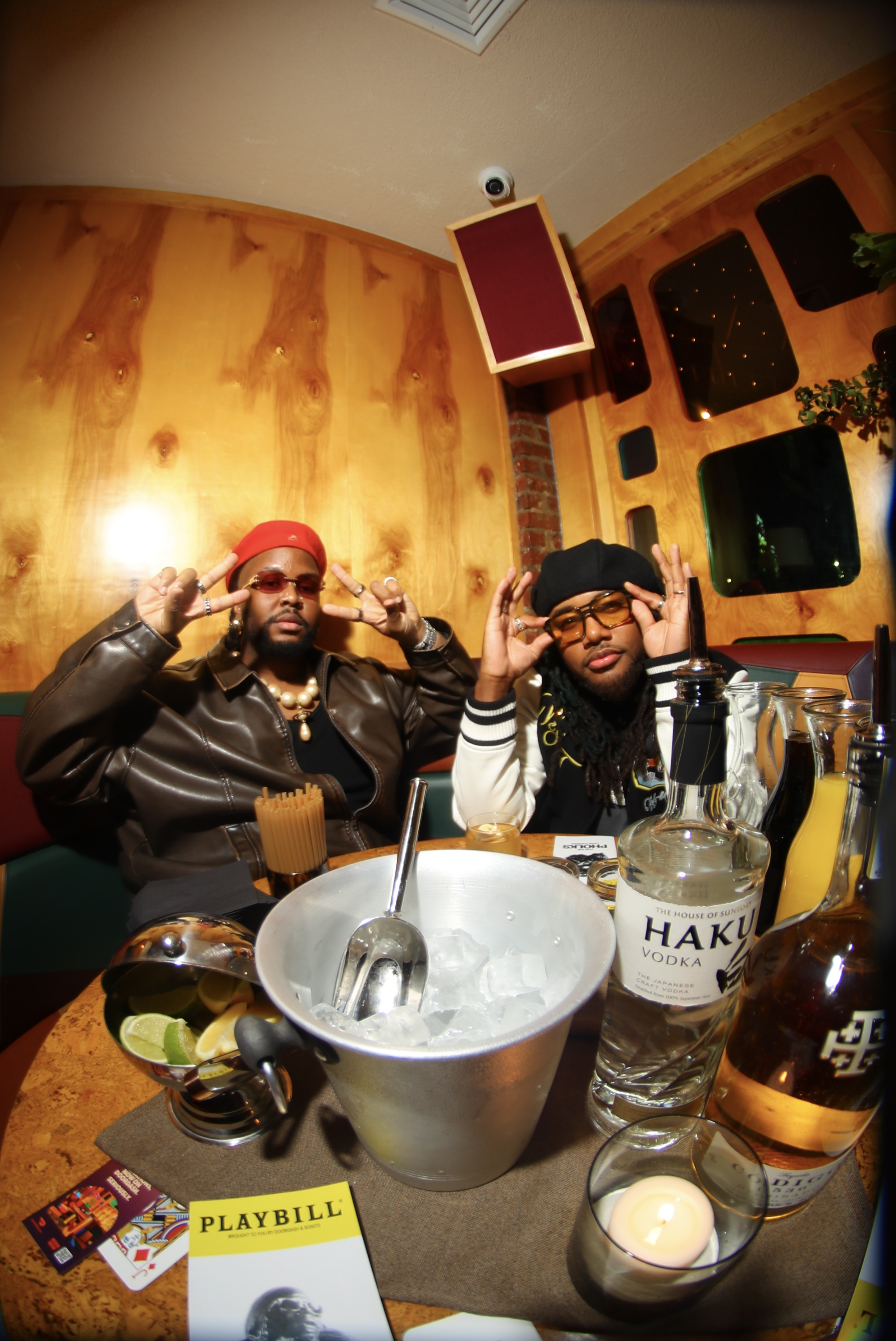
Being an 80s baby myself, I am so grateful to Leon Thomas for bringing back a specific kind of energy. Listening to his music feels like being transported back to a more colorful era. Think great big Afros, bell-bottom pants (even though those are making a comeback), and people genuinely dancing in clubs. It feels like a modern take on the records my mom played when I was a child. It's beautiful because it strikes a perfect balance: retro yet modern, driven by his specific delivery. His style is honestly genius. You rarely see an artist infuse different genres and time periods this effortlessly.
On the second night, the energy shifted from the retro soul of Soso's to the "Essex" collection preview with 40s & Shorties. This event marked the release of a limited capsule collection designed to coincide with the EP.
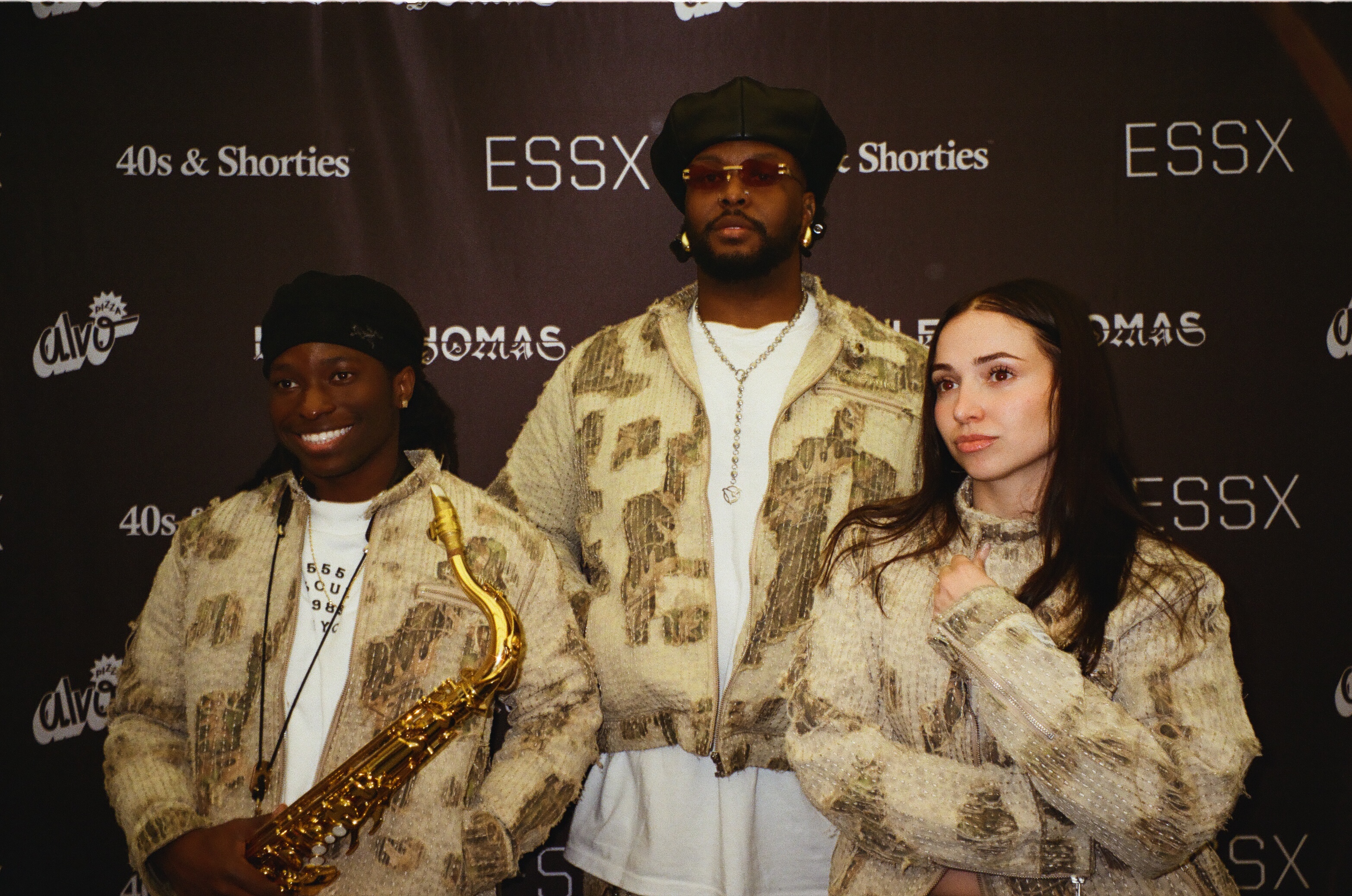
Much like his music, the collection is deeply layered. It features graphic tees, a unique triple-zipper hoodie, and a standout hand-textured boro-style jacket. Leon described the collaboration as an exercise in instinct: "We wanted to build pieces that feel lived in, expressive, and honest, the same way the songs on PHOLKS came together."
Adem Niazi, co-owner of 40s & Shorties, noted that the clothing mirrors Leon's personal evolution. "Listening to PHOLKS, you could hear the layering: the rock, the soul, the funk," Niazi explained. "We decided to make garments that reflected that, natural yet experimental."
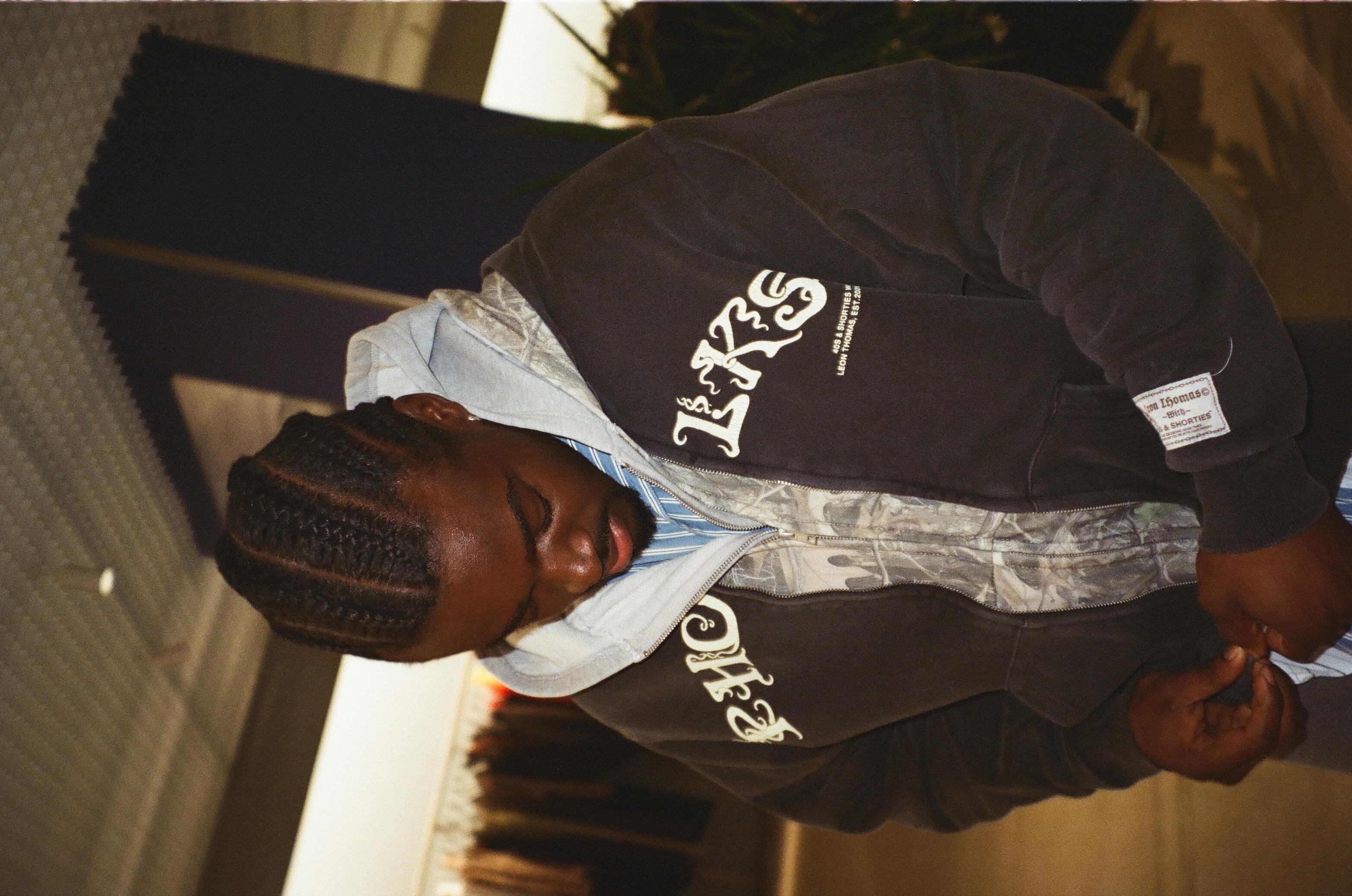
Watching Leon Thomas navigate these two distinct worlds, high-fashion streetwear and retro soul, it is hard to believe this is the same person known to many as a child actor on Broadway (The Lion King, The Color Purple) or a Nickelodeon star on Victorious.
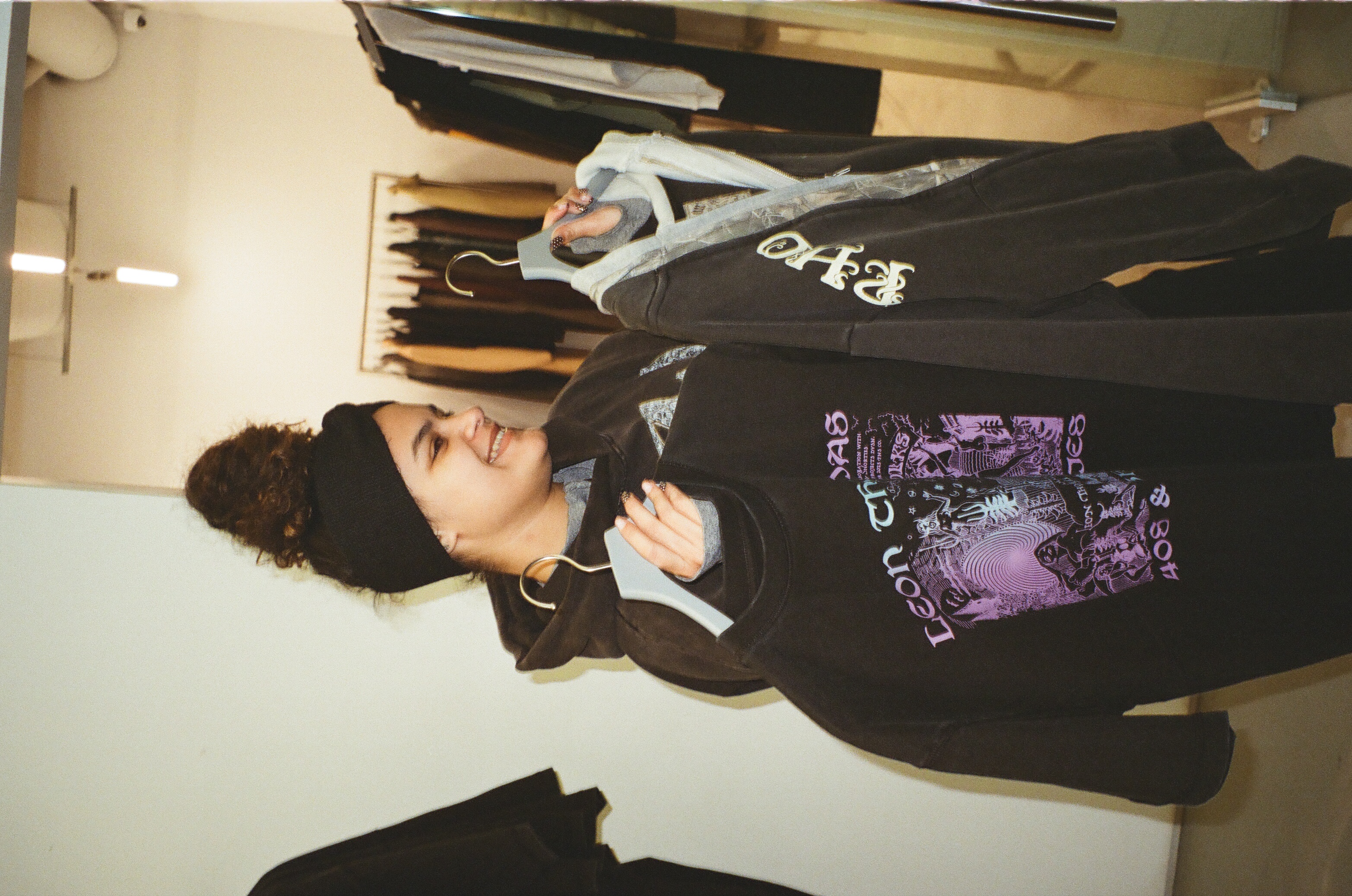
His transition has been nothing short of remarkable. After years of shaping the sound of industry titans like Drake ("Love All") and SZA ("Snooze"), Thomas has successfully reintroduced himself as a boundary-pushing solo artist. With PHOLKS, he has proven that his sultry sounds and classic fashion are not just an aesthetic, but the authentic expression of an artist who has truly found his voice. The PHOLKS era is a masterclass in artistic evolution, and if these two nights in NYC were any indication, Leon Thomas isn't just having a moment. He's building a legacy.
Photographs from Pholks event by Jelani Warner @Warners_work
Photographs from Essex event by Ethan Lopez @ethanfbaby
Where do I even begin?
We live in a time where, frankly, a lot of the music is about nothing. It has become background noise for parties, dancing around something mindless in a world where we desperately need our minds to be engaged. We need to see life clearly. As I get older, my search for music has shifted. I'm no longer just looking for a beat to distract me; I'm searching for music that makes me feel something. In a world filled with so much craziness and sadness, I want an escape, but I also want a connection. I want something positive, something I can be hopeful for.
Finally, Wale has delivered exactly that. His new album, Everything Is A Lot, is everything and more. In an era of singles and skippable tracks, I don't know many albums you can play from start to finish without reaching for your phone. This is most definitely one of the rare exceptions. You can feel the intentionality from the very first song to the second. It makes me reflect on how being intentional is the only way to truly impact and connect with an audience, and to gain a new audience simply by being amazing at what you do.
It takes a special listener to truly hear this, to understand the levels and complexity of putting together a stellar album. To hit every single emotion that a person could feel over a lifetime in one project is pure genius.
An artist like Wale is extremely intentional with every line, song choice, melody, sample, and even his features. A perfect example is the song "Big Head" featuring ODUMODUBLVCK. This collaboration feels incredibly purposeful. Wale, who is Nigerian-American, bridges the gap between two worlds. Growing up in America with Nigerian heritage myself, I found this track profound. It always seemed as if you had to be either African-American or African, that there was no connection between the two. For a long time, it felt like society tried very hard to obscure our identity. When you take away someone's culture, you inevitably affect their identity.
There was a recent interview where Wale's African identity was brought into question. I don't know if that conversation happened before or after this song was recorded, but I find it very interesting, and powerful, that he decided to include a track that so boldly highlights his lineage. It serves as a reminder that just because someone may not have been born on the soil, they are still very much of the culture. He is still very much Nigerian.
He doubles down on this intentionality on the track "YSF," featuring Teni & Seyi Vibez. Here, I feel as if he got even deeper into his artistic bag by using Nigerian slang, specifically adding the "O" at the end of each line. In Nigerian culture, the terminal "O" acts as an audible punctuation mark that amplifies the emotional weight of a statement, signaling emphasis, urgency, or warmth depending on the context. In my opinion, this is a clear statement to let people know, as well as his audience, that "I am of the culture and I understand the language."
The production itself mirrors this journey of self-discovery. The transition in melody throughout the music almost acts like a pause or a reset button to help you regain focus. A lot of times in life, we are trying to do better and learn more, but we get distracted and thrown off track. The way the music and melody change here brings you back to center, reminding you of what you are trying to achieve. I'll admit it: I'm a lover girl at heart, so I naturally gravitated toward the tracks that speak to that side of me. "City on Fire" and "Watching Us" instantly became my favorites. There is something deeply nostalgic about "Watching Us." The moment the sample hit, it took me right back to a specific time and place. I could vividly see the room I was in; I could feel the exact emotions I was grappling with back then.
But beyond the romance and nostalgia, there is a raw humanity here that we rarely see. Before I started working with celebrities, I used to think they were superhuman, that they had no real emotions and every day was a great day. I've learned that celebrities are people, too. They laugh, they cry, and they enjoy life. The difference is the enormous pressure they are under. They have people staring at them, critiquing their lives every day, and holding an expectation that they must always be happy. What makes an artist like Wale so impactful is that he has found a way to be authentically himself while navigating that pressure. Often, as long as a creator is creating, no one really asks if they are okay. But in this music, you can see the full complexity of his life.
He is extremely honest and vulnerable, particularly on the song "Blanco." He talks about drowning his sorrows, touching on the unfortunate reality of the music industry where alcohol is often used to dull inhibitions or force a good time. He speaks on people "joining his section," highlighting how sad it is that people often use others just to be part of the mix, a fleeting sense of belonging. He also touches on being nervous and vulnerable in love. We often say that men have to be hard and tough, but this album shines a light on how men actually think. It proves that this album isn't just for men; his music is for everybody, because these are emotions everyone has felt at some point in their lives.
There is a heavy reality to the song "Power and Problems." It's an inside look at what artists experience: the stress of fame and the people who might exploit you. But even a regular person can understand the need to question someone's motives and the necessity of protecting your energy, your legacy, and what you are building. The saying "to whom much is given, much is expected" is a very real thing. Being multifaceted comes with a tremendous responsibility. Being extraordinary is a gift, but it is also a heavy cross and burden to carry, especially when you are sometimes still figuring yourself out while others see your potential before you do. That is why the people around you during your healing stages are so crucial.
Fittingly, the album ends with the song "Lonely." On first glance, reading the title, I assumed it was ending on a low note, a confession of isolation. But actually, it's not that at all. It is a profound realization. It is the understanding that "I would rather be lonely outside," meaning standing apart in an industry where there aren't a lot of people like me. It is a declaration that he is totally okay in his own space. He has done the work. Even though it's hard, there is too much at stake to settle for anything less. To end on that note was brilliant. Well done.
The title, Everything Is A Lot, makes complete sense to me. The world is heavy right now. We are constantly overstimulated. This album acknowledges that weight but offers us a place to set it down for a while. It is a reminder that even when everything is "a lot," there is still beauty to be found in the intentionality of art.
Growing up in an Angolan-Congolese household in South London, it’s hard to say which impacted Ceebo more, but the truth is you can hear the influence of both in his latest release, ‘Blair Babies’. The project covers the political reality of the generation born in the UK between 1997 and 2007, which, for anyone unfamiliar with British politics: the years Tony Blair served as Prime Minister of the UK. Since its invention decades ago, rap has always been a medium for criticising the conventional narrative and resisting against ‘the man,’ and Ceebo carries this torch forward, focusing on postcolonial London and the institutions that continue to stand against the latest generation to come of age.
Ceebo began recording music in 2019 but has been rapping since his playground days in secondary school, rapping cyphers with his friends in between classes. Following school, he attended Warwick University, graduating in 2024 with a degree in politics and sociology. This extended education allowed Ceebo to really develop his artistic voice alongside his academic foundations. This gives him a unique position in UK rap in his ability to address social issues from not only a position of lived experience but also of highly sophisticated education and nuanced understanding, leading to incredibly well-rounded projects. This was shown clearly in his first two major releases, ‘Bluquet’ in 2023 and ‘LAMBETHNOTLA’ the following year. This garnered him a cult following in the UK underground scene, all waiting with bated breath for his next album as hype built and built. Now 23, ‘Blair Babies’ comes at a very important moment in his career.
“Being Gen Z is engendered by a feeling of hopelessness in the face of a world built and shaped before our input.” Ceebo asserts in the spoken word opening track, preluding the album with an explanation of his intent. The decision to set the tone by breaking the barrier between artist and listener plants the narrative seeds of this album and shows his seriousness on the topic, establishing clarity and not just wanting the songs to speak for themselves where a message may have been lost. Following the monologue, we begin to roll through this beautiful sonic environment which is so far removed from the bleak message Ceebo was giving.
This angelic movement quickly slides us into the first proper song of the album ‘captain roscoe with a crossbow’. Instead of his now-familiar voice, we are greeted with another familiar voice, a flip from Dizzee Rascal’s ‘Brand New Day’, the fourth track on 2003’s ‘Boy In Da Corner.’ The choice is not random. ‘Boy In Da Corner’ is a cornerstone album in UK rap history and certainly one most kids from London would have grown up with. Furthermore, the track ‘Brand New Day’ is certainly more on the conscious side of Dizzee’s usual braggadocio, and he uses the track to speak on very similar topics to that of this album, an unfiltered representation of spending your youth in London. By interpolating this track, Ceebo is acknowledging the musical shoulders he is standing on while also highlighting how little has changed in the decades since ‘Boy In Da Corner.’ It is a fantastic way to work both of these things in before even beginning to rap himself and shows how conscious Ceebo is with each track on this album.
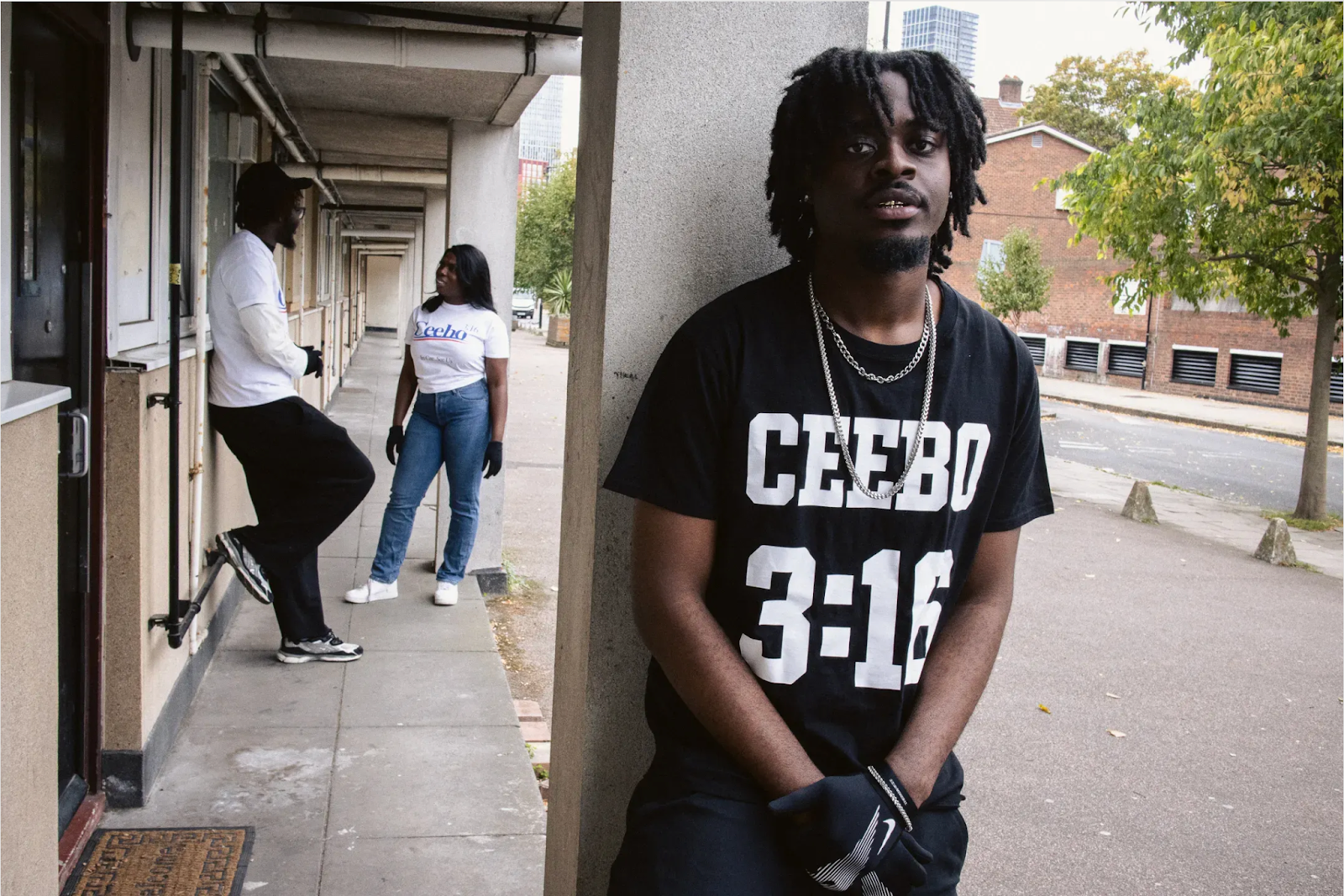
Not every song sits lowly in the problems of London and ‘buzzball summer’ is suited to a South London motive in mid-July, with production reminiscent of past British hits from the likes of Dave and J Hus. Being held in comparison to these megastars is nothing if not a compliment. The next song, ‘Pentecost of Living,’ with its beautiful beat juxtaposing brutally authentic lyrics, draws comparison to a new generation South London starboy, Jim Legxacy, who actually had a hand in the production. This exciting collaboration is so obvious and cohesive, it only generates hope for more from this pair in the future.
The narrative chain holding this album together through various beat switches and vibe changes is true authenticity, and Ceebo is seemingly unphased about the idea of being utterly vulnerable. He uses songs like ‘the gospel (according to Tony Blair)’ and ‘always’ to convey this concept of a “Blair baby” to its fullest extent, with all the hopelessness and wasted potential that comes hand in hand with it. He doesn’t just say it himself; he even uses Blair’s own voice to underline how absurd the whole situation is. Hearing the voice of the man whose policies shaped so much of this landscape echo through an album about generational fallout makes the disconnect hard to ignore. It is almost surreal. The same political era that promised opportunity ended up producing conditions that boxed in so many young black men, and Ceebo does not want to hide this.
Not only defined by his strong political standpoint, Ceebo does prove his rapping ability on this album to great success. Songs like ‘018’ and ‘jook’ both have the feeling of an instant hit, the latter especially. With its smooth beat and punchy hook, it instantly conjures the idea of being performed live to a screaming crowd.
The final track, ‘Ceebo 3:16’ cements his message, with another monologue speaking on the problems faced by those in the UK now: racial tensions, cost of living, and numbing ourselves to what we have to overcome. Ceebo’s eloquent speech in both critical examination and political calls to action works well to undermine the excerpt of Blair we heard midway through the album. It completely resists the often conventional narratives surrounding young black men in London and instead pushes agency over fear. Blair had tried to define that generation during his leadership, and Ceebo aims to finally talk back, reclaiming his own narrative.
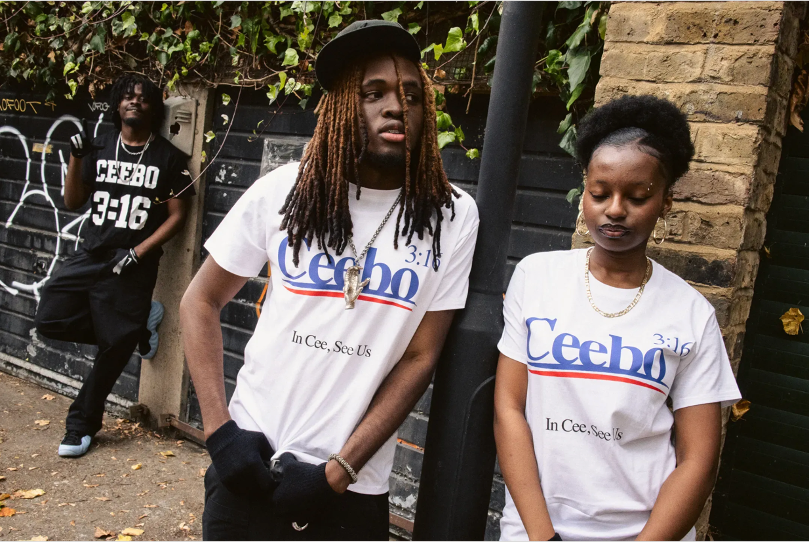
It’s very easy to give an album high acclaim if it holds a socially conscious political viewpoint because of its inherent moral validity. Ceebo goes far beyond this with ‘Blair Babies,’ producing a body of work both entrenched in strong progressive politics and also a richly produced and compelling sound. His authentic voice remains true throughout, and the effect of this is a cohesive and striking message, and all the while you want to move your body or at the very least bop your head slightly. On a first listen of Jim Legxacy’s ‘black british music (2025)’ earlier this year, I was excited at the prospect of a movement in which more artists join his cause of genuine, exciting representation of being British and what it means to feel hopeful in a time of great tension in the country. I asked who would be next, who would follow Jim forward? Ceebo has answered me.
When you press play on "Favourite Girl", the infectious beat gets you immediately. A year on since its release, the familiar sound of the Jamaican instrumental "Diwali Riddim" in the intro, which is sampled on the track, already sets dancefloors and any vibe before Darkoo ushers in the song's verse. The song itself and its remix, featuring Afrobeats superstar Rema, marked a new chapter in Darkoo's journey, inspired by her love for early-2000s music and Caribbean sounds.
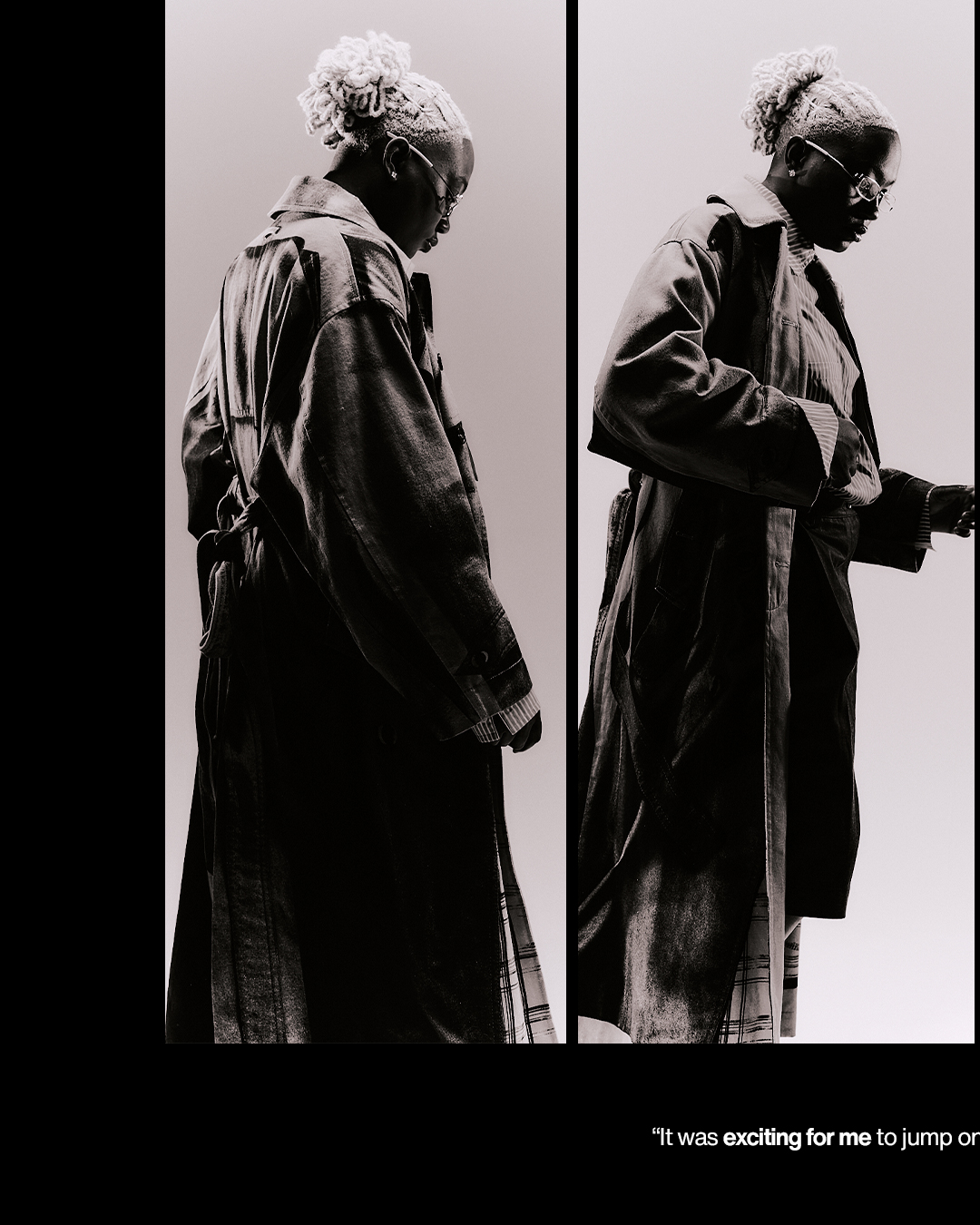
The song is unlike anything she has released. Taking the "Diwali Riddim" was a task in itself, considering the number of songs that have used that iconic beat since its release back in 2002. "For me, Diwali Riddim is one of the most iconic jungle rhythms. Taking a cue from how the Jamaicans and the Caribbeans do it: they have a beat, then loads of people jump on it, and they all go viral together. It was exciting for me to jump on such an iconic beat and sound," she shared about using the sound. However, for her, it was not about changing what people already recognise in the sound, but more about making it her own and bringing her own feel and vibe to the song. "My team and I—the writers—and all of us who worked on it were able to bring that to life.
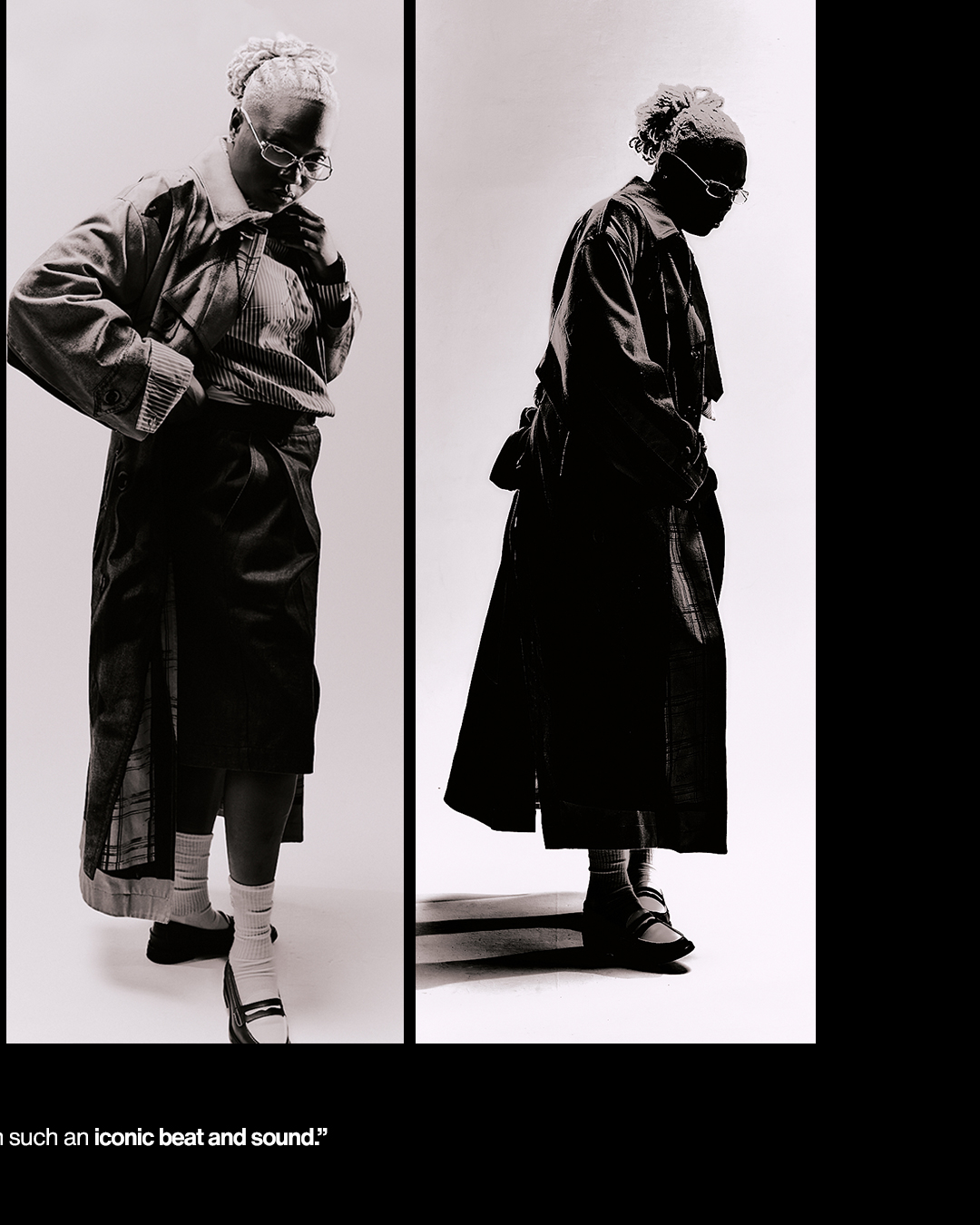
Even in the production, we added many elements to make it feel newer and fresher. You can't change such an iconic beat, so we just added some stuff to give it that extra splash." It was following this song and its follow-up single, "Right Now", which features Davido, that it became very clear what she wanted her sound to be for the EP. "I knew where I was going; I was very much in love with that early-2000s sound. That's all I listened to personally in my own playlist; it was mostly records from like 2000 to 2010. I was listening to the kind of music I wanted to make, and I wanted to write." She shares about the sonic inspiration of the EP.
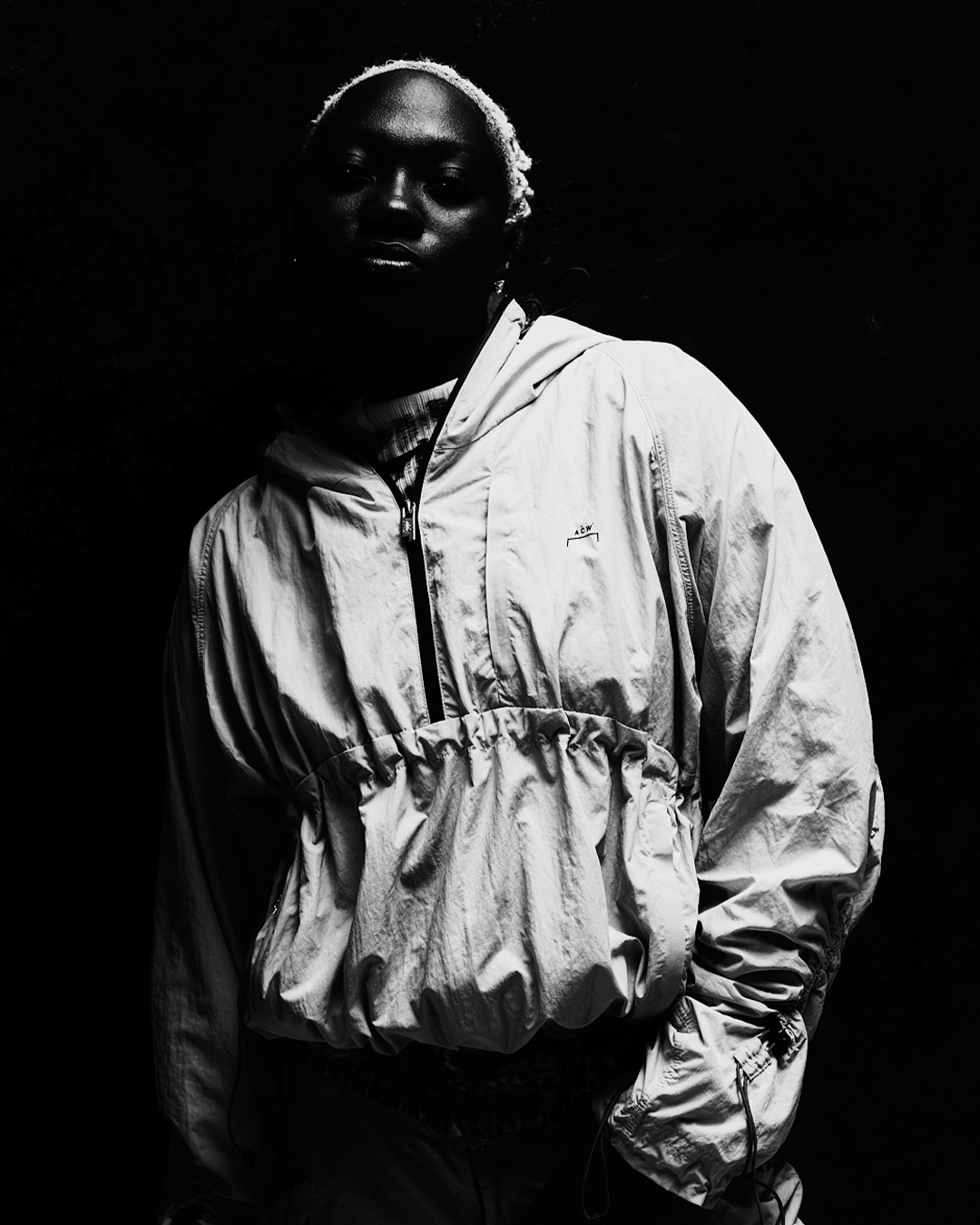
From taking "Diwali Riddim" on Favourite Girl" to taking P-Square's Gimme Dat on "Focus One Me (All The Sexy Girls)", even taking that song and creating what she did felt like a full circle moment for he, it being one of the songs she grew up on. "That was definitely a record I grew up listening to while living in Nigeria. That was a full-circle moment, being able to sample that record, knowing that I literally grew up listening to it as a little kid." How her inspirations have presented themselves in this project is something you can hear as you play through the project. "It started in the studio, working and educating ourselves and falling in love with the early 2000s, and then realising that this is the kind of music we want to make. So we just decided to go in and go wild with it, creating our own vibe and styles." The results, which included a body of work that felt sonically unique and different from Darkoo's, who has been pursuing music since the age of 15.
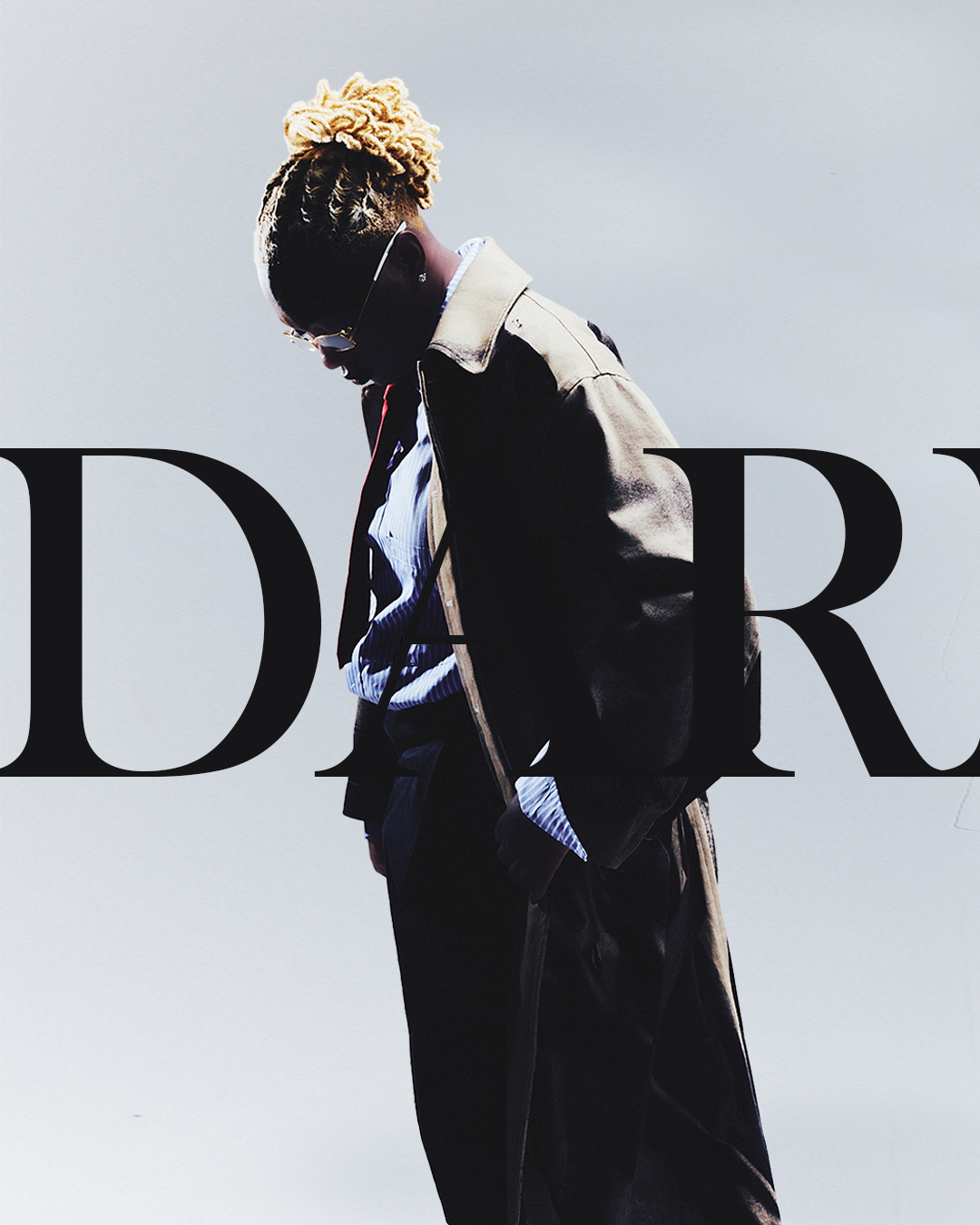
It was not until 2019, with the release of her single "Gangsta" featuring One Acen, that her talent was showcased to the level that earned her three MOBO Award nominations. Fast forward almost a decade, and she took home the MOBO Award for Best Female Act as well as Song of the Year for Favourite Girl. Complete with a headline show at London's KOKO and taking the stage at Wireless Festival over the summer this year, has really felt like a celebration at this point in her career.
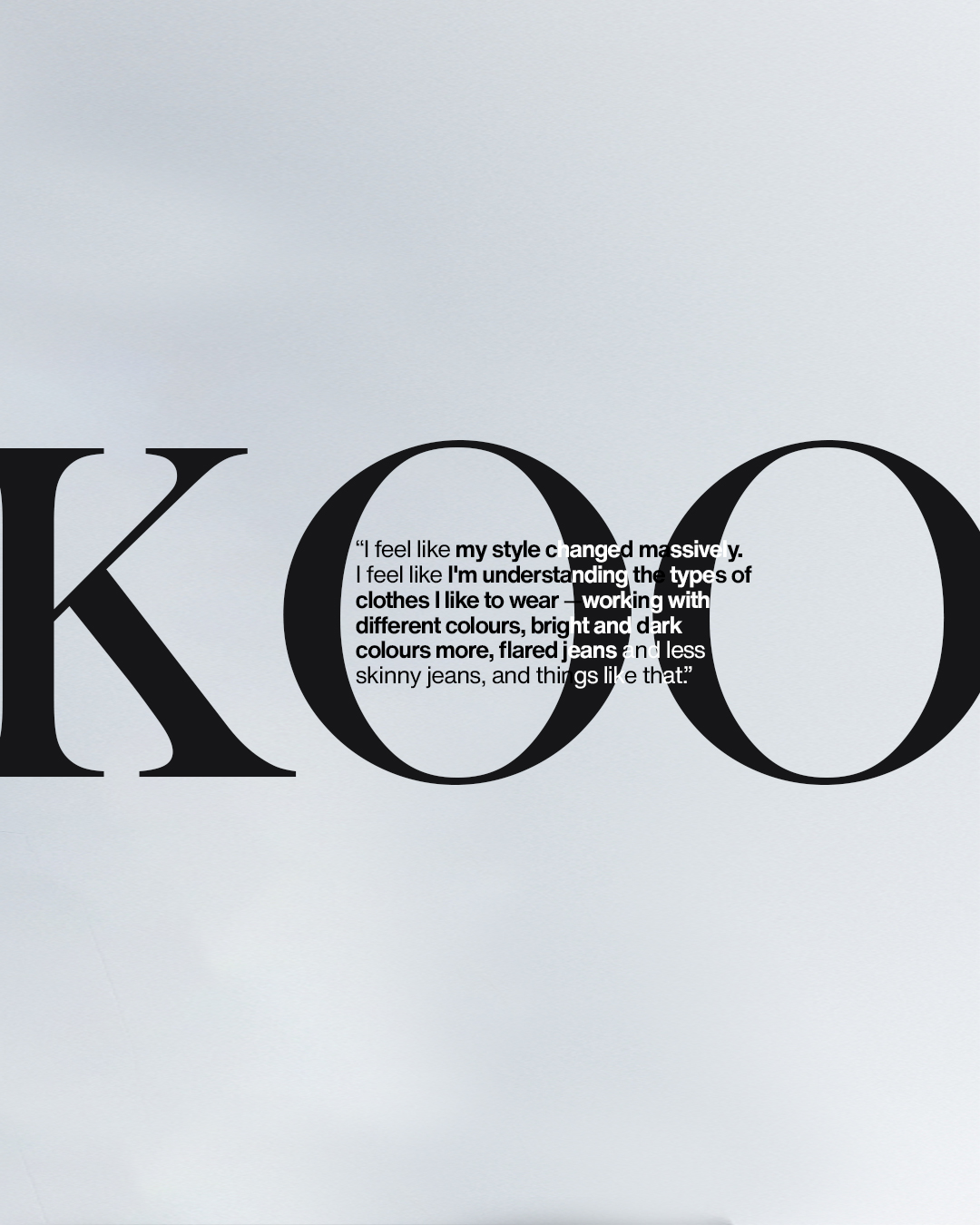
This moment in time has marked a shift in her artistry, not just sonically but across her creativity as a whole, from her MOBO Award performance to her sold-out show to all that we've seen of her over the past year. And as with anything, it is not just a matter of pure luck and good vibes. There has been a lot at play when it comes to the trials and tribulations that have been a part of Darkoo's journey. The artist's journey is never rainbows and daisies for anyone. For her, it has come with a variety of things, like experiencing depression and navigating her mental health journey, as well as being signed to a major label and then going independent. These are all the things that have taught her how to sustain and continue her journey. "I've taught myself a lot of patience and resilience. Every artist needs to have that. At the beginning, when things don't work out for you, you tend to give up, get tired, and get upset. But patience and resilience are the most important things for an artist that I've taught myself, as I've been in this industry and making music for 6 years." This has definitely paid off, especially in the moments over the last year when you see how her career has evolved and brought her into a different space. The evolution, as it has been, has not just happened in relation to her music but has translated across the different aspects of creativity and the way in which she has expressed herself.
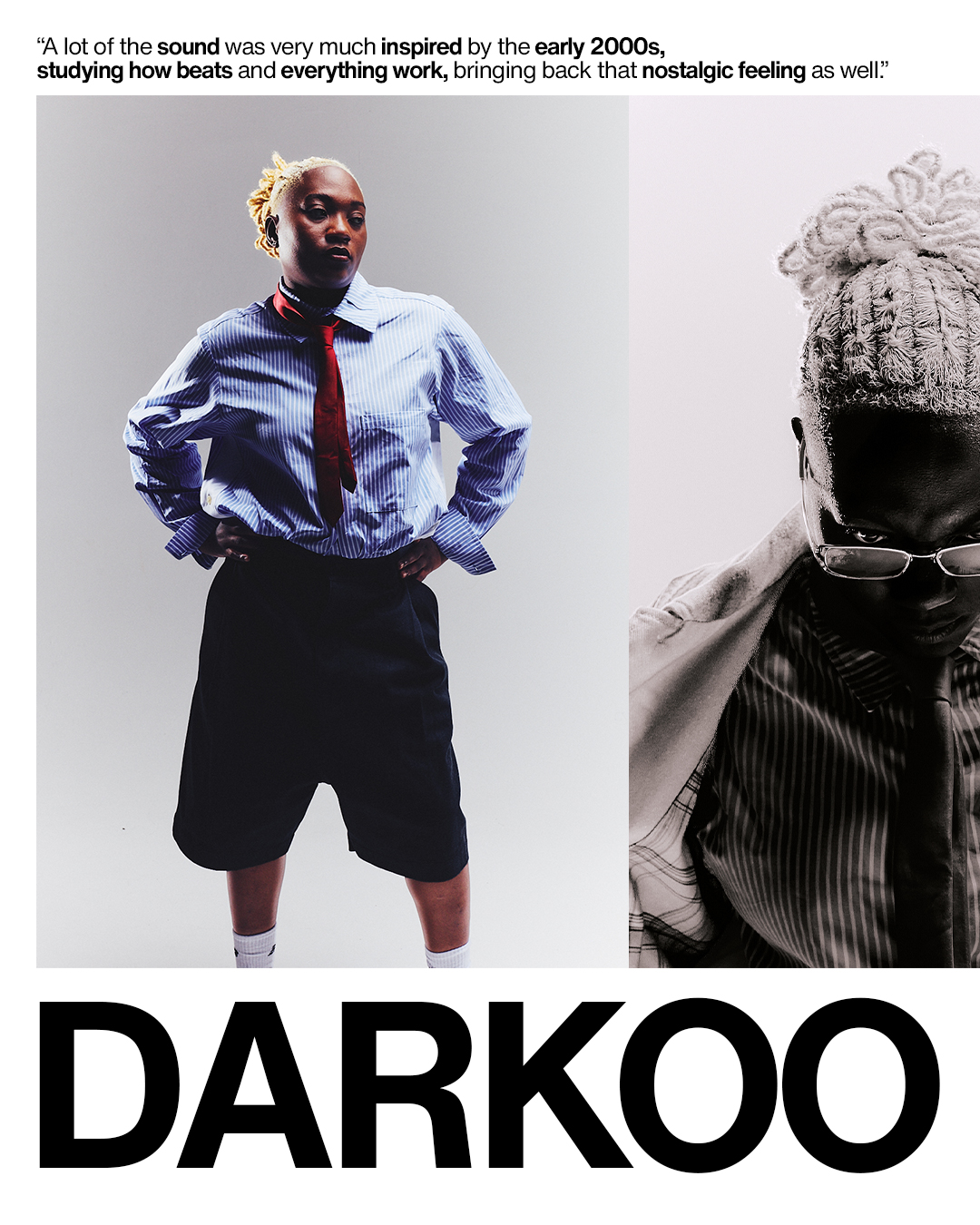
When it comes to her fashion, Darkoo is someone whose style has always shifted depending on the space she finds herself in. From her introduction from Gangsta up until her most recent release, when you look at her, you can see how, as her artistry and creativity have evolved, so has her fashion and the way in which she has been able to express herself when it comes to fashion. "From 'Gangster' to 2021, 2022, I feel like I really and truly had a modern Gangster look —we call it the F-boy look —with Armani jeans and all that type of stuff. I had the specific style —Gucci prints, all this hip-hop, era-specific look." She speaks to her signature style at the time, one that was synonymous with the period when she entered the music scene. The shift can be seen, and where you see her now is the result of her being more in touch with what she wears and how that is reflected in the type of clothes she wears. "I'll say around 2022 to 2023, then 2024, I feel like my style changed massively. I feel like I'm understanding the types of clothes I like to wear —working with different colours, bright and dark colours more, flared jeans and less skinny jeans, and things like that."
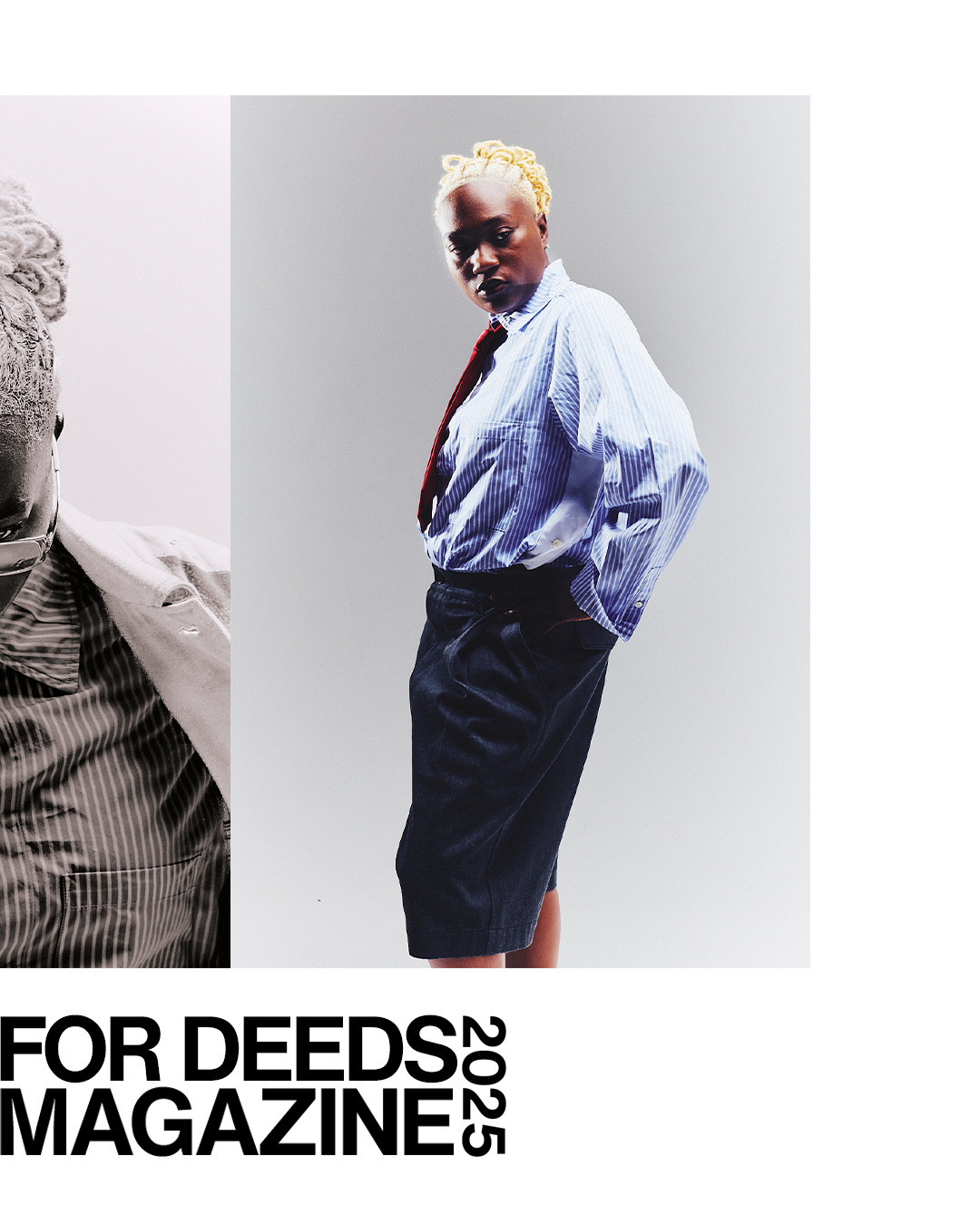
If you ask Darkoo what her new style era has been in this current moment, it very much lies in trying out new things and pushing herself, which has expanded beyond her music. This is very evident in the accompanying editorial images, which really took her beyond what she would choose for herself, as we reflect on the shoot that took place before our conversation. "It was definitely outside my comfort zone, but I feel like after the shoot, it made me start thinking about the kinds of styles and things that look good on me. And I want to push myself out of my comfort zone when it comes to how I dress and how I look. It was definitely amusing dressing up and doing things with a different theme, and the styling was definitely different from the kind of clothes I wear." The results feel like a different type of Darkoo, someone who was able to bring the vision to life, and channel a different energy which came out in the images.
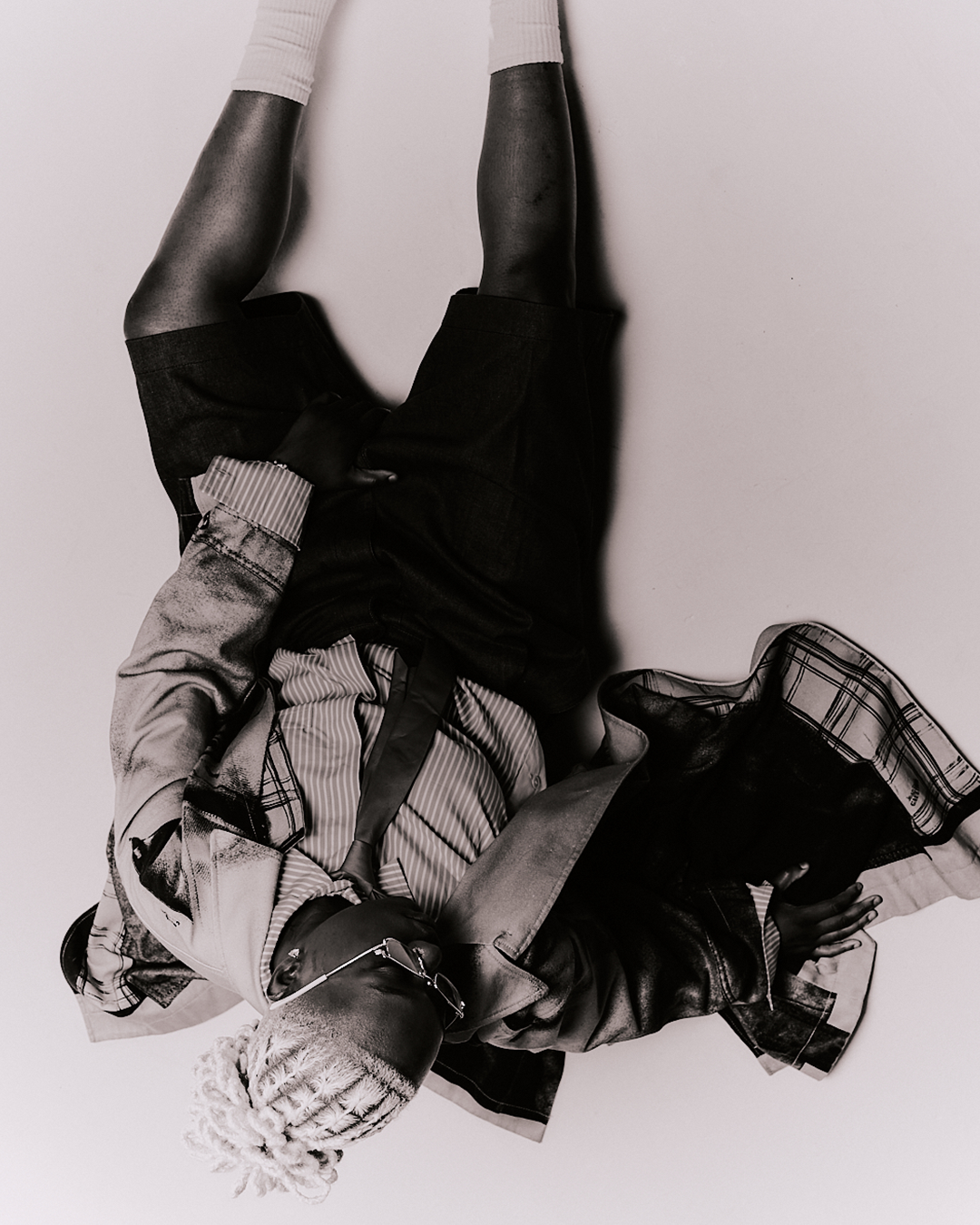
Beyond the clothes and the music, it is evident that this moment in Darkoo's artistic journey feels like a turning point in her career. When you take it beyond the music and all that she has achieved, her growth across the board has been incredible to see. Witnessing her moment at the MOBOs at the start of the year and the year comes to an end, it feels like she's gearing up for some more things that are no doubt on the horizon. Speaking to this and what feels next for her in following up on this moment, "I'm in a space figuring out what my next plans are." She shares with me as we wrap up our conversation. She is no stranger to what it means to really put yourself out there and see what comes of it. Where we are, there are certainly miles to go before she reaches her next destination. "A lot of fun has been had, and the next step is for me to mature into myself, into my music, into my brand. Let's get back in the studio now."
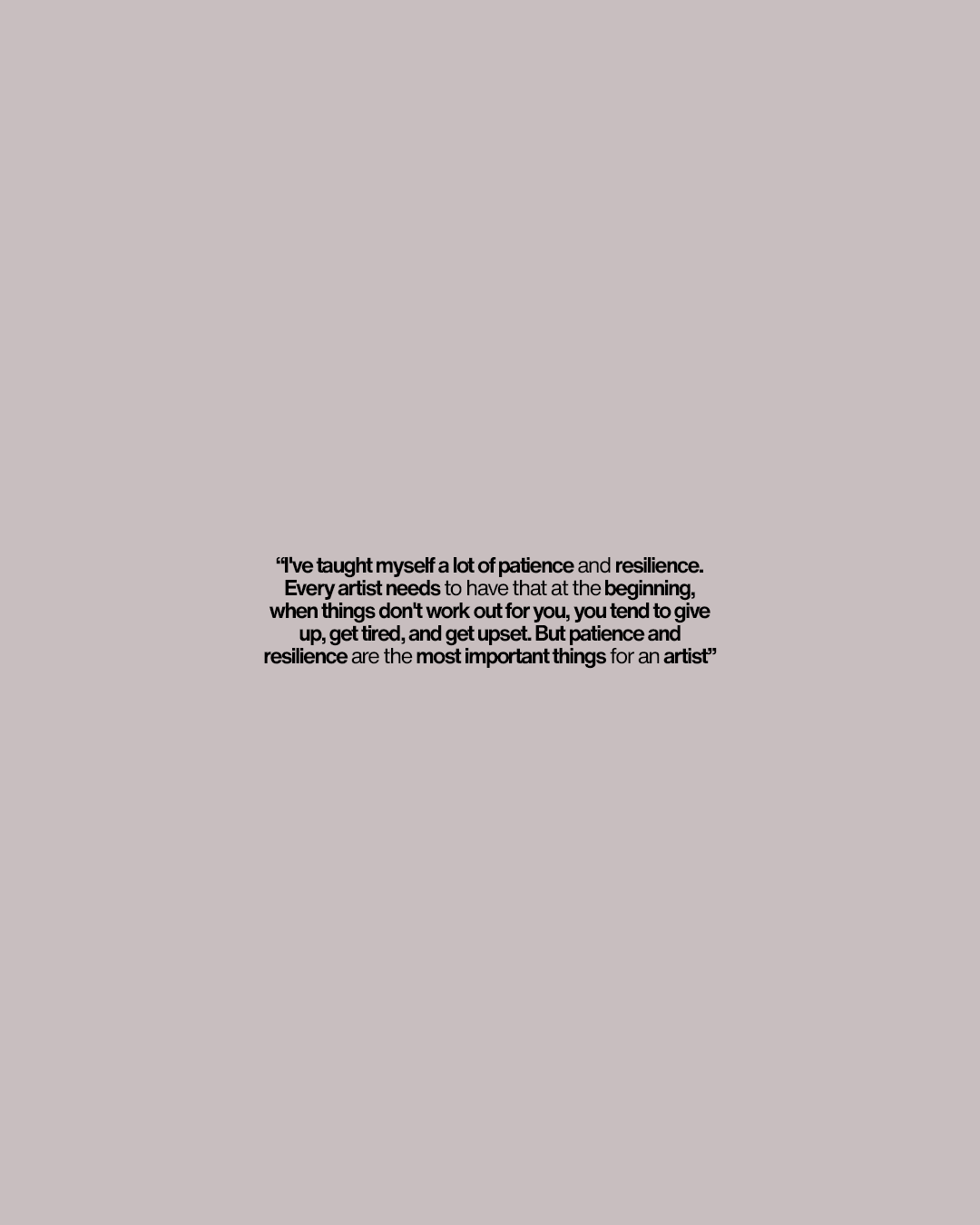
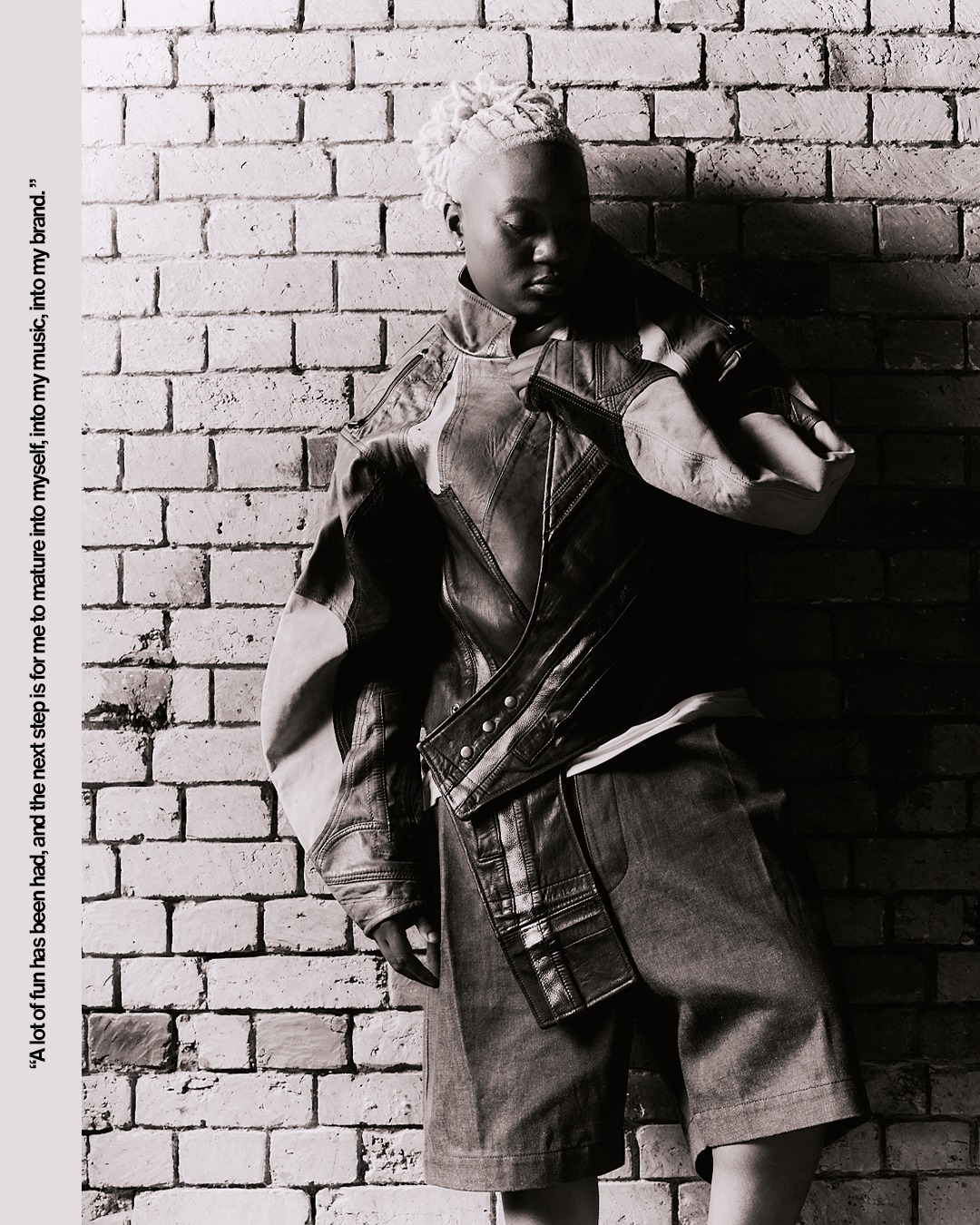
Production Credits
Photographer: Jonathan Tomlinso
Creative Director: Zekaria Al-Bostani
Producer: Seneo Mwamba
Production Assistant: Whitney Sanni
Stylist: Jacob R Levine
Styling Assistant: Demi Hali
Abbie Young @y0ungabz
MUA/Grooming: Afsha Kabani
Barber: @h_clipsit
Movement Director: Ayanna Birch
BTS videographer: Geoffrey Konadu-Yiadom
BTS Video Editor: Abdulafeez Malik
BTS Photographer: @haruki.design
Design: @margokatesmith & @ShalemAlone
Writer: Seneo Mwamba
PR: @the828agency

Live at SILO Brooklyn, Arlo Parks unmasks the commonly concealed, uncanny music production process. One large table encompassed the entire stage’s set design, compact with massive MIDI keyboards, TASCAM cassette tape recorders, audio interfaces, decks, keyboards, and a guitar. Sunken red and soft white lights entrap the stage in her new experimental series, ‘Sonic Exploration.’

Born Anaïs Oluwatoyin Estelle Marinho, the L.A.-based and West London-raised singer/songwriter Arlo Parks curates a new way of sharing and experiencing music beyond the traditional performance scene. With shows slated for London, New York, and L.A., these intimate live shows awarded the audience an inside look at her intricate studio process, as she performed old songs from her repertoire layered with unreleased, new tracks.
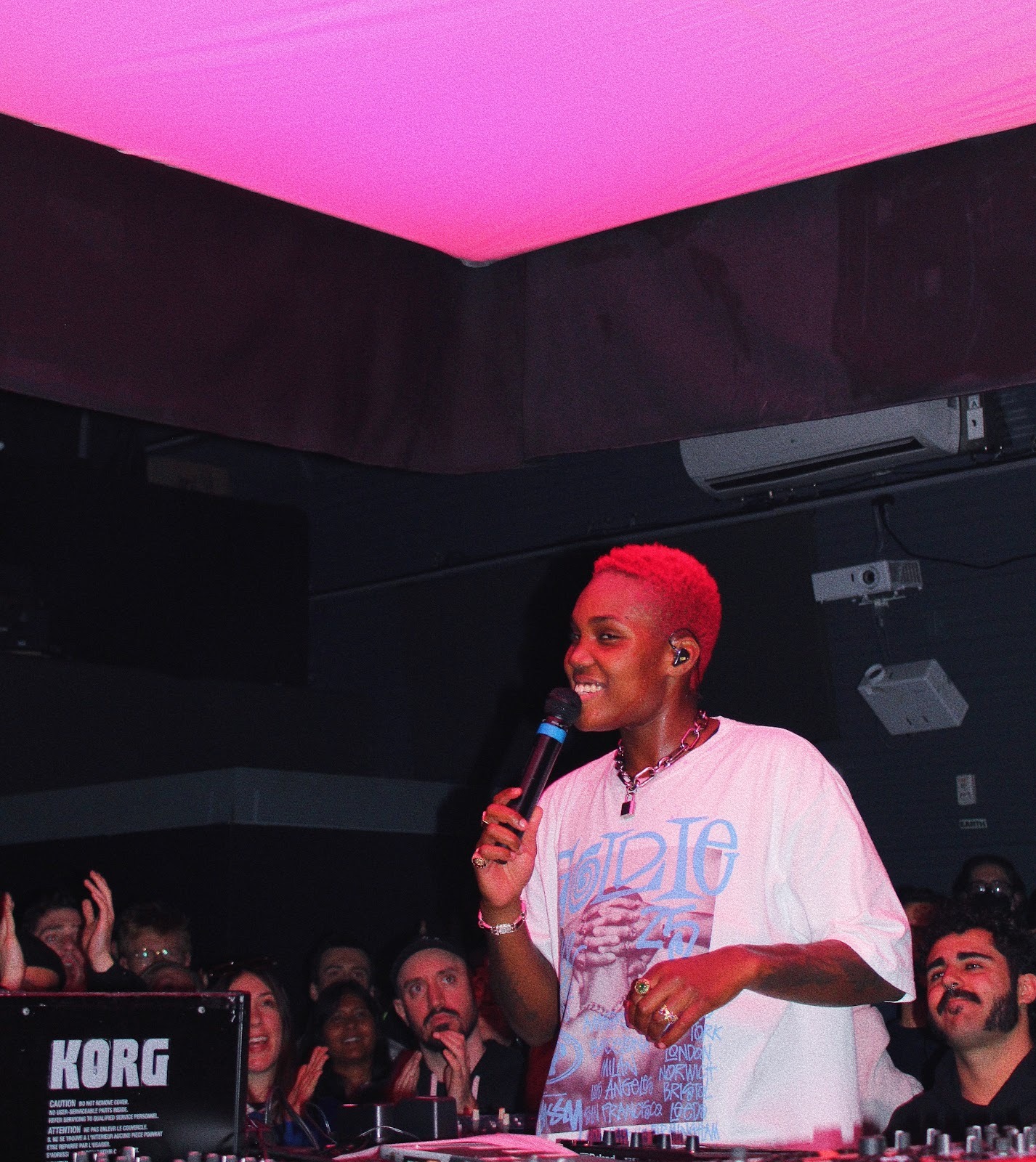
The picturesque communal stage removed a natural hierarchy commonly present between the artist and the crowd, designing a curated closeness amongst the audience. Alongside producer/guitarist, Baird, ethereal meets ambience, layered with synthy, vintage-forward keys, mellow voice-overs, and futuristic textures, Arlo performs her unreleased track, ‘Heaven.’ This track mirrors Arlo’s light, smooth, emotional vocal approach, albeit with a new percussive, R&B-forward twist.

She then backtracks to her 2023 hit featuring Phoebe Bridgers on ‘Pegasus,’ from the ‘My Soft Machine’ album. Under a calm, moody, nostalgic blue light with synchronized head nods and sways from the audience, this pop bop falls nothing short of simple, resonant genius. Arlo has a beautiful way of conveying deep emotion through her soft cadence, accompanied by her vulnerable lyricism.

“Blue jewels 'round your neck (Ooh) / You cool my distress (Ooh) / Loose cherries, hot breath
I'm overwhelmed (ready?).
“I spun 'round and screamed, “‘I feel elated when you hold me’” / Then you got shy and beamed, “‘I think it's special that you told me’” / I think you're special 'cause you told me (Ready?) / I think you're special 'cause you told me / I think you're special 'cause you told me”
Arlo released her new single ‘New Desire’ ahead of her ‘Sonic Exploration’ show as a teaser of her new sound experimentation over the past two years. Taking the stage lights back to sunken red, she hits the decks with Baird on the guitar, playing a light, uplifting harmony. This track showcases Arlo’s sonic evolution, marrying her signature lo-fi, pop sound with a new electronic, punchy percussive feel. A late-night session with Baird inspired this track, all culminating from a voice note she received in May that “made her feel like a teenager again - tender with new magic.”
Arlo comes full circle near the end of her show with her 2018 debut single ‘Cola,’ rocking the crowd with its heavy, unforgettable, groovy bassline. Currently at 48 million streams on Spotify, the funk-inspired record juxtaposes against the melancholy of unrequited, toxic love, as the crowd emphatically sang,
“So take your orchids / Elsewhere, elsewhere / I loved you to death / And now I don't really care
'Cause you're runnin' 'round over there / Yeah, you're runnin' 'round over there / And now I don't really care.”

Pulling the audience into Arlo’s new, current, and future musical worlds, the timeless nature of these live shows expands the culture of sharing music that is in process. In an age of chronic automation, the dismantling of overt polish and perfectionism retains the art of the fundamentally undone.
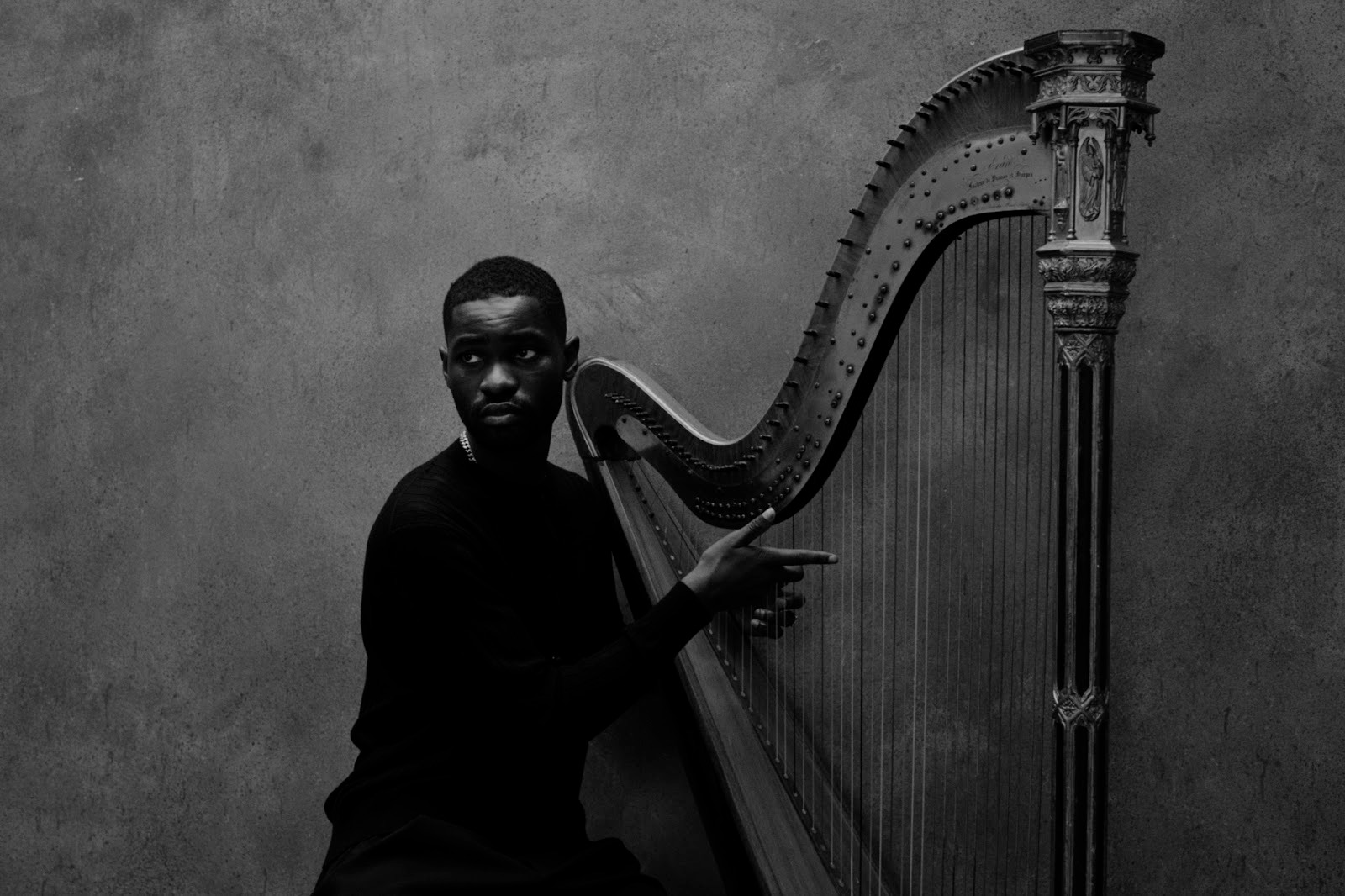
Momentously dark, brooding, heavy piano chords strike a succession of strings at record timing, to open ‘History’ — the first cinematic track of the album.
“I'm from South where they struggle with sayin' your name / But it's easy when pronouncin' you dead on the scene… / You know it's history in the makin' (Ooh) / Shall we make it?”

Setting a commanding tone for Dave’s new full-length project after almost four years, the sharp, melancholic wit that is persistent in Dave’s storytelling collectively complements James Blake’s spacey, atmospheric production. Together, they offer listeners an uncanny opportunity to momentarily exist in a live conversation between Dave and Dave’s inner psyche. As harmonious vocal ballads juxtapose the dark, emotive questioning on the state of one’s existence, UK rapper Dave elucidates deep introspection and emotional turbulence in ‘The Boy Who Played The Harp.’
Hailing from Brixton, South London, British-Nigerian artist Santan Dave, born David Orobosa Omoregie, emerged onto the rap scene in 2015. His brilliantly precise freestyle on the underground rap channel Blackbox fused anecdotes of his real-life struggles into an enticingly hypnotic rap cadence– resonating with listeners drawn to his authentic delivery. The tenor of his lyricism narrates the realities of growing up in the Streatham district in South London, where a broken criminal justice system directly impacted his family and upbringing. Through the years, he has built a massive base: from winning a Mercury Prize for his release of ‘Psychodrama’ in 2019, to securing a MOBO award for his sophomore studio album, ‘We’re All Alone in This Together.’
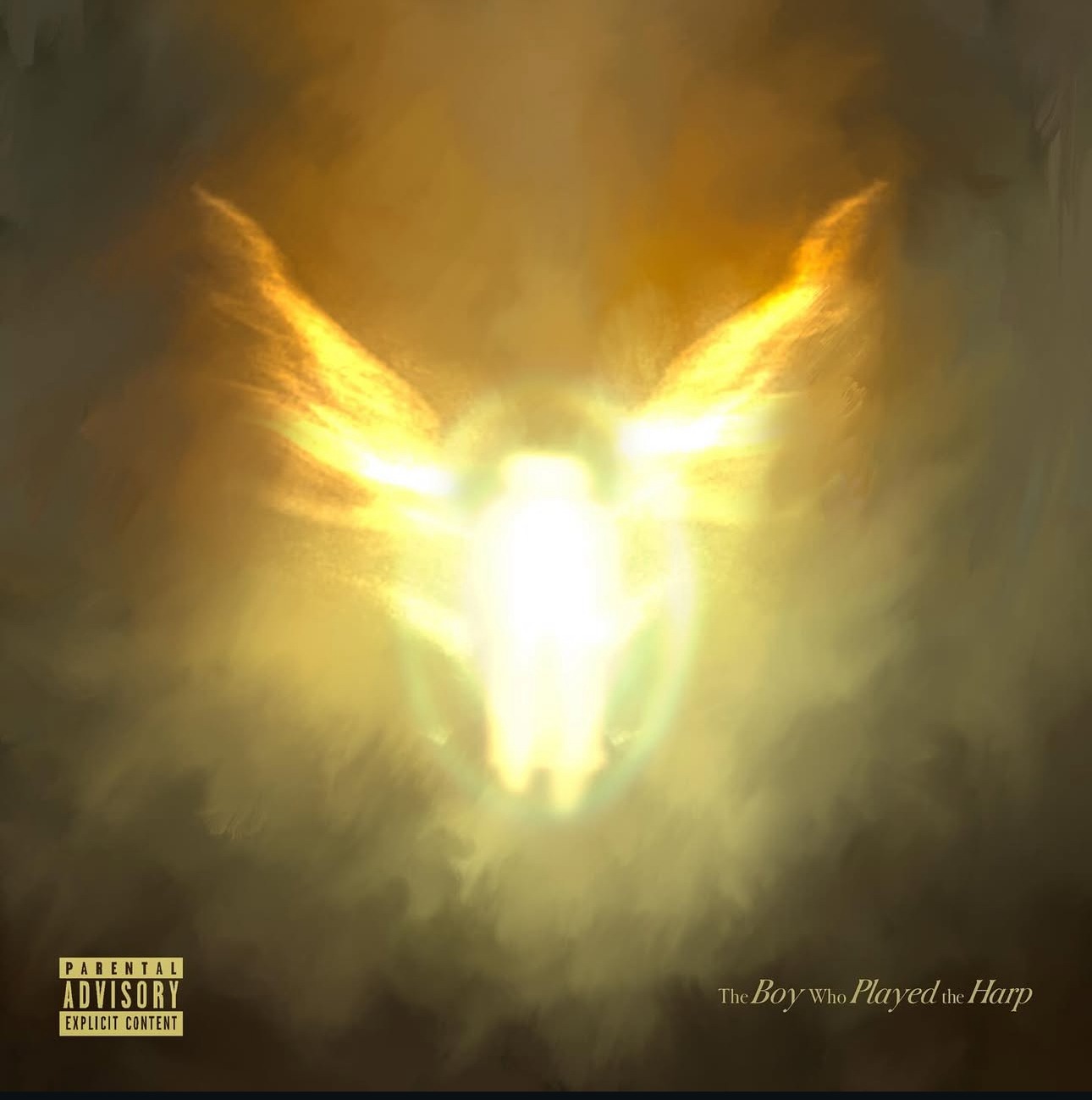
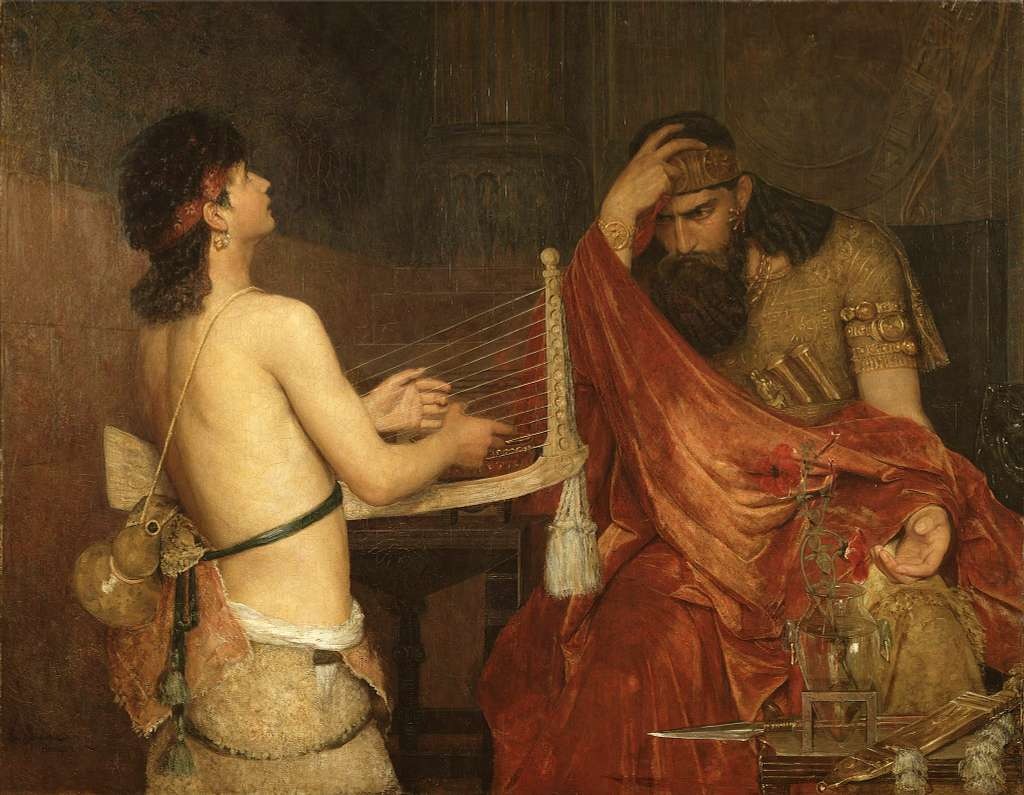
Dave bases the album’s title on Biblical King David, who plays the harp in the Book of Samuel to soothe King Saul’s evil spirits and demons. The harp’s power to relieve Saul’s darkness parallels Dave’s strong connection to music and the enormity of its ability to dispel deep, complex emotions. This theme expands across the album as Dave unravels the varying depths of his anxieties – a damaging criminal justice system, an increasingly rushed and algorithmic-focused creative process, and the existential weight of the passage of time.
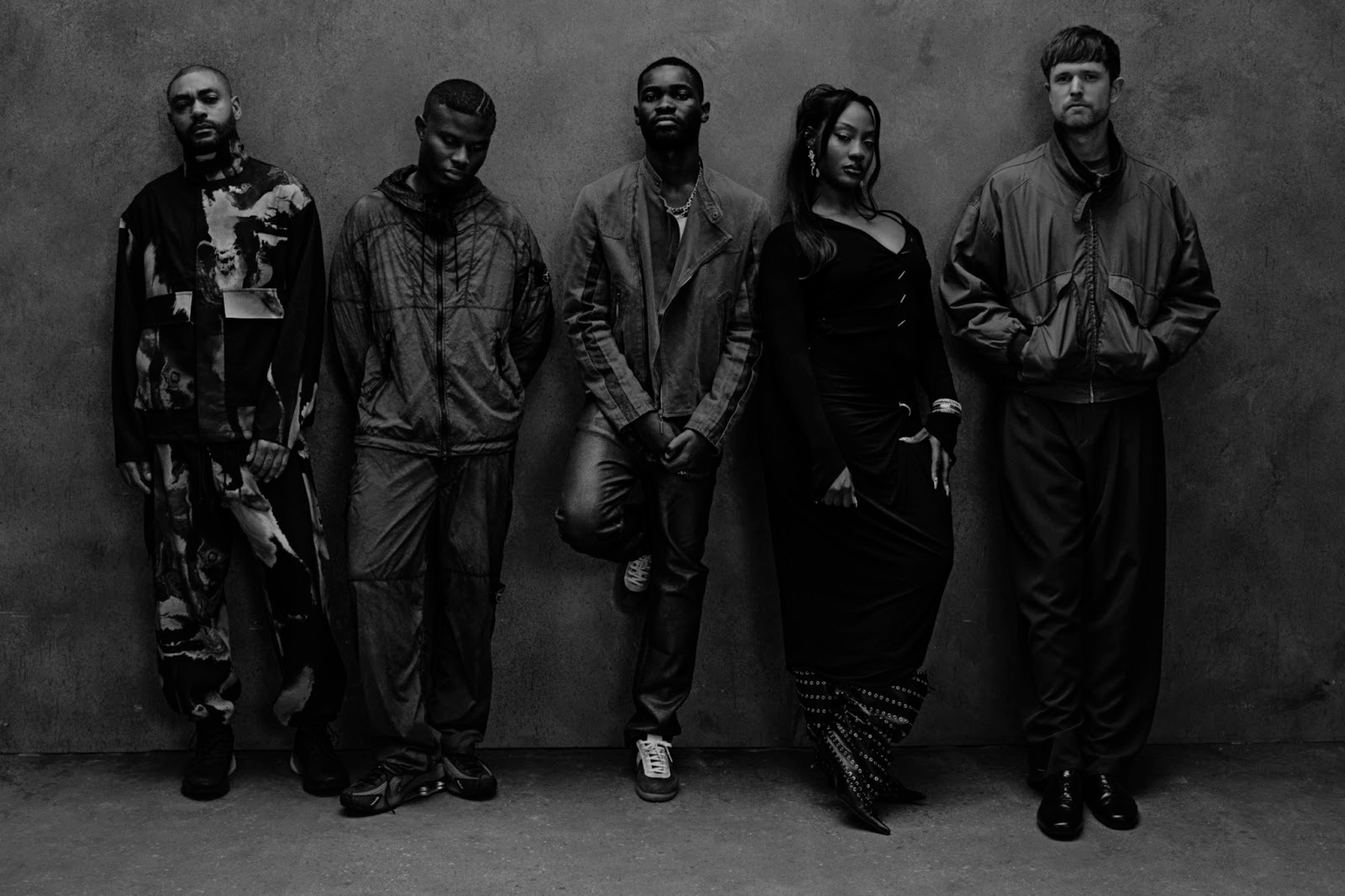
Already charting at #5 on the UK Official Singles Chart, Tems and Dave collaborate on ‘Raindance’ – a light, sweet record fusing afrobeats, afroswing, and rap. Dave’s heavy cadence and Tems' soft vocals provide a colorful texture to the song, indicative of the creatively expansive approach he brings to his records.
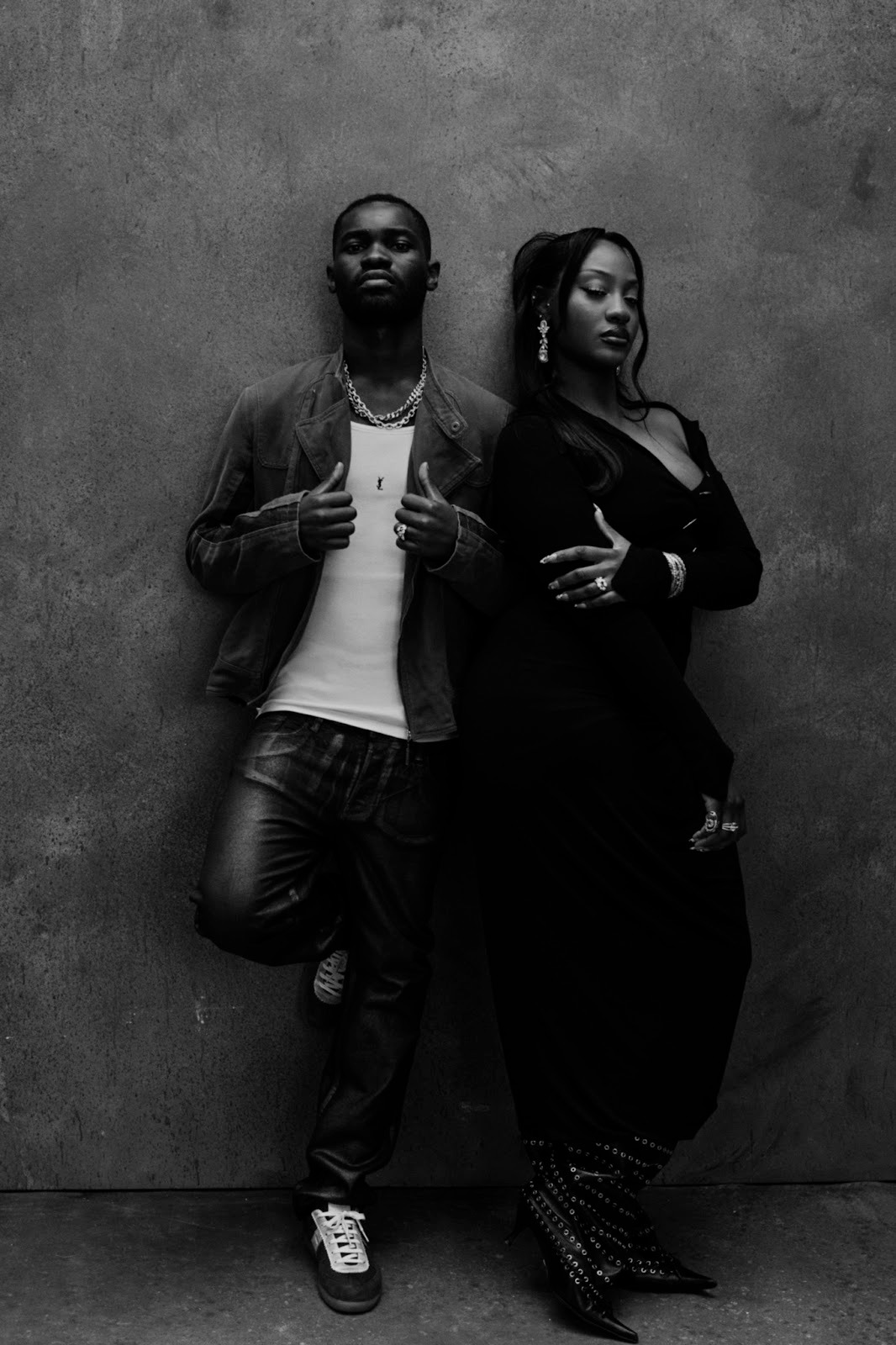
‘Selfish’ runs almost counter to the energy in ‘Raindance’ – where a haunting piano follows a descriptive narrative throughline of Dave’s pensive fears of never finding love, hesitance of therapy’s efficacy, and anxieties of running out of time. He introspects on a series of what-ifs:
“What if I'm selfish? / What if the kids just wanna be kids / What if my fear of doin' it wrong's the reason I haven't been doin' it right? / What if I never find love? / What if I'm damaged? Or what if I waited too long / Or what if I'm faded? Or what if anxiety's growin' inside me / That I might have left all my best years behind me? / Or what if I'm scared as I touch twenty-seven / That you don't appear in my idea of heaven?”
Building on themes of introspection, one of the most brilliant moments on this project is ‘Chapter 16.’ Featuring Kano with Dave, their back-and-forth banter almost mimics an off-guard, unscripted conversation between two friends simply catching up.
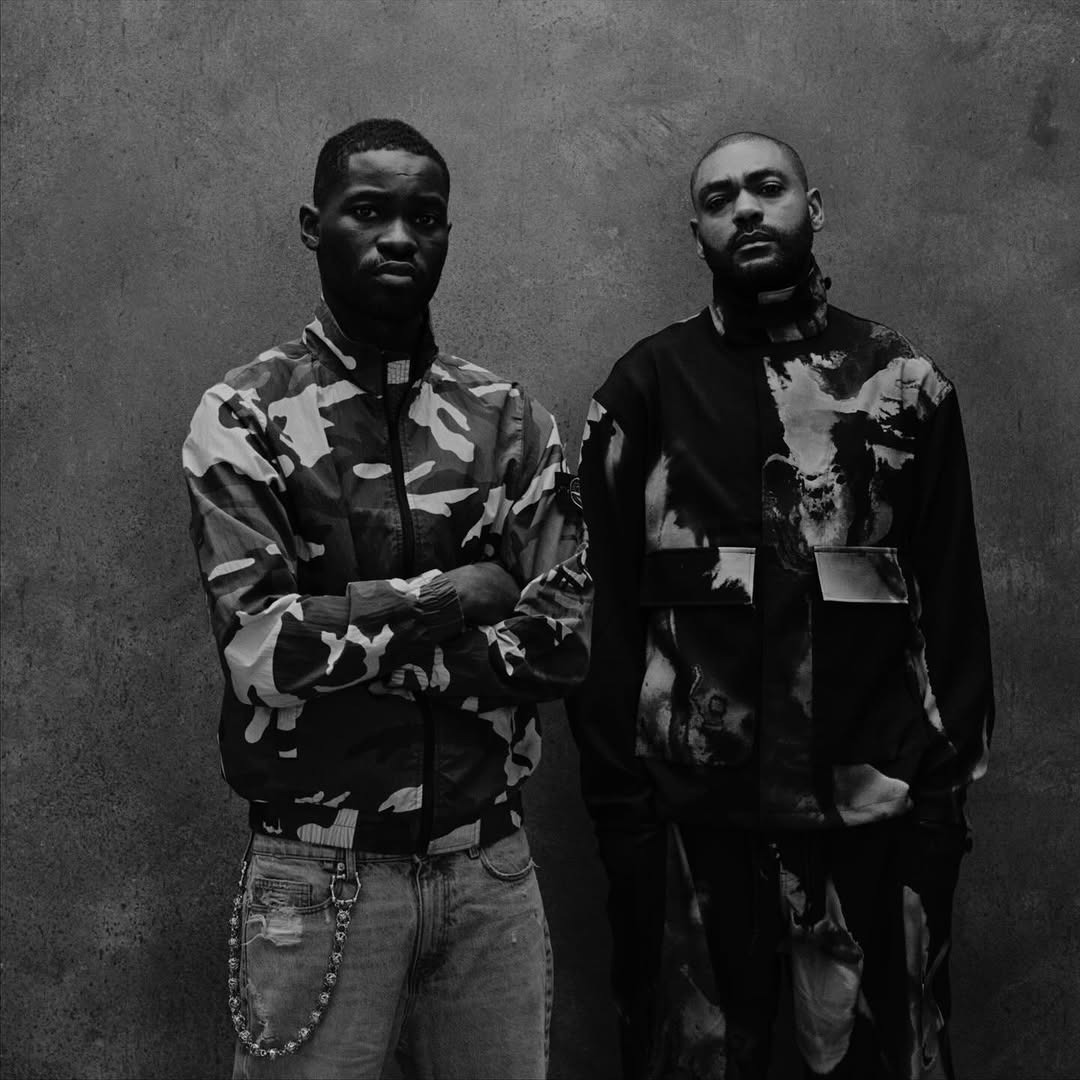
Dave: I moved out West, and it's nice in these days, we drivin'
Kano: Ah, your lifestyle bougie (Ah), lifestyle bougie (Ah, cool)
I used to push a silver Porsche with two seats
Dave: (Of course you did)
Kano: Leatherbacks, cosy baby seats in the SUV
You know I've been Naij' and I've never had Egusi
Dave: (So, blud, what was you eatin'?)
Kano: Fried plantin
Dave: You ain't have the pepper soup, G? And it's "Plantain"
Dave has always looked up to Kano, one of East London’s top grime rappers. While chatting about pepper soup, egusi, and the correct pronunciation of plantain, Dave delves into deeper ruminations on his hesitations, reservations, and general obscurities he wrestles with as an artist in this generation. What does it mean to excel tremendously as a rap artist in a world that is simultaneously on fire?
Kano encourages Dave to remember the power of presence, community, and perspective, especially in an unforgiving music industry.
“You got a lot of years ahead of you / Some years'll worsen you and some will better you / If it's not positive, drop it, the street's residue / But keep a piece of yourself when you're sellin' you../ This game ain't for the throne, and kings are checkable / It's to be a better you, envy's inevitable / And please take pics with your friends 'cause I'm tellin' you / This industry attention will sever crews”
Dave’s relationship with the creative process is paramount in this album, as he notes in ‘My 27th Birthday’
“But when I'm all alone, I won't lie, I question myself
Am I self-destructive? Am I doin' the best for myself?
I know I love music, but I question the rest of myself
Like, why don't you post pictures? Or why don't you drop music?
Or why not do somethin' but sittin' and stressin' yourself?
Ten years I been in the game and I won't lie, it's gettin' difficult
This shit used to be spiritual…
[and] why we countin' the numbers, how the music make you feel?”
These lines of worry are accompanied by call-and-response echoes of "everything's fine,” noting the cognitive dissonance Dave feels between making good music and the innate pressures of conformity associated with that. Impending social pressure and fear are heavily prevalent in the creative process. Creating for creation’s sake, for Dave, seems to have lost its fervor, as he describes how the music process used to feel much more spiritual. In a world of increased automation and algorithmic agility, audiences forget that there is a real person behind the music, with a large dedicated team committed to bringing an artist’s vision to life. In Dave’s recent Instagram caption, he highlights how formative those four years were for him and his music, emphasizing how his search for purpose guided him in the birth of his third studio album.
“You wanna know the reason it's taken me four years?
It's not 'cause I'm surrounded by yes-men and sycophants
It's 'cause I'm with producers and people that give a damn
It's me who's gotta carry the pressure, I live with that”
Lauryn Hill speaks to a similar theme, underscoring the importance of living life to create good art.

“I’m not in the studio right now, and everybody thinks I’m crazy / Time is running out, and you have a window / For a while, I listened to that / Music was created / But it wasn't my best / There was no substance because there was no experience / …Never be afraid of not knowing / Think in doses / Think in experiences”

Refusing to be prescriptive, the nature of Dave’s storytelling invites listeners on an emotionally introspective journey through the labyrinthine of his creative mind. Each worry, hesitation, abundance, and proclamation Dave expresses design the sonic, melodic, and phonetic structure of each record.
King David and his harp,
Santan Dave and his pen.
“My ancestors, my ancestors told me that my life is prophecy
And it's not just me, it's a whole generation of people gradually makin' change
There ain't a greater task
Shift that, make a name, make a start
They don't know what they're facin' when they ask
With the will of David in my heart
The story of the boy who played the harp.”
Collapsing tenderness, pain, restraint, and beauty, Dijon’s ‘Baby’ record somehow manages to carry fragmentation and completion all at once.
“I’m rife with contradictory ideas.”
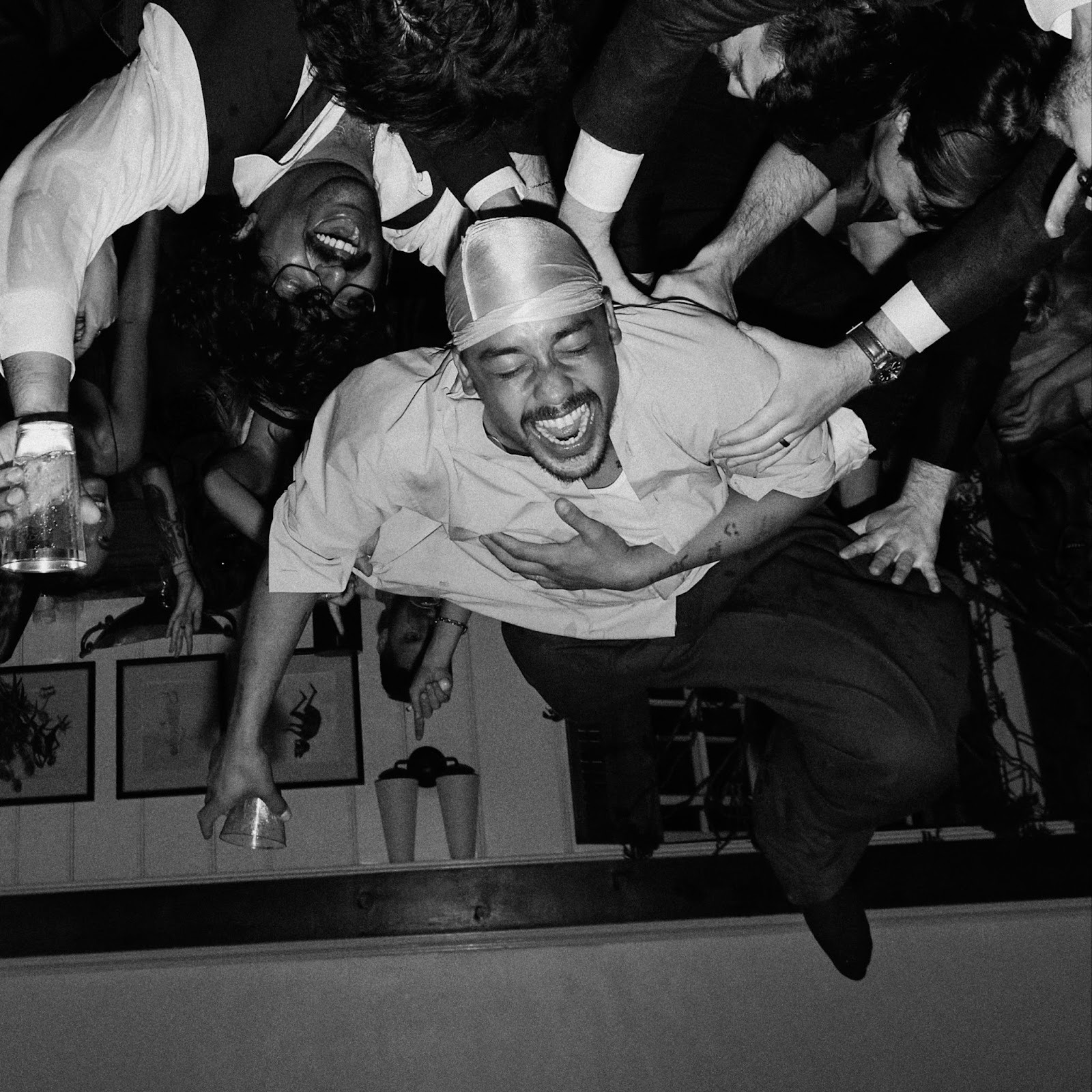
This contradictory essence presents itself in his 2025 album, ‘Baby.’ Listeners are brought into Dijon’s futuristic take on a traditional stomp-clap Americana sound in the first track, ‘Baby!’, then transported two decades in reverse with ‘Another Baby!’ and its nod to 1990s Prince sensibilities. As ‘Yamaha’ fields remnants of a lo-fi, neo-soul nostalgia akin to that end-of-a-movie score feel – we’re then pulled into a textural, grainy experimental folk experience in ‘Kindalove.’ This playful, mosaic music-making refuses the conventional binary of sound. By exploring and dissecting a wide range of influences distinct to his taste, he functions as a sonic filter that outputs a glitchy, avant-garde, spacey final production—pursuing the limitless potential to craft a great record.
Washington state-born, Maryland-bred, and now LA-based artist and producer Dijon Duenas, began his eclectic music journey nearly thirteen years ago with his R&B duo Abhi/Dijon. In 2016, he moved to LA to start his solo career. Inspired by Frank Ocean and heavily emotive R&B lyricism, his single ‘Skin’ reached notable acclaim, now amassing over 62 million plays on Spotify. His inspiration for music ironically came from his own intense criticism of it. While at the University of Maryland, he came to terms with the reality that if he wasn’t putting his own songs out there, he had no business brazenly ranting about the work of others.
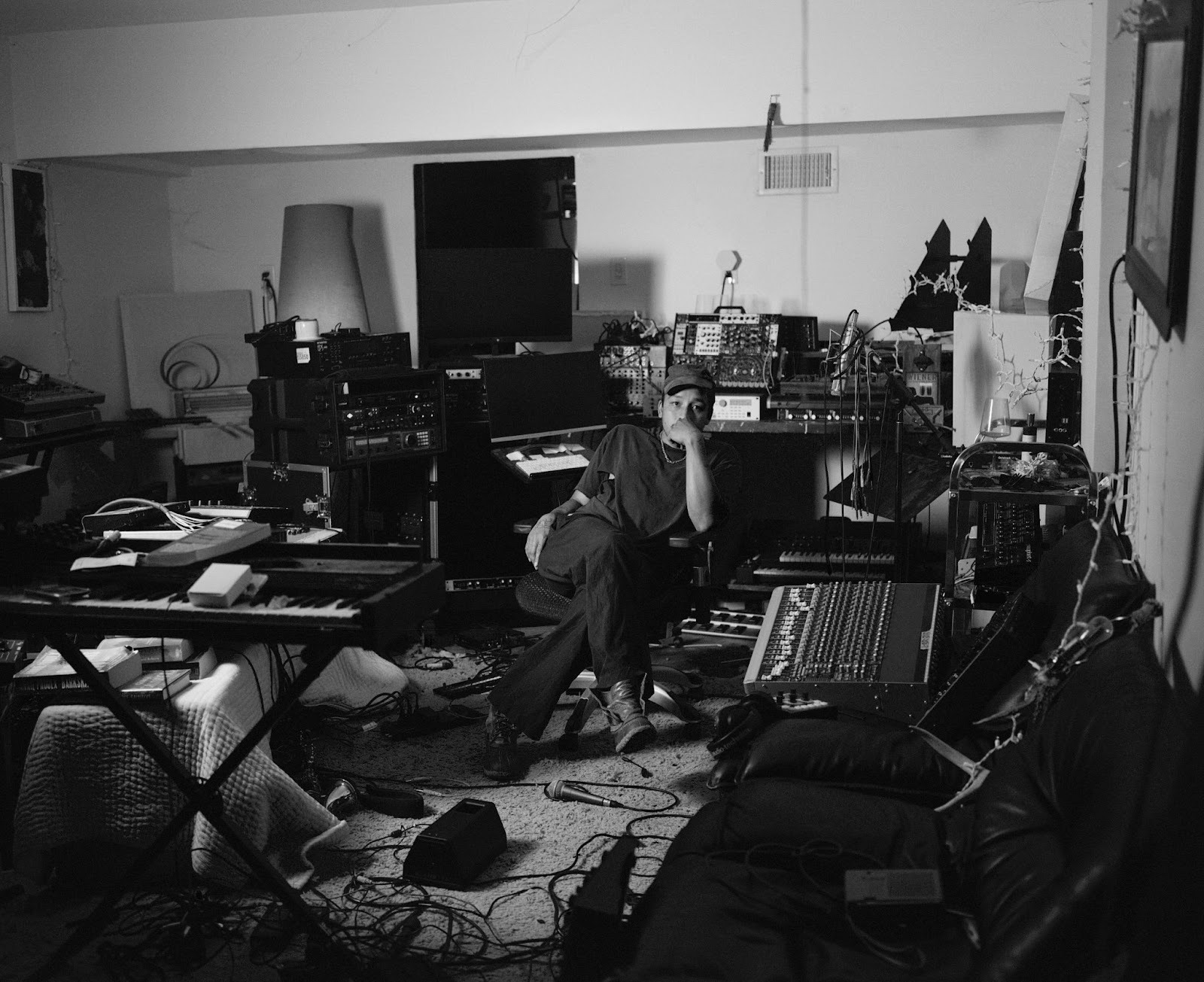
From his One Battle After Another acting debut, in addition to his upcoming musical guest appearance on Saturday Night Live in December, Dijon is closing in on a momentous year– most notably, with his 2026 Grammy nominations announced earlier this month. With nominations for Producer of the Year, Non-Classical, in addition to Album Of The Year for his contributions to Justin Bieber’s ‘SWAG,’ he also had his production hand in Bon Iver’s 'SABLE, fABLE,' co-producing ‘Day One’ featuring both Dijon and Flock of Dimes. Dijon notes that he was able to attach to some version of the vocal idea with the help of Michael Gordon, also known as Mk.gee. The team went through 35 different channels and dissected every stem of the production, unmuting and muting to see which idea worked. In an interview with Zane Lowe, Zane noted that “This was the equivalent of pulling all the tape off the reel, laying it on the ground and deciding to just figure out what you're gonna cut.” The on and off beat cadence in ‘Day One’ was actually a Pro Tools mishap, with Dijon noting,
“It made sense, weirdly, and everyone picked it up and remembered to pause… I'm not smart enough to do stuff like that… [consciously].”
This same DIY versatility in his production technique was paramount while he was in the studio with Justin Bieber’s team for ‘SWAG.’ Collaborating with production powerhouses Carter Lang and Dylan Wiggins, Dijon described the environment as “non-demanding or entitled”, where “unpredictability met comfort.” This way, everyone could bring their natural selves to the table to make something genuinely human. With ‘Daises’, co-produced by both Dijon and Mk.gee, the layering of Mk.gee’s heavily detuned, baritone-esque guitar riffs, along with Dijon’s emotive vocal melodies and intentional spacing between production sequences, guided the build for the record. It became a massive hit, now nearing over 418 million streams on Spotify.
The brashness of the Beastie Boys, to the reverent, sensual, emotive vocal phrasing of D’Angelo, to A Tribe Called Quest’s irregular jazz-inflected chords, all the way to the whimsy, genre-fluid textures of the Dust Brothers, Dijon’s catalogue of inspiration expands extensively across time, genre, and style. Dijon’s music has been described as existing in a liminal space, characterized by out-of-tune pianos, demo-like records, 80s nostalgia, and a simultaneous pop sensibility and inadvertent pop subversion. His music embodies subtle nostalgic undertones and cross-genre sonic montages. The music feels familiar, but difficult to place.
In the interview with Zane Lowe, Dijon shares that he doesn’t actually know when a record is done, but rather “knows when something isn’t good.”
“It’s physiological – you just know when something is wrong.”
Dijon’s first track, ‘Baby!’ was started almost four years ago. Originally meant to be a Shania Twain old-school country storytelling track, Dijon retooled it and broke it down over the piano over the years. This piano breakdown gave rise to a more emotional vocal phrasing than the original demo. ‘Another Baby’s’ heavily Prince-inspired influence jokingly pushes for the idea of another child. Prince’s ‘If I Was Your Girlfriend’ provides a beautiful production mirror to ‘Another Baby’ as both tracks possess similar gritty, transient, atmospheric textures – with punchy, gated reverb on the snares.
Although Dijon did not drop a single before the release of the full album, ‘Yamaha’ was the most listened to song on the record, with over 7 million streams since its release. In this upbeat, cinematic love song, Dijon’s emotive phrasing and vocal inflections give life to the written words in ways that the words alone could not have evoked.
“Baby, I'm in love with this particular emotion / And it’s sweet / You in this particular motion / You shouldn’t hide it, honey / You should own it and show it / Big loving—that’s my heart / And you own it.”
Two weeks before Dijon and his wife’s son was born, ‘Kindalove’ was born. Dijon and his band produced a loop, invited some friends over, and with both of these essentials, everyone started singing into the mic, like the classic days. This is one of the most important ways Dijon masters that sonic sound that feels really close, like you’re in the room – a live show, a tiny desk, making music in the garage. His omnidirectional mic picks up every subtlety in the space – from vocals, to walking, to stomping, to breathing, to clapping. These textures give each song its dimension, picking up sources around the room to shape an audible depth to the sound. This production style works to recapture that sense of intimacy in live performance.
Vocals serve as a utility to give dimension to the record. Most often, the vocals dominate over the instrumentation and sonic production, but for Dijon, these elements are in communication with each other. One isn’t above the other; the vocals are instruments. By speaking and feeding off each other, a vocal collage is created within the narrative of each song—a dialogue, an interweaving storyline.
Not only is his music-making process non-linear, but the music itself also exists on a non-linear plane – making way for special, fluid, genre-bending sounds.
The disorder in process rejects conventionality in favor of awe. By disrupting algorithmic automations and creating novelty, we invite human error.
“I’m still trying to figure this out. Whatever you like about me, I’m still trying to change and undo. I don’t have an understanding of the end.”
The closing night of kwn’s with all due respect tour was a perfect celebration of tthe monstrous year the R&B songstress has had. Having witnessed her take the stage at the top of the year, where she opened for Kehlani as part of Crash World Tour, to closing out her debut headline show, which sold out instantly. It was a moment to witness as she embraced the love from her hometown show, ending the tour on a high note.

The energy at The Outernet was electric, with fans eagerly awaiting her arrival. When she appeared shortly after 9:30 to her EP intro ‘bite me,' the crowd erupted in cheers, singing along passionately to fan favourites from the EP and her previous material. The crowd's enthusiastic participation, singing word-for-word and dancing along, vividly conveyed the strong support and created an immersive atmosphere for readers.
The significance of this moment for kwn is not lost on her at all who before performing the emotionally charged “Lord Outside” reflected on the events over the last year and getting to this point in her journey. “this time last year I was selling Worst Behaviour for £1.99, I was on working at Amazon, I was working at a restaurant with my dad, I thought it was all going to shit I can’t lie but i never gave up and I figured at some point it was going to get better and it did it” For anyone who has been on the journey since wn way or another will know that the graft has been real and efforts and hard work it was taken to be on that stage is one that a real moment for her.
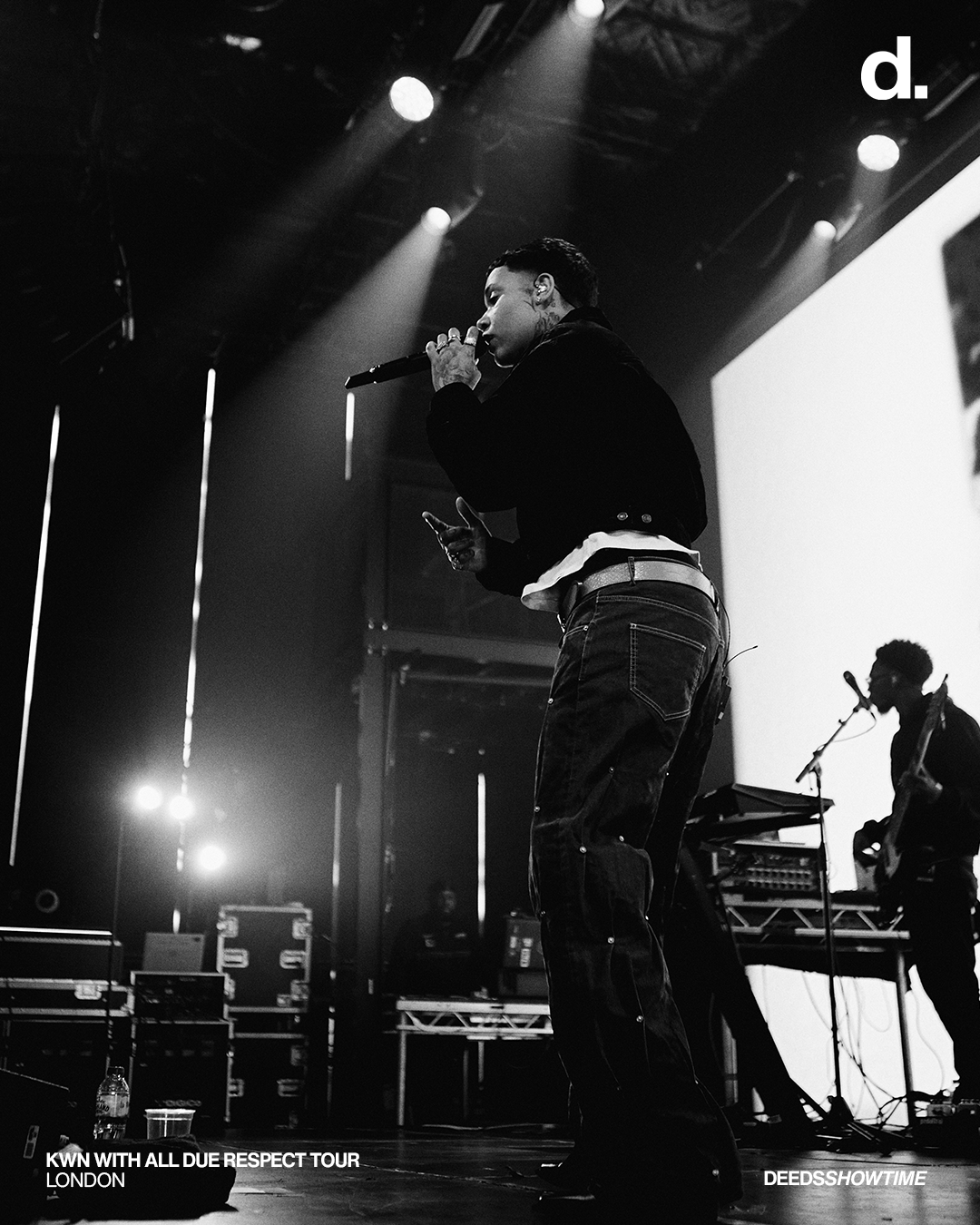
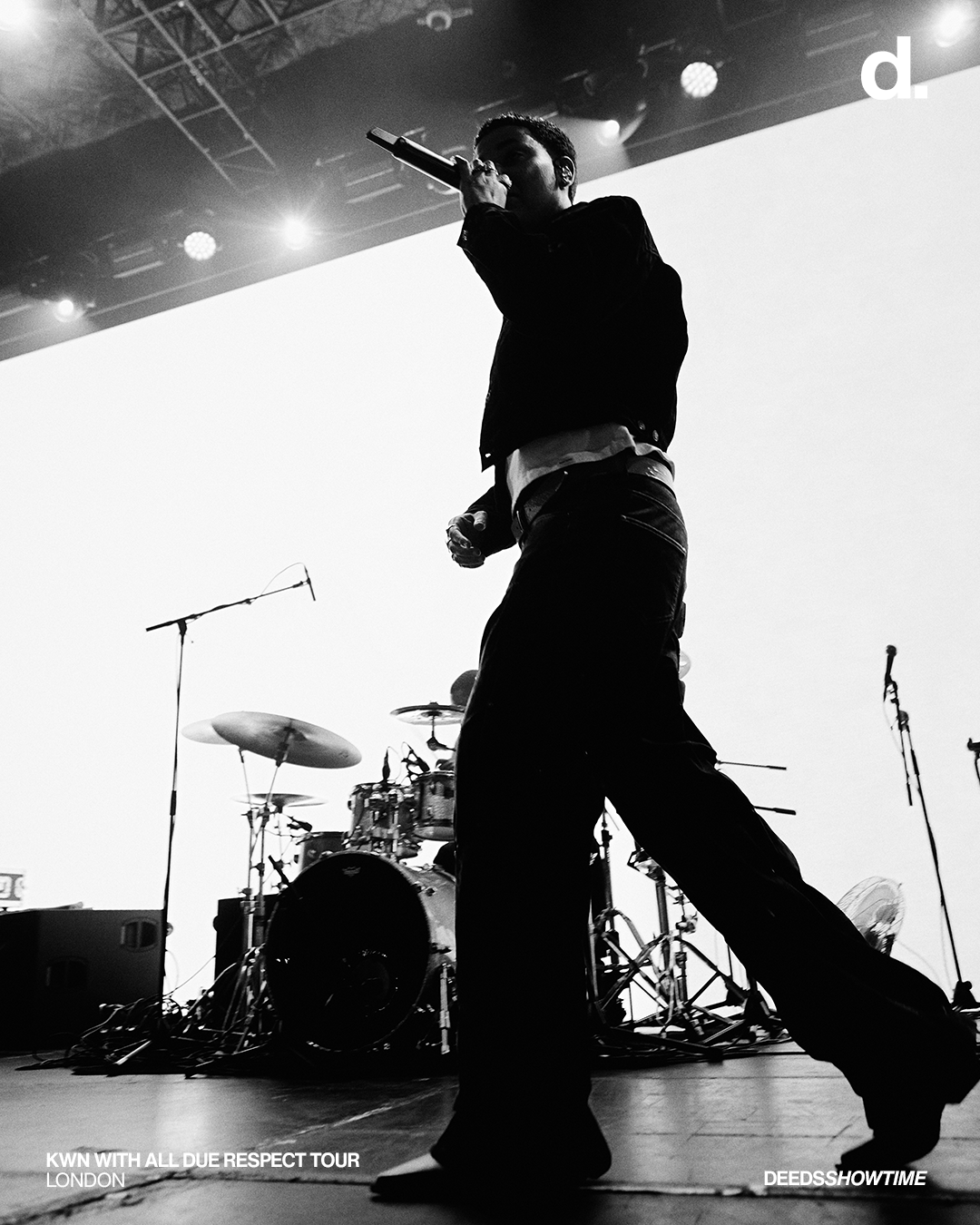
Considering it was the final show of the tour, there was no way she was not going to bring out a guest. Having brought out Scribz Riley at the show before, there were several options from Jordan Adetunji, FLO, and maybe even a secret Kehlani-in-London situation. And even though there was no Kehlani appearance, she did invite a fan onstage to join her as she performed “Clothes Off”. However, the crowd was treated to the appearance of girl group FLO, who joined her for their collaboration “talk you through it”, which delivered the energy on stage and was a standout moment of the show.
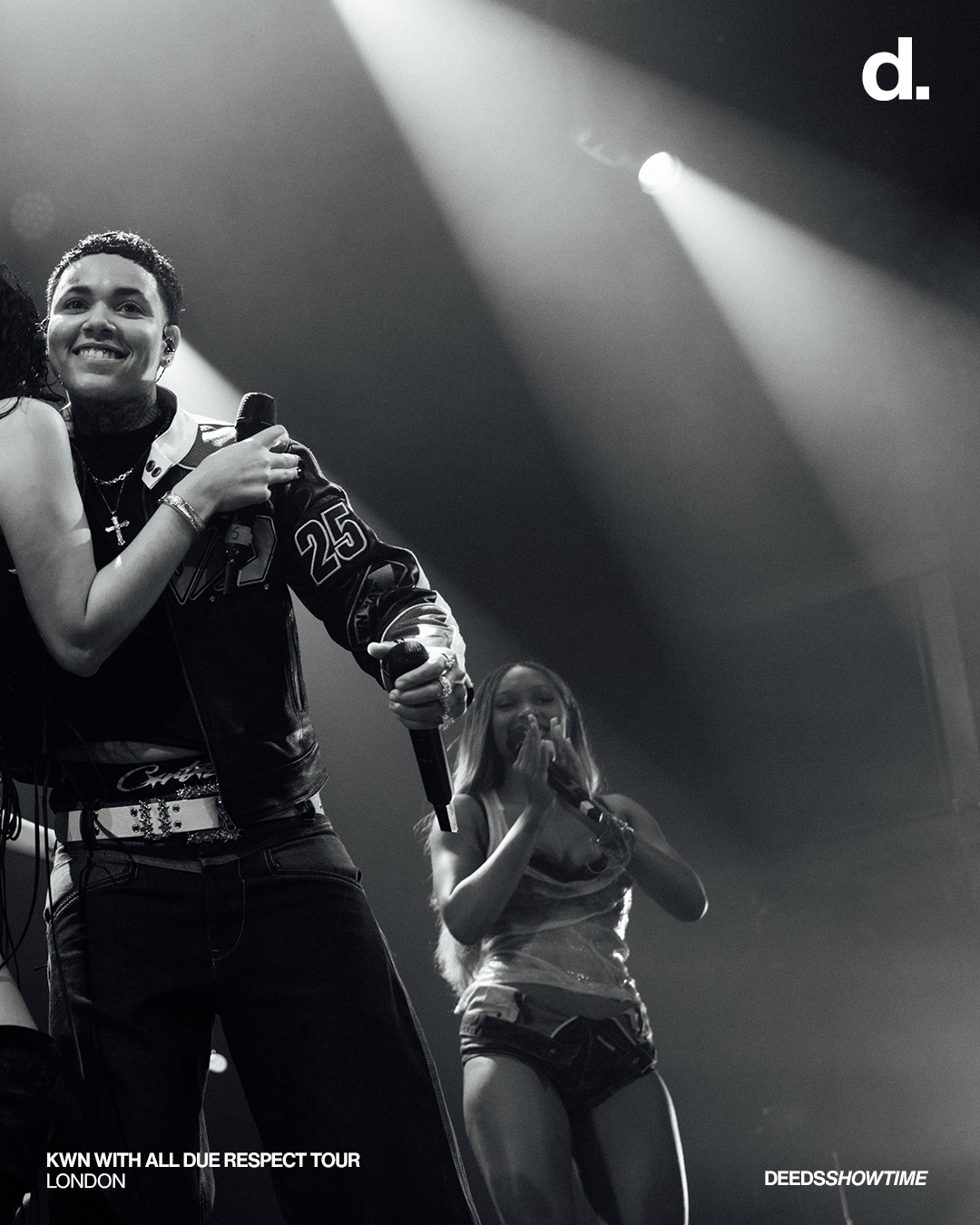
“I’m so grateful for every single person in this room, thank you so much for everything, I really appreciate it”, she shared towards the end of the show before closing out her debut headline tour. This is, no doubt, just one of my significant moments with her, as she will continue to rise from here on if this show and this past year are anything to go by.
When I speak to Victony, I notice he has an uncanny air of calm. His words are carefully considered and his voice has a lilt that evokes the whoosh of a gentle evening breeze. It’s around this time last year. The year is drawing to a close, which means his annual Bonfire Concert—which I would attend—is imminent. Mirroring his mellow aura, our conversation meanders, taking leisurely stops at an array of topics. His aunt, Linda Opara, who’s also on the call, even chimes in. She tells me he’s not always taciturn. Sometimes he is more boisterous. “With friends, there’s never a dull moment with him. He’s either cracking jokes or mimicking some funny personality.” I notice Victony’s icon on my laptop screen jerking around excitedly: he’s laughing.
We start talking about his debut album Stubborn, which many regard as the best Afrobeats album of 2024. He asks what I think. “When one listens through, they get the feeling that you’re excavating portions of your personal life, even though you don’t divulge too much detail,” I reply. When you listen to Stubborn, a 14-track compendium of sonically varied tracks bound together by the theme of defiance, you feel as if Victory is on the cusp of divulging intimate knowledge to you. You wait with bated breath, it’s on the tip of his tongue, you feel it. He dances around it, skirts it, teeters at the edge of absolute vulnerability. Surely this moment of revelation will arrive, you think. It never does.
Hearing my characterization, he tells me: “That’s as close as I could get to being vulnerable. Future releases will be more specific because, putting out the album, and the reception by my fans, everything has given me the confidence to put myself out on records a bit more.” Listening to the Very Stubborn, an 8-track EP which he recently released, will leave you feeling like, after years of observing him through the scrim of celebrity, you finally have Victony within close distance. The project is of course replete with bangers; we get all the good stuff we’ve come to expect from a Victony project.
Consider V.S. Freestyle, which, by way of its blasé songwriting structure and feel-good melodies, calls to mind Fireboy’s Peru. Here he sings about his busy itinerary—the result of chasing money—before segueing to lyrics in which he lusts over a brood of women. But lyrics are not the focus here, melodies are. His usual knack for poignant melodies is on display here. Sometimes, like on the hook, it feels like he’s floating ever so slightly above ground as his voice flutters; gravity is a suggestion for him. Tanko and Skido, which feature collaborations with Afrobeats greats Terry G and Olamide respectively, also benefit from a palpably joyful atmosphere. In another world, Tanko is the official AFCON theme song.
But the project is at its most successful when Victony slips into a diaristic register. As he excavates emotionally fraught experiences, through lyrics that pulse with disarming honesty, you feel as if you’ve finally arrived in his world. Way Home, featuring Shorae Moore, can feel intense. It’s as if his primary intention here is to disgorge years of pent-up emotions in the three minutes the song runs for. Trying to right his wrongs; wending through dark memories; doing damage to his lungs and kidneys: are among the topics he explores.
“I was seventeen with a dream now I'm feeling like a slave to the dream I've been chasing,” and “If I check my Twitter they compare me to Benson, compare me to Rema, compare to Omah Lay gan/ But they don't know where I come from,” are just two instantiations of the trove of poignant lines that speckle the song. In some sense, Way Home feels like the more lucid companion to Street Affair, from his Stubborn album. He’s still a young man navigating the vagaries of adulthood and trying to find his way back home—home, here, being something close to childish innocence.
hc
Grammy-nominated songwriter Xenia Manasseh just released a new joint EP, Maybe II, with Kenyan producer Ukweli. This six-track project is an amalgamation of sounds and soulful melodies spanning across cultures and time, from beautiful Swahili melodies to 80s R&B rhythms.
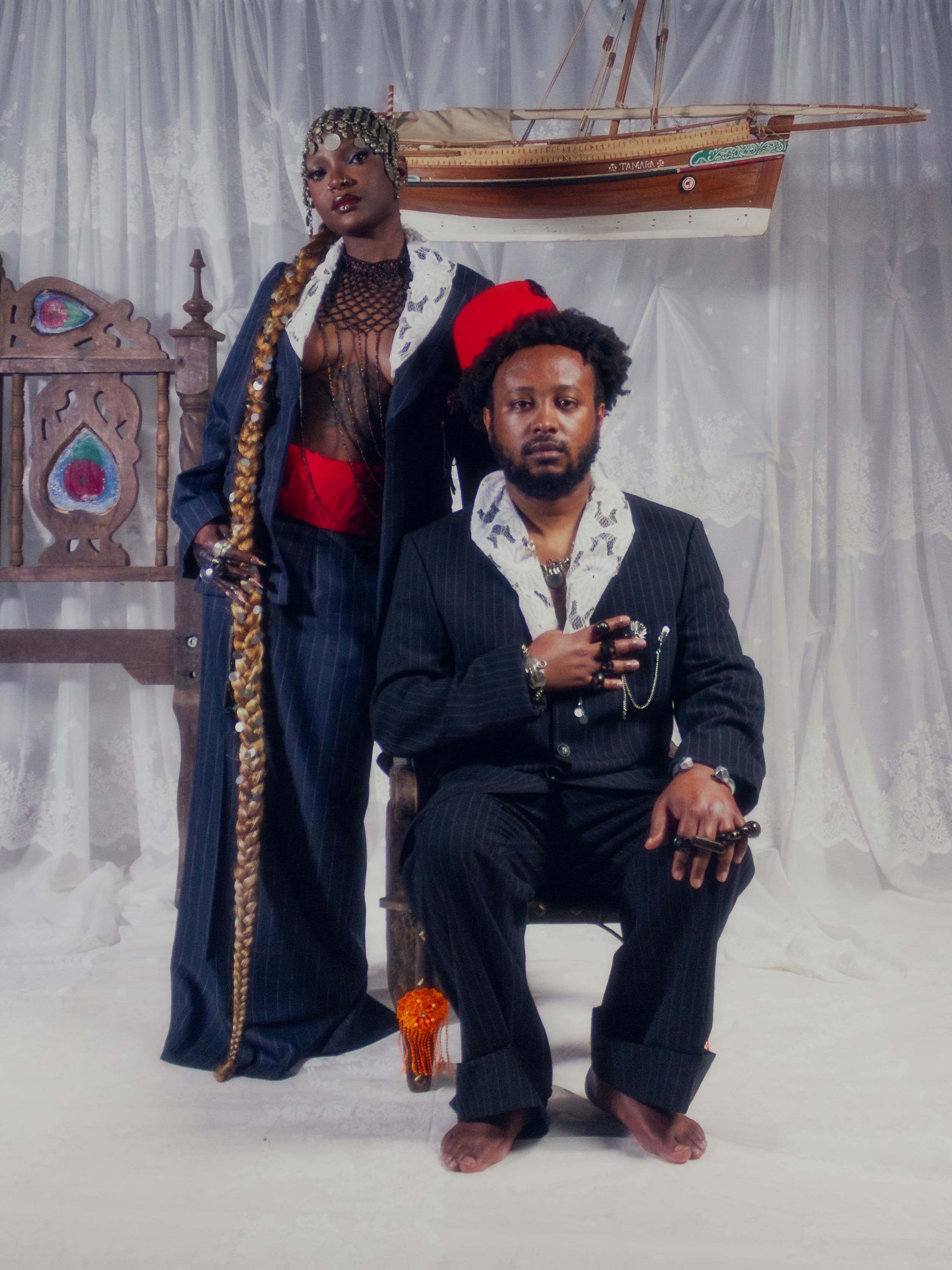
Listening to Xenia’s rich voice and thoughtful lyrics, you are taken on a pensive musical journey, where all the emotions that come with healing, self-discovery, and love are felt throughout the project.
In her opening song, Options, as I’d call it, the avoidant lover’s attempt at embracing the necessary behavioral change needed to receive love. You start saying “hoping you’ll still have a little faith in us” once you feel like you are “ready for a change,” but you started the relationship talking about “the situation is only temporary.” In a way, I feel like this is an indirect indictment of situationships, where the prolonged nature of avoiding commitment complicates the nature of today’s romantic relationships.
But much deeper than a topic of situationships, Xenia dives into the trepidations of an avoidant lover trying to permit themselves to love again, all while still moving with an air of vigilance. They are battling with the options in front of them. Do you allow heartbreak and the fear of things going wrong to hold you back from finding love again? Or do you take that leap of faith and permit yourself to enjoy all that comes with committed love?
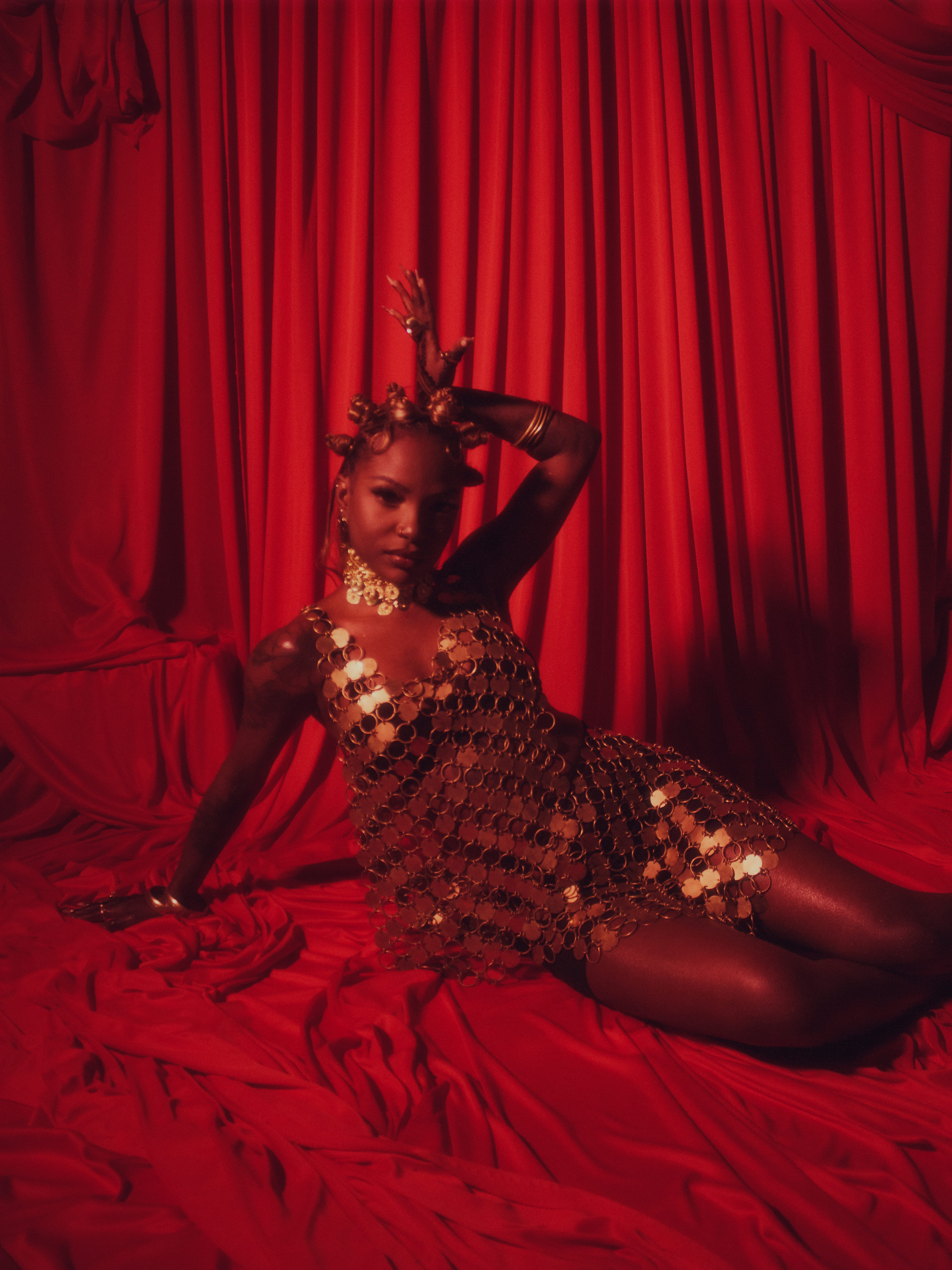
In BACK2ME, Xenia dives into the duality of the phrase “back to me” in relation to a potential lover coming back to you, but also the journey of rediscovering yourself—coming back to the parts of you that feel lost or incomplete. This duality that Xenia speaks about is not only an important lesson in romantic relationships, but even in how we relate to our friends, family, and the world around us. So many times, we are hyper-focused on the other person whom we long to have in our lives, but forget that there are elements of ourselves that we have lost and are actually in need of to love others.
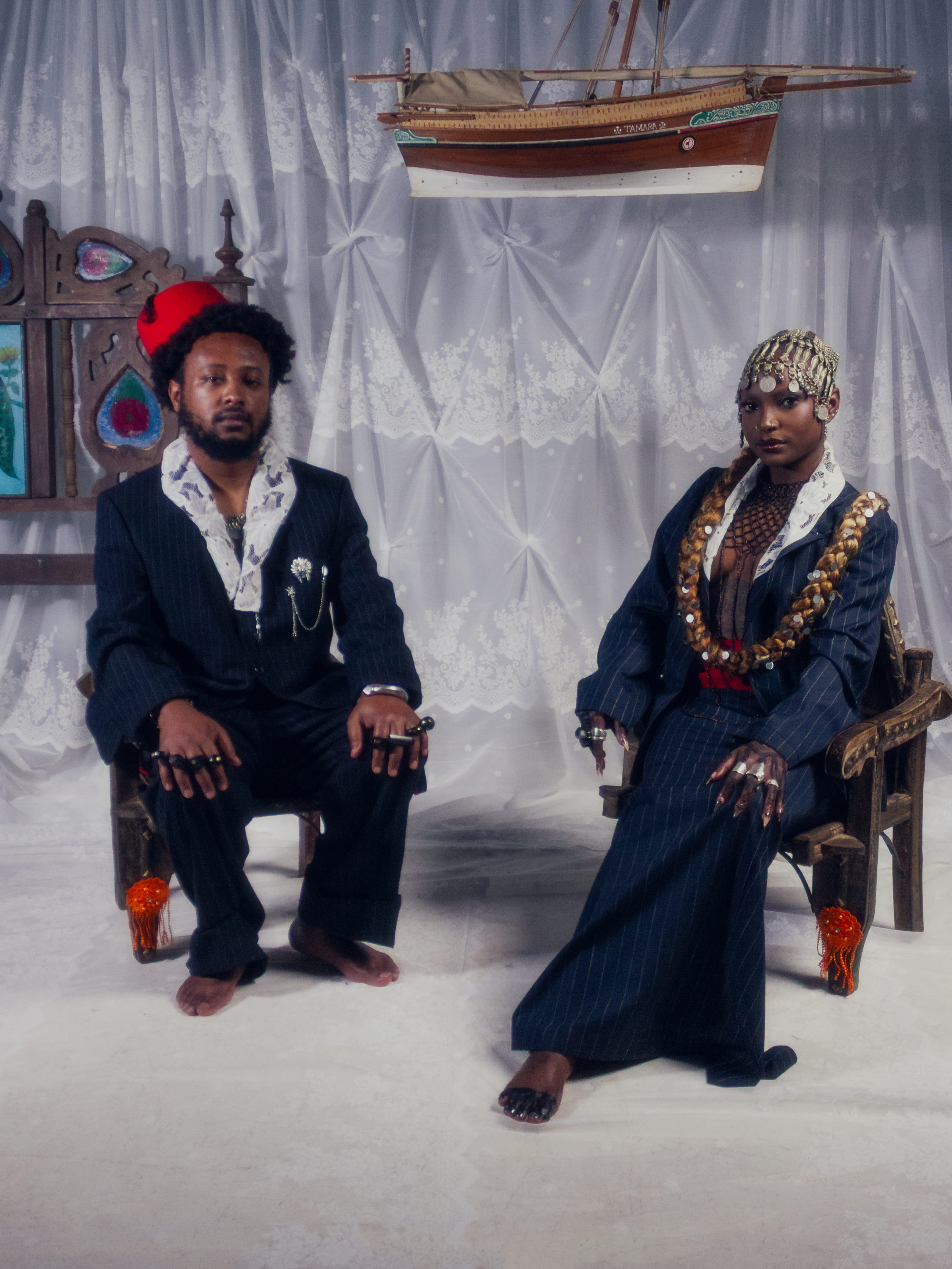
“In this scenario, I realized that we both seem to be afraid of how we feel and as clearly as I could see their fear, mine was equally on display.. so even if they weren’t fearless and were ready to choose me they’d still find a Xenia that had fears she needed to overcome and it still wouldn’t be the right time.. so ‘I must come back to me’ so that when it is, we have a chance to have something that can last.” -Xenia Manasseh
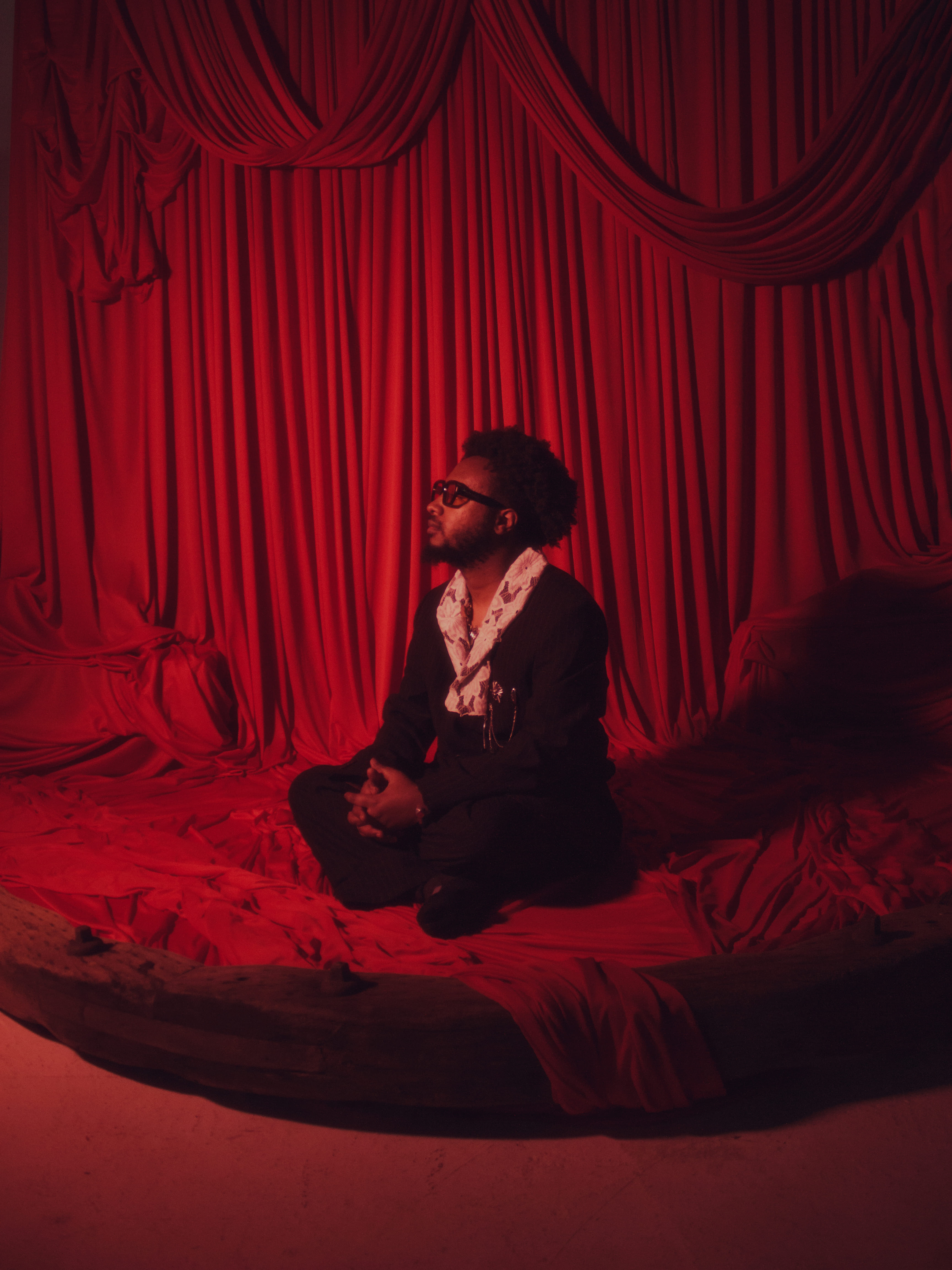
Now this project is not just about the heartbreaks we overcome or the avoidant lover’s conundrums; it is also celebratory in nature, as exemplified by tracks like EAST2HWOOD. In this song, you transition into a funk flow, where the bass guitar sets the groove feel of the track. If you are looking to reminisce about the 80s, this 2025 track will transport you back in time.
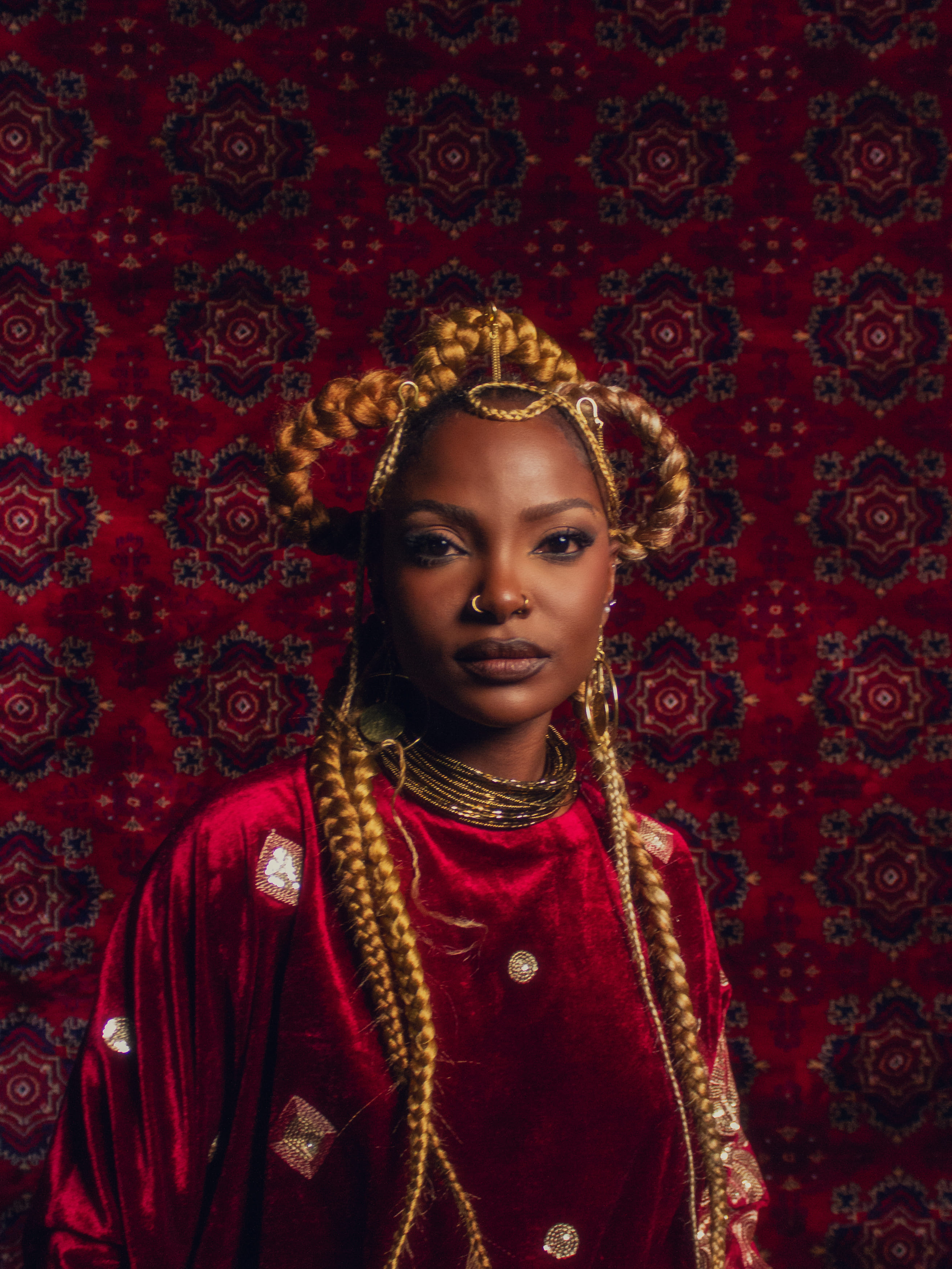
Bittersweet is a groove that truly gets you out of the funk of comfort. Xenia sings with a real conviction of pushing herself to break out of the mold of familiarity while calling herself, and in extension, the listeners, to a higher calling of potential. Her inspiring flow on this track sounds like a resolute speech that will bring you out of bed on a rainy day and get back to that passion project you’ve been meaning to start.
.jpg)
In the song, she says, “potential is not enough, potential don’t function on a schedule…we gotta break a habit!” Sometimes we believe that things will happen for us without choosing to take the risks necessary to fulfill our potential. Staying in that comfortable “paradise” of a life built on what we think we can control and predict is to rob ourselves of truly living life to the fullest.
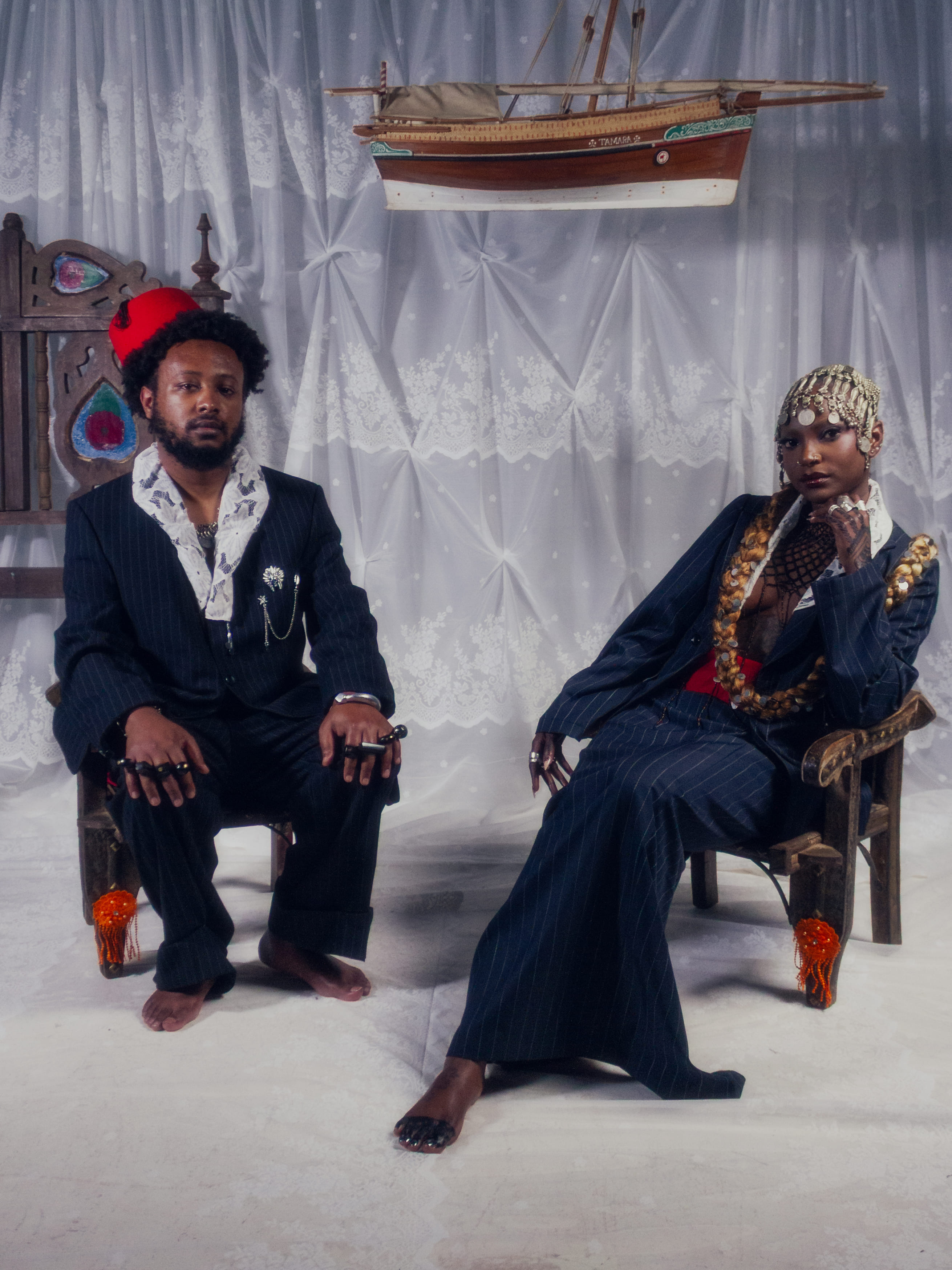
Now my favorite track on this EP is Rudia, where we see Xenia flex her Swahili melodies on an R&B song. There is an inexplicable, captivating beauty in Xenia’s voice when she taps into her Swahili melodies. This track articulates the sensual feelings that are conjured by the pure and liberating sexual tensions of lovers. Xenia sings, “Niambie unachotaka nitasikia…na ukisema unapenda, nitarudia,” translating to “tell me what you want and I will listen…if you say you love it, then I will do it again.” As much as romance is about receiving, it is just as equally about listening to your lover’s desires to provide them with pleasure that leaves them with a yearning to come back for seconds.
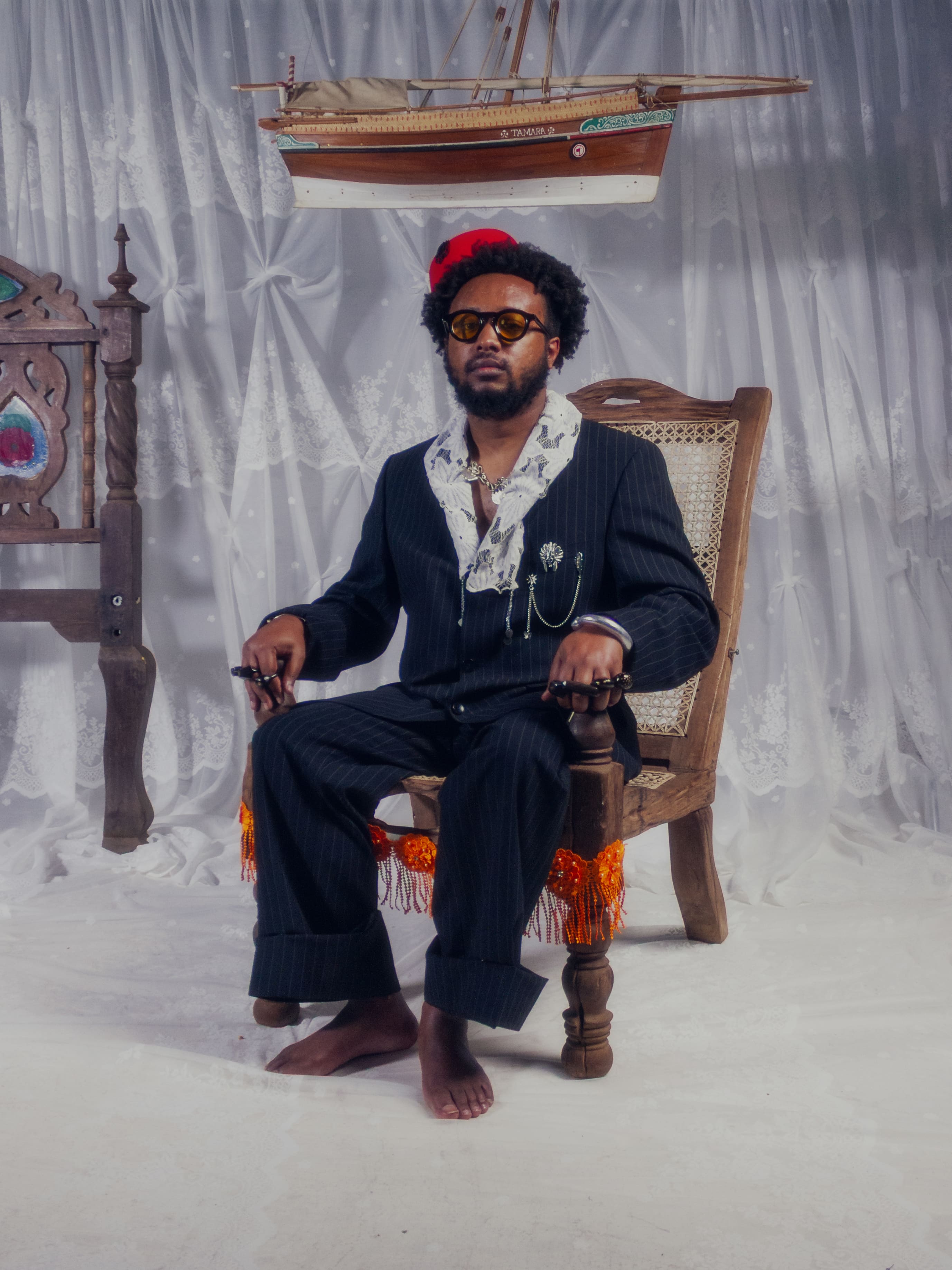
Maybe II is a sequel to their 2022 EP, Maybe. Xenia and Ukweli’s continued partnership is a testament to the deep trust they hold for one another, where the creative vision can be perfectly crystallized within the output of the performance.
“Ukweli and I found out that our parents have known each other since we were kids, but we feel like we officially met in 2019. We never really had any formal plan to put out projects together; we just really enjoyed making music with each other. With Maybe II, we worked with the amazing Andrew Grossman, who engineered and mixed our project and honestly contributed such dope sonic elements to it. Everything about it felt so correct and, dare I say, fated. When you listen to the music, I feel like you also get a sense of people that aren’t really trying to create one kind of music, we just enjoy making music that feels good, no matter the genre (although we still call it an R&B project).” - Xenia Manasseh.
Photographs By Matthew Matete
For nearly two decades, Flavour has served as one of the most enduring custodians of African musical heritage—an artist whose work expands the vocabulary of contemporary sound while remaining anchored in indigenous identity. Afroculture, his eighth studio album, is a carefully curated archive of sonic memory, cultural continuity, and artistic ambition. Across 13 tracks and seven diverse collaborators, Flavour constructs an expansive, cross-continental conversation on what African music has been and what it still dares to become.
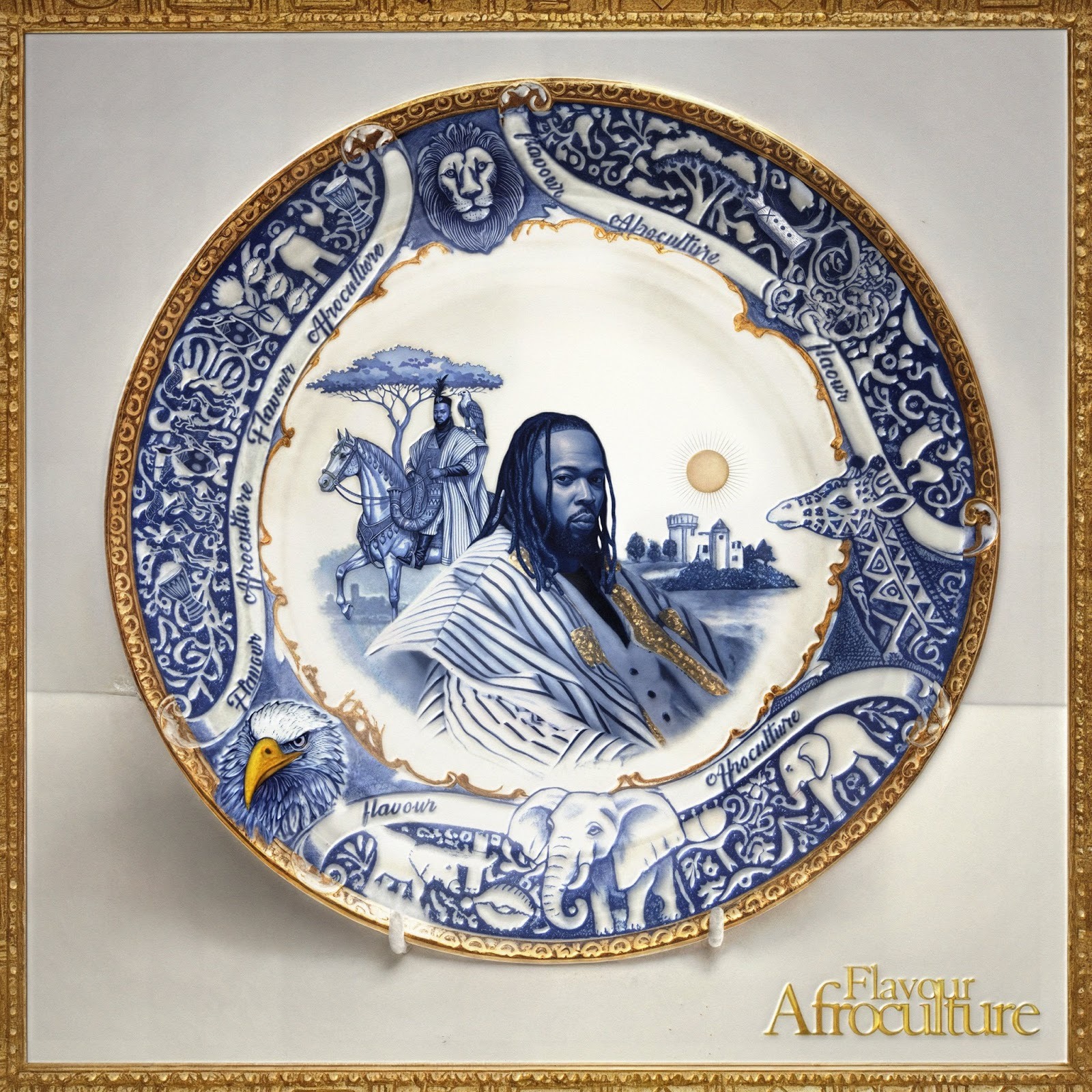
The project opens with an elemental force. The Baaba Maal-assisted title track, “Afroculture,” immerses the listener in a torrent of ancestral energy—Senegalese chants, rapid-fire drums, Oja flutes, triumphant brass, and a choral backdrop that feels like the swell of an ancient ceremony. Flavour blend into this world and becomes its vessel, shaping an immersive overture that announces the album’s cultural thesis with absolute clarity.
“Bambam” slows the pulse without diminishing intensity. Pheelz’s presence enriches the track’s emotional fabric—his harmonies and verse dovetailing seamlessly with Flavour’s impassioned delivery. The percussion remains the axis: bouncy, warm, unmistakably Afrobeats. Then arrives “The Eagle Has Landed,” a jubilant return to highlife’s electric guitar and piano-rooted nucleus. Here, Flavour performs with the swagger of a genre’s reigning custodian, reveling in his authority with a heroic sheen.
The momentum carries into “I’m On Fire,” where highlife’s cadence meets the pulse of Amapiano. Heavy kicks, shakers, and dance-infused progressions give Flavour room to glide with renewed vigor—an apt metaphor for an artist continually proving his vitality. “Pansa Pansa” with Kizz Daniel offers an inspired intersection of highlife and contemporary Afropop, illustrating how tradition can evolve without shedding its essence. Both artists create a spirited, unbothered groove that reinforces highlife’s potential to thrive within the modern Afrobeats structure. “Ada Bekee,” featuring Waga G, is one of the album’s strongest experiments as it serves as an exuberant fusion of Congolese Soukous and Igbo highlife. The brisk guitar work and kinetic percussion become a symbol of pan-African musical cross-pollination executed with remarkable fluidity.
The album’s emotional center emerges with “Orente,” where Qing Madi’s velvet-soft presence transforms an R&B reimagining of Nelly and Kelly Rowland’s “Dilemma” into a tender exchange of vocal chemistry. It serves as a deliberate breather and a soulful descent from the project’s high-tempo peaks, mirrored again in the spiritually textured “Big Masquerade (Okukuse),” a drum-laden, gospel-tinged meditation that highlights Flavour’s gift for sonic atmosphere. Then comes the wildcard: “War Ready” featuring Odumeje. The track is an electrifying mosaic of hip-hop bounce and blaring trumpets, punctuated by Pentecostal chants and unapologetic bravado. It is divisive by design, an artistic gamble that underscores Flavour’s refusal to create within safe margins. “Isabella” welcomes Brazilian hip-hop act Azzy for a bright, fast-paced, cross-continental love declaration. The synergy between both artists is refreshing, offering a glimpse into the expanding global grammar of African-rooted music.
“Jidenna” reinstates the gospel fervor, merging choir arrangements with Amapiano undertones. Flavour crafts a motivational anthem, rounded out by a radiant trumpet outro that elevates an already inspiring performance. “Big Moves Only” returns to the ritualistic depth of his heritage—Oja, traditional drums, Igbo rhythms, and Ijele resonance coalesce into one of the album’s densest cultural statements. Here, Flavour technically says, No dilution. No compromise. The final cadence, “Ife Di Mma,” is highlife in full bloom—percussive, dance-forward, deeply communal. It closes the project with the warmth of a homecoming.
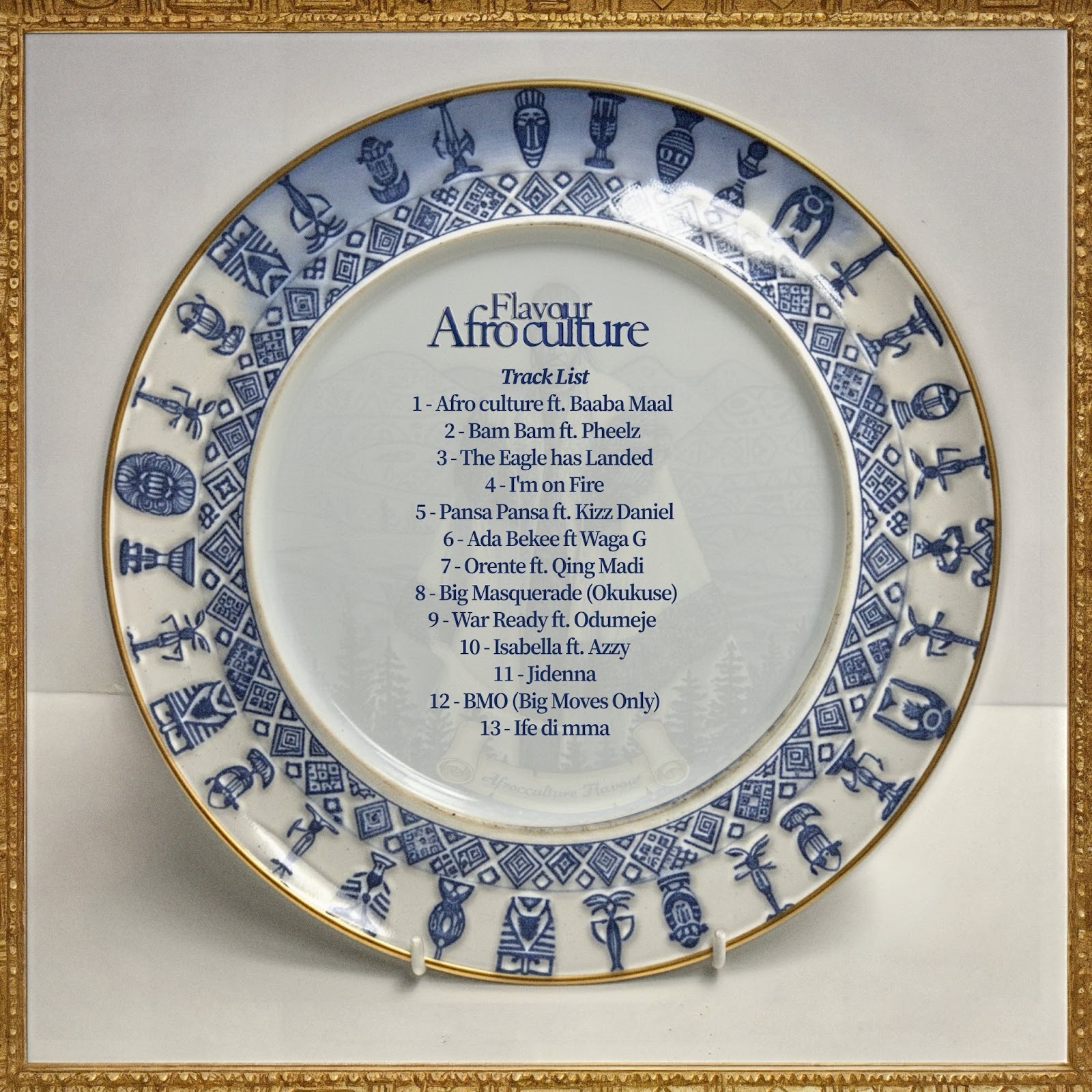
In its entirety, Afroculture is a triumph of cultural stewardship. It reaffirms Flavour’s authority as a performer and also as a guardian of indigenous sound, one who understands the necessity of evolution yet refuses to abandon the spiritual and cultural DNA that defines highlife. The album’s seamless interweaving of Afropop, Soukous, R&B, Gospel, Amapiano, and traditional Igbo textures demonstrates that the future of African music is strongest when its past is not erased but expanded. In an era where commercial pressures often nudge artists toward homogenized global sounds, Afroculture stands as a counter-narrative—proof that evolution does not require dilution. It shows how indigenous genres, often sidelined in the contemporary mainstream, can sit at the centre of modern expression without feeling antiquated or ornamental. Flavour doesn’t sample culture for aesthetics—he embodies it, curates it, and actively carries it forward.
William Mundala, best known as Tiakola, is a 26 years old French-Congolese artist who is destined for greatness. Raised in France in a Congolese household, la mélo always viewed the world from a unique perspective. After years as part of a music group, he decided to take matters into his own hands and began making solo music. To this day, Tiakola is one of the few Afro-Francophone acts to break into the English-speaking music market, all organically.
Now ready to make his mark, Deeds Magazine accompanied Tiakola on a journey of a lifetime: a return to his roots in Kinshasa, Congo. We sat down with the young star to get a glimpse into his mindset as he continues to cross musical barriers and expand his sonic landscape.

Laurène from Deeds Magazine: Good day Tiakola, would you like to introduce yourself to our Deeds audience?
Tiakola: Yeah sure, I’m Tiakola, a French artist from La Courneuve where I grew up. I began my journey in a group called 4Keus before I ventured into a solo career.
Before we talk about your transition; you were born in France but your origins are from Congo. What does your heritage represent to you today, especially after having shot your cover with Deeds in Kinshasa?
I am a Congolese child by heart, both of my parents are from Congo and therefore, I swam in its culture since a baby. From the food, to the music, everything is inked within me. It represents my identity, my artistry and culture. In France, we grew up between dual cultures, which signifies to me not only my heritage but also my sense of pride.
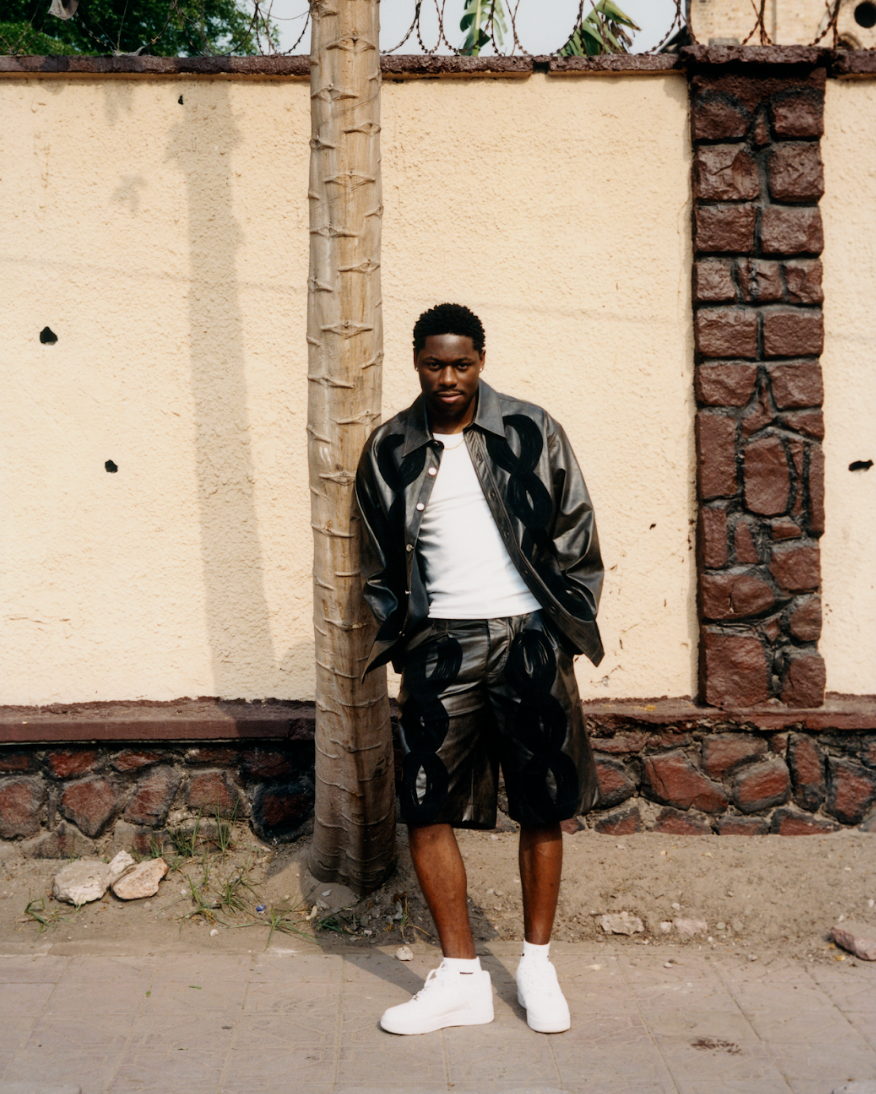
That’s very well put and I’m sure like myself, a lot of Congolese from the diaspora will relate. Before you embarked on a solo career, you were part of the group 4Keus. What did this period in time teach you? And how did it help you to forge your own universe?
If I had to do it all over again, I would do it a dozen times more. To start within a group is a blessing. This is because you’re with your buddies all of the time, you grow up together, you become professional together and also, I think when you’re sharing the spotlight, it helps you to gain confidence in yourself. You’re not alone in facing the pressure of stardom and so, you can loosen up a little.
This brings fond memories… You’re often declared as the pioneer of mélo, a subgenre between singing and rap. How would you define this to someone who doesn’t speak French?
The truth is rap and mélo always coexisted in France. I think I created not on purpose the mélo of Tiakola, so to speak. It’s stylistically a very street mélo, because even though I write rap texts, you can sing them mélo.

That makes total sense. Your collaboration with Yoruba star Asake on ‘Badman Gangsta’ surprised everyone. With this feature, you became the first Congolese-French artist to top number one on the TurnTable Nigeria Top 100. This is a first in history, not to mention Longomba - Ndombolo in the 2000s. How did this link occur and what did you take away from this experience?
It was a very good experience. Asake is an artist I listen to a ton. He speaks for a lot of people through his music. We first met at a studio in London and honestly, we had a connection right away. The energy you hear through the music is what echoed in our studio session, no lie. And when it’s no lie, it makes for great songs.
Yes indeed. One could say due to selected collaborations and your recent tour in the US, you managed to reach a completely new English-speaking audience. Who do you listen to in this sphere, whether it is Afrobeats, R&B or rap?
I still listen to the classics from before, whether it is in Afrobeats Bracket, P Square, Wizkid and in the new gen scene Rema as well… In the US, it’s like Akon, 2Pac, J Holiday, Brandy… In Congo, the gospel side is Charle Mombaya, L’Or Mbongo, Werrason, King Kester and then you get your Fally and Koffi. Also, there is a new cat called Melo, he’s a strong one! I also listen to a lot of Malien artists like Djeneba Seck, Oumou Sangaré and Toumani Diabaté, the catalogue is so big…
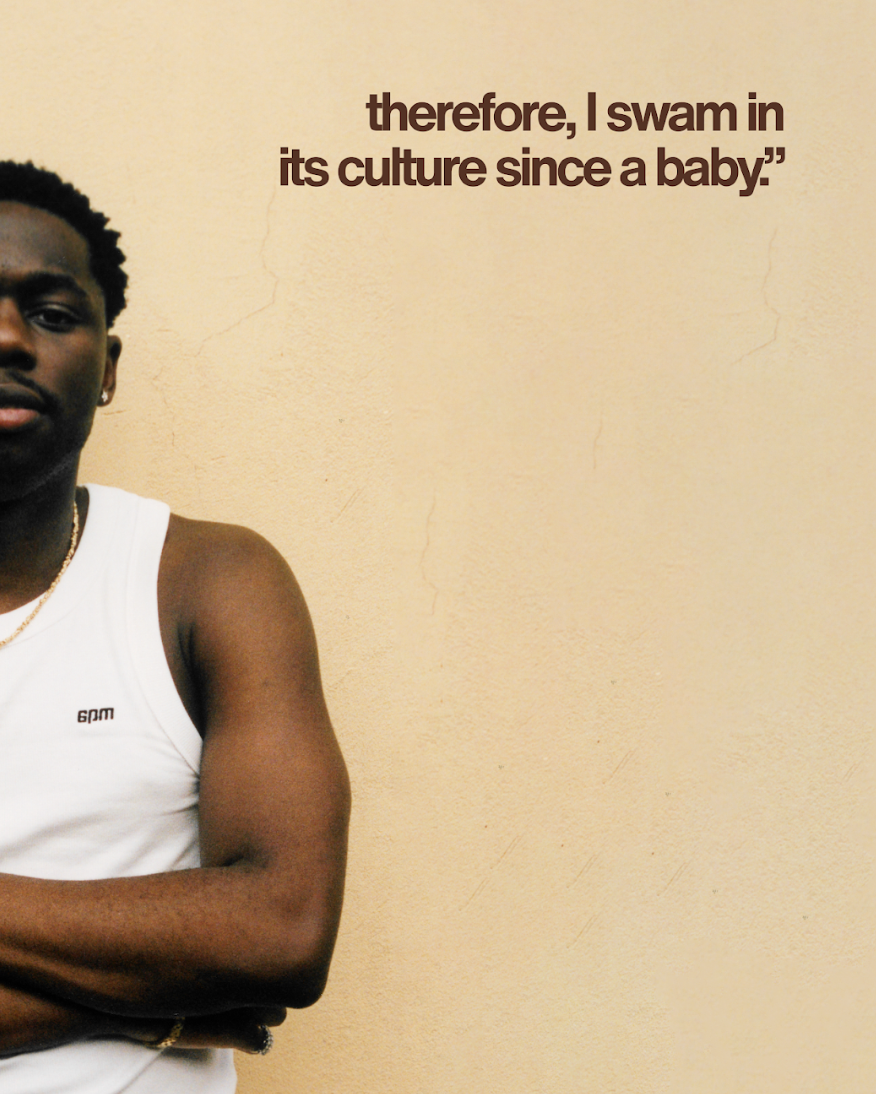
This would explain your versatility. If you had the opportunity to collaborate with any artist outside of France, who would be on top of your list and why?
There’s a good amount of artists I think it’d work out well but, bizarrely I don’t really have a wishlist per se. This is because even an artist that I listen to, if there’s no magic in the studio, then it wouldn’t come out and so, I have to be in those rooms before I can give a concrete answer.
We’ll let this one slide… Deeds Magazine loves to uncover new talents. In your opinion, which Afro-Francophone artist should we tune in?
El Mvnolo!
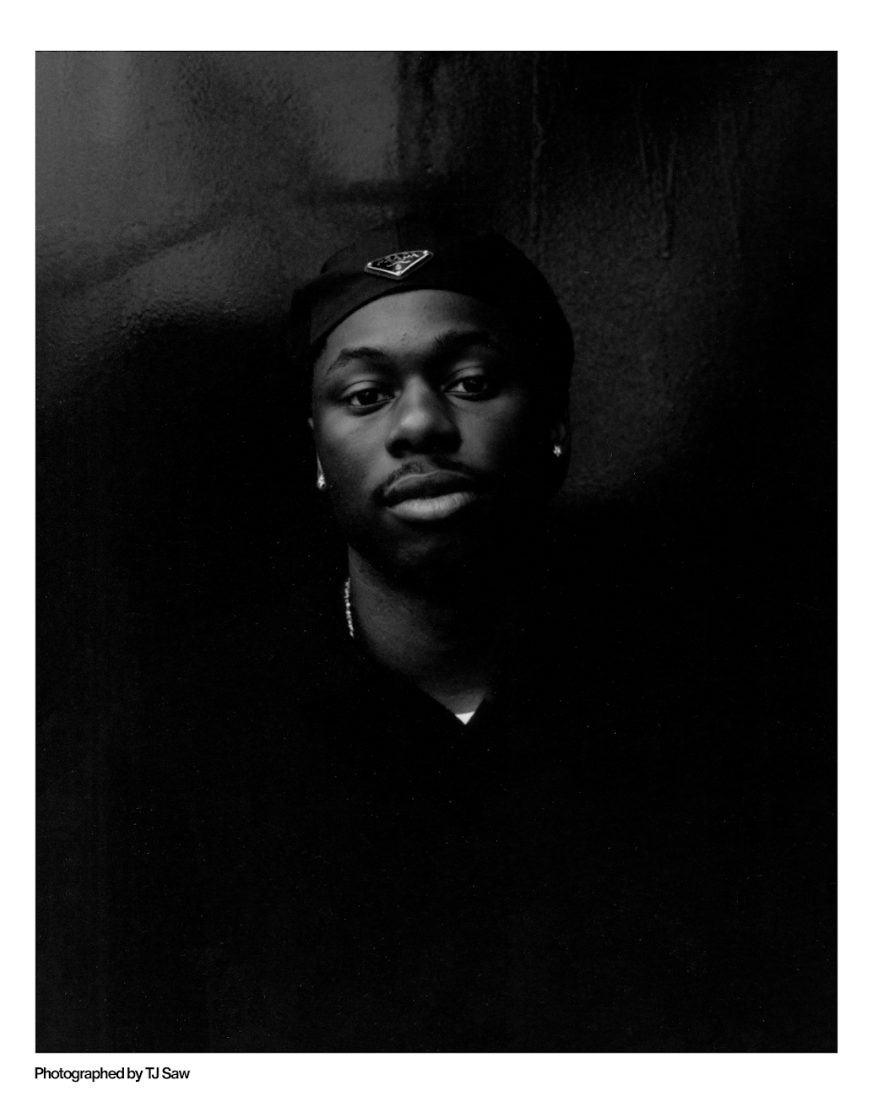
Gotcha. You seem to be at a pivotal moment, between France, Africa and the world. How do you see the evolution of Francophone African music in the years to come?
I think it will go well for our generation and the generations to come. Now we can see that when music is well made, it can reach everyone. And we talk between artists as well, there’s no longer a barrier in language when the alchemy is there, we can head far. There’s no more borders. All artists of the continent can develop here and honestly, it is very nice to see. We support everybody.
Finally, what is next for Tiakola? A new album, a tour, or maybe yet another international link up?
I am working on my second album. I am a slow artist when it comes to my time spent in the studio. I have to work on ideas for months, even years before I’m sure of releasing a project in mind. I travelled, I recorded songs all over the world. We’re also preparing a tour in the midst of it all. And for the new international link up, it will depend on the magic produced in the studio that I mentioned before.

Production Credits:
Photographer + Creative Director: @tj.saw1
Executive Producer: @beni.masiala
Local Producer: Mpoy Tekela Christian
Retouch: @hilucyb
Production Assist: @slowkamunga + Magloire Mabwa
Project Manager: Seneo Mwamba @Seneomwamba & Zekaria Al-Bostani @zek.snaps
Design: @dianeadanna
Writer: Laurène Southe @laurenesouthe
Special thanks to Agnes Tshisekedi and the city of Kinshasa.
When Joeboy was in JSS3, his classmates would chant his full name, “Akinfenwa Joseph”, before the school secretary even began reading the list of students owing fees. The humiliation cut deep enough that the young student told his parents he would never return to that school. But that embarrassment now fuels his mission The artist born Joseph Akinwale Akinfenwa-Donus has channeled those experiences into the Young Legend Foundation, the philanthropic arm of his record label, which just announced a ₦10 million scholarship fund targeting students in public tertiary institutions across Nigeria.
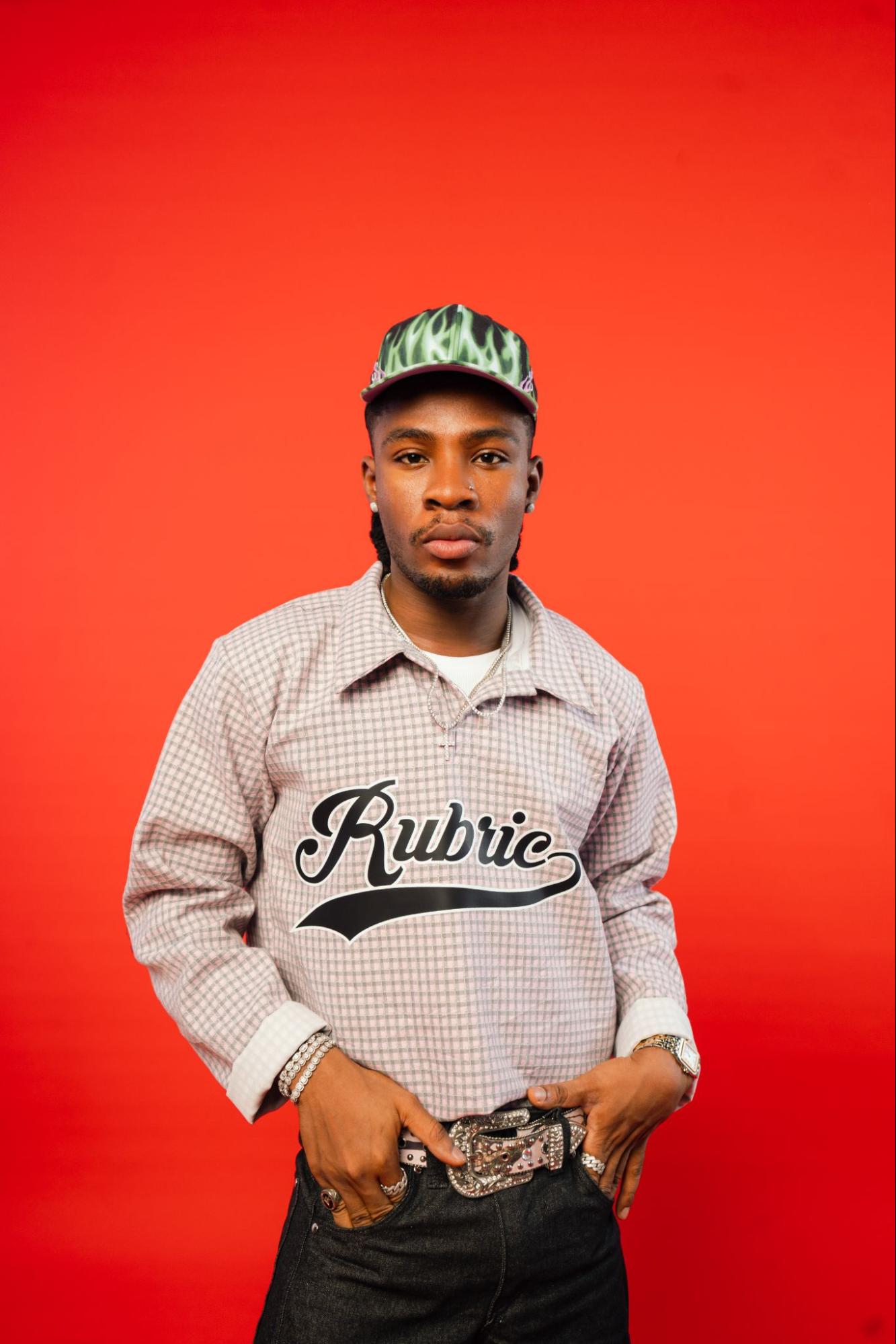
The initiative, launched this November, will support 30 students across public universities, polytechnics, and colleges of education for the 2024/2025 academic session. Each beneficiary will receive an average of over ₦333,000 to cover tuition, accommodation, and other academic needs. It’s the kind of financial relief that might have changed everything for the younger version of Joeboy sitting in that JSS3 classroom.
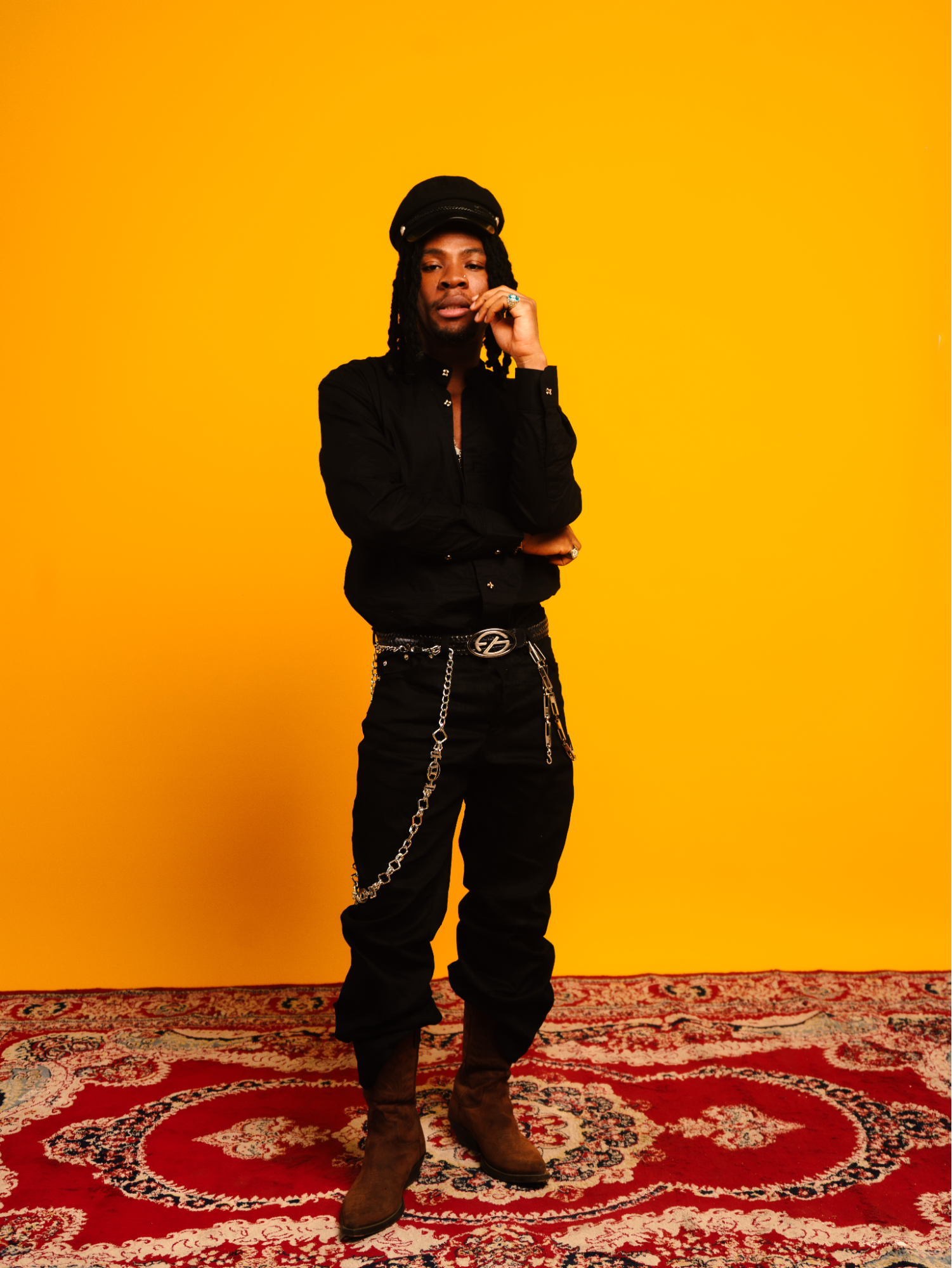
“True success is not only about what we achieve for ourselves; it’s about creating opportunities for others to thrive,” Joeboy said in announcing the scholarship. “Through the Young Legend Foundation, we aim to support talented young Nigerians, helping them develop their skills, reach their potential, and contribute positively to society.”
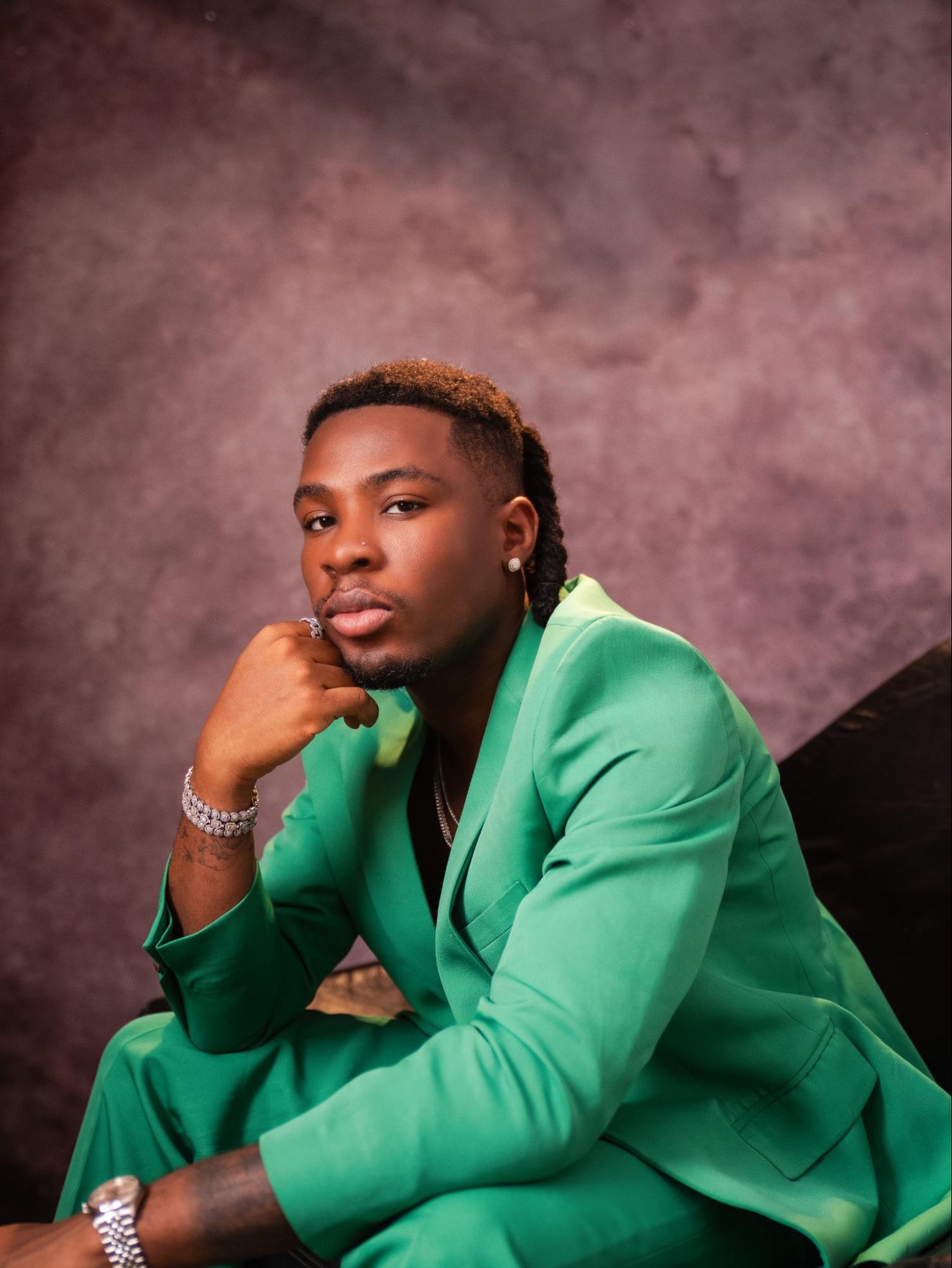
The foundation represents more than financial assistance. According to the organization’s announcement, the scholarship program will provide access to mentorship, leadership development, and skill-building programs, recognizing that educational support extends beyond tuition payments.
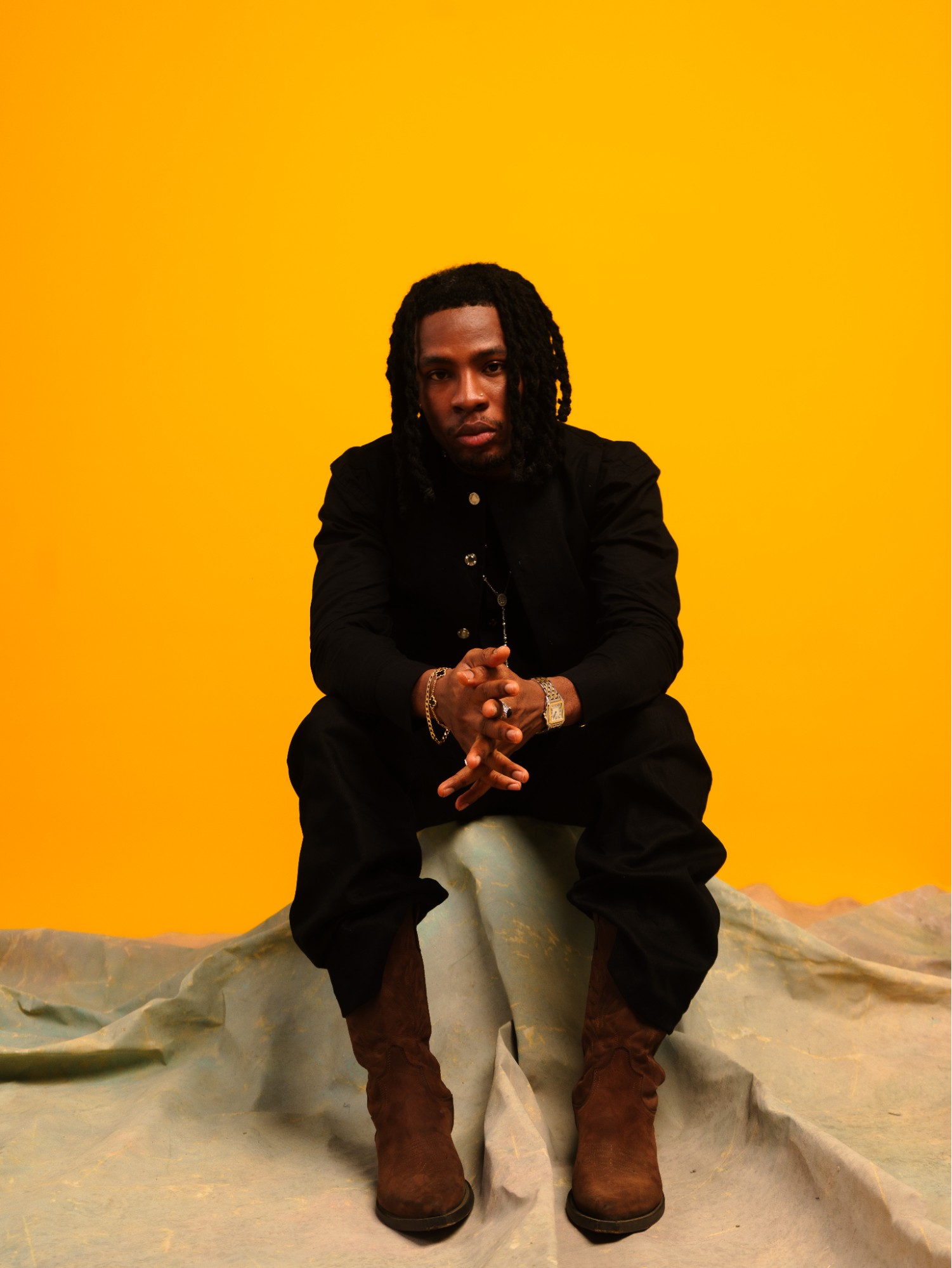
Young Legend, Joeboy’s record label launched earlier this year in partnership with Warner Music Africa, has been building infrastructure beyond music. The label unveiled its first signee, Kvng Vidarr, in October, and now extends its mission to educational philanthropy. In previous interviews, Joeboy had shared his intention to start the foundation at his alma mater, emphasizing youth empowerment and entrepreneurship development as crucial responses to Nigeria’s employment challenges.

The foundation’s launch also includes outreach programs to secondary schools, with recent visits to educational institutions including Joeboy’s former school, bringing the mission full circle from that painful JSS3 experience to creating pathways for the next generation.
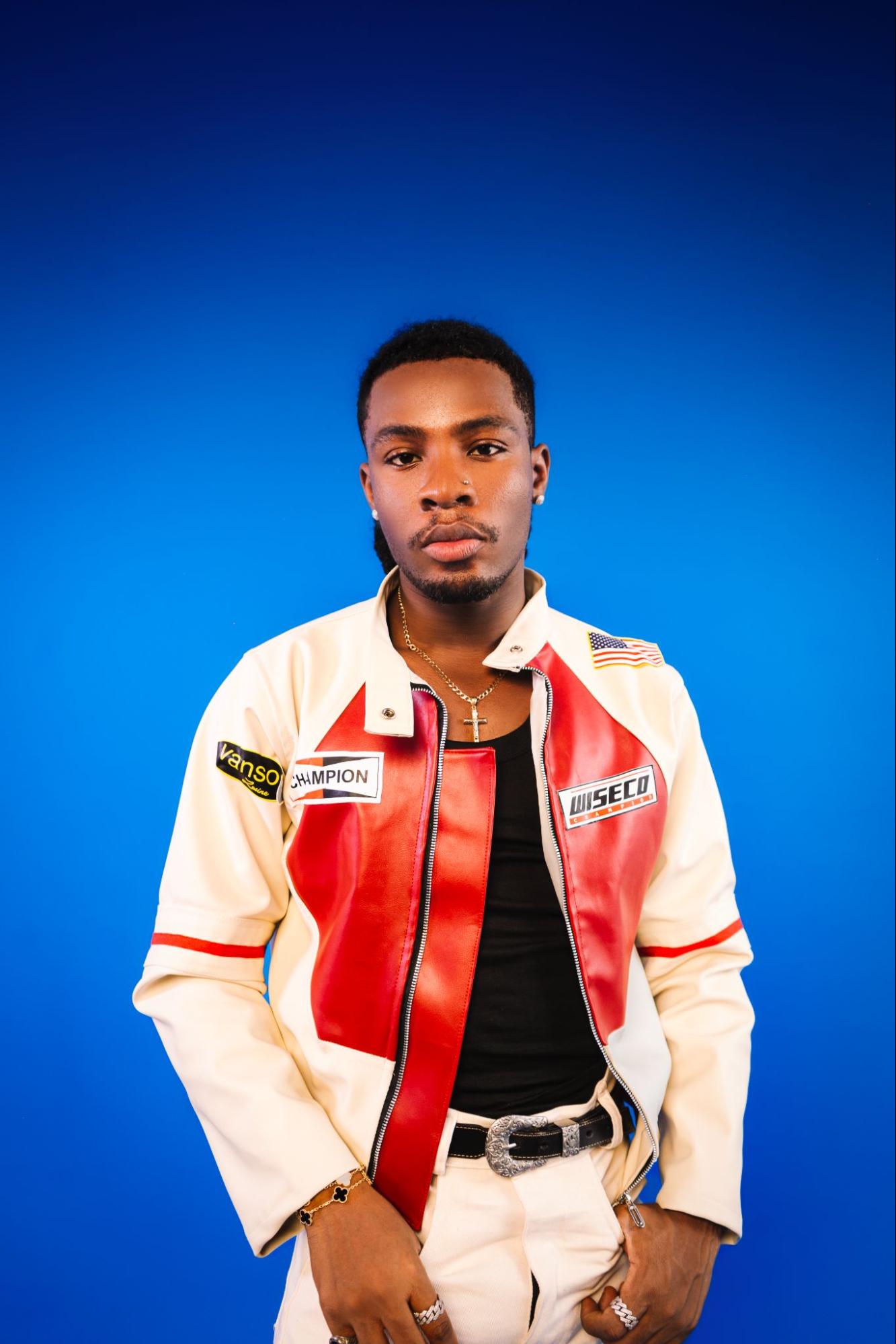
For students currently facing the same financial pressures that once threatened to derail Joeboy’s education, the Young Legend Foundation scholarship represents validation that their circumstances don’t define their potential, and that someone who sat in their position understands exactly what they’re facing.

The Young Legend Foundation scholarship application is open now. Students in public universities, polytechnics, and colleges of education can apply at HERE.
Clipse's final show at Brixton's O2 Academy, part of the Let God Sort Em Out tour, marked a historic moment for fans and the scene, as the iconic rap duo returned after 16 years to deliver an electrifying performance that underscored their lasting legacy and influence.
.png)
The show was electrified, with the crowd's energy surging from the moment they took the stage with 'Chains & Whips' to the closing notes of 'So Far Ahead,' as the duo went bar for bar, song for song, creating an atmosphere filled with love and appreciation for Clipse that resonated throughout Brixton.
The setlist was a dynamic mix of tracks, from their latest offerings like 'POV,' 'M.T.B.T.T.F.,' and 'Inglorious Bastards,' to classic hits such as 'Mr Me Too,' 'Grindin,' 'Keys Open Doors,' 'So Be It,' 'Popular Demand (Popeyes),' and the energetic 'Virginia,' keeping the crowd fired up throughout.
.jpg)
Whilst Pusha has been active in the years since the group's disbandment. For Malice, this moment felt like a celebration of his impact on the duo. For the two brothers who have come back and picked up where they left off, it feels like a refreshing reintroduction to the current landscape. With the duo earning five GRAMMY nominations for the upcoming award show, this album has felt like a real ode to the class of hip-hop that Clipse occupied during their reign.
As the show drew to a close, Pusha T took a moment to express his love and gratitude to the crowd and thank the fans, speaking on the moment and being on the Brixton stage, "We've been waiting to get here." He spoke as he addressed the crowd. "The energy and the love have been insane, and we have felt it right here".
.jpg)
Witnessing the show in Brixton felt like a real moment for the duo and the fans who experienced it. It was really a special time in the timeline of the Clipse's journey, in the landscape of where they are now. With the GRAMMYs on their heels, there is no doubt that there is a lot more to come from the sibling duo, and this is just the beginning.
Every Friday, the streaming platforms are flooded with new Afrobeats releases: singles, EPs, collaborations, dropping within hours of one another. For fans, it's a weekly ritual: endless new sounds to explore. But for the genre itself, this may be blurring its magic.
In the pursuit of visibility and virality, Afrobeats risks being a victim of its own success. The same speed at which it reached global dominance today quietly reshapes the way we consume and value its music. In today's algorithm-driven landscape, silence equals invisibility. Artists are no longer fighting for radio spins or chart positions alone; they're fighting for screen time, streams, and social relevance. To stay “hot”, many acts feel compelled to release new material at an almost monthly clip.
The labels, too, often encourage this pace. The result is a system that prizes consistency over creativity: instead of nurturing long-term artistry, there's a race to flood the market with content, whether or not it's fully realised. The Afrobeats talk is no longer about albums that define an era but about songs that trend for a week.
The side effect of this hyper-productivity is sameness. With so many records arriving in quick succession, listeners are experiencing fatigue. The excitement that once surrounded a new single or album is fading.
In the past, landmark projects, like Wizkid’s ‘Made in Lagos’ or Burna Boy’s ‘African Giant’, sustained conversations over many months. They were cultural moments, not fleeting drops. Now, even major releases, from Asake’s ‘Work of Art’ to Rema’s ‘He Is ’, are struggling to keep attention for more than a few weeks.
The songs are still sonically vibrant, yet their life span has shortened. They no longer have the time to grow, evolve, and connect. Music has become a stream — both literally and metaphorically — that never stops flowing long enough for anyone to take a real listen. This overstimulation hits both spectators and creators. Fans scroll through the new releases without any motive, half-listening while moving to the next, whereas artists are creatively drained to keep up with the cycle that hardly allows them to reflect or reinvent.
The pressure to "feed the streets" has replaced the urge to make something that will last, and when every drop becomes an obligation, artistry loses its essence. You can hear it in the writing: repetitive hooks, recycled beats, and a focus on virality over vulnerability. The music starts to feel like background noise, not the bold cultural statement it once was.
Afrobeats doesn't necessarily need to slow down completely, yet it needs to find rhythm once more; the kind that allows the artists to create with purpose and the listeners to connect with intention.
Part of the power of Afrobeats was in how it captured emotion: the warmth of home, the pulse of Lagos nights, the joy of community. That soul runs the risk of dilution when the genre moves faster than its heartbeat.
This culture needs to foster longevity for its own protection: albums that breathe, singles that live, artists allowed to grow without fear of vanishing.
Because beyond streams, charts, and trends, Afrobeats has always been about feeling, and feelings can't be rushed.
Over the years, Seyi Vibez has been organically carving a lane that blends street realism with emotional honesty. On ‘Fuji Moto’, he presses further into a cultural experimentation, presenting an album that feels both rooted in Yoruba musical tradition and sharpened for modern global ears. This isn't some street-pop album; it's a statement of identity, ambition, and forward motion.
Alone, the title 'Fuji Moto' sets expectations. "Fuji" establishes its connection to legacy, rhythm, and lineage, while "Moto" suggests energy, propulsion, and a machine in motion. The title, all in all, reflects the dual purpose of the album: to address the past and pick up speed into new terrain.
Across the tracklist, the project leans heavily into the percussive DNA of Fuji: layered drums, call-and-response sequencing, and melodic phrasing give the album a textured backbone. What stands out most, however, is how Vibez stitches these elements together with the emotional vulnerability that has become his hallmark. He isn't attempting to represent Fuji but rather reinterpret it: reframing the sound through contemporary street-pop production and global influence.
The collaborations on 'Fuji Moto' are strategic without feeling forced. From the local synergy with Olamide through to international appearances from French Montana and Trippie Redd, features that help widen the album's scope never overshadow the presence of Vibez. Every guest adds dimension, but the direction of the project firmly stays in his hands. His voice is raw, textured, and emotionally charged, carrying the thematic weight of the record.
Lyrically, the album wavers between introspection and ambition. In the softer moments, Vibez reflects on personal growth, the pressure, and the weight of expectation. Emotional tracks like "How Are You" showcase his ability to be open without losing the grit that defines his sound. On the opposite end are celebratory records built for movement, energy, and nightlife. It's a balance that makes for a project both musically dynamic and narratively cohesive.
One of the biggest strengths of the album is its commitment to authenticity. Rather than lean into some contrived, mainstream formula, Vibez speaks to a cultural memory with a sound that still feels refreshing to a younger audience. His decision to foreground Fuji elements in 2025 is bold, especially in a market dominated by Afrobeats and global pop sensibilities. It represents an artist confident enough to lead rather than follow.
That said, the album's ambition sometimes risks overwhelming its cohesion. The wide sonic palette means certain moments feel slightly disconnected, especially when moving between traditional influences and the heavy presence of global features. The pacing also dips in a few sections, not due to lack of quality but because of the album's generous length. Still, these are minor quibbles in an otherwise unified body of work.
Culturally, the song “Fuji Moto” is important. It introduces elements of Fuji to a wider global audience in a manner that feels very intentional and modern. Vibez is not just experimenting; he bridges. His approach gives respect to the pioneers of the genre while allowing it to organically transition through his voice and perspective.
This album feels like a turning point in the context of his career. It carries the emotional narrative one expects from him, but the musical framework is bigger, sharper, and more ambitious. 'Fuji Moto' positions Vibez as more than a street favourite; it presents him as an artist capable of reshaping how contemporary Nigerian music interacts with its traditions.
Verdict: 'Fuji Moto' is a bold, culturally rooted album showing growth, experimentation, and intentional storytelling. Even with minor pacing inconsistencies, it is one of Seyi Vibez's most fully realised statements – a project that pays homage to legacy while pushing the sound ahead.
Music is at the heart of creating identity and culture across the black diaspora. It colours everyday life, acting as a source of inspiration for creative output and informing academic approaches to cultural theory. This is the case for artist and filmmaker, Arthur Jafa. Incentivised by the rich culture of music across the Black diaspora, Jafa’s first solo exhibition in London’s Sadie Coles HQ, ‘Glas Negus Supreme’, takes his practice one step further as he explores the power of music through the use of oil paints alongside his signature retouched films and photography.
As an artist and filmmaker, born and raised in Mississippi, Jafa’s work is experimental in its splicing and reconstruction of key figures and moments in Black American music history and across the diaspora. His creative portfolio is vast; with notable credits on Solange’s ‘Cranes In The Sky’, a Sundance award for his work on ‘Daughters In The Dust’ and representation by Gladstone Gallery. Overall, Jafa’s three decade long career is expansive but revolves around his specific niche. Each piece and film is a commentary on the complexities of Black music in the contemporary space. Yet, ‘Glas Negus Supreme’ is a testament that Jafa’s artistic explorations are far from complete.
Sadie Coles HQ’s Kingly Street gallery seems to be the perfect space to house the exhibition with its industrial architecture somehow evading the characteristic sterility of many commercial galleries. Instead, the space seems to embrace the unconventional eccentricity of Jafa’s pieces. Upon entry, Jafa’s ‘I just want our love to last’ occupies an entire wall. Black faces, manga excerpts and logos exist in a collage seemingly shrouded under the obscured light of the eclipse depicted in the upper corner. This creates a sense of transcendent meaning for the use of the black and white that ties the piece together. Each image seems to depict different eras in time, some showcasing musicians mid performance and others still shots from films. Altogether, this wallpaper piece ties the exhibition together as an introduction to the vast histories and forms portrayed within the space.
The exhibition includes two of Jafa’s film pieces, ‘Structural Mutiny_Prince’ and ‘Townshend’. Both short films heavily contrast each other. ‘Structural Mutiny_Prince’ is a colourful and dynamic homage to the music legend. Playing on a 12 minute and 52 second loop, the film features the star’s reception from his fans in the background, cheering as he dances across the stage. In contrast is ‘Townshend’, a 33 minute film of Peter Townshend, leader of English rock band, The Who. Townshend’s silently sustained eye contact with the camera is at first unsettling, then mournful and at some points almost comforting. The black and white shot captures the subtleties of his facial expressions, sometimes almost frozen and others sped up and frenzied thanks to Jafa’s editing. This prolonged silence is particularly enrapturing considering the lively, voracious performances that Townshend had given as a rock star.
Much like the dualities of ‘Townshend’ and ‘Structural Mutiny_Prince’, the exhibition as a whole is a commentary on varying emotional and visceral responses to music, performance and stardom. ‘Drapetomania’ is particularly interesting. A term that was used to describe “the mental illness” that caused slaves to run away, the still frames of the collage are frenzied and blurred. The central figure’s eyes convey a sense of mania that, in the context of the exhibition, can be interpreted as a result of the music or party that surrounds him. The use of electric blue for two of the many logos overlaid on the image immediately drew the eye, creating a visual contrast to the black and white collage behind them. Jafa’s use of black and white imagery with hints of colour are present throughout the exhibition, seeming to create an atmosphere of timeless equality between all the images on display. The artist’s expansive perspective of music is not bound by modernism or antiquity. Instead their visual interest lies in the textural uniqueness or experimental editing of each as seen in ‘And Live Iggy and Patti’ or ‘Miss Tate’.

Potentially the standout pieces of the exhibition were found in the smaller, latter space of the gallery. ‘Kiss_NLove’ and ‘Foxy Lady’ are congruous in nature with the exhibition but also clear outliers. In form, both deviate from the established use of found imagery, photography and film that fill the majority of the exhibition. Instead they are oil paint on linen. This invites a new sense of tangibility to Jafa’s practice, bringing to mind thoughts of him considering where to lay his brush to create the intended image rather than overlaying photographs. ‘Foxy Lady’ depicts Foxy Brown, mid strut on stage. Her movement seems fluid and determined and the canvas is filled with colour, yet another deviation from the muted tones of the other paintings. Although ‘Kiss_NLove’ does stick to the central theme of black and white and with similarly blurred texture, the image itself is intimate in nature. The close up of an impassioned kiss sparks the imagination to figure out the wider contexts of this affection. Like many of Jafa’s pieces throughout the exhibition and his catalogue, the interpretations of this intimate moment are left entirely up to the viewer to decipher.
‘Glas Negus Supreme’ is a reflective yet experimental view of the ever evolving musical landscape. Jafa’s style in how he creates and portrays each work is what truly stands out as a viewer. He pushes the bounds of musical commentary while paying homage to legendary musicians. However, he is not stuck in the past as he finds new and visually interesting ways to acknowledge the power of music. While ‘Foxy Brown’ is a personal favourite, ‘Townshend’ is deceptively brilliant in its push to confront human emotion. Overall, Arthur Jafa’s ‘Glas Negus Supreme’ is an exhibition that is not to be missed.
Houston born and raised rapper Monaleo released her third project, a mixtape called ‘Who Did The Body?’. The project explored themes of grief, family and love. The question “who did the body” is a common black American phrase. The phrase stems from wanting to know which funeral home prepared the body for burial. The mixtape opens with a young girl saying “she looks like she’s sleeping”. A man responded “I wonder who did the body?”. The mixtape uses imagery of the black southern gothic aesthetic. This connects her to her southern roots and represents her culture. A culture that has been made taboo due to Christian nationalism and colonialism. She embraces hoodoo, which is a spiritual tradition developed amongst enslaved Africans in North America, making this something to be proud of instead of ashamed.
I have been a fan of Monaleo since ‘Beating Down Your Block’, finding the video on YouTube before it hit a million views. I fell in love with her direct tone and aggressive lyricism. To me she demonstrated everything I had been feeling as a young woman, anger at the world and the men around me. Her last project ‘Throwing Bows’ is full of this anger and confidence. However, ‘Who Did The Body?’ is about what makes her body and the body of many black American women. It’s the pain, it’s the excitement and, at times, our family strain. In all of this she is taking pride in her emotions and she is vulnerable within this project. Asking the big questions about life, the ones we’re often afraid to ask like , “what is going to happen when I die?” (life after death).
The black southern gothic aesthetic within Hip hop culture is inspired by the southern gothic literature tradition to explore themes of historical injustice, poverty and the supernatural. This aesthetic has been used a lot previously with artists like Gangsta Boo, Project Pat, Three 6 Mafia. Monaleo follows this same southern tradition using this aesthetic to explore darker themes within her art. She takes inspiration from her predecessors. On songs like ‘Spare Change’, she explores the theme of poverty and addiction. “Don't you know bums have a name?” she shouts on the chorus, humanising those who are often othered in society due to systemic oppression.
By embracing this darkness black women in the south have been able to pace through trials and heal their communities. Black women birthed America, their labour, love, food and pain has grown the land Americans breathe on today. In this project Monaleo acknowledges this history. Through the black gothic they are able to gain liberation. Angela Davis writes, “The slave woman was the first full time worker for her owner and only incidentally, a wife, mother and homemaker”. This is the history that Monaleo is acknowledging. When she is using Southern Gothic aesthetics she is representing her heritage as a Soulaan woman.
The mixtape opens with ‘Life After Death’, a song about how she should be commemorated after she passes. In this song, she is dark and haunting but acknowledging the overarching theme of this project, how life and death in the Black American community are constantly linked. It's something that oftentimes we shy away from but something necessary to acknowledge. “Life after death /is it lit or not?” A question that we all want to know the answer for. In the lines “Why you curled up in that bed?/ Bitch, get up and get out”, she discusses how her friends and loved ones should not sit and be sad but continue to live with her memory. She’s aggressive, but this is honest.
The churchy ‘Bigger Than Big’ first debuted on Kai Cenat’s streamathon full of positive affirmations. “I’m bigger than Ben” references the ‘Big Ben’ in London. We then lead into the controversial, not by intention, ‘Sexy Soulaan’. What's interesting about this song is what came about after it. The song is about pan africanism, empowering black people across the diaspora. Within the music video Monaleo is accompanied by multiple flags such as the Nigerian flag, Black American heritage flag and the Jamaican flag. The intention was to empower each of us through highlighting our similarities and differences. She references key Black American things like not putting your purse on the floor. “Being in the house lighting incense”, this insinuates spiritual protection. Songs like ‘We On Dat’, a southern Hip Hop record that discusses the ways she is ‘on dat’, and how she is too protected spiritually. The music video also has southern gothic references. There are women dressed in white, who are witches and use hoodoo magic to protect themselves and the people around them. Monaleo within this project is finding ways to weave in her heritage, showcasing how life, to her, extends beyond the physical realm.
We then move into ‘Putting Ya Dine’, which acts as a celebration to this future. This is also a part of her body. This club banger is about confidence and security within yourself. In a project that is so dark thematically it's nice to see how despite the pain, there is still hope to be excited about life and still party. ‘Freak Show’ again reiterates this. She is discussing her sexuality which adds onto all the things that make her one body. The sultry chorus states “there's something magic bout me and you'll find out in time”. It's sexy, and displays her growing womanhood and the growth she is having in herself.
The mixtape dwells deeper into its overarching theme of death where she begins to openly grieve her friends; the people she has lost. ‘Open The Gates’, is a jumpy song that is both humorous and sad. It showcases the anger, discontent and humour you can find in grief. She repeats “pen the gates, I really miss my b*tches”. It makes light of the fact that they're away but you can still feel that sadness. On ‘Dignified’ she discusses losing a friend to drunk driving. It's gothic and baptist. She hopes to “die dignified”, suggesting dying with respect. In this instance, she is hoping her death isn’t caused by doing something unforgivable like drunk driving.
There is a moment of reflection she has on this project. ‘Diary of an OG’, is a song that describes her experience being an oldest girl and the tough circumstances she has been put in. How she walks with being a nurturer and protector of herself and family. This pressure is something many girls have to live with. She is being honest. The chorus repeats “I’ll always be the oldest girl /surrounded still a lonely girl”. This position is not easy to be in, something that is constant and very demanding. The song makes me tear up out of empathy.
What makes our bodies is a mixture of pain and happiness but that is who we are as people. This project is sonically and thematically different. Where in the past she embraced her anger and aggression. This one is about growth, acknowledging where this pain stems from and moving forward with it. This project is not only about death alone, but how we become ourselves. What losses and wins leave us dignified as people. Monaleo is asking these questions to her community in an effort to heal from those uncertainties.
My first experience with Summer Walker was in my early teens and I had heard the song ‘BP’ for the first time. Soon in 2019 ‘Over It’ was released. Coming off the back of Bryson Tilller’s ‘Trapsoul’, and Partynextdoor’s ‘PARTYNEXTDOOR 2’ and Drake's ‘Take Care’. RnB was in a completely different space. It sounded different, and thematically we were in a space of agony and apathy around love and relationships. ‘Over it’ took inspiration from this sonically being primarily produced by Londononthetrack, but thematically there was a clear desire for a loving relationship, as opposed to her male predecessors.
What ‘Over it’ did was begin what would become the new RnB renaissance we see today. With songs like ‘Body’, ‘Like it’ and ‘Nobody Else’, all romantic love songs, it was clear where Walker was as a young woman and how she viewed love . This quickly changed with ‘Still Over It’, where this fantasy began to break down and she had to deconstruct what love looked like and meant to her. Heartbreak has inevitable effects on you. With ‘Still Over It’ her heartbreak exceeded her love. With it beginning with ‘Bitter’ defending this man against the women making claims against him. To end with ‘4th Baby Mama’ accepting her reality and ‘Ciara’s Prayer’ hoping for a better man and better love. ‘Finally Over It’ is the end. But what's different about this edition to the trilogy is that it seems apathetic. In an attempt to showcase healing I think Walker has decided that there isn’t much to gain with relationships to men. Perhaps the healing is more so looking for love within rather than externally. But with the album cover suggesting that she would rather engage in relationships with men for the benefits instead of love.
Atlanta born and raised artist Summer Walker has created a discography surrounding love and heartbreak. In this she has displayed the highs and lows of these emotions in the most honest way. Allowing us to connect with her and our struggles in the best way. In this album specifically she explores the idea of Heteropessimism. Heteropessimism is the idea that women feel pessimism or regret in regards to their attraction to men. Asan Serisin writes, "Heteropessimism’s anaesthetic effect is especially seductive because it dissociates women from the very traits — overattachment and “the overintensity of feeling”—for which straight culture is determined to make us ashamed…”. Coming off the back of ‘Still Over It’, a piece that owns its ‘embarrassing’ nature, it seems like a natural progression that Walker has come to this conclusion.
The album opens with ‘Scars’, a song less than one minute, discussing how she cannot love someone without seeing who they truly are. This is a recurring theme within the project. How the men she has dated have not been honest about who they are causing conflict and friction, “I cannot love you”. The album then discusses what she could’ve done for payback against this partner. One thing we all enjoy about Summer Walker is how she’s able to say the most egregious things in a beautiful manner, “I should’ve robbed you / nearly could’ve got you”. It's clear she is in a state of frustration and is beginning to give up on this love.
The song ‘No’ narrates how many of us women feel about the current dating climate. She sings “you want me slaving over a hot stove / you want me ironing and folding all of your clothes / you want me to cater to you never tell you no”. In this moment she is detailing the ways women are often unequal within their dynamics with men. Today many women are expected to perform traditional roles in relationships at the sake of themselves. Walker is saying that she is not willing to do that. Leading into ‘Go Girl’ where she, Latto and Doja Cat display confidence in who they are without men. Though it’s not all this simple.
Both ‘Situationship’ and ‘Give Me A Reason’ showcase the complexities of letting go to really be over it. Walker's voice is angelic over the guitar and she woefully sings about the stress that is a situationship, “you say we’re just friends just to string me along in a Situationship”. But ‘Give Me A Reason’, suggests that despite this informality, this lover gave them a reason to love them. But Walker is no longer buying this so she detaches. ‘Baller’ is the anthem that is ushering the next stage in Walker's life. She no longer wants love but someone who can provide and be a “shotcaller”. Love has only brought her pain, but if this is transactional she no longer needs to “lose herself to keep him home”. The narrative at this point is strong but seems to get lost. By disc two, it begins to get clouded by features that don’t seem to add much to the songs. In this, she is no longer following a linear structure which we have seen her do in the past. By the time we get to ‘Get Yo Boy’ featuring 21 Savage and ‘Number One’ with Brent Faiyaz, I’m unsure on whether we are moving forward or backwards. The cover suggests that she is playing a different game entirely. That love is no longer important to her. But these songs suggest that Walker still has a desire for relationships.
We are brought back with ‘Allegedly’, a country ballad that suggests that she is having a revelation. She “has been down this road before”, she’s fallen in and out of love but now she wants a change. ‘Allegedly’ suggests that she doesn’t want to fully commit but would rather pretend because it’s easier than getting our heart hurt, “Baby Baby / I’d die for you allegedly”. By ‘Finally Over It’ we are at the end of this chapter. But as a listener I’m not convinced that she’s healed, rather she’s bought into the same thing many other women have done. Relationships without feelings. But is this truly fulfilling in the long run?
Patriarchy causes men to not put much effort into their relationships with women. It advantages them because women are expected to do the majority of the emotional labour. Throughout this trilogy we listen to Walker detail the straining labour she goes through with the men she loves and hates. This is a biography for the zillenial generation. Relationships have changed, but is it for better or worse?
I first came across Natanya dancing on TikTok at a live performance. At the time, she had black hair, bangs and was in an outfit far from the stripes she flaunts today. Feline’s Return, both Act 1 and 2, would come out two years later but from then I knew she was someone to look out for. Feline’s Return is a project that to me is helping redefine and push the needle for pop music. As someone of both West Indian and Nigerian descent growing up in North London, her music is alternative to the type of pop music that we are used to, pop music made by majority white acts. She is making this genre her own. non-conforming and standing in what she is creating.
Within this project; love, fame and career seem to be in conflict with each other. Feminist writer Bell Hooks states in her prolific novel ‘Communion: The Female Search for Love’ that “love is the foundation on which we build the house of our dreams. It’s a house with many rooms. Relationships are a part of that house but they are not everything and never could be… no group of women should feel they need to deny the importance of love”. Love is a very important aspect of human life, but due to patriarchy, young women are expected to idolise this feeling, which can cause you to lose sight of anything else that could be important to you. Which, in this case, is making art.
What I love about this project is not only the relatability of this feeling, but how she is able to tell this story through timing of release. The release dates showcase the natural development of these feelings. Act 1 was released in summer, with songs that are exciting but ending it with pop ballads, ‘Say The Word’ and ‘Daydream’. These remind us that overconfidence and escapism in career is not a cure to desiring romantic love.
Act 2 was released at the beginning of autumn, a time to slow down and reflect on what will be in the future. But there is a sense of contentment. From ‘Jezebel’ to ‘On ur Time’, we see that she understands how important her career and her want for love are. They don’t have to exist in conflict with each other but rather in harmony.
The project opens with the flirty ‘Night Freaks’. The strong guitar brings you into a world of calm as her falsetto voice says, “show me, hold me / and if I’m not sure then reassure me”. The song is about intimacy and sharing an experience with someone in the most comfortable way. It’s soft, but as we progress into the last chorus her signature stacking vocals takes us into the room where the party begins with ‘Dangerous’, a confident jerk pop song. She discusses the ways she wants this person to make their move properly, wondering if it’s because she’s ‘dangerous’. In this song, however, she is assertive, taking control and not waiting. With the outro “I’m so sick of it, I’m so sick of it / boy you’ve got to handle it” her frustrations are coming to light. What is special about this song is that it’s atypical. The minute the camera flash sounds begin you are unsure of what to expect from it. That is the magic that Natanya is brewing as an artist. Stacking vocals on a jerk beat is unconventional as the expectation is to rap. However she is proving herself to be an artist that cares to be innovative. Then we make our way to ‘Guitar’, again allowing us to dance through a catchy chorus and loving lyrics. This song is about excitement with this person, “we should get excited / throw a party dance the night away”. This is about embracing a lover and it brings us hope. Slowly we come down with ‘Say The Word’ which shines a light on the dichotomy of her songwriting. This is a true moment of vulnerability, a pop ballad, “and just say the word / I’ll be yours”. This brings us down to earth, the simple production lets her vocal ability shine here. In her breathy tone, it is almost like she’s pleading, filled with true yearning for this love interest. We have been through a rollercoaster of her emotions. But here it seems like she’s putting down the show and just being honest. Whereas on ‘Moviestar’ she is denying this. Love both pulls and deters her, “I can’t waste my time on you, love it’s like a drug /I’d rather be a movie star”. Fame and success is what she desires but so is interpersonal love, it’s a push and pull.
Once we reach the second act the tone changes. With ‘Unflirt’ she is willing to “be a fool’” for this lover. We have changed from the confident Natanya to the one willing to succumb for love, “don’t go away, it was so fun this summer…”. If Act 1 reflects the push and pull of a summer love, Act 2 is the come down from it. We later come to the folk pop anthem ‘Sofa Joy’, reminiscent of Janet Jackson. “Kp I think you want to date me / why we toy with this sofa joy” feels like a callback to ‘Night Freak’ where she speaks of this same sofa being a space of intimacy “or is it my sofa / that called you over”. This piece of furniture seems to bring safety and comfort in the relationship.
‘Meeting You Once’ is the celebration anthem. It seems that she has come into acceptance of her singleness. This dance anthem makes you feel excited, heading into autumn alone but not lonely, “I’m a single lady in the club and I wanna know if we can get it on tonight”. Though we didn’t get there easily, in ‘Jezebel’, again, Natanya is coming down and discussing her relationship to herself in the world she is building and how it’s affecting the people around her. It seems this moment is her acknowledging her growth in character not only as a person but as a female musician. “I will take away my seat at the table” via her TikTok describes this as a moment of frustration to the people around her. “It’s your birthday are you ready?” , these are whispers reminding her that regardless, her birthday still comes. “Are you ready” for another year or change?
To me, Natanya is displaying how relationships can change you and how you can enforce those changes too. She’s finding herself in real time on this project. It’s a blend of Amy Winehouse's vulnerability, alongside Micheal and Janet Jackson’s pop bounce. In ‘The Velvet Rope’, Janet Jackson was able to create an album that mixed multiple genres and make it pop, this is the same thing that is happening in ‘Feline’s Return’. She is the antithesis to the British pop tradition where songwriting doesn’t always seem to be at the forefront nor vocal stacking. She’s pulling from her influences but also creating a world of her own. The imagery is haunting and strong, allowing us to recognise who we are looking at specifically. The beauty of this project is that it can relate to any young woman understanding love in their twenties. I was listening to Act 1 throughout the summer and now Act 2 will take me through the winte
Dera steps into the spotlight as Black Diamond’s newest torchbearer, carrying the imprint of Wande Coal’s legacy. And with Deragon, his debut project, he announces himself and unfurls a sonic banner, coloured in melody, vulnerability, and ambition. Across six records, Dera builds a world where his voice is both compass and currency, guiding listeners through familiar Afro-Pop terrain but with a freshness that feels wholly his.

The journey begins with “Saroje”, a record that feels like opening a curtain to soft morning light. Dera glides over the mellow instrumental as though his emotions were fine silk laid across the beat. His declarations of devotion spending on love anytime, any day are rendered with a tenderness that makes the mundane feel ceremonial. “Sade” leans into that purity even more. The mid-tempo rhythm, dusted gently with percussion, becomes a stage for Dera’s voice to glow. Here, vulnerability acts as the marrow of the music as his tone cradles every lyric, and the track unfolds like a confession whispered into cupped hands.
The drums crack open the air on “Aquafina", instantly shifting the room into party mode. Dera morphs from soft crooner to full-fledged showman, proving the range in his technicality. The track is a whirl of energy, the kind of song that grabs the night by the waist and refuses to let go. On “Any Other Day”, he stays in the uptempo lane but turns his gaze inward. Heavy kicks become the canvas upon which he paints the realities of ambition and the quiet desperation for financial freedom. His voice is a lot more tuned, textured, and resolute and feels like an entry delivered with melodic fire, both weary and hopeful.
“Daily” featuring Jeriq brings Amapiano into the fold like a long-awaited guest. This is where Dera’s Wande Coal influence becomes unmistakable. The log drums pulse beneath his velvety melodies, creating a soundscape that is both familiar and revitalized. Jeriq enters like a storm, adding grit to the gloss, his rap verse turning the track into a feast where every layer offers something hearty. The EP closes with “Police”, a finale built on flute motifs that swirl like morning air before heavy drums crash in. The pace is relentless, the groove contagious. Dera stands at the centre of the chaos, asserting his lifestyle and unshakeable position with a charisma that refuses to dim. Even the titular “Police” cannot disrupt the swagger of his momentum.
In its entirety, Deragon feels like a coronation in motion, six tracks that shape Dera more than a newcomer, but an artist already carving out his dominion. The project is rooted in melody, elevated by intention, and delivered with a voice that understands both softness and strength. For an EP, the sequencing is remarkably well-curated. The slow-to-fast pacing makes a strong structural choice that eases listeners in with warmth and vulnerability before gradually accelerating into high-energy terrain, allowing the project to carefully unfold. The intentionality in that progression feels almost cinematic, ensuring the listener’s attention is not only held at all times. By the time the final note fades, one thing is unmistakably clear: Dera is ready to take his spot.
G Herbo arrived on set with a presence that was instantly palpable. Dressed simply in a Nike tracksuit, he carried a serene, yet undeniably powerful demeanor. The kind of quiet confidence that doesn't demand attention but commands it nonetheless. It was clear that Herbert, his birth name, truly fits the stature of the man he is becoming. There's something almost regal in the way he moves through space, a deliberateness that suggests someone who has fought hard for every inch of ground he now stands on. Among the many celebrities and influential figures who've graced these pages, G Herbo walks with a rare, strong sense of nobility and purpose that sets him apart. This wasn't just another photo shoot or interview, it was a moment of genuine unveiling, where the armor of the artist gave way to reveal the depth of the man beneath.

How did you come to this evolution as a man and father? Can you pinpoint a specific moment where you felt this new sense of maturity begin to take shape?
I can't really pinpoint a specific moment. Maybe if I had to, probably around the year 2023 and I just felt like things were kind of not really working out in my favor like career-wise and just financially and just what my career and everything was headed. It kind of made me take a step back and buckle down and double down on making goals and setting things out for myself and just figuring out how it was going to look for me when I was kind of, for lack of a better term, reinvented as an artist.
I think I had to go through that stage and it made me lean closer towards the people that was in my corner, not so much as just going out, having fun and stuff like that. Spending more time with my children in the house and things like that. But on the same token, really going harder in the studio and just trying to figure out a game plan. I think those were the times where I got more mature and just more goal-oriented.
What single piece of wisdom would you urgently share with your younger self?
I would tell my younger self to be more selfish, to stop being so selfless and just focus on what's important or what's detrimental towards getting out where you want to go in life. Younger, I made a lot of mistakes just figuring I could save everybody and take care of a lot of people, and it really just kind of stunted my growth in a way. If I could give myself some insight or some wisdom, it would just be to focus on yourself and your family and what's important, not so much as just trying to let everybody walk in your shoes that weren't really meant to do so.
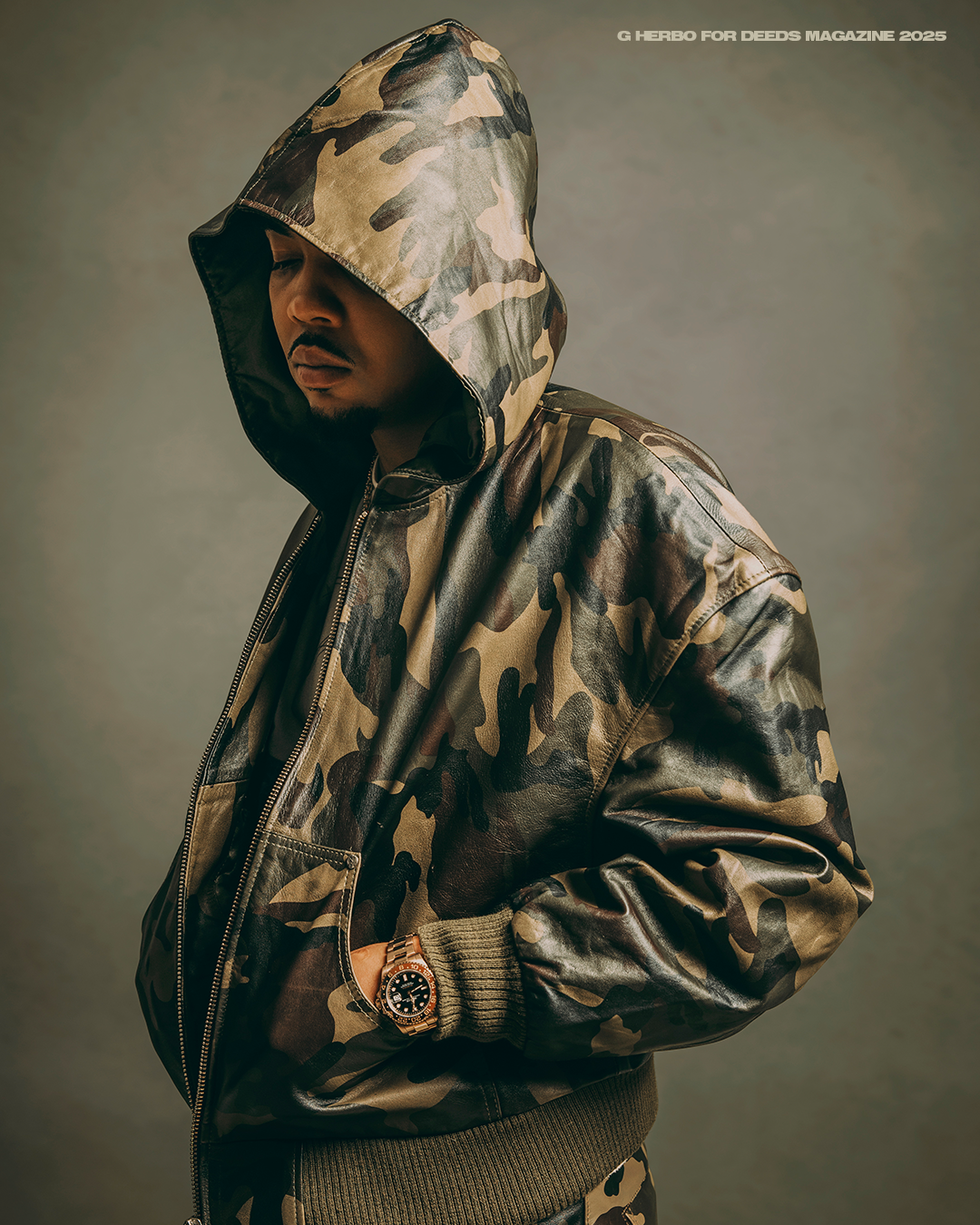
If you could zoom out 50 years from now, what do you want your legacy to be outside of music charts?
I want to be a music mogul. I want to be a CEO, actor. Do more philanthropy work. I always mimic my career to ones such as Jay-Z, 50 Cent, Ice Cube, Dr. Dre, those guys who really took music and their love and passion for music and just opened new doors and took it to heights that was unimaginable. God willing I could do so. I'm still of course young enough to be able to make a couple of the right decisions and just change the whole trajectory of what my career could be in the next 10, 15, 20 years.
How has growing up in Chicago shaped you beyond the grit and survival of it all?
Chicago taught me to be able to go without a lot of things. I don't really need much, even though I've gotten to a point in my life where I have resources and can provide certain things for myself or for my family. But growing up in Chicago just taught me, all I really need is a studio, a camera, and just a dream and just to be able to believe.
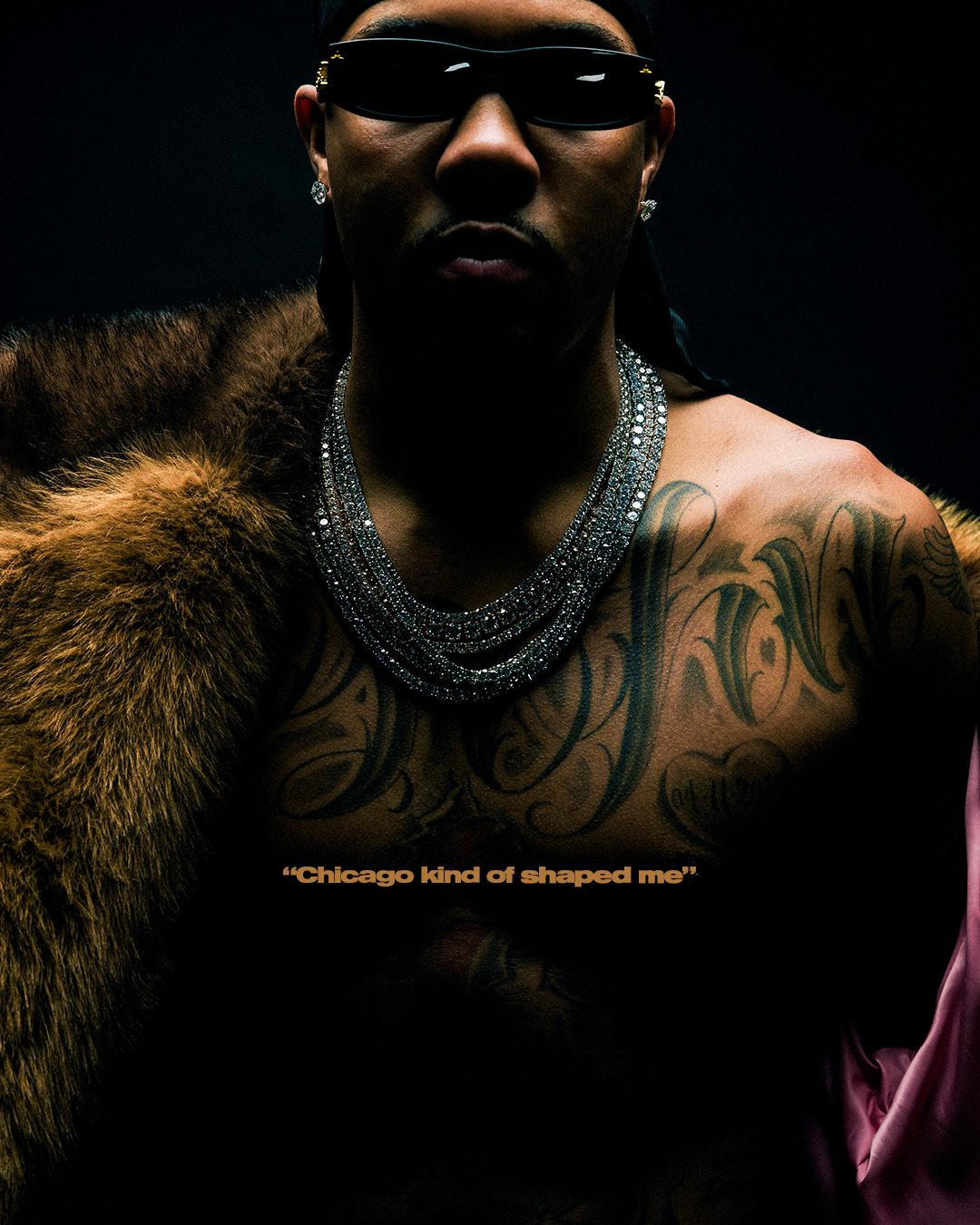
Chicago is just one of those places where we just make it happen with whatever we got. Growing up in poverty, Section 8, public housing, EBT, all of those things that just shape a Chicago native into someone where that hunger is really the fuel and the only fuel that they need. Coming from there, it showed me how to be fearless and just take whatever I have and make something of it and lean towards my fears and not be afraid to take a chance and take risks in life. You could tell when somebody from Chicago. Being from Chicago, you always stand out for sure.
Does success ever become overwhelming? What advice do you have for young successful artists?
Definitely. I think success becomes overwhelming because, for one, when you reach a certain level of success, everything's in the public eye. Your personal life and your family dynamic and all those kind of things are just in the eye of the public. And if you don't know how to maneuver and deal with those kind of things, it'll get the best of you.
I had to learn how to just not really feed into the eye of the public and feed into the opinion of the public and just focus on striving and continuing to be successful because in this life and in this game, it is what you sign up for. We sign up to be able to take care of our family and be able to provide and create opportunities for others. So that's what I try to focus on and just be grateful for what I have and being grateful that I've reached a level in my life where everything I do is being watched, where people even care enough to be invested in my life.
I try to look at the positives more so than the negatives. But it definitely becomes overwhelming and it's not for the weak. You got to be strong in this industry and you got to be able to take the good with the bad and just focus on the good and just keep on leveling up.
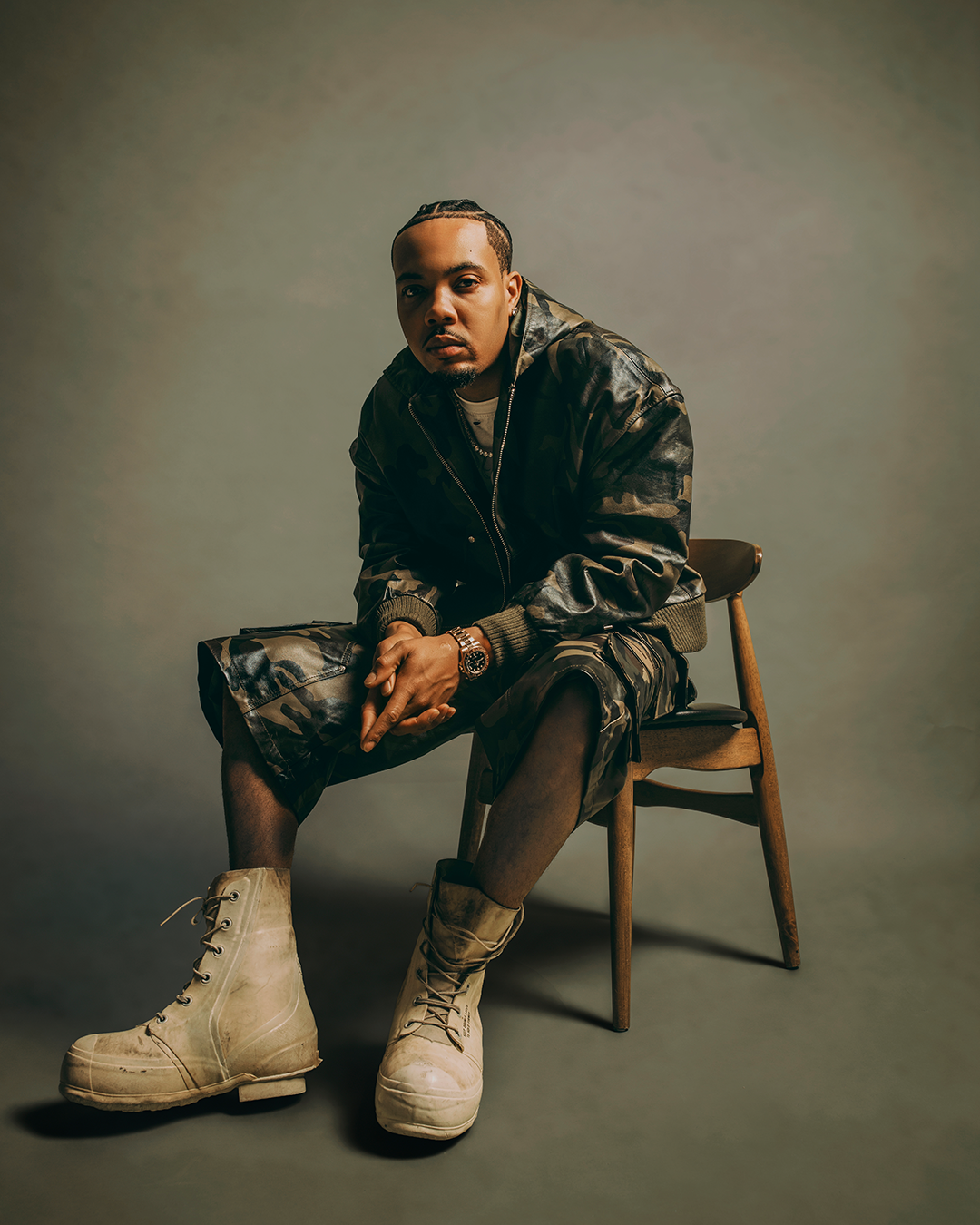
What do you believe your responsibility is to your audience and the next generation?
I believe my responsibility is to teach, for the next generation to be able to see my career and watch my career and decisions that I made good and bad and to be able to learn from them the same way that I was able to learn from the people that I looked up to. I watched a lot of Juelz Santana, I watched a lot of Lil Wayne, I watched a lot of Jay-Z, 50 Cent and those guys and seeing the steps that they took to get where they are in life.
I know there's a guy younger than me that's watching everything that I'm doing. If I could be able to teach the next generation without them having to make some of the same mistakes that I made and to be able to be successful and reach success in this game, I feel like that's my contribution to the next generation.
Has becoming a father changed your approach to the content you create?
Yeah, for sure. I just really want my kids to understand that I made a lot of sacrifices for them to be able to live the life that they live and for me to be able to pour my resources into them so they don't have to make a lot of the decisions and struggle in ways that I had to struggle.
Also, I want them to see that it's possible, that I came from nothing and I made it into something. And with the resources that they have and what they're going to be accustomed to, it gives them a boost to chase their dreams no matter what it is, whether they want to be an artist, entrepreneur, athlete, doctor, lawyer, whatever it is. I want to be able to just pour all those resources into them and just make it as easy as possible. And for them to see what I've done in my life and career and the heights that I took it to that were kind of unimaginable, that it's possible for them to do it, of course.
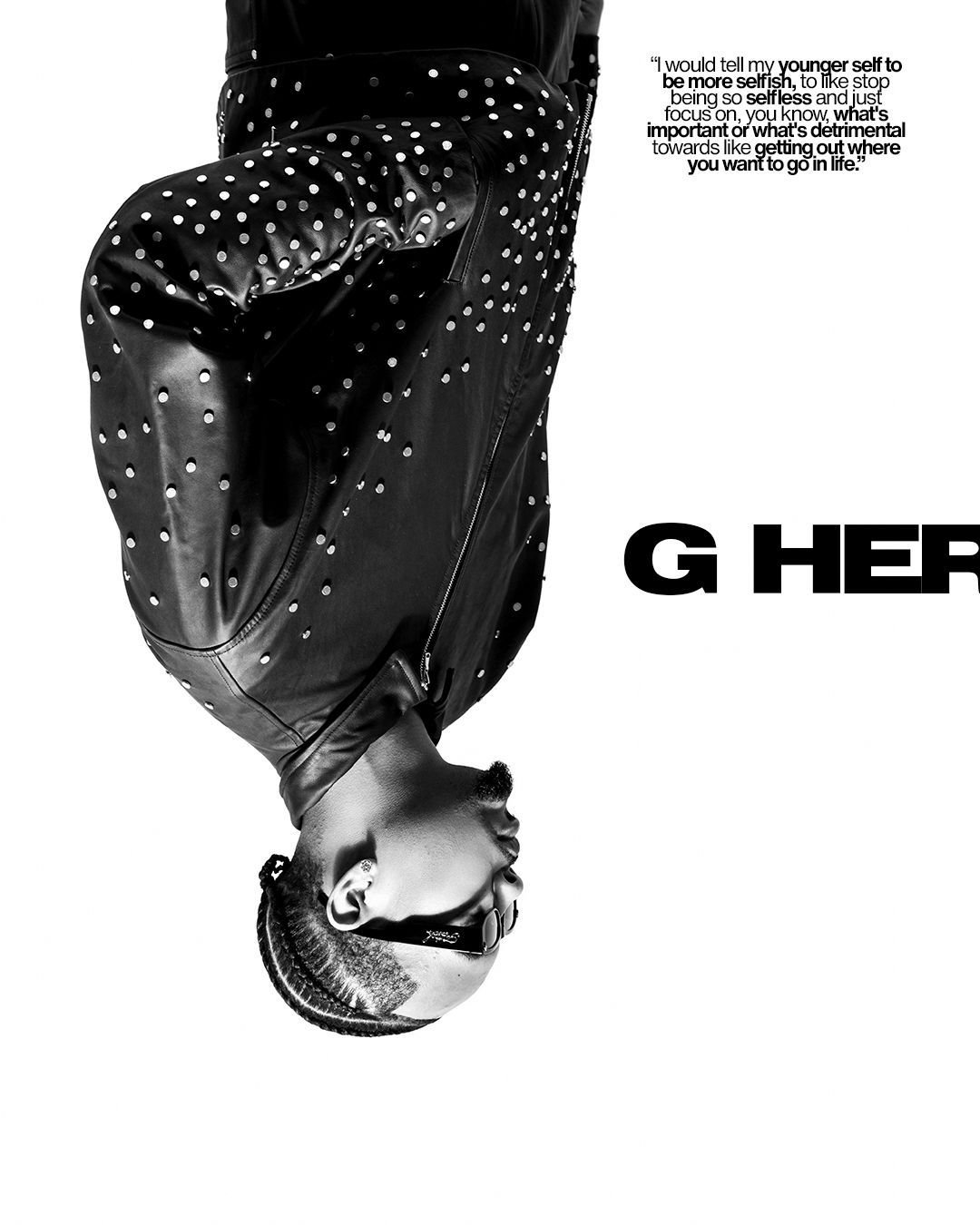
What's the most important lesson about unconditional love and support that you've carried from your childhood?
The important lesson that I learned about love and support is just no matter what or no matter how hard it gets—in this lifestyle, moving fast and traveling and seeing the world, sometimes you need to rewind. There's no place like home, and there's nothing like family. When you have a support system and a family that really loves you and cares about you and supports you, there's no better feeling than that.
I learned that from my dad. He used to always tell me, just come home and we'll come to you and just relax for a couple days and eat your favorite meals and stuff like that. That's really important, and it makes you feel grounded. It makes you feel at one with yourself and just level-headed because this life can definitely get fast and take a lot from you. So what I learned most importantly is just you have to lean towards family. And it's OK to feel normal again.
What does true healing look like to you?
True healing is first and foremost, for me, recognizing the problem, understanding what it is you're feeling, what your emotions are and correcting those emotions or balancing out those emotions so you can navigate and deal with whatever you're feeling, whether it's trauma, whether it's sorrow, whether it's sadness, even if it's confusion and not understanding.Healing is not an overnight process. It takes time, but you just got to want to do it and lean towards those things. For me, I'm still in the process of actually healing to this day from grief and trauma and things that I felt through my life with losing a parent and losing close friends, losing a brother, all of those things play a part in the things that I feel today. But I also try to lean towards the things that make me happy in life. And that's what helps me; music, staying in tune with God and being spiritual and being close to my family and my children and stuff like that, the things that make me happy. Those are the variables that help me heal to this day.
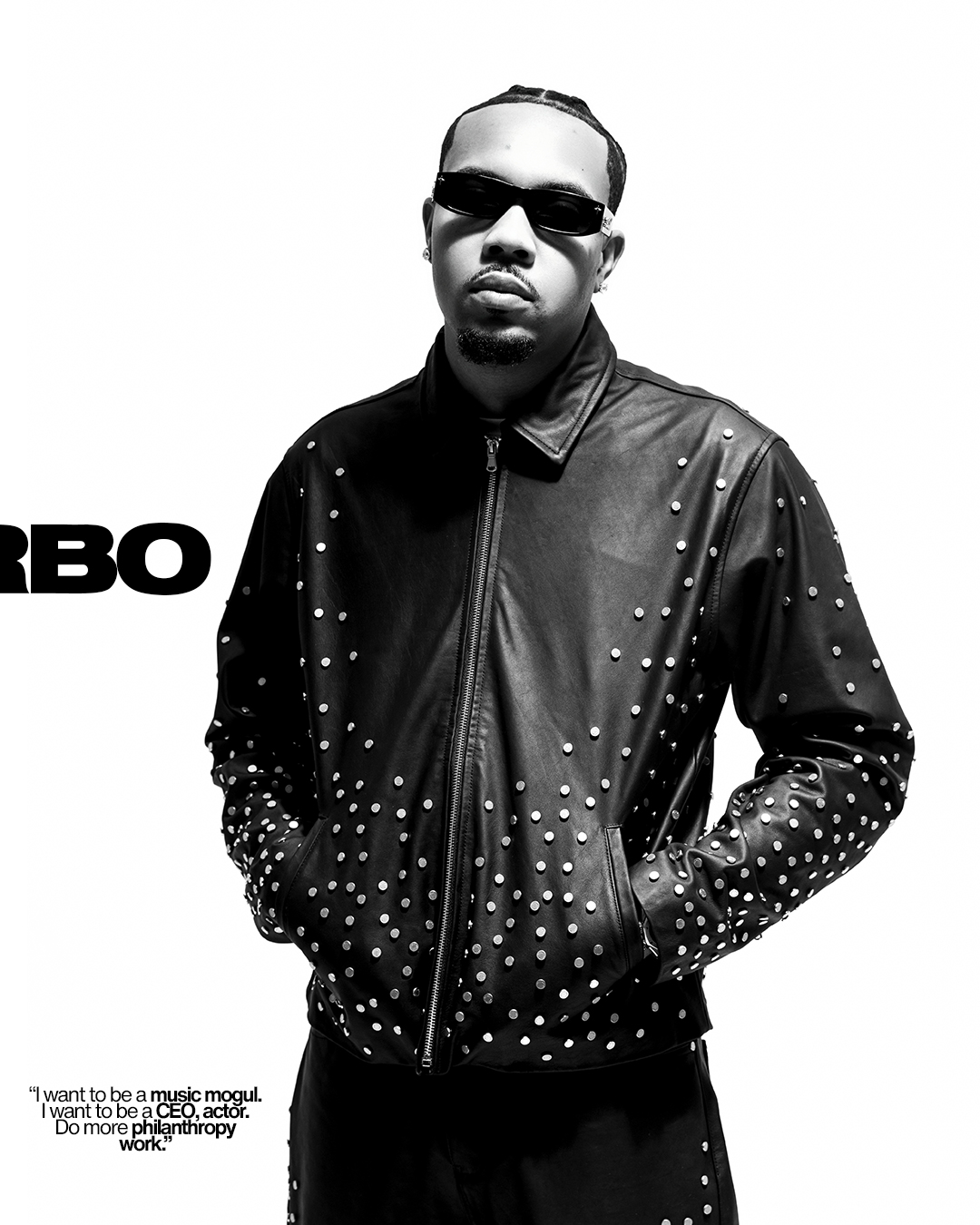
Who are your mentors outside of rap?
Mickey is one of my mentors. Coffee, he helped me a lot with just balancing through life and my trials and tribulations and navigating with decision making, business models, things like that. Another was Jerry Torrey. He passed away. He was one of the leaders of the community from the community center I went to, CYC, Rebecca Crown. He definitely was one of the people who shaped me into the man that I am today.
And honestly, that's why it's so important for me to do the things that I'm doing in the community and just stay someone who's like a staple of somebody to show these kids something tangible where they could believe. Seeing is believing because I really didn't have that growing up. I didn't have any mentors. I didn't have anybody who I looked up to to really show me right or wrong. I was in the streets early on and I had to learn as I go. A lot of decisions that I made, it cost me a lot, good and bad. So I would say that's why it's important for me to try to be what I didn't have growing up.
What emotional journey do you hope fans take when listening to your album?
I want them to take what they take from it because I'm putting a lot of emotion and a lot of knowledge and trials and tribulations and the things that I experienced in my album. There's no one message that I really want the fans or the listeners to take with them. I just want them to understand that nothing in life is a coincidence. Nothing in life is free or easy. You have to go through the uncomfortable times, you have to change your circumstances, change your environment and your surroundings to get where you want to go in life, whether that's trying to do something that's never been done before or just trying to reach your goals in a way that you didn't think were possible.
And that's what I've done. You don't always have the answers. You don't always know which way to go to get where you want to go in life. But you just got to stick it out and stay focused. So that's the main message that I want them to get, just to stay positive and to believe in that anything is possible.
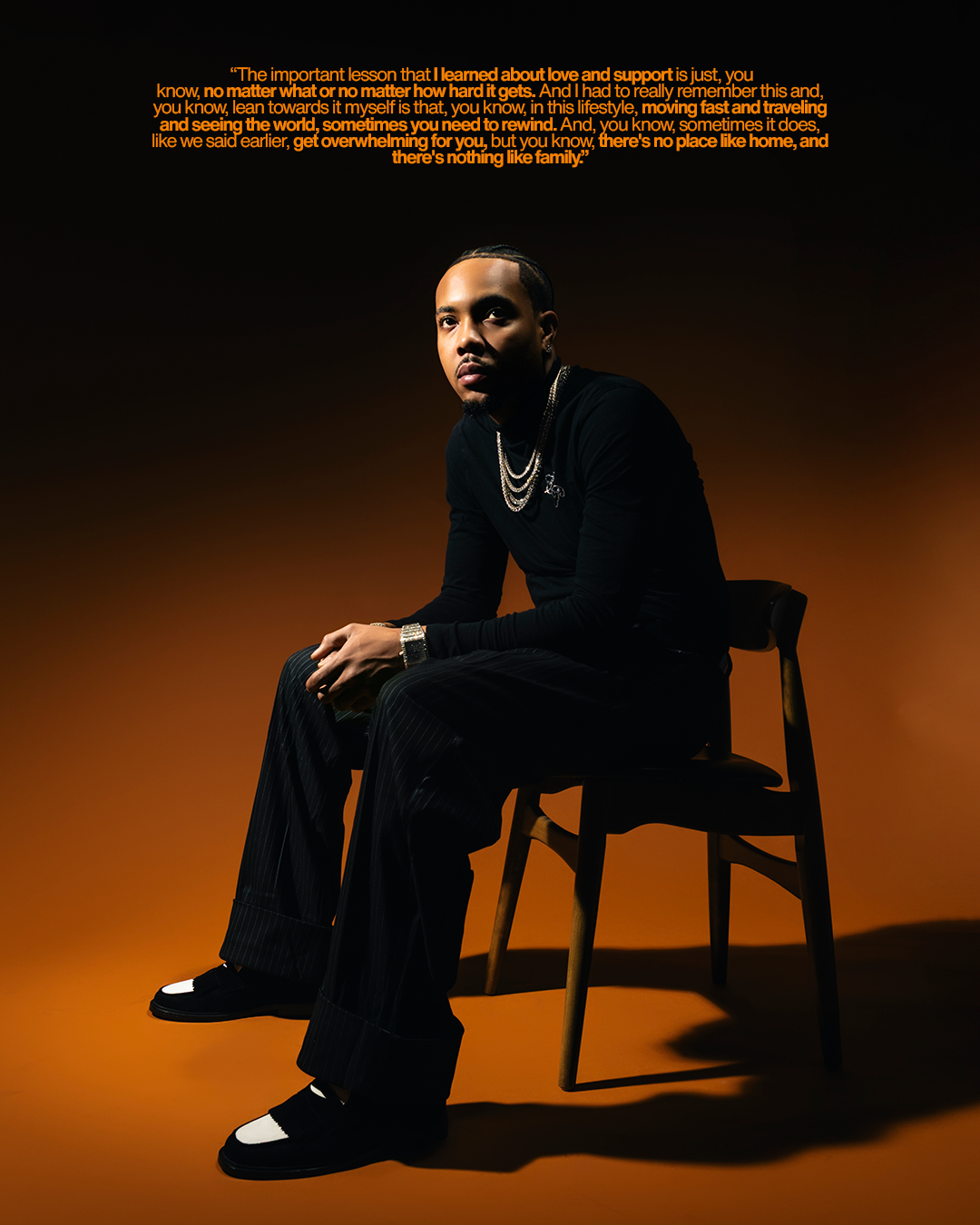
Has your fashion sense evolved as a conscious shift to reflect this new phase of life?
I think it has a lot to do with my age. I can't really dress how I used to or dress like a young nigga, like a YN basically. For me, fashion, I want to still make my fashion be fun and relatable, but still grown man and just evolved. And I want it to look luxurious as well, but it's, for me, fashion is not just high-end brands and stuff like that. It's just how you wear the clothes.
I always want to look fly. I want to look rich when I go outside, and that's how I basically bottle up my fashion. I don't think it's a conscious decision because I've always been into fashion. I've always been into dressing. So it really just evolves with my age and maturity and the brands that I think fit me. And it all has to do with your mood. So as fashion changes and shifts every few years, I kind of change with the fashion, but I still make it true to myself.
How has your personal definition of success changed?
I feel like it doesn't really change, it's just reaching new heights. There's certain things when it comes to charting and album sales, there's certain heights that I haven't reached yet. So I still want to reach those heights. But on top of that, I try not to focus on the numbers or focus on first week sales or album sales or platinum or gold plaques or anything like that. I just try to focus on the music and the message behind it, trying to create good music that people appreciate, that the consumers want to keep consuming and just growing in that way as an artist.
I think that's what got me this far lately over the past few years. I haven't really cared about first week sales or album sales or what goes gold or platinum or YouTube views, anything like that. Of course, I love it, don't get me wrong. I love the accolades and I love accomplishing those kind of things, but that's not what I'm in it for. I'm just in it to create good music and to be able to go out and tour the world and connect with fans where they want to grasp on to the message that I'm trying to get across.

What's the ultimate message you want first-time listeners to take away?
Don't take it personal, man. Life is no coincidence, and no matter what, it's all a part of your journey and your destiny. No matter what you're going through, no matter where you want to go, it's possible for you to get there. I don't want to sound harsh or anything, but I just hate when people complain about life because it's somebody that didn't wake up today. So just be grateful for another chance to change your situation and be a better version than you were yesterday. So that's the message that I would want to give across to anybody who listens.
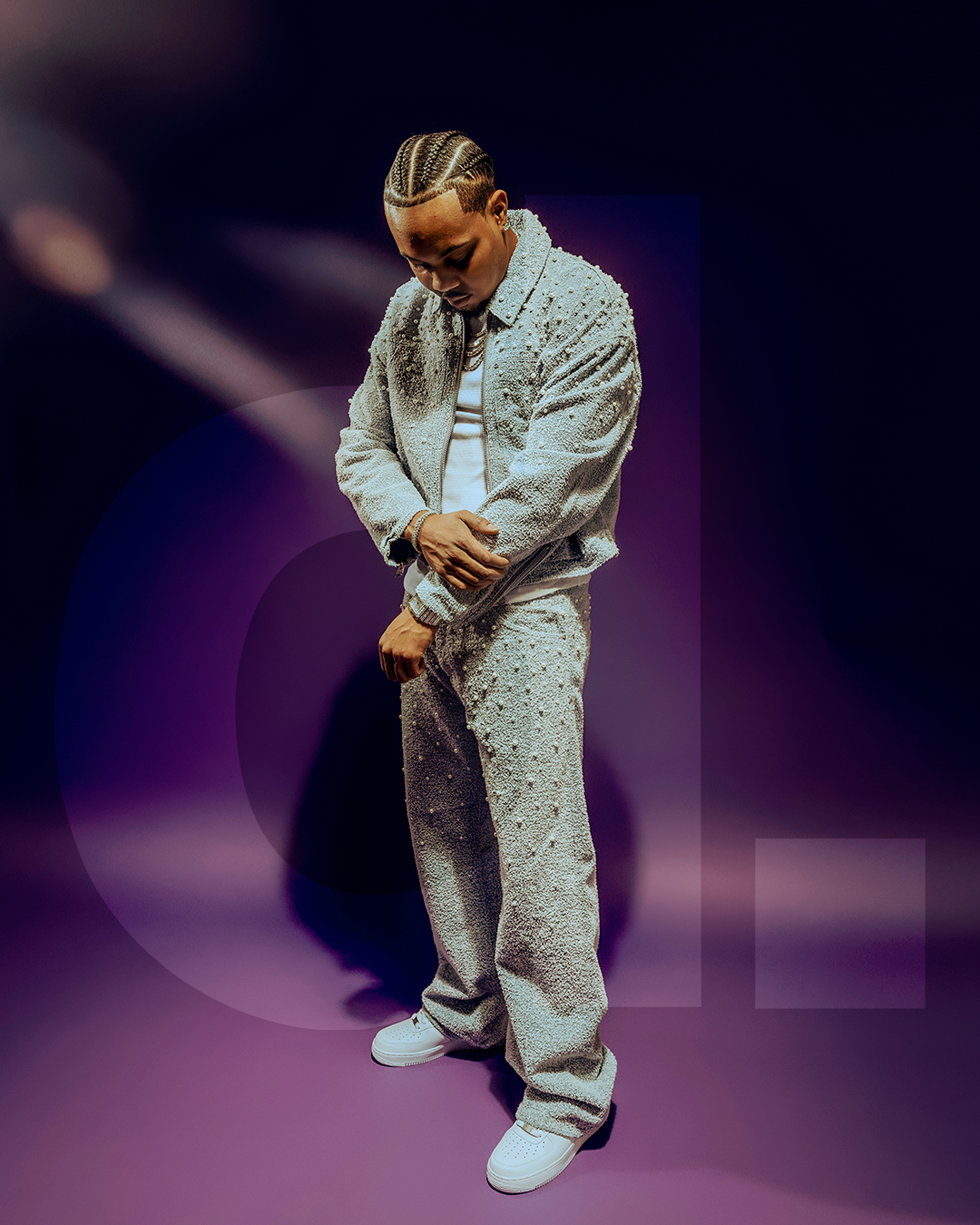
G Herbo's fan base, young and old, will connect deeply with this album, remembering their own times of struggle, loss, or pain. This album will bring much-needed healing to the community. It opens the door for men and women to have necessary conversations about life, making it okay for a man to be emotional, to talk about the importance of therapy, yet still be masculine, strong, and able to provide for his family.
His story has the power to make an impact, and Herbo is using his platform as a catalyst for change. The freedom to refuse to let your past determine your future is the hopeful message he broadcasts. The changes you make today can positively affect the generation that comes after you, giving them hope to overcome challenges and believe that anything is possible.
Ultimately, G Herbo embodies the power of perspective. While many of us look outward for an answer, his testimony shows that we may be the very solution we seek. Adversity gives us a story to tell, and a choice: whether to create impact or remain the same. Herbo didn't wait for permission; he became, with an undeniable sense of honor, class, and integrity.
G Herbo CREDITS
PUBLICATION: Deeds Magazine @deedsmagazine
TALENT: G Herbo @nolimitherbo
CO-CREATIVE DIRECTOR | PHOTOGRAPHER: Williams Peters @bytunde
CO-CREATIVE DIRECTOR | PRODUCTION MANAGER: Zacharina
Dainkeh @zacharina.a
DIRECTOR: CEOJAY @ceojay__
FASHION DIRECTOR | LEAD STYLIST: Gloria Johnson @styledbyglo_2
ART DIRECTOR | LIGHTING TECHNICIAN: Kabir @ahappeningguy
GRAPHIC DESIGNER: @shalemalone
VIDEOGRAPHER: Jadah Dunyoh @jdunyoh
PHOTOGRAPHER ASSISTANT: Uché @uchennaaduaka_
BTS PHOTOGRAPHER: Yuriy Baranov @yb_captures
STYLIST ASSISTANT: Will Kadima @flossywilll Tyler Bride @tylerbride4
PRODUCTION ASSISTANT: Jermaine Hamilton @jettv_ Norrell jackson @norre.
STUDIO PARTNER: @ContraStudios
“Everyone’s like ‘What’s Lustropolis?’” After a brief pause for dramatic effect, and a slight nod of his head, as if to say “Here goes,” Odeal proceeds. “Everybody lives in Lustropolis. We all live in Lustropolis at some point in our lives. We’re just just trying to make it out.” In this video, posted days before the release of his latest EP, The Fall That Saved Us, Odeal explains Lustropolis, his 2024 project that also doubles as a metaphor for toxic romance. With its intricate world building, this clip is something of an early Christmas present for fans spellbound by the lustrous worlds Odeal conjures in his projects.
As he tells it, Lustropolis owes something to a fairytale romance gone wrong. “I thought things would last and that took me to my villain arc. Industry is dark, if you don’t find love before that sh*t, you’re lowkey cooked.” The Summer That Saved Me, the sequel to 2024’s Lustropolis, is a bright, effervescent Pop-R&B record. Here he eschews the chaos of Lustropolis for something close to but not quite catharsis.
In Miami, which opens The Summer That Saved Me, he affects a disarming tenderness, serenading his muse over guitar melodies that ebb and flow like a gentle evening breeze. “Hold me. Take me. Never release me,” he sings. His voice drips with palpable yearning. It almost feels like the consolidation of a fairy tale romance, but listen a little closer, and what you’ll find is the spectre of chaos bubbling beneath the illusion of calm. His lover is still in the throes of a previous heartbreak and constantly has to numb her pain with alcohol. More crucially their relationship exists in the hazy interstice between a friendship and a relationship—“situationship” is the word. “We stayed friends in Miami but we made love in Argentina,” he sings.
It’s little wonder that in The Fall That Saved Us, he’s back to the dark, gnarly universe of Lustropolis. But while the two projects share a mellow, brooding atmosphere suffused with the volatility of a topsy-turvy romance, they differ in one key aspect. Lustropolis feels like an elegy for a relationship at its tail end. We’ve all been here before, or as Odeal puts it: “we all live in Lustropolis at some point.” Both parties know the relationship is at its end. You know there’s no saving the situation, there’s no light at the end of the tunnel. But you still hold on—part nostalgia, part bind-faith—until the relationship ultimately implodes.
By contrast, in The Fall That Saved Us, streaking through the chaos—the lying, cheating, gaslighting—is a hope that’s hard to deny. You get the sense that Odeal and his muse are wending through a rough patch as opposed to performing the final rites for a moribund relationship. In Pretty Girls, a sultry ballad that calls to mind 80s R&B, Odeal invites us into his turbulent relationship. “We went from sex in the morning, to crashing out most days.” Later in the songs he pulls apart even more sordid parts of the relationship, singing about cheating and gaslighting his lover. He might seem a terrible lover, maybe their both terrible lovers, but what he really wants is his lover’s attention. “Act like you want me/ Prove it and show me/ If I’m being honest/ You got what the pretty girls want,” he pleases.
The Fall That Saved Us offers no easily resolved moral dilemmas and this is what supplies much of the project’s charm. In Molotov, my personal favorite, over a gorgeous bounce, he paints a picture of a situation with a dithering romantic interest. As he perceives the situation, he is not sure she wants to be with him, and for a moment he busies himself trying to convince her and prize open her true feelings. The irony is that he also seems emotionally unavailable. “Wanna love but I’m tired and exhausted/ I’m from Molotov, where the b*tches hella cold here,” he sings. Blame it on unresolved emotional baggage or anhedonia, but he’s not willing to offer the same grace he demands.
Immaculate songwriting is an indelible feature of every Odeal project, so much so that we sometimes take it for granted. And yet, he still finds ways to surprise us. Consider Wicked’s overture. Over gorgeous keys that evoke a visceral sense of wonder, he sings: “They say there's no rest for the wicked/ But you slept on me, baby/ You the wickedest/ If I had a dime for every time/ We'd be millionaires.” Whew!
In Night in the Sun, which featured a resplendent verse from Afrobeats frontman Wizkid, the project pulls close to something resembling catharsis. With its upbeat and chipper production, Nights In The Sun would fit perfectly within The Summer That Saved Me. “Nights in the sun/ You got me right where you want/ Tables are turning/ I found my person/ Bon la vida,” Odeal sings. Hearing him rhapsodize about breakfast in the mornings with his lover and finally finding respite from the turbulence of their relationship might lull you into a calm, but you’ll still find yourself wondering how long this calm will last.
On the 13th of November, 2025, as the internet buzzed with holy indignation over a new trove of emails further connecting Donald Trump with disgraced American sex offender Jeffrey Epstein and newer but no less egregious allegations against Paystack co-founder Ezra Olubi, Don Jazzy, CEO of Mavin Records, readied himself for what has now become a familiar ritual: the unveiling of a new artist on the label’s roster. “Let me not take too much of your time,” he begins, “so, tonight, by 12 midnight, I'm going to be unveiling a new Mavin (artist) for you guys.” In the announcement clip, he looks characteristically jovial. Wearing a white shirt and lying prone, he instructs his armada of followers, nearly nine million people, to turn on their notifications in anticipation of the announcement.
True to form, the announcement video sparked conversation almost immediately. Before long, a curious horde had camped in the comments section of the post, guessing who the latest debutante on Mavin’s roster is. CupidSZN is his name. Around midnight, Don Jazzy and Mavin Records announced the light-skinned, blonde dreadhead—whose honeyed vocals perfectly fit the contours of both Afrobeats and R&B—as the label's latest signee. Congratulations were in short order for CupidSZN, supplied by fans and industry colleagues. But as the days wore on, what initially started on a festive note began to take on a censorious complexion. Several music enthusiasts and critics began pushing the narrative that acts on the label sound too similar.
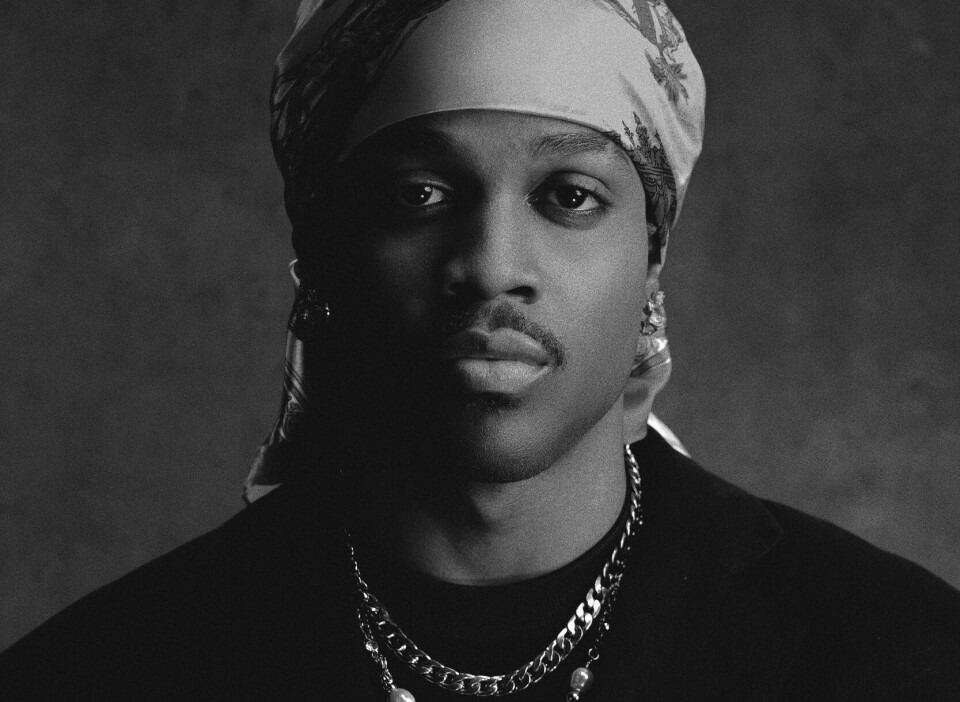
By way of a video captioned “MAVIN roster feels due for a risk. My thoughts on the latest MAVIN signing,” music commentator Emman Owoniyi contributed to the conversation. “The (Mavin) roster right now, it just feels very… you can’t tell them apart,” he says. He concludes his diatribe by arguing that the label might want to consider signing a “street-adjacent act” in the lineage of Fola or TML Vibez. Adeayo Adebiyi, a music commentator at Pulse NG, also weighed in on the conversation arguing that Mavin Records “might be better suited to floating a distro/label that will break the next street act than signing one themselves,” since the center “appears to have reached its elasticity point.” The vast majority of the critiques that have sprung up against the label in recent times have hewed close to Owoniyi and Adebiyi’s views. The result has been a self-propagating message inching towards a consensus position.
The recent popularity of this position—Mavin’s roster is too homogeneous and the label might benefit from signing a Street Pop act—notwithstanding, it falters because it wrongly diagnoses the problem. Consider Owoniyi’s assertion that “you can’t tell them apart.” This is categorically false. There’s no way Elestee can be mistaken for Ayra Starr, or Boy Spyce for Bayanni, or Rema for Crayon, or Magixx for Johnny Drille. One can run virtually any permutation of this exercise and arrive at the same conclusion: the artists in the label’s ranks are sufficiently distinct.

CupidSZN, the latest Mavin, has drawn comparisons to Boy Spyce and Rema. The truth however is that for the most part, the illusion of similarity between these artists and CupidSZN owes something to the natural human tendency to find patterns and processes that anchor new phenomena to existing ones. If you have followed the Nigerian music scene long enough you’d remember that Rema initially drew comparisons to Wizkid. There was a time when people would fight to the death that Joeboy and Fireboy sounded the same. Following her eponymous EP, Ayra Starr drew comparisons to Tems. Time has dispelled these allegations but at the time, those who made these claims would swear by their assertions.
Do Mavin artists, however, share certain similarities? Yes, of course. The label has a reputation for polished, radio-ready Afrobeats with strong pop sensibilities. But is this a problem? No. Most successful labels have clear-cut identities that inform the kinds of artists that make their roster. You think of Top Dawg Entertainment and what comes to mind is moody, lyrically dense Hip Hop/R&B. YBNL for the longest time was a bastion of Street Pop/ Indigenous Hip Hop. Young Money/Cash Money Records, in its heyday, had a roster of artists—Lil Wayne, Drake, Nicki Minaj, and Tyga—who shared a tendency for melodic rap and lyrics dappled with themes of wealth, bravado, and excess. Building a label of artists that share a similar ethos is crucial for two main reasons: it allows the label to operate efficiently the same system—marketing plans, staff—can be used multiple times; it also breeds a shared identity among the artists.
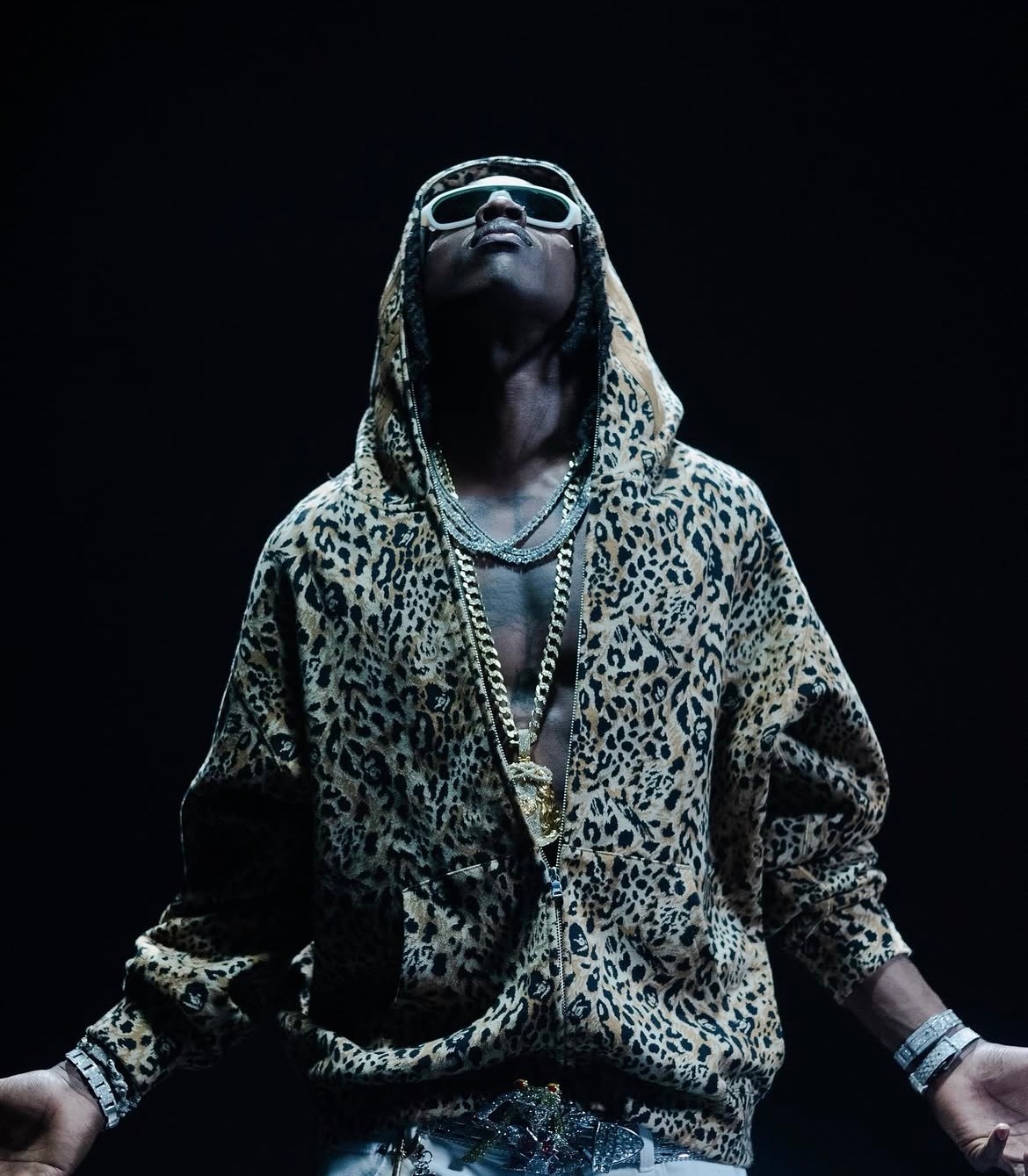
Mavin Records however has a problem, one they have to solve to usher in a new age. To put it simply, the label is increasingly drifting away from the zeitgeist. Art exists, among other reasons, to hold a mirror to society. And often the most successful artists are those who are able to best embody the pulse of their generation. This is as true in the world of music as it is in film and visual arts. This is, however, a phenomenon that’s well understood and documented in the “structured” art world. It’s why art history is neatly sectioned into eras—Impressionism, Modernism, Post Modernism, and Contemporary art. The art of each era tends to share a similar aesthetic that reflects the zeitgeist of said era.
What then is the defining ethos of this world? In two words: radical authenticity. Think of the figures who have dominated global politics in recent times—Donald Trump, Nick Fuentes, Zohran Mamdani—what they share in common, regardless of their political positions, is an undeniable authenticity. These guys are the diametric opposite of establishment politicians, otherwise known as the political elites. They repudiate orthodoxy in favor of a rhetoric that feels both true to them and reflective of the fraught times we inhabit.
A similar ethos has washed over global popular culture. It’s why Timothy Chalamet’s ferment and Ayo Edebiri’s whimsy have resonated with global audiences. It’s also why in the Nigerian music industry artists like Odumodublvck, Rema, Ayra Starr, Seyi Vibez, Shallipopi, Mavo, and Zaylevelten, have wielded disproportionate influence over the music industry in recent times. Regardless of talent, style, or aesthetic, what these artists share in common is a faithfulness to being radically authentic.
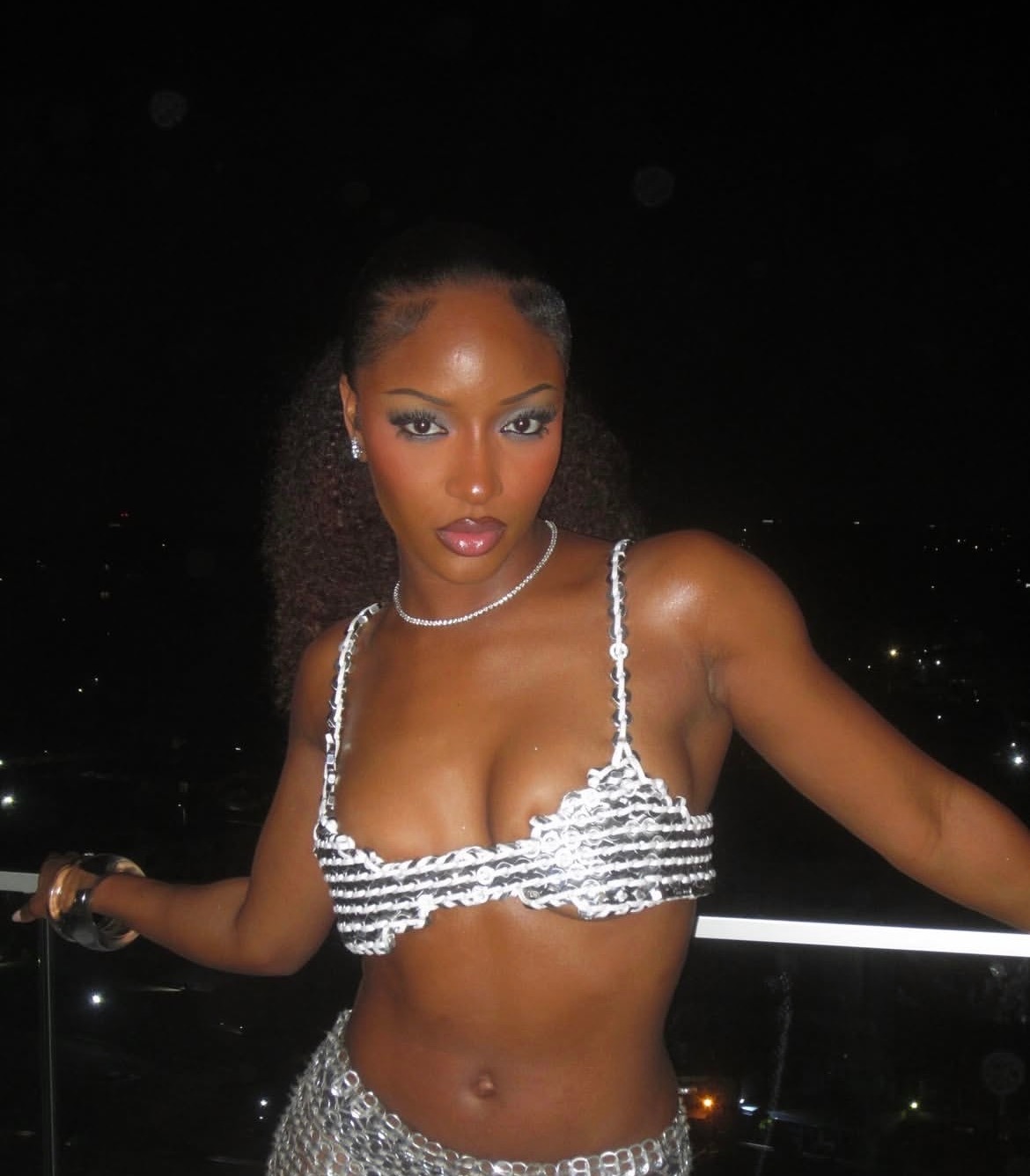
Ayra Starr is not just an uber-talented global popstar, she provides a vision of what a young African feminist navigating the vagaries of today’s world can look like. Rema assiduously probes the angst of contemporary youth. Omah Lay’s morose variety of Afropop—Afrodepression, if you may—speaks to a generation that has a million and one reasons to be adrift. Odumodublvck’s machismo feels at home with the anti-establishment spirit of our times, and Mavo and Zaylevelten are finding new ways of codifying Gen Z subjects.
By contrast, some of the younger artists on Mavin’s roster, many of whom are among the best singers/songwriters in the Afropop scene, are out of step with the zeitgeist. They don’t particularly tackle anything that reflects the unique times we live in.
Another way the label is out of step with this era’s demand for radical authenticity is how it unveils artists: the grand unveiling that we’ve come to know all too well. Being seen as part of a powerful establishment runs counter to the countercultural spirit of this era: it’s just not cool. Fans would rather sit with an artist in relative obscurity and gradually grow with them than listen to whoever the biggest label in the country tells them is the next big thing. A big unveiling just doesn’t work anymore, community-centered strategies and press runs aimed at providing an unfiltered version of the artist will prove more successful.
One reason for this is that artists now occupy a position previously reserved for religious and traditional figures. Fans don’t just want to listen to good music, they see their favorite artists as extensions of themselves and want to see themselves, or at least a part of themselves, reflected vividly in the music. It must be a very tricky position for the people at Mavin Records who are faced with the incongruity of seeing clearly talented acts constantly underperform. But the music industry in the past few years has undergone a radical shift. Radical authenticity, the ability to convey an earnest and non-conformist perspective on the zeitgeist, is now the most important quality for an emerging artist and if the label wants to usher in its new age, it has to fall in line with this new reality.
When considering an artist who transcends musical trends and embodies poetic lyricism, one name immediately comes to mind: Wale. Born in Washington, D.C., and proud of his Nigerian heritage, his music is a vivid sonic tapestry where the weight of his upbringing and ancestry weave through his rhymes, complemented by rhythmic flows and meticulously selected beats. He is a genuine poet performing through the medium of sound.
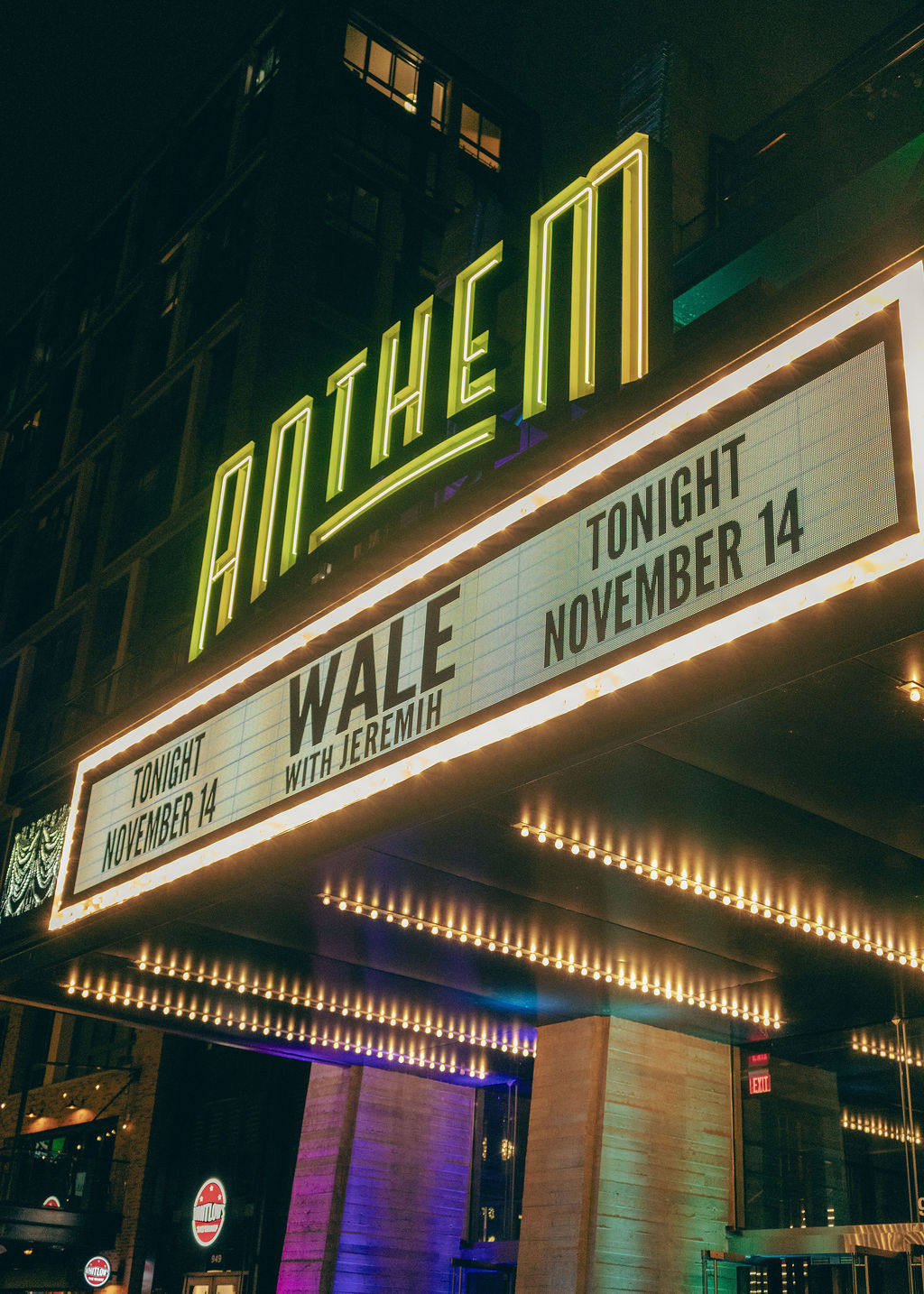
The Culmination of "Gifted Week"
Wale recently hosted a triumphant homecoming that solidified his deep connection to the DMV area. The high-energy, sold-out show at The Anthem on November 14, 2025, served as the spectacular finale of his second annual "Gifted Week." The concert coincided with the release of his eighth studio album, Everything Is A Lot, showcasing his deep ties to both R&B and local culture through supporting acts like R&B singer Jeremih and D.C.'s own Go-Go powerhouse TOB. In the spirit of previous star-studded Wale concerts, the energy echoed the presence of other R&B greats like Mario and Lloyd—artists whose soulful contributions often define the tracks Wale performs.
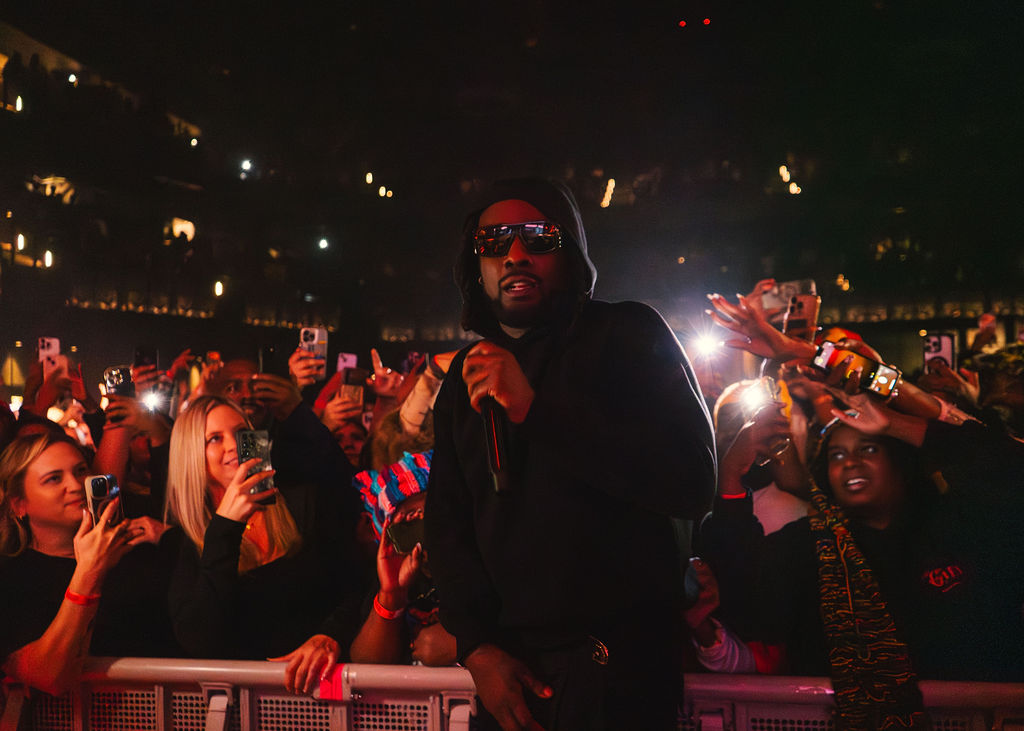
The week itself was less a standard concert series and more a community celebration, featuring a youth football clinic, a sneaker design workshop, and a Black media panel—all aimed at celebrating and giving back to the vibrant DMV culture. During the performance, Wale delivered a high-energy, genre-blending set, moving across the entire stage to engage the massive, adoring crowd with hits spanning hip-hop, R&B, and pop.

Everything Is A Lot: The Power of Vulnerability
The new album arrives as a bold, vulnerable statement, offering a deep look at his intrusive thoughts. It follows a positive trend among artists who are sharing their truth and living in their authenticity, proving that while being authentic is hard, it is ultimately liberating. Everything Is A Lot serves as a personal exploration of mental health, the pressures of fame, personal growth, and the complexities of modern life. As Wale explained, "I called it Everything Is A Lot because that is how life feels sometimes. But in the madness, there is meaning."
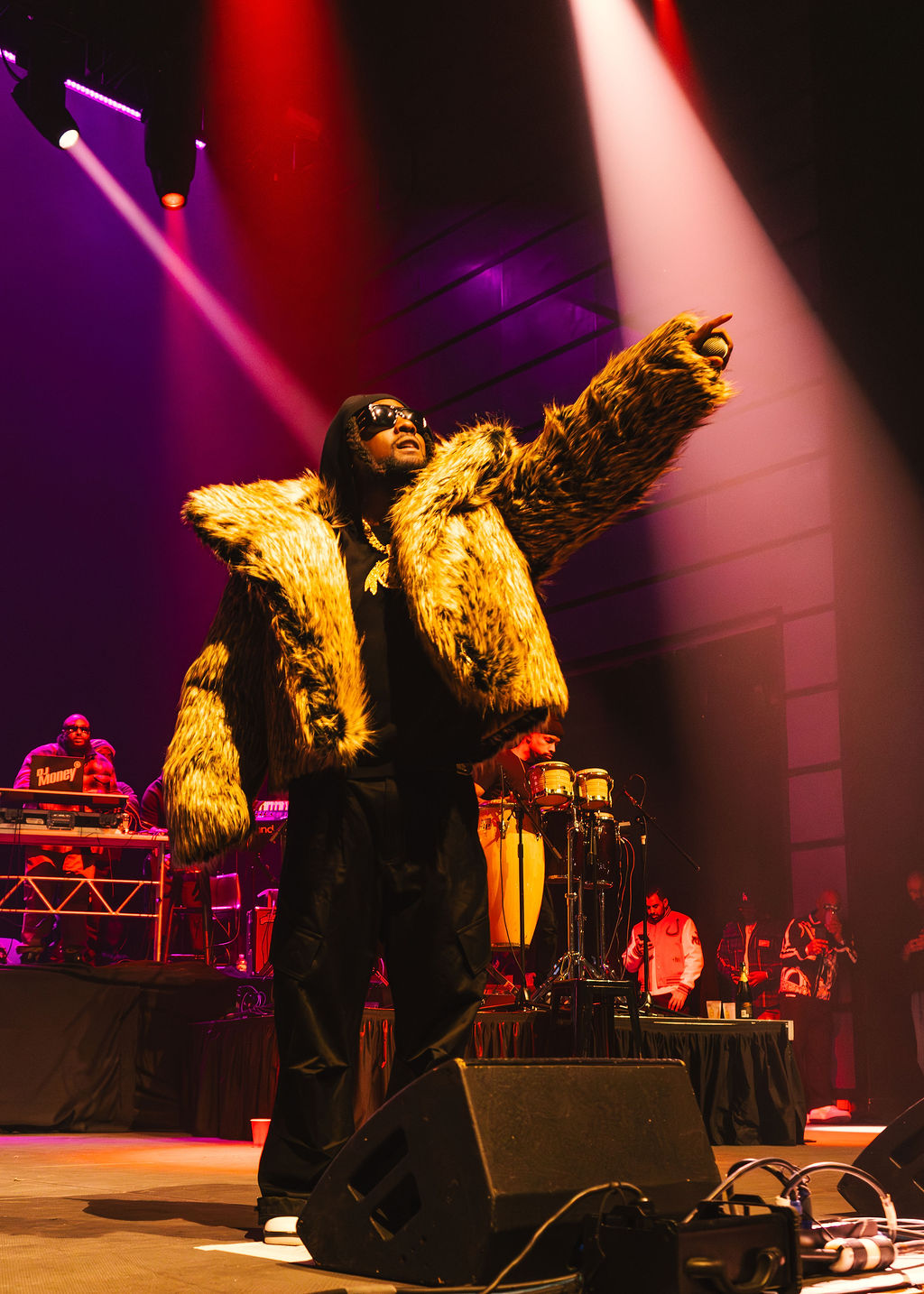
The album emphasizes vulnerability and emotional depth, with Wale intentionally moving away from elaborate concepts to capture immediate, raw feelings. He revisits the self-aware and poetic style that characterized his earlier work like The Album About Nothing, using scattered introspection and audio clips to reflect on his journey as a seasoned veteran in hip-hop. The production features a diverse sonic palette, incorporating soulful samples, bluesy influences, R&B, and Afrobeats elements that connect to his Nigerian roots and D.C. foundation. Throughout, Wale addresses the challenges of maintaining attention in the age of algorithms and social media—an "uphill battle" he has faced since his debut album Attention Deficit.
The album features guest appearances from Shaboozey, Ty Dolla $ign, BNYX, Leon Thomas, Andra Day, and ODUMODUBLVCK. Notable tracks include the lead single "Blanco," where Wale addresses his past struggles with alcoholism, "Watching Us" featuring Leon Thomas, which honors the legacy of R&B music, and the closing track "Lonely" featuring Shaboozey, a stripped-back meditation on isolation and the search for peace.
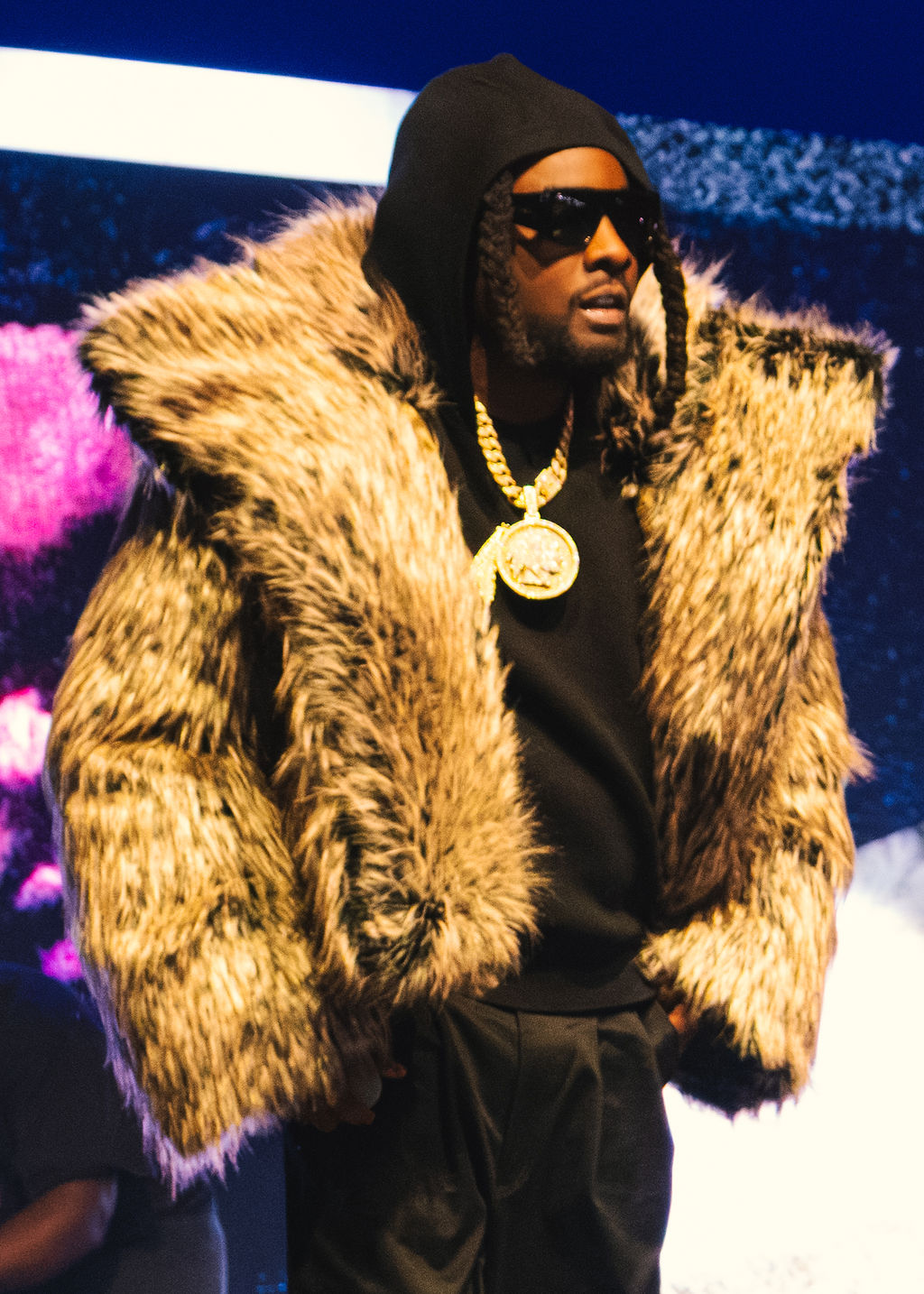
An Artist for the Ages
What distinguishes Wale is his unyielding commitment to authenticity. He has never shied away from his history, his identity, or his core sound. Unlike artists who chase fleeting trends, Wale consistently produces music that feels deeply personal and true to his soul. He is, without a doubt, one of those artists whose work will endure for generations to come. His music doesn't simply follow what's popular—it establishes a genuine, almost spiritual connection with a fervent and deeply loyal fanbase centered on his cultural roots and exceptional storytelling.
Photos by Izeyah Narvaez @Koi._.Kai
Following the release of his 2024 debut album UGLY, Dandizzy has spent much of this year sharpening his profile through an impressive run of singles and features. Collaborations with Duncan Mighty, Eeskay, and others have kept his name circulating across the mainstream and the underground, culminating in the arrival of his new EP, Life on the Wave. The 6-track project enlists Aguero Banks, Ajebo Hustlers, and Psycho YP. For an artist who has steadily climbed from Port Harcourt street freestyles to national recognition, this project feels like both a reaffirmation of his consistency and a moment of creative recalibration.
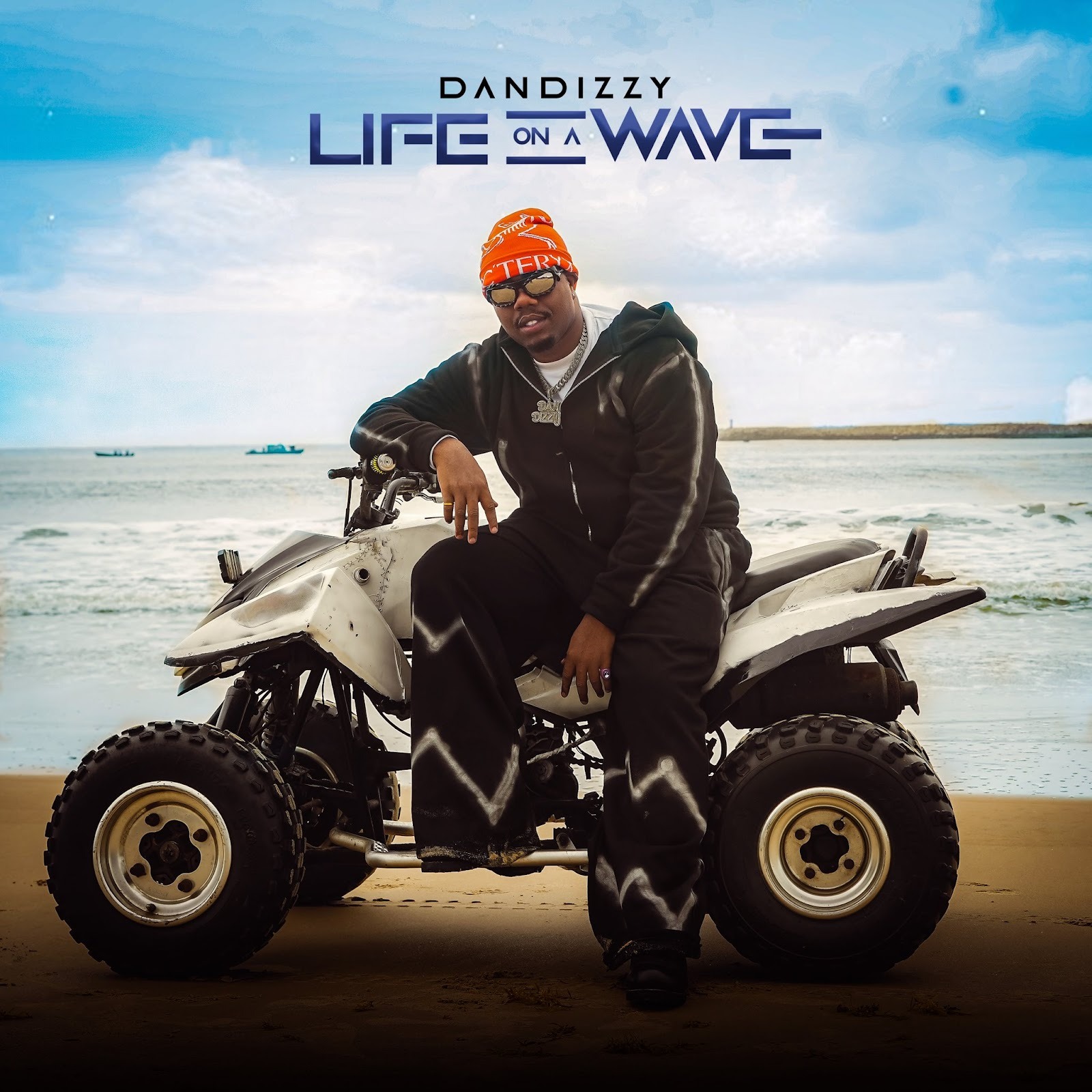
The EP opens with “Nobody” a record that immediately signals that Dandizzy is operating from a place of emotional maturity and introspective clarity. Over a trumpet-leaning instrumental that swells with warmth and melancholy, he trades his trademark rap grit for a vocal performance rooted in vulnerability. He reflects on his grind, the necessity of evolution, and the pressure that accompanies ambition. The track’s mid-tempo structure and melodic progression create a soft landing into the project, marking a notable departure from the rugged hip-hop textures that typically define his catalogue. Here, he demonstrates a willingness to be led by melody, resulting in one of his most emotive performances yet.
The transition into “Trouble” is seamless as the beat subtly nods to the Banku Music era of 2016/17, echoing Mr. Eazi’s breezy cadence with a soulful chorus that foregrounds the survival instincts and day-to-day resilience required of a rap artist navigating Nigeria’s fragmented music ecosystem. While the hook leans into softness, Dandizzy’s verse tightens the grip, slipping into a confident braggadocio that balances introspection with swagger. His delivery is clean, measured, and rhythmically locked in, showing he can inhabit genre-adjacent spaces with comfort.
By the time the first two tracks settle, one might assume the EP aims for a largely melodic, mid-tempo direction, which is quite a surprising pivot for an artist like Dandizzy. Yet, this also becomes a testament to his adaptability in a constantly shifting musical landscape. The tone changes swiftly with “I.N.E.F.A” featuring Aguero Banks, which reintroduces Dandizzy’s core hip-hop identity. Over a subtly bouncy instrumental, both rappers glide with an assured fluidity. Their back-and-forth exchange creates a kinetic dialogue steeped in lifestyle reflections, personal highs and lows, and a mutual assertion of status. The chemistry is palpable, positioning this track as one of the EP’s standout moments.
“Senior Man” shifts the energy once more, diving headfirst into an Amapiano foundation built on heavy-duty kicks, shakers, and pulsating log drums. The instrumental pulls the listener into a more atmospheric, nightlife-driven space. Dandizzy thrives here, adopting a confident, chest-out delivery as he brands himself the “Senior Man” a figure of authority across the streets, the night scene, and his romantic escapades in which the dynamic production allows him to stretch through with ease. The tempo eases on “Intruder,” which features Ajebo Hustlers and stands as one of the project’s most emotionally textured collaborations where the PH Boys meet. Piego leads with sultry, melodic vocals that set a reflective, romantic tone. Dandizzy enters with narrative precision, weaving a story that plays to his strengths in imagery and cadence. Knowledge adds a distinctive rap dimension, enriching the track with the duo’s signature Port Harcourt imprint. The interplay between Piego’s singing and the rappers’ alternating Pidgin-driven deliveries forms a cohesive, compelling record that highlights Dandizzy’s capacity for synergy.
The EP closes with “Benz Bop” featuring Psycho YP, a collaboration that leans more into pop-influenced, mid-tempo production than one might expect from two rappers known for sharper edges. Yet this unexpected choice works in their favour. Both artists navigate the beat with ease, creating a smooth, sonically rich closer. Their vocal interplay is sleek, polished, and intentionally understated, prioritizing groove over aggression. It becomes a satisfying final note, emphasizing fluidity rather than force.
Life on the Wave ultimately presents Dandizzy from a refreshed creative angle that pushes him beyond the familiar confines of sharp-edged rap into a broader, more considered approach to collaboration and genre exploration. Across the six tracks, he experiments with emotional openness, melodic structure, and adaptive delivery in ways that feel intentional rather than performative. This EP reveals an artist not just trying to prove versatility, but actively using collaboration as a lens to access new textures, new moods, and new shades of his artistry. What becomes even more striking is how these collaborations reshape the narrative of Dandizzy’s growth. Instead of merely attaching features for variety, he engages each guest artist as a creative partner whose presence influences the direction of the music. His work with Ajebo Hustlers reveals a softer, more narrative-driven side; Psycho YP brings out his smooth, mid-tempo adaptability; and most importantly, his track with Aguero Banks stands as a defining moment on the project. Their performance on “I.N.E.F.A” is a showcase of two of the country’s most in-form rappers locking into razor-sharp chemistry, an exchange that elevates the song from a simple collaboration into a cultural checkpoint for contemporary Nigerian rap. It is the kind of link-up that makes a compelling case for more joint ventures between the two. Overall, Life on the Wave offers a clear signal of where Dandizzy is headed: toward a more expansive identity built on emotional range, collaborative intelligence, and a keen ear for genre fusion. It is a project that widens his artistic frame and leaves the listener hoping to see him deepen these new directions.
Nine years after his debut Homecoming, JoulesDaKid returns with University of Lamba, an institutional project where streetsmarts, swagger, and stylistic experimentation form the core curriculum. The 17-track Hip-Hop body of work gathers a diverse class of collaborators; Prettyboy D-O, Ice Prince, Major AJ, SGaWD, Mojo AF, Tsuni, Ajebutter22, and BankyOnDBeatz, each contributing their own energy to this sonic campus. Rooted in Nigerian street nuance while leaning confidently on UK stylistic sensibilities, the album plays like both a memoir and a thesis.
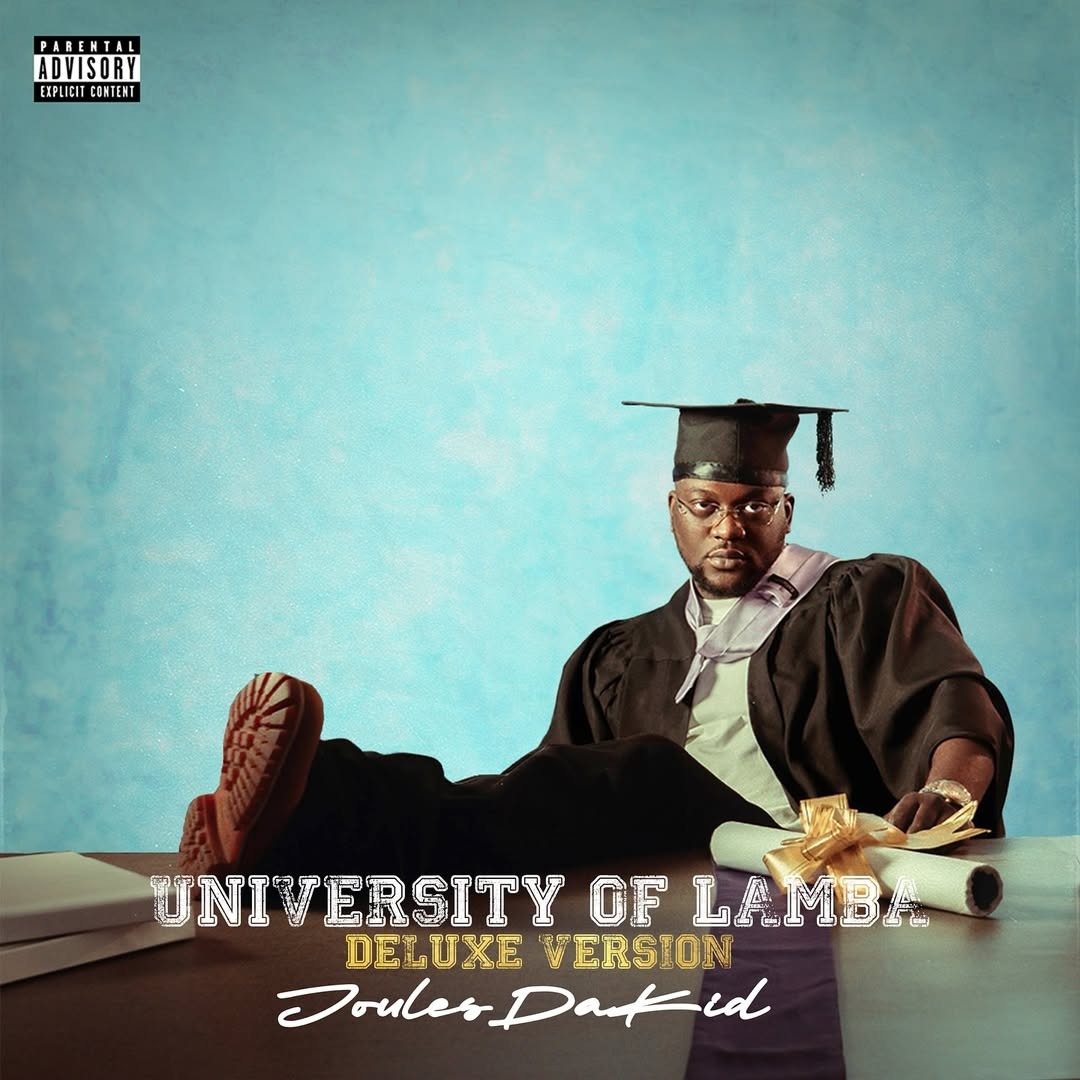
The journey begins with “Orientation Day” , a cinematic skit that ushers listeners through the gates of this metaphorical university. It sets the tone for a guided tour into JDK’s worldview. From there, the syllabus kicks off with “MMTS (More Money Than Sense)” a bass-heavy Hip-Hop entry where JDK raps like someone fully aware of his own shine. He flexes with intention, laying down braggadocio not as empty boasts but as measured affirmations of a man operating in full command of his craft. The energy shifts seamlessly into “Nico Town” where JDK rides a drill instrumental with the confidence of someone straddling two worlds. He lets his Mainland identity bleed through every pocket of the beat, grounding his UK-influenced flows with Nigerian grit. His decision to stay rooted, even while stretching his sound across borders, becomes a central theme. The album’s pulse elevates on “Bo Card” featuring Prettyboy D-O. Over a heavy Amapiano backdrop, both artists glide with the ease of men who have weathered the chaos of Lagos nightlife and returned with trophies. It’s a song about money, motion, and milestones. An anthem for anyone who has ever felt themselves leveling up in real time.
Comic relief cuts through with “Course Registration Wahala” a humorous skit that doubles as a crash course in street etiquette. Its playful energy transitions into “10 Bottles” featuring Ice Prince, where the Amapiano shakers carry the record like a procession into the late-night dancefloor. JDK clearly builds this one for DJs—rhythms that reward repetition and a hook that slides into the bloodstream. Ice Prince complements the record effortlessly, almost indistinguishable from the fabric of the chorus—proof of chemistry years in the making. “Fake Love” with Major AJ stands out as one of the album’s most inventive fusions as a meeting point between Afrobeats warmth and rap’s narrative hardness. Major AJ’s cadence dances across the percussion, chanting against insincere affection, while JDK delivers a technically sharp verse layered with vivid storytelling. It’s the kind of collaboration that reveals depth with every replay.
Another skit, “Exam Day” swings the album back into its comedic undertones, an interlude steeped in the kind of exaggerated panic and coded street wisdom that anyone familiar with Nigerian culture can instantly relate to. The Amapiano pulse resurfaces with renewed intensity on “Italia” featuring SGaWD, a record that balances groove and grit. SGaWD enters like a spark, over the shakers and thumping log drums, she moulds her tone carefully, switching between sultry assurance and pointed delivery, while JDK stays nimble beside her, interpolating slick rap cadences with pop-leaning melodies. The chemistry is measured yet exciting, the kind that feels like two artists building a bridge between swagger and elegance. Drill returns with full force on “Omo Yoruba” featuring MOJO AF, easily one of the album’s most explosive pairings. Here, both rappers sound like fighters entering an arena with ironclad flows, gravel in their voices, and an aggressive synergy that makes every bar feel like a blow struck in unison.
The emotional tide of the album shifts noticeably as the narrative steps into softer terrain with “Reconnect” featuring Tsuni and “Stubborn” featuring Ajebutter22. “Reconnect” is built on airy synths and warm percussive accents, giving Tsuni the perfect backdrop to spill vulnerable truths. Her vocals stretch like silk over the instrumental, carrying the ache of longing and the desire to rebuild fractured intimacy. JDK responds with verses that feel more journaled than performed lines dipped in regret, clarity, and understated affection. On “Stubborn,” Ajebutter22 reinforces this emotional pivot with his signature laid-back charm. He floats effortlessly over the beat, almost conversational in tone, as he navigates themes of love, resistance, and emotional negotiation. JoulesDaKid complements him with introspective reflections, opening small windows into a personal life that had previously been guarded by bravado. After a curriculum dominated by hustle, masculine posturing, and street-coded survival, these two tracks gently dismantle the armour, revealing softer, untouched corners of JDK’s psyche. It’s a deliberate decrescendo, one that humanizes the protagonist and rounds out the album’s emotional arc with maturity and intention.
The closing arc begins with “Confidence Before Compliments” a top tier record where JDK peels back layers of experience. His delivery is passion-soaked, weighing personal hurdles, industry turbulence, and moments of self-realization. It plays like a diary entry written at dawn, very honest, unfiltered, and resolute. The campus tour winds down with “Finisher” featuring BankyOnDBeatz, a percussion-driven Street-pop cut loaded with lamba and nightlife energy. It’s fun, fiery, and celebratory and acts as a fitting prelude to the final skit, “Graduation Day.” Here, JDK closes the loop, awarding the listener a metaphorical Lamba degree for making it through his conceptual institution.
University of Lamba is a layered and ambitious album that thrives on its thematic consistency. JoulesDaKi constructs an entire world where skits serve as academic checkpoints, genres cross-pollinate like interdisciplinary studies, and each feature adds texture to the narrative. At its best, the album is a fusion of street wisdom, UK influence, and Lagos bravado, wrapped in a conceptual framework that gives the project both personality and purpose. This is JoulesDaKid presenting an album built as a full-fledged institution, one where he becomes professor, student, and storyteller simultaneously, guiding us through every corridor of his sonic campus.
The journey to Summer Walker’s Finally Over It is one fans have been on since the R&B songstress first teased the follow-up to 2021’s Still Over It. The latest offering is the final instalment of her Over It trilogy, which began back in 2019 with her debut album. The three albums have soundtracked Summer's journey of love, heartbreak, motherhood and everything in between.
Finally Over It feels like an absolute chapter of growth for Summer, who offers a mature, grown-up version of herself, coming through not just in the album's lyrical content. But also through herself artistically and creatively. Not one to shy away from her feelings or from being in the public space, she has had issues with social anxiety. She has navigated her fame experience, including how she interacts with fans and how she has been a successful artist.
Throughout the years, we have seen how that has impacted her, whether at her live shows or in situations that call for her to deal with large crowds. However, the love and support her fans have shown her have always been clear, and even at this point, it is clear that it has been well worth the wait for everybody involved.
The 18-track album is a journey in two parts. The first half, titled ‘For Better’, is a powerful testament to empowerment and self-love. It's about choosing oneself and putting oneself first. The second half, ‘For Worse’, is a raw, honest account of pain and heartbreak. It reflects the experiences that have shaped Summer's journey to this point.
Laced with features and offering a wide variety of sounds and vibes, we get across the project. “Robbed You” sees her and Mariah The Scientist reflectively speaking on what should’ve been done to an ex after the disrespect caused throughout the relationship; their energies match up and complement each other. “1-800 Heartbreak” has her and Anderson. Paak speaks on the experience of getting over heartbreak and what that looks like, and on what it feels like, in a way that feels refreshing, before Anderson offers a different perspective on said heartbreak. Bryson Tiller, who is no stranger to pairing sonically with Summer, as evidenced by their previous offering “Playing Games”, is back with “Give Me A Reason”, a love song that shows appreciation for choosing the right person. “Allegedly” blends Summer and Teddy Swims' voices, each speaking to the feelings of two perspectives on being in love and what that feels like for the two of them.
Outside of her collaborative moments, the solo performances, which appear on 8 of the 18 tracks, feel like some of the moments where she can just shine on her own. From the Beyoncé interpolated “No,” which flips Beyoncé's “Yes” and sees her finally putting her foot down with her partner, saying no and not accepting the behaviour, which is a disservice to herself. “Situationship” is also a more R&B, acoustic moment where she expresses her feelings about being in a complicated situationship, feeling like she deserves more, and not wanting to put herself in that situation anymore. Fuck My Type, “FMT as titled, is a standout in the listening experience and feels like a SZA’s Nobody Gets Me, but almost country-esque when you first press play in its soft and gentle melodies. Its lyrical content sees Summers “trading her broken heart for a good life”. It is a message of empowerment and a moment of self-reflection, leaving behind what has always been her norm—choosing the wrong type of guy—and instead wanting to do better herself and to deserve the right type of guy. “Stich Me Up” is another moment of honesty about her vulnerability and fears in a new relationship, having been broken by her past experiences and “needing somebody to stitch me up and pick me up when I’m down”. The title track, album closer “Finally Over It,” is an orchestral moment that feels like the dramatic end of a movie—the movie being the experiences that have shaped Summer over the last few years of her life. As the theme of the album's artwork ties to the idea of marriage, the marriage is between the various sides of summer and the experiences she has had that have shaped her in the moment she is in.
As you listen to Finally Over It. Having been on the journey with the last two albums, it feels like a different Summer we met in 2019 —not only in the lyrical content, which feels more open and vulnerable than we have previously seen from her, but also sonically. There is a softness you hear in the strings' instrumentation, and a more acoustic, gentle sound that, in itself, feels like a reflection of where Summer is and how she is really over it and ready for the next chapter.
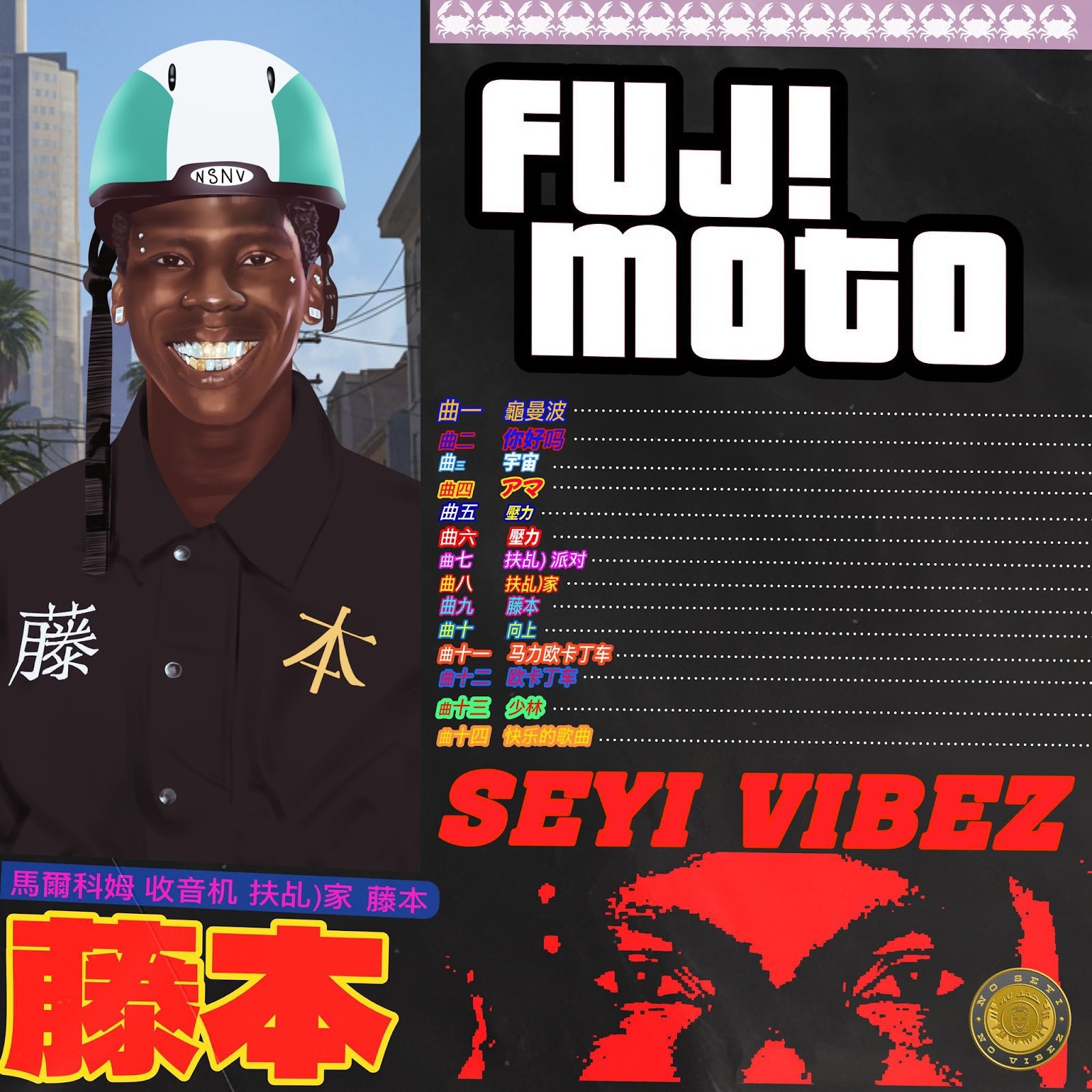
Seyi Vibez returns in relentless form with Fuji Moto, a project that expands, if not complicates his already towering catalogue. Now on his seventh release, the Street-pop luminary attempts a cross-cultural fusion: a 14-track collection adorned with Japanese imagery, a title referencing the “wisteria root,” and guest appearances ranging from Olamide to French Montana and Trippie Redd. The conceptual promise hints at a journey back to the origins of his craft, yet filtered through the metaphorical lens of Japanese aesthetics. Whether that symbolism translates sonically is another question entirely.
The album opens with Tortoise Mambo, where Seyi Vibez steps forward like a showman in a hall of mirrors, boasting the ability to shapeshift vocally into Saheed Osupa, Ed Sheeran, and Bob Marley. It’s a flamboyant overture and a proclamation of range, yet the irony isn’t lost that such global versatility stands in contrast to the album’s title, which suggests a grounded cultural core. On How Are You, one of the pre-released tracks, Seyi glides into the Afro-house wave with the ease of someone walking into a familiar room. The record’s heavy drums and escalating groove create a dance-floor invitation, but the songwriting leans on simplicity—“Baby how are you / I just want to say hello”—resulting in a track that moves more than it speaks. Universe brings the expected: crowd vocals, rolling log drums, and an amapiano backbone polished for nightlife. The hook, bright and insistent, does the heavy lifting, compensating for verses that feel more functional than inspired.
The tempo collapses into something tender on Ama, a grieving letter to his late mother. Here, Seyi Vibez sheds the performer’s armor entirely. The delivery is raw, almost fragile, as if every note trembles under memory’s weight, this is a standout moment where he finally allows vulnerability to lead. The emotional grip loosens with the Pressure remix featuring French Montana. Though the production maintains the reflective calm, Montana’s verse feels more like an email attachment than an extension of the song’s emotional world. The synergy never quite materialises, and the remix dilutes more than it adds.
Then the album bursts open like lights at a street carnival: Fuji Party featuring Olamide is a chaotic but intriguing blend, Japanese shakuhachi flutes flirting with talking drums, amapiano bounce, and heavy kicks. It’s frenetic, infectious even, but the title overpromises; there’s little Fuji texture within. Olamide, however, arrives with a nostalgic spark, tapping into his early-2010s cadence with ease. Fuji House leans into high-energy theatrics with synths, electric guitars, commanding drums yet the songwriting falters. Seyi Vibez spends the track hailing different acts in a way that nods to Fuji tradition, but the execution feels shallow, more a gesture than a deep dive. On the title track Fuji Moto, the presence of Waka-style chants creates a familiar Muslim spiritual undertone, and Seyi delivers with conviction. Still, despite its sonic richness, it skirts the very Fuji essence it claims to celebrate another disappointing instance where imagery outweighs intention. Up, featuring Trippie Redd, pulls the album back into moody introspection. It’s a trap-R&B hybrid that plays out like a late-night confession, and Trippie delivers one of the most fluid, complementary verses on the entire project. The track feels like a natural endpoint, a much needed cooling before the cohesion fractures entirely.
The remaining songs, Mario Kart, Macho featuring NLE Choppa, Shaolin, Happy Song, excoet Pressure are all previously released cuts from the Children of Africa EP. Their inclusion abruptly shifts the album from narrative to compilation, flattening any thematic build Seyi Vibez had begun to construct.
Fuji Moto places Seyi Vibez in a sharp tension between presentation and execution, a tug-of-war where the aesthetics win far more battles than the ideas behind them. The project leans heavily on Fuji-adjacent branding: Japanese motifs splashed across the rollout, Fuji-inspired titles, and metaphors that suggest a deep-rooted cultural excavation. Yet what you encounter sonically is a far more familiar terrain, sleek Afro-fusion tapestries, well-oiled amapiano frameworks, and contemporary street-pop formulas that, while impeccably produced, rarely engage with the Fuji tradition the album claims to orbit. The production across the album is undeniably stellar. The arrangements are layered with precision, the percussion sits with a polished weight, the sound design is immersive, and even the genre blends, though occasionally chaotic, are executed with technical finesse. Tracks like Fuji Party and Universe shimmer with world-building detail, demonstrating that he understands atmosphere, groove, and audio architecture at an elite level. But this excellence in production exposes the conceptual gap even more clearly: the soundscapes rise while the thematic direction struggles to keep up.
The album’s promised exploration of “roots”—hinted at through the Japanese “Moto” metaphor and Fuji references never materialises in the songwriting, structure, or vocal approach. Instead, Fuji becomes a decorative accessory rather than a core influence. What should have been a cultural deep-dive feels more like a visual motif stretched thin across an unrelated sonic palette. And with the inclusion of previously released songs from Children of Africa, the project’s conceptual thread snaps entirely. What began as an exploration of identity gradually morphs into a loosely arranged playlist, undermining any sense of narrative cohesion or artistic intent. In the end, Fuji Moto stands as a beautifully produced but thematically hollow experiment, a collection of strong songs waiting for the concept that was supposed to hold them together.
Music is one of the most powerful art forms ever created, but its magic lies in how it’s received. For music to truly work its wonders, it needs to reach people. Sadly, in today’s world, that access often depends on how resourceful you are rather than how talented you might be. This reality places many independent artists in a tough position, struggling to be heard despite their creativity. But change is coming. A new community has emerged to give independent voices the platform they deserve — Cosamote, a creative collective built by and for independent artists, bringing together some of the country’s finest talents to collaborate and showcase their artistry. Each year, the community curates a signature project that reflects their shared vision and artistic spirit. It all began with the announcement of Files’26 — a 13-track project themed around love, curated with passion and purpose.
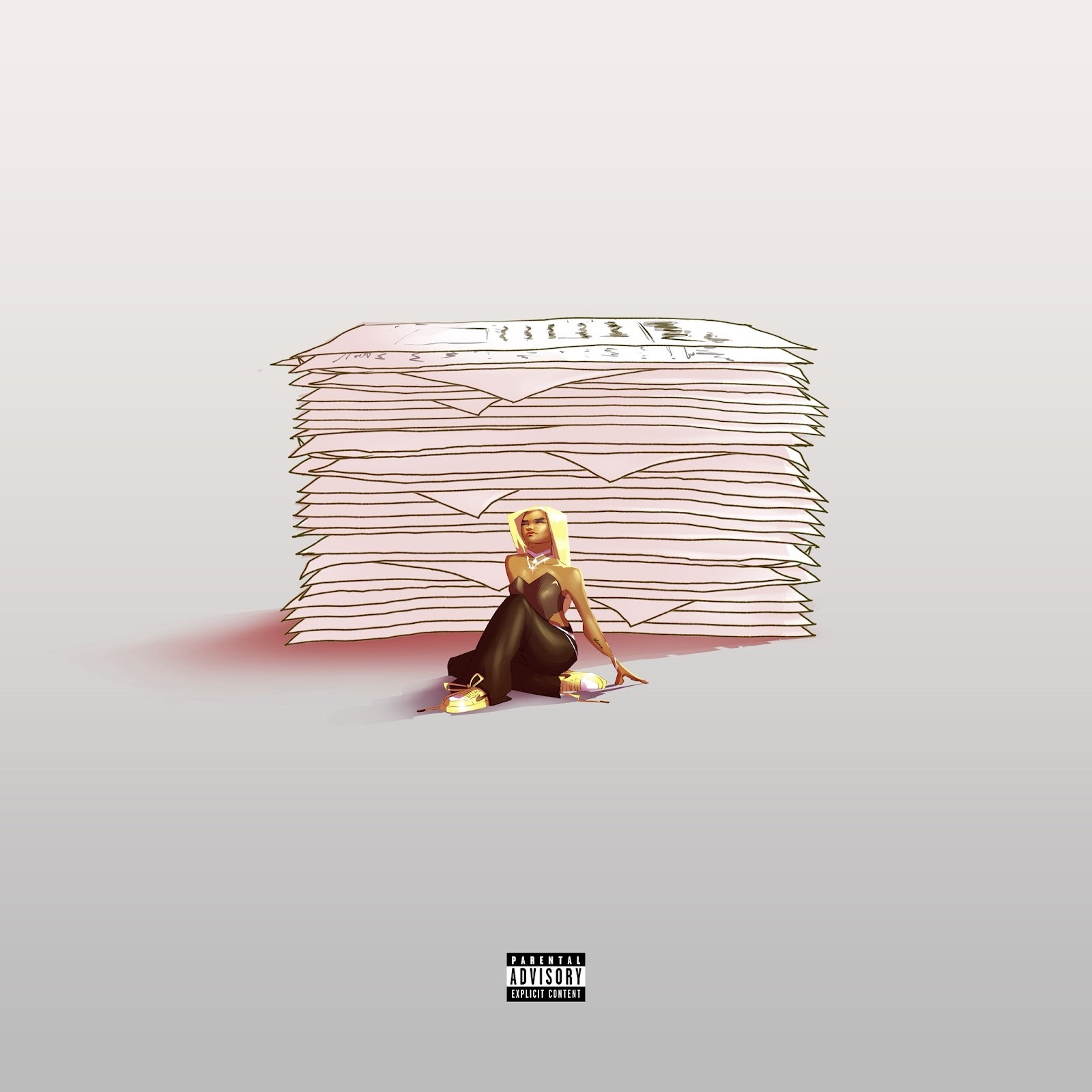
The album opens with “Consistency” featuring Caleb Clay and Jamz fr, a record built on heavy hip-hop instrumentals that Caleb Clay navigates effortlessly with his smooth, confident delivery. Jamz complements the energy with an R&B-driven direction, creating a seamless blend between their distinct styles. It then transitions into a slower, more tender rhythm on “One + One” featuring Musta4a and Fimi, a heartfelt piece where Musta4a leads with vulnerable vocals, delivering what feels like a love letter to his partner. Fimi unveils a new dimension of her artistry here, balancing soulful singing with her signature rap flow, showcasing both range and emotional depth.
The project’s versatility remains at the forefront with “Set The Fire” featuring Musta4a, Suurshi, and Fimi, a track steeped in ‘90s funk and dance influences. Suurshi takes charge of the vibrant chorus, elevating the tempo, while Fimi’s rap verse adds an edge to the groove. Notably, the inclusion of a bridge which is a nearly lost art in today’s music further enriches the record’s composition. The album’s collaborative spirit shines throughout, making it a multi-layered project filled with sonic textures worth deep exploration. This dynamic continues on the next record, “Set The Fire" where Creen Caesar and Caleb Clay reunite on a 90s-inspired boom bap track tinged with a nostalgic softness, leading perfectly into one of the project’s standout moments—“Sweetest Taboo” featuring Adebaby and Jamz fr. The song opens with the sound of a Chinese gong before ushering in Adebaby’s tender vocals gentle, heartfelt, and steeped in vulnerability. Together, he and Jamz deliver a touching duet about a complicated love, chanting “loving you is my sweetest taboo” Jamz’s verse, filled with emotional honesty, completes the record’s minimalist yet deeply intimate allure.
The mood shifts once again with “It’s Not My Fault (Me vs My Ex)” featuring Tiwi and Suurshi. Here, Tiwi adopts a storytelling rap style from the perspective of a woman confronting her partner’s emotional neglect. Suurshi delivers a soaring, soulful hook packed with passion and precision. The second verse flips the narrative, giving voice to the man’s side of the story as he reflects on his partner’s effort and love. It’s a cinematic, inventive record—an example of how imagination and artistry intertwine across the album. Suurshi’s presence begins to feel almost inevitable as the interlude “Take It” drifts intoba lone moment of intimacy where she stands as the only voice in the room. The record breathes through soft piano chords that feel like heartbeats in the dark, and she surrenders to their rhythm, her voice aching with yearning. With every whisper of “take it” in the background, she sounds like someone offering her heart to the fire, knowing it might burn, yet willing to feel the warmth.
Then comes “Pamukutu” featuring Musta4a and Adebaby, opening with tender guitar strings that feel like the gentle unraveling of emotion. Musta4a glides over the strings, his voice carrying the ache of a confession, telling his lover that even after all his wrongs, his desire for her still lingers like smoke after a flame. His verse sets the emotional temperature for the record, leading seamlessly into Adebaby’s reflection: “sometimes we have to get it wrong before we get it right” An admission of human flaw wrapped in the promise of growth. Together, they create a sonic painting of vulnerability and redemption, where love stands both as a wound and a cure.
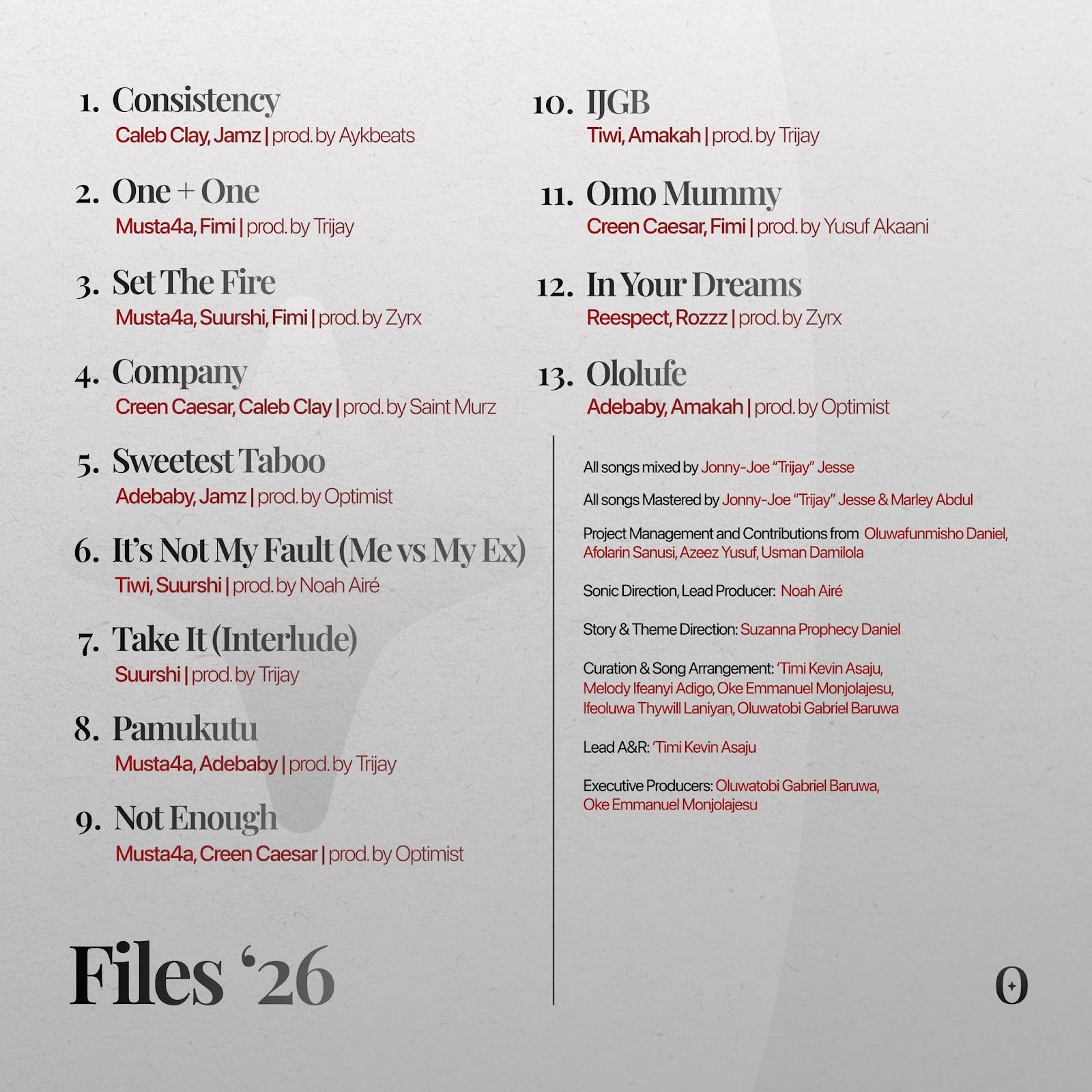
“Not Enough” featuring Musta4a and Creen Caesar flips the tone entirely, replacing tenderness with bravado. The opening line“One girl, two girl not enough” bursts out like a declaration of indulgence. Musta4a’s voice dances on temptation’s edge, while Creen Caesar joins him, both embodying the archetype of the playboy who mistakes motion for freedom. It’s a lovely performance of lust as lifestyle. That same energy spills into “IJGB” featuring Tiwi and Amakah, a flirtatious back-and-forth that plays out like a late-night conversation between two people caught in the wrong kind of right. Tiwi’s bars are smooth, confessional yet confident as he makes his intentions clear while admitting he’s already entangled elsewhere. Amakah meets his tone with a wink and a whisper, embodying temptation’s echo, ready for the thrill of the moment. “Omo Mummy” featuring Creen Caesar and Fimi dives into the playful side of intimacy. Built on a lively highlife rhythm, the record brims with humor and flirtation. Creen Caesar raps with the charm of a man trying to break through polite resistance, painting scenes of desire restrained by circumstance. Fimi answers him with teasing wit, her verse turning hesitation into an art form. The story feels like a conversation between mischief and affection.
Hip-hop reclaims the stage on “In Your Dreams” featuring Reespect and Rozzz, a record pulsing with the bounce of early 2000s swagger. The beat evokes the spirit of 50 Cent and Snoop Dogg, and Reespect steps into that legacy with razor-sharp verses and unapologetic poise. Her flow moves like smoke. Elusive, and dangerous. Rozzz follows with a verse that complements her fire, together narrating the story of an obsessive ex, turning heartbreak into theatre. It’s nostalgia reborn, breathing new life into old-school rhythm.
The curtain falls with “Ololufe” featuring Adebaby and Amakah, a soul-stirring finale steeped in brass and longing. The trumpets weep softly as Adebaby bares his heart, pleading for a love on the verge of fading. His voice feels like rain on an old windowpane, steady, sincere, unrelenting. Amakah, weary yet resolute, sings of her desire to leave, to free herself from the cycle of promises. Their duet becomes a dialogue between love and exhaustion, between apology and pride. When Adebaby confesses his need and admits his faults, the song blooms into a quiet surrender. An ending that feels more like a sigh than a full stop.
Files’26 stands as a testament to artistic range and emotional depth, it's a body of work that thrives on collaboration, chemistry, and creative fearlessnes. Every moment feels deliberate yet organic, like artists meeting at the intersection of vulnerability and expression. What makes the album remarkable isn’t just its diversity of sound, but the way it captures the emotional spectrum of the said theme, Love. From desire and devotion to tension, regret, and forgiveness, the way the artists blend and collide like brushstrokes on a shared canvas and also pushing the next towards greater innovation. Files'26 is the sound of a collective in sync, building something that’s a living, breathing conversation about love, growth, and the beauty of imperfection.
Vigro Deep has spent the past seven years reshaping Amapiano, turning experimental, hard-edged beats into a sound that now defines the genre. When he first dropped ‘Baby Boy’ at 17, critics doubted him, but those early mixtapes became the foundation of a distinctive voice that travelled from Pretoria to the world.
With ‘Baby Boy V’, Vigro closes that chapter. The fifth and final instalment is both a return home and a reflection on growth; a fusion of the sounds he’s explored across Afro-tech, 3-step, melodic house, and deep house, while still carrying the energy that made tracks like ‘Ke Star’ and ‘Untold Stories’ hits. It’s a full-circle moment: the sound once questioned has become a cornerstone of Amapiano worldwide.
The future is deliberately undefined. Vigro has always refused to be boxed in, and as he steps beyond the universe that made his name, he’s ready to explore new music, new cultures, and new worlds — all while staying true to the creative spark that turned noise into a movement.
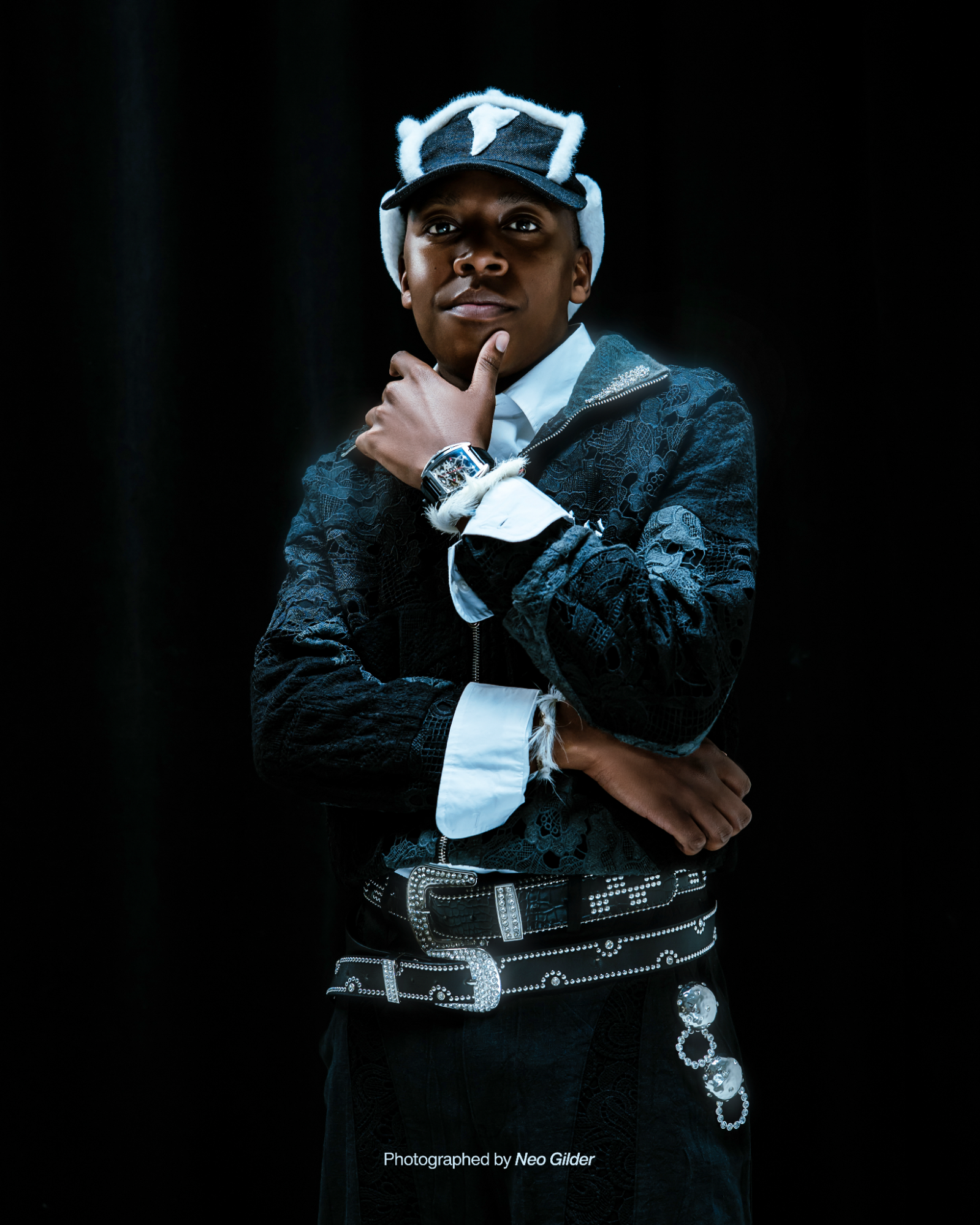
Baby Boy V marks the end of the Baby Boy series. Did you always know that you wanted it to end with Baby Boy V? How did you know that this was the last one you wanted for the Baby Boy universe?
I didn’t plan for Baby Boy V to be the last in the series. I was supposed to drop a Baby Boy V album a long time ago, but I took the sound in a different direction. While working on this album, there was so much that naturally felt like a closing chapter. I’ve grown up, and my sound has grown with me. Over the years, that sound has travelled far beyond South Africa — something I’m really grateful for. A lot of people think I’ve just left home, but this project was about returning to my roots and reminding people where it all started. It’s a full-circle moment that represents both growth and homecoming, and now I’m ready to give a new sound and a new direction. Is it the last? It feels like it, but you never know with me.
So even when you first started with the first Baby Boy mixtape. How did you come to define what that sound was?
I was just experimenting, honestly. Every time I got to the studio, I didn’t really think or plan anything — I just created. Back then, no one was doing what I was trying to do. Most people were making more soulful stuff, and I wanted to flip that by bringing in harder beats, mixing in electro, and fusing different sounds. That’s really how the Baby Boy sound started. At first, people used to make fun of me and say I was just making noise — but I kept going. I didn’t even realise I was building something until it became its own thing.
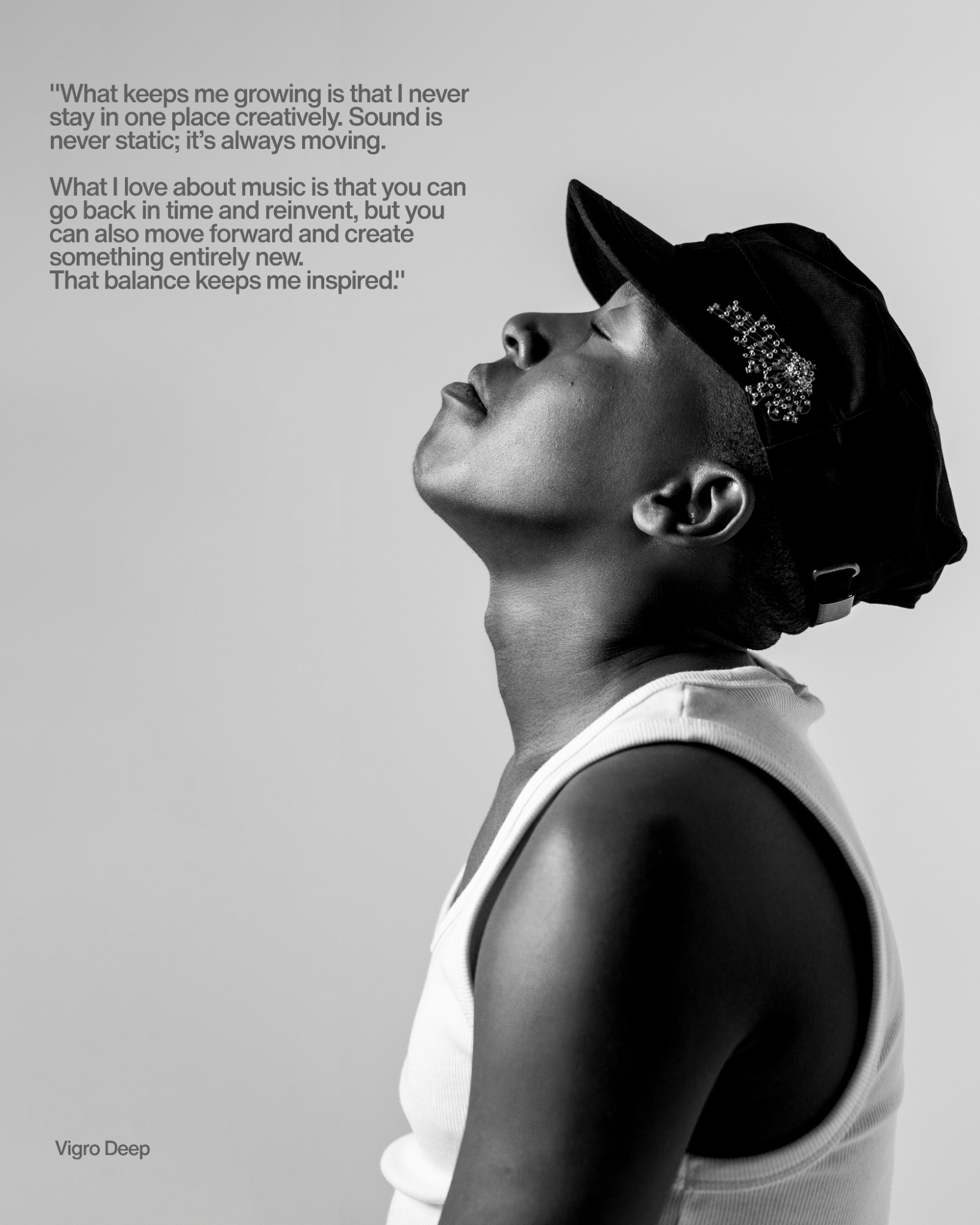
How do you keep that growth going for yourself, like, creatively and artistically, but still also maintaining, you know, the thing that makes you Vigro
What keeps me growing is that I never stay in one place creatively. Sound is never static; it’s always moving. What I love about music is that you can go back in time and reinvent, but you can also move forward and create something entirely new. That balance keeps me inspired.
A big part of my growth comes from travelling. Every country, every crowd teaches me something new. In my catalogue, you can hear the different sides of me —the deep house roots, the Afro tech energy, and, of course, the Amapiano sound people first connected with. Some crowds still want the old Baby Boy sound, and that makes me realise there’s a timeless element to my music. But at the same time, the evolution of sound pushes me to keep stretching my creativity and experimenting.
I’ve learned that I can’t be boxed in; I don’t want to be. My sound changes with me —where I am in life and what I’m experiencing. That’s what keeps it honest, and that’s what keeps me growing.
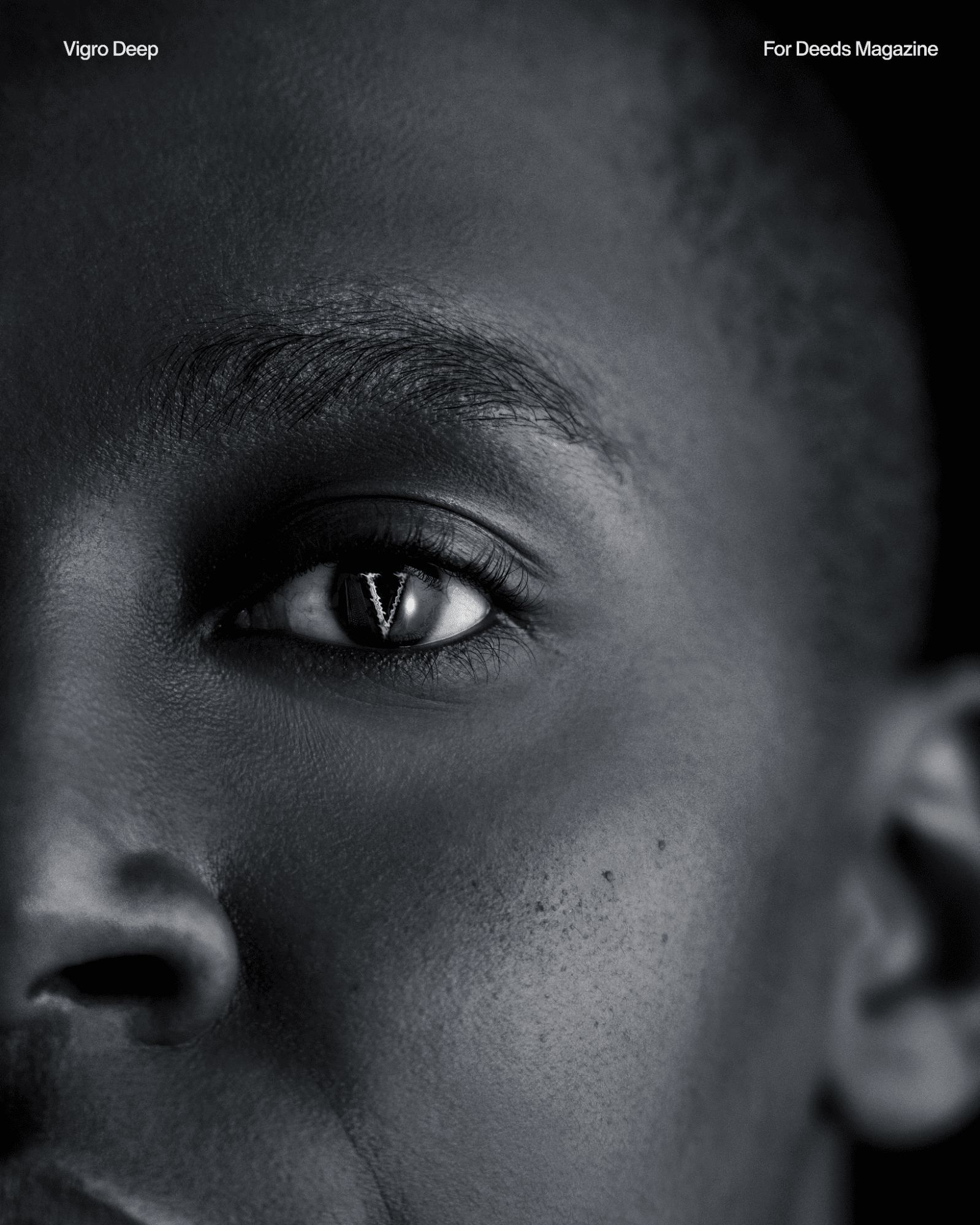
Crafting this album, how is this one different to the others, like, what would you say was the approach that you had?
With Baby Boy V, I felt like I’d been away for a while, and this album was my way of reconnecting with the people who’ve been with me from the start. As much as people see me travelling and performing internationally, I wanted to remind everyone that I haven’t forgotten where I come from.
I’ve seen the messages and comments from fans saying they miss the old Vigro, that energy I used to bring during December, when I’d drop music for the summer, for the clubs, for the streets. So this project was about giving them that feeling again.
At the same time, it’s not just about going back; it’s about evolution. I wanted to fuse everything I’ve done from Baby Boy 1 onward and mix it with the new Vigro. It’s about growth, balance, and reminding people that I can always bring something fresh while staying true to my sound.
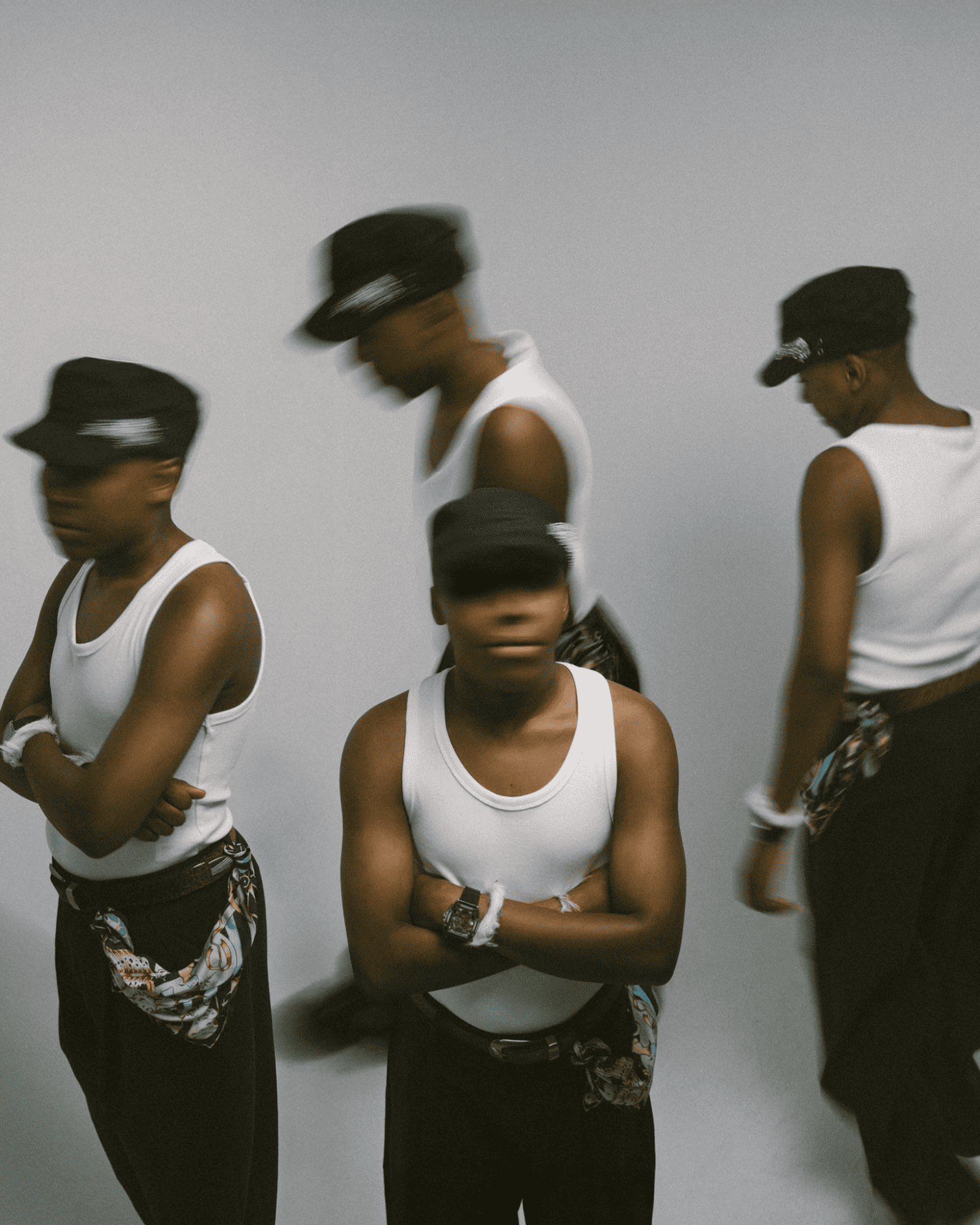
What has been the most significant change in terms of, you know, the vibe you are now versus the Vigro you were when you first started, like, creatively, personally?
I'm grateful I never listened to anyone who might have discredited me in my career. I didn't let negativity in; I just kept on going. The motive was there, so whether you like my songs or not, whether you compare me with who me, I'm just minding my own business. Yeah, that's what makes me different. That's a huge change I get to make because I believe in what I want to do. I'm always true to myself, and I don't take my career or my plans for granted. If I have something planned, where I want to see myself in the next five years doing it, like I'm a go-getter, like I'm there —I'm gonna do it.
How did you navigate the industry, and how has amapiano grown from when you first started to where you are now?
I’ve been lucky to have good people around me and the proper guidance. I’ve learned a lot from those who came before me, people in the industry who shared advice and experiences that helped me grow. Travelling and seeing how people respond to Amapiano around the world also taught me a lot. It opened my mind and helped me understand how to adapt and connect with different audiences. I’ve always been that person who’s willing to listen, learn, and take in new things; that’s what’s helped me move forward.
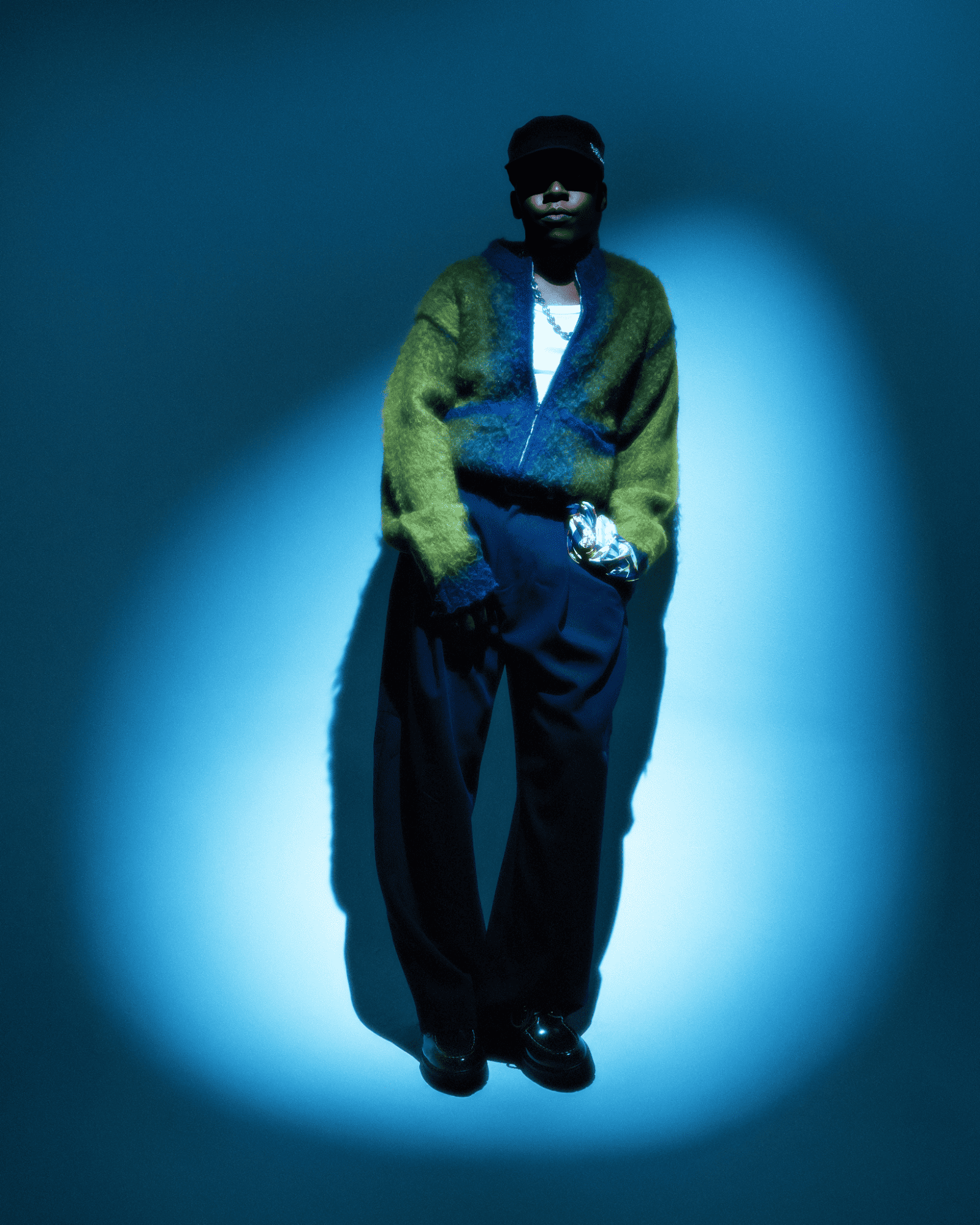
When creating the world that exists as Baby Boy, how did you expand that beyond the music into other creative aspects?
When I get into the studio, I go into my own world. I always say I’ve never been to space, but that’s what it feels like — like I’m somewhere no one else has ever been. That’s where the Baby Boy universe started for me. It’s a space that only exists in my mind, and that’s what I try to share through my music — taking people somewhere they’ve never been before.
But I didn’t want that world to live only in sound. I wanted people to see and feel it too. You can see that in the visuals I did with Bhampa and A-Z (Yashi moto)—those videos really brought the Baby Boy world to life. The cover artwork also symbolises the same idea of taking my music out of my head and into the real world — expanding creativity beyond the studio.
Even in my live sets now, I try to keep building on that universe. When I DJ with the keyboard and live elements, it’s about making people experience that space in real time — not just hearing it, but feeling it. That’s what Baby Boy has always been about: turning my imagination into something you can see, hear, and live in.
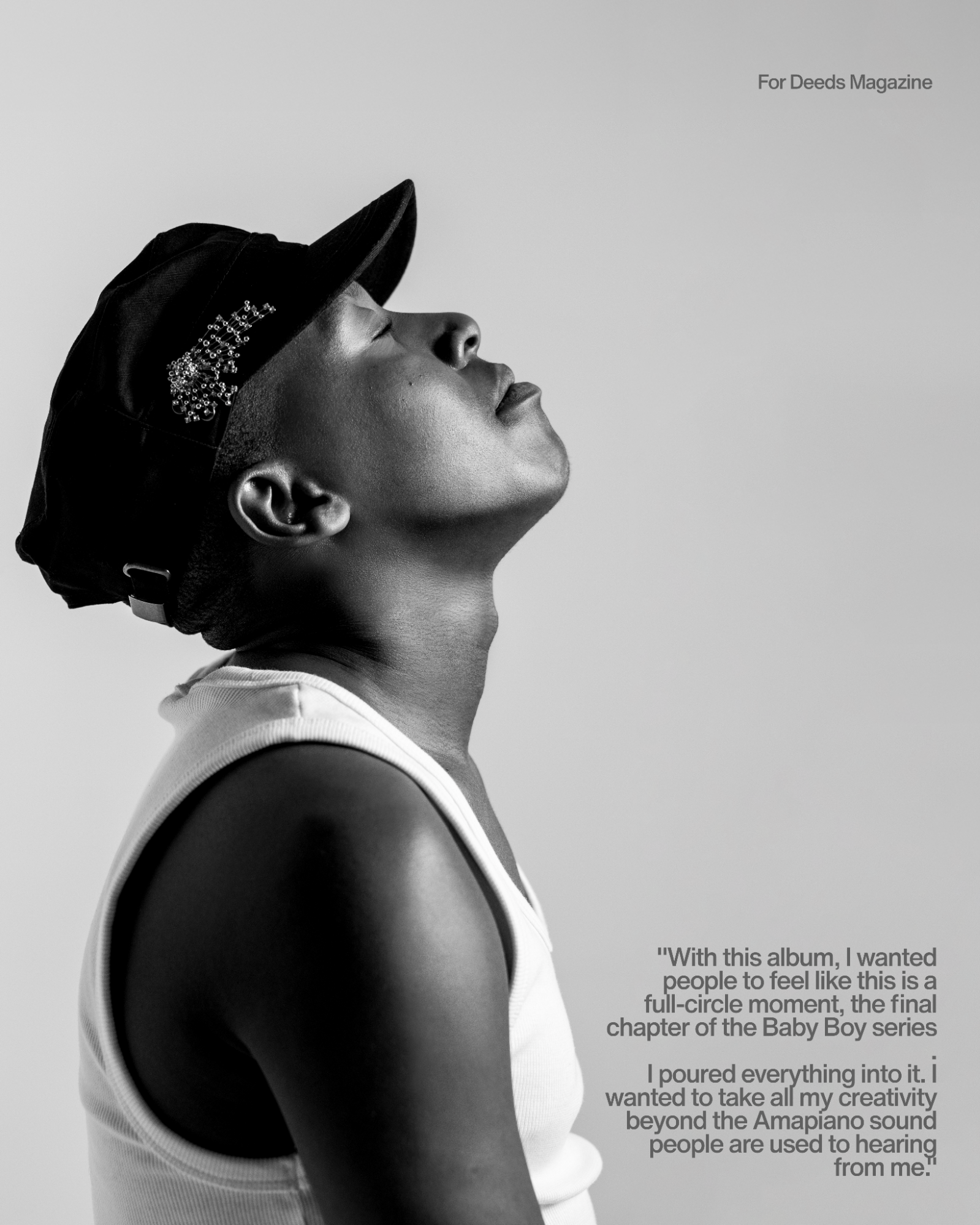
What do you think this album represents about where you are in your career right now?
It represents Vigro from Pretoria — the kid who grew up listening to DJ Mujava. He was one of the first to really open doors internationally, to show that our sound could travel. That inspired me. I’ve always wanted to raise the flag for where I come from — to show the world that Pretoria has its own energy, its own sound, and I’m proud to carry that with me wherever I go.
With this album, I wanted people to feel like this is a full-circle moment, the final chapter of the Baby Boy series. I poured everything into it. I wanted to take all my creativity beyond the Amapiano sound people are used to hearing from me. It’s a fusion of the old me, the new me, and the international side of me. There’s Amapiano, electronic, Afro house, 3-ste,p all of it in one body of work.
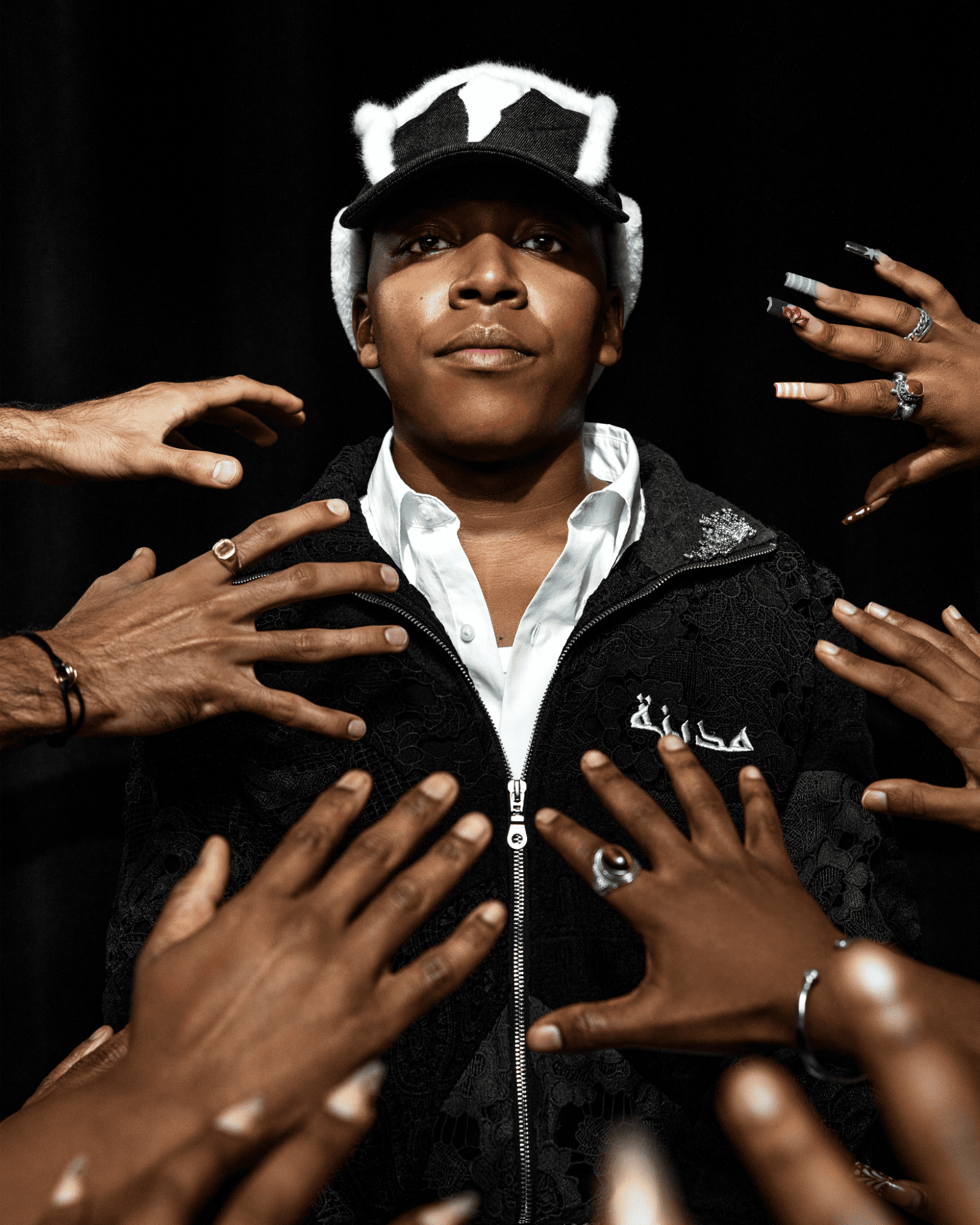
What kind of excites you, and what are you looking forward to seeing in terms of what's coming and like, even just for you and your next chapter of your journey, like, what? What about you? Do you see that it's like that, which excites you about what's coming?
What excites me about what is coming is the new music and the new parts of the world I haven't reached. Trying to blend in and come up with something new, you know, be part of some other cultures and do that. That's just me being excited to see other parts of the world, unlike the ones I've already known. There's gonna be more of me, more music videos, you know, more on TV. Even you know streaming live is coming, too.
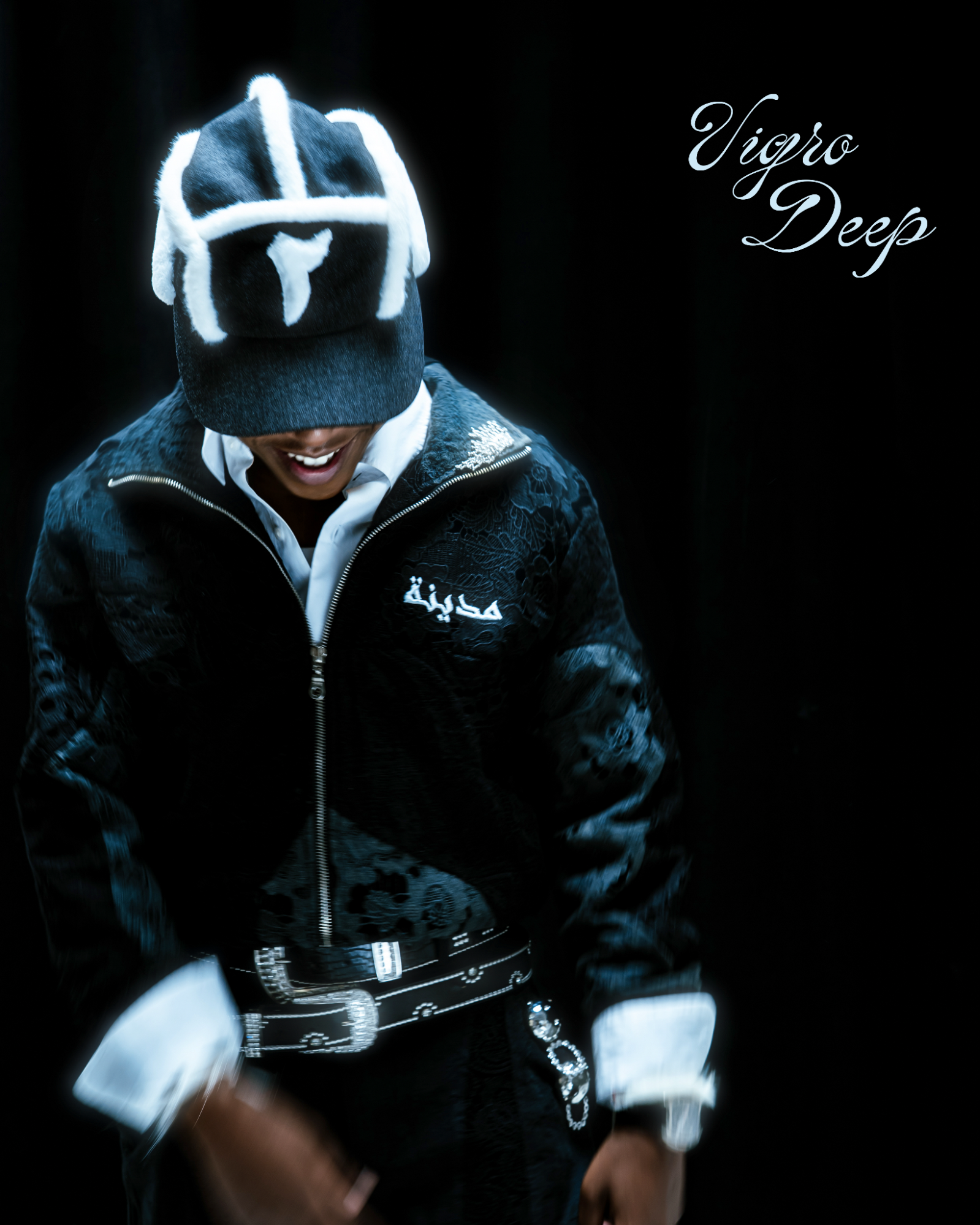
Production Credits:
Photographer: Neo Gilder @neotookthat
Creative Direction: @lifethroughmylense_pro @_siy.a @Kosi_s
Producer: Seneo Mwamba @SeneoMwamba
Lighting: Bruno Nnadi @risquesociety
Stylist: Mh'ya Mclean @mhyamclean
Grooming: Afsha Kabani @afshaartistry
Design: @dianeadanna
CGI: @jr_ecko
BTS: Blair Watson @blairs_cornershop
Words: Seneo Mwamba @SeneoMwamba

In 2022, when Brown Joel declared, “Dem wan know my nationality, High Spirit, top member, citizen” on his record “Omo Ologo” few could have anticipated the full manifestation of that statement. Two years later, following an impressive streak of viral records such as Peace, Adanna, Ogechi, and more, that prophetic line has materialized into a cohesive body of work titled High Spirit, a project that feels like a full-circle moment in the artist’s evolution. Interestingly, Joel refers to this 10-track offering not as an album or an EP, but a mixtape, a deliberate framing that hints at freedom, experimentation, and raw authenticity. With only two guest appearances, Savage and Jeriq. High Spirit positions Brown Joel at the center of his own creative universe, exploring varying emotional and sonic palettes while maintaining his signature hybrid of street sensibility and soulful depth.
The project opens with “Higher Power” an anthemic statement of intent built around triumphant Igbo flutes and pounding percussion. Joel’s declaration, “I open mouth, I declare and speak” feels spiritual, a mantra of self-affirmation and divine alignment. It’s an opener that not only sets the tone but also introduces the underlying faith and resilience that thread through the project.
From there, the tempo eases into “Koka Kola” a melody-driven cut that reveals Joel’s softer, romantic side. Over lush production, he pledges devotion to his lover, emotionally, materially, and physically balancing sensuality with sincerity. The narrative of affection seamlessly continues into “K.O.K” featuring Savage, a witty and playful record that uses the name of Nollywood legend Kanayo O. Kanayo as a metaphor for the lengths Joel would go for love. Savage complements Joel’s charisma with a smooth, well-placed verse, resulting in a track that feels both cohesive and dynamic.

The energy shifts upward with “Shayo” featuring Jeriq, an amapiano-infused anthem that merges hedonism and introspection. The shakers and bassline dominate, while Joel reflects on his use of intoxication as escapism. A temporary reprieve from life’s pressures. Yet even in those hazy moments, he acknowledges divine presence, a recurring motif that Jeriq reinforces with grit and conviction. A key turning point comes with “Scwalla” where Brown Joel adopts a more reflective tone. “Send the beat make I talk something” he chants, ushering in a heartfelt exploration of hustle, ambition, and perseverance. The minimalist piano-driven production gives space for his storytelling to breathe, spotlighting his lyrical sincerity.
“Guantanamera” marks a return to Joel’s flirtatious and uninhibited energy. A sensual cut brimming with suggestive lyricism and rhythmic fluidity. It transitions effortlessly into “Memories” where love and dance coexist on a heavy Amapiano foundation. The track’s infectious bounce and jubilant atmosphere make it one of the project’s undeniable highlights.
As the mixtape approaches its conclusion, “Hide n Seek” draws out Joel’s R&B inclinations, revealing his vocal control and emotional intelligence. It’s tender, restrained, and heartfelt, evidence of an artist raised on melody and groove. The penultimate track, “Omo Temi” pays homage to his Igbo roots with percussive depth and layered traditional instrumentation. The hook, “tota e mole” meaning “stomp on your enemies” is both defiant and celebratory, with an orchestral arrangement that swells beautifully toward the outro. The closing track, “Jungle Jungle” finds Brown Joel in full braggadocio mode. Confident and unapologetic, he reasserts his position as a creative force, capping the mixtape with an air of victory. After such a well-rounded and intentional project, his confidence feels not just justified but necessary.
In essence, High Spirit is a manifesto of self-discovery, resilience, and cultural pride. Brown Joel successfully merges introspection with accessibility, grounding his artistry in authenticity while expanding his sonic horizons. It’s a mixtape that cements his place as one of the most promising voices in Nigeria’s evolving soundscape, proof that his “citizenship” in the High Spirit movement is both earned and ordained.
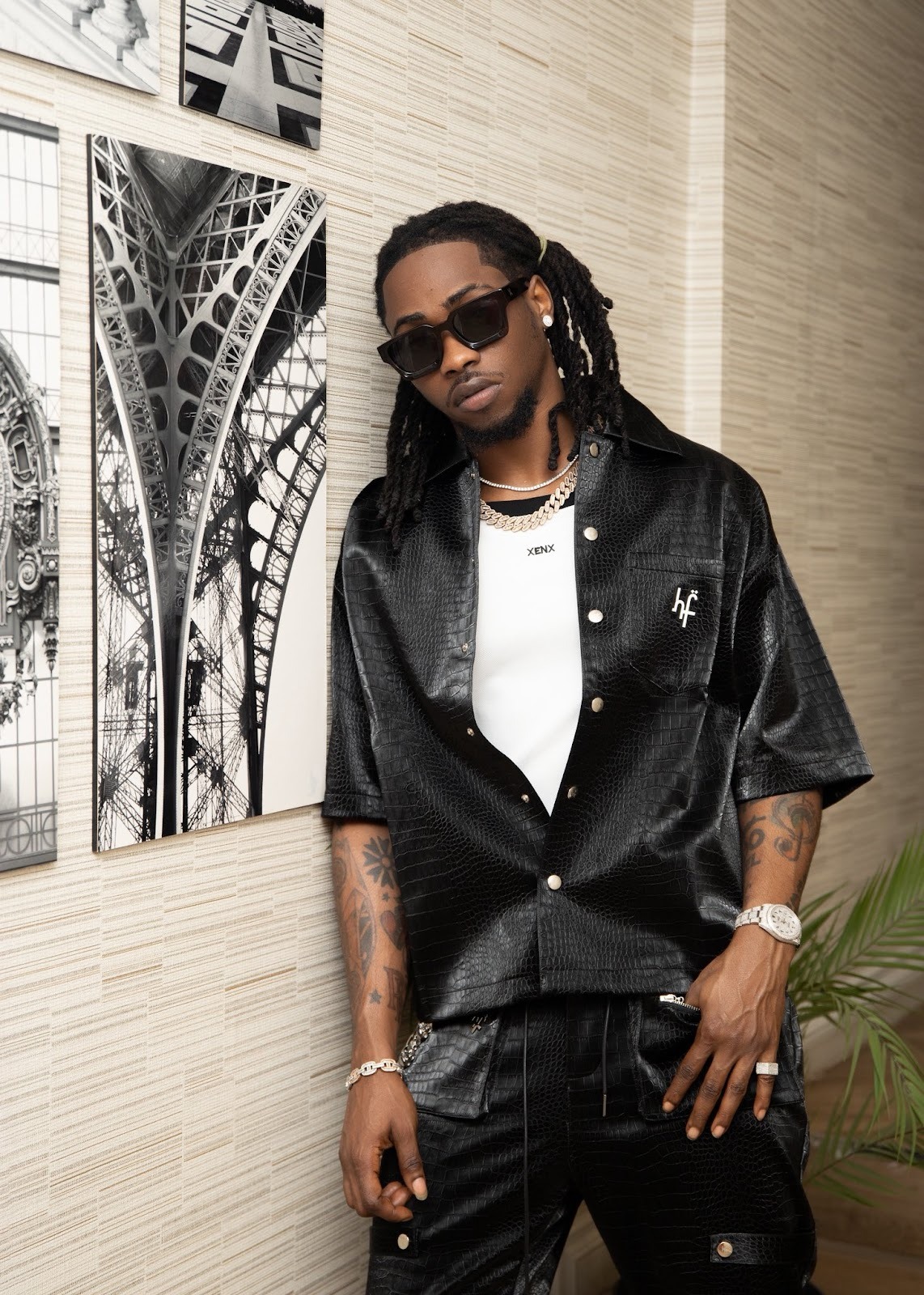
Whenever you think of the Nigerian music industry, one city inevitably comes to mind — Lagos. Over the years, it has evolved into the beating heart of the nation’s creative economy, the cultural marketplace where artistry, nightlife, media, and audience engagement intersect. Lagos has long defined the metrics of success; it dictates what trends, who rises, and what eventually translates into mainstream recognition. In many ways, it has monopolized the narrative and rightly so, given its history as the most effective launchpad for Nigerian superstars. Even when artists aren’t discovered there, Lagos often becomes the center for marketing and promotion, the inevitable destination for any act seeking commercial success.
Commercial Success, however, is the keyword here, and one worth pausing on. This epicenter has cast an enormous shadow over other vibrant markets across the country. From the North to the East and South, numerous scenes struggle to make their voices heard within the national conversation. For many artists from these regions, breaking into the mainstream almost always requires a pilgrimage to Lagos which is a necessary move to sustain traction or risk watching it fade away.It’s important to note that these artists are far from obscure. They command loyal communities, often with cult-like devotion. Their music thrives within their local ecosystems, and ignites movements and street-level excitement that feel both organic and undeniable. Yet, their impact rarely translates into mainstream visibility. Take artists like Jeriq, who has sold out stadiums repeatedly in Enugu, or rising figures such as Highstarlavista, Zyno, Aguerobanks, Evadolee, Kolaboy and more — names that ignite massive local energy. Despite the scale of their influence, their numbers often fail to reflect on national charts or major media platforms or else they tap into the Lagos audience
This dissonance isn’t due to a lack of talent or audience, but rather a systemic imbalance, one shaped by illegal streaming practices, poor documentation of real-time engagement, and limited access to digital streaming platforms (DSPs). These factors distort visibility, making it difficult for genuine listener activity to be recognized in the data-driven ecosystem of modern music. Unlike Lagos, where a viral TikTok sound can spark nationwide Shazams and alter an artist’s destiny overnight, other regions are yet to reach that level of infrastructural synergy where they stream, talkless of the streams even being premium enough to generate revenue for the artist or allow them a break into conversations that are ultimately defined by data.
But through all the noise, one constant remains, the presence of organic listeners. This current era of the Nigerian music industry is a deceptive one; metrics have become mirages. In a time when everyone seems to boast a million streams, only half of those numbers are often legitimate. The growing outcry from top-tier artists about stream farming, and the recent crackdowns by DSPs like Spotify, which have trimmed inflated listener counts reveal an unsettling truth: the charts no longer serve as an accurate mirror of real-time engagement. What we’re witnessing is a quiet pandemic of artificial success, where numbers are inflated, but genuine connection is diluted.
And this is exactly where the eastern market stands out as a beacon of authenticity. There’s an undeniable pulse of organic consumption there, real people listening, streaming, attending shows, and celebrating their homegrown stars. This ecosystem deserves recognition, and more importantly, infrastructure that amplifies its presence within the national industry framework. The talent, audience, and passion already exist; what’s missing is the structural support to make their voices count in the mainstream metrics that dictate opportunity. Artists like Flavour, Phyno, Chike, Yemi Alade, and Duncan Mighty are living proof of what these regional markets can produce. Yet, they all share a common thread, the inevitable move to Lagos as a prerequisite for mainstream validation. That shouldn’t have to be the rule. The system must evolve to a point where a kid from Enugu, Aba, or Port Harcourt can top charts and shape culture without the need to orbit Lagos. Such decentralization wouldn’t just promote equality; it would restore faith in organic listenership, enhance audience engagement, and generate sustainable revenue for artists and their communities alike.
When Ossi Grace released her debut single, 'Reason', back in 2024, she introduced herself to the world as a solo artist. As a songwriter, previously her vocals first appeared on M.I. Abaga's The Guy album with "Crazy,". However, she wasn't ready to begin her career at that moment. Two years later, she released "Reason", which has led to her freshly released debut EP In A Hopeless Place.
The EP is set against the backdrop of her experiences living in Lagos, Nigeria. The 11-track EP explores a range of sounds and features production from PGRSHN, Mojam, Remmy Baggins, and others. The soulful tone in her voice runs through the project from "Reason" to "FA" to "Where You Belong", the tracks previously heard before the EP release. From top to bottom, the project gives off a vibe different from what's considered afrobeats. Her musical influences, including Rihanna, Fela Kuti, and Tracy Chapman, among others, are evident in the EP's various sonic tones.
The colour blue sets the tone for the visuals across the EP and captures the mood and essence of Ossi as experienced in the backdrop of Lagos, coming through in the EP's tone and essence. And whilst the feelings of being in a hopeless place were the backdrop to the project's concept, the EP itself captures moments of joy, happiness and love, channelled into a sense of hope and resilience.
Speaking with Ossi, we dove into everything from songwriting and creating the EP to why the colour blue, her style, and more.

Hi Ossi, this is your debut EP—the first body of work you've released. Where did the process of making this project begin for you?
I've been working on this EP for three or four years, and I recorded the first song about four years ago. After the second song that I recorded, I knew what I wanted to sound like. I know what direction I'm going in. I'm also a songwriter, so I make music across different genres, but for me, it's always important to figure out your style. I knew that it was more soulful. I'm also more sensual and everything. So that was the start, and then everything just started falling into place.
You're a songwriter yourself —what was the process like for you when collaborating with others on this project, not just in the writing but also in production?
One thing that I really wanted to do, especially for this first project, was handle the songwriting. It just made things less complicated, and I didn't have to explain myself too much about where I was coming from. So I wrote every song on the EP with producers; I worked with a lot of different people. There's PGRSHN, Mojam and Remy Baggins who did a lot on there. These are people I really respect —not just for their work ethic, but also for their talent. I trust their ear, I trust their fingers, I trust that whenever they press a button or a key, it's going to be, if not something I like, something close to it. They are musical people, so it was very easy for me to explain where I was coming from. And it wasn't about pushing their ideas on me, but more about supporting the ideas I had, which is one of the amazing things I experienced working with them.
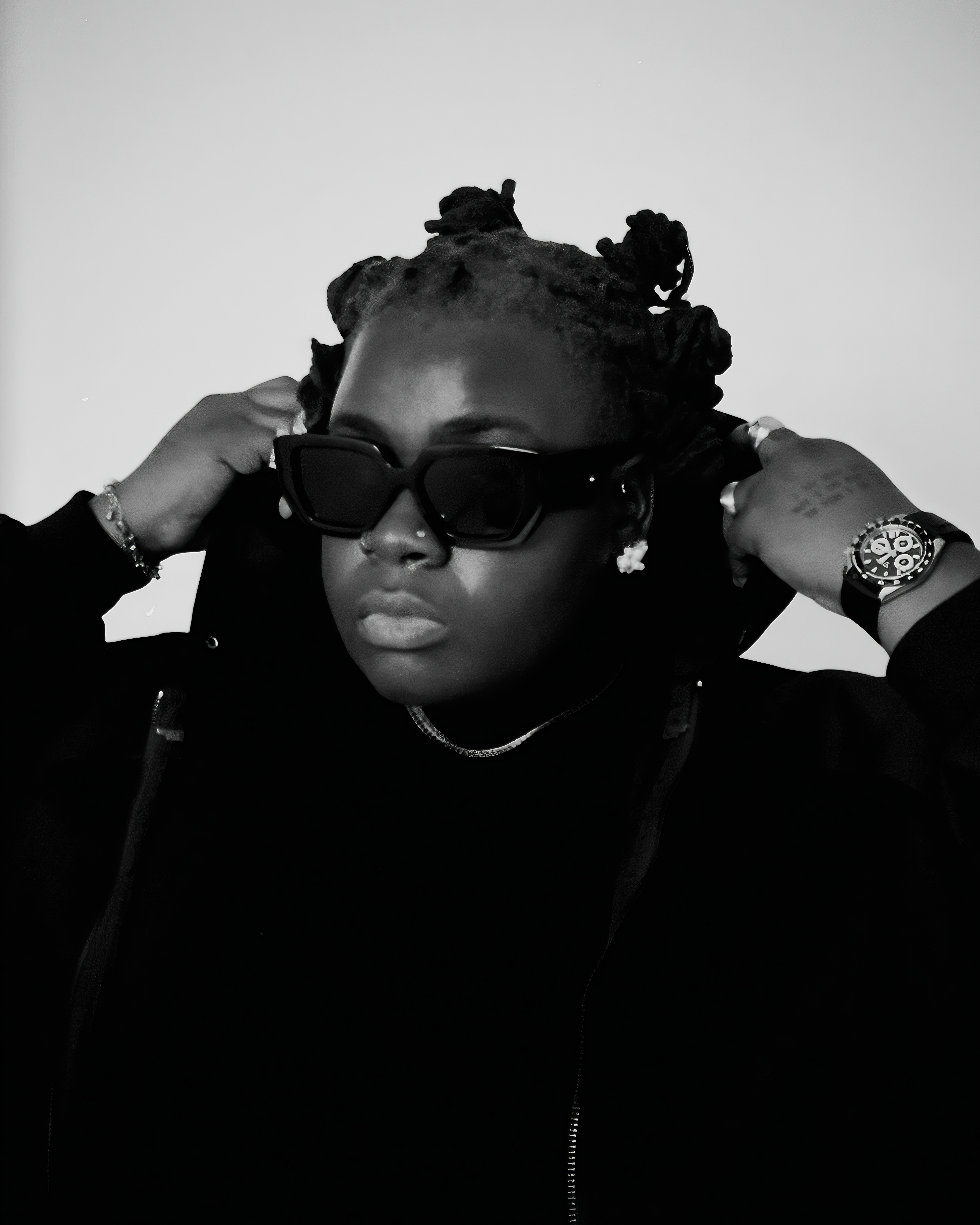
What was your experience of working with the producers, not just in terms of leading the project as the artist, but even just working with them to build the sonic sound of the EP?
One thing I have been blessed with in making this project is that I haven't worked with many people who have tried to push their ideas on me. I've met a couple of producers who are a bit it's my way or the highway. But once we get to that point, it's not gonna work. As a songwriter, I learned that the artist comes first. So I had to be a good listener. Even if I disagreed, I had to do what you wanted, because it's your art at the end of the day. For the most part, every producer was very much in the space of asking, "What does Ossi need?" Even someone as talented and amazing as PRGRSHN. He's a big producer, but he's also there to learn. He's coming there and asking, "What does this artist need?" I was working with people who wanted to make great music.
You released several songs from the project as singles before the release. One of the songs I wanted to speak about was "FA." What can you tell us about making that song, and how did we arrive at that one?
I know I didn't want anything complicated. It's a sexy song, but I didn't want anything complicated. I just wanted to be a confident woman around me and enjoy moving. You're not really looking at anybody around you. I wanted everybody to feel connected, because that's what I'm saying in the song. It's very Lagos. It's the vibe you get when you're enjoying yourself, and hopefully it leads to what I want. But regardless, I'm having a good time.
The colours for the EP are very blue, dark, and moody —that sort of essence. How did you arrive at that colour palette that reflected the project's tone?
I'm a moody girl, I like to have a good time, but in Lagos, sometimes a good time isn't bright. It's in a dark place. So that's the vibe that I grew up in. And I'm not gonna say I am totally because, you know, I like a bit of daylight sometimes. Those blue lights hitting you are a lot of the spaces that I am afraid of. So that was really where the vibe came from. And blue does look good on my skin. A lot of times, going out in Lagos, when we're in the club scene or night scene or whatever, when we make videos, because different lights always shine on us, we're making videos. The blue really did stick out to me, and every time we went somewhere, it was the, you know, neon blue, just bare, like, I really loved it.
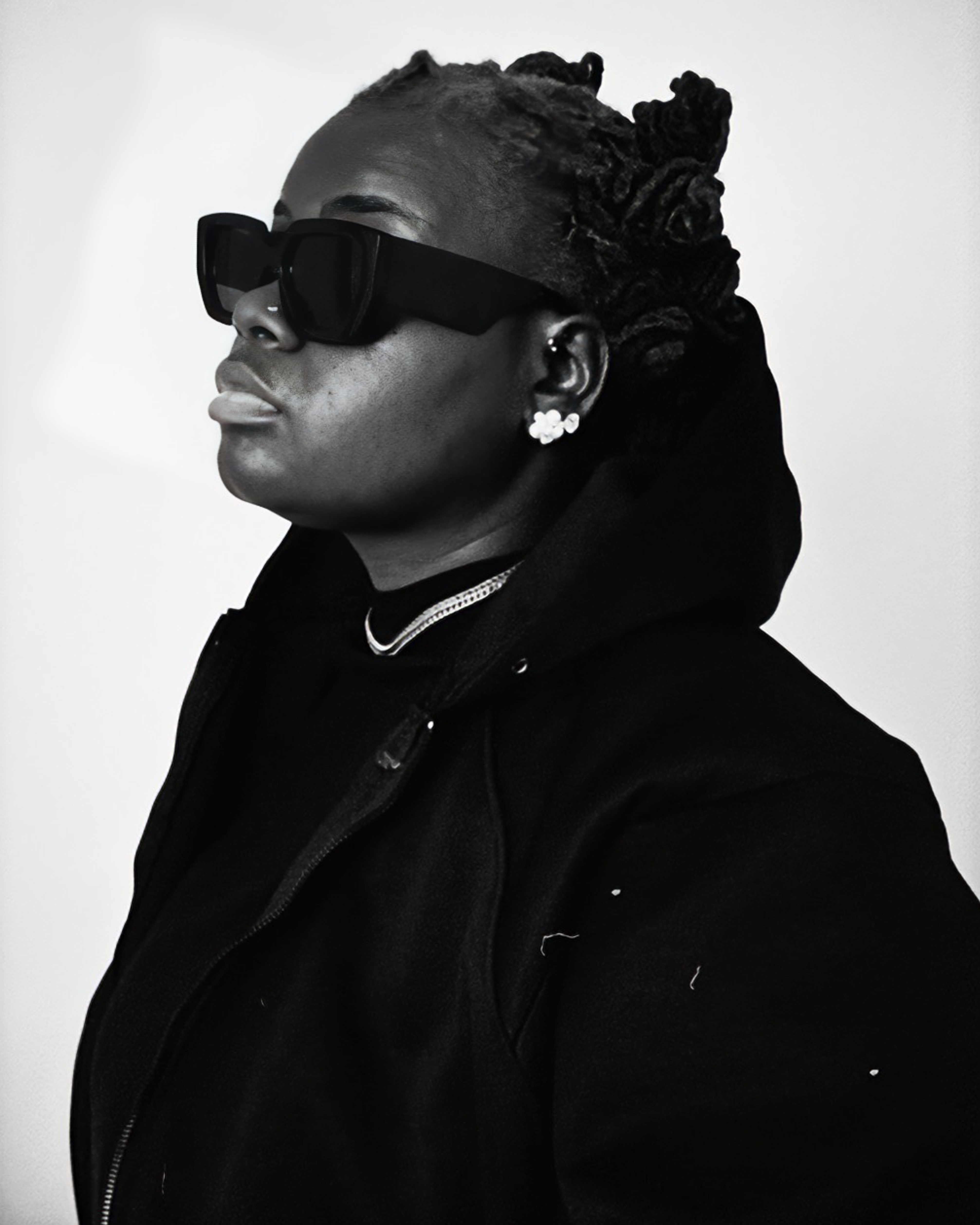
Talk to me about that, in terms of, you know, your fashion, your style, and how that also feeds into your creativity as well?
It took me a while to dress the way I do. At the end of the day, I am from Nigeria, and even as a woman there, whether anybody wants to admit it or not. There's a way you're supposed to look. Yeah, dreadlocks are a no-no. As crazy as that would sound, because we are literally in Africa, but like dreadlocks is seen as a sign of being irresponsible, then obviously my tattoos, and then piercings, it's everything that you should not be as a Nigerian woman or a Nigerian as a whole, that I took on and I embodied. So, it took me a while to get here, comfortable with myself. And for me to embrace who I am, and that I really like experimenting with different things. I'm very expressive, and as time goes by, I'm going to be experimenting with a lot more stuff. When it comes to clothes, it's not just about what I wear right now — especially jewellery and colours — because there was a time in my life when everything was black. I just started dabbling with different colours; some work, some don't. But I feel like life is short, so I try whatever makes you happy.
Having had this experience as a brand-new artist, what has it been like overall?
I'm not going to say it has been easy. There are things that you don't want to do, that you have to do. One thing I struggled with — and that is definitely much better now — is posting on social media. I grew up where Facebook was cool, but we didn't constantly have our phones to our faces like everybody was out, like we were at the cinema, or just being kids —you get what I'm saying. So definitely, now, as an artist, you have to use TikTok and post on Instagram. And so, social media is definitely something I had to get the hang of. Also, just doing interviews where you are talking to a person. And you know, now it's like, even if you're so comfortable with the interviewer, you also need to know that this is going out to the whole world, possibly, and you can't just sit there and say anything.
For anybody who will be introduced to you from the EP, so what do you want them to know about you, and what do you want them to take away from the project?
I think there's something they will probably expect, being that I'm from Nigeria —I grew up in Nigeria —and you're not going to get that EP. My music comes from everything I've listened to, from when I was a child to now. I've travelled a bit, too. So I've always drawn inspiration from different places —like, growing up, you know, my mom made us listen to all sorts of things. We can listen to Fela Kuti today and Tracy Chapman tomorrow, as if it were just one or the other. So you're not going to experience the Afrobeats you're from Nigeria; open your mind to good music, is what I would say.
Lagos Fashion Week 2025, which kicked off on the 29th of October, has come with its usual thrills. As usual, in the lead-up to fashion week, the air buzzed with excitement and a litany of questions; among them, the question of what new sartorial innovations the designers would serve us this year. If the relatively insipid air at recent global fashion weeks, including New York and Paris, prompted a bit of worry about Lagos Fashion Week among fashion enthusiasts and critics, the wonderful displays of the past few days have not only put us all at ease but stirred a flurry of excitement. Several moments from Lagos Fashion Week have jolted social media, stirring spirited conversations and debates.
Take the case of American singer-songwriter Ciara, who looked stunning as she walked for FRUCHÉ wearing a luxuriant red gown and gele combo. The source of rancor? Well, the organizers made the rather curious choice of soundtracking her walk to Akanchawa, a classic Nigerian song that has, in the past few years, taken on something of a parodic tone as skitmakers and meme accounts have adopted it as an anthem.
Among my favorite shows are Studio Imo’s, which leaned into geometric silhouettes, clean lines, and sedate colors, conferring elegance with a modernist spin. Imad Eduso is another brand that impressed. The show brought a gale of fresh air to traditional Benin fashion. Here, ancient red and white motifs, soft suede fabric, and beads—all elements of traditional Benin culture—dovetailed with more contemporary aesthetics.
Dwin the Stoic, a Lagos-based musician-poet, walking for Studio Imo is another moment that served. His outfit—a colorful floor-length crocheted robe paired with brown pants and shoes —was breathtakingly gorgeous. For their debut show, Street Souk served a convincing futuristic perspective on street style. The brand also stirred excitement in other ways. Among their models were the trio of Fresh L, Taves, and Smada—all of whom are Nigerian artists. Going off on a slight tangent, the internet has had its share of teasing Smada, whose walk has been labeled stiff and mechanical. In all fairness, he just might deserve all the banter they’ve lobbed at him; his hands were glued to the front of his thighs throughout his walk.
Music, as always, has played a significant role in Lagos Fashion Week. Last year, we watched Davido dazzle as he strutted down the runway for Ugo Monye, wearing a beige color royal outfit, complete with neck beads, a complementary brown hat, and a priapic scepter. This year, we’ve been treated to a glittering cast of stars including Dwin The Stoic, Ciara, Taves, Smada, and Fresh L, among others. Songs like Njideka Okeke’s classic, Akanchawa, and Zaylevelten’s Fly also roused excitement and scrutiny in equal measure. In all of these, one thing is clear: music has played a major role in this edition of the Lagos Fashion Week.
In the spirit of celebrating and foregrounding the areas of intersection between music and fashion, Deeds Magazine has curated a list of the best fashion moments in Afrobeats videos this year. From Rema’s Fun, which finds the 25-year-old superstar in a crisp white Bola PSD polo shirt—this look absolutely broke the internet—to Ayra Star wearing a bikini emblazoned with the colors of the Nigerian flag in the video of Hot Body, here is the definitive list of the best fashion moments in Afrobeats videos!
Rema Rocking Bola PSD in Fun Video
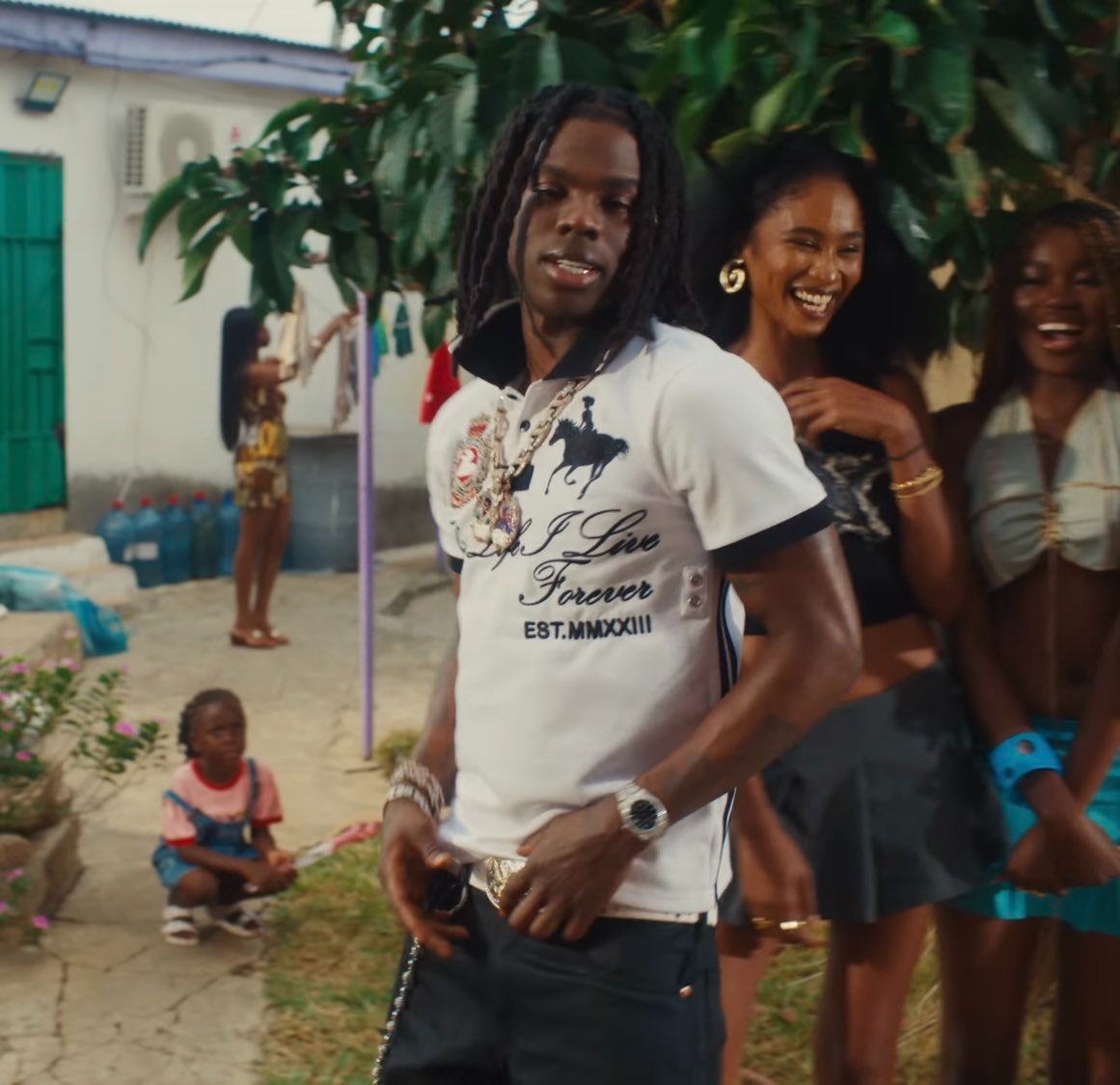
Artist: Rema
Designer: Bola PSD (Top)
Stylist: Mui-Hai Chi
Ayra Starr Wearing Ricky G. Briggs in Hot Body Video
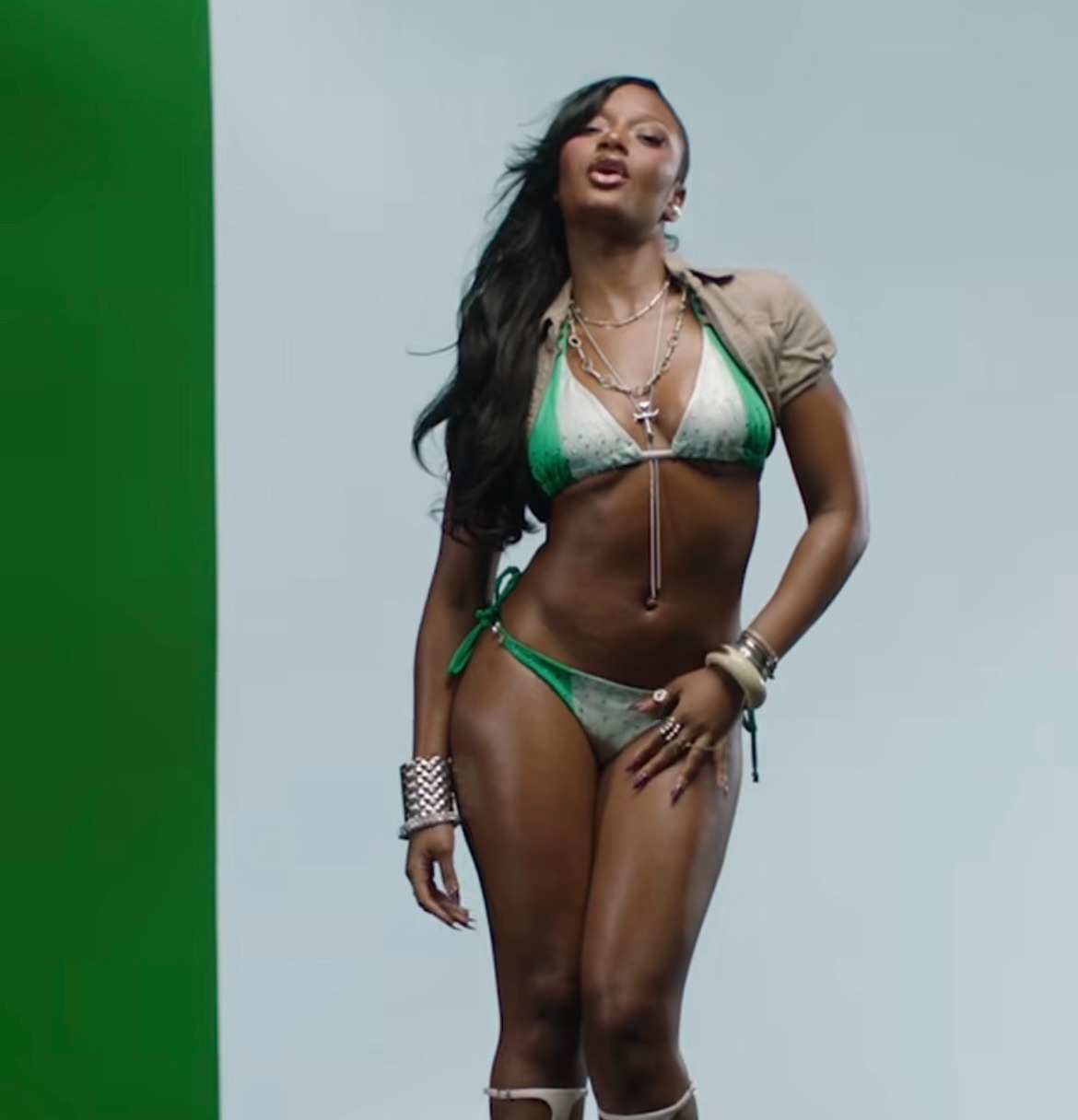
Artist: Ayra Starr
Designer: Ricky G. Briggs
Stylist: Diamond Heart
Wizkid in Kese Video
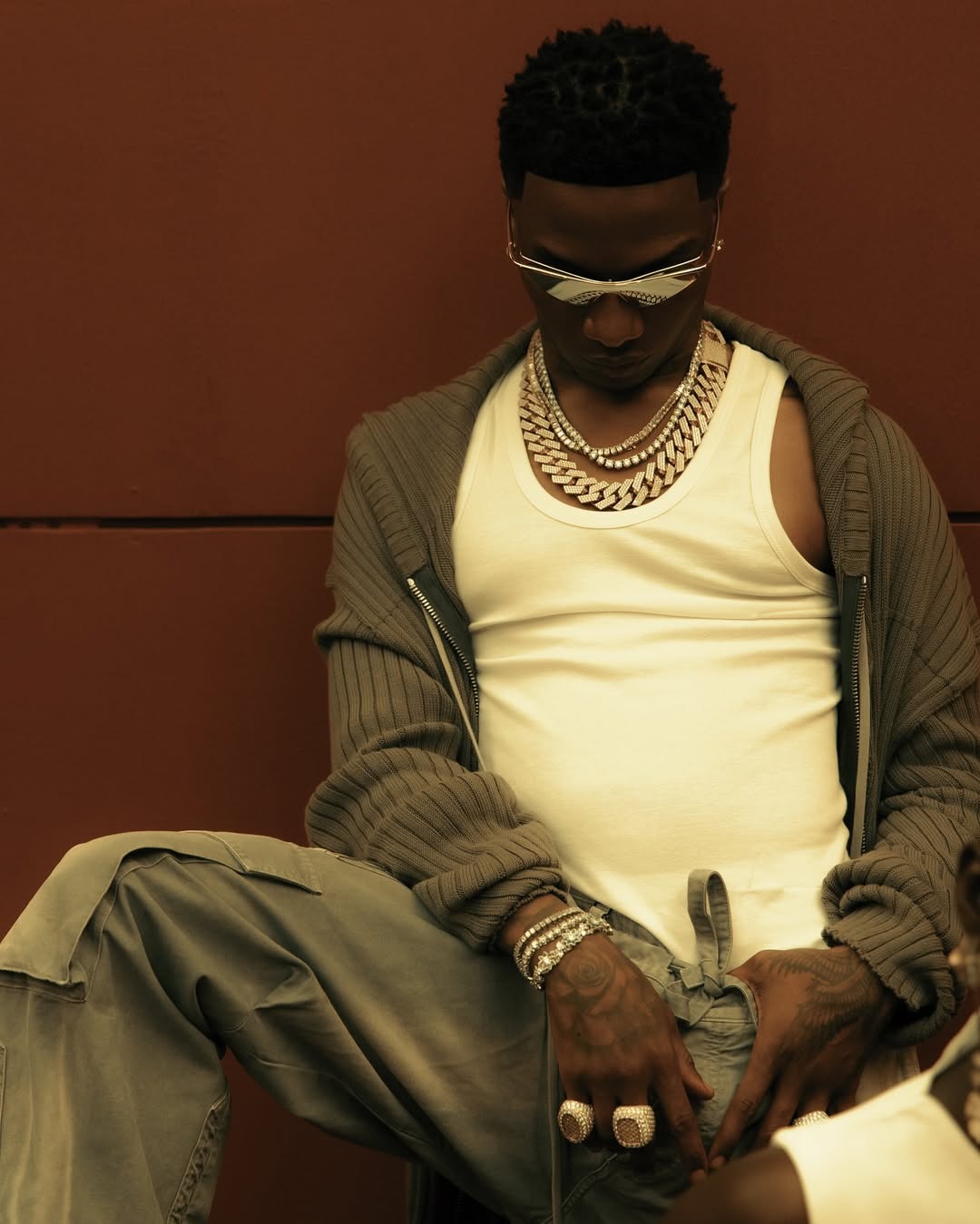
Artist: Wizkid
Stylist: Dunsin Wright
Victony in Tanko Video
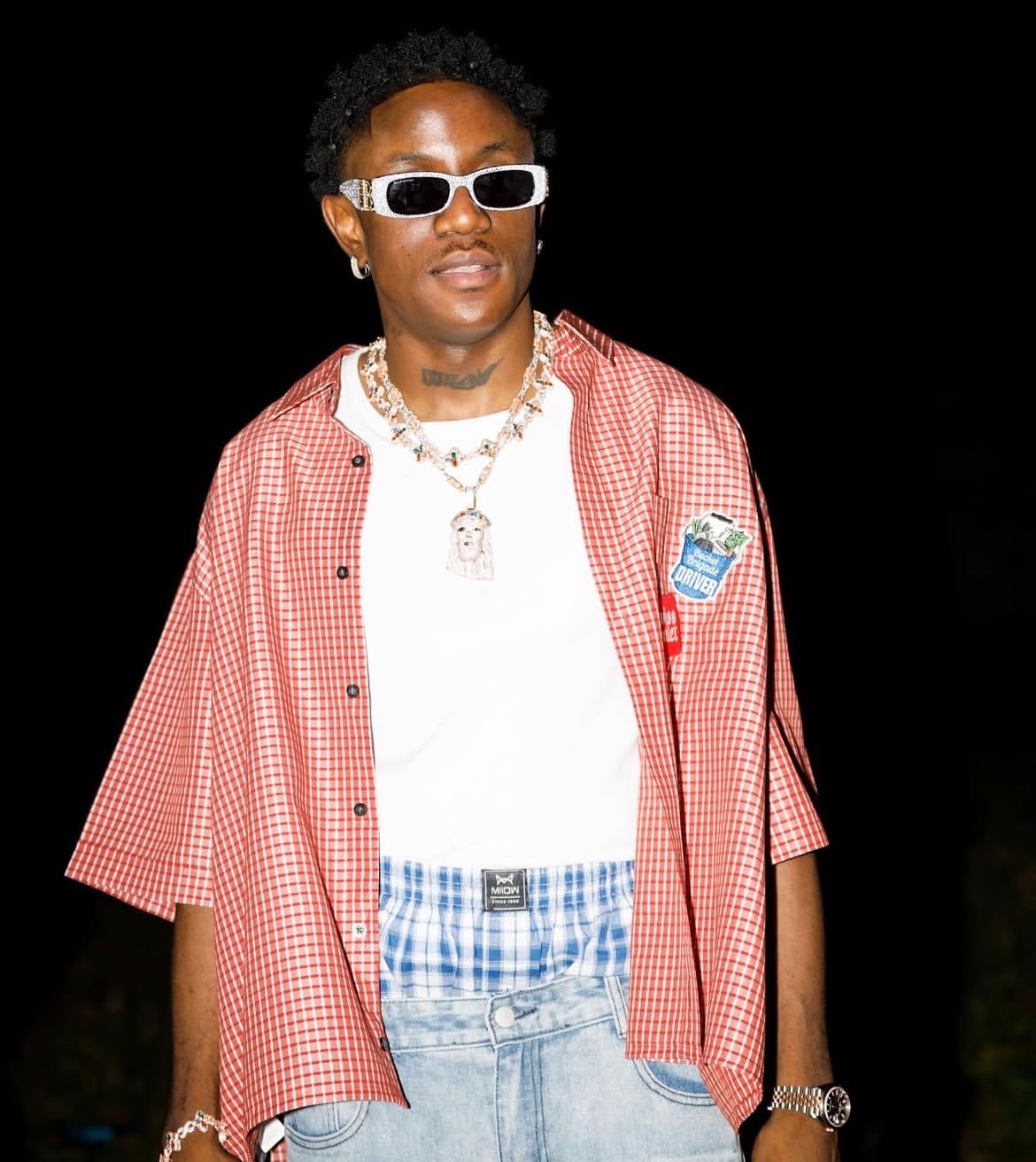
Artist: Victony
Stylist: John Joseph Angel
Deela in Supreme Dee Video
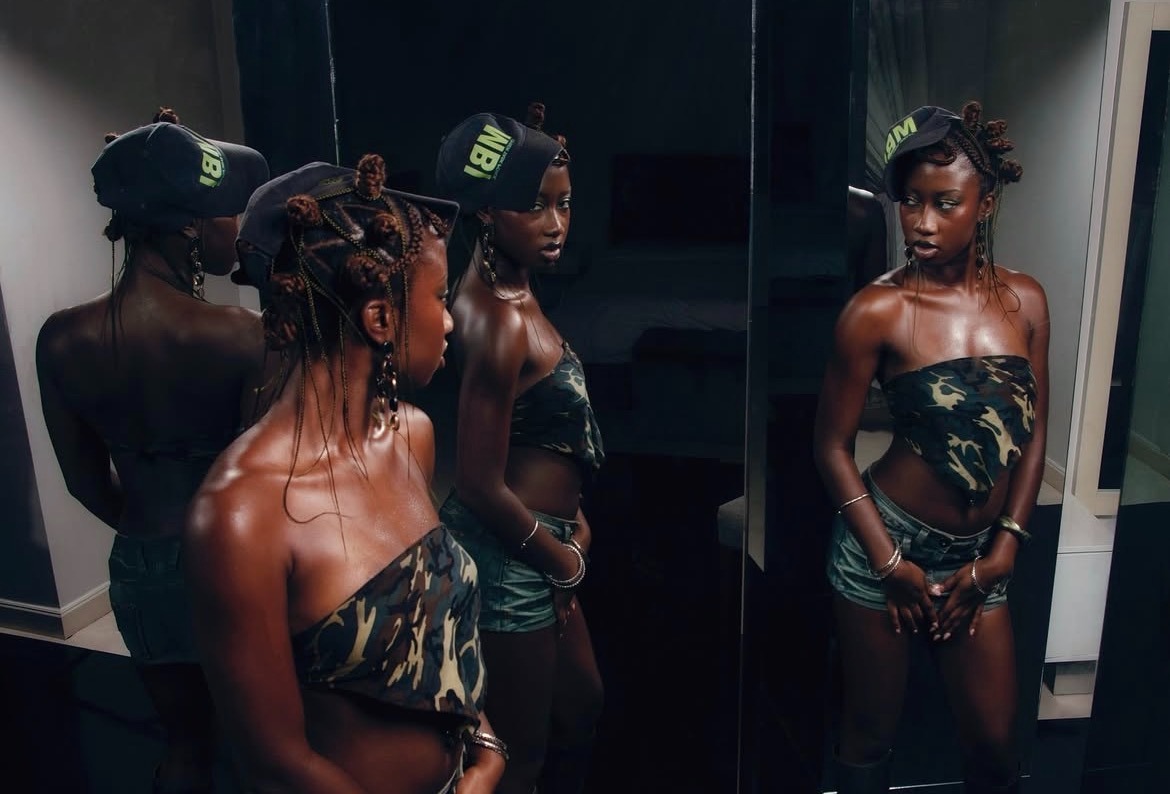
Artist: Deela
Stylist: Diamond Heart
For over a decade, the legendary rap duo Show Dem Camp, comprising Tec and Ghost, have stood as towering figures in Nigerian music. Their presence has been a constant in a generation that continues to demand more from the country’s hip-hop landscape, artists who not only entertain but also embody the culture. Show Dem Camp were never just rappers; they were storytellers, culture shapers, and architects of an identity that helped define what we now recognize as the Alté movement. Their artistic journey has never hinged on fleeting hits or mainstream validation. Instead, it has been built on consistency, authenticity, and an unrelenting commitment to evolution. Across their discography, SDC have perfected their sound, Palmwine music, which marries soulful highlife rhythms with hip-hop, crafting a wave that has become the heartbeat of an entire subculture. Their music doesn’t just reflect the times, it narrates them with depth and introspection.
With their latest project, Afrika Magik, the duo sounds more purposeful than ever: reflective, grounded, and deeply connected to the continent that has always served as the core of their inspiration, featuring ten artists namely Taves, Tems, Lusanda, BOJ, Joey B, Ajebutter, Winny, Moonchild Sanely, Moelogo, Mereba & Lulu.
The album opens with “Libations” , a record that immediately commands attention, inviting you to fasten your seatbelt from the very first note. Over slow, soulful piano strings, the duo delivers top-tier lyricism and confident, braggadocious verses. Tec wastes no time asserting their legacy with the line, “This is Victor Olaiya in ’83, highlife giants they all starting to see,” and goes on to pay powerful homage to icons like King Sunny Ade, Oliver de Coque, Victor Uwaifo, and 2Baba while underscoring SDC’s own growth and influence. Ghost follows with vivid storytelling, reflecting on their humble beginnings, the Alabama days, and the birth of the Alté movement. If there were ever a record that defines SDC in full, “Libations” is it. The project then transitions smoothly into “Pressure” featuring Taves. His smooth Afro-pop vocals glide effortlessly over a laid-back instrumental enriched by a clean trumpet section, creating the perfect backdrop for romance and self-assured charm. Tec and Ghost flex their achievements and newfound status while serenading a lover, culminating in a dynamic post-chorus back-and-forth rap exchange that stands out as one of the album’s highlights.
Love remains the album’s emotional core, whether Tec and Ghost are showing off their success or laying their emotions bare. This is evident on “You Get Me” featuring Tems, a soulful R&B gem built on subtle guitar riffs and gentle percussion. Tems delivers a tender plea for her lover’s attention, while Tec responds with introspective, comforting bars. Ghost, as always, matches the energy with an effortless flow that elevates the record. The “Nollywood Vixens” interlude introduces a cinematic dimension to the project, a theme that has been evident in the rollout of the album from the reimagination of the Jim Iyke and Mike Ezu movie scene for the release of Normally and the cut out clips of 80s Nollywood scenes in promotional visuals for Italawa. This theme continues to carry a very attention-reserving feel to the project and the interlude further acts as the perfect prelude to “Spellbound” featuring Lusanda. On this track, a graceful blend of hip-hop and folk textures creates an emotionally charged atmosphere where Tec and Ghost shed their usual bravado and embrace raw introspection. Both rappers are deeply in touch with their feelings here, laying bare their vulnerabilities, exploring themes of love, longing, and self-awareness while maintaining lyrical precision and poetic grace.
The project gains rhythm with “Normally” featuring BOJ and Joey B, a percussion-driven standout that recalls the dance-floor essence of Lagos nightlife. BOJ’s groovy hook anchors the record, while Tec and Ghost navigate the beat with confidence, playing off each other’s cadences with surgical precision. The track’s vibrancy flows into “Small Chops and Champagne” featuring Ajebutter22, a record that captures the indulgence of success while acknowledging its cost. Tec’s bars radiate calm dominance, Ghost complements him with sly, knowing humor, and Ajebutter’s laid-back chorus ties it together with a flavor only he could deliver. It is a quintessential Alté cocktail of class and confidence.
The energy shifts again on “Pele” featuring Winny, where highlife strings and soft percussion merge beautifully with her angelic vocals. Tec glides over the beat with lyrical precision, maintaining the album’s emotional arc and the tension between love, ambition, and gratitude. Ghost follows with equal poise, reaffirming SDC’s reputation as the undisputed Palmwine Music pioneers. The sonic storytelling continues on “Magik” featuring Moonchild Sanelly, where kwaito and hip-hop collide for a beautiful sonic experience. Afrobeats is not left behind in this odyssey. “Lifestyle” featuring Moelogo and “Italawa” pulse with nostalgic energy, evoking the rhythmic patterns of the early 2000s. Both songs lean into Afrobeat’s timeless groove while reminding listeners of SDC’s versatility. Then comes “Send A Text,” one of the lyrical pinnacles of the album. Over 90s-inspired production with faint strings and mellow piano riffs, Tec and Ghost deliver a masterclass in flow and narrative depth, part reflective and part triumphant. The track feels like a conversation between two men who have seen the industry’s highs and lows and still stand tall.
As the album begins its descent toward closure, things adopt a more reflective mood. “Master Key” featuring Mereba fuses R&B and soul with hip-hop, its romantic tone returning us to the heart of the project’s emotional terrain. Then comes “Rise Again” featuring Lulu. You will find trumpet flourishes stealing the spotlight and Lulu’s voice soaring as the narrative stakes rise. Tec holds his ground, committed to the mantra “if I fall, I go rise again,” while Ghost delivers a courageous, gratitude-filled verse that honors the long journey and consistent achievements of the duo. Finally, the album closes with “I’ll Wait” , an unexpectedly brisk finish. Amapiano-inflected shakers and high-tempo drums sweep you out of your seat as Tec reassures his partner of his constancy and presence. Ghost, as ever, turns in a standout performance, his breath control immaculate, and his storytelling both unique and worthy of the closing act. It is a substantial way to end: full circle, vivid, and memorable.
Afrika Magik is a full-bodied sonic exploration of the continent’s musical DNA. Across its runtime, Show Dem Camp weaves through an intricate tapestry of genres, from the soul-stirring hip-hop foundations that define their lyrical essence to the highlife inflections that pay homage to Nigeria’s musical ancestry. The Palmwine Music undertones, mellow, rhythmic, and sun-soaked, still serve as the heartbeat of their sound, yet the duo stretch their palette wider than ever before. The album is deeply anchored in hip-hop, but it is not confined by it. Instead, it treats rap as a vessel for cultural expression, weaving it fluidly with a spectrum of African genres. The rhythmic backbone of highlife and Palmwine music runs throughout, evoking nostalgia while grounding the project in the organic warmth of live instrumentation, with guitars, percussion, and horns that breathe life into every verse.
There is an evident interplay between Afrobeats, R&B, Alté, neo-soul, and Amapiano-inspired grooves, each genre carefully folded into the fabric of the album without losing its authenticity. The project does not approach these sounds as fleeting experiments but as living traditions, reinterpreted with SDC’s signature finesse. The album ultimately mirrors the vastness of the continent it is named after: diverse, rhythmic, and endlessly evolving. Show Dem Camp succeeded in representing African music’s range as well as demonstrating how interconnected its genres truly are. By blending tradition and innovation, they reaffirm their position as custodians of culture, proving that the African sound, in all its forms, remains both timeless and boundless.
Oluwatosin Oluwole Ajibade, better known as Mr Eazi, is a 34-year-old artist from Port Harcourt. Growing up in Ghana and Nigeria, he invented a unique blend of music named “Banku.” Now, a decade into the game and a pioneer of Afrobeats, he has an important message to share.
We caught up with him right before the release of his EP “Maison Rouge” after a year of celebration of love.
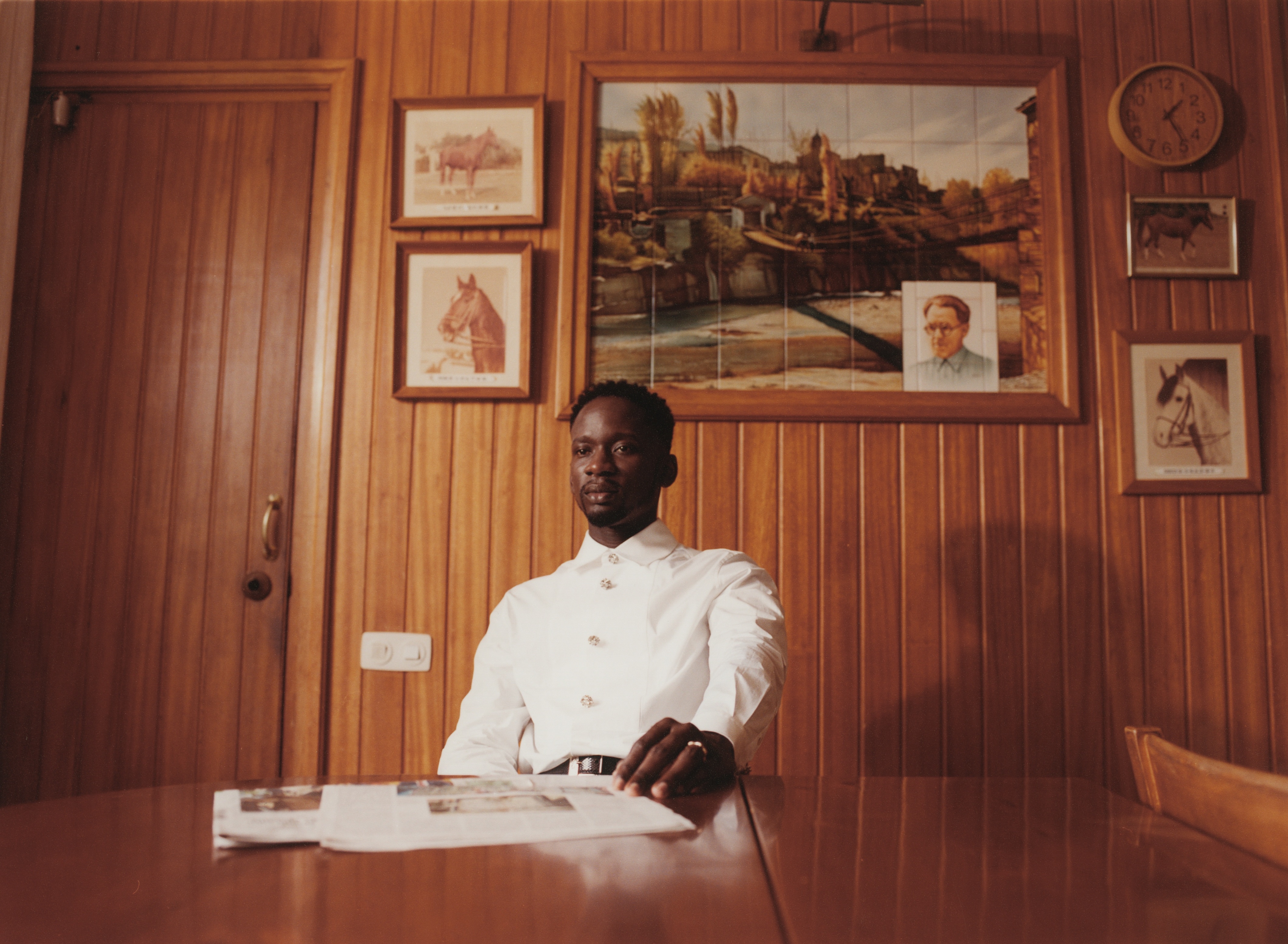
Would you like to introduce yourself to our audience?
Yeah, my name is Mr Eazi. I’m an artist, an entrepreneur, and a builder of things. I make music, which I sometimes call Banku Music, a mix of Ghanaian highlife, Nigerian chord progressions, and my own stories. Over the years, I’ve also built platforms like emPawa to support the next generation of African creatives.
Tell us a little about your upbringing; how was it like for a young Eazi growing up in Port Harcourt?
Growing up in Port Harcourt was interesting. It’s a city full of energy and hustle. My dad was an entrepreneur, my mum ran a small business, so the spirit of building from scratch was always around me. But I also spent time in Lagos and Ghana, so my childhood was really a mix of cultures. That’s why my music naturally blends different influences; it’s who I am.
It’s hard to believe it’s been a decade since “Skin Tight”, a track that helped define the global Afrobeats wave. When you look back, what do you think made that song so timeless?
I think Skin Tight was pure. It wasn’t trying to chase a trend. It was just me and Efya vibing to a beat from Juls, expressing emotion in the simplest form. The honesty in that record made it timeless. People felt it, whether in Lagos or London, Nairobi or New York.
If you could talk to the 2015 version of Mr Eazi, the one just about to drop “Skin Tight”, what advice would you give him now?
I’d tell him to keep trusting his intuition and to rest more. Back then, I didn’t know how fast things could move once a song connects. I’d remind him that success isn’t a sprint, it’s a journey. And to enjoy every moment without losing himself in the rush.
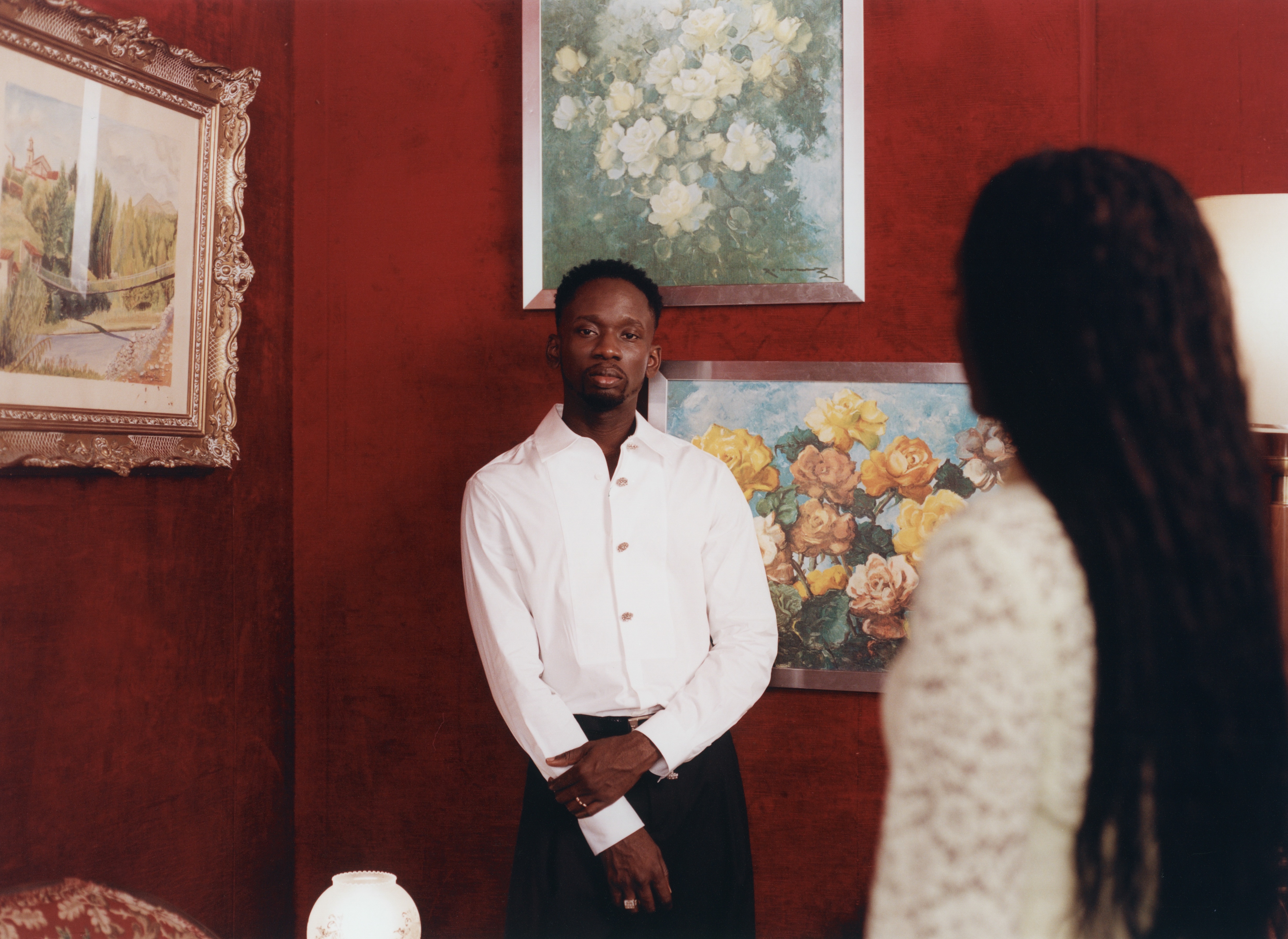
Before we begin to unfold your newest EP, I just have to say congratulations on your beautiful wedding; it was truly a global celebration of love. How has marriage influenced your outlook on life and artistry?
Thank you. Marriage has grounded me. It’s a reminder that beyond the music and the movement, there’s real life happening. It’s taught me balance, understanding love not just as emotion, but as commitment, patience, and growth. That energy definitely reflects in how I see and make music now.
You’ve always infused your music with elements of love and connection. Did this new chapter in your personal life shape the sound or themes of Maison Rouge?
Definitely. Maison Rouge came from a space of peace, clarity, and gratitude. You’ll hear that in the melodies. It’s less about heartbreak or hustle and more about connection, memory, and legacy. It’s like love in different colours, romantic, nostalgic, and even spiritual.
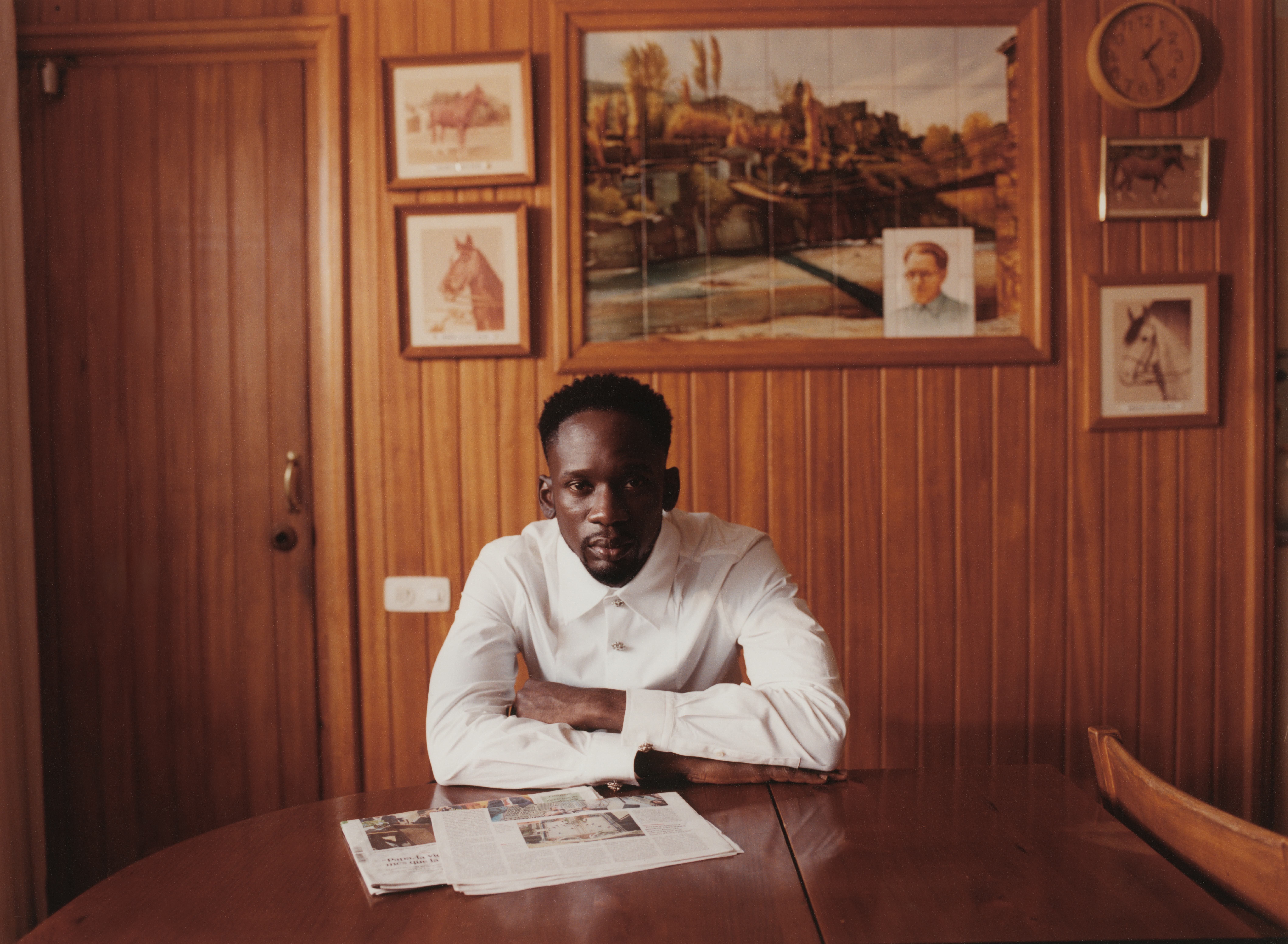
“Maison Rouge” feels like a homecoming to your Banku Music roots. How did the recording process for Maison Rouge compare to your earlier projects? Did you approach it differently after a decade in the industry?
Yeah, this one was very organic. We recorded it in Cotonou about 2/ 3 years ago, at a mansion house painted in clay red, that’s Maison Rouge. It felt like being back to the basics, no pressure, just friends, instruments, and stories. The difference now is experience. I’ve grown as a person, so I know how to guide my sound better while still keeping it raw.
The title Maison Rouge translates to “Red House.” What’s the story or symbolism behind that name?
That’s literally where the project was made, a red-painted house in Cotonou where I spent time reflecting and creating. But symbolically, red represents passion, love, and energy. Maison Rouge became this space of creation, reflection, and rebirth for me. It’s my safe house for art.
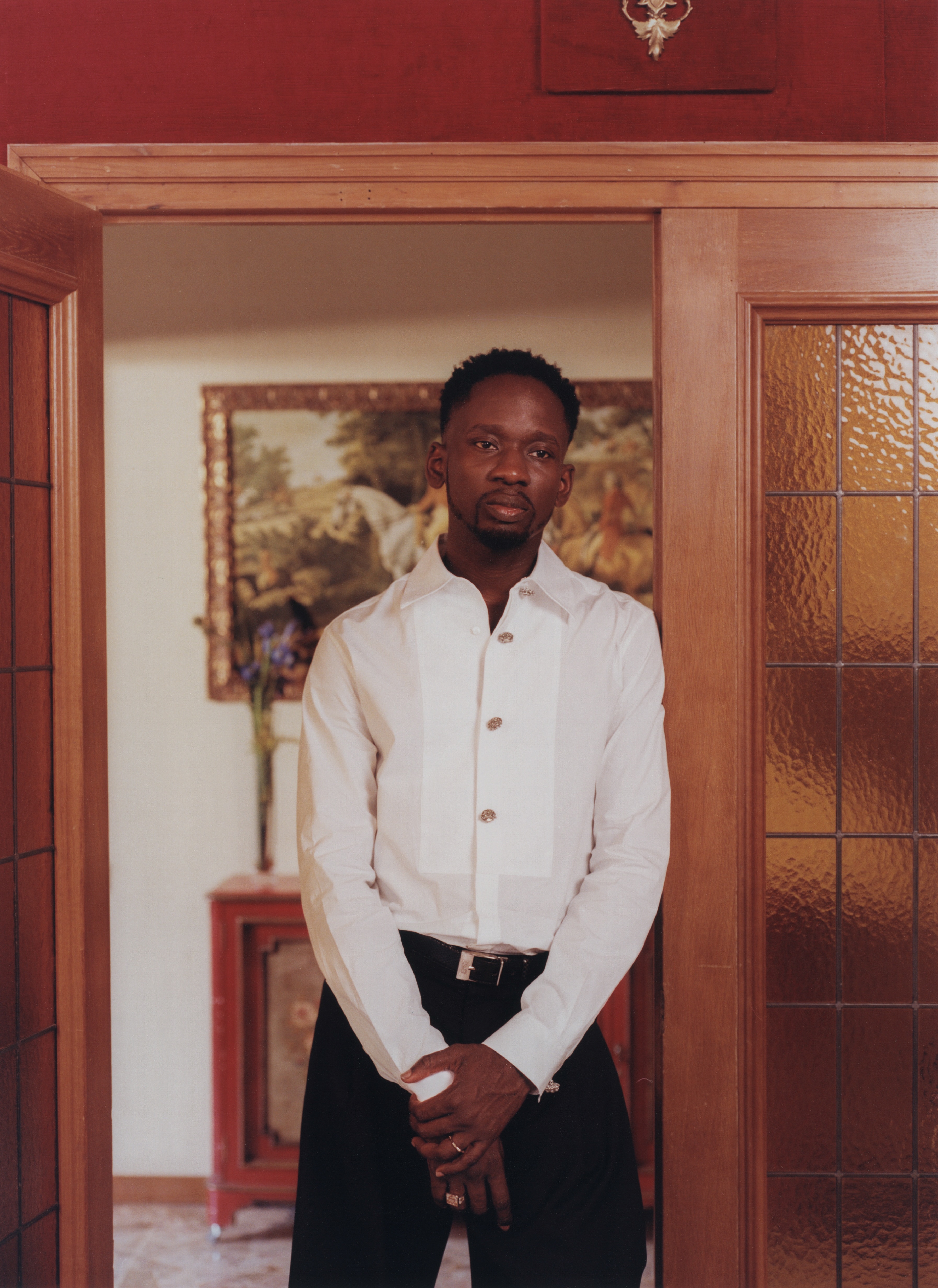
As someone who helped pioneer Afrobeats’ international breakthrough, how do you feel about the evolution of the genre today, especially seeing artists like Rema, Ayra Starr, Omah Lay, and others carrying the torch?
It’s beautiful to see. I feel proud, like a big brother watching the younger ones take the sound even further. Afrobeats is no longer a niche; it’s a global culture. The new generation is fearless, and that’s what we’ve always wanted, for the sound to evolve without boundaries.
With Maison Rouge being an homage to your roots and Skin Tight turning ten, what do you hope your legacy will represent for the next generation of Afrobeats?
I hope my legacy shows that you can dream beyond music, that you can build, invest, and create systems that empower others. I want people to look back and say, Mr Eazi didn’t just make hits, he opened doors. That’s what matters most to me, impact that lasts longer than a song.
UK grime pioneer Novelist touched down in Accra on Thursday night. By now, he and Ghana's Afro-drill collective Savage4 are deep into recording sessions for The 7 Days Tape, having already completed 2 days of the intense seven-day recording process. You're not reading about something that happened, you're catching it as it unfolds
The tape drops November 2. With seven days to fuse grime with Afro-drill, the clock is ticking. The sessions are being broadcast live via Balamii Radio (UK) and YFM Ghana, with a launch event at the Free The Youth store in Accra when it's all done. We caught them on Friday October 24, just before they locked in the studio for their first session.
.JPG)
What does it mean to bring grime to Ghana, especially given your Ghanaian heritage?
Novelist: It's an extension of myself and a reflection of something the diaspora has built. Africa is the homeland and the music resonates here just as much as it resonates with our people abroad. Being part of the UK diaspora, we've built many things here, and it's my pleasure to come home and build as well. I want people to see we're not so different. We are one. Whether you're born here or there, it's something we have in our blood. So come home and connect with these guys and bring the vibes. I think it would be very impactful for people to see.
How did you connect with Savage4? What drew you to their sound?
Novelist: I've been building riddims and making good music for a long time. Someone these brothers work with made me aware that they like my music, so that made me interested in what they do. This is a very young relationship, but we all recognize the value in good music. People talk about “levels,” but I look for the vibe — and these brothers have it. There was no question, I wanted to work with them.
.JPG)
You've been vocal about maintaining grime's original sound. How does that translate in a collaboration with Afro-drill?
Novelist: The special thing about grime is it's very creative. You never know exactly what you're gonna get, but there's a certain feeling to it. A new branch from the tree of creativity, we've never seen anything like this before. I'm looking forward to hearing how Savage4 approaches the music. It's exciting because you don't know until you’re in the room.
How important is your relationship with Balamii, and why was it important to have them broadcast this?
Novelist: I've been instrumental since the early days of Balamii Radio. I did some of my first shows there. Even before it became a station, James Browning, (the founder), would come to live shows and record sets. I’ve watched Balamii grow and it’s been part of my career landmarks. This is the right time to merge both worlds as I come home. Balamii is very grassroots. You don't have to be some known artist or superstar for them to give you the platform to do your thing.
.JPG)
What does it mean to collaborate with a UK grime pioneer as Ghana's drill scene emerges?
Savage4: It's huge for us because UK grime and Afro-drill literally come from the same place, same raw energy. This shows how far our sound can travel and how connected the streets are to our music.
How does Tema's vibrant underground music scene influence your sound?
Savage4: Tema is everything. We grew up in it. We live Tema, we breathe Tema. That's where the foundation was laid for us. The underground scene was a necessity for us. We didn't choose to be underground, we were underground. That's where we've been. Tema has brought out so many huge names: La Meme Gang, Asakaa Boys in Kumasi, and now Savage4. Tema shapes us and our sound.
What do you want international audiences to understand about Ghana's street culture through this project?
Savage4: Don’t just hear the music, feel the raw energy, culture and originality. See the fire and the pain. We are writing lines that make sense beyond music itself. Music is our lifestyle and it's in our bloodstream. It's either you're born with it or you adapt to it. That's how it is.
For a lot of young artists, getting airplay on YFM is a rite of passage. How does it feel to have your work showcased there, and what kind of community do you hope to reach through YFM?
Savage4: It’s a dream come true. We literally grew up listening to YFM. The audience is the youth, us, coming up from Tema, from Ghana and beyond. YFM has been able to tap into the streets enough to provide that kind of audience where we can showcase our music. We grew up listening to YFM, and now we finally get to share our sound on YFM. We're very grateful. It's big for us.
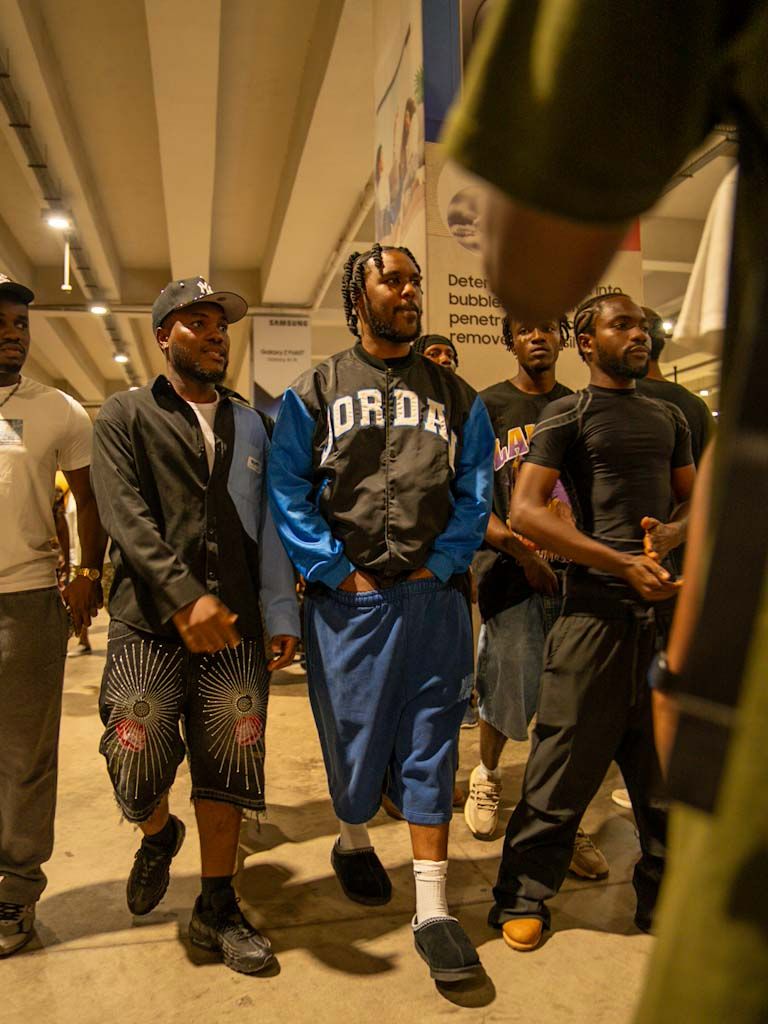
Why "7 Days"? What are you hoping comes out of working under that kind of time pressure?
Novelist: Seven days is perfect because they say pressure makes diamonds. When you do something under pressure, it leaves no space for hesitation and no space for confusion or doubt. I feel like we're guaranteed to make good songs because we're under a time constraint and the vibes can't lie in seven days. I think the pressure of the timing will bring the best out of everybody.
Savage4: Seven is a special number. It doesn't need to take much time. It's about our mindset and how we see the project. Greatness. That’s what we're about to create within these next few days.
Why Free The Youth as the launch venue?
Novelist: They've been known to consistently contribute to the community. To me, anyone who has that standpoint, whatever you do with them is legacy stuff. At the end of the day, that's what we're trying to do. We're trying to free the youth.
Savage4: Exactly. They represent the culture. Real recognizes real. We’re telling the same story, connecting to the streets, and Free The Youth does that too. Their flagship store is the natural home for this. It’s family.
What does "UK to Ghana" mean to you, beyond geography?
Novelist: To me, it means Novelist to Savage4 right now, but on a grand scheme, it's building a spiritual bridge that we can walk back and forth from. That's what we're really doing. We're no different from each other. We're both linking up to make the music and enjoy the vibes. There's so many Ghanaians back home who have never even been to Ghana. I just want to be an example of embracing our roots.
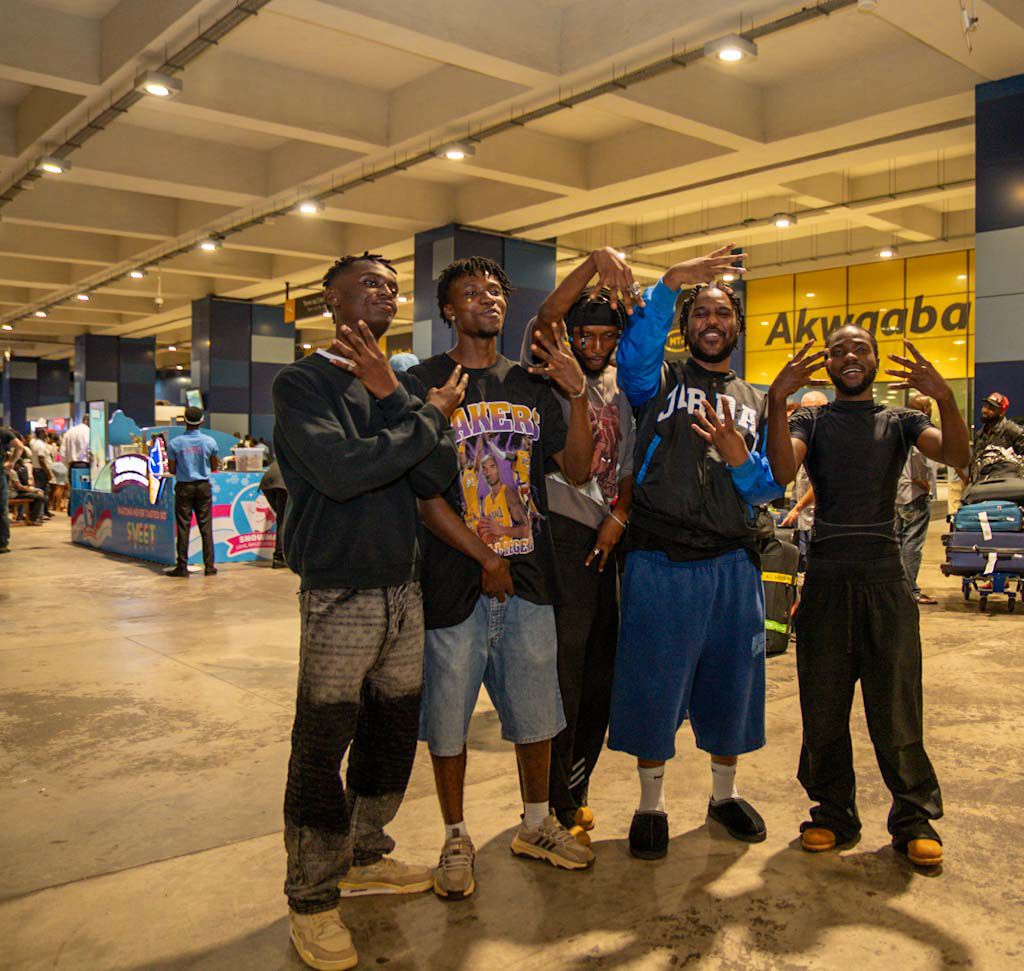
Savage4: It's a spiritual thing. Like Novelist said, we're bridging the gap, bringing music to the other side and bringing theirs to our side as well. Music is the bridge. That's what we're doing right now.
How are you feeling going into the recording sessions? What's the vibe?
Savage4: We are gassed. Really gassed. Expectations are high. When Novelist touched down at the airport, the energy was like we've been together for 10 years. We're just glad we started. It's forward, with love.
Novelist: It felt immediate, like meeting my brothers. No funny vibes, and that will translate in the music. We’re open to the unexpected, but know that we're gonna have fun with it. That's the main thing. The fact that people get to be a part of the process with us, that's exciting for me. We will probably preview some snippets before some of them even come out. We're doing the whole thing in real time.
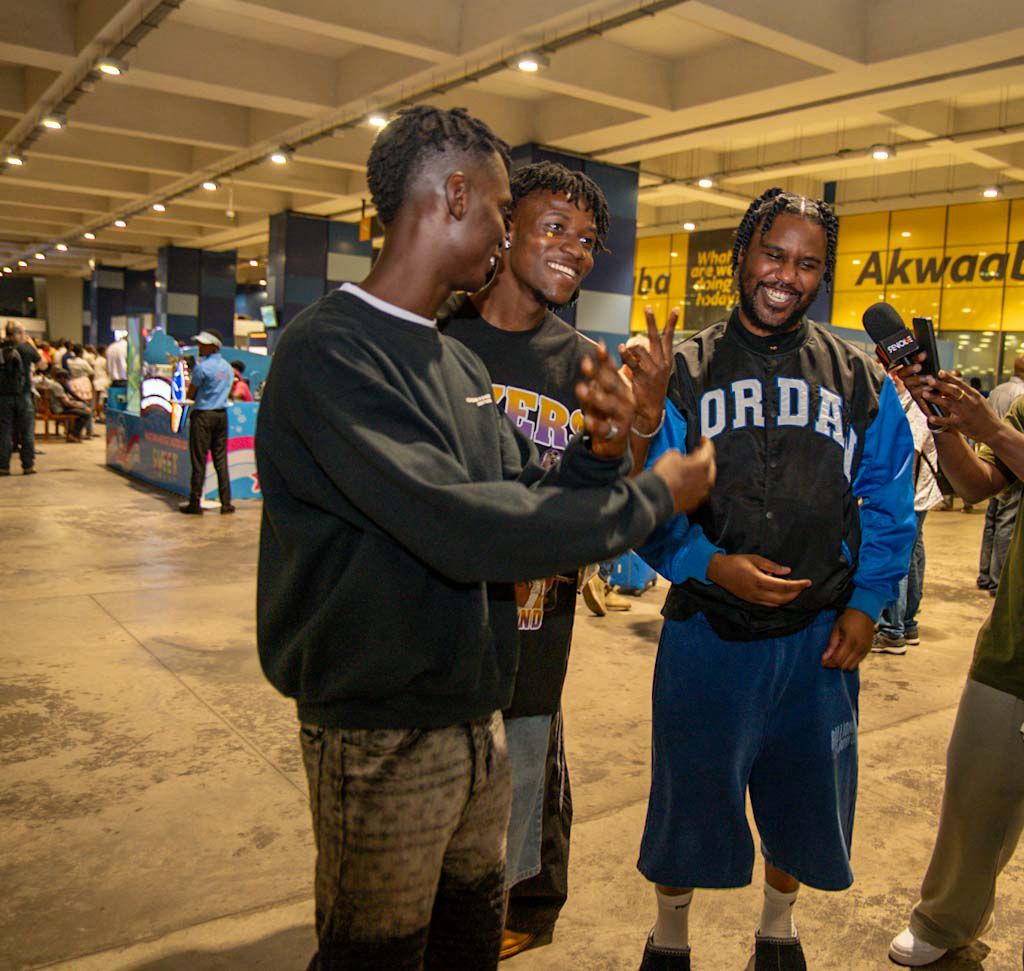
As this interview wrapped on Friday, Novelist and Savage4 headed straight into the studio for Day 1 of 7. Now on Day 3, the sessions are well underway. Over the next few days, they'll preview snippets and share the process in real time. As Novelist put it “the vibes can't lie”. Pressure makes diamonds. In seven days, we'll find out what happens when two sides of the diaspora — Uk Grime and Afro-drill lock in, and create something new together.
The 7 Days Tape. Nov 2, 2025. Free The Youth, Accra.